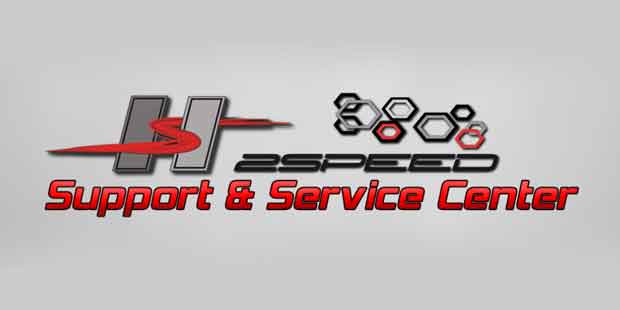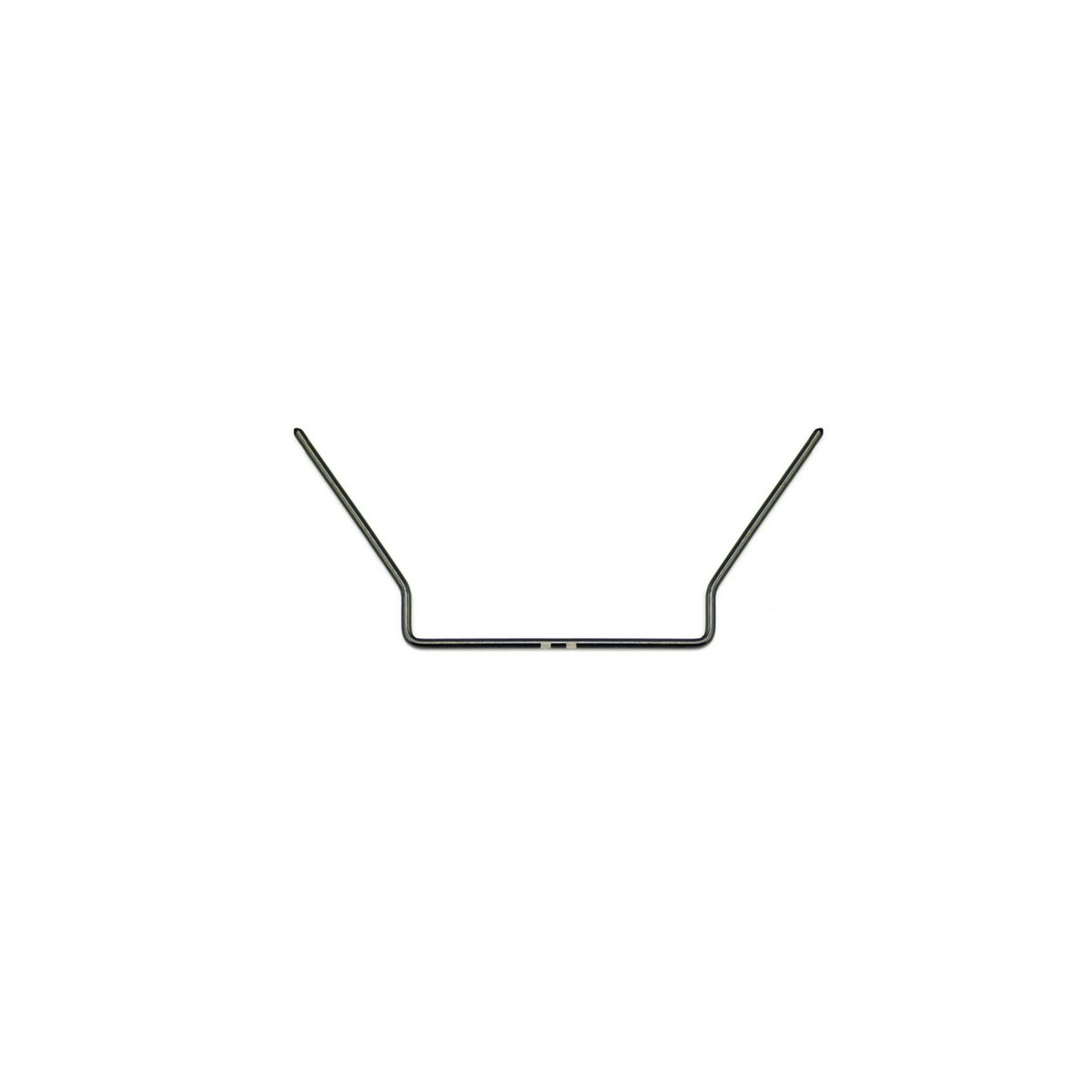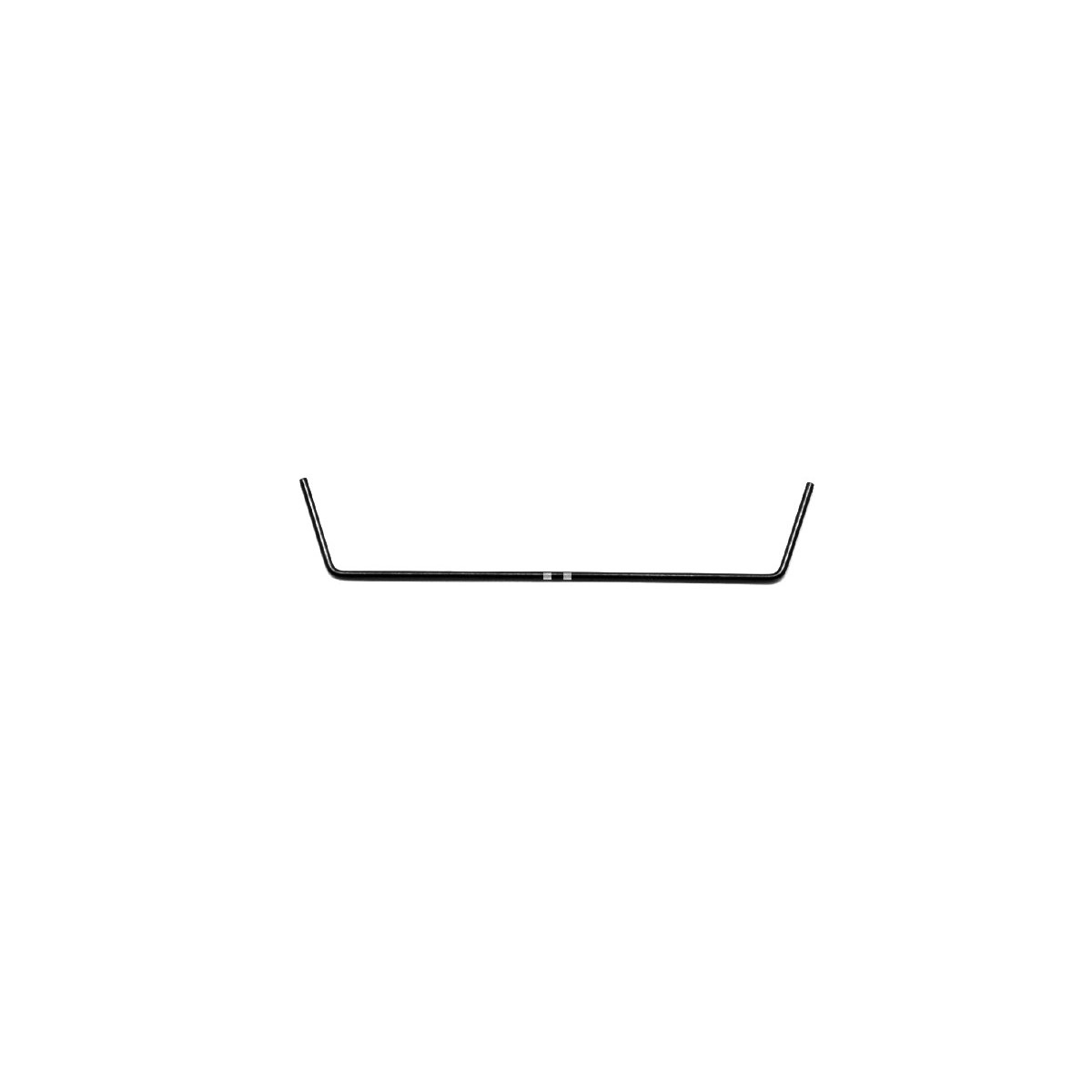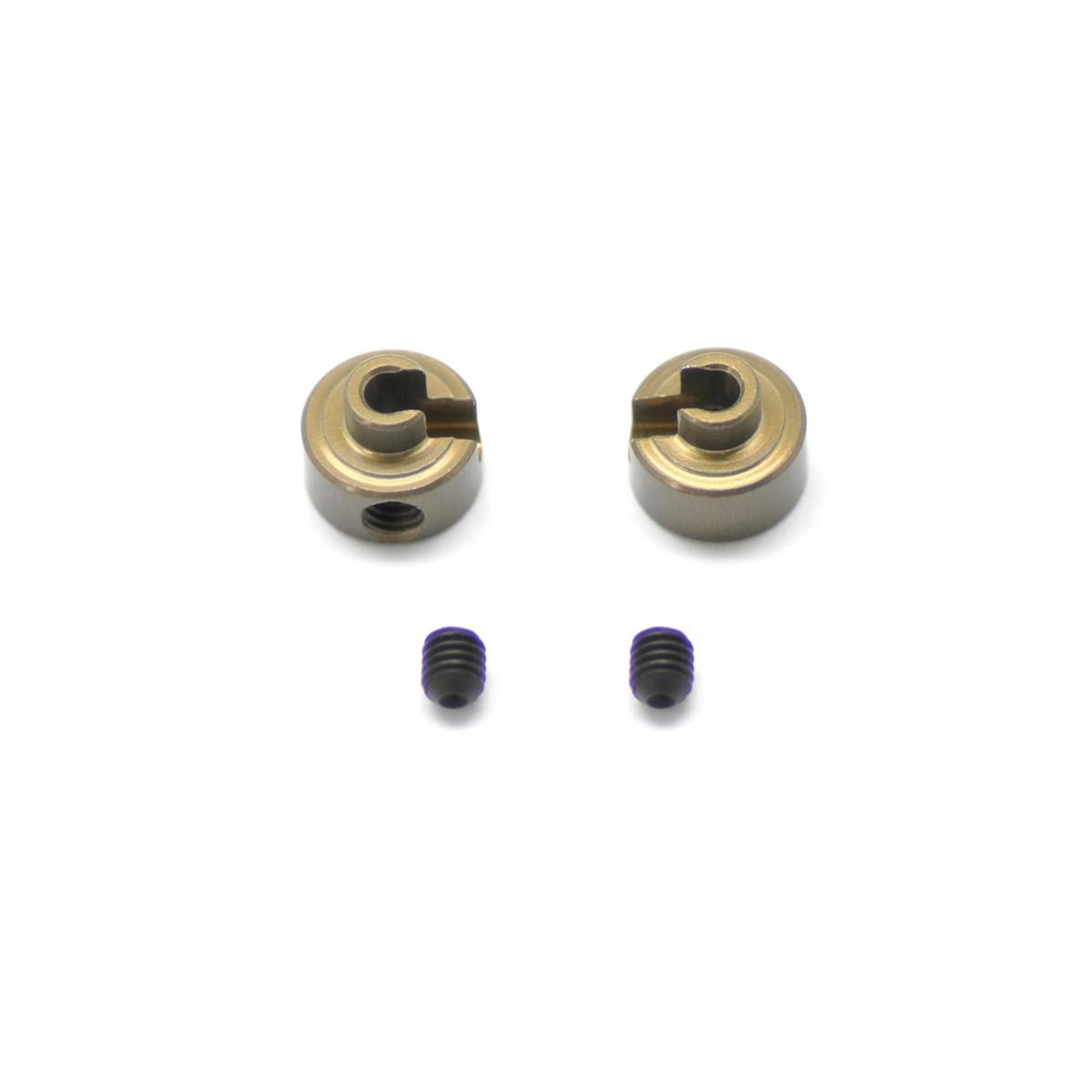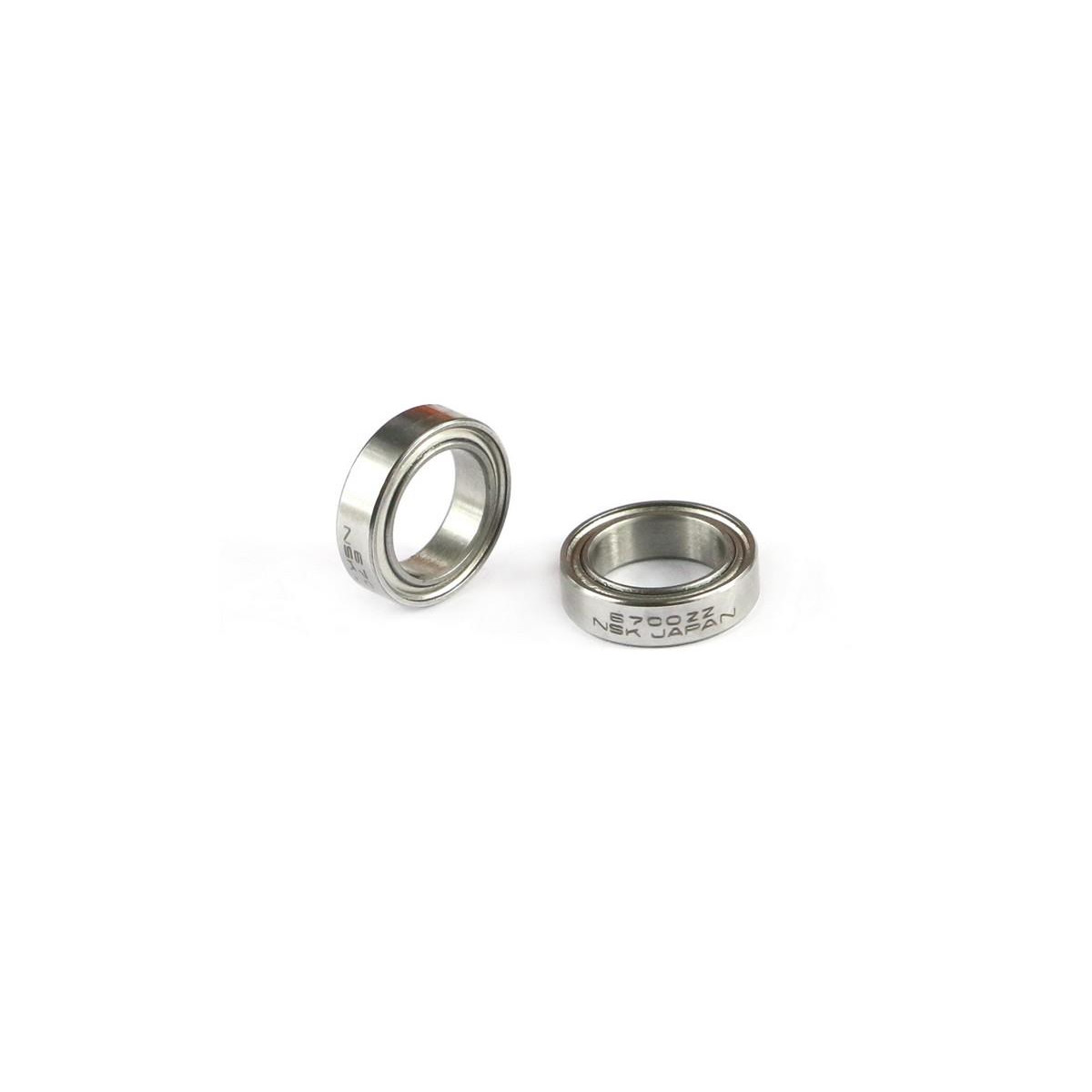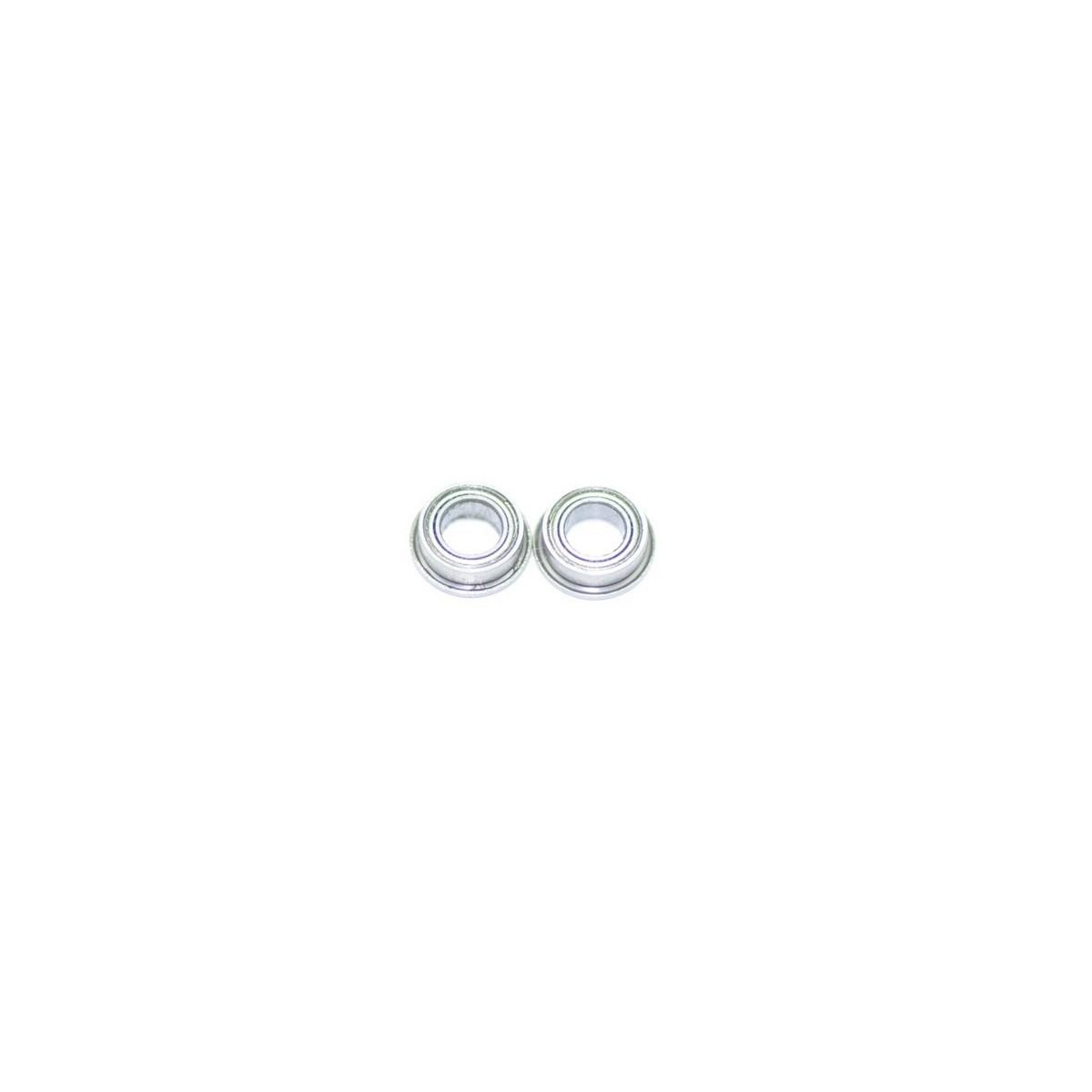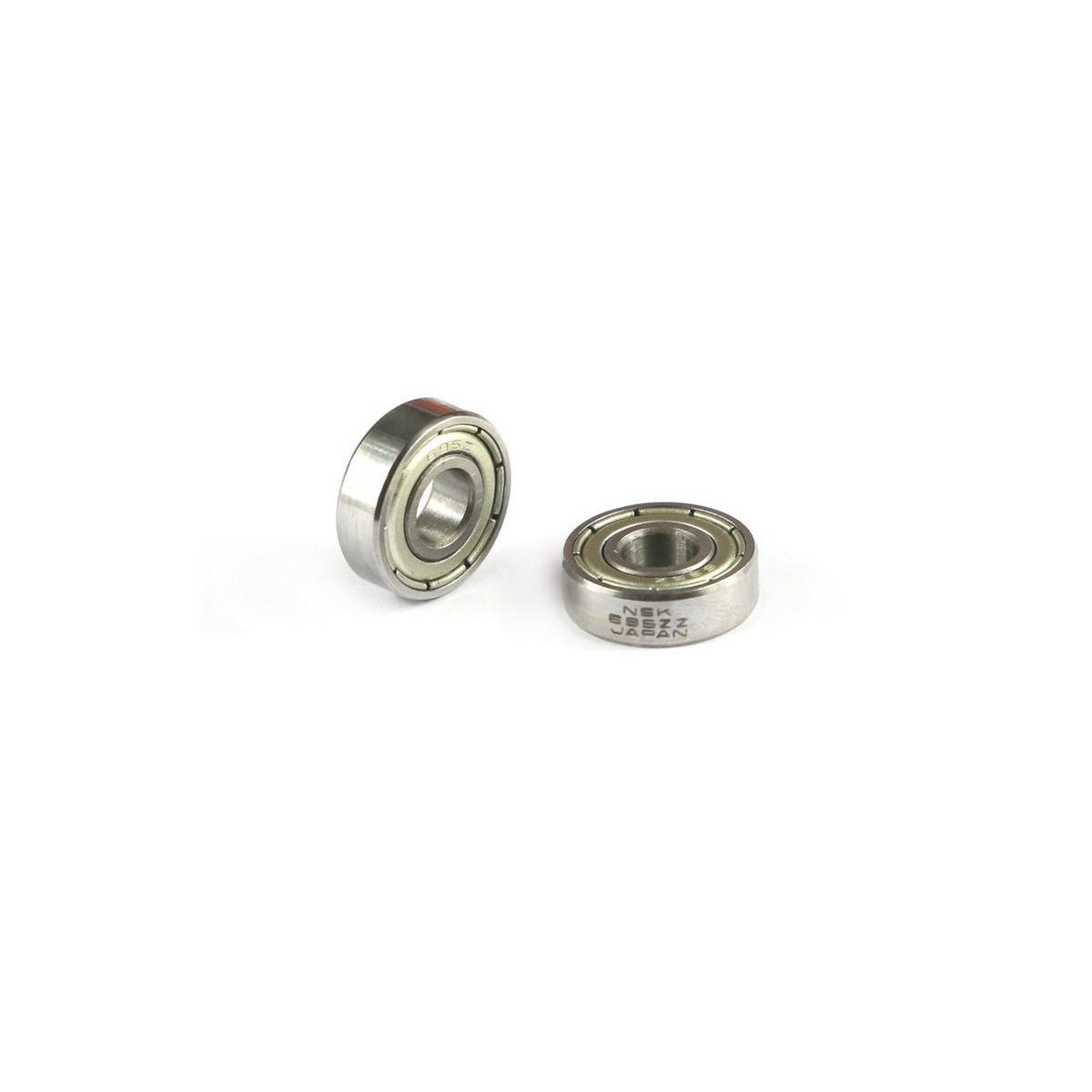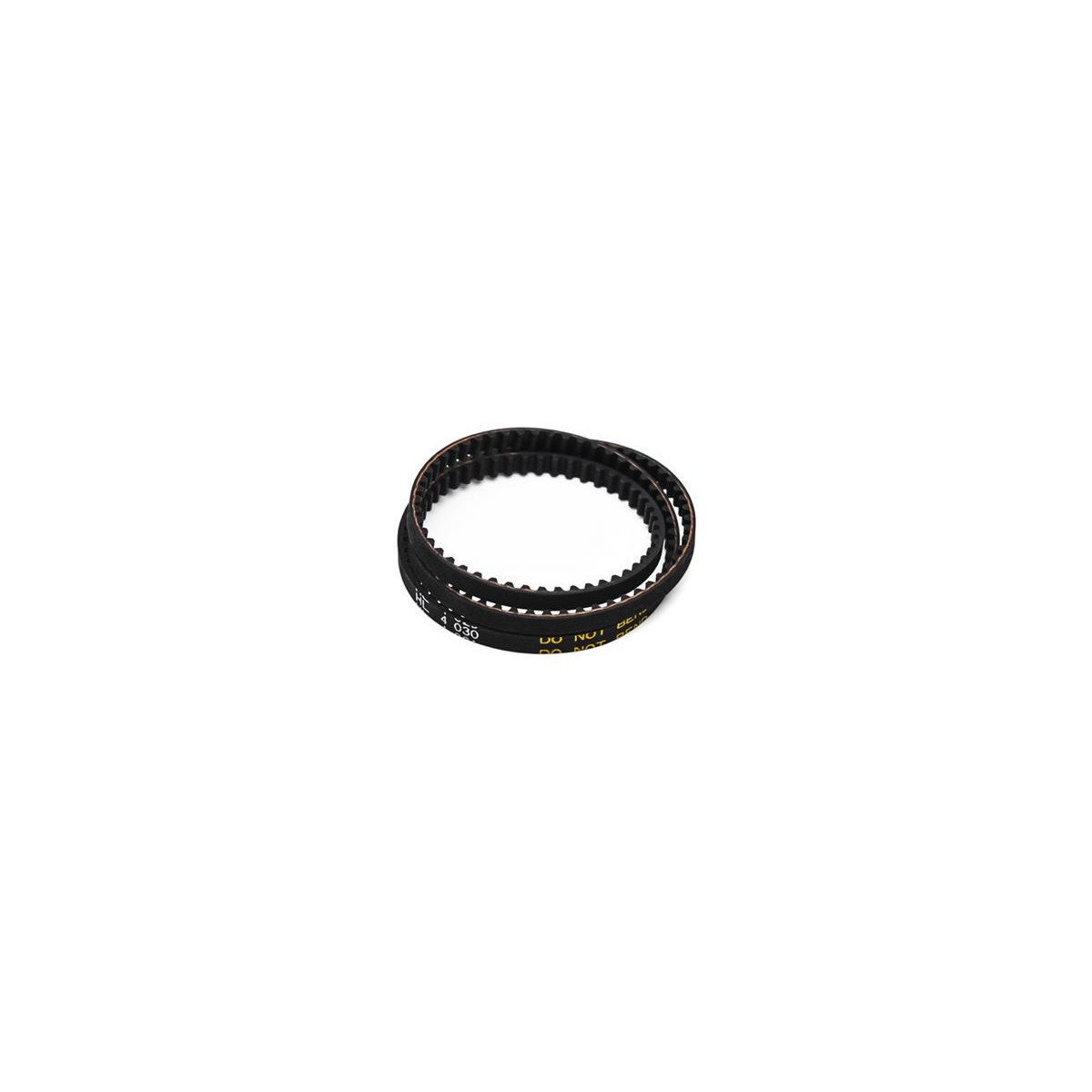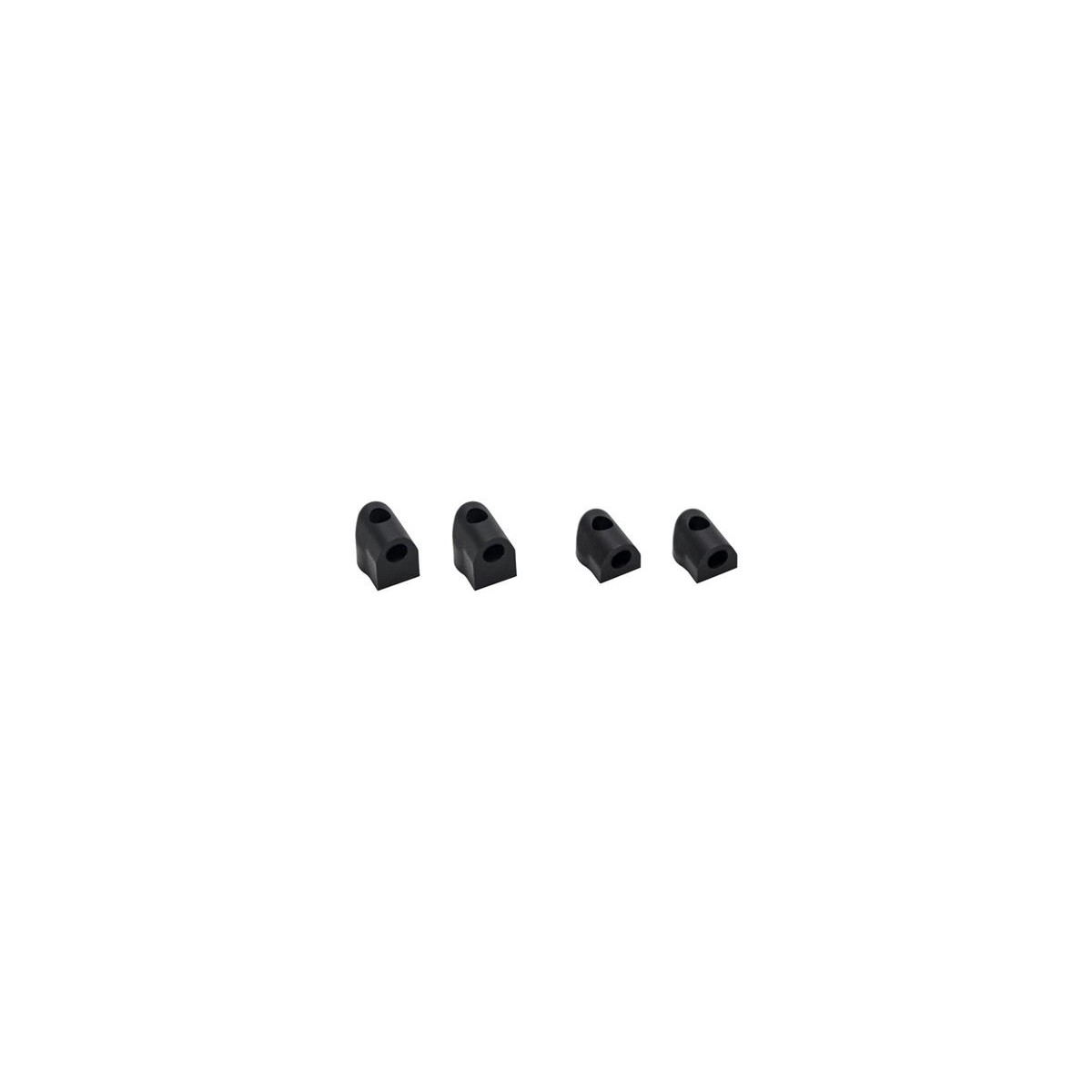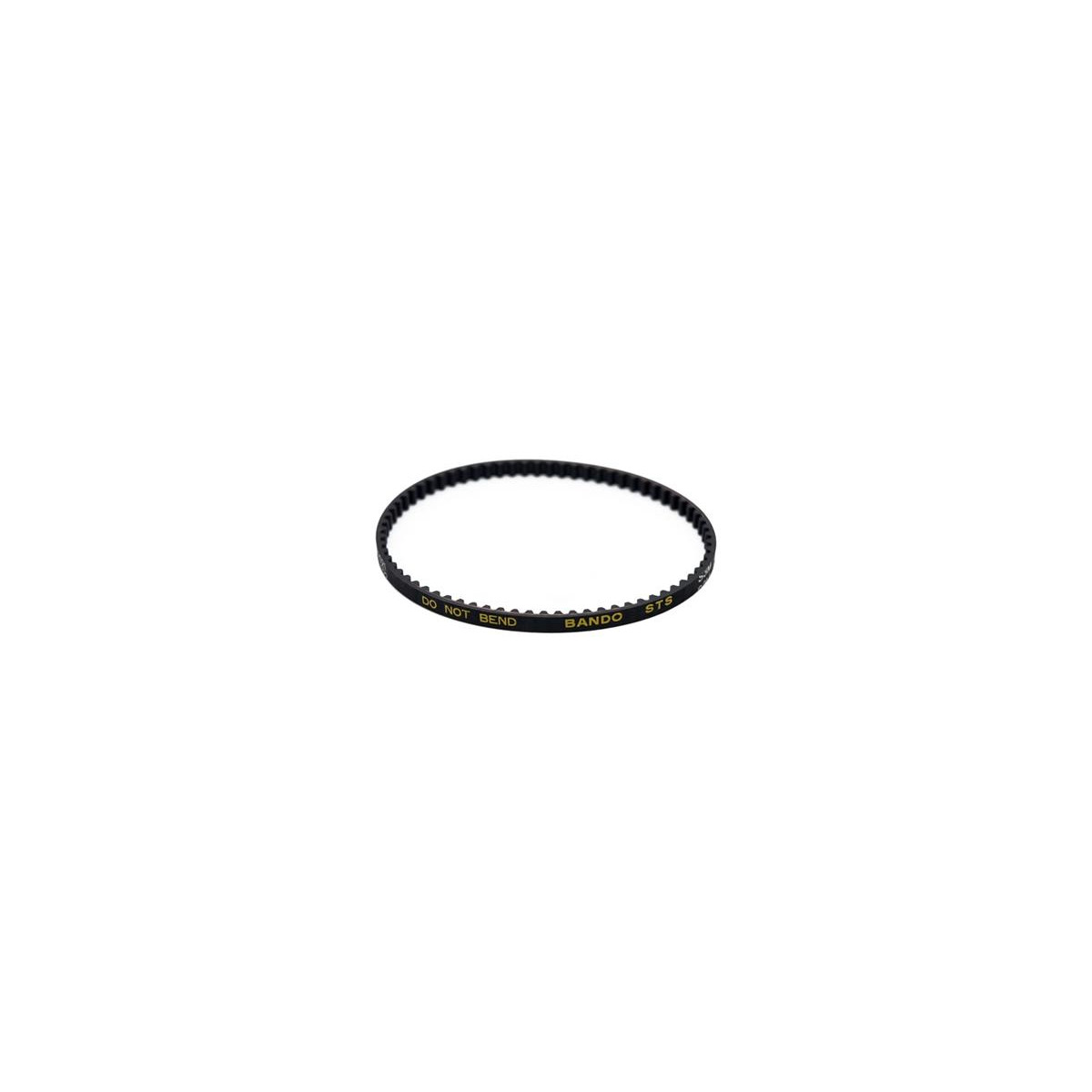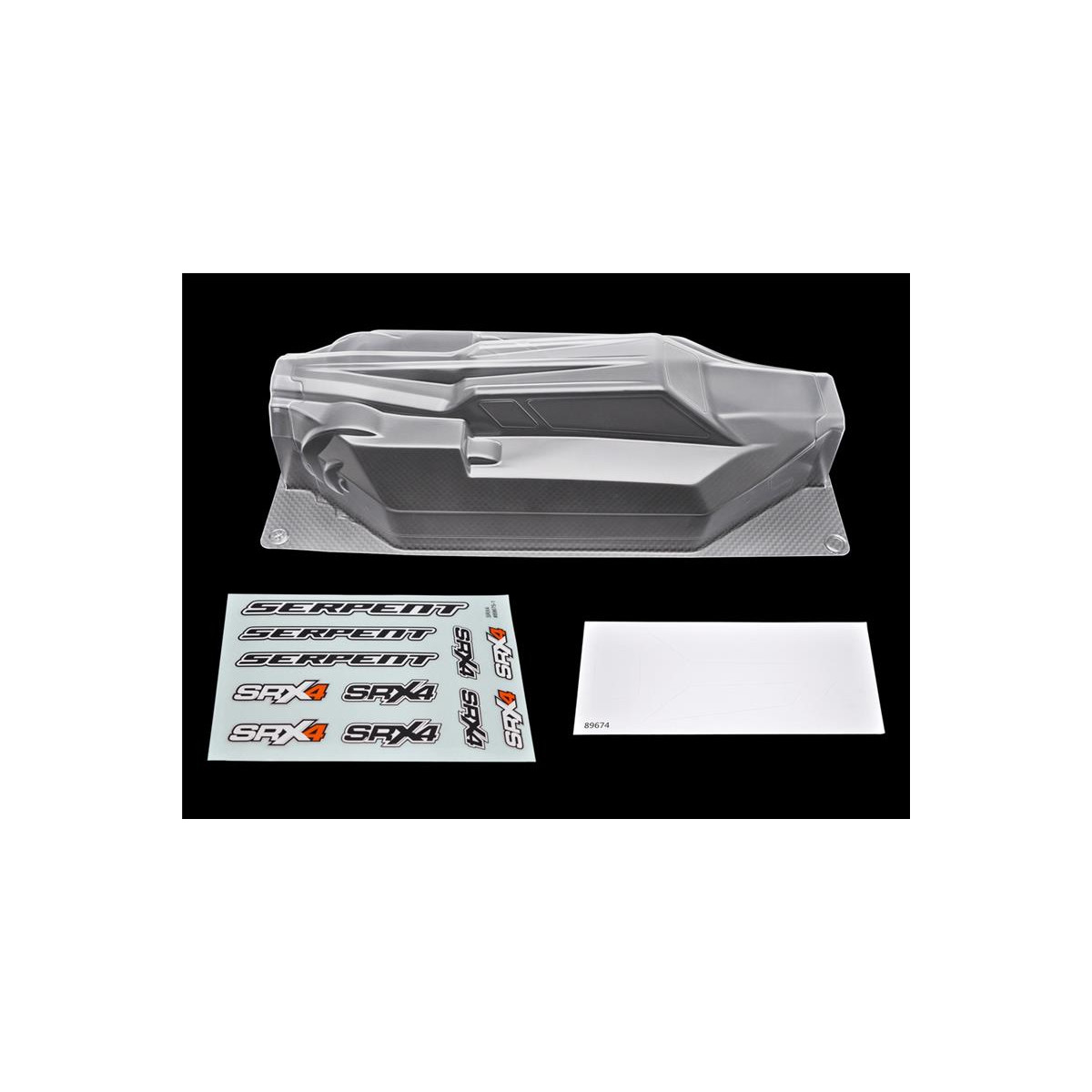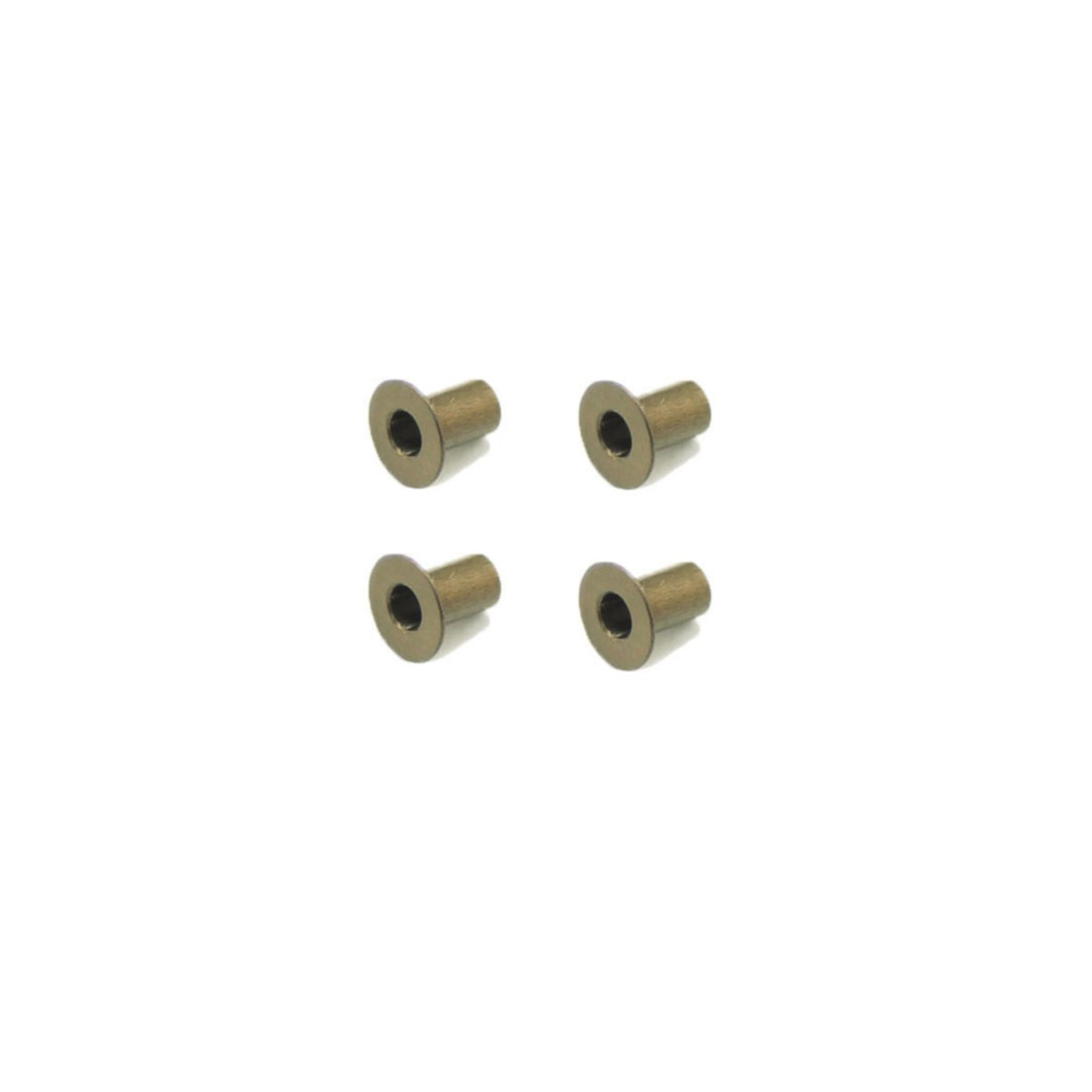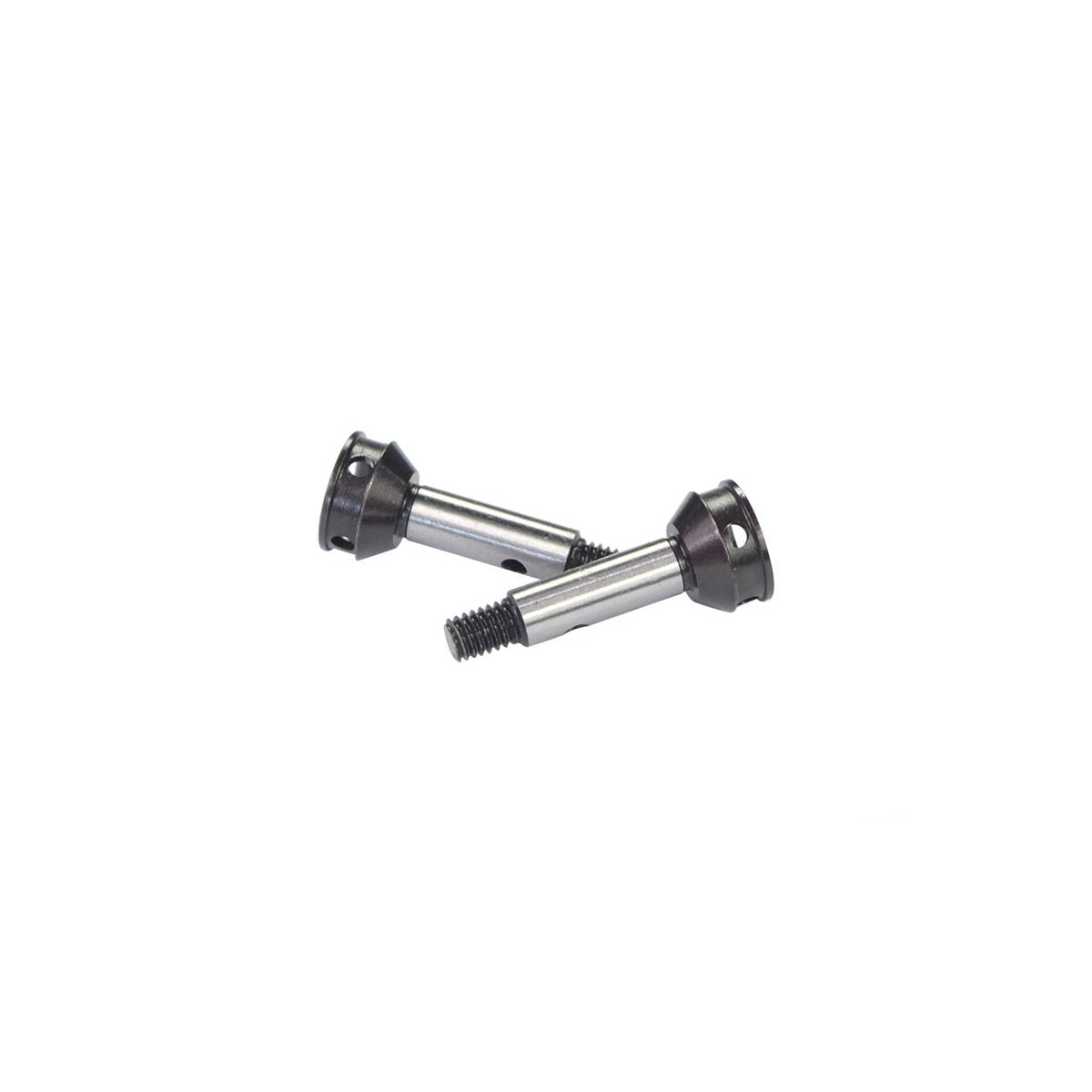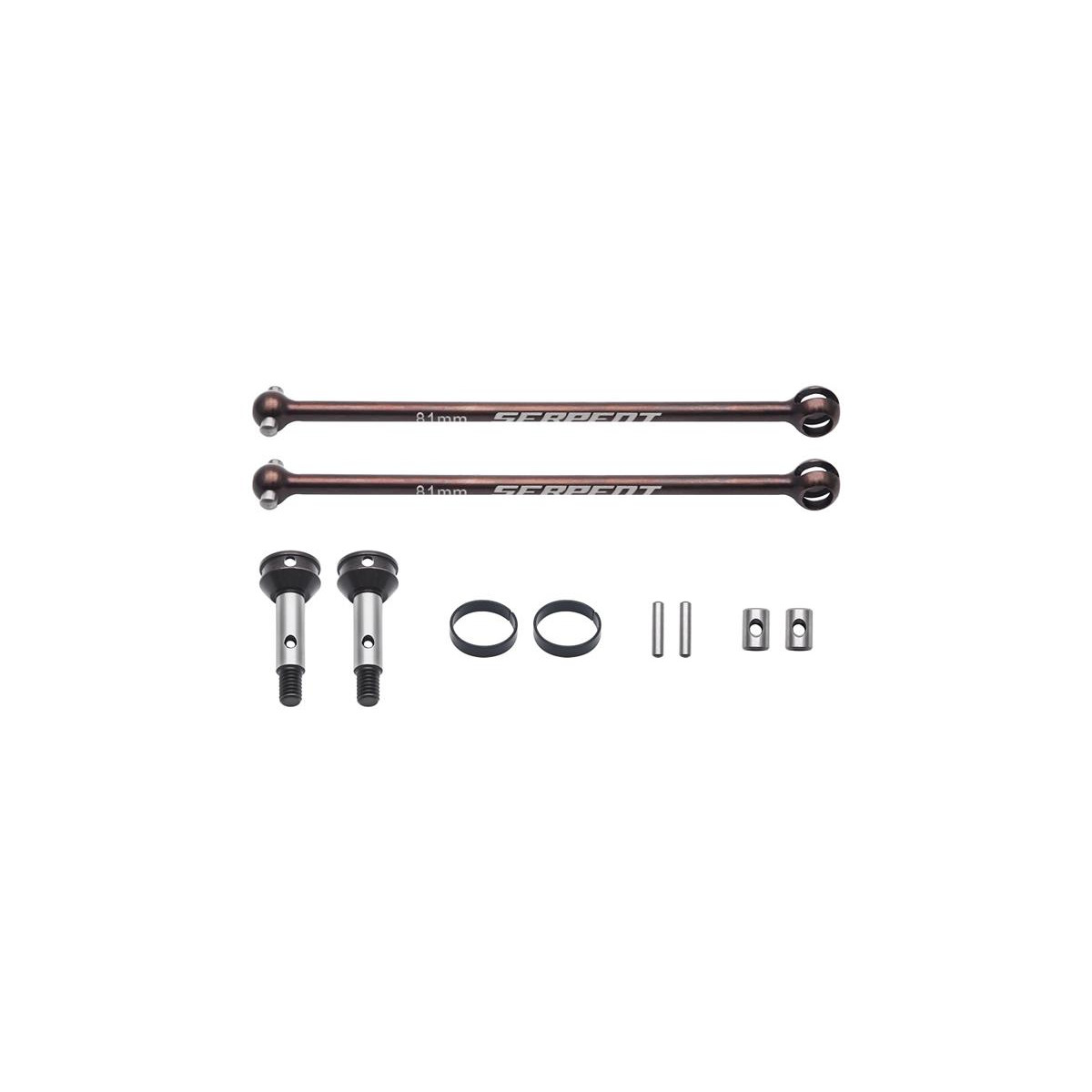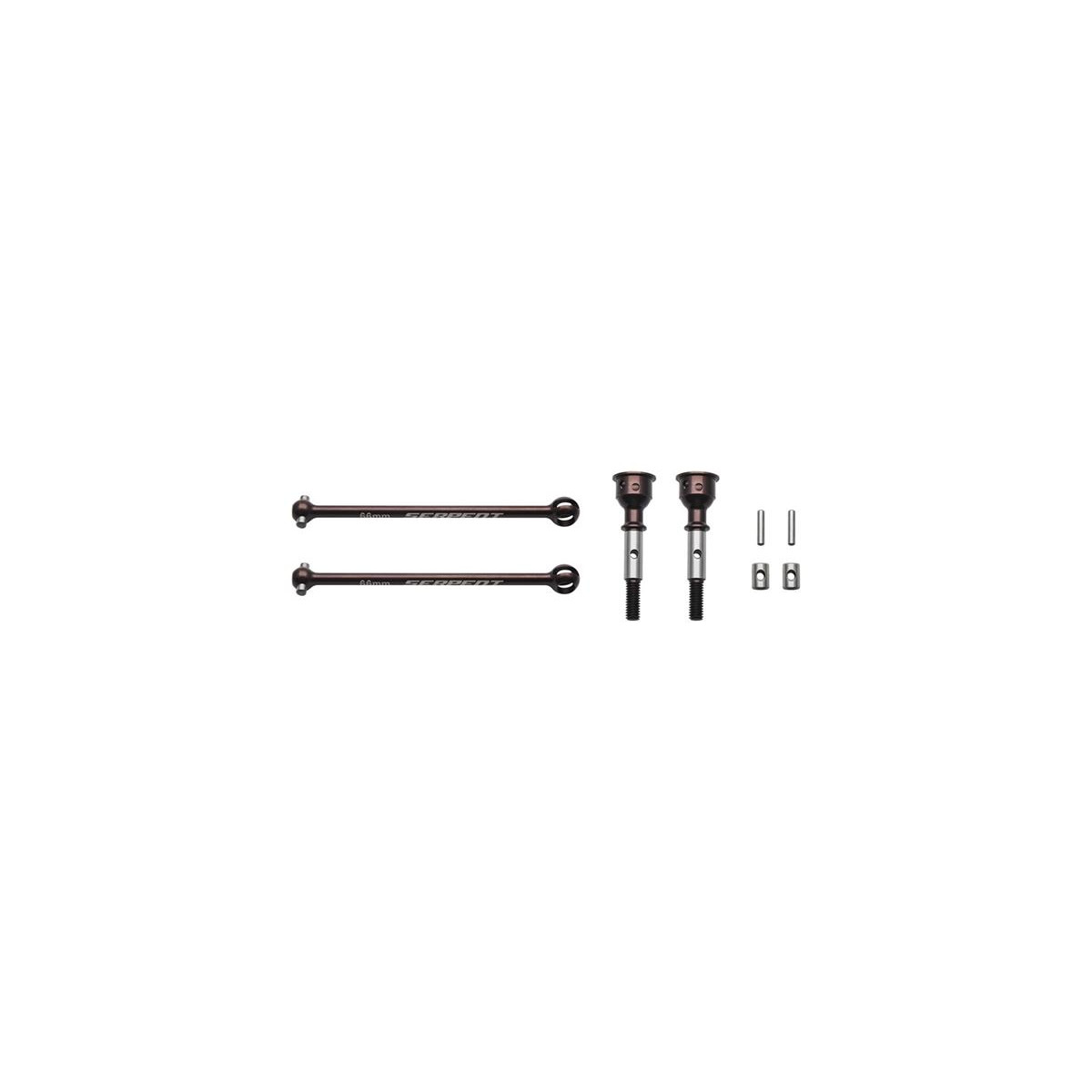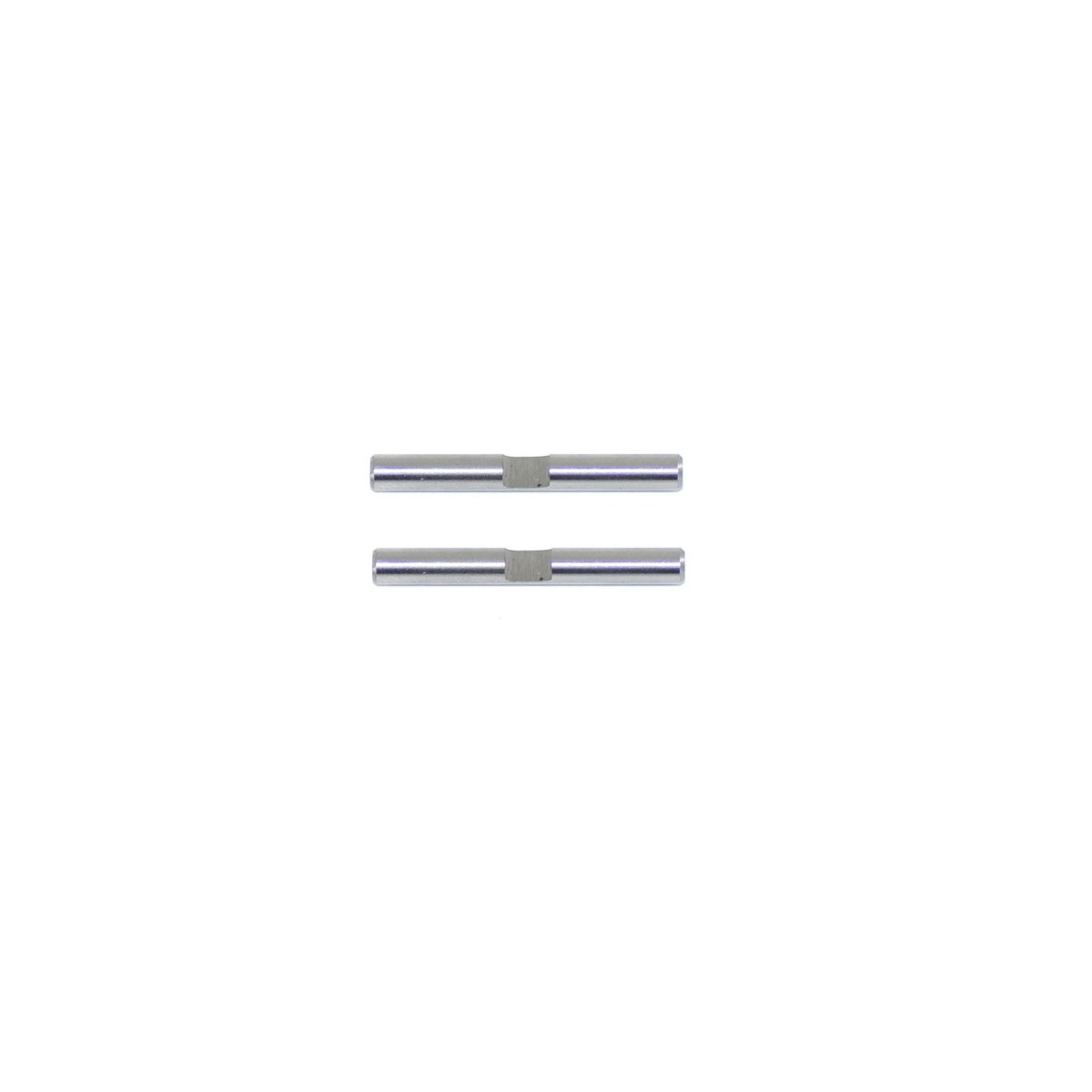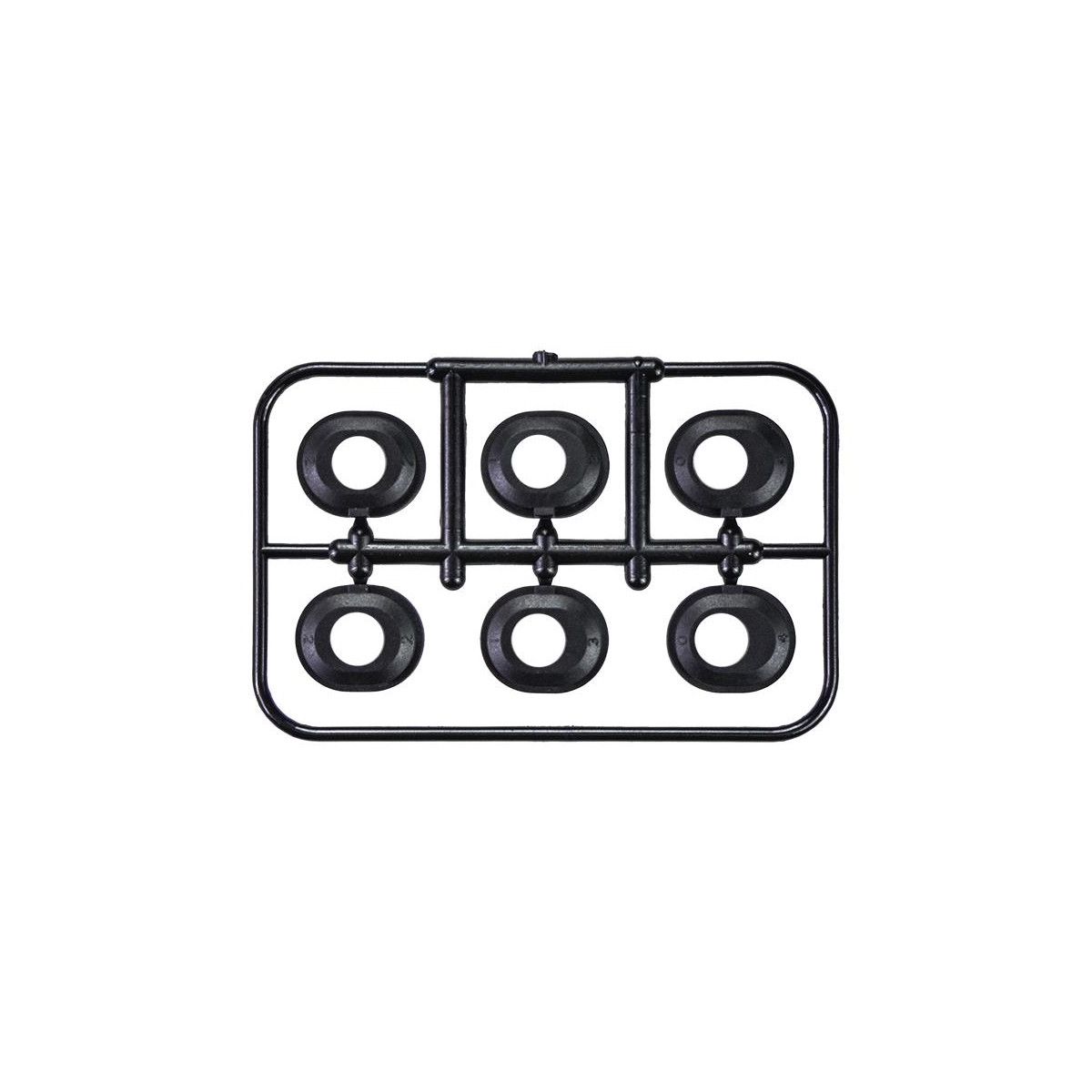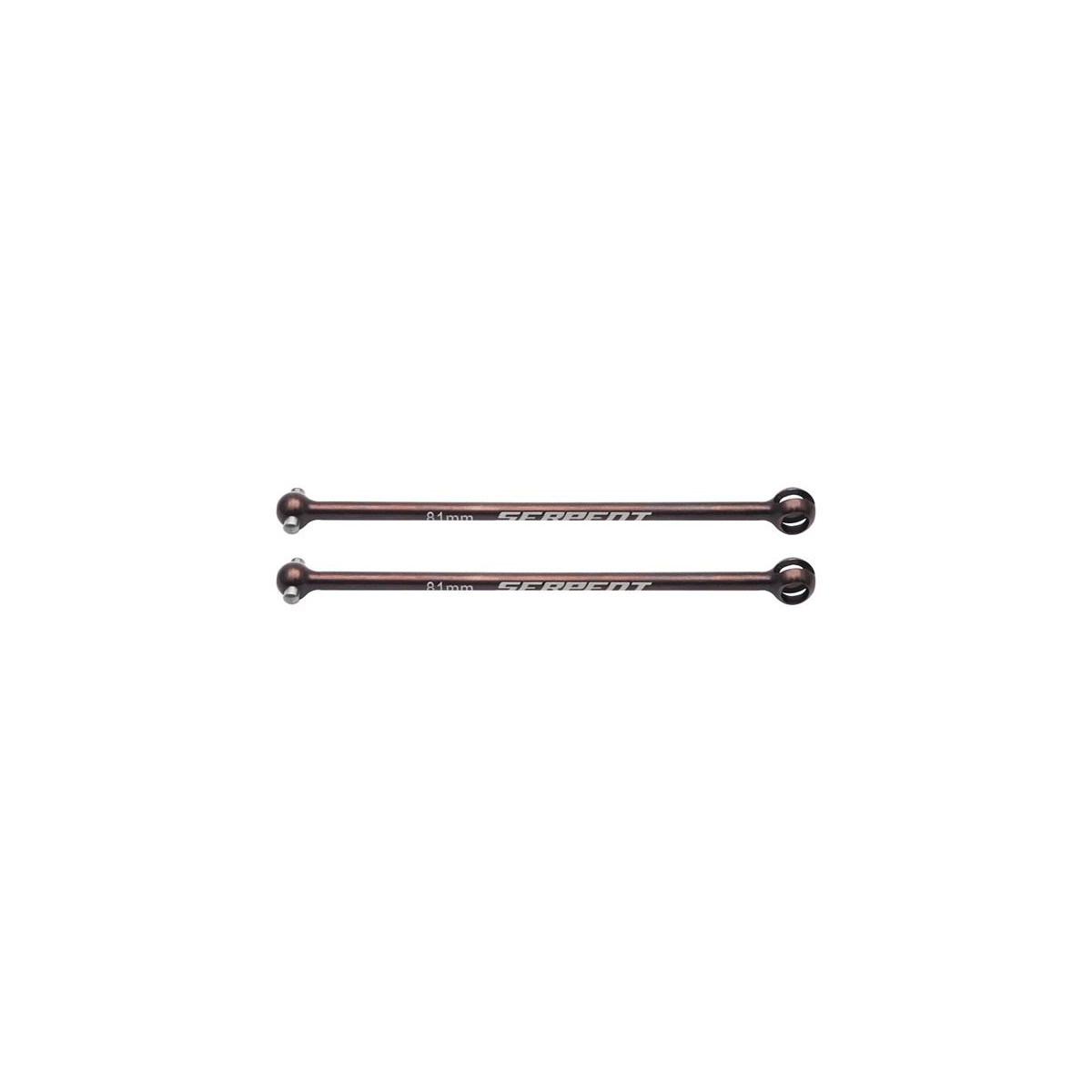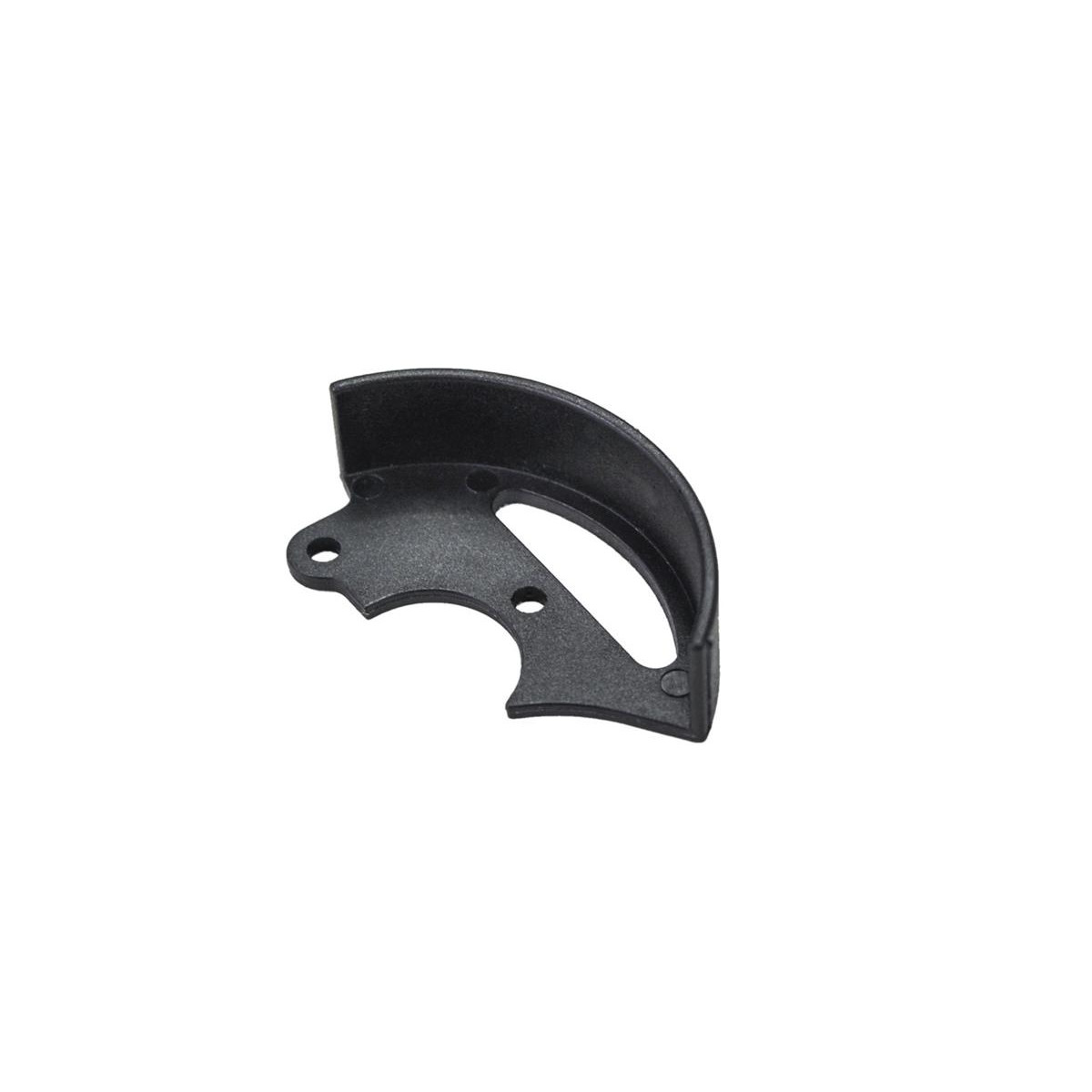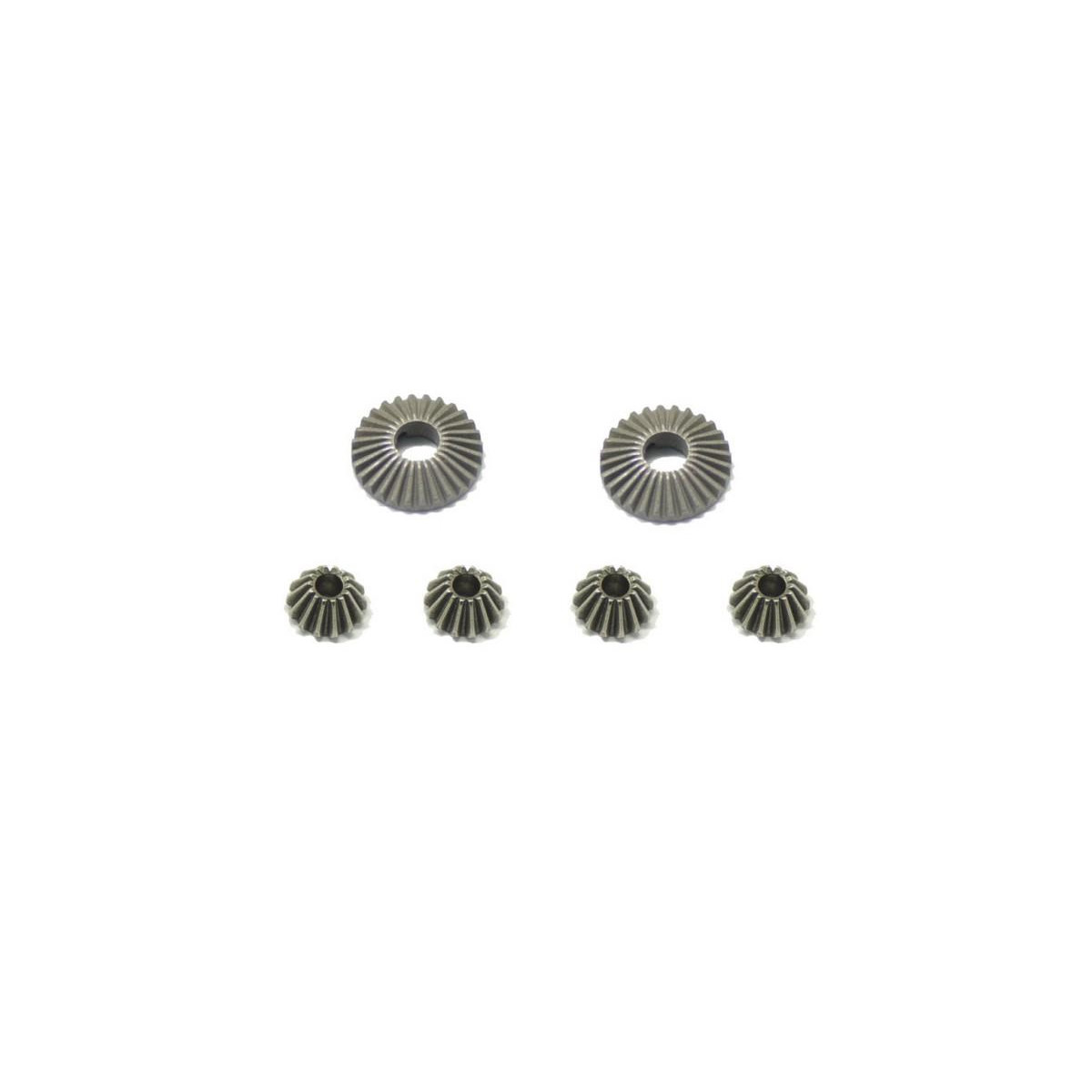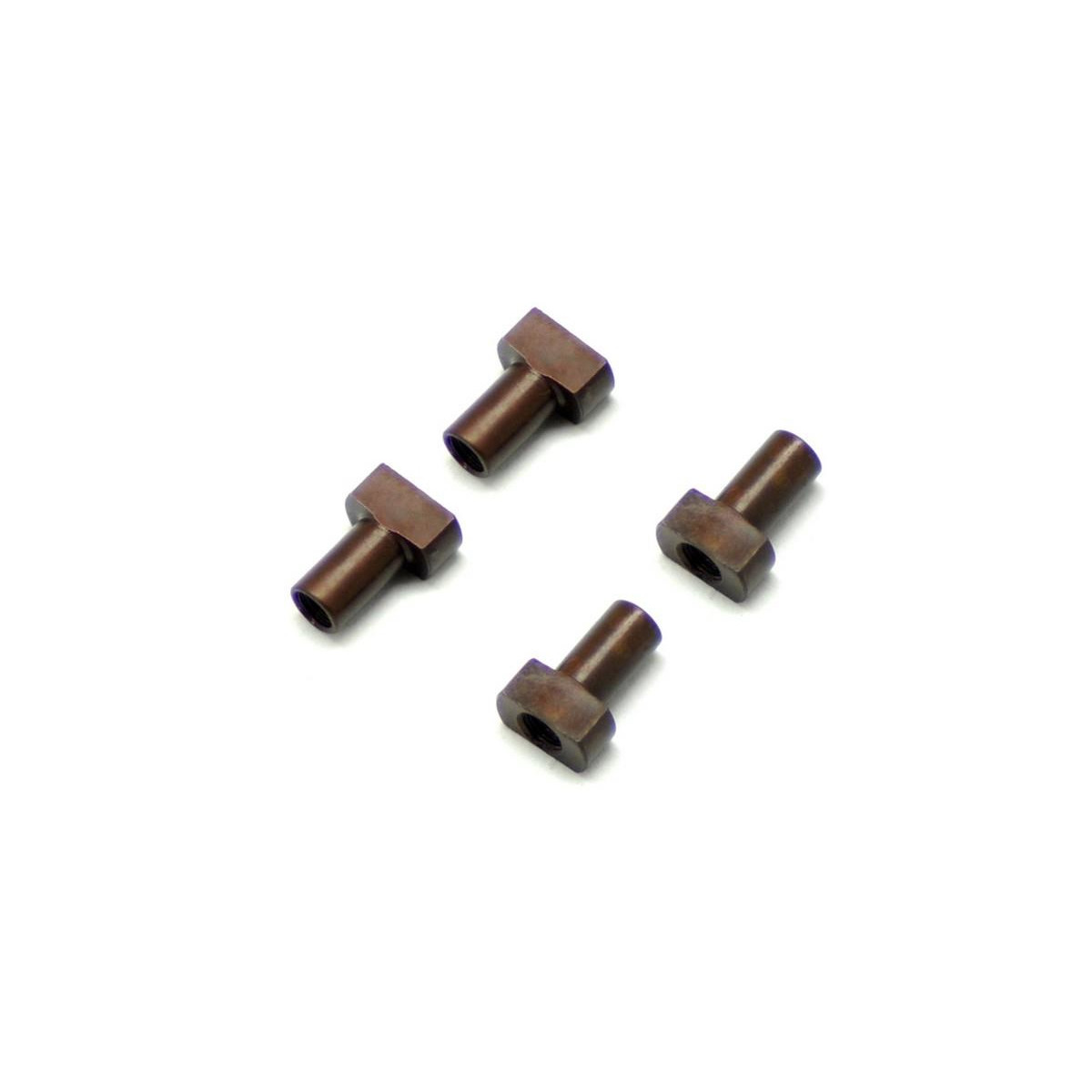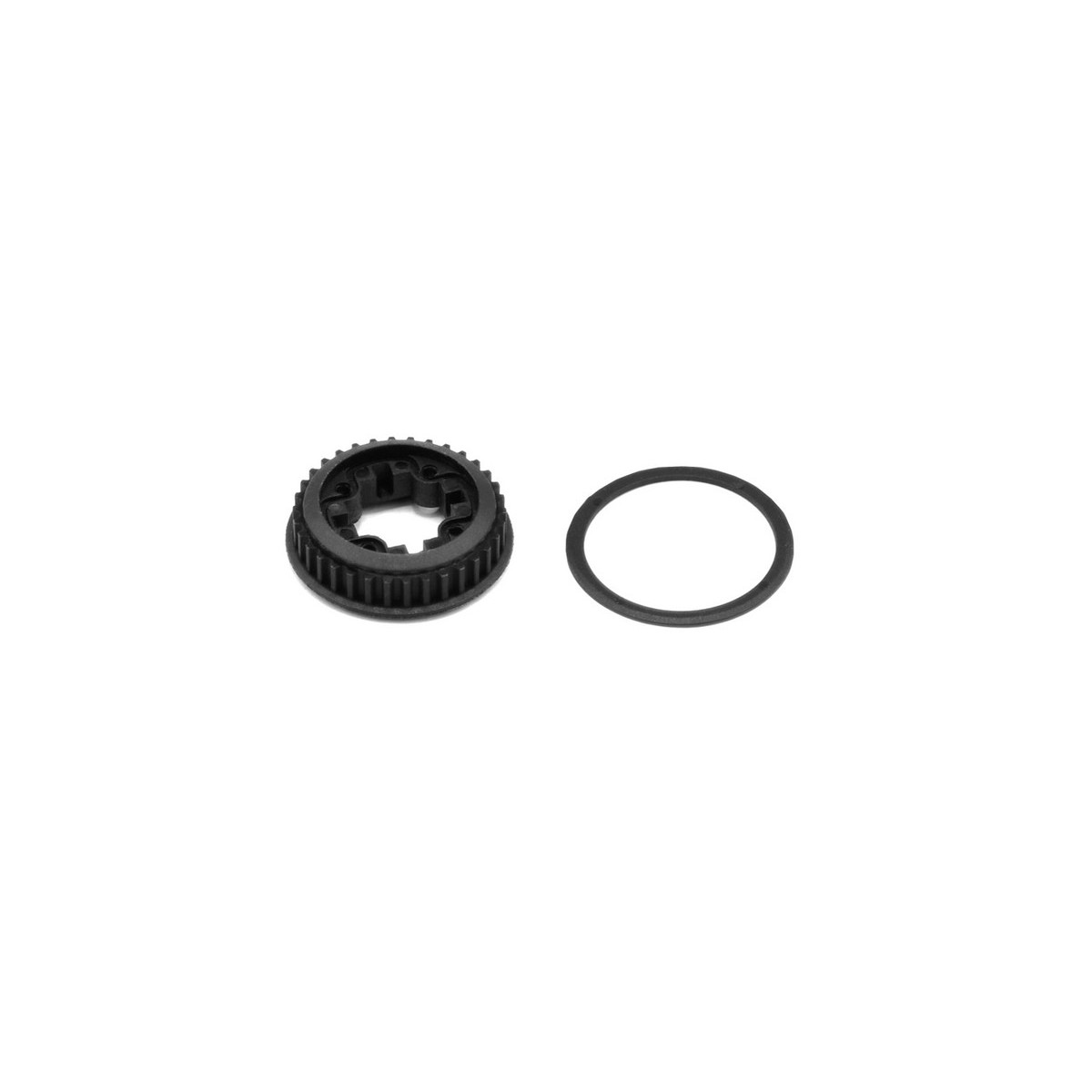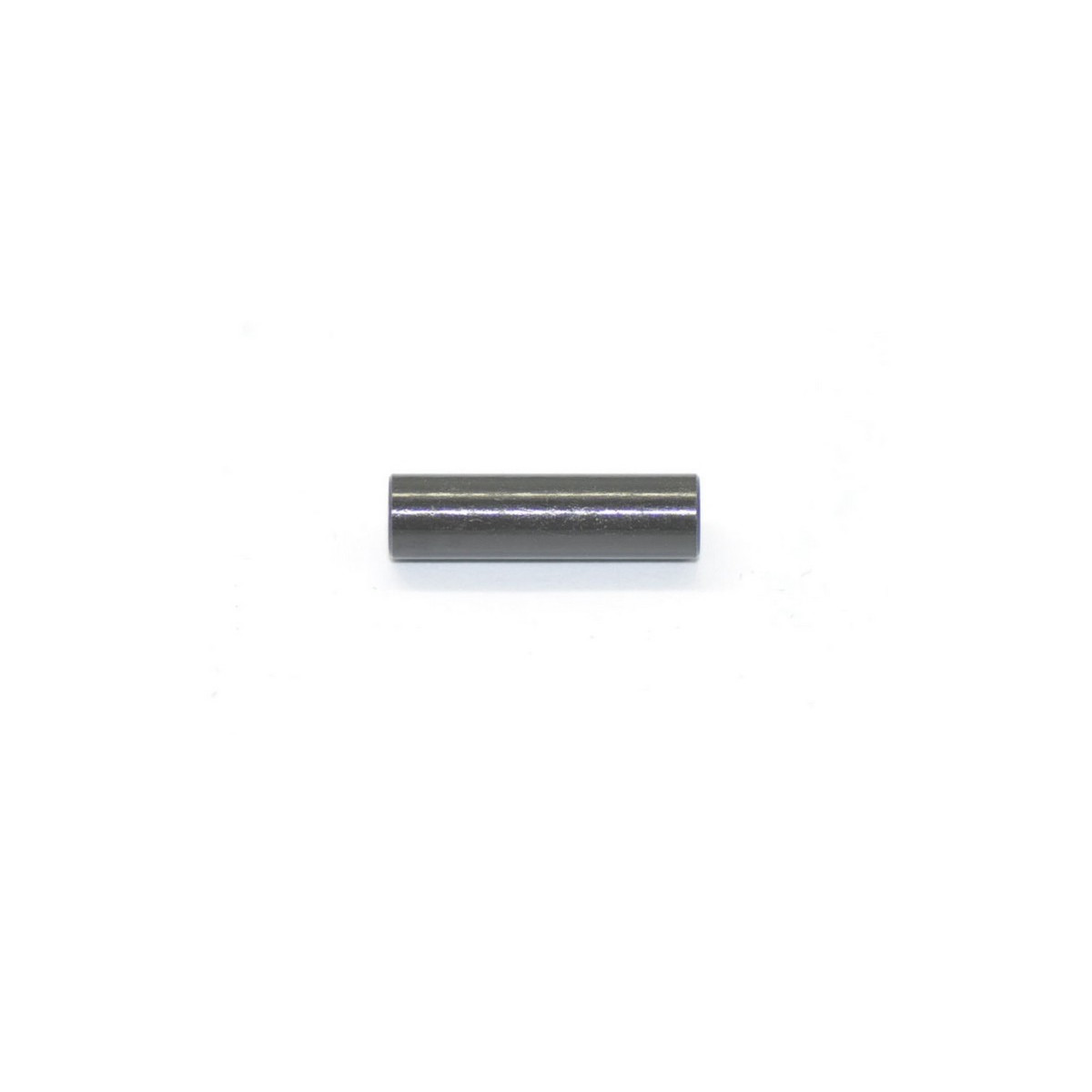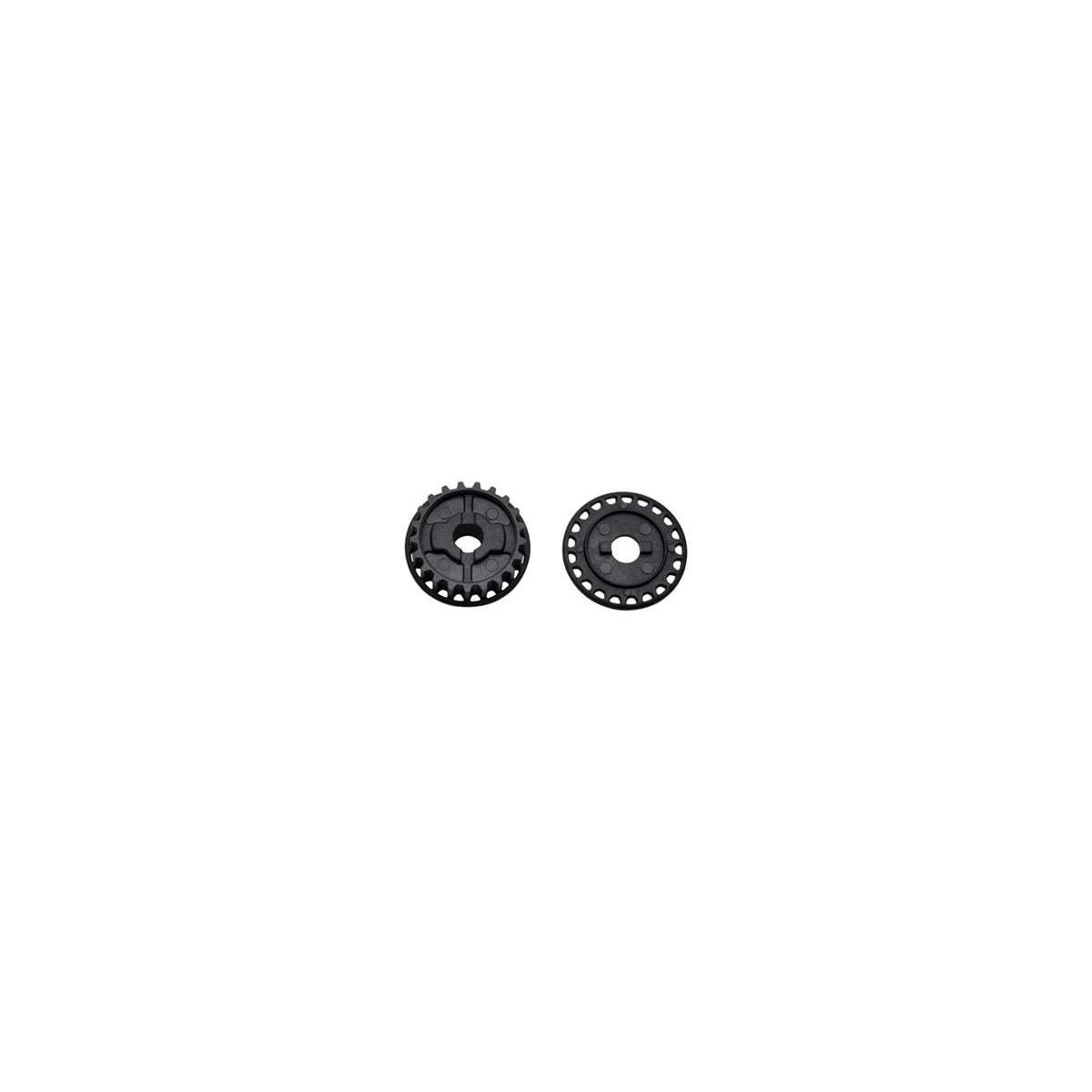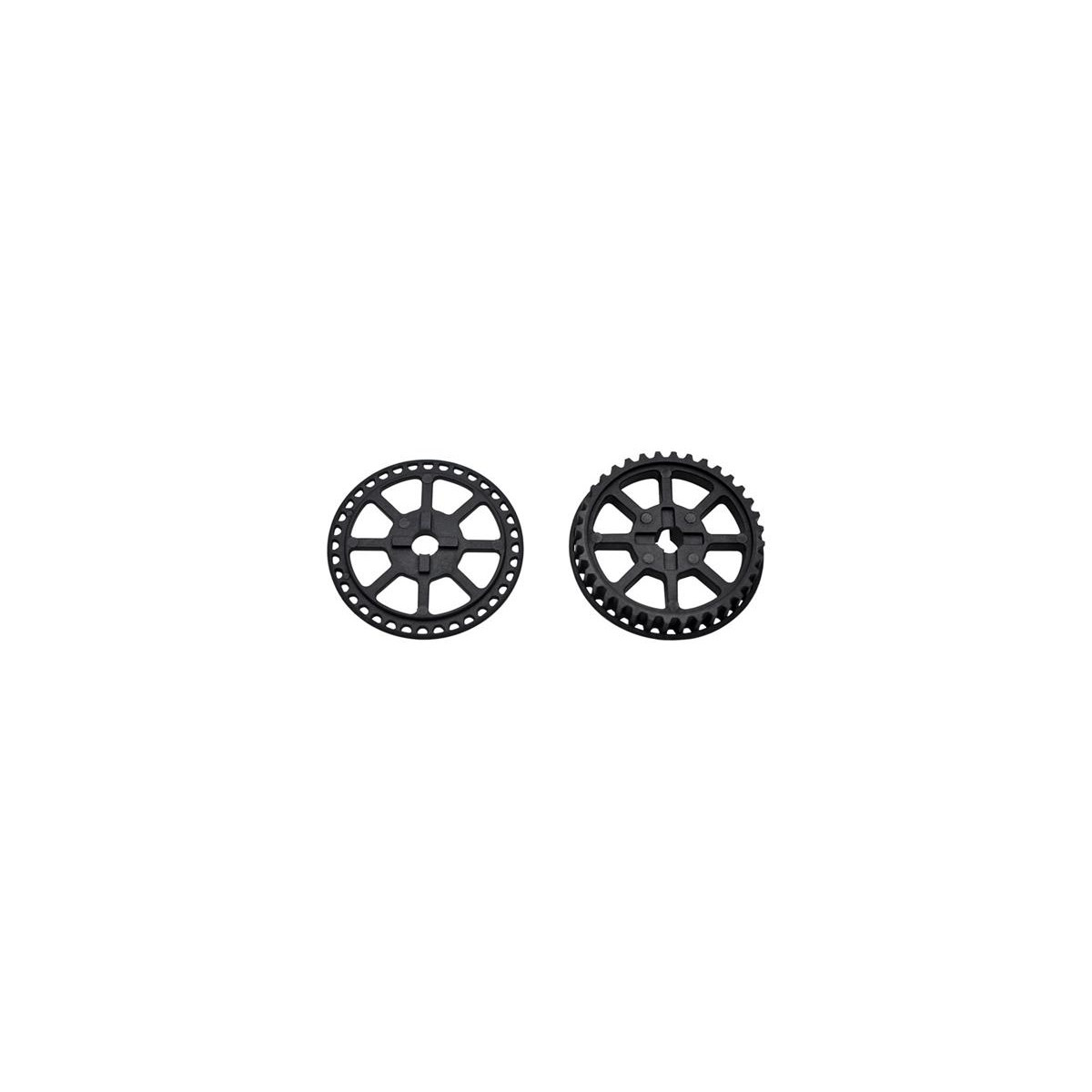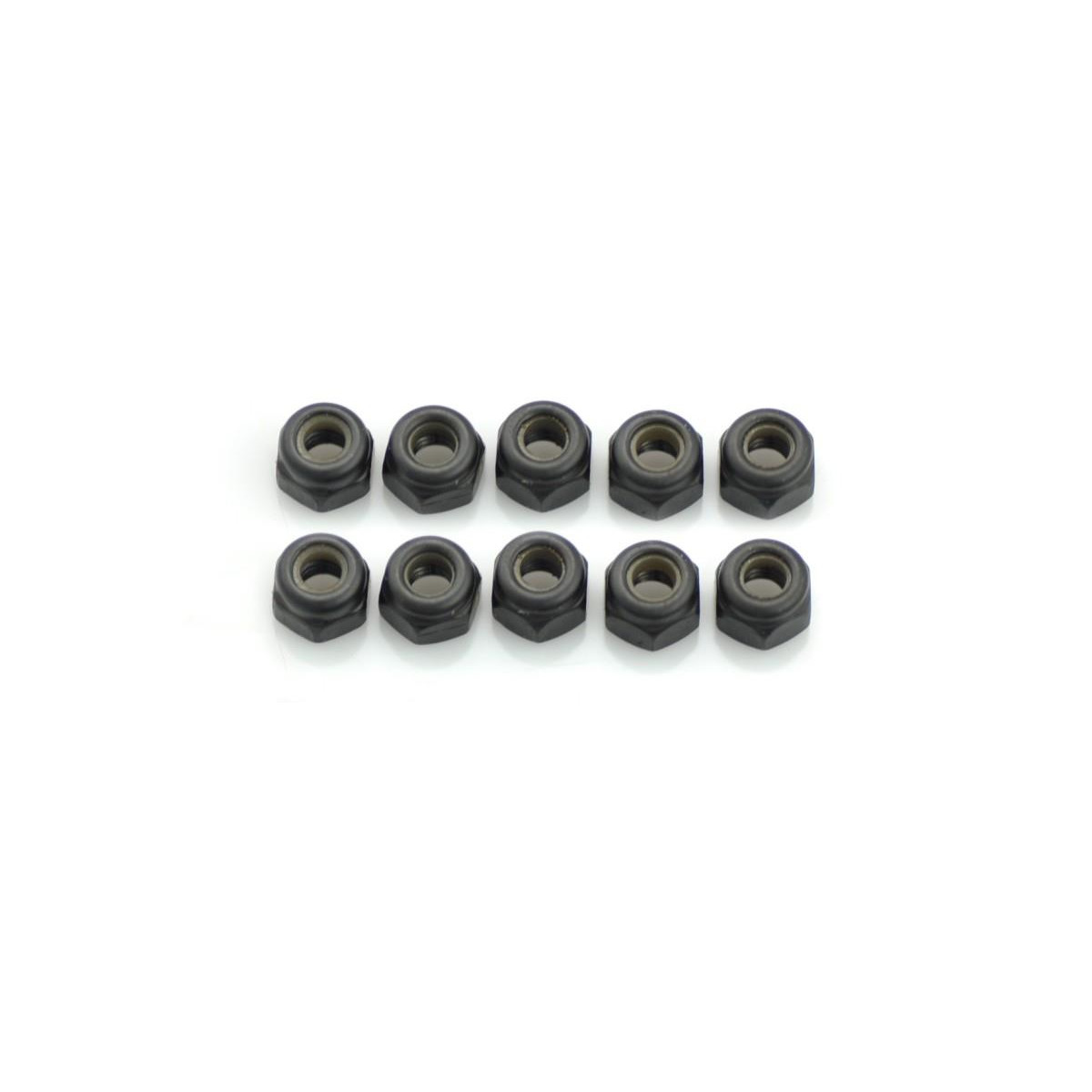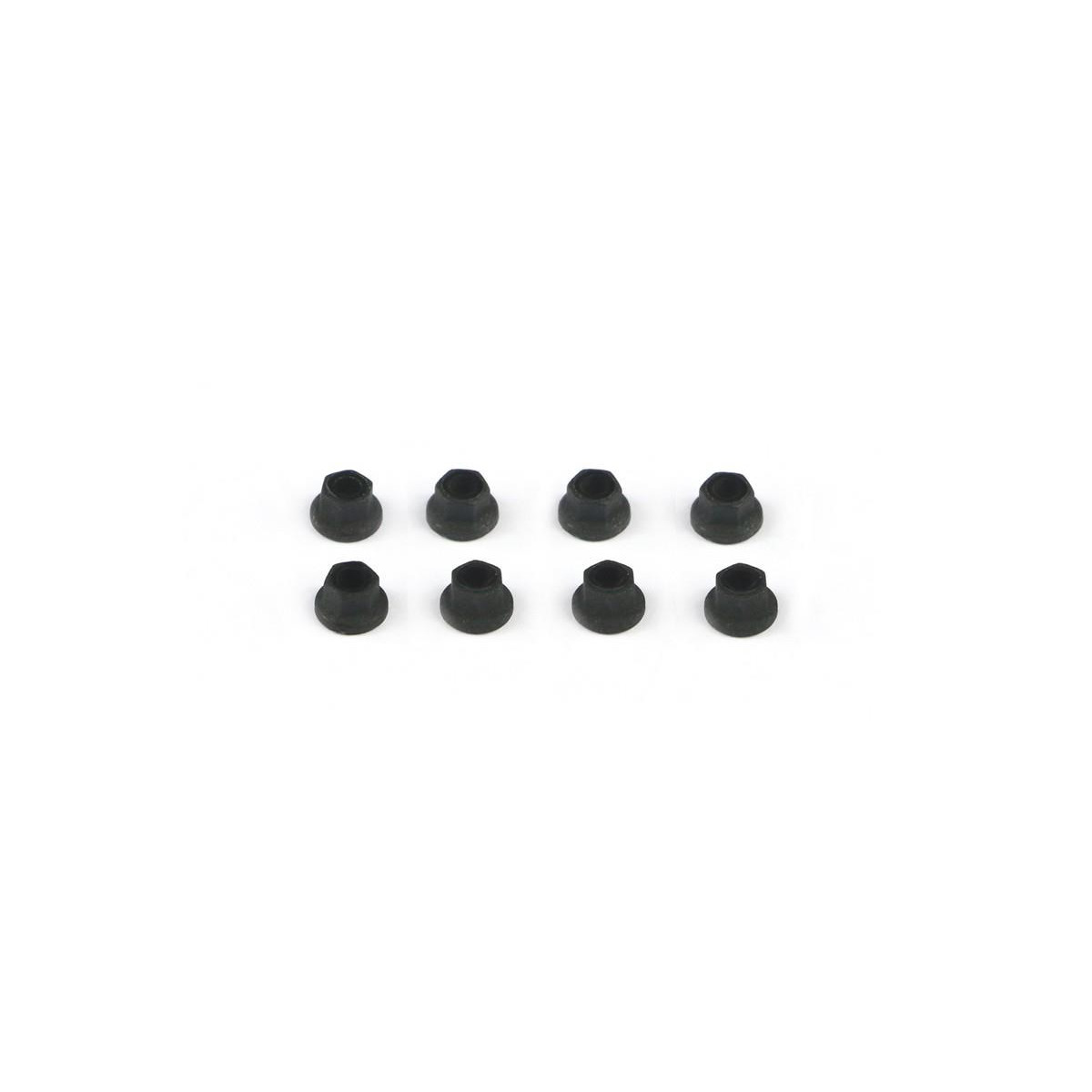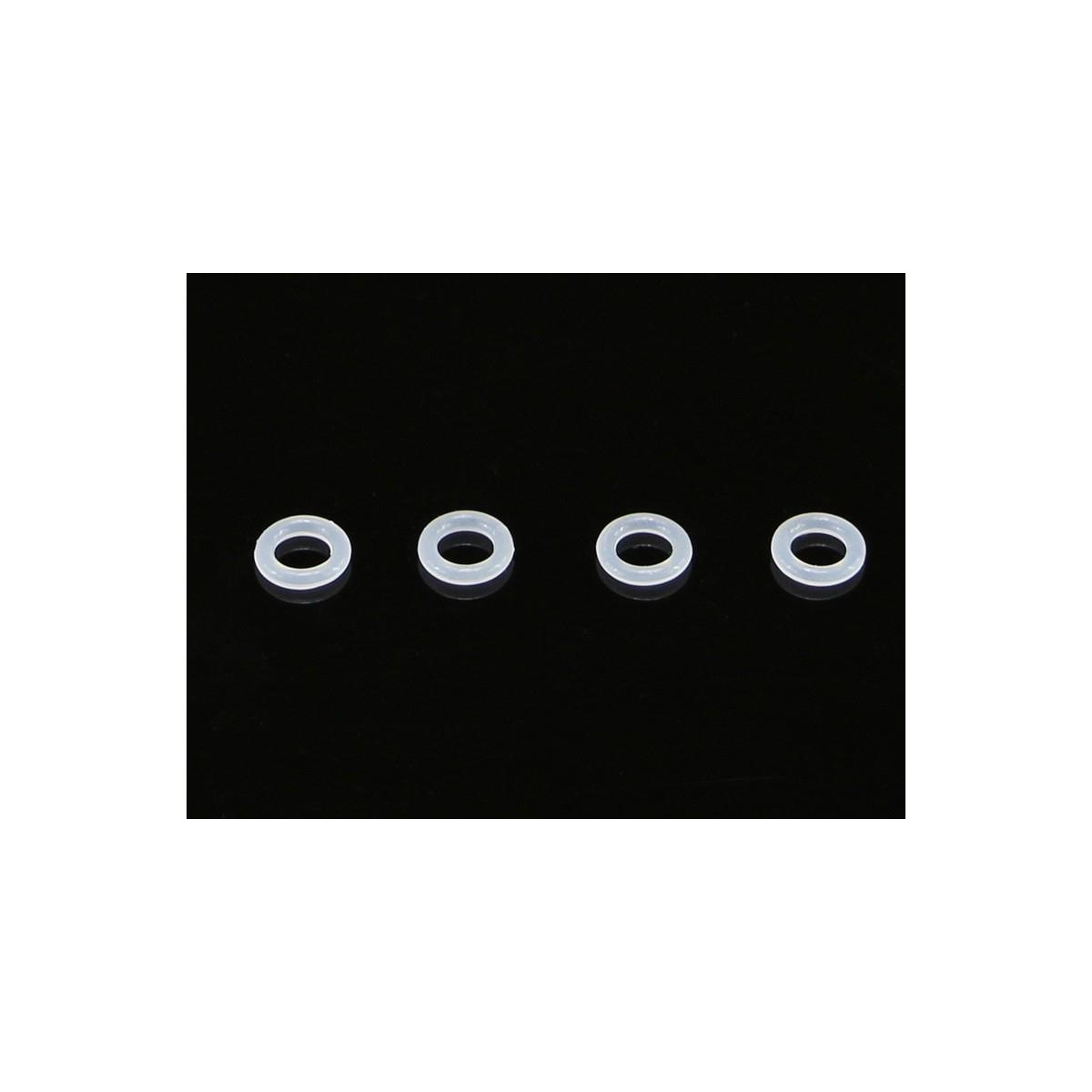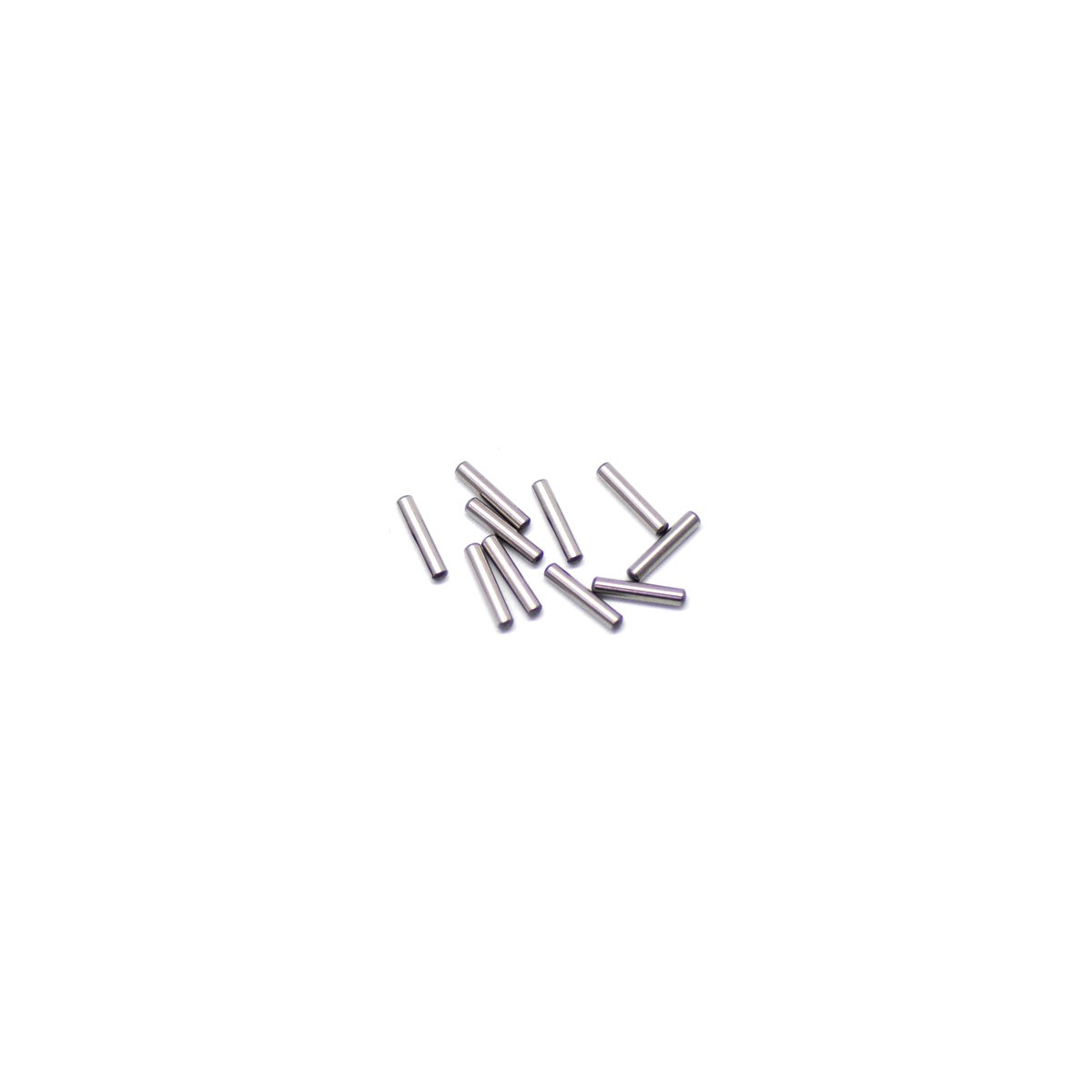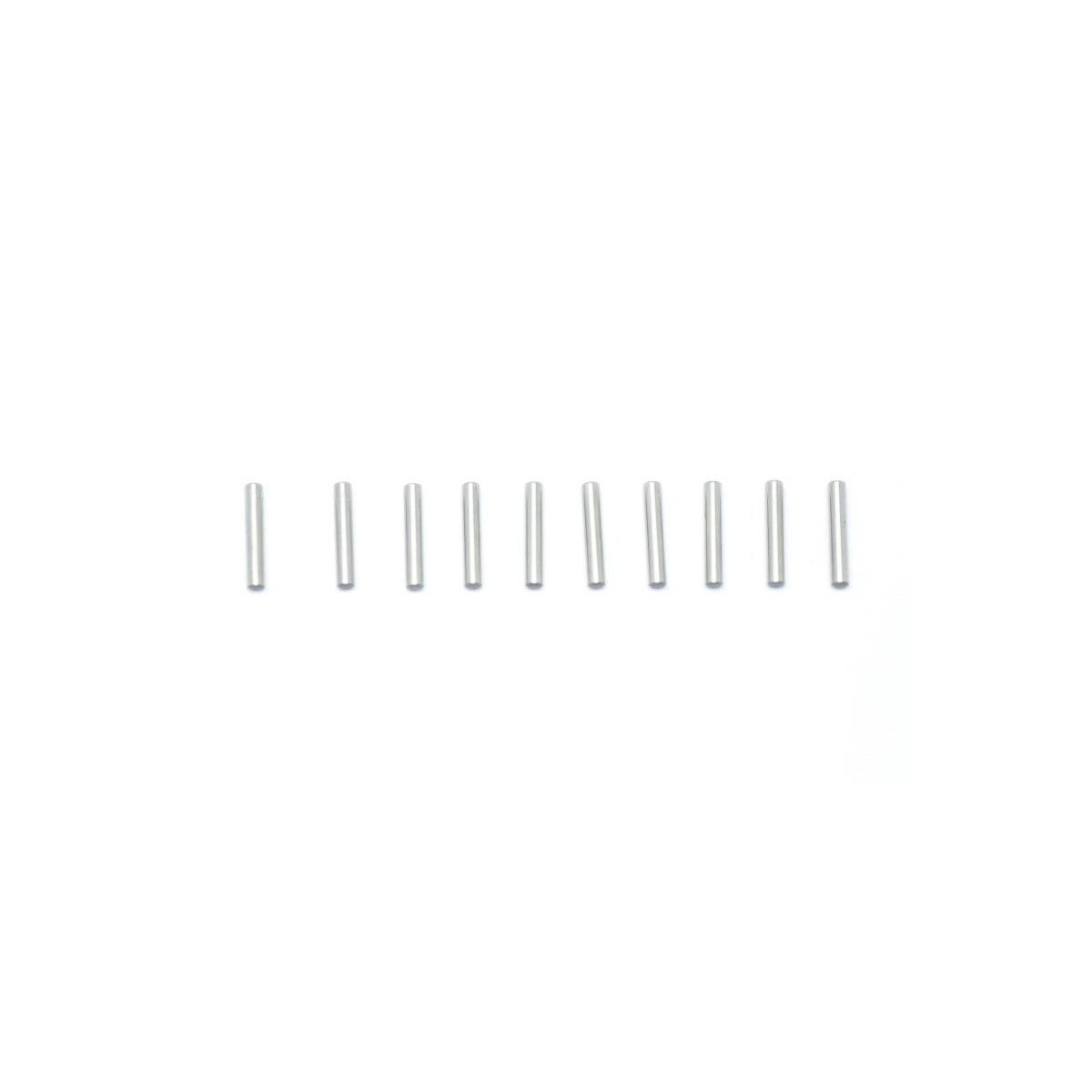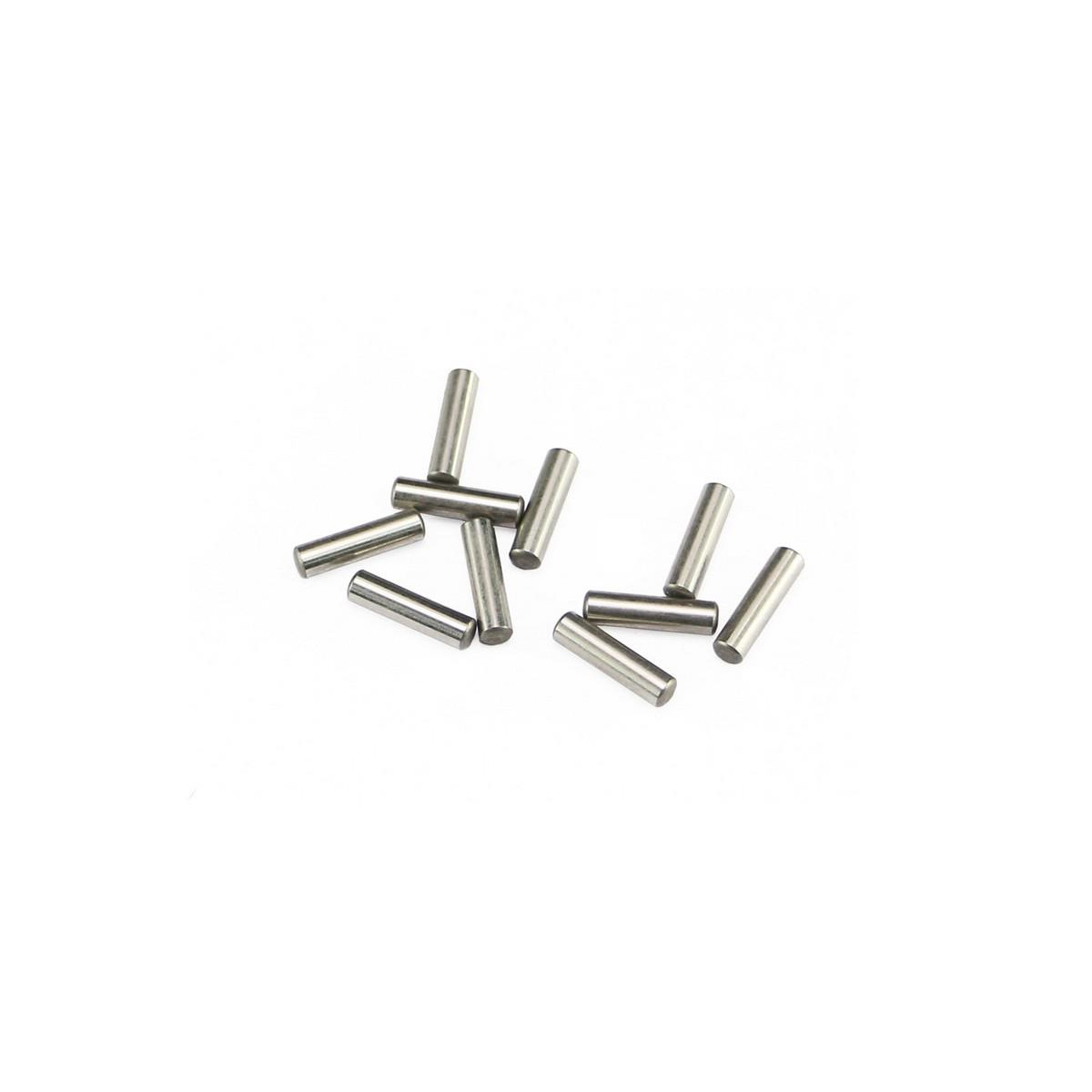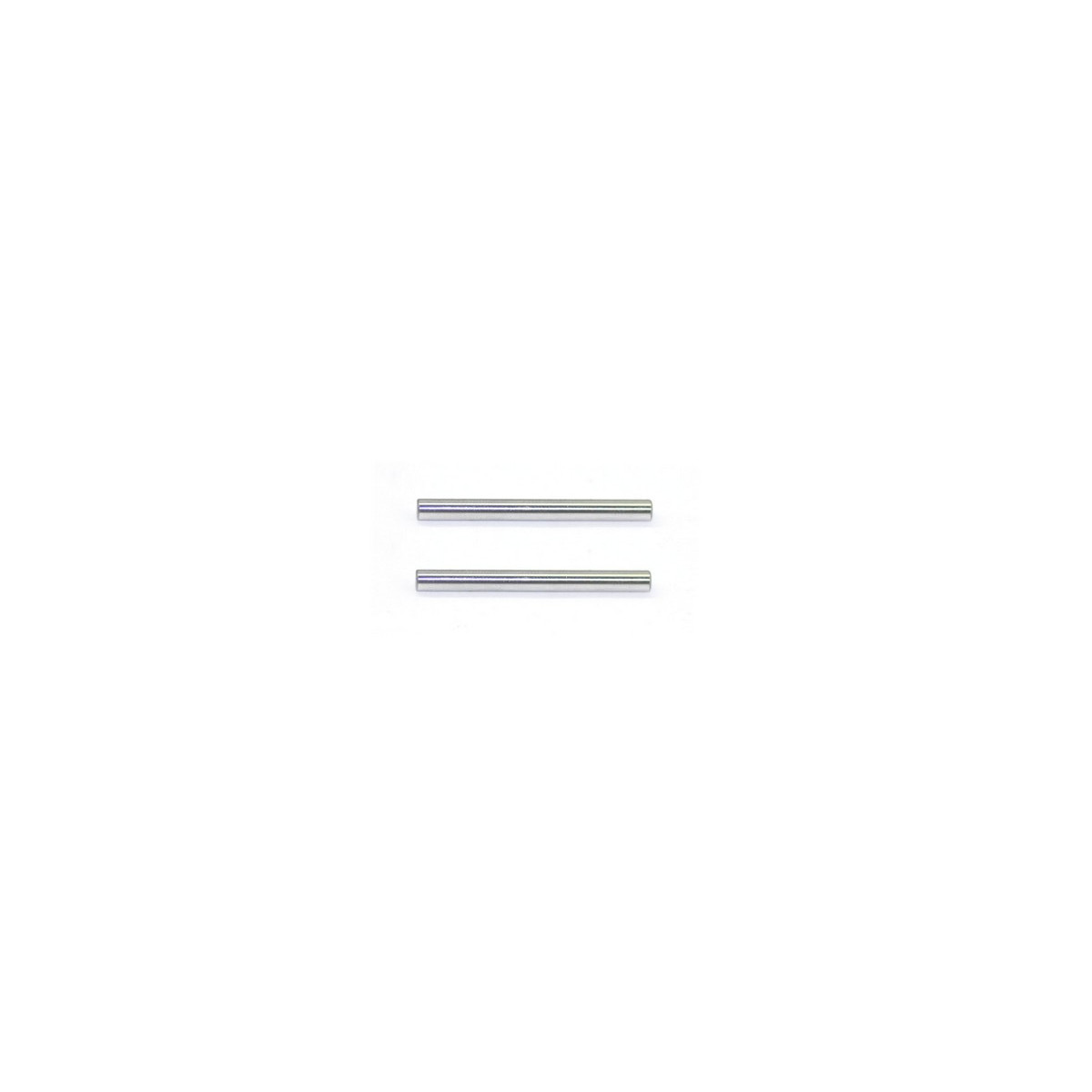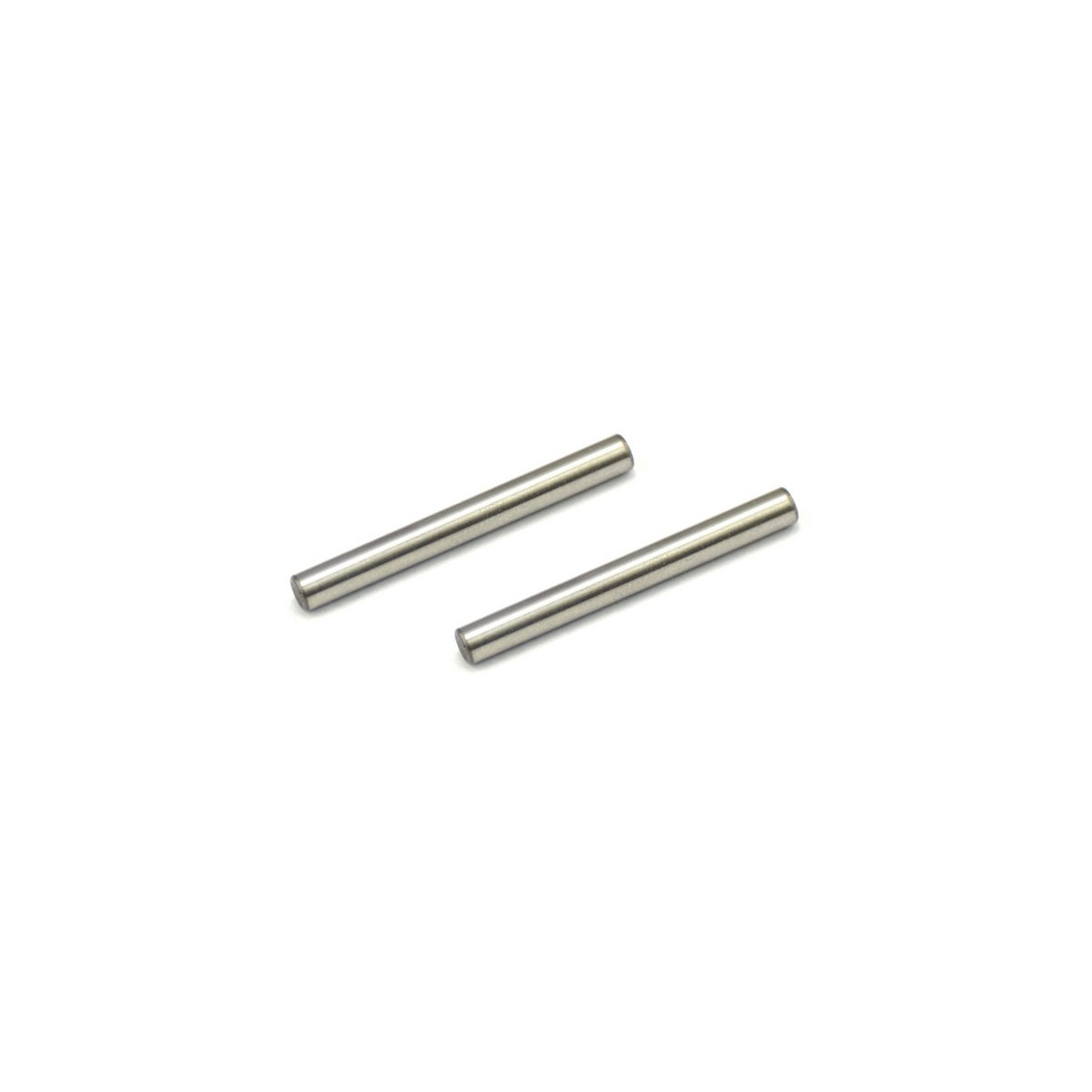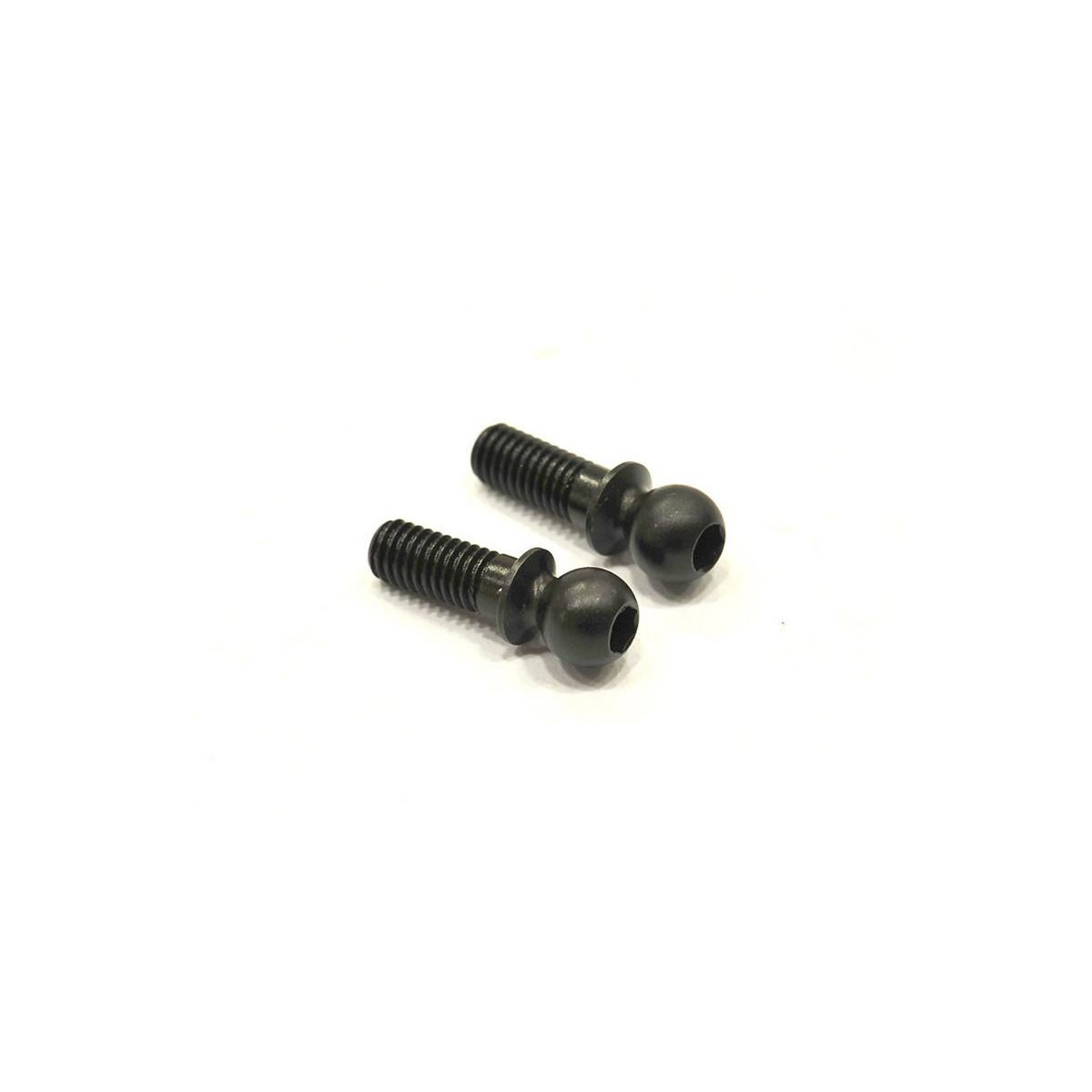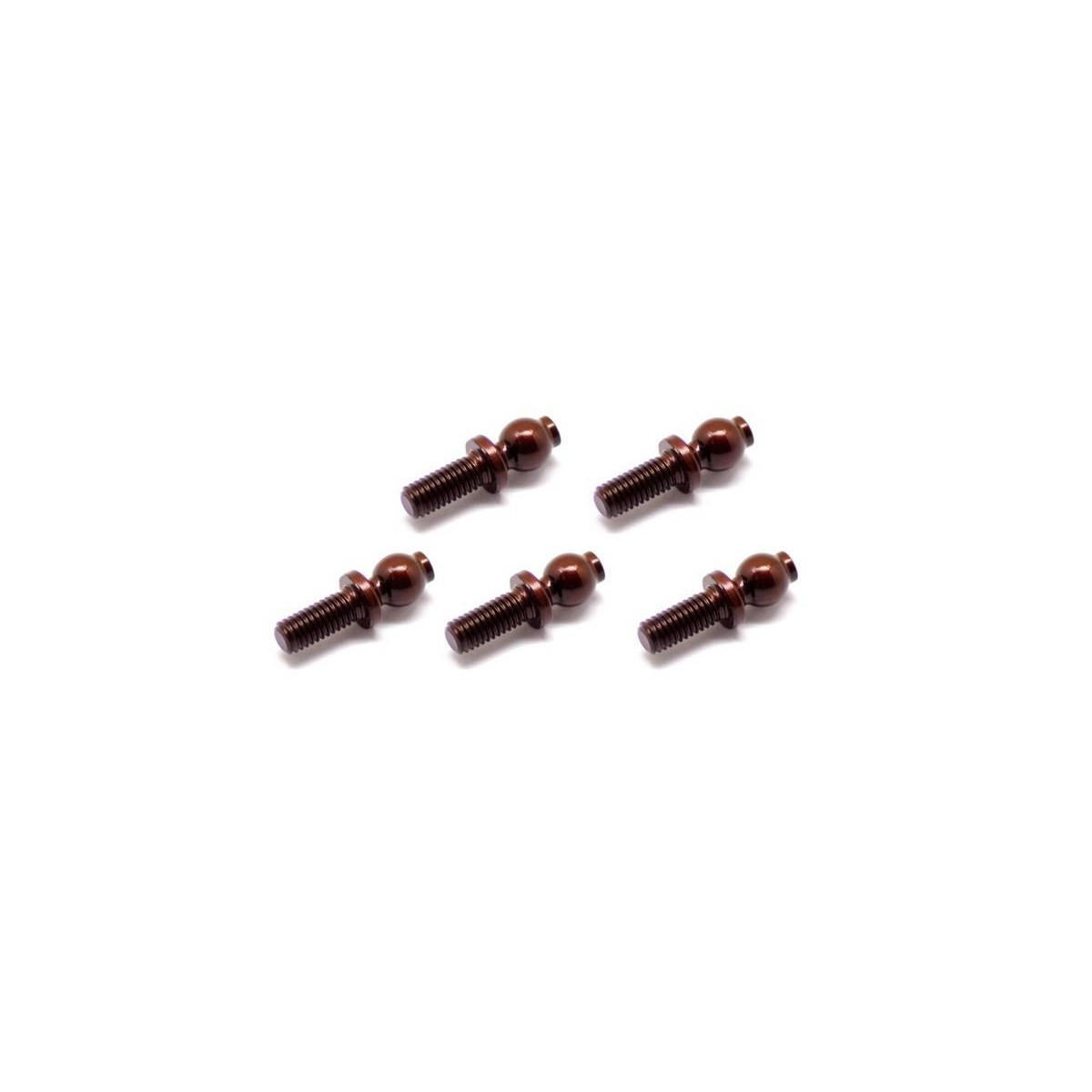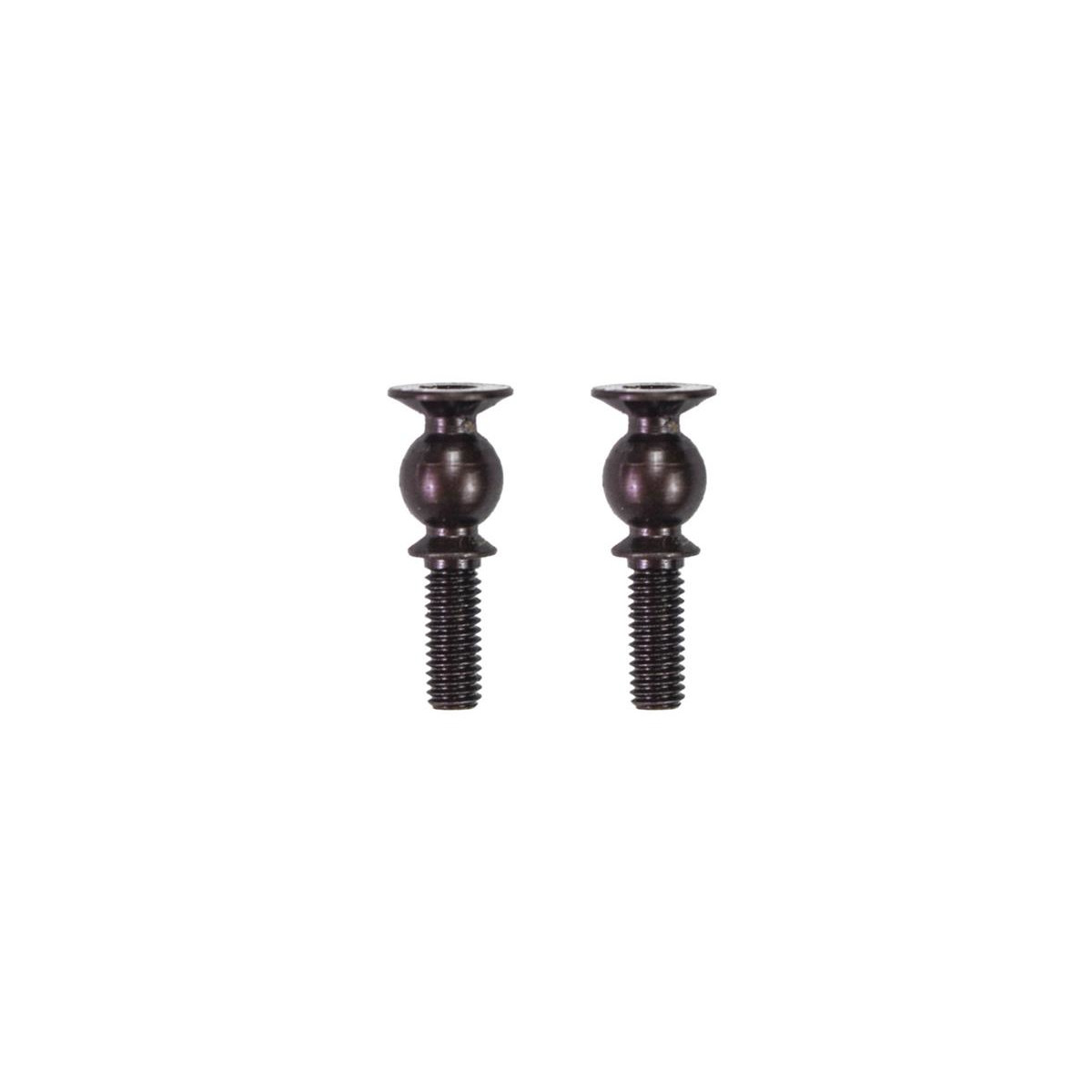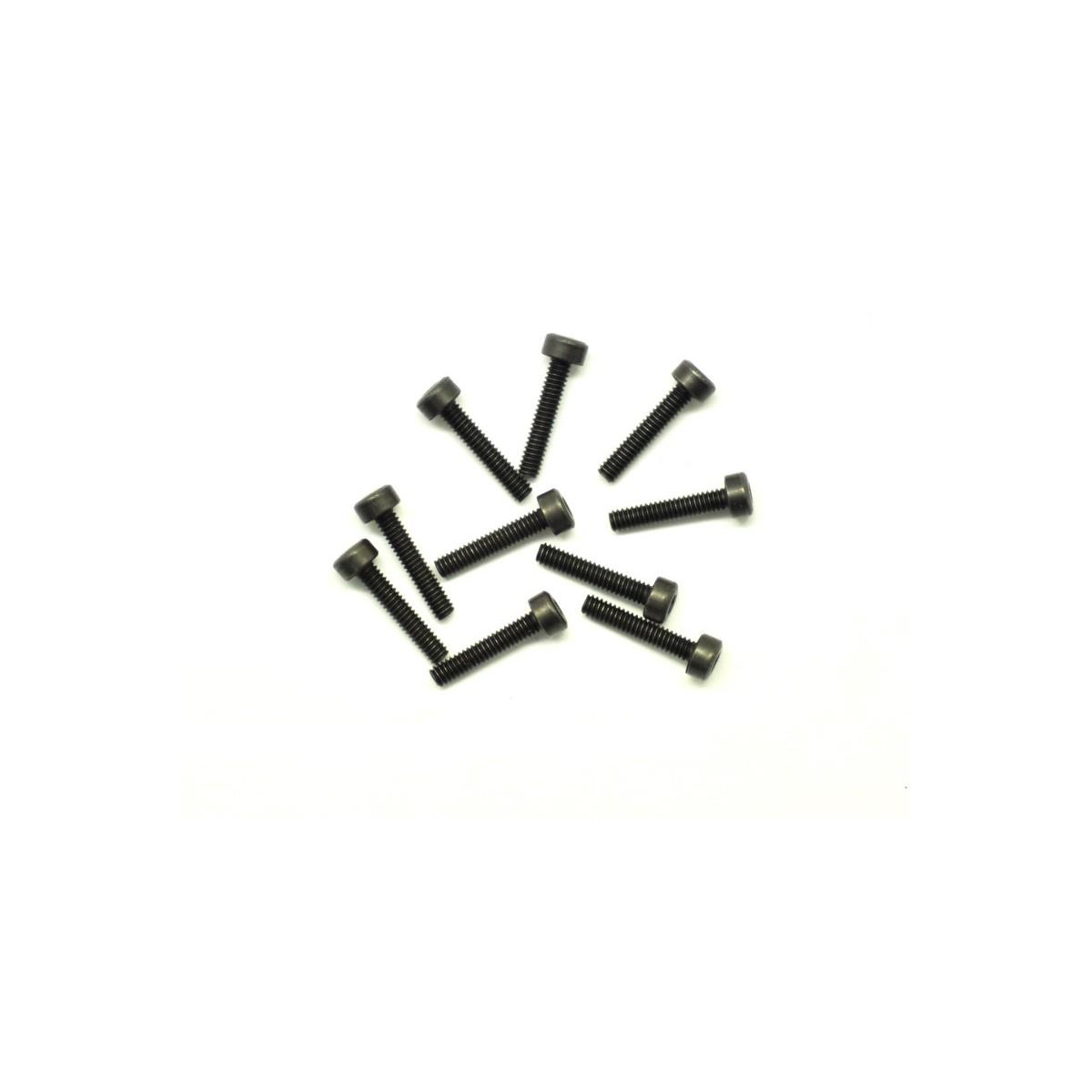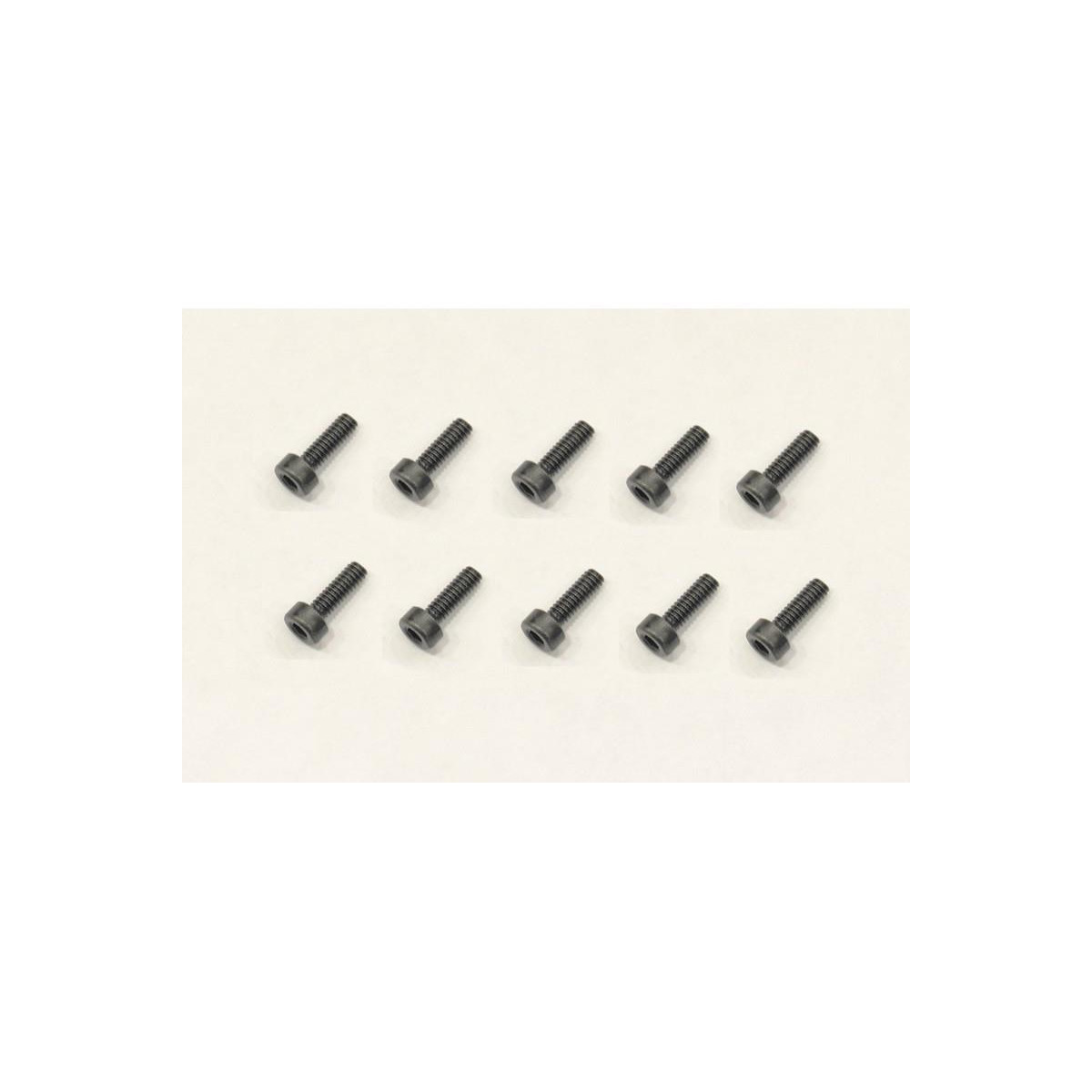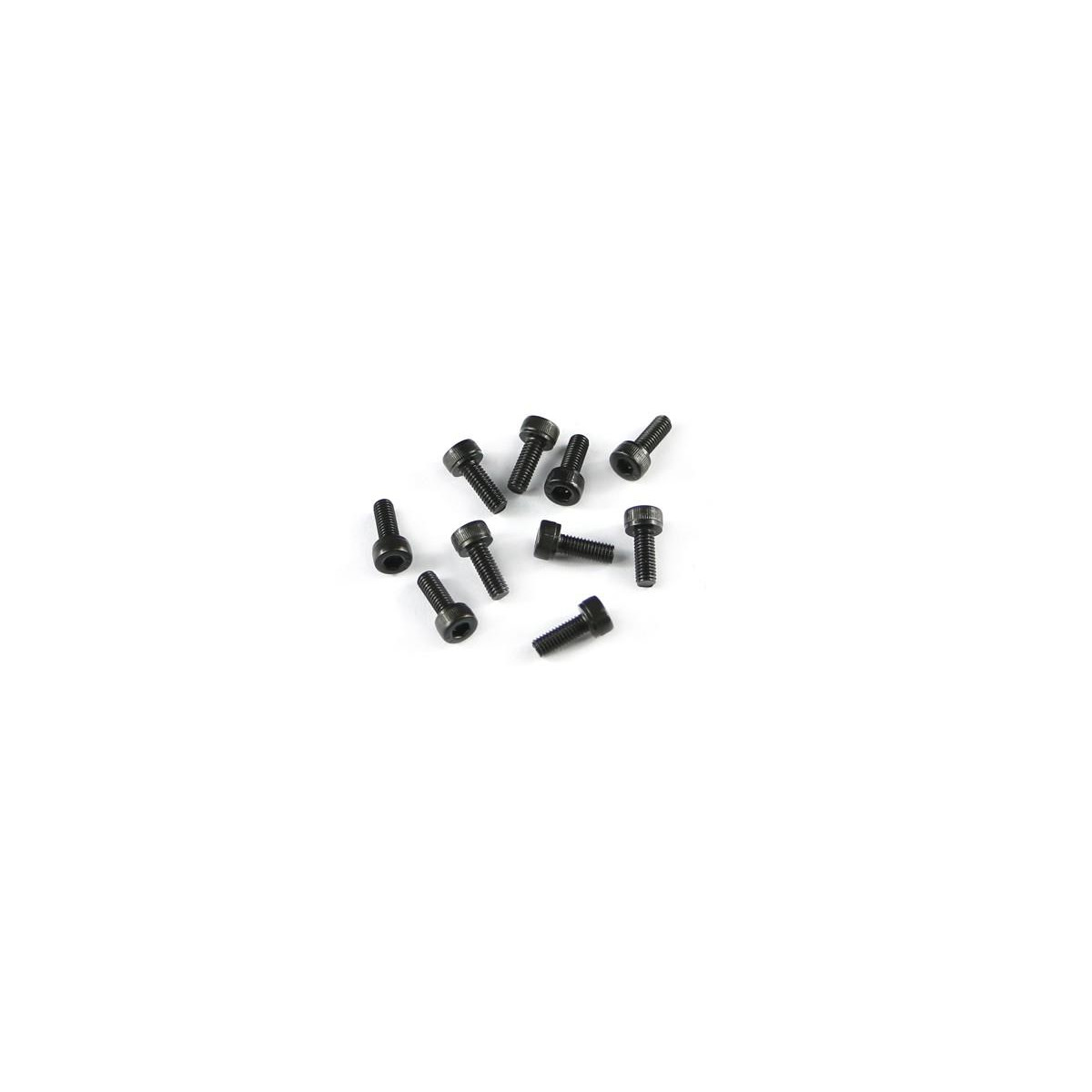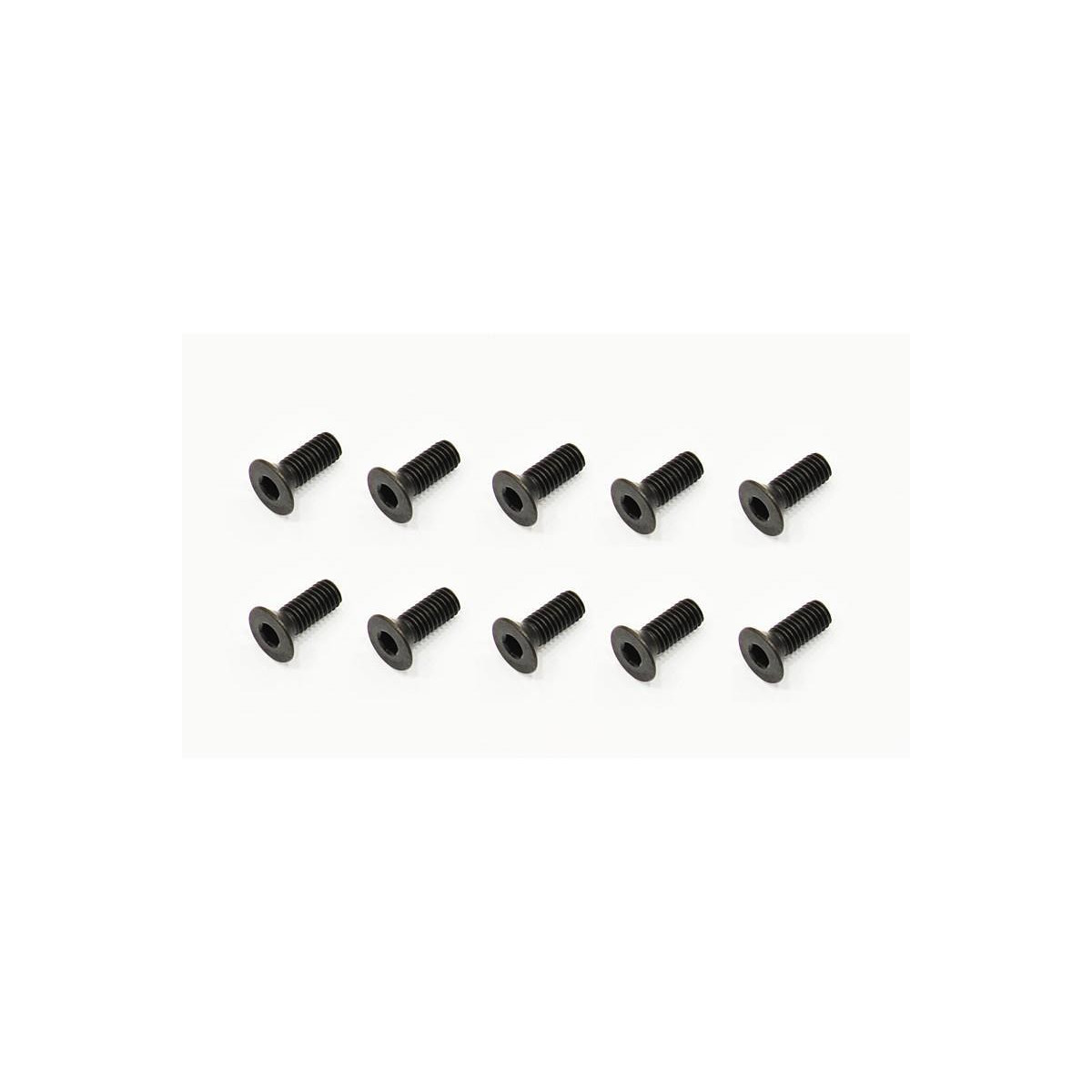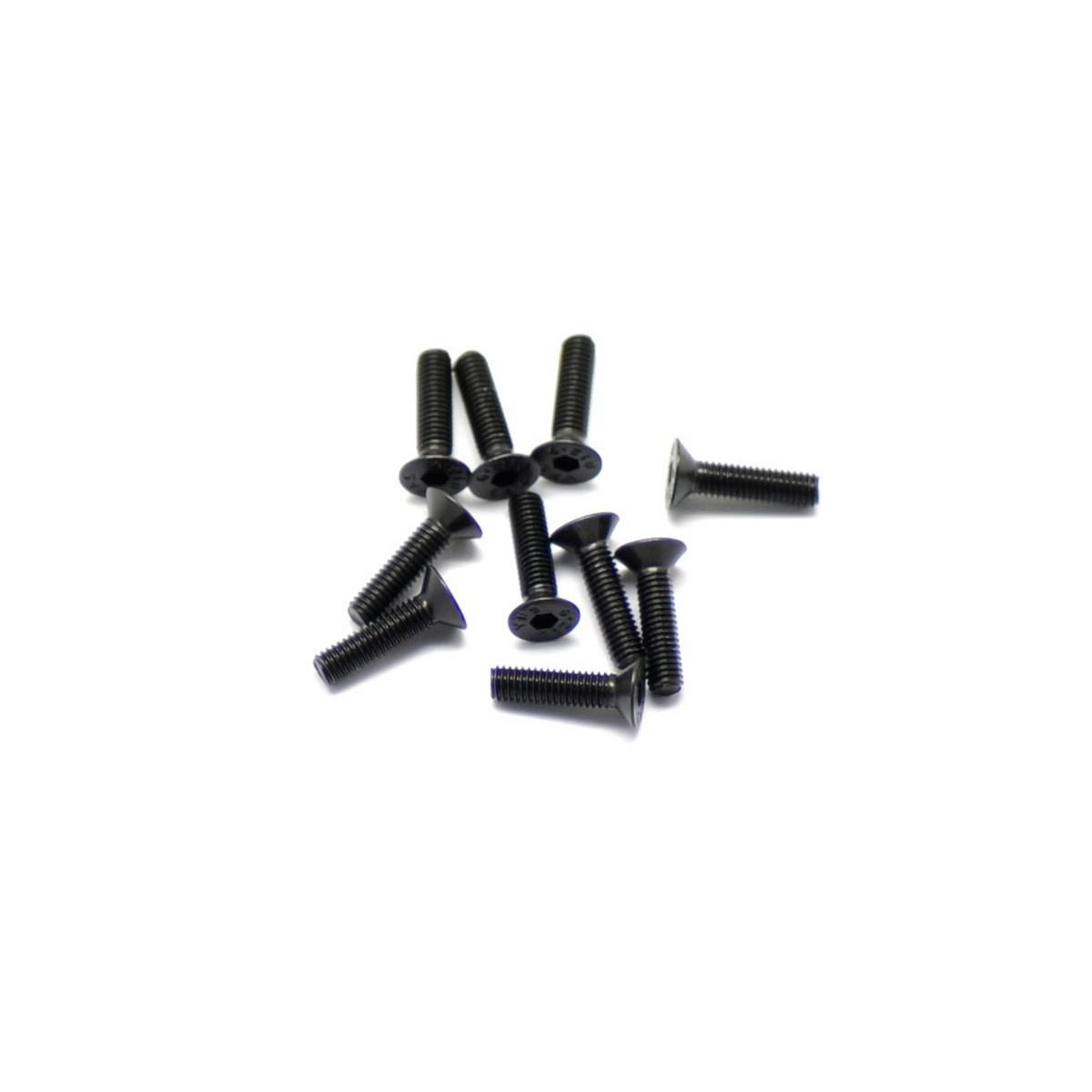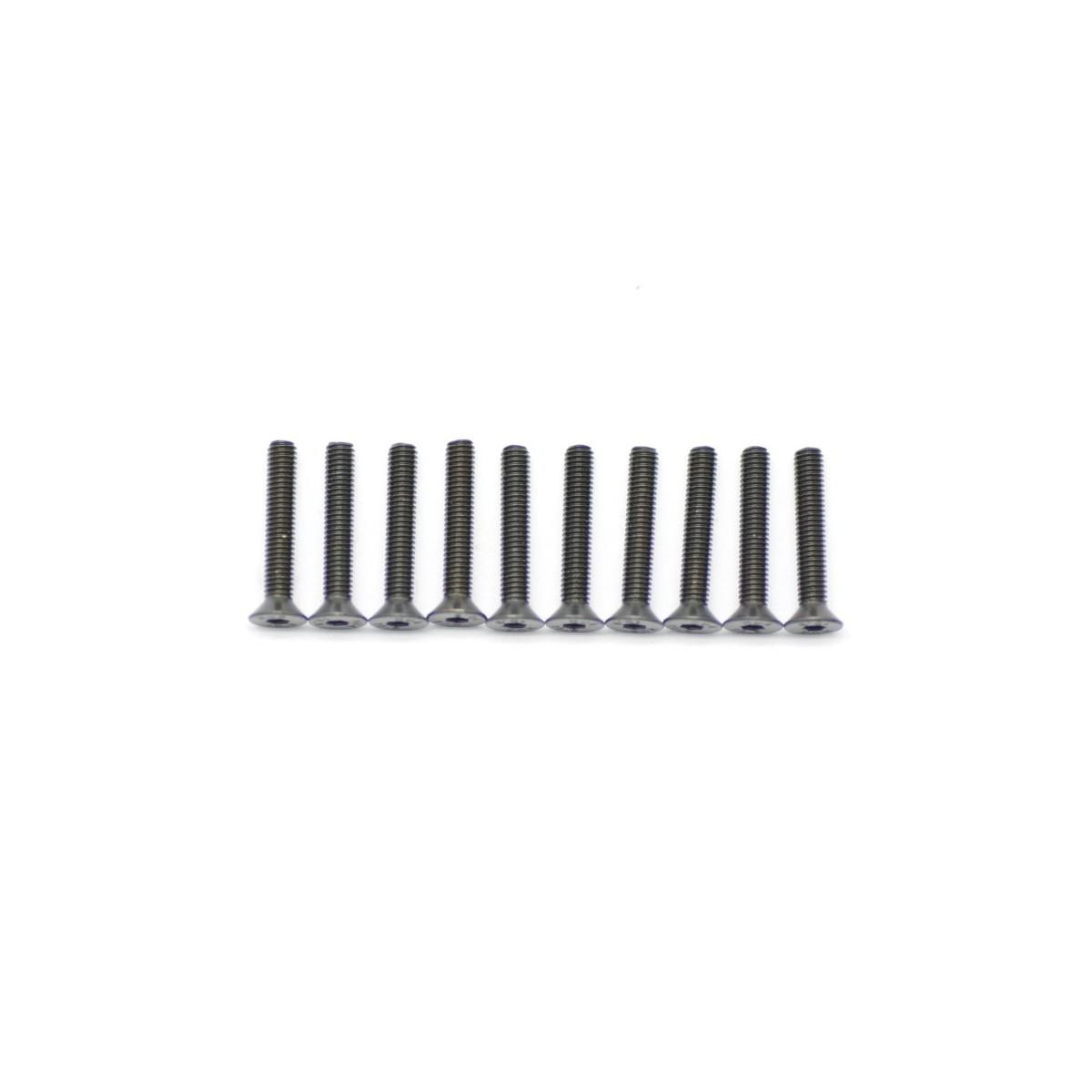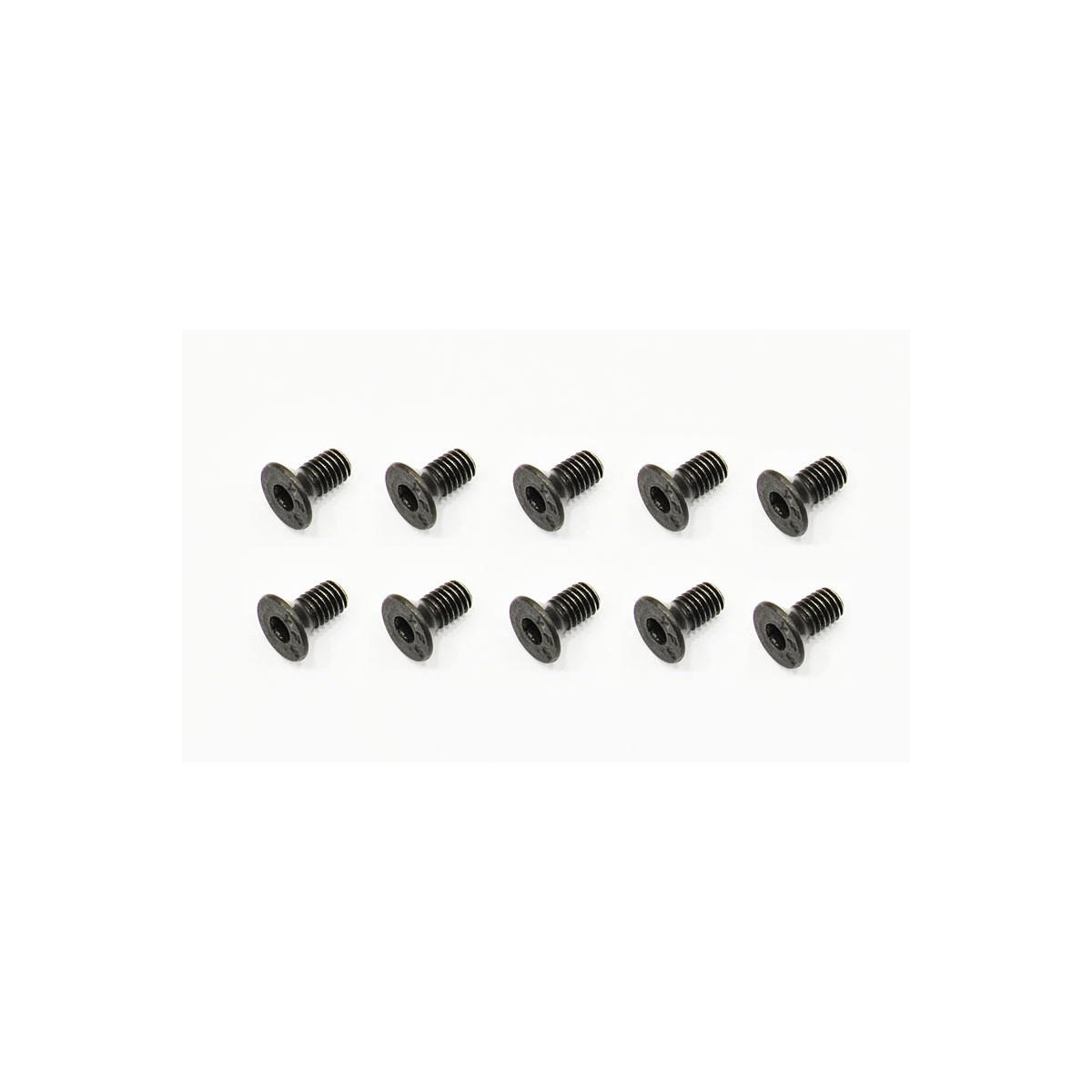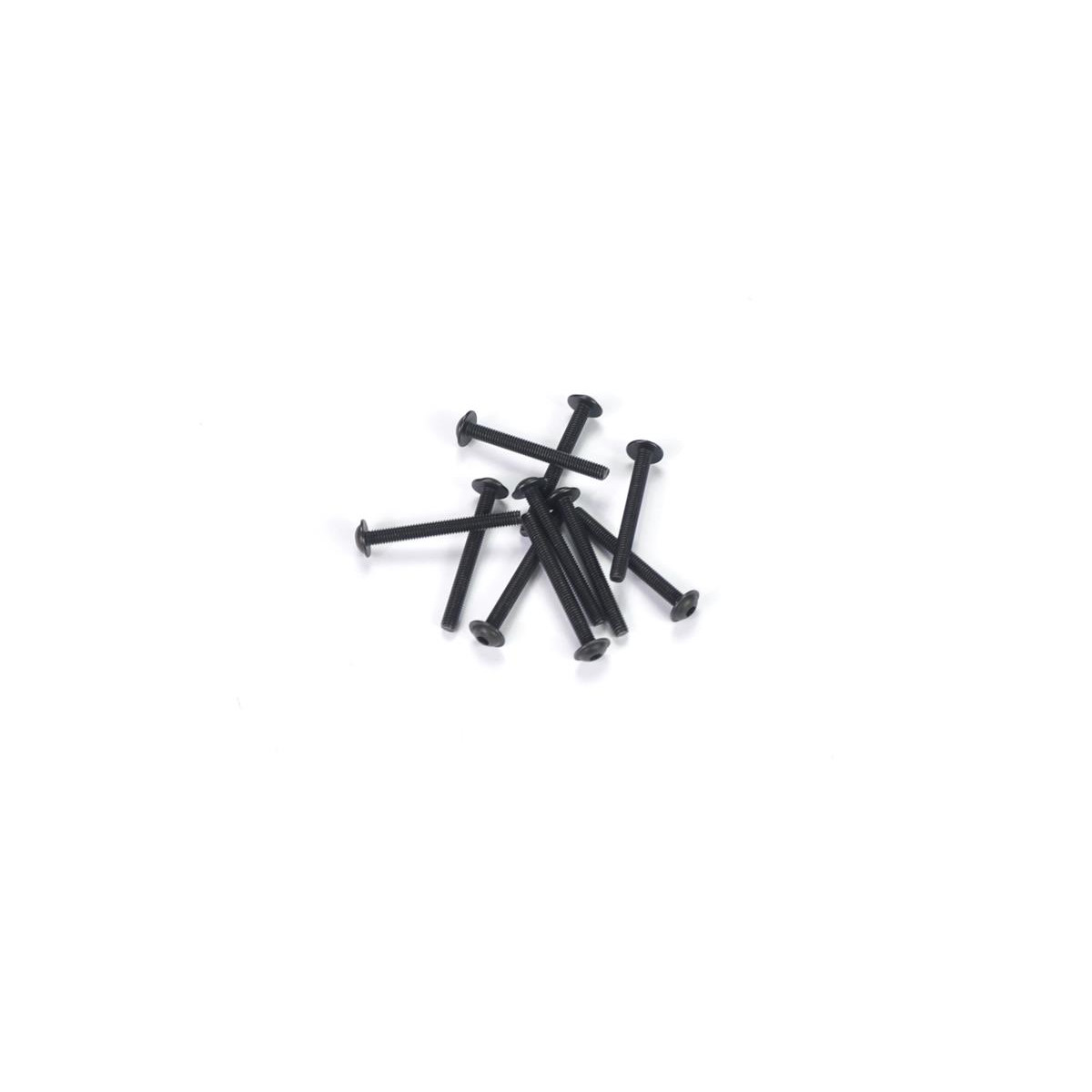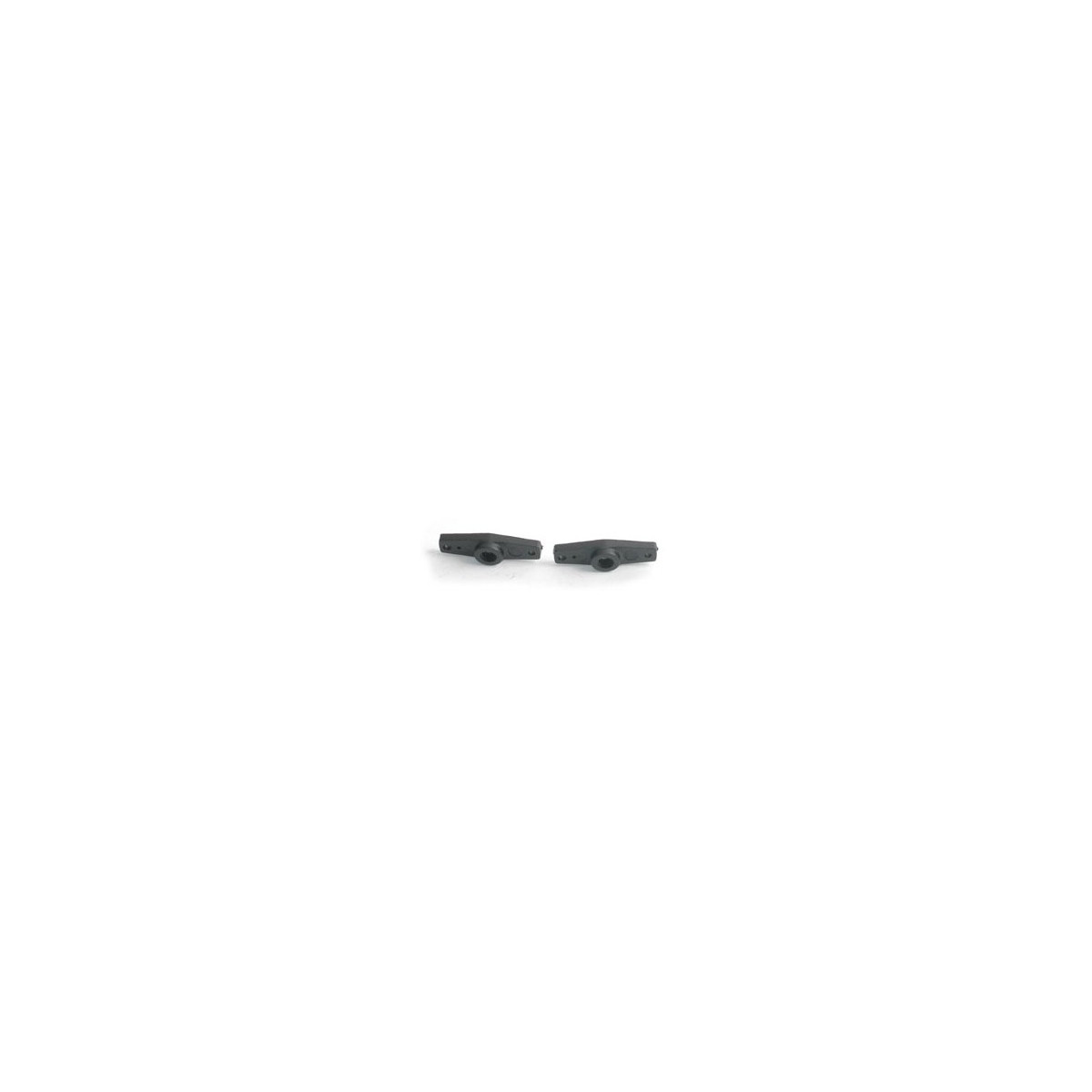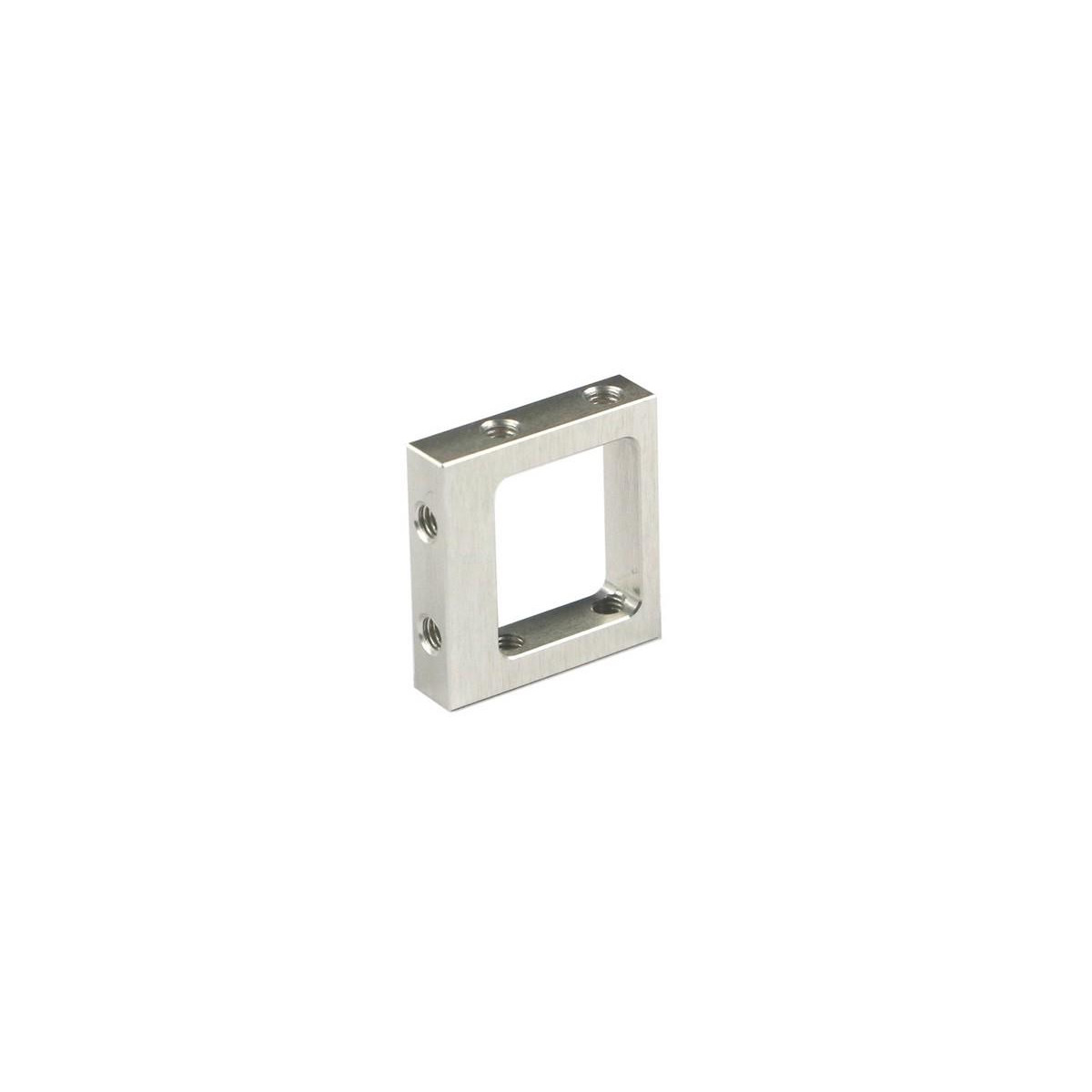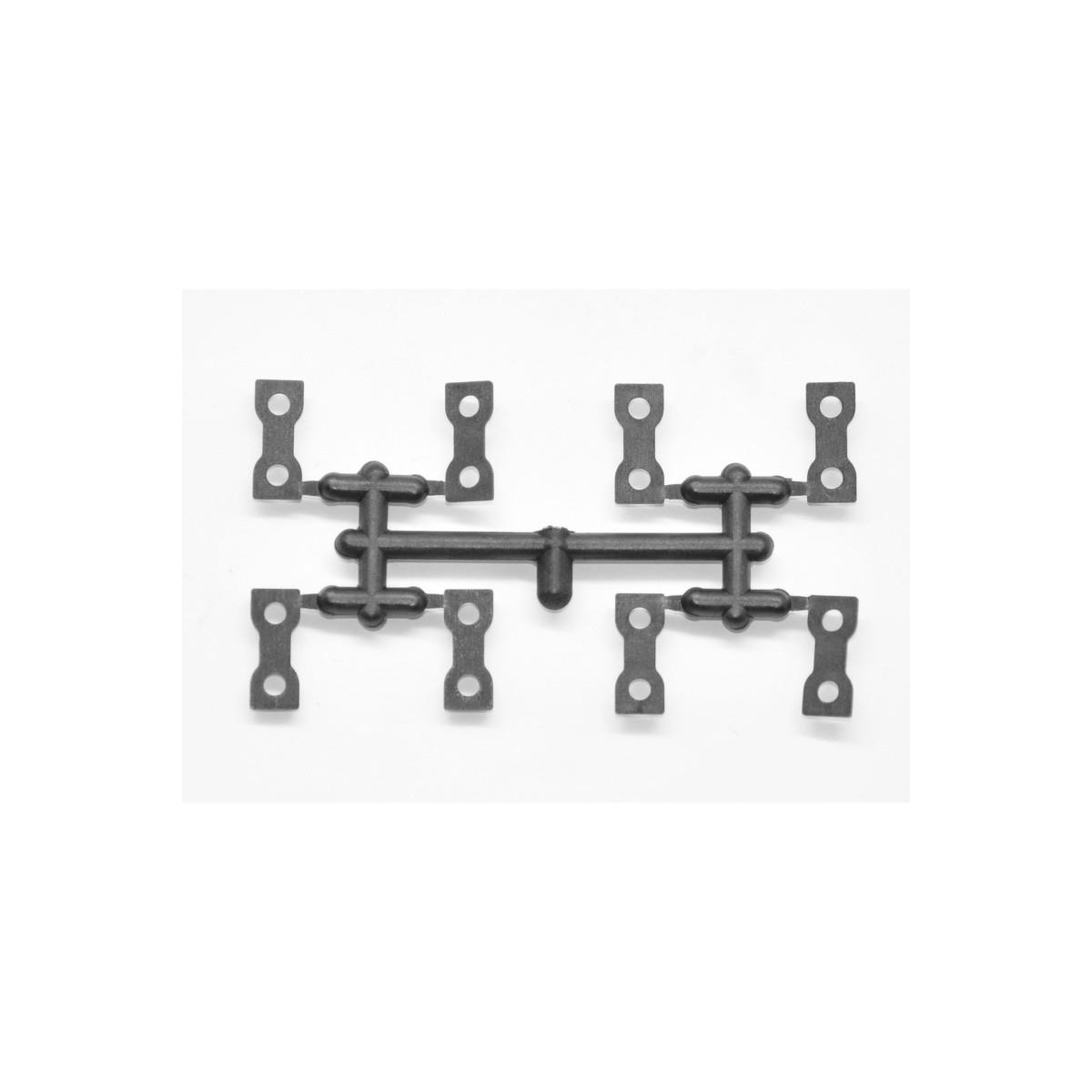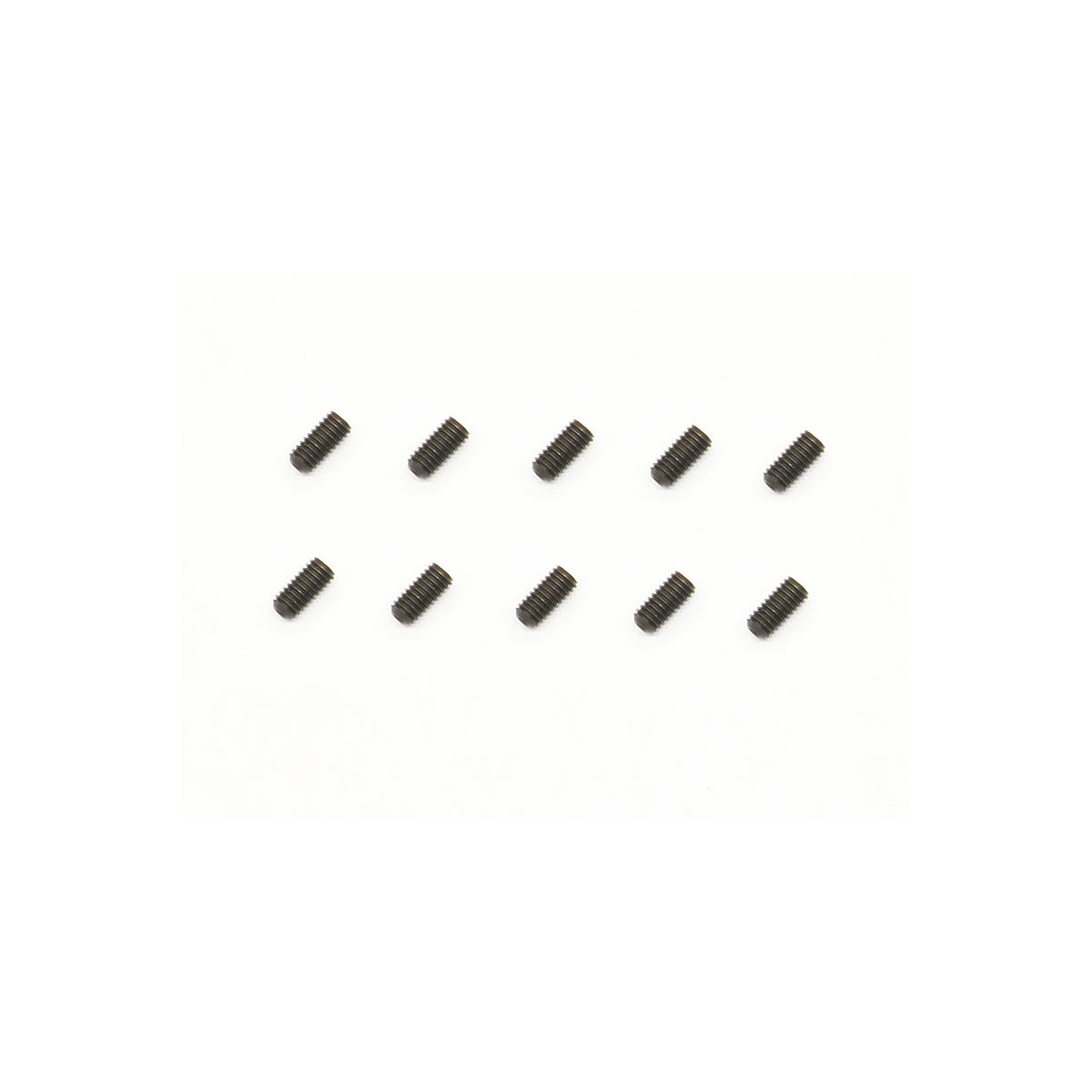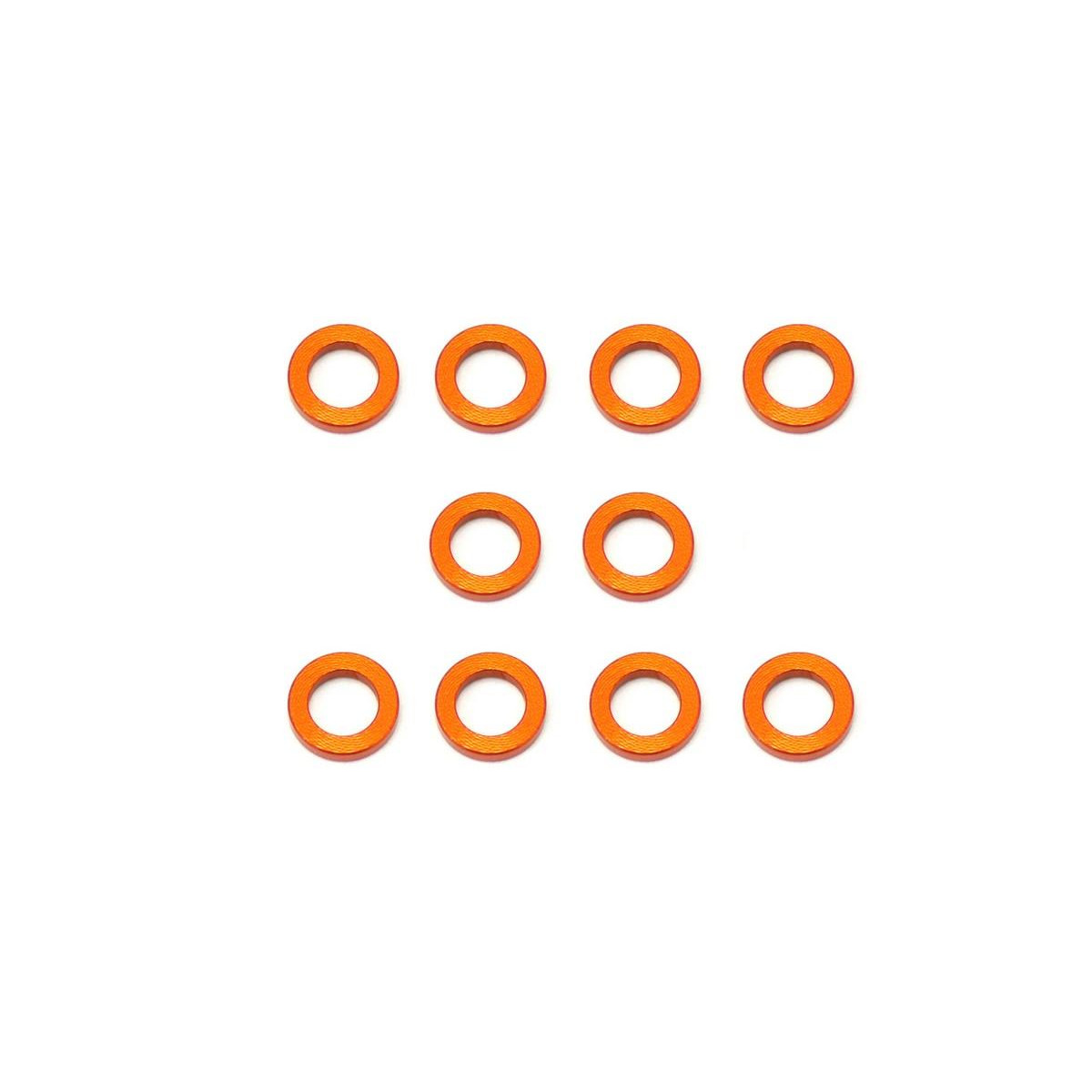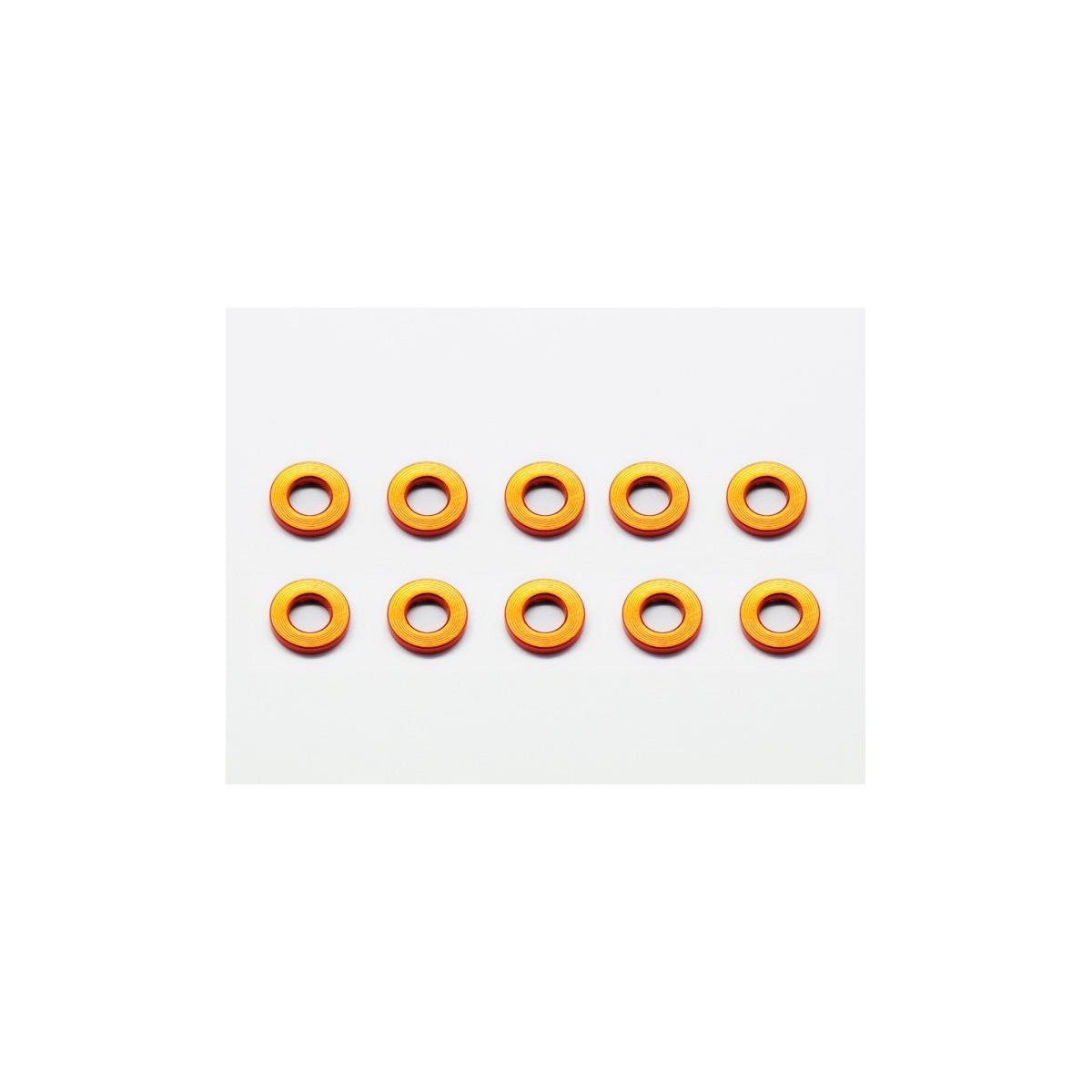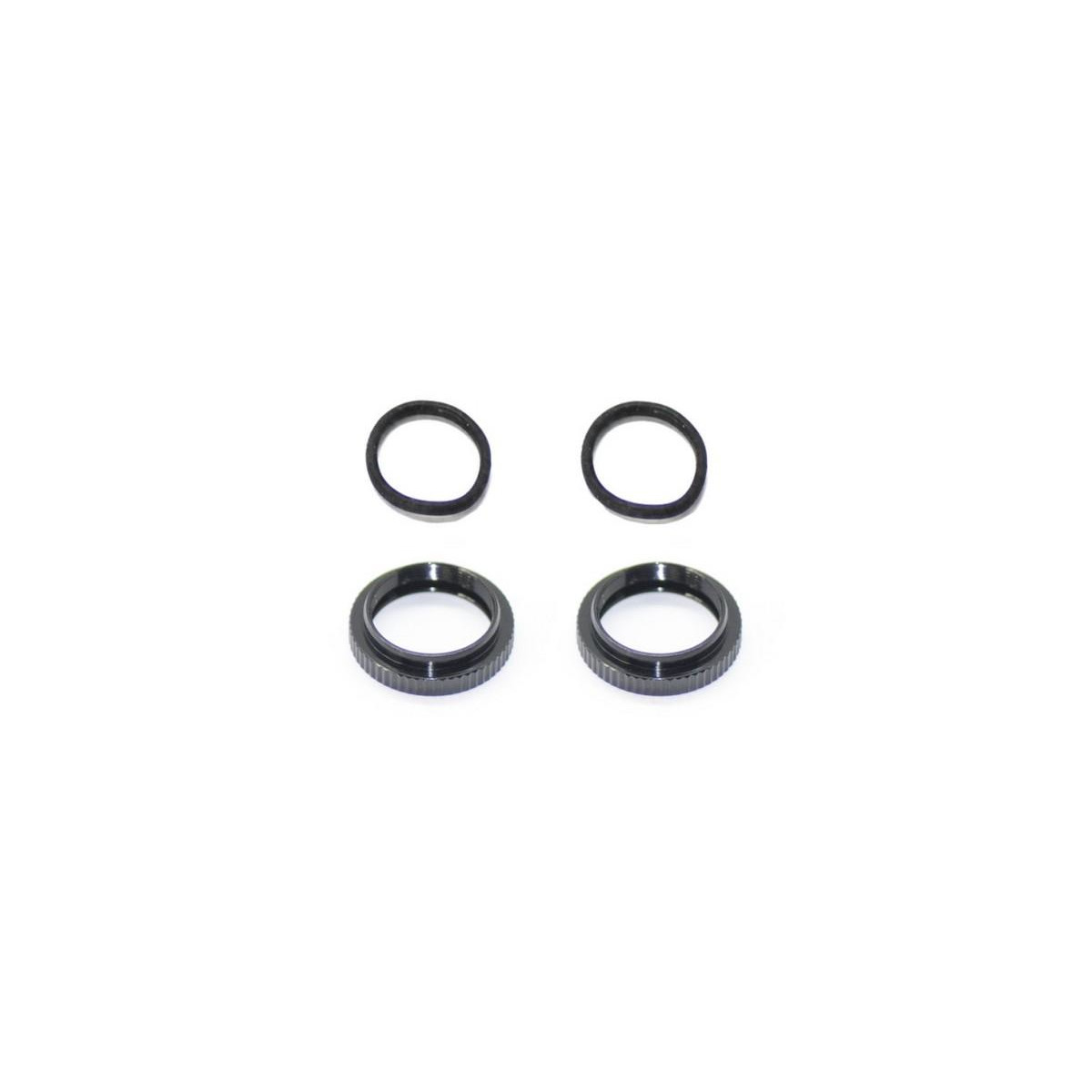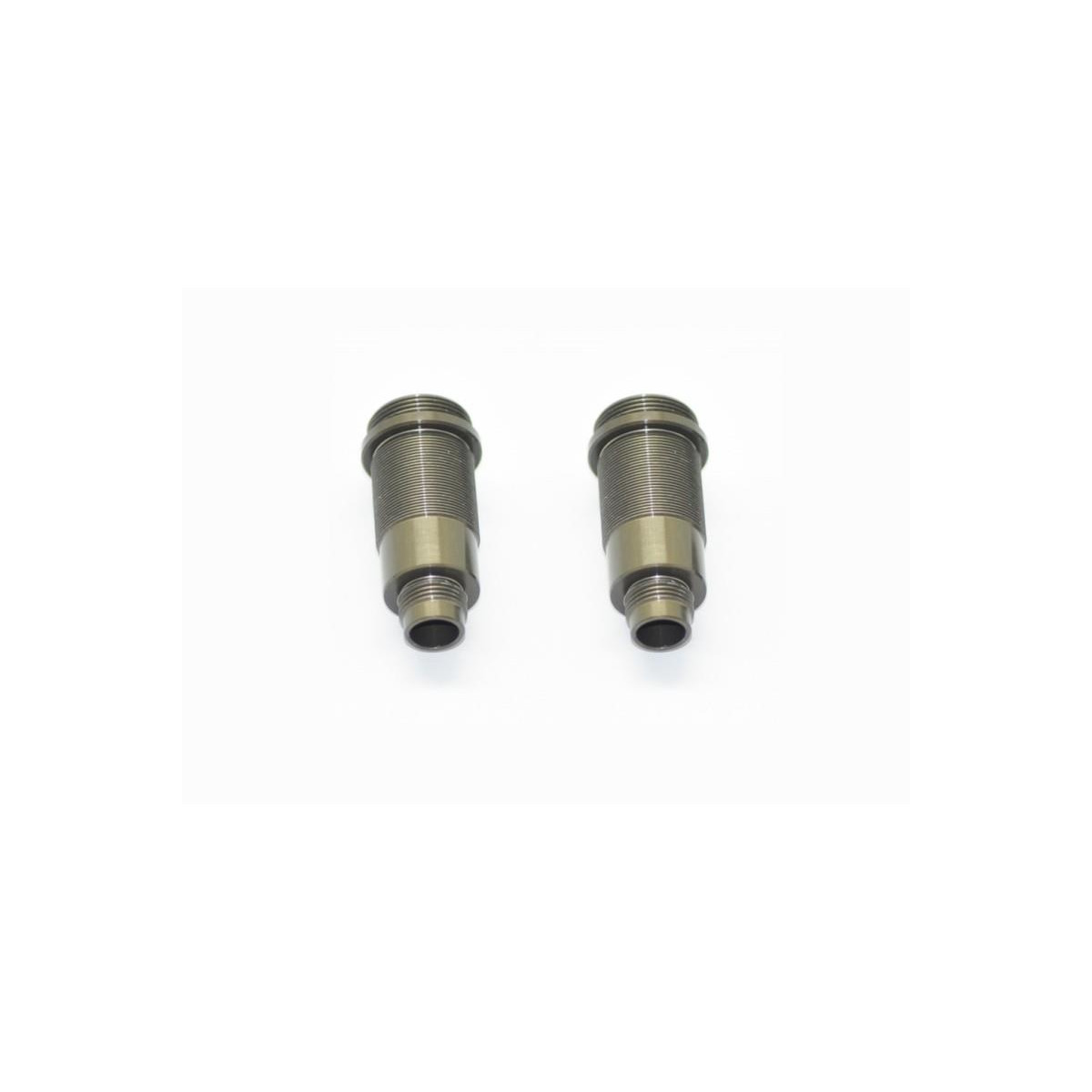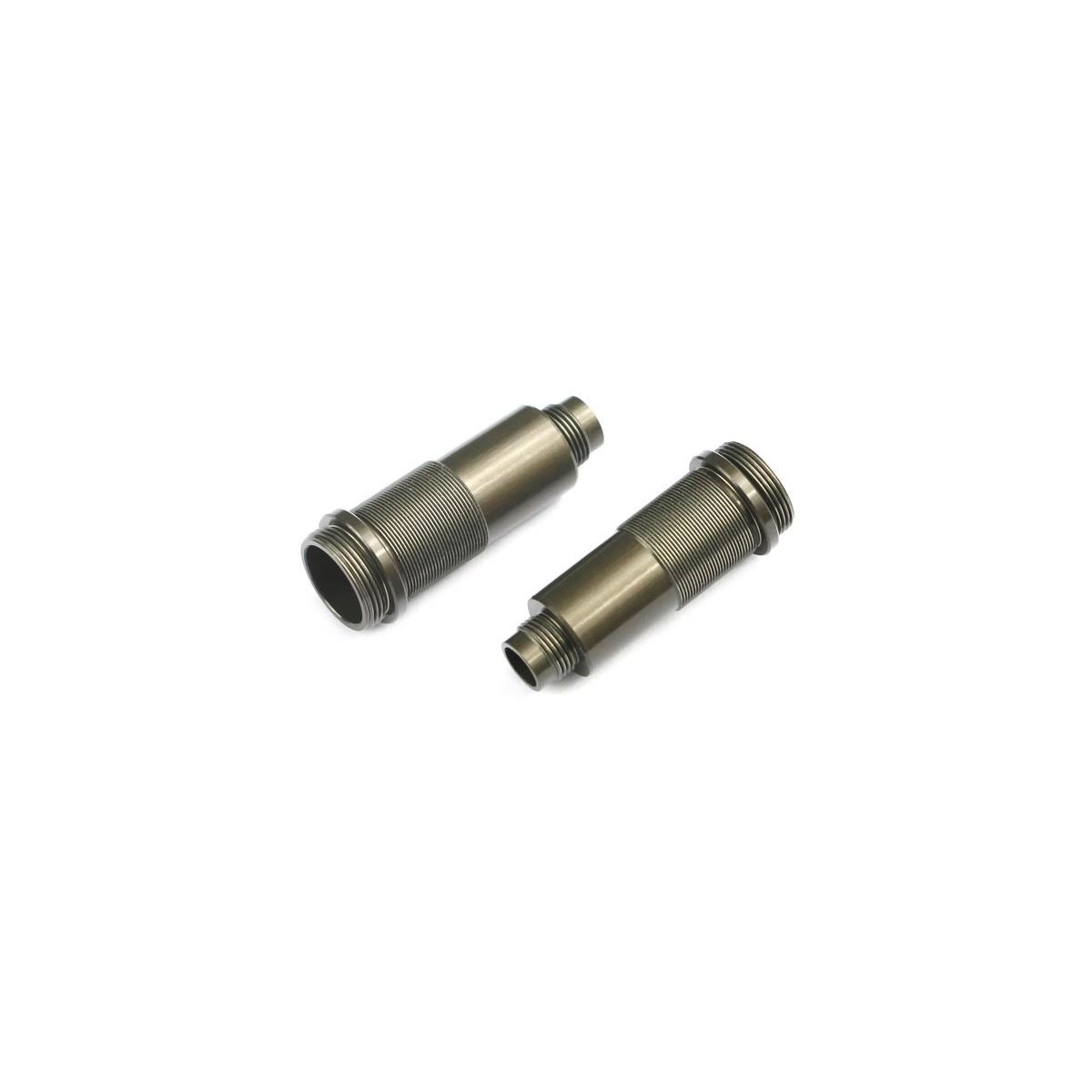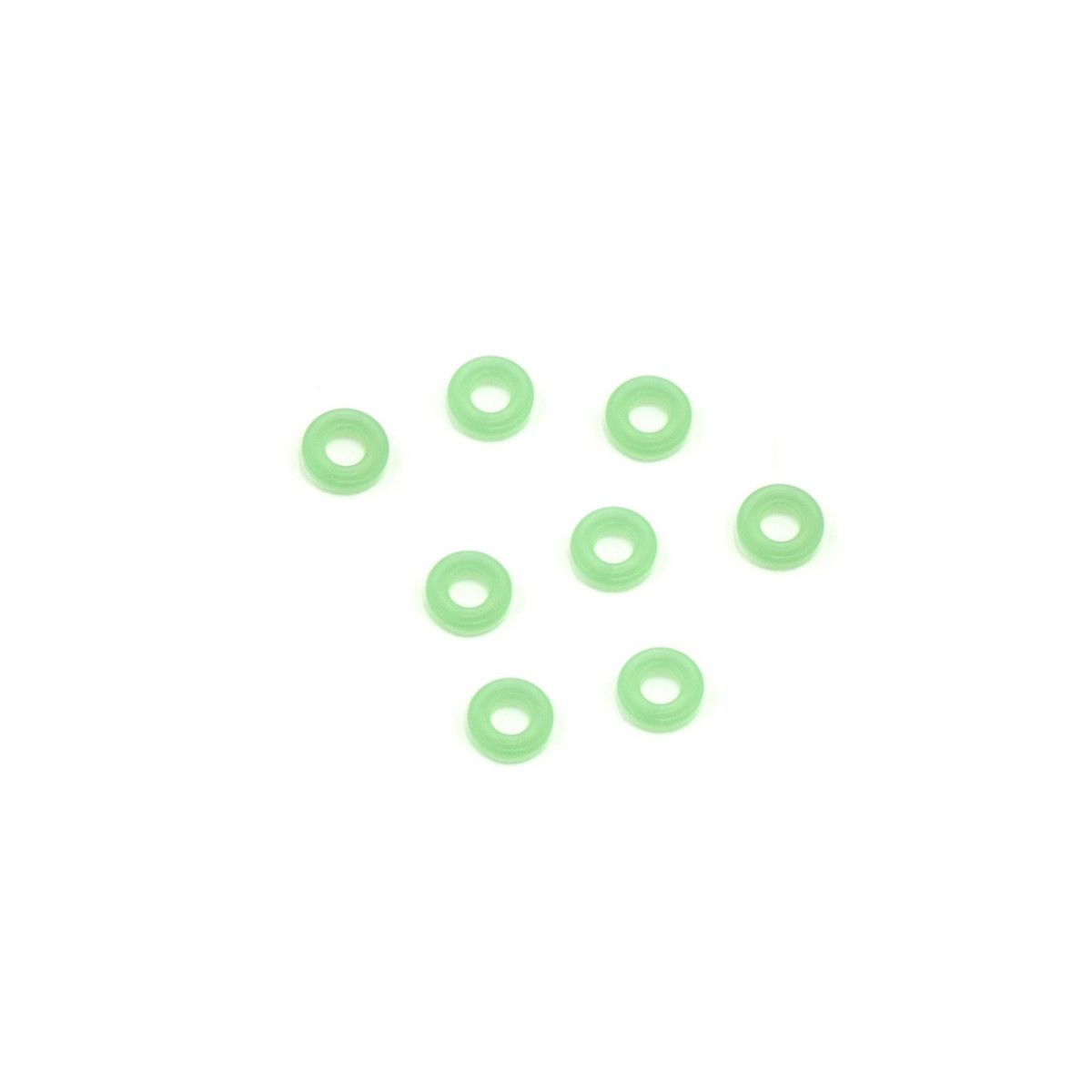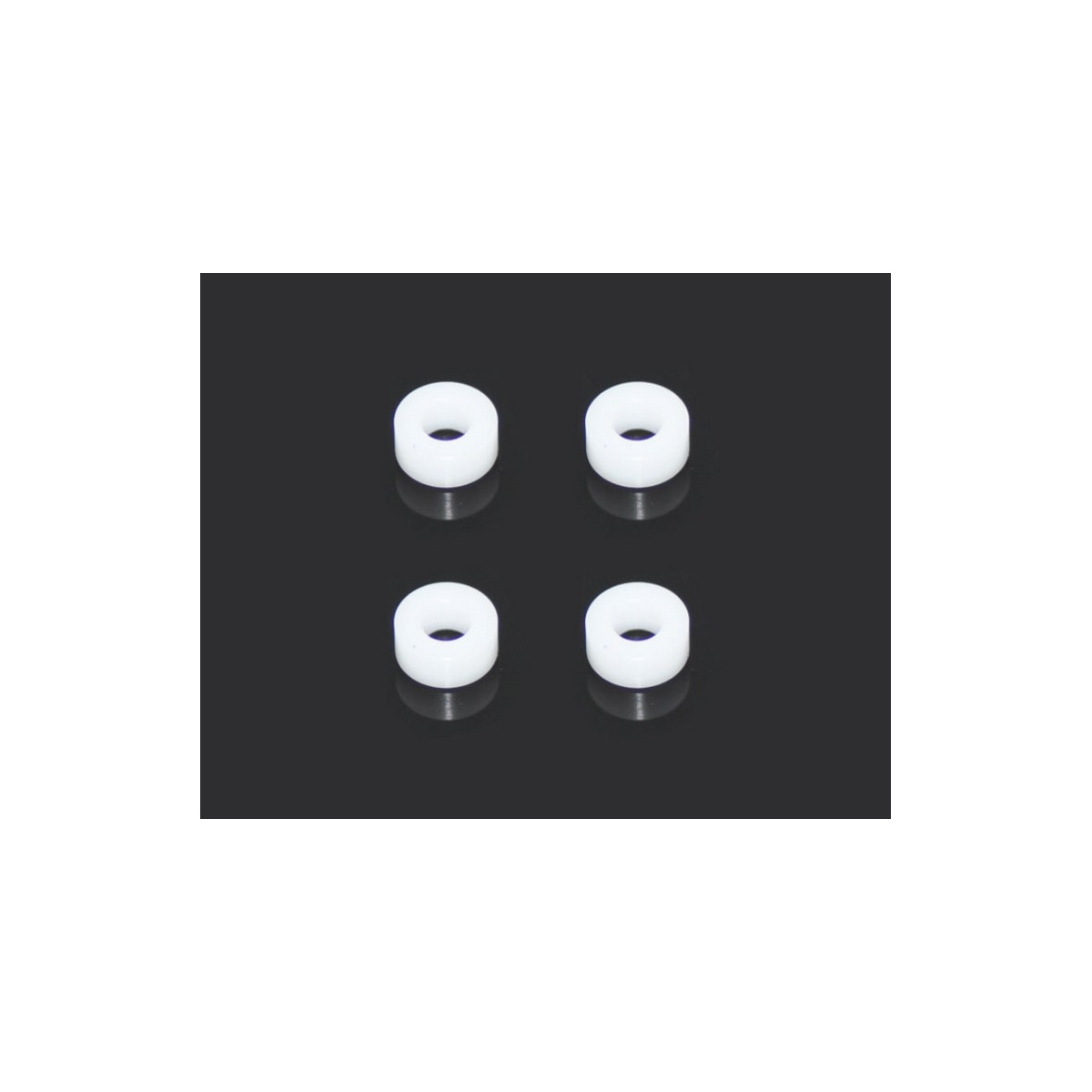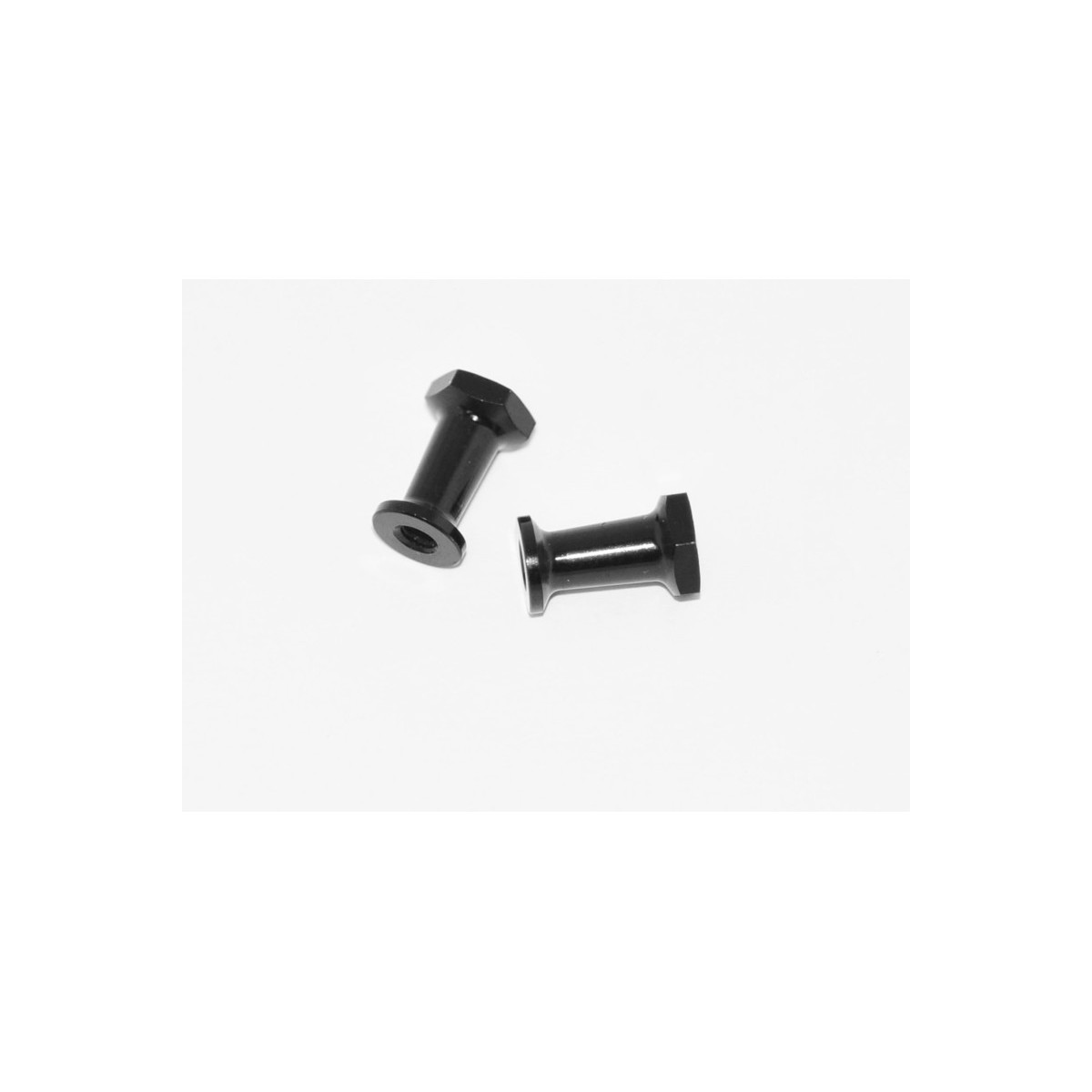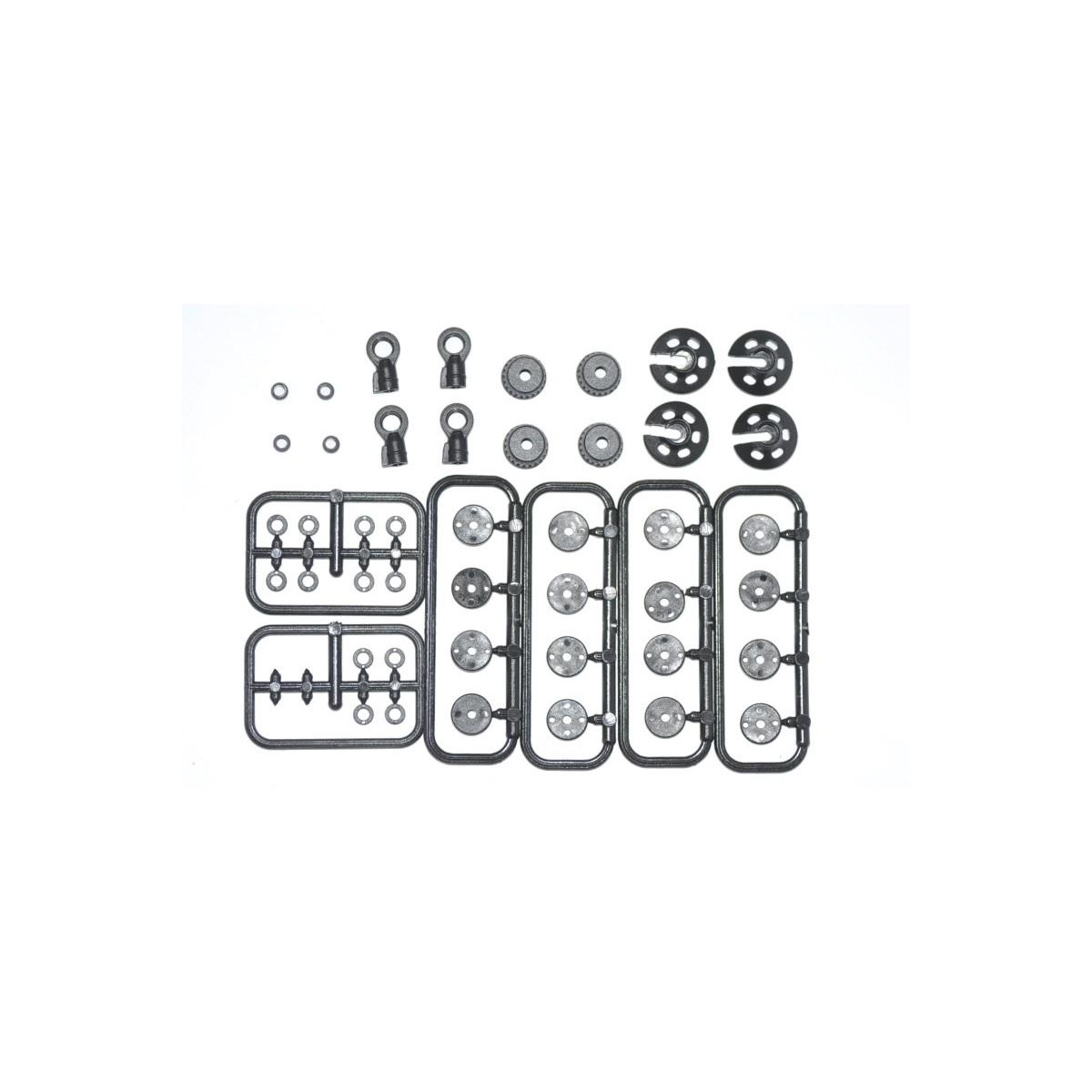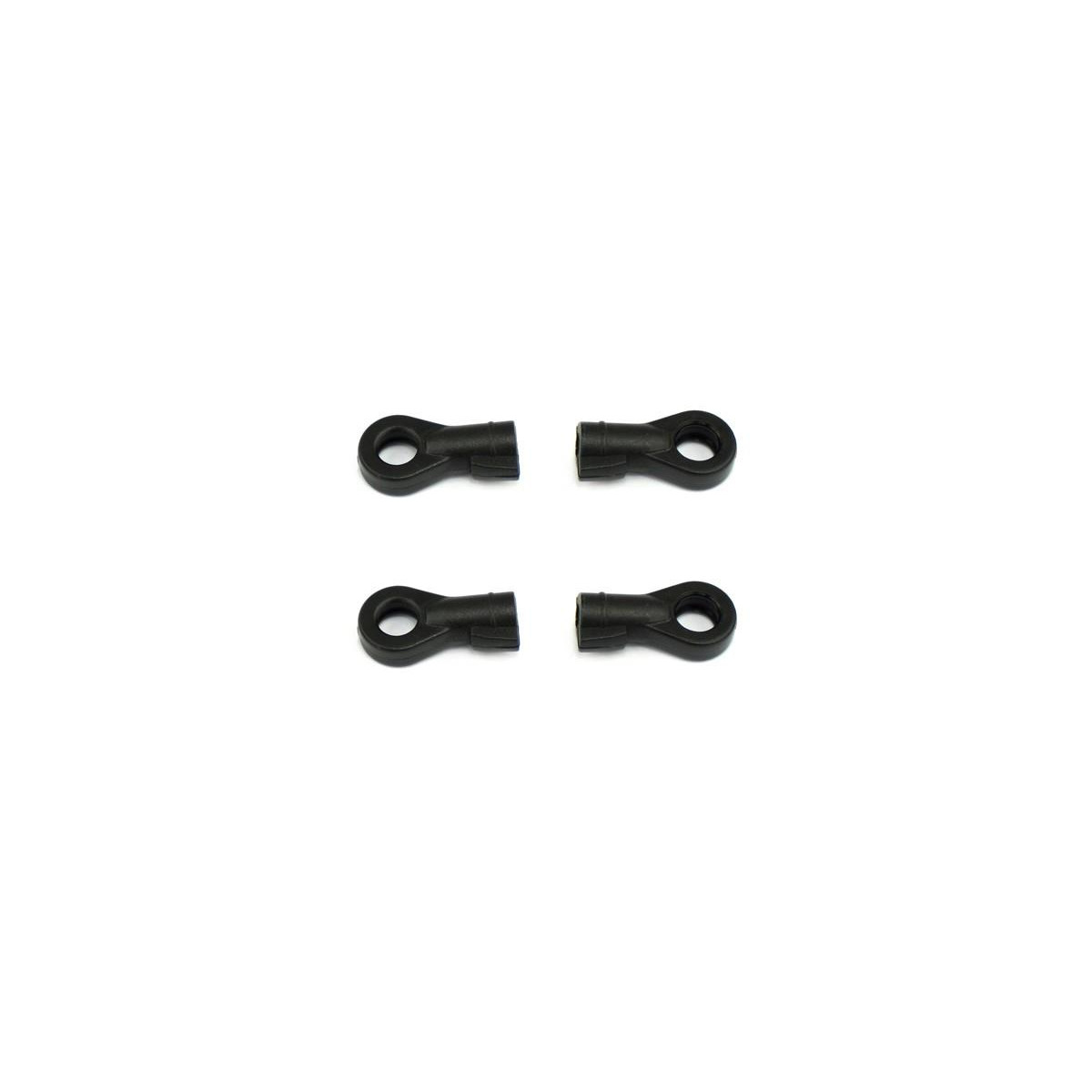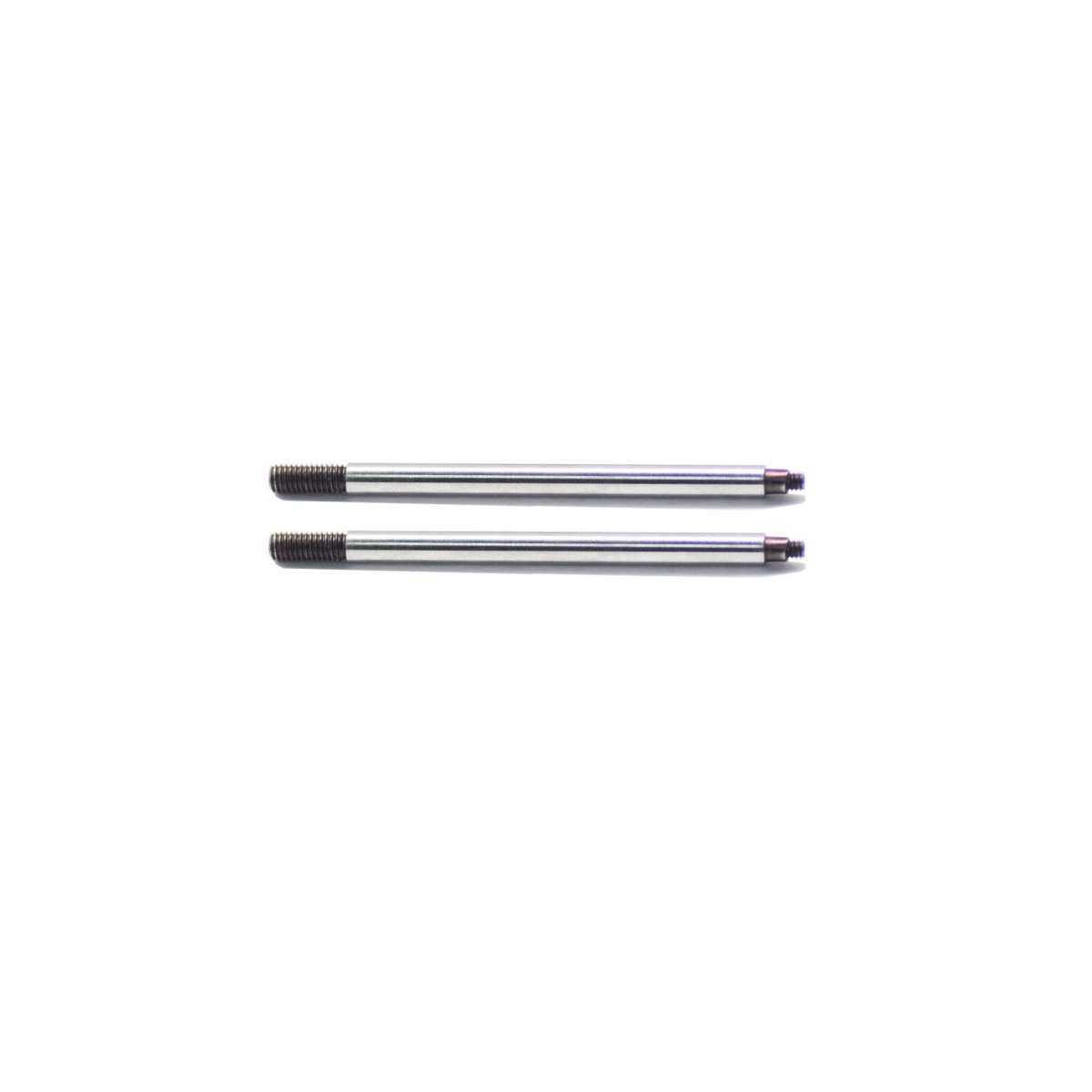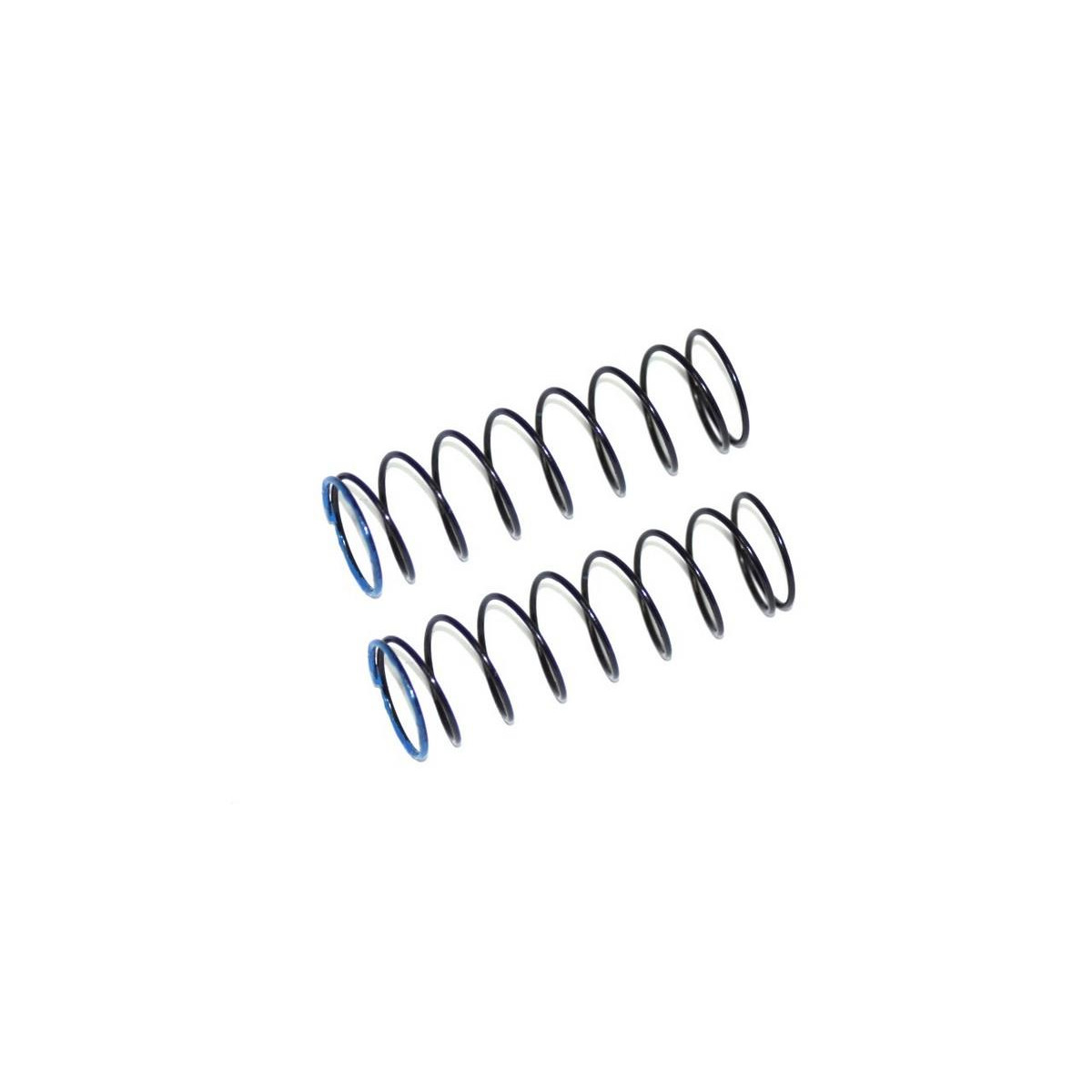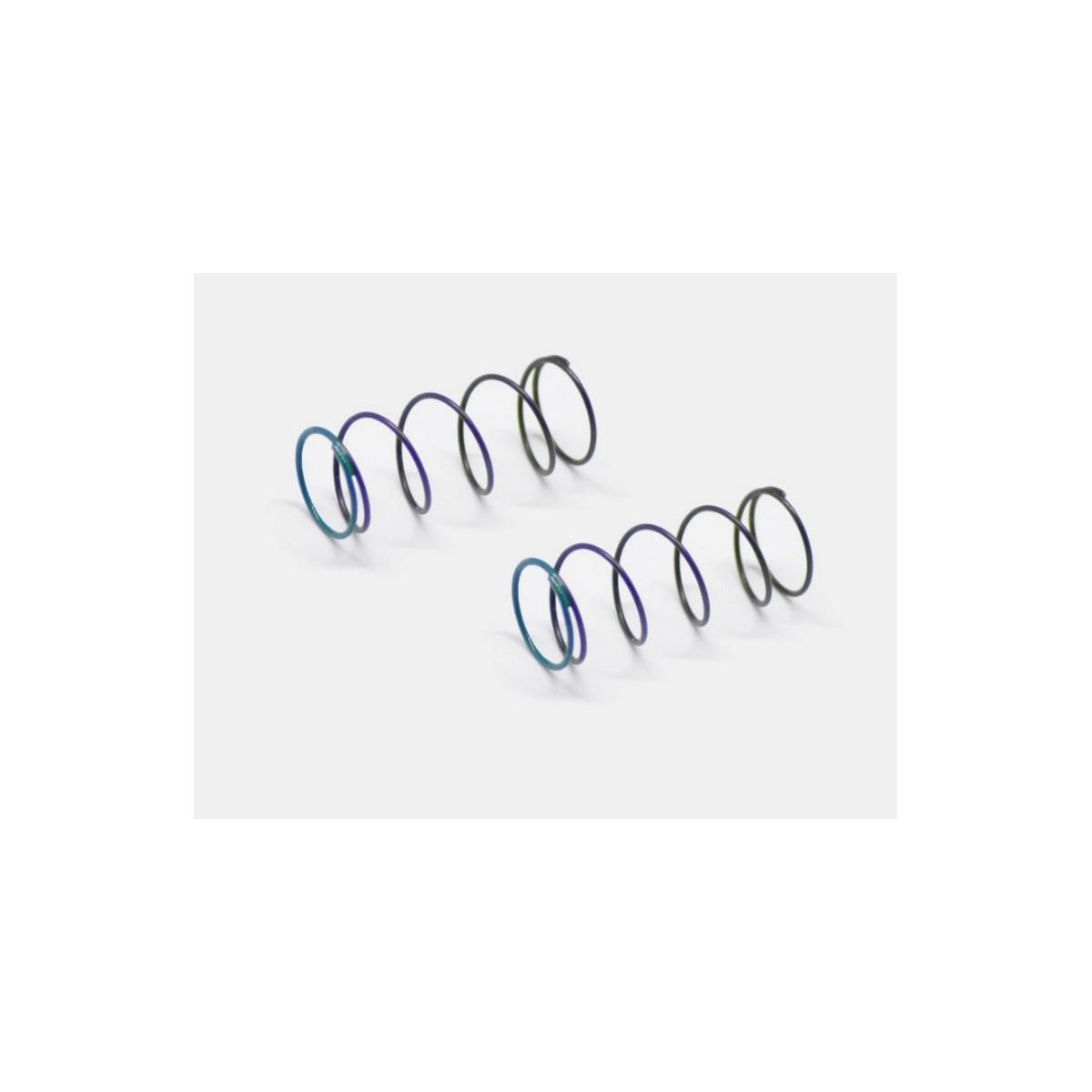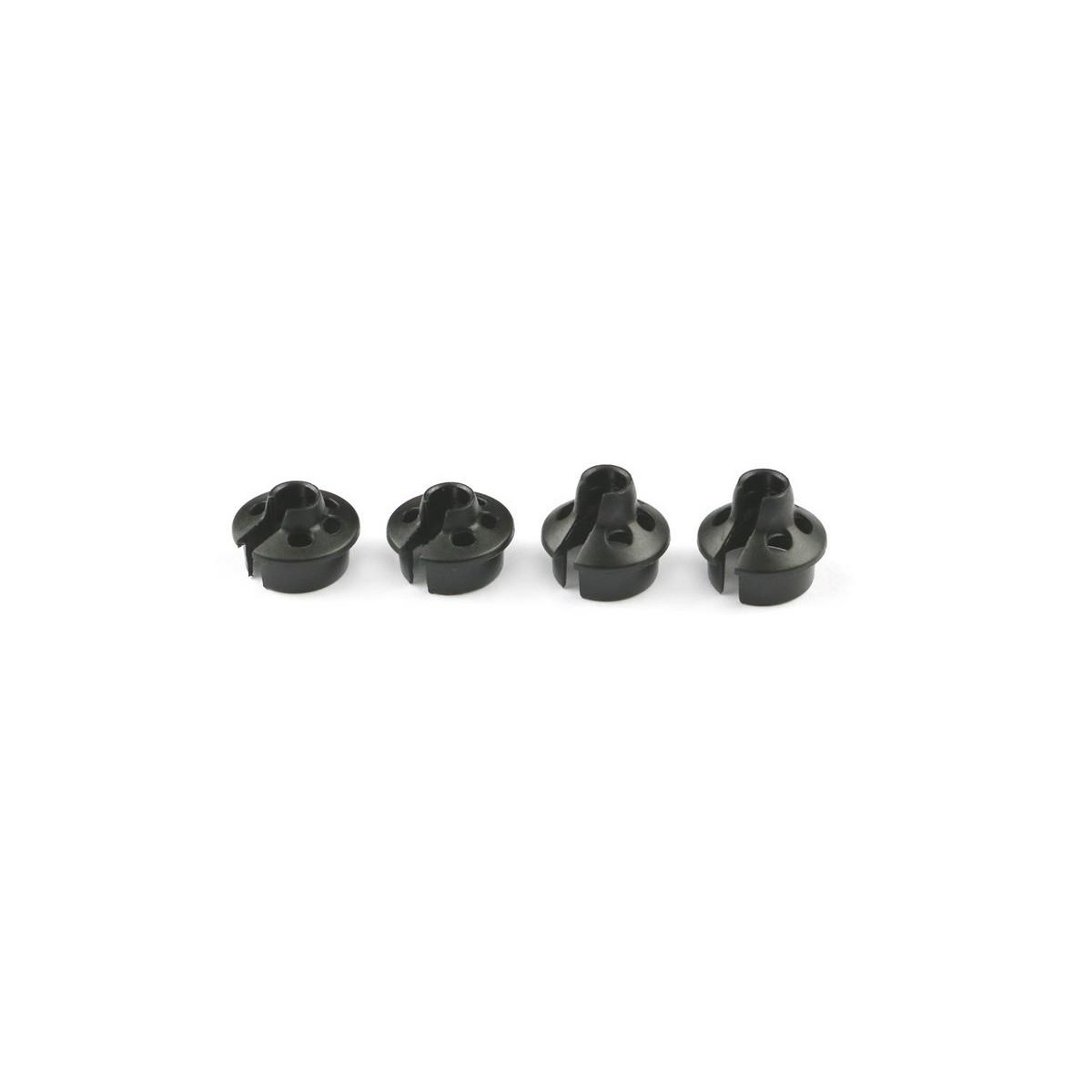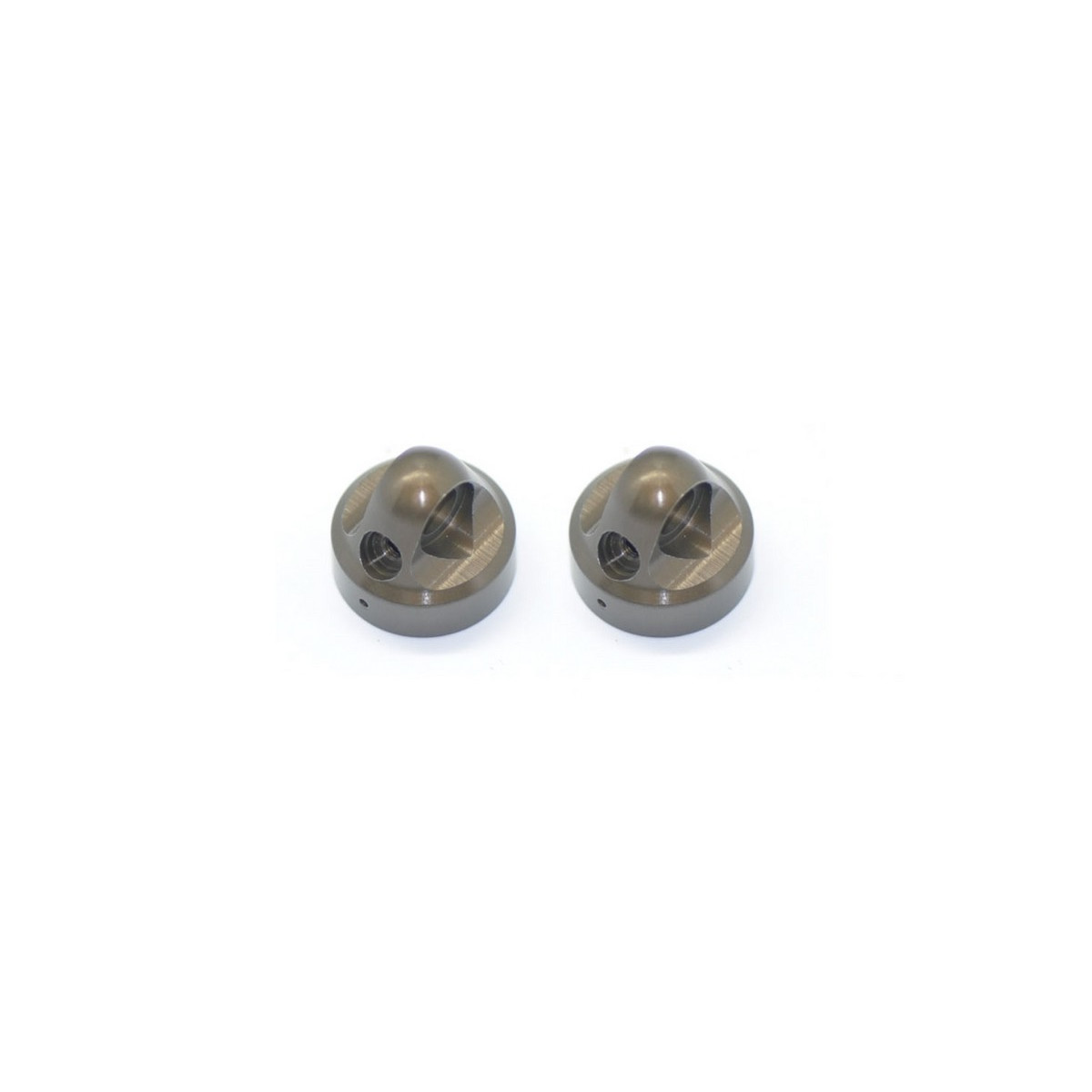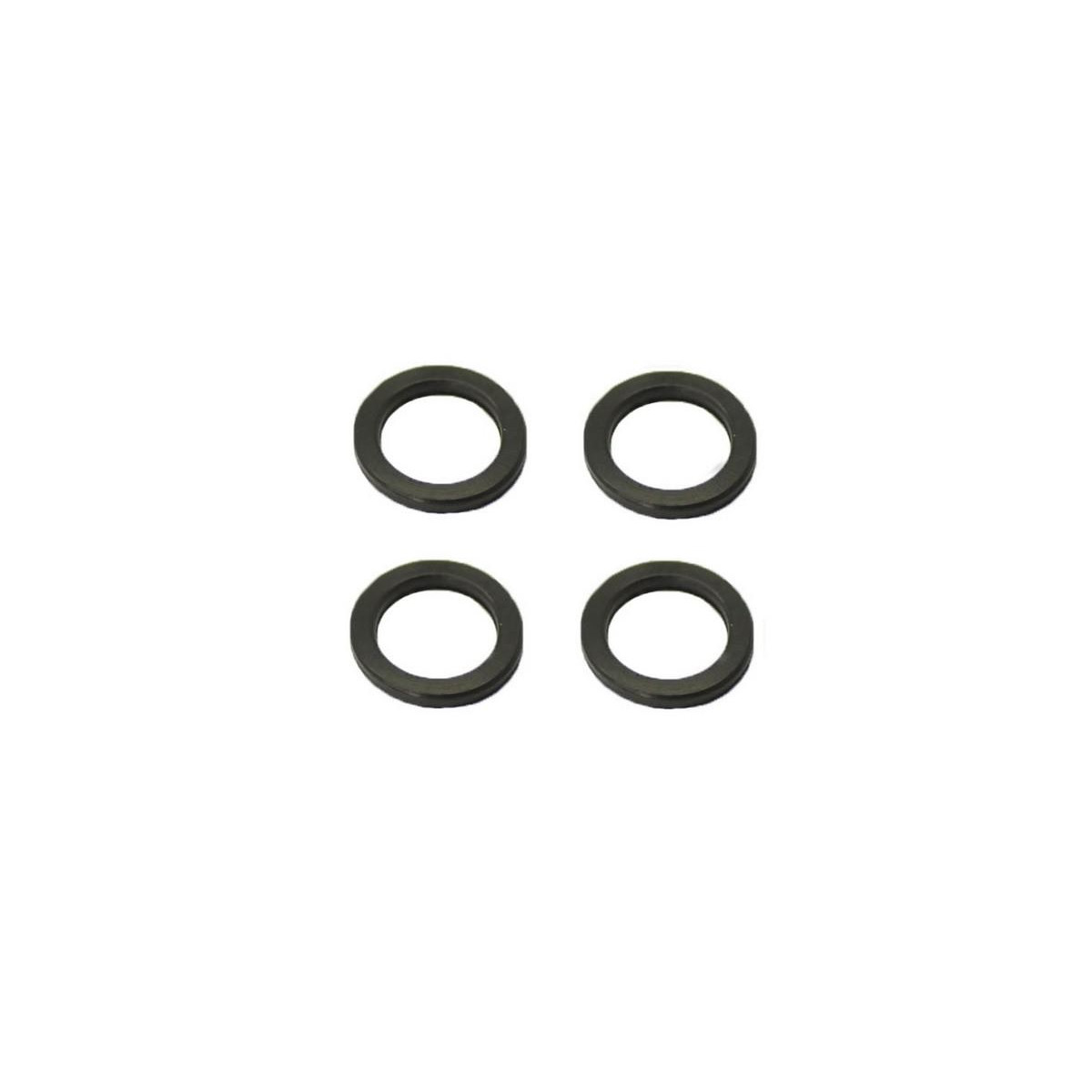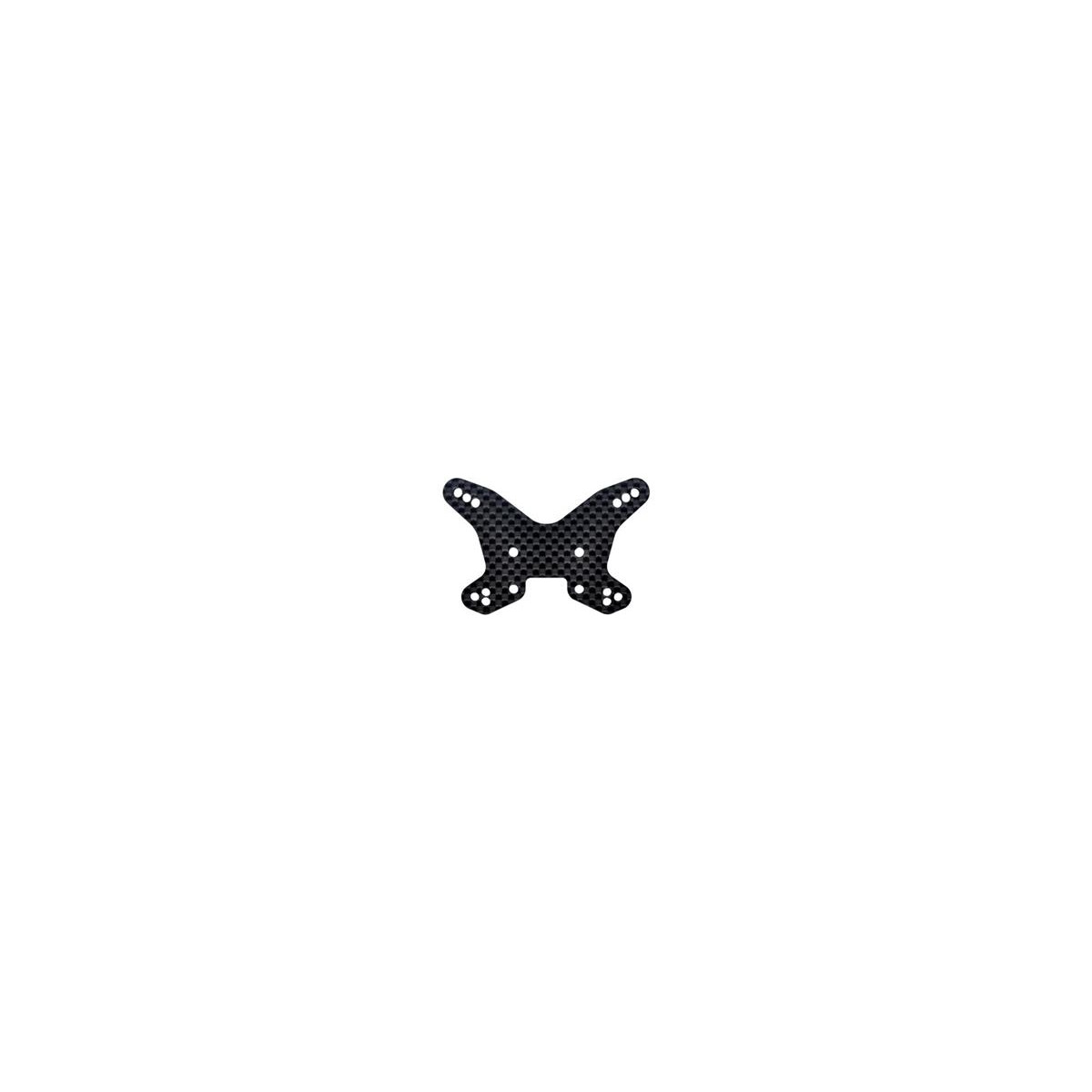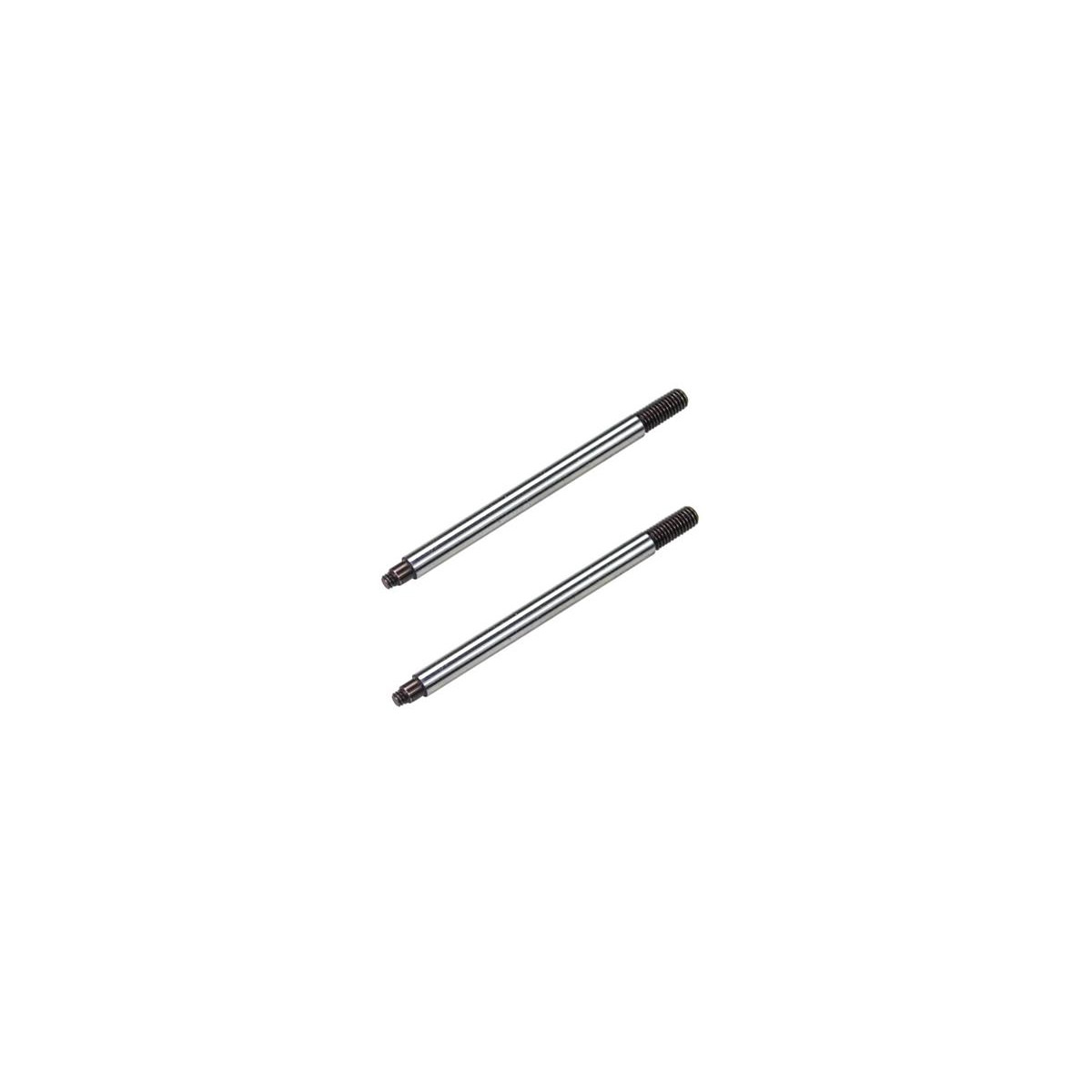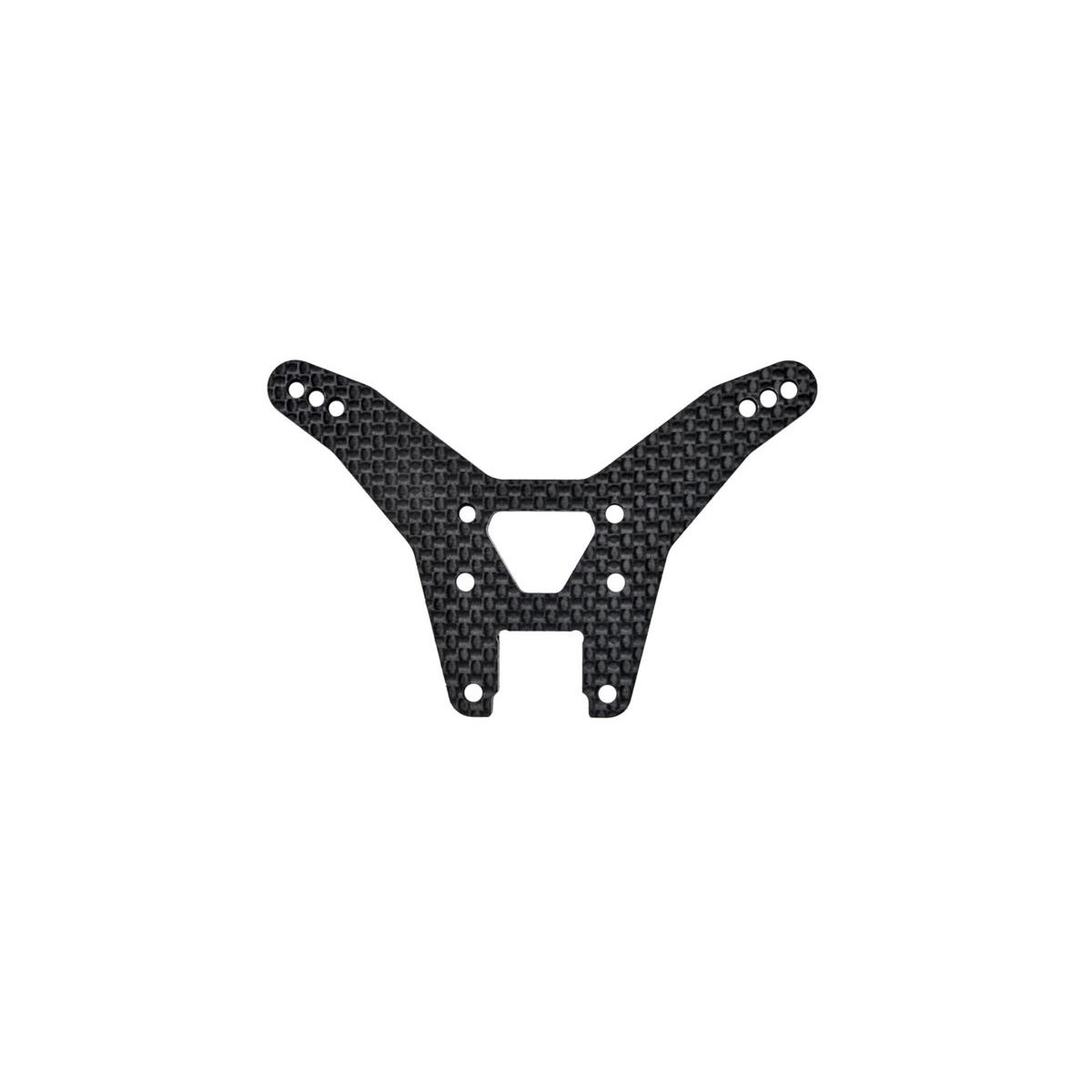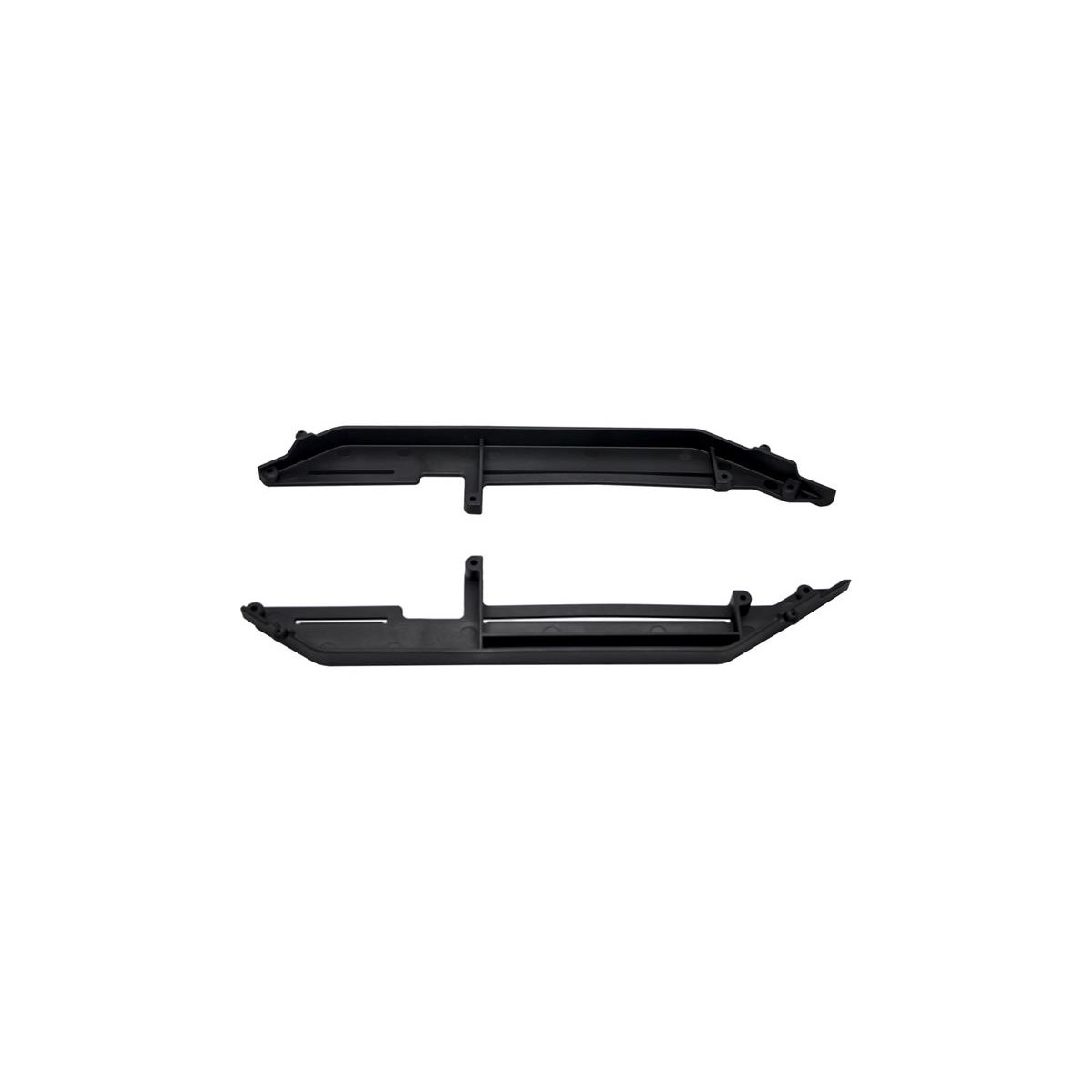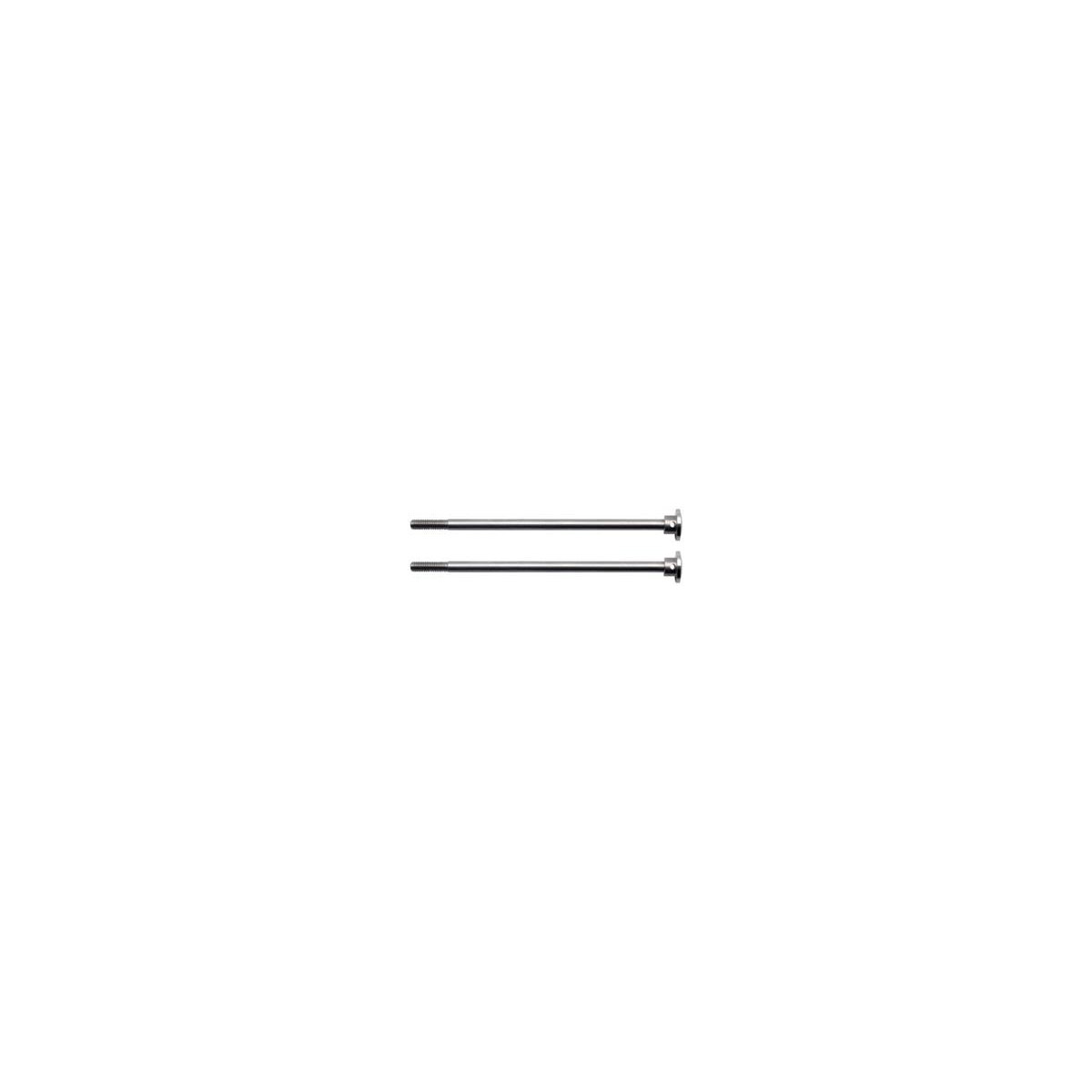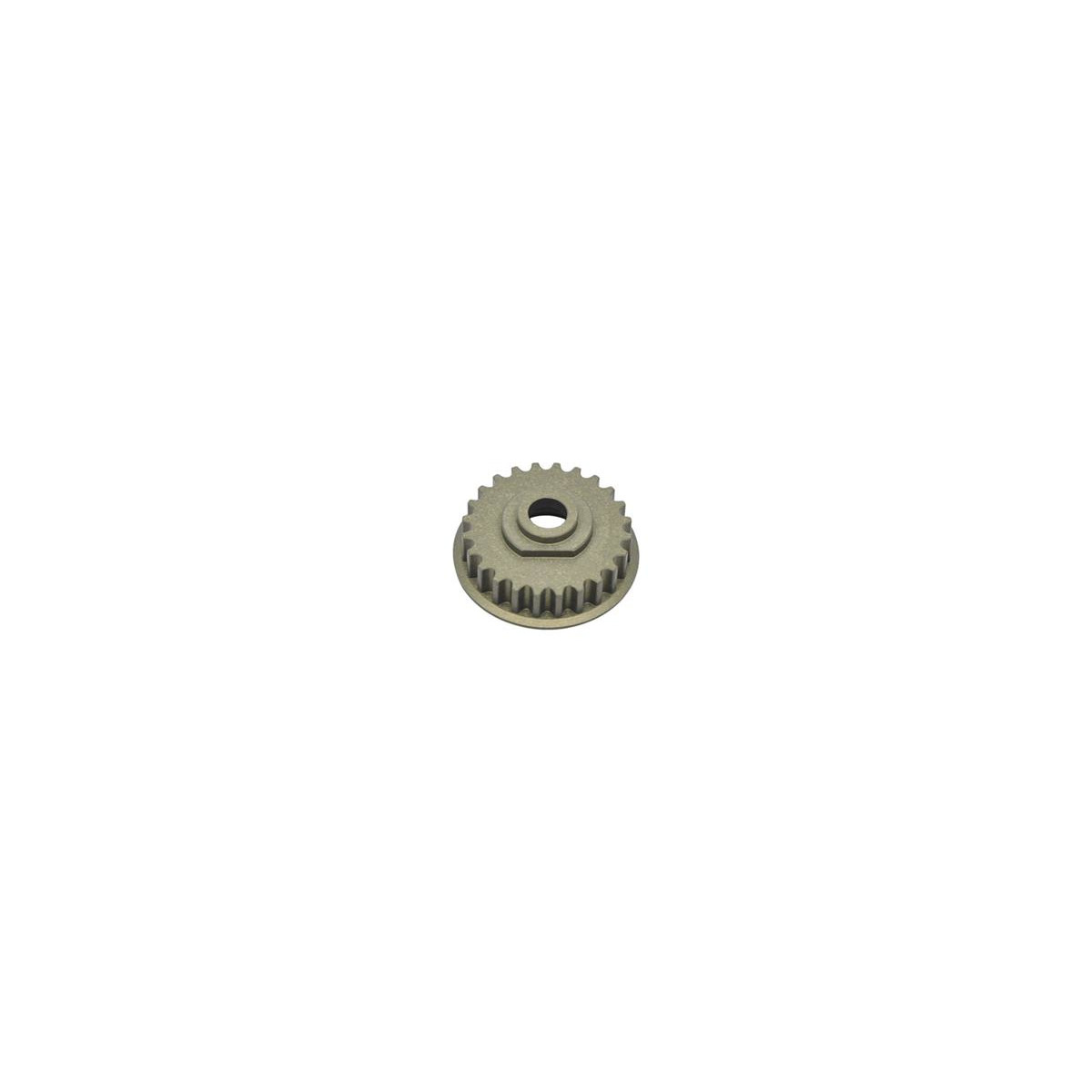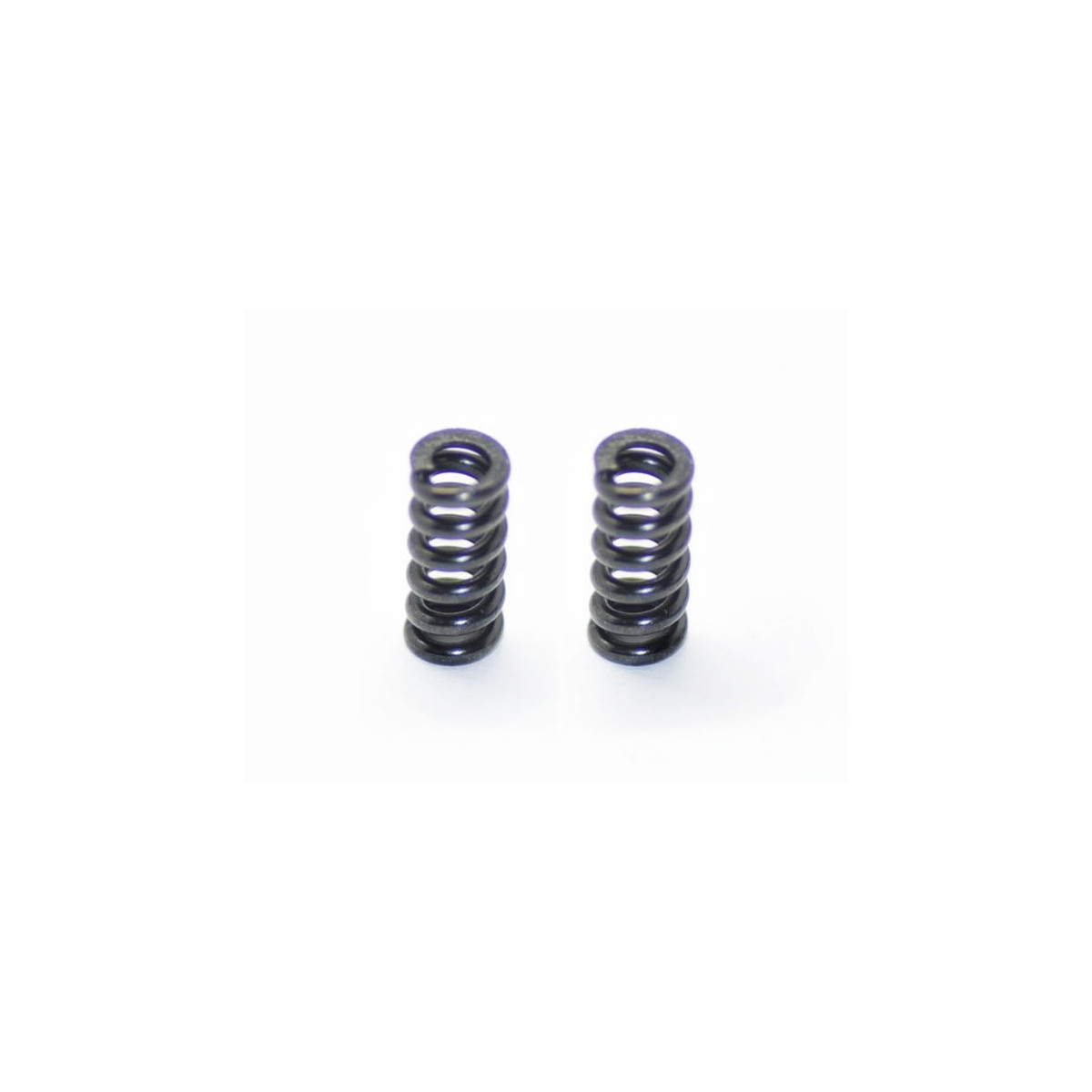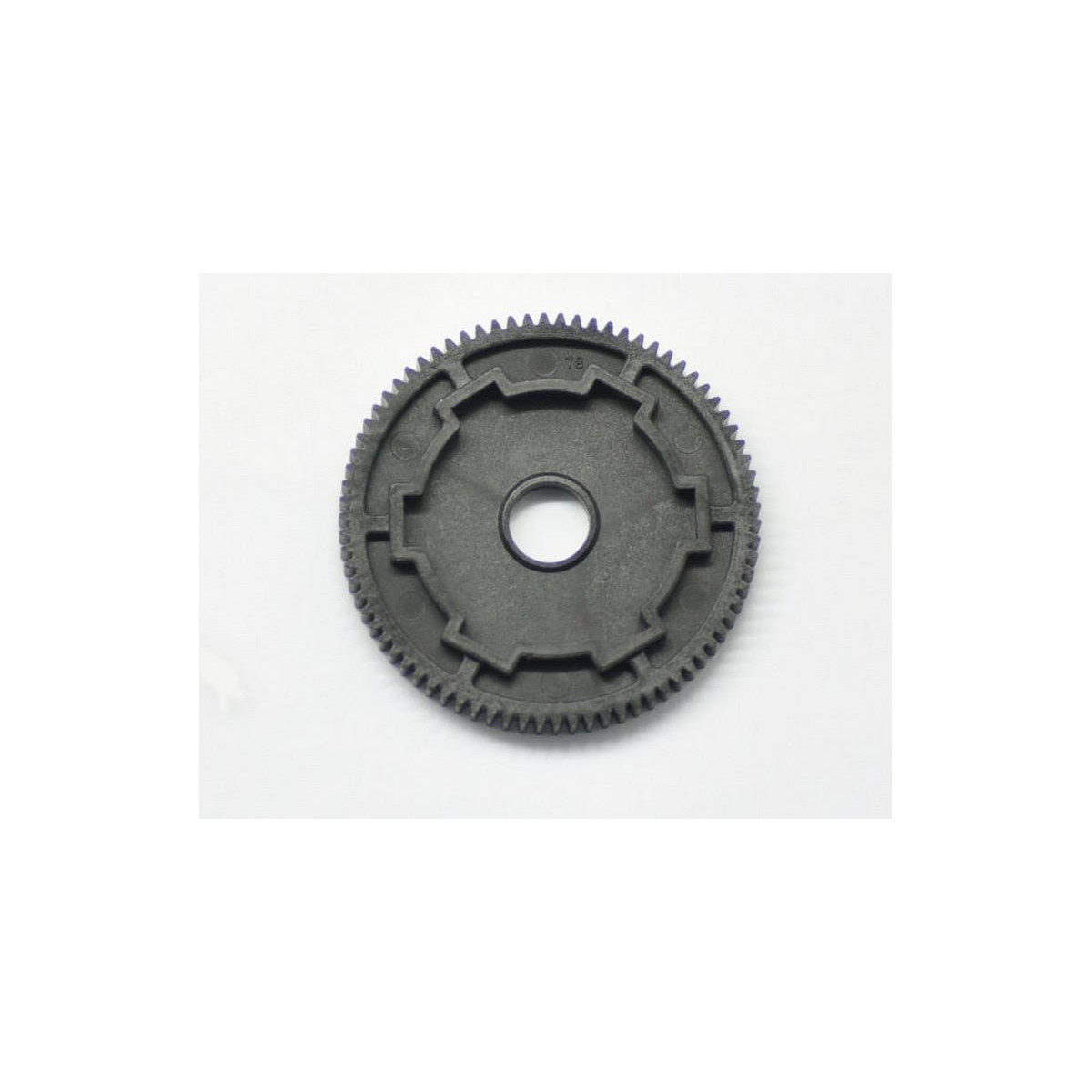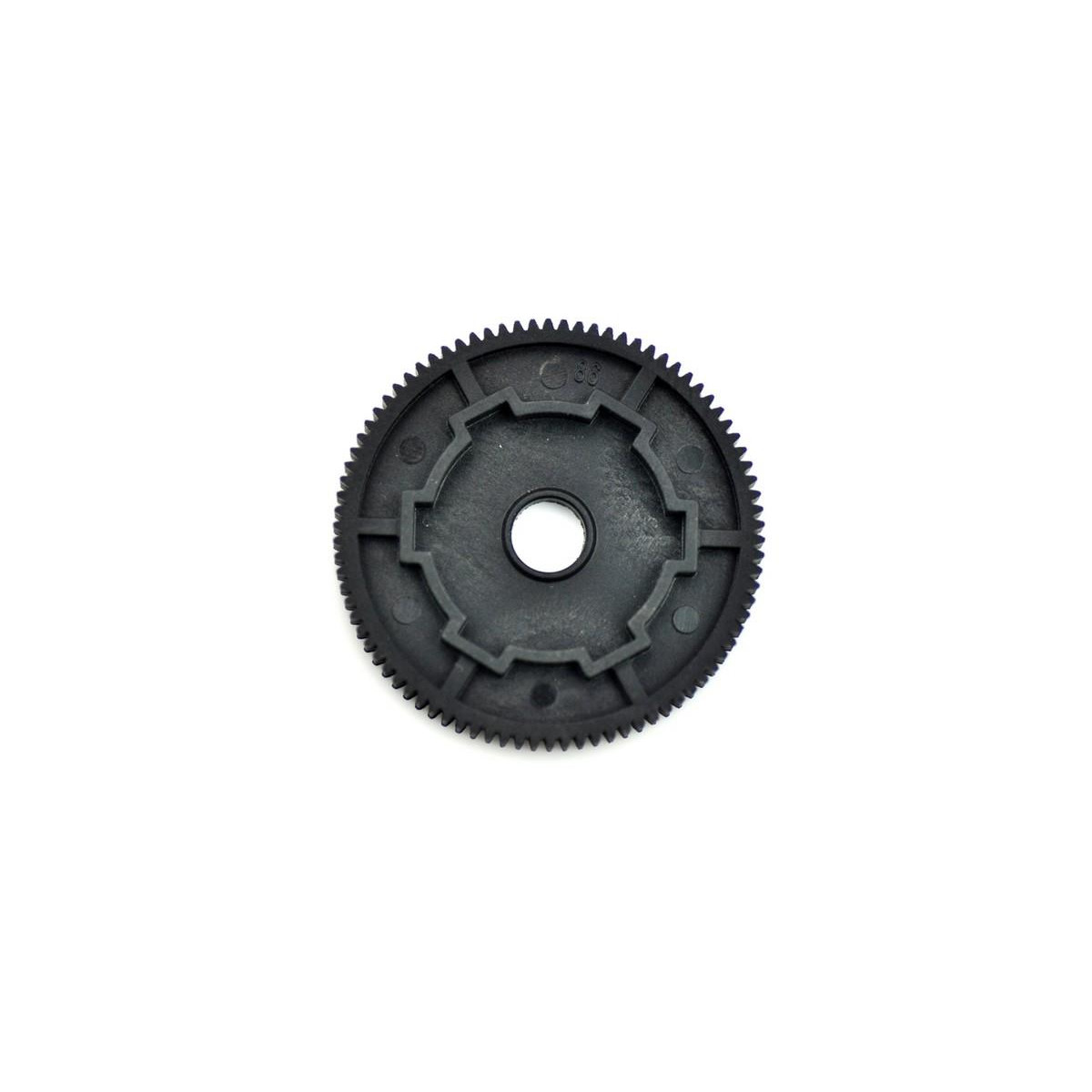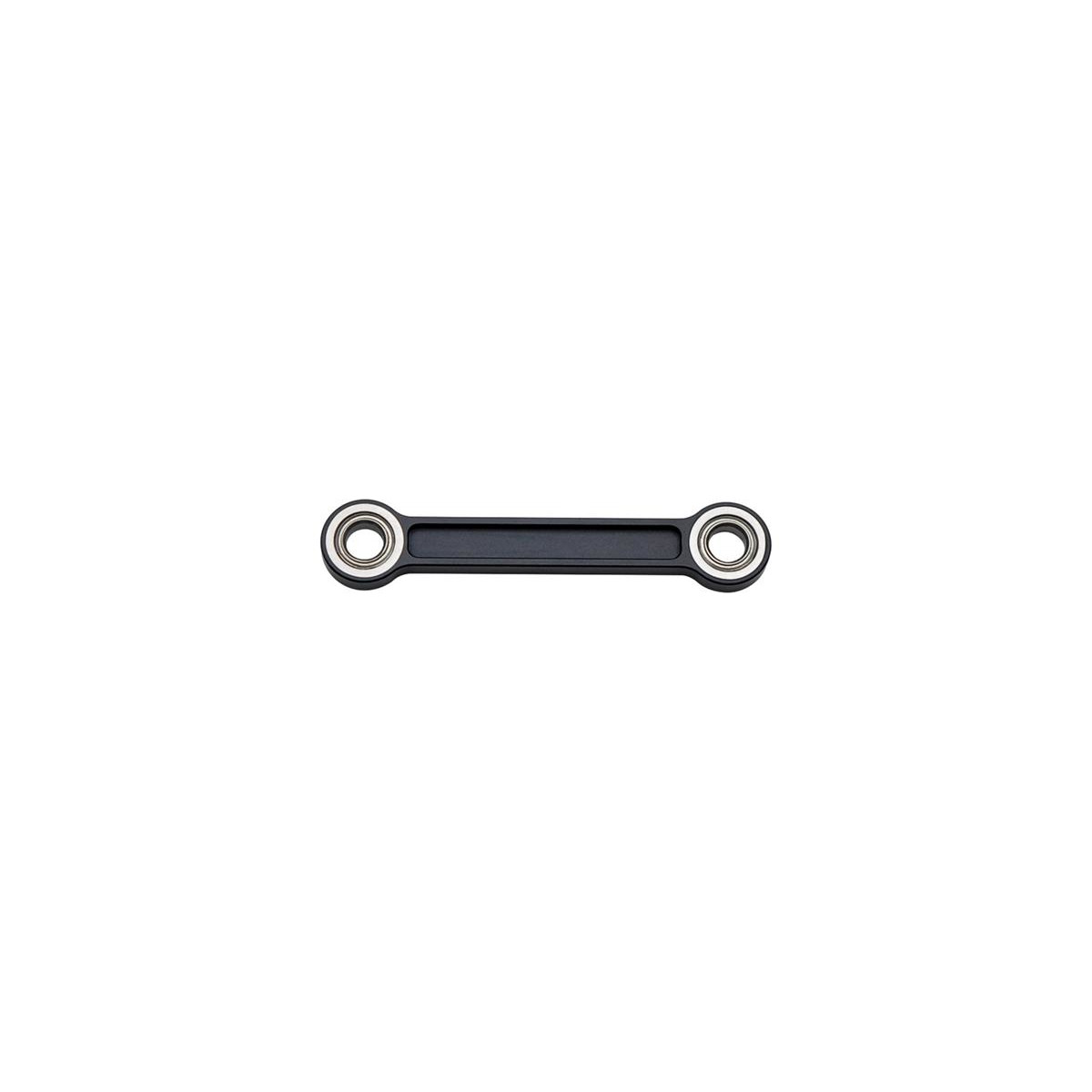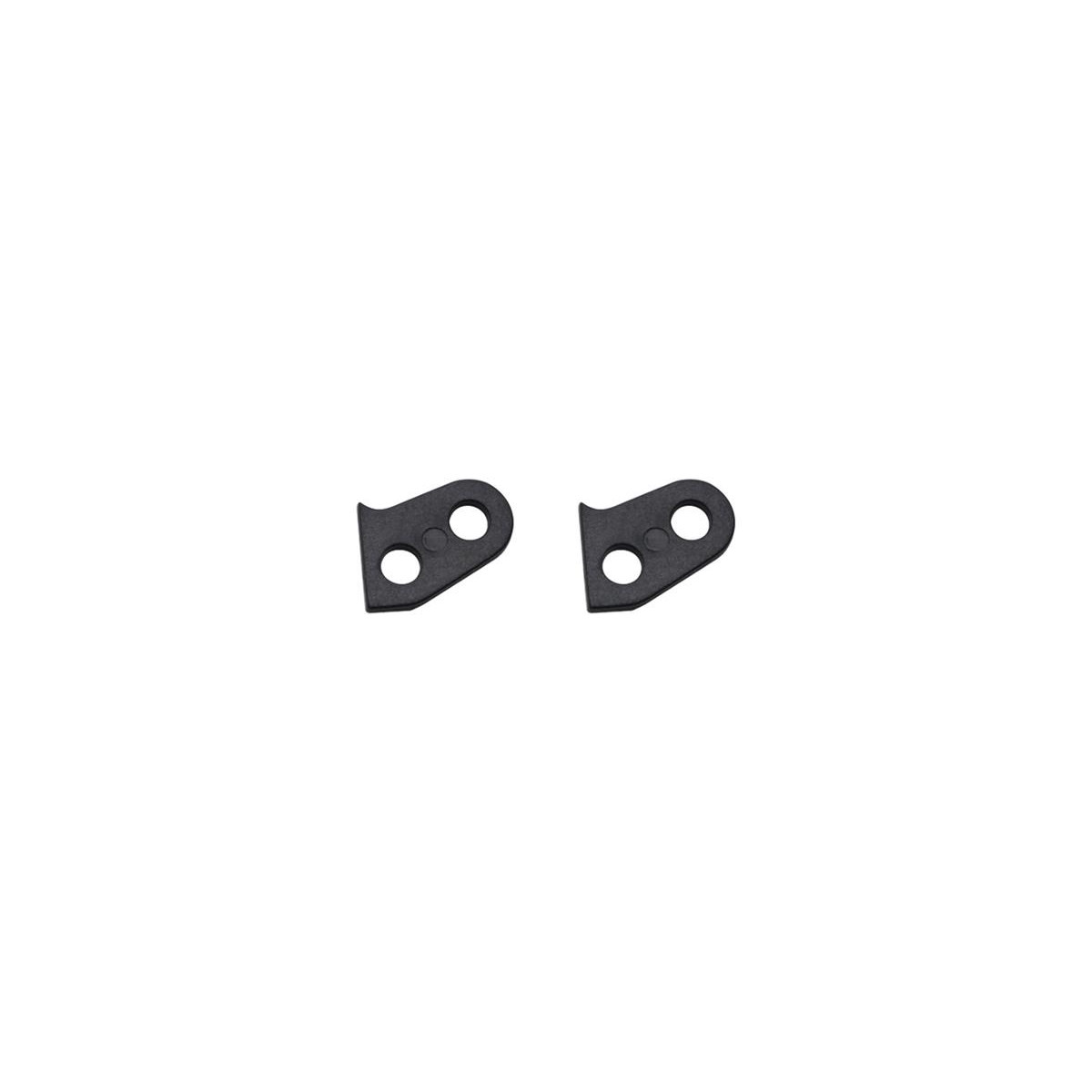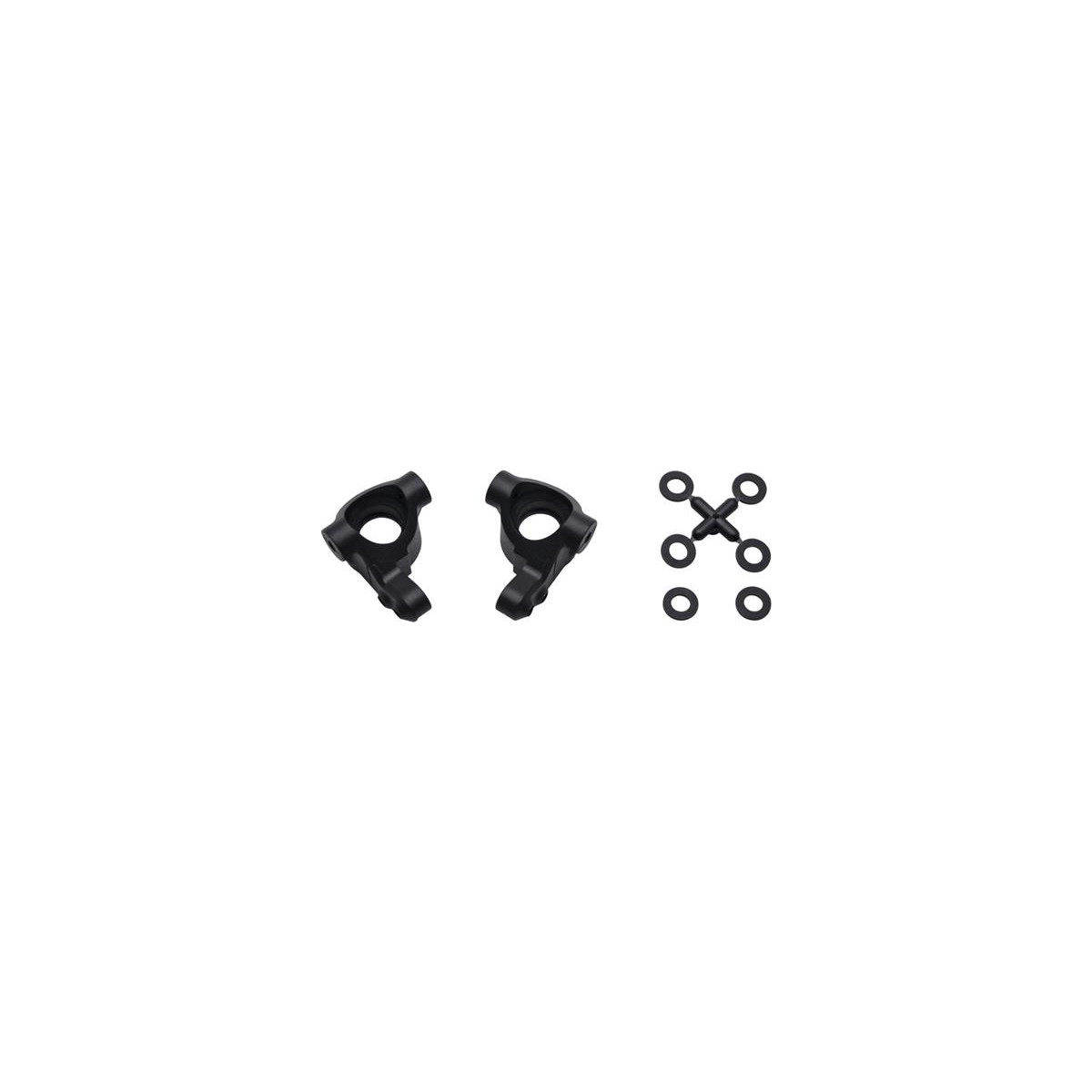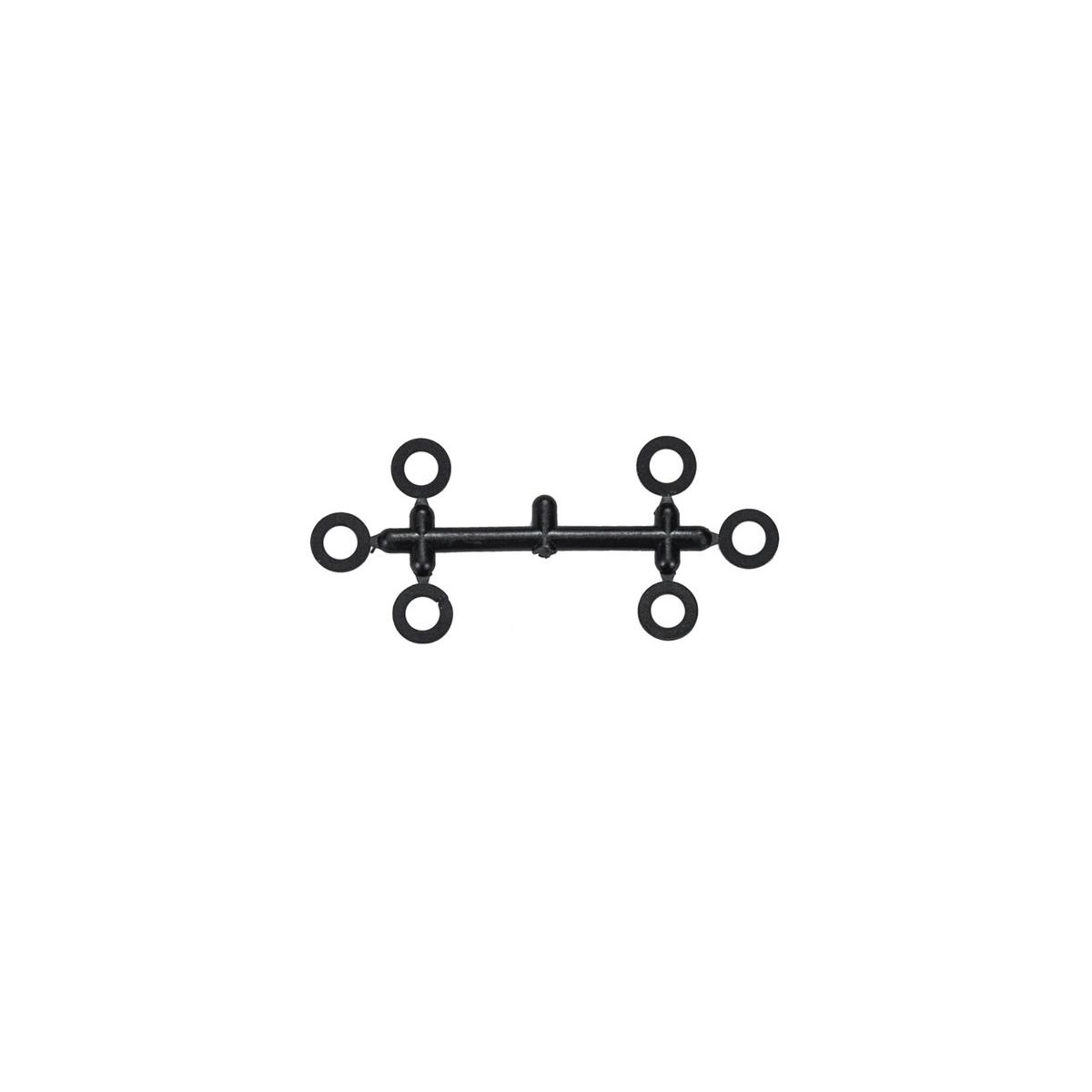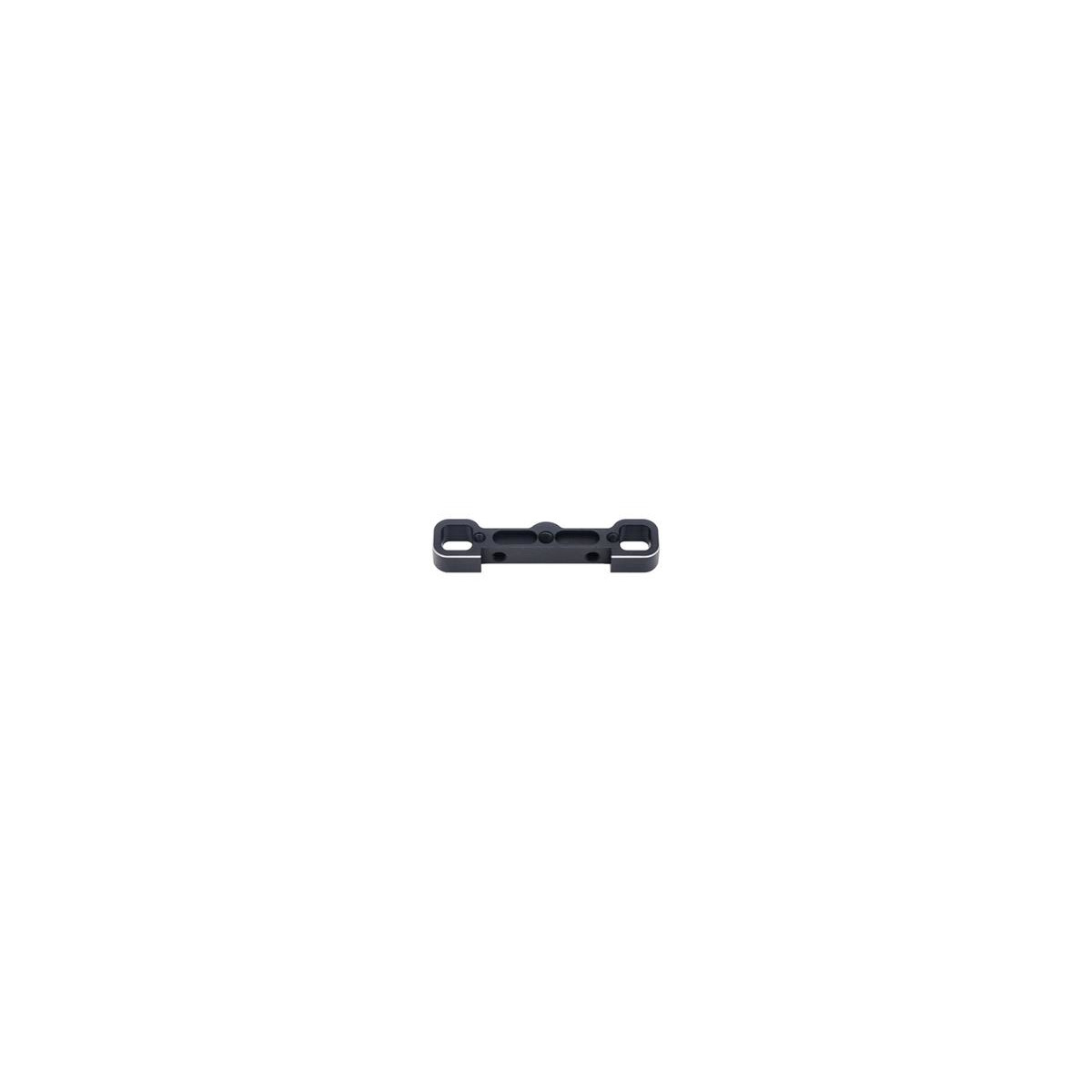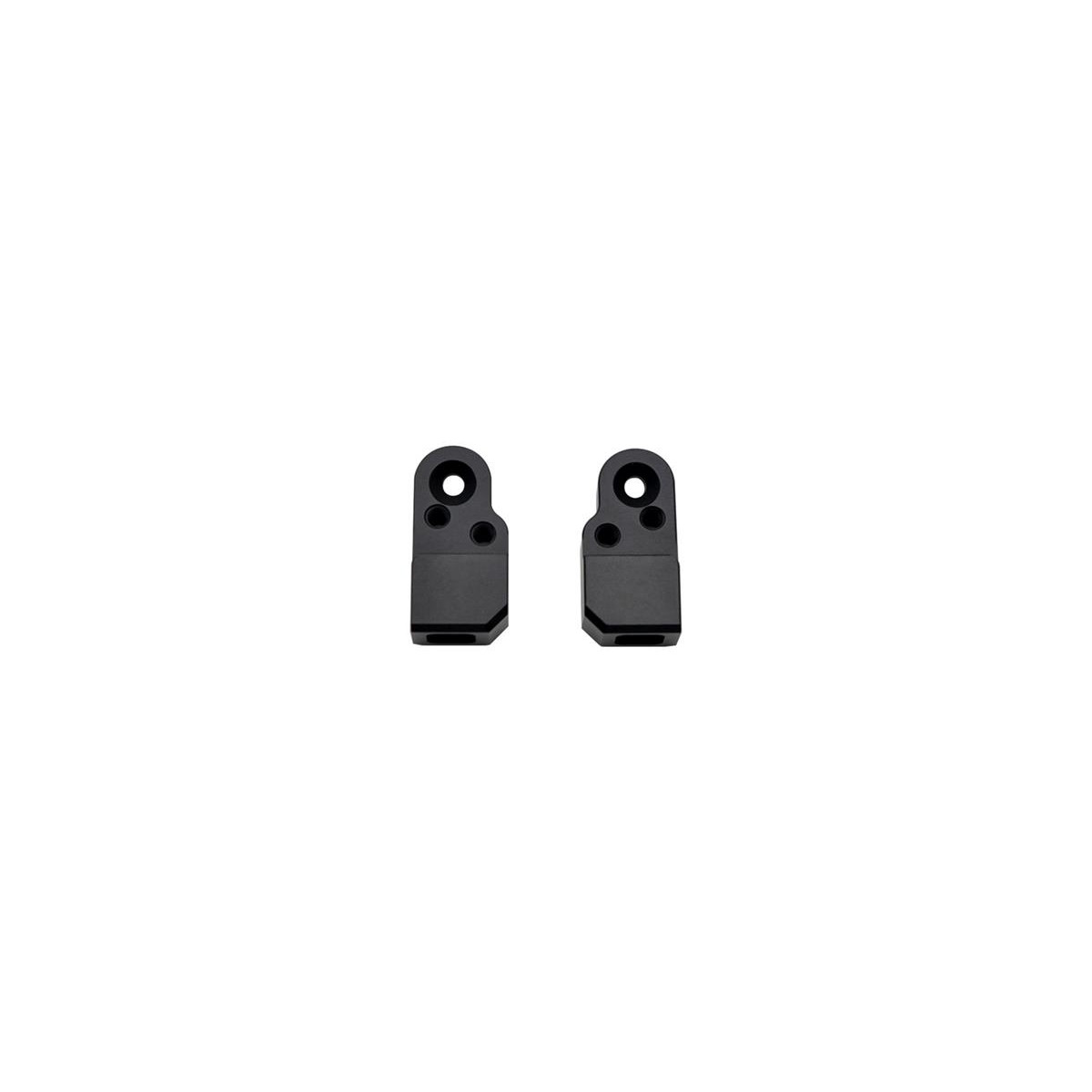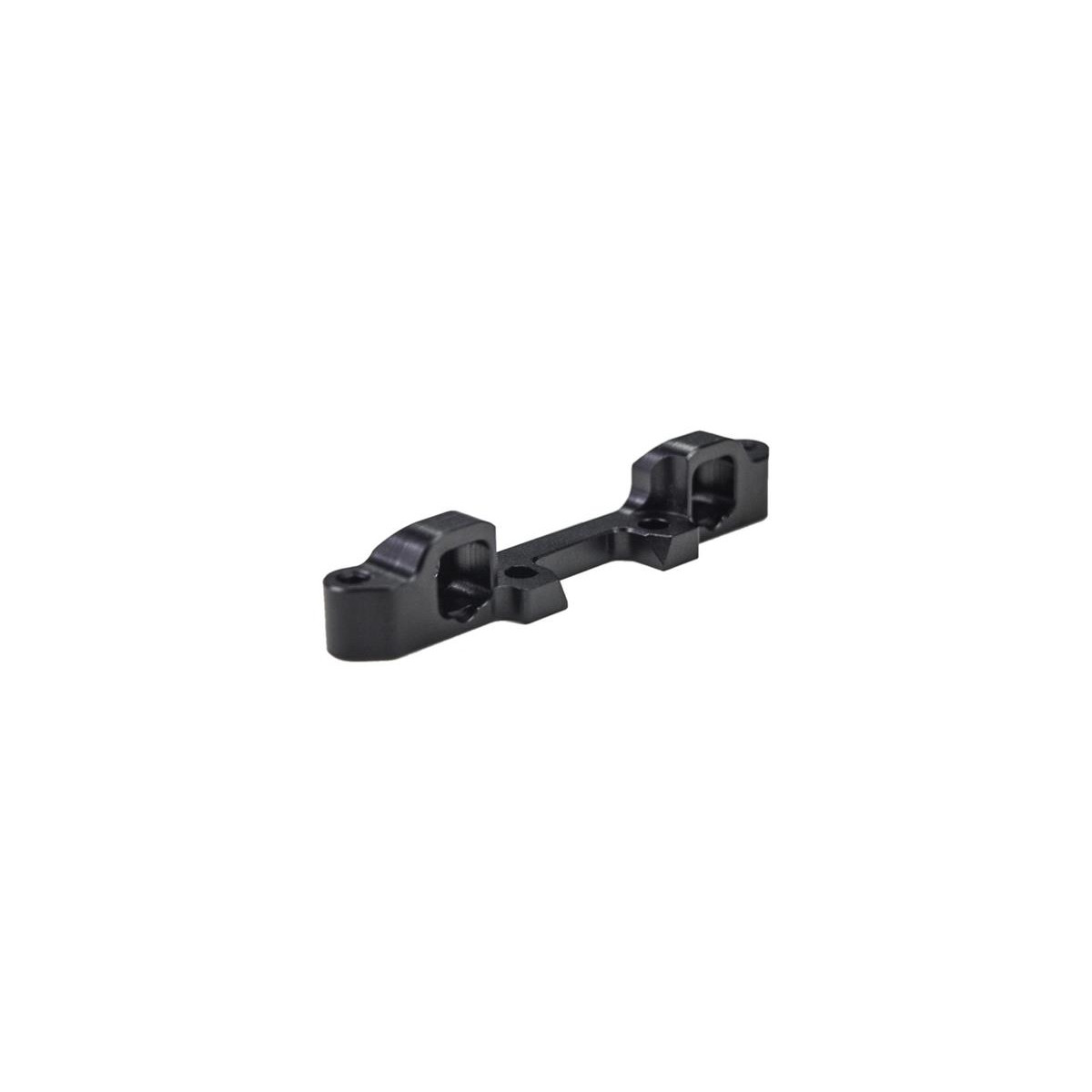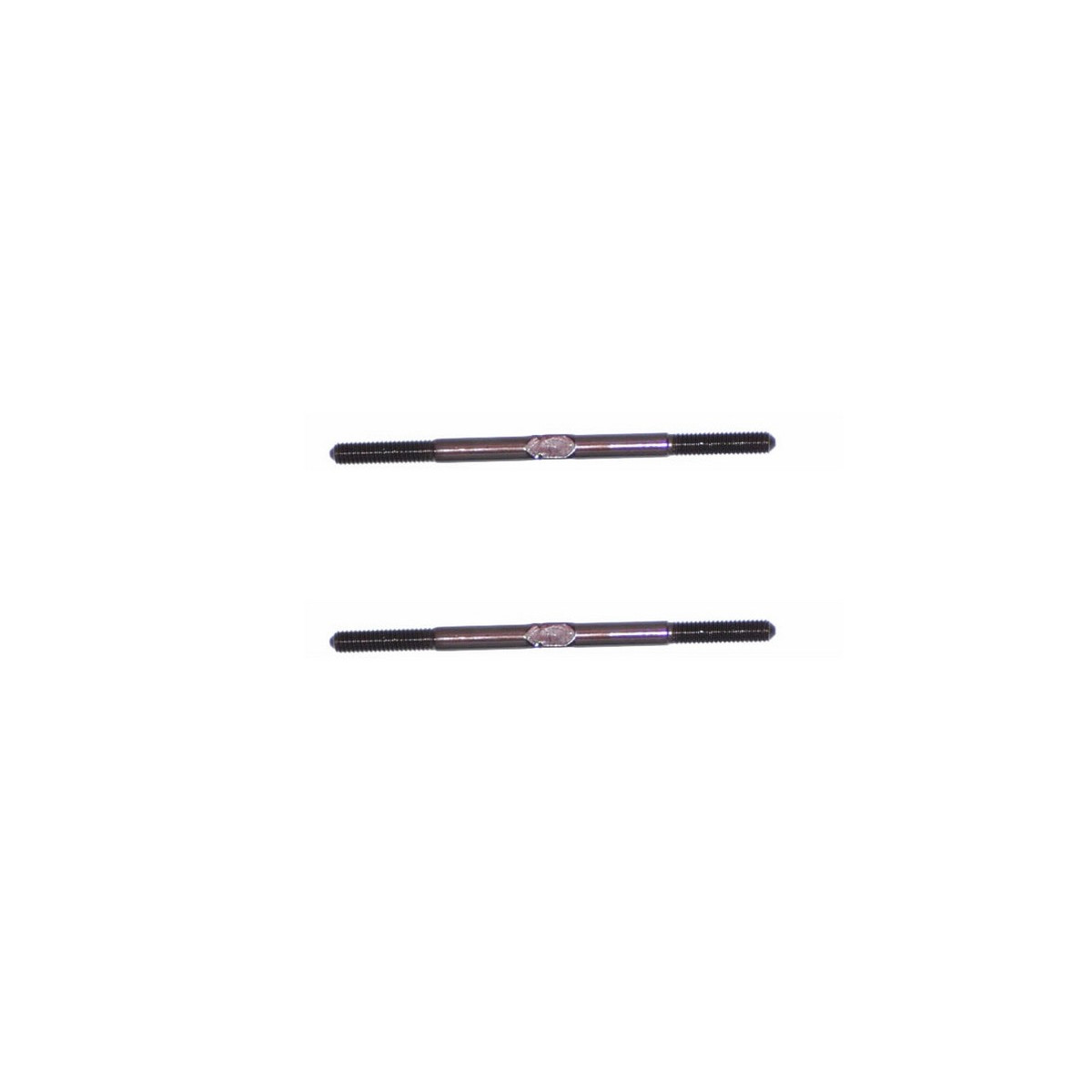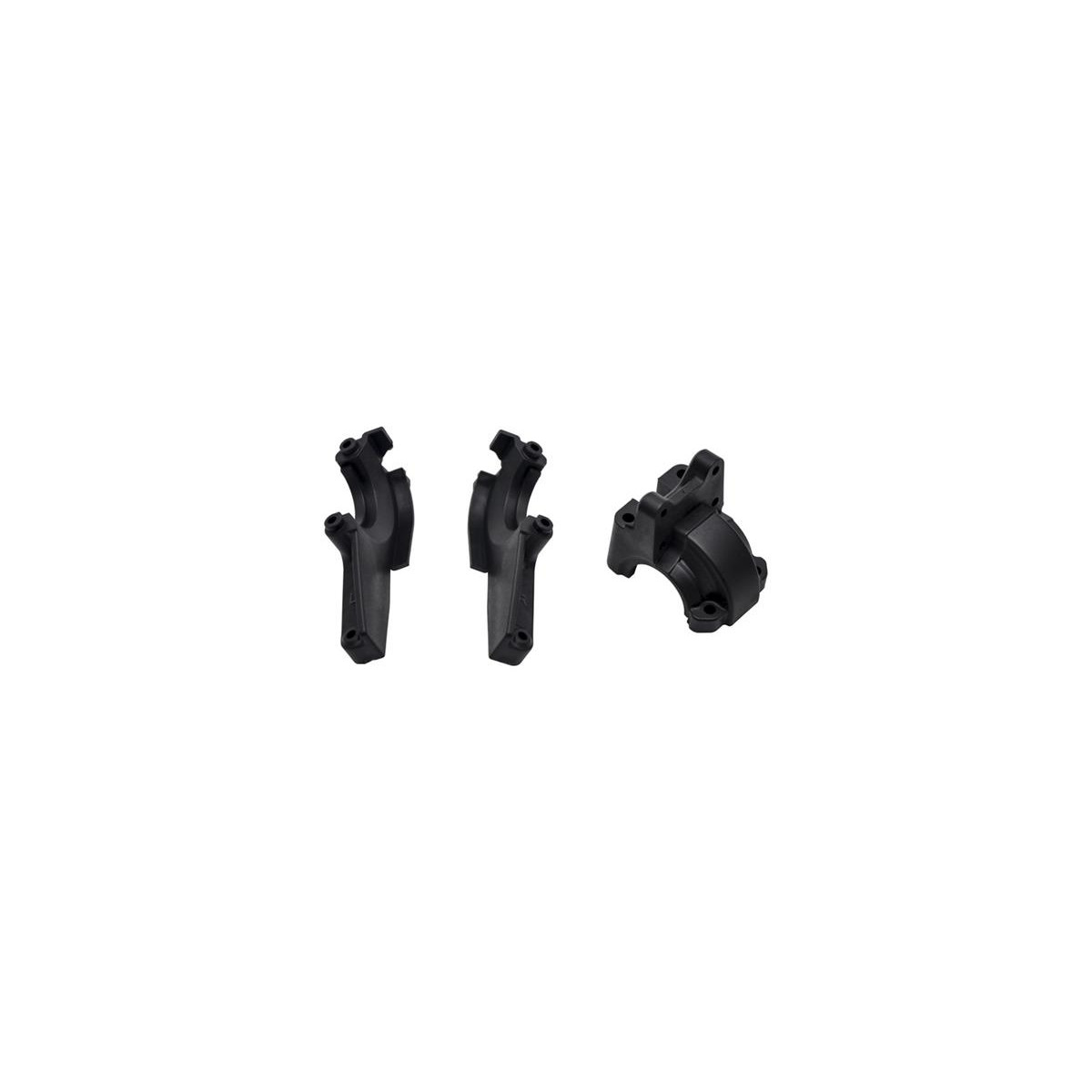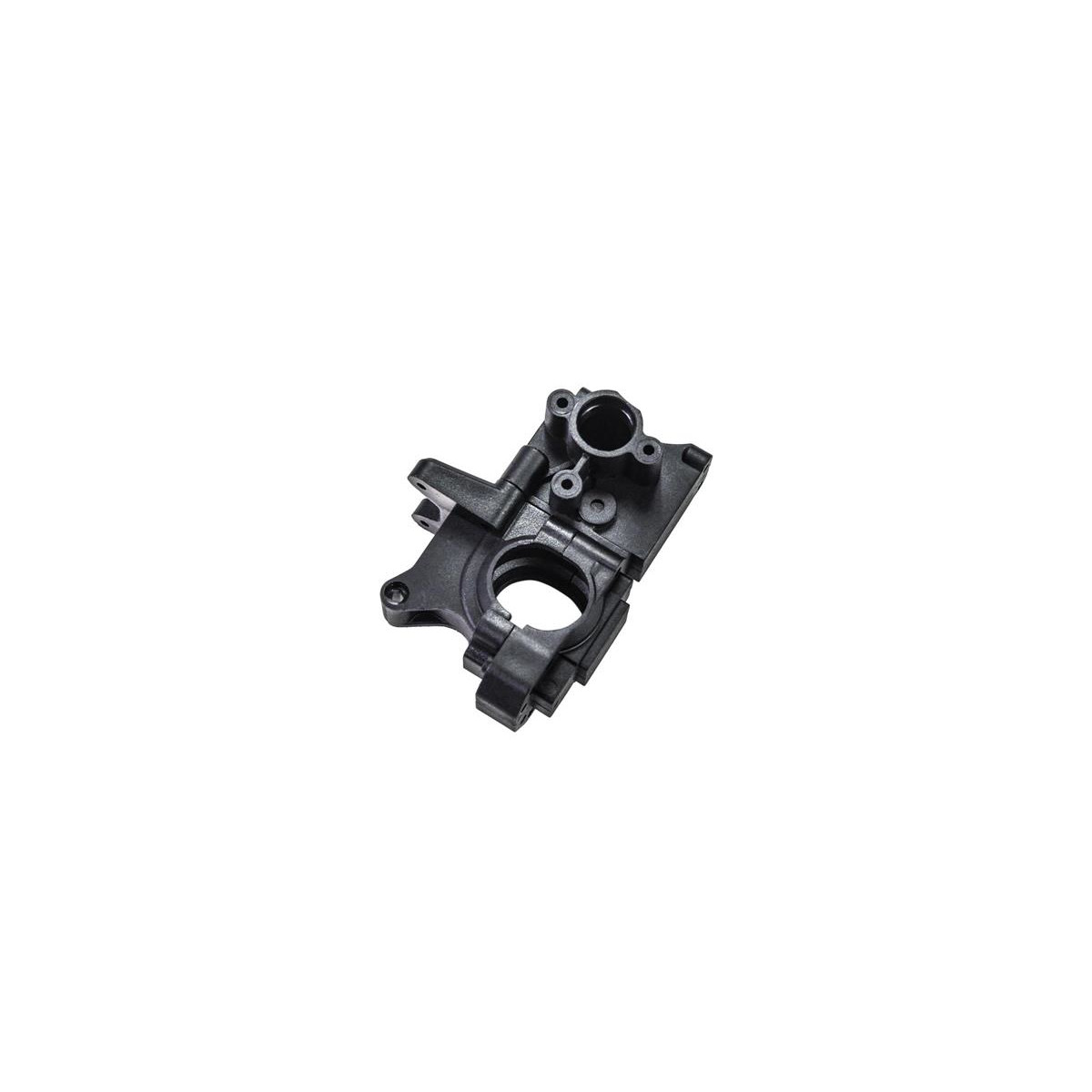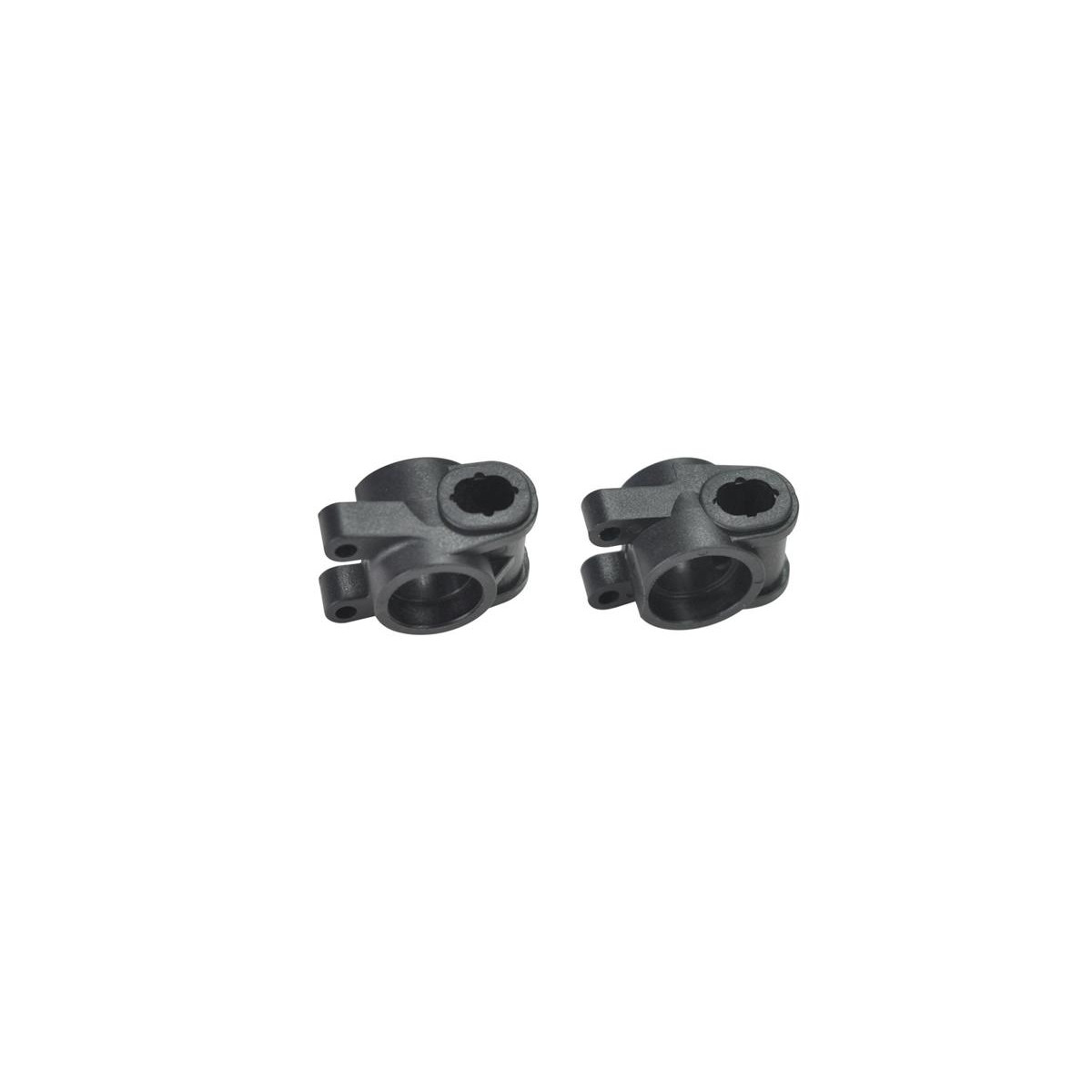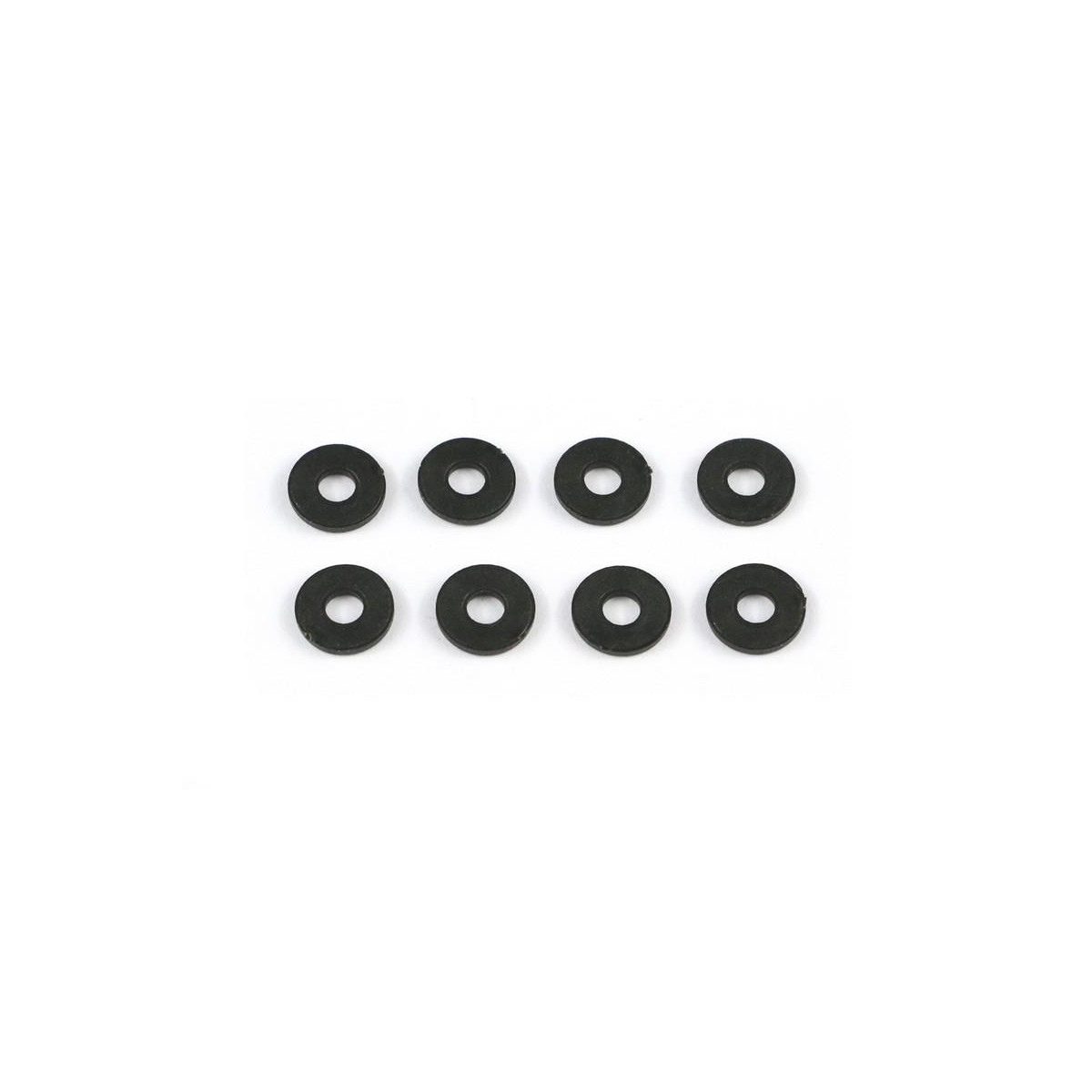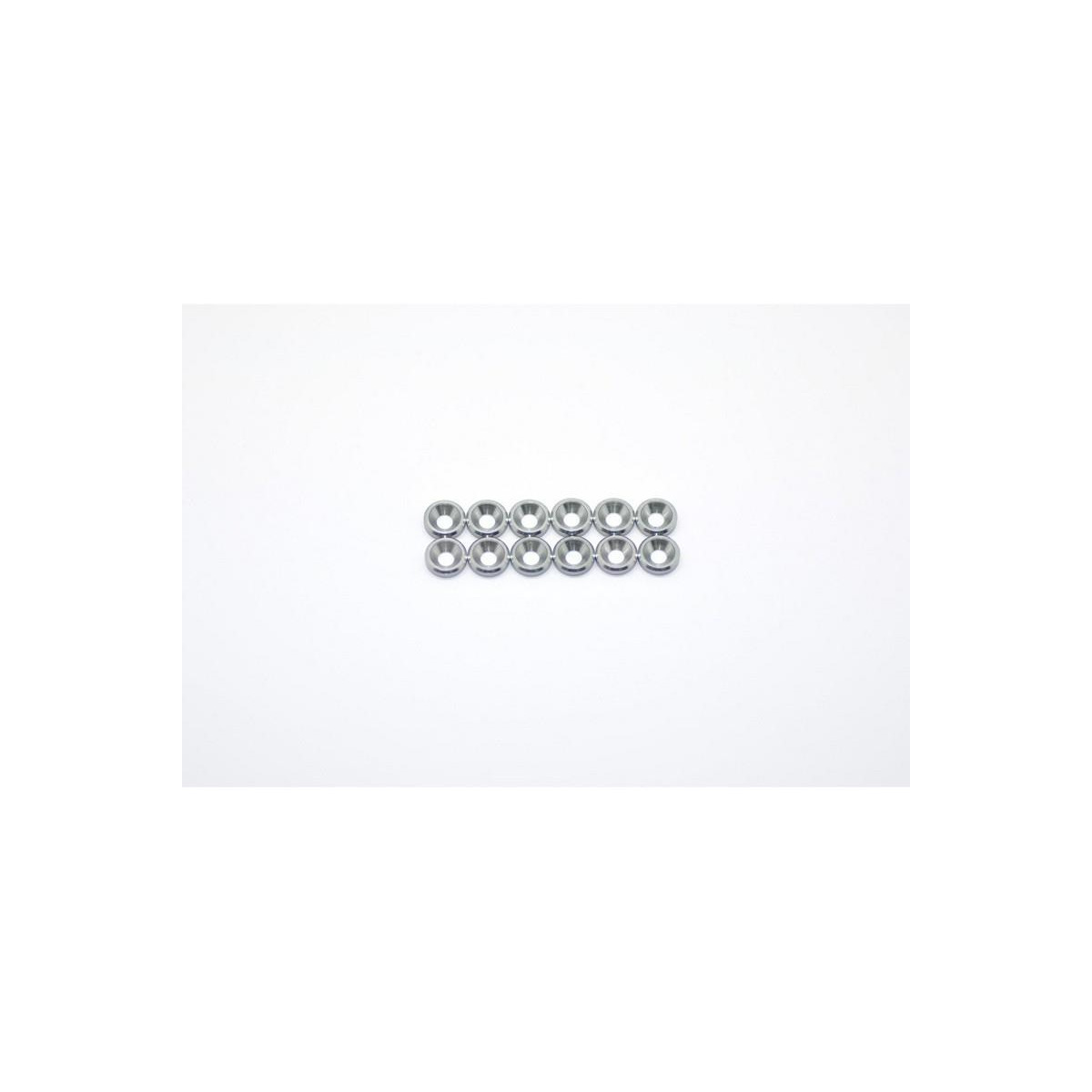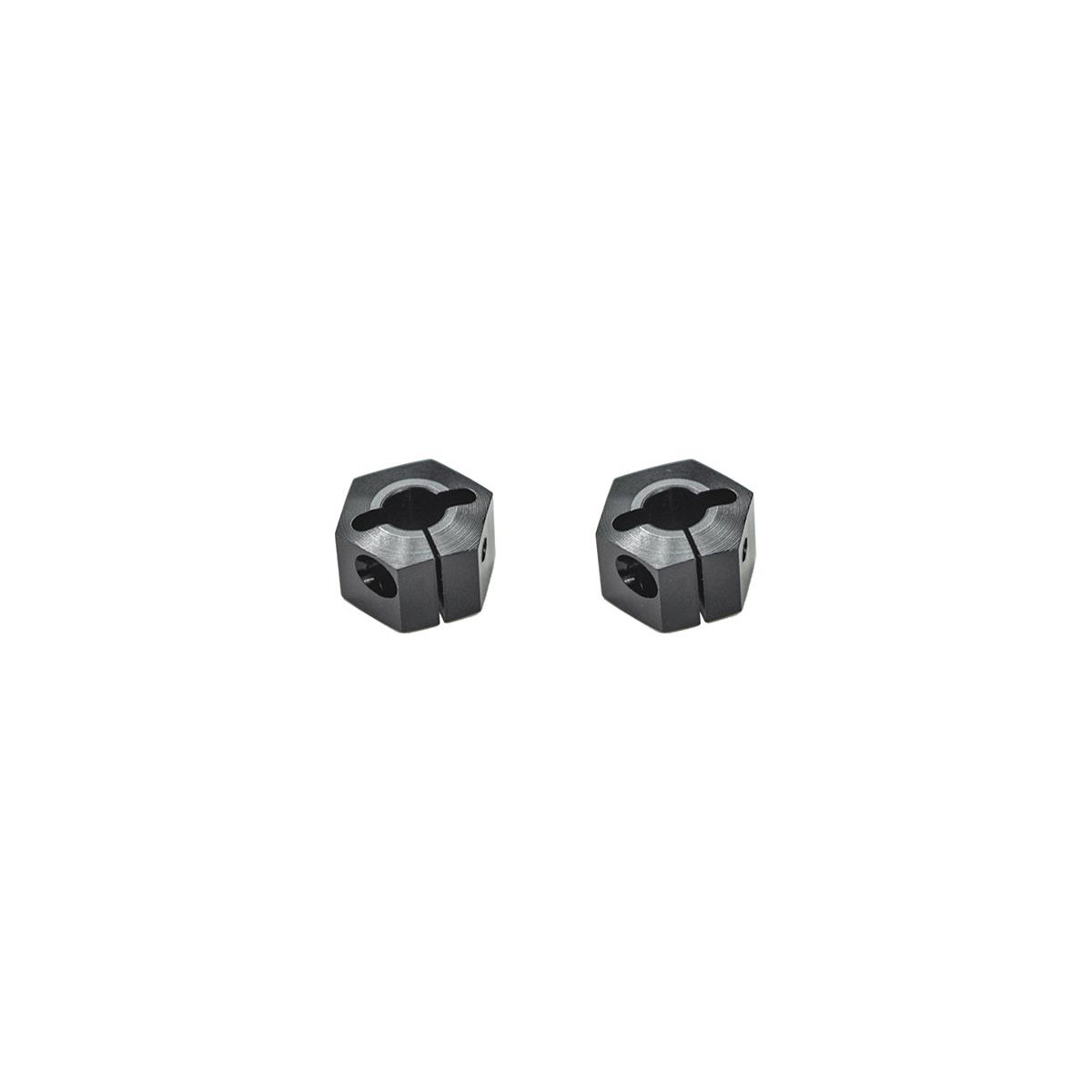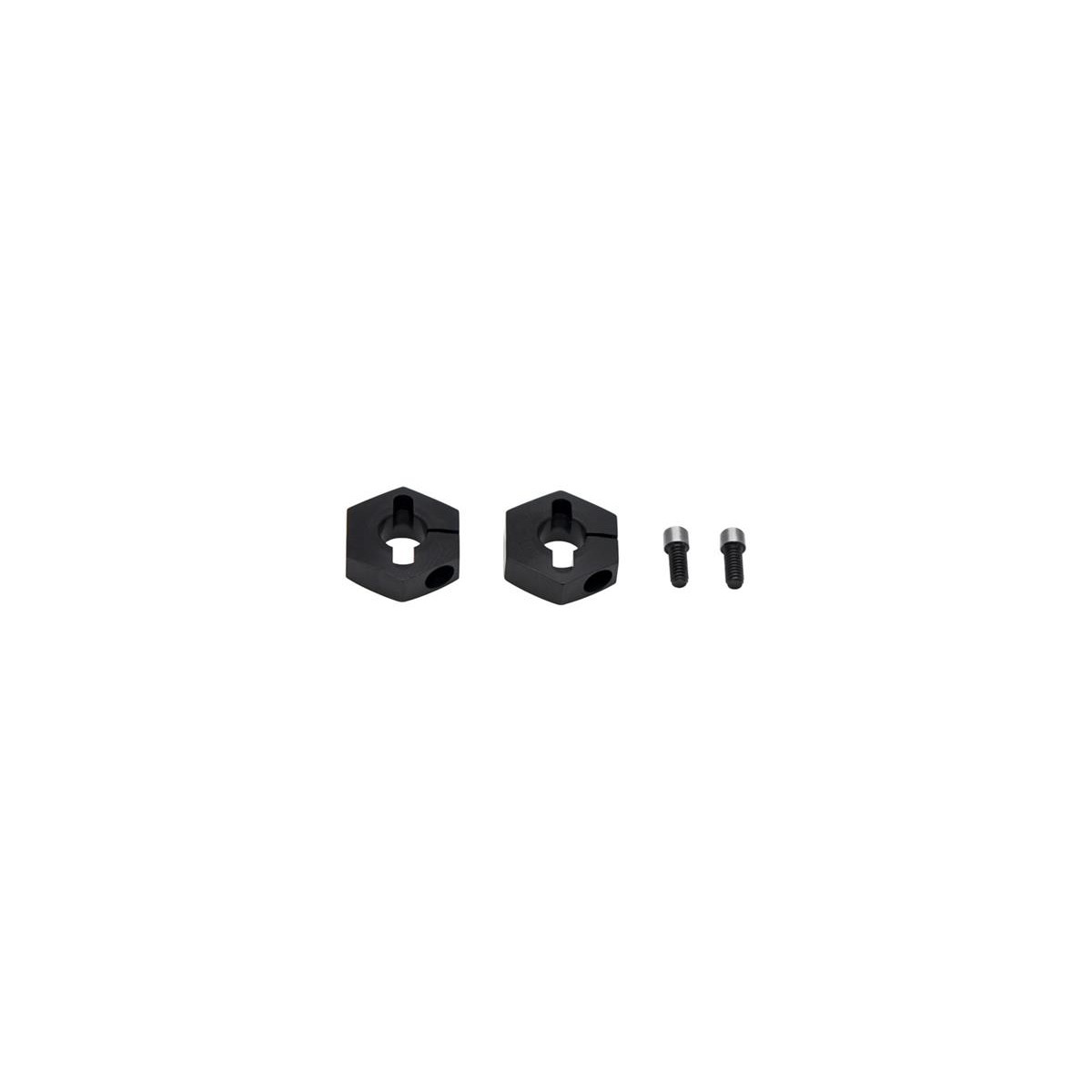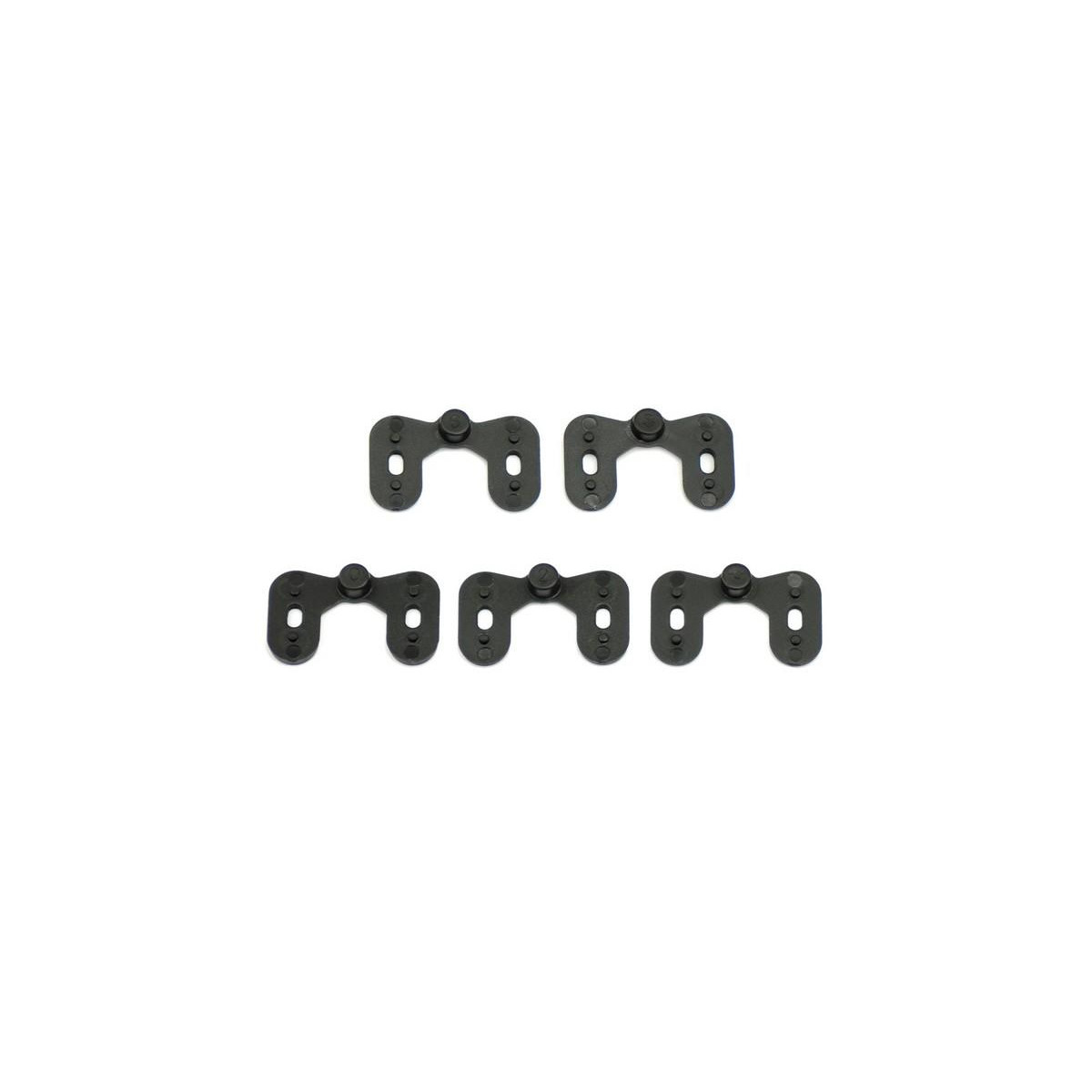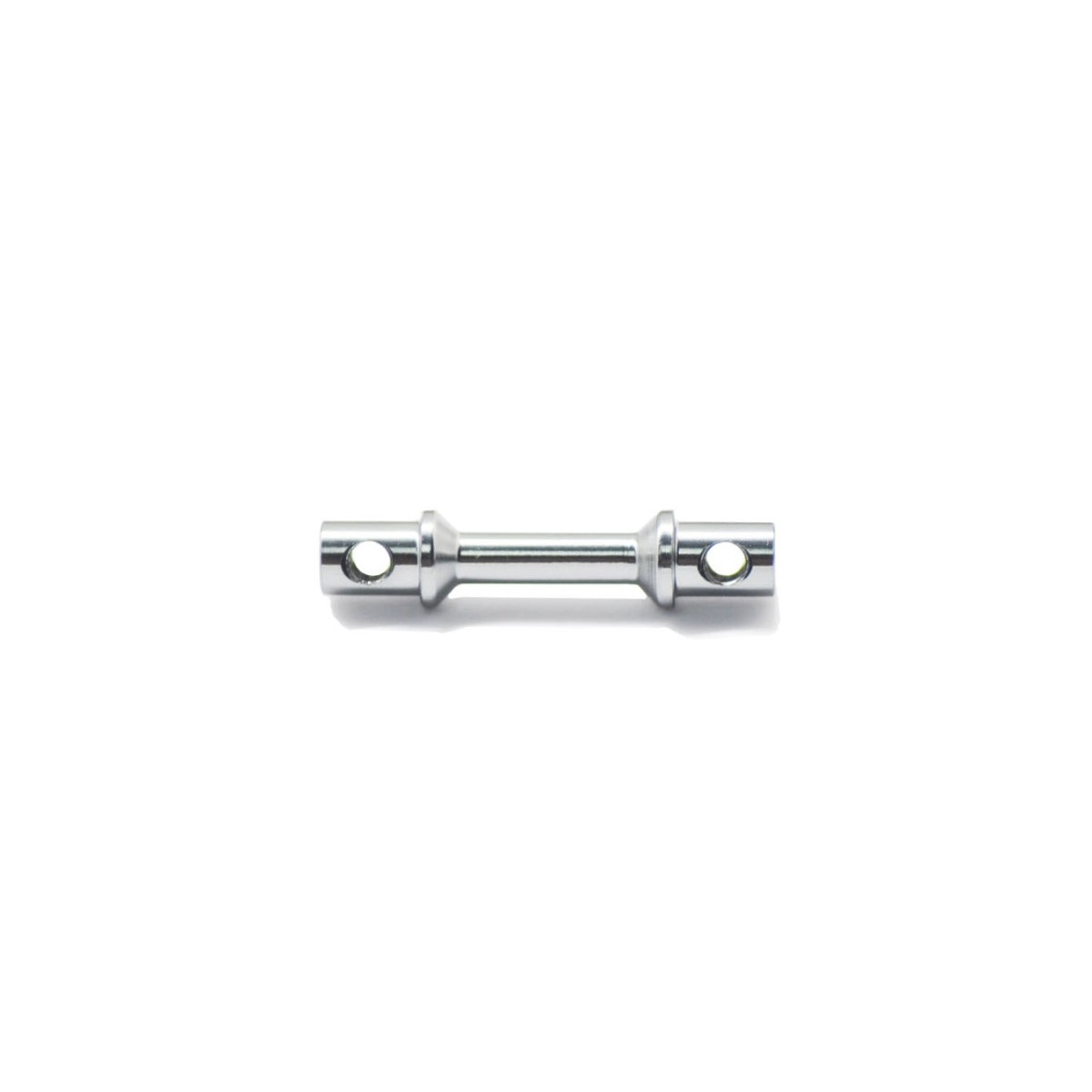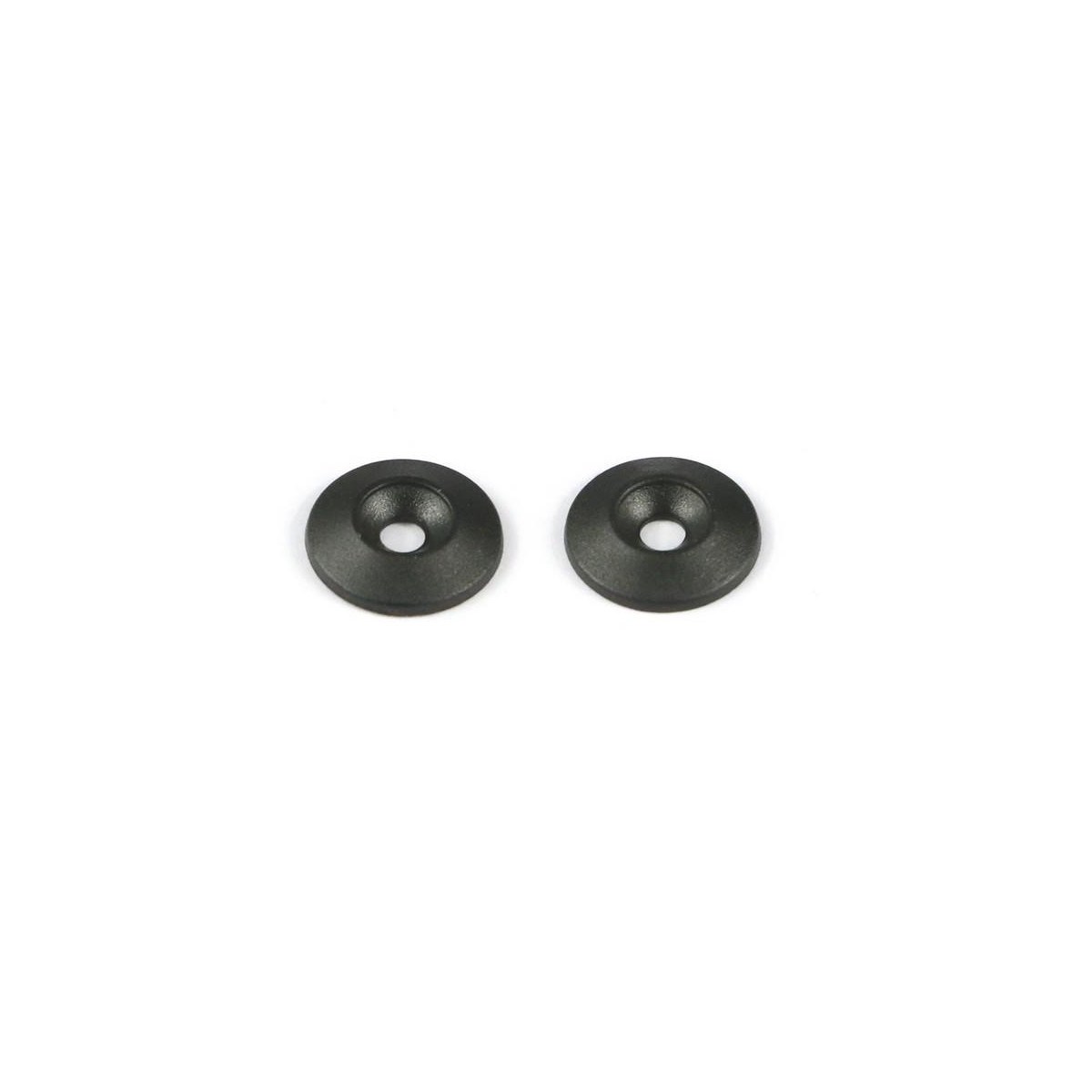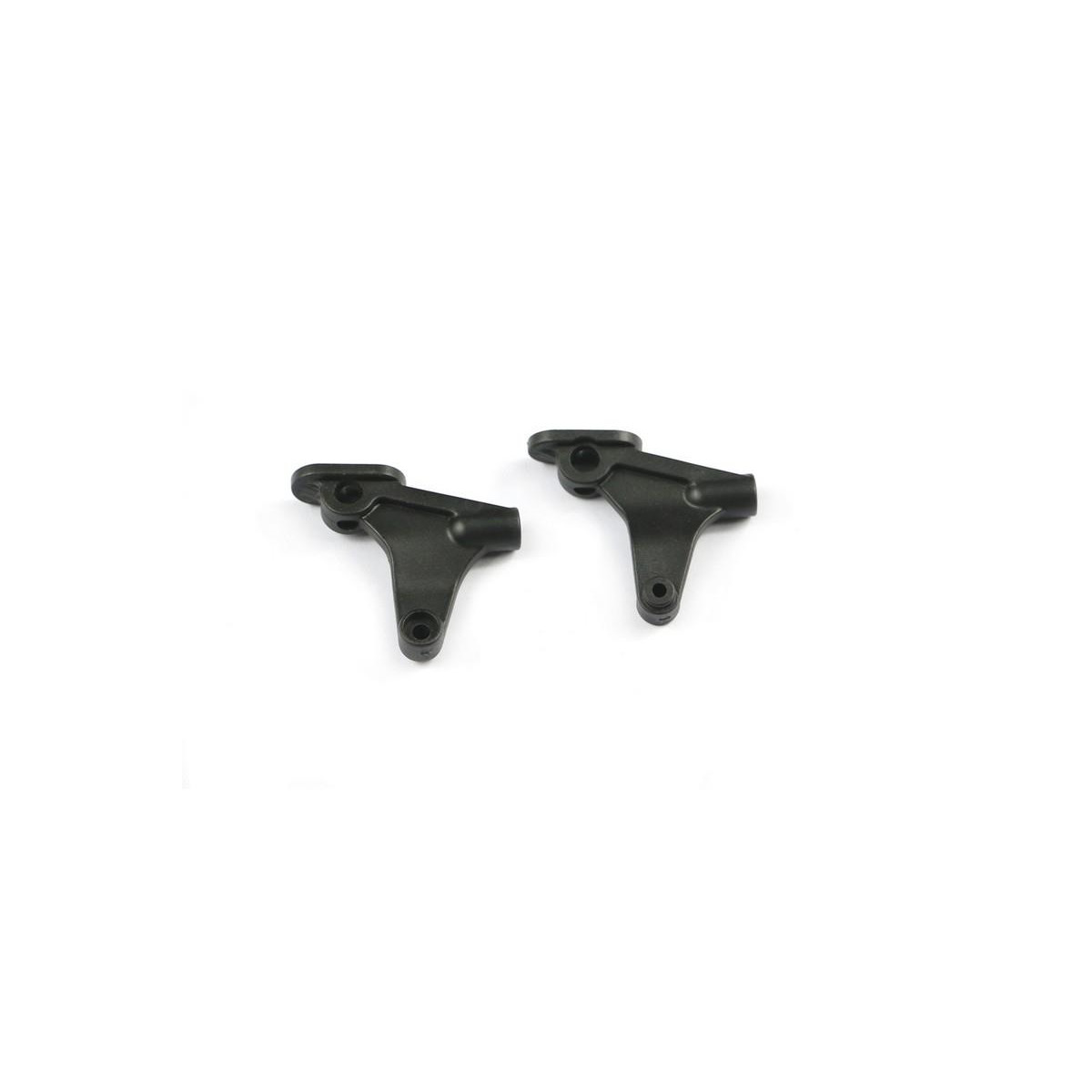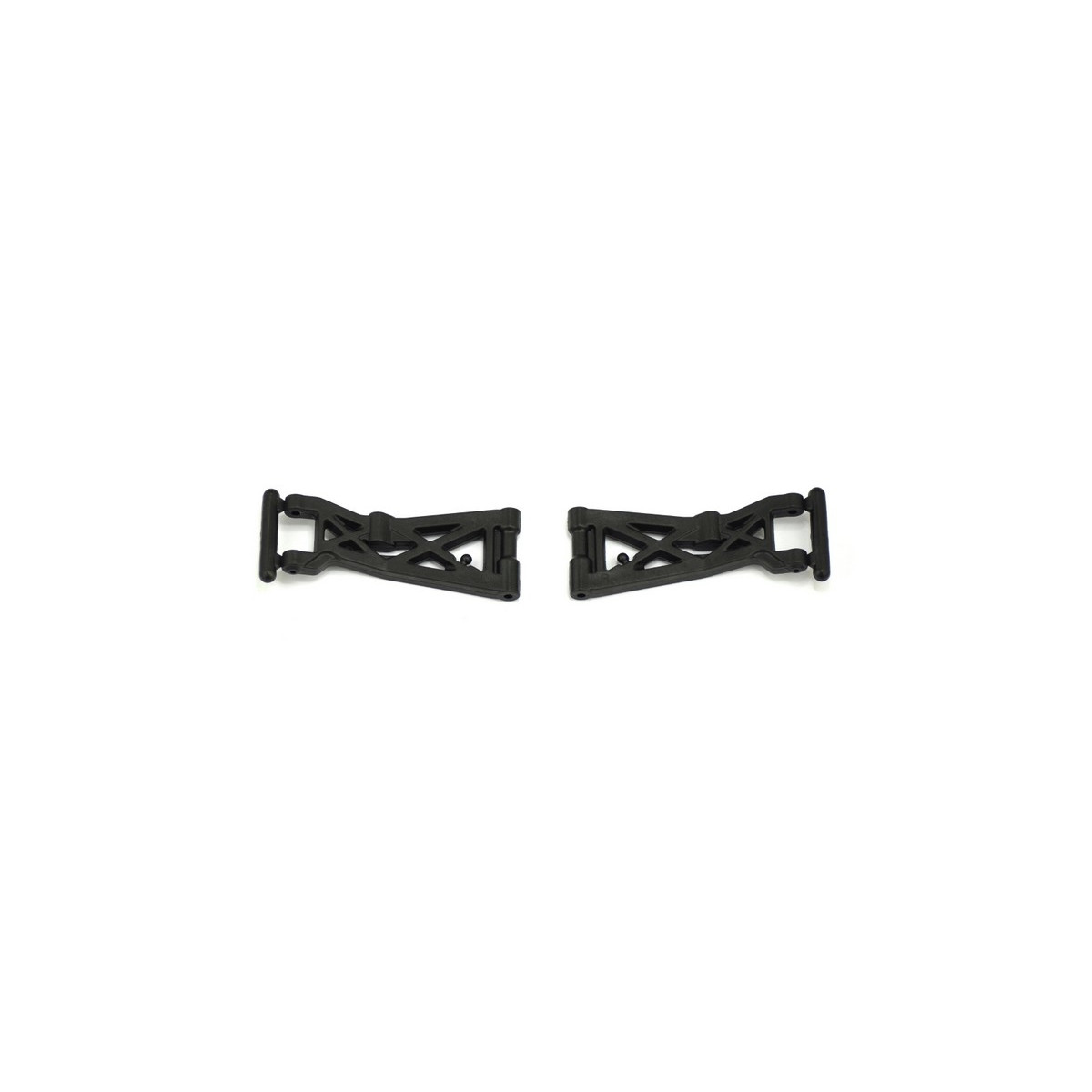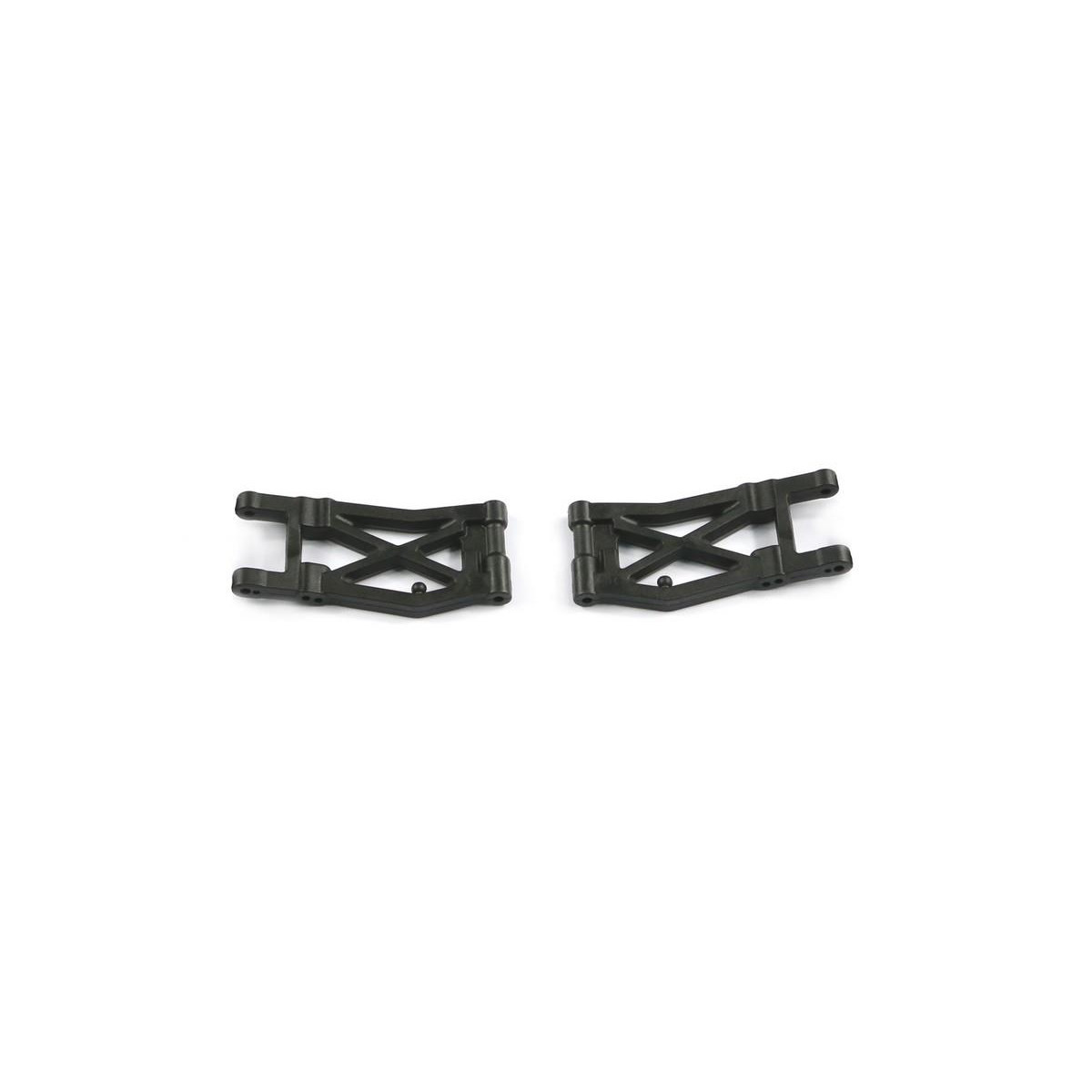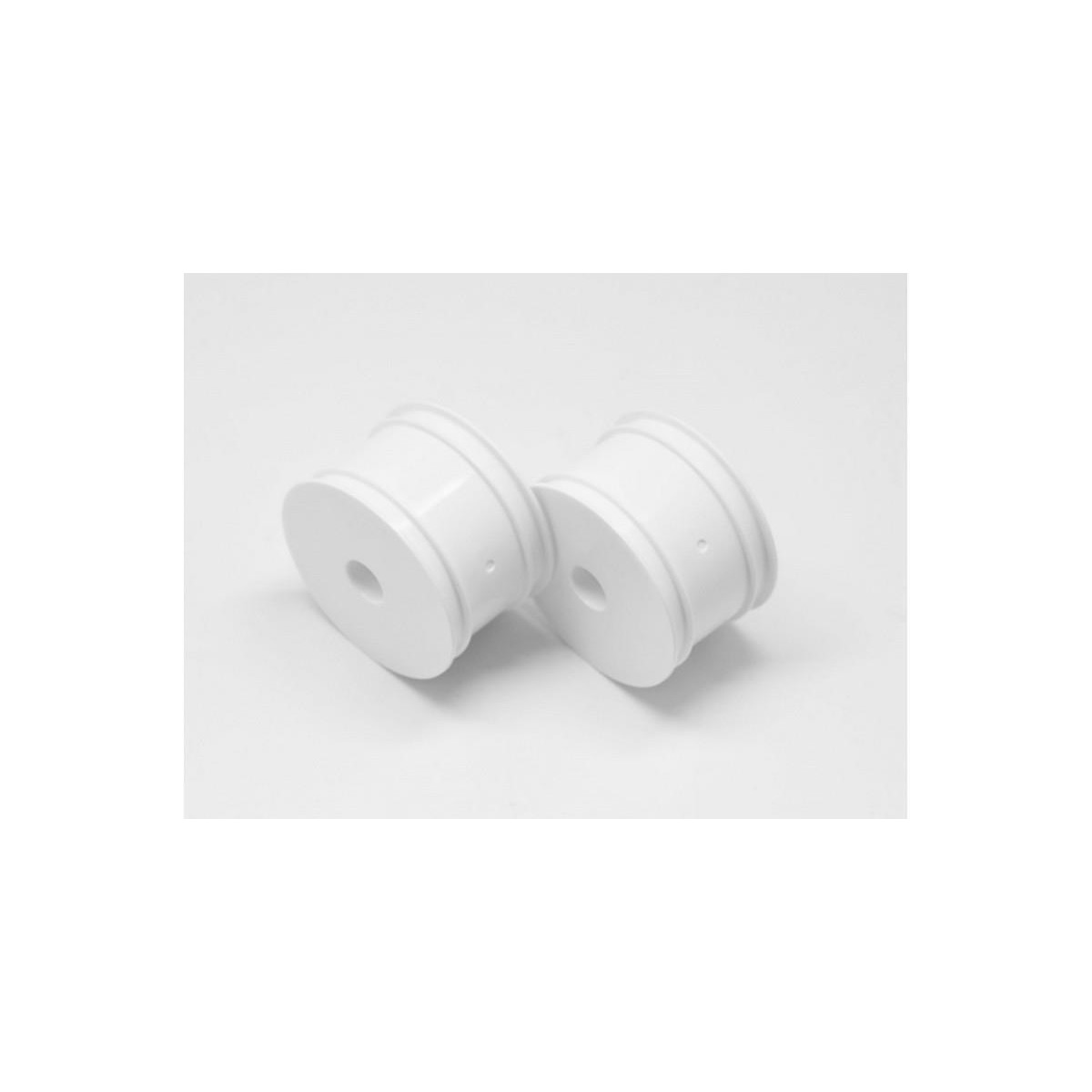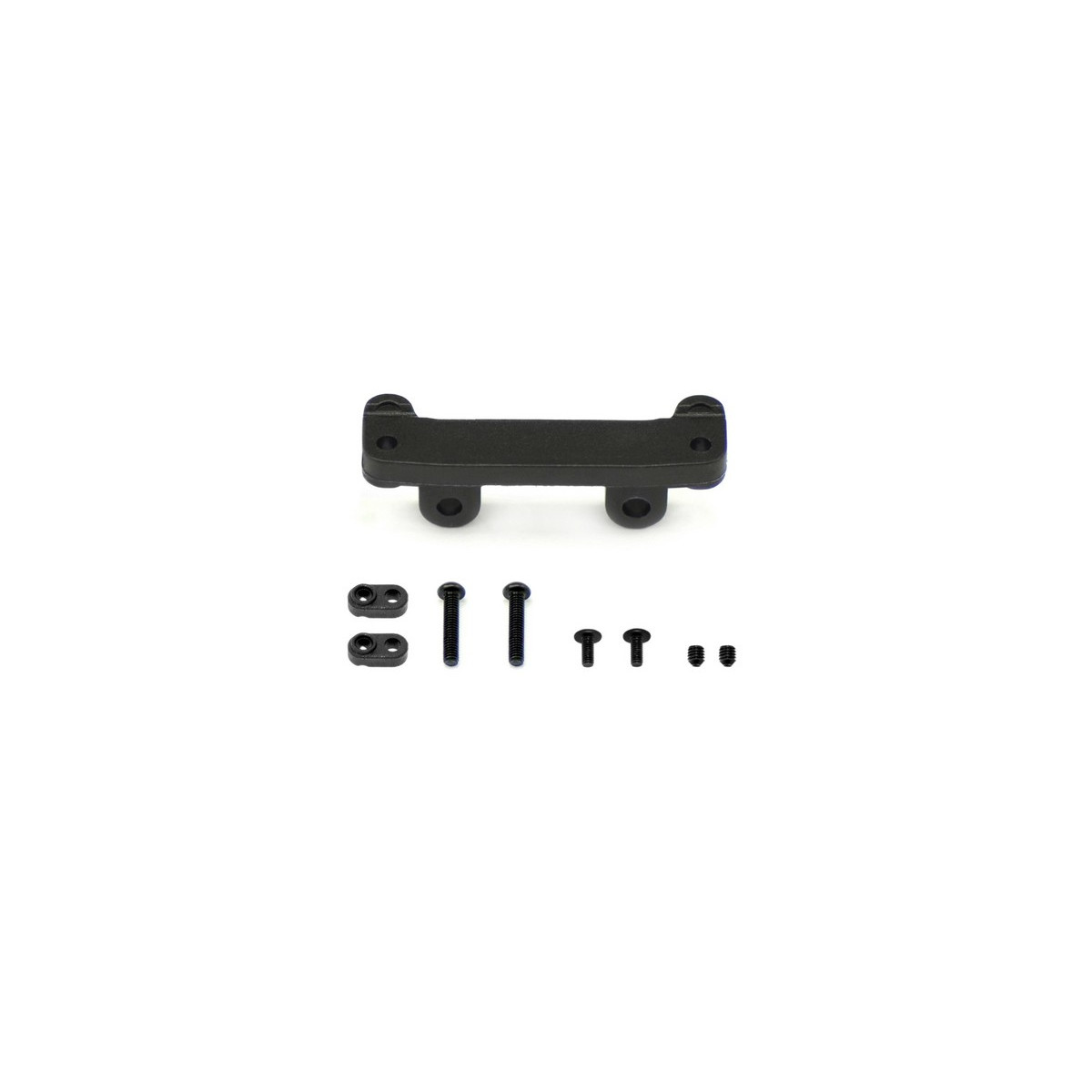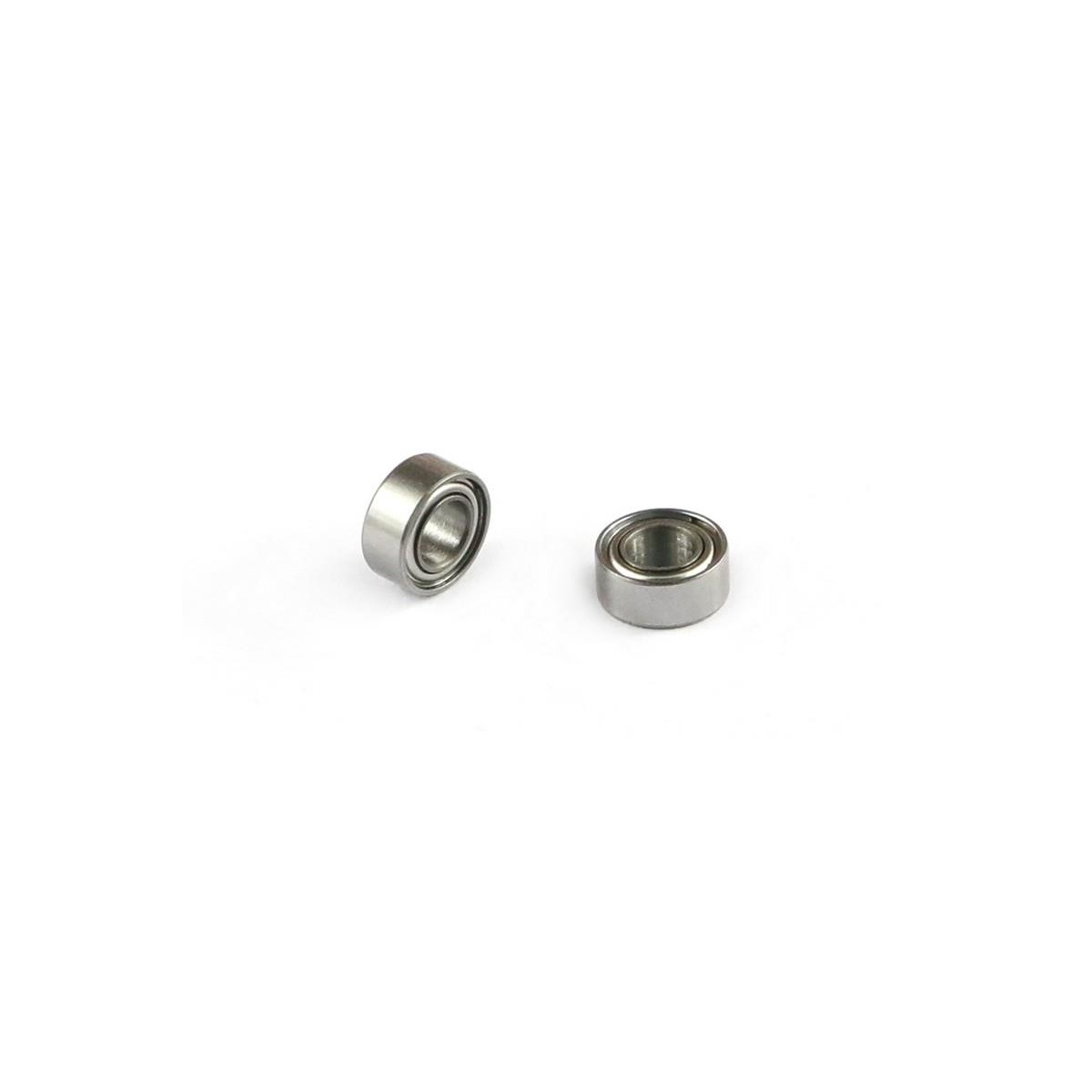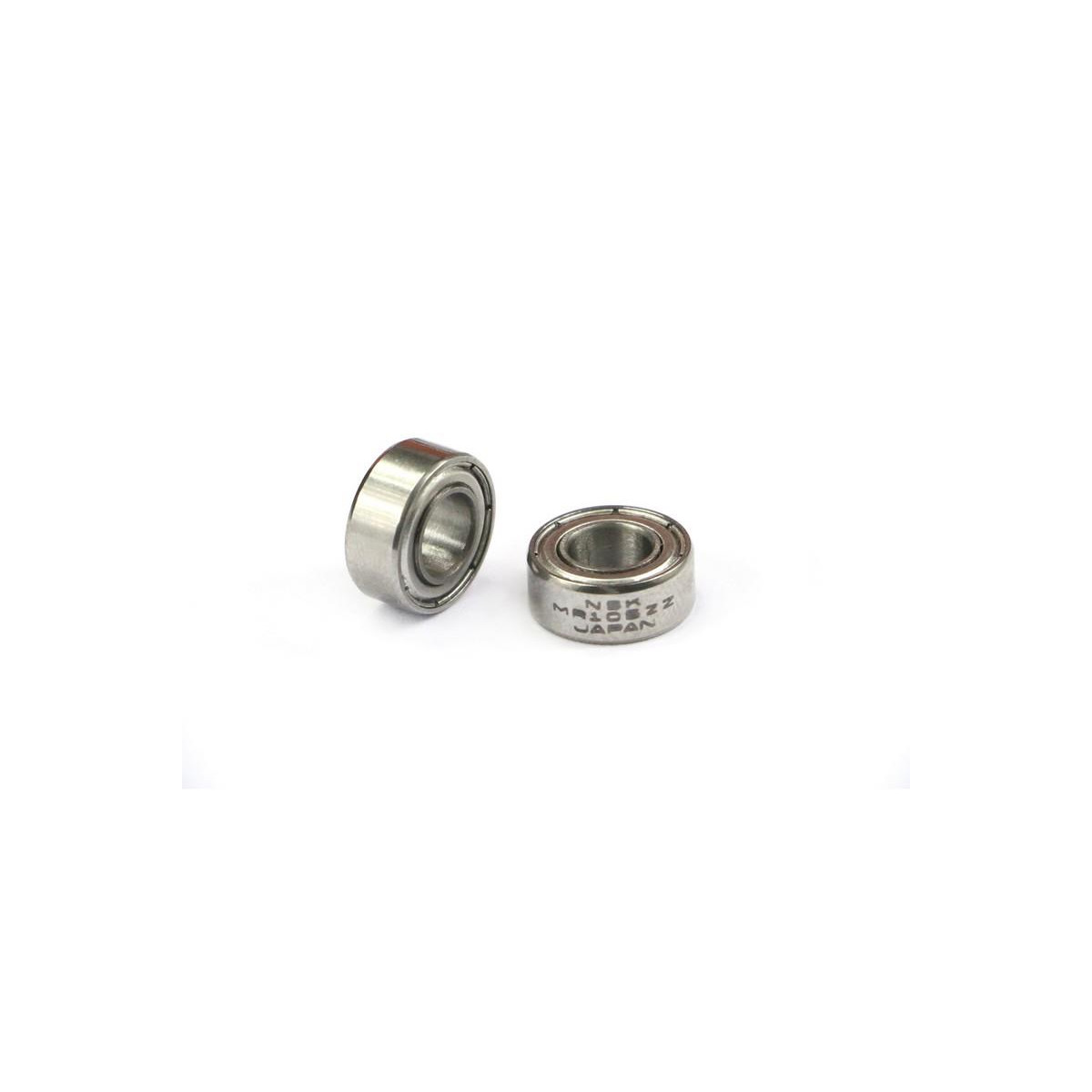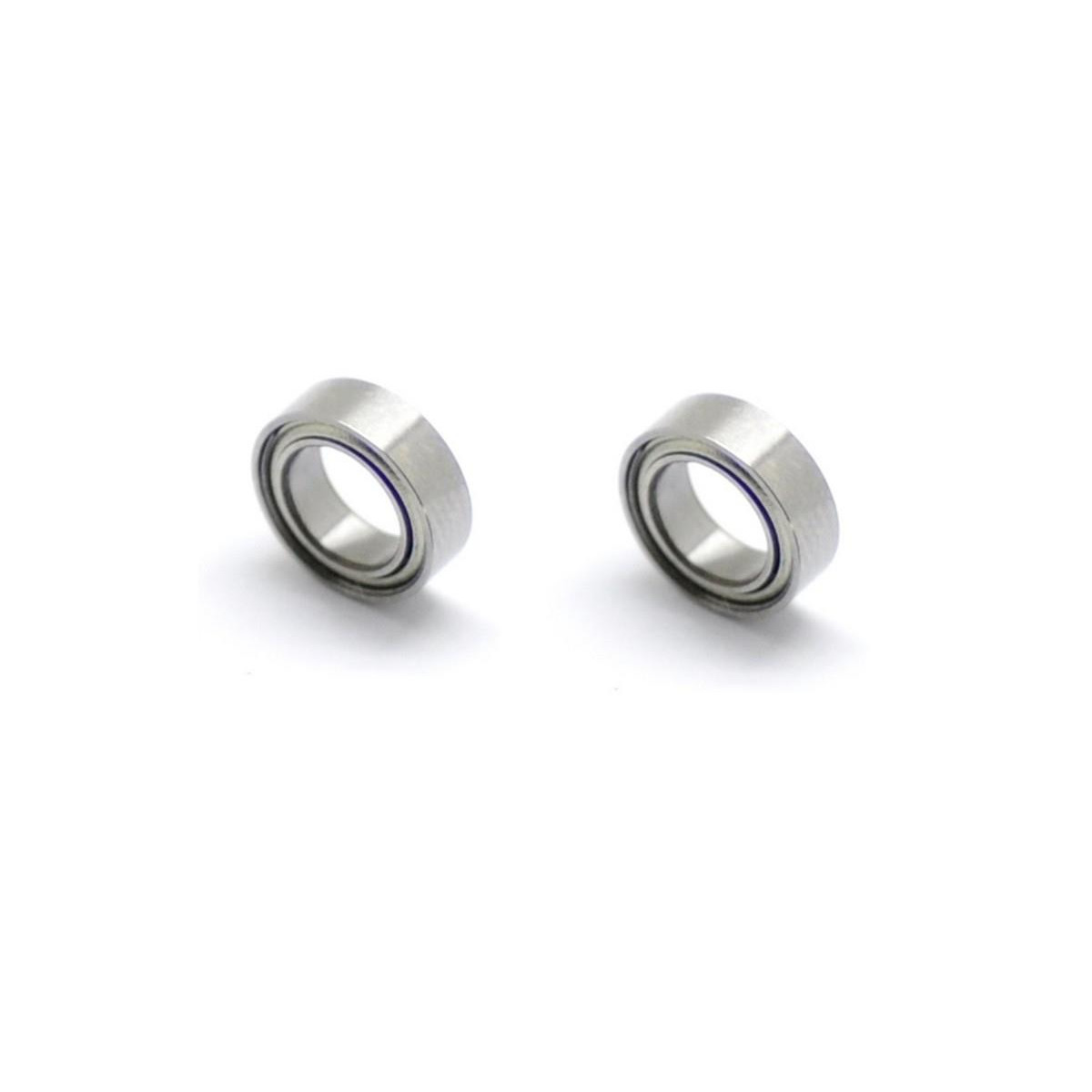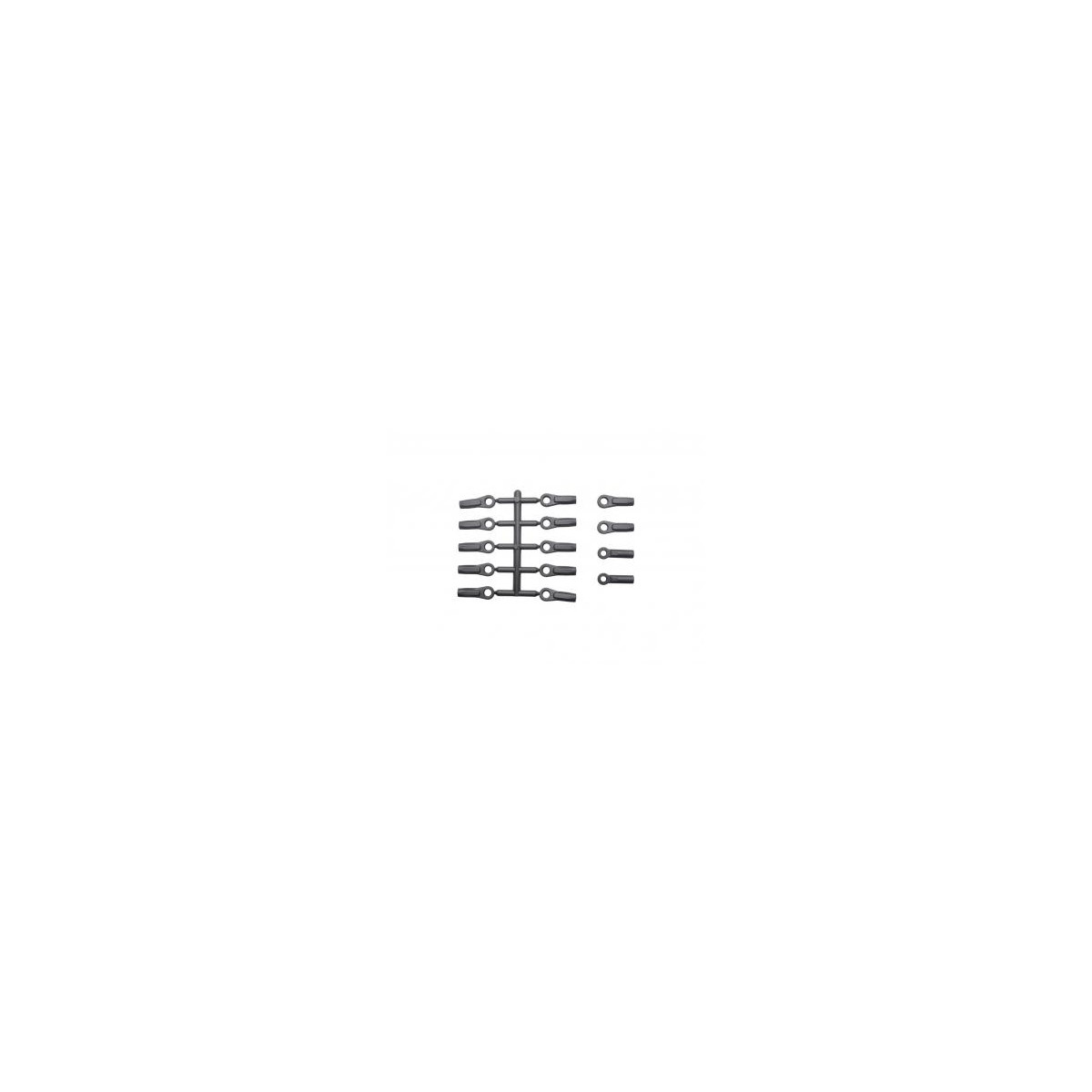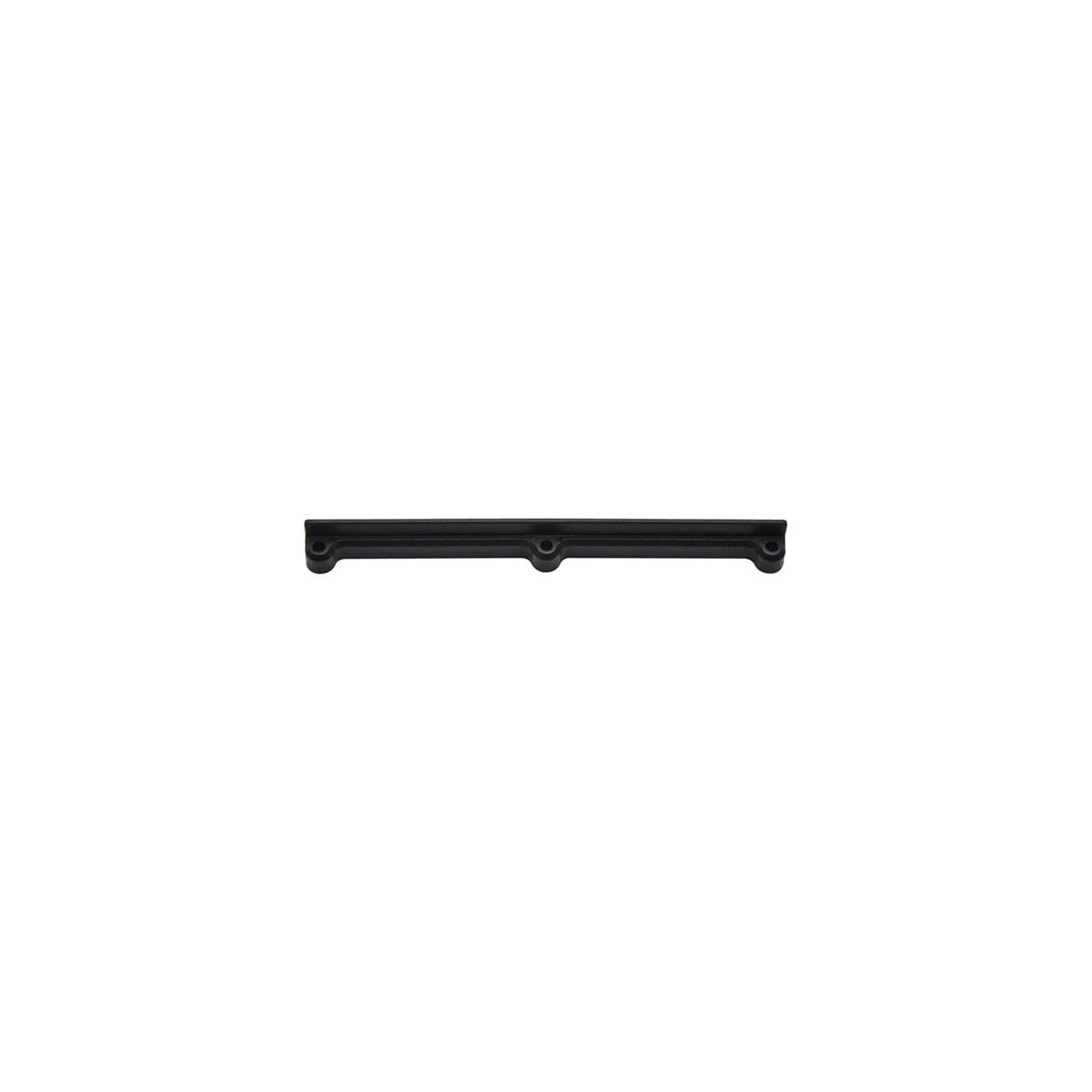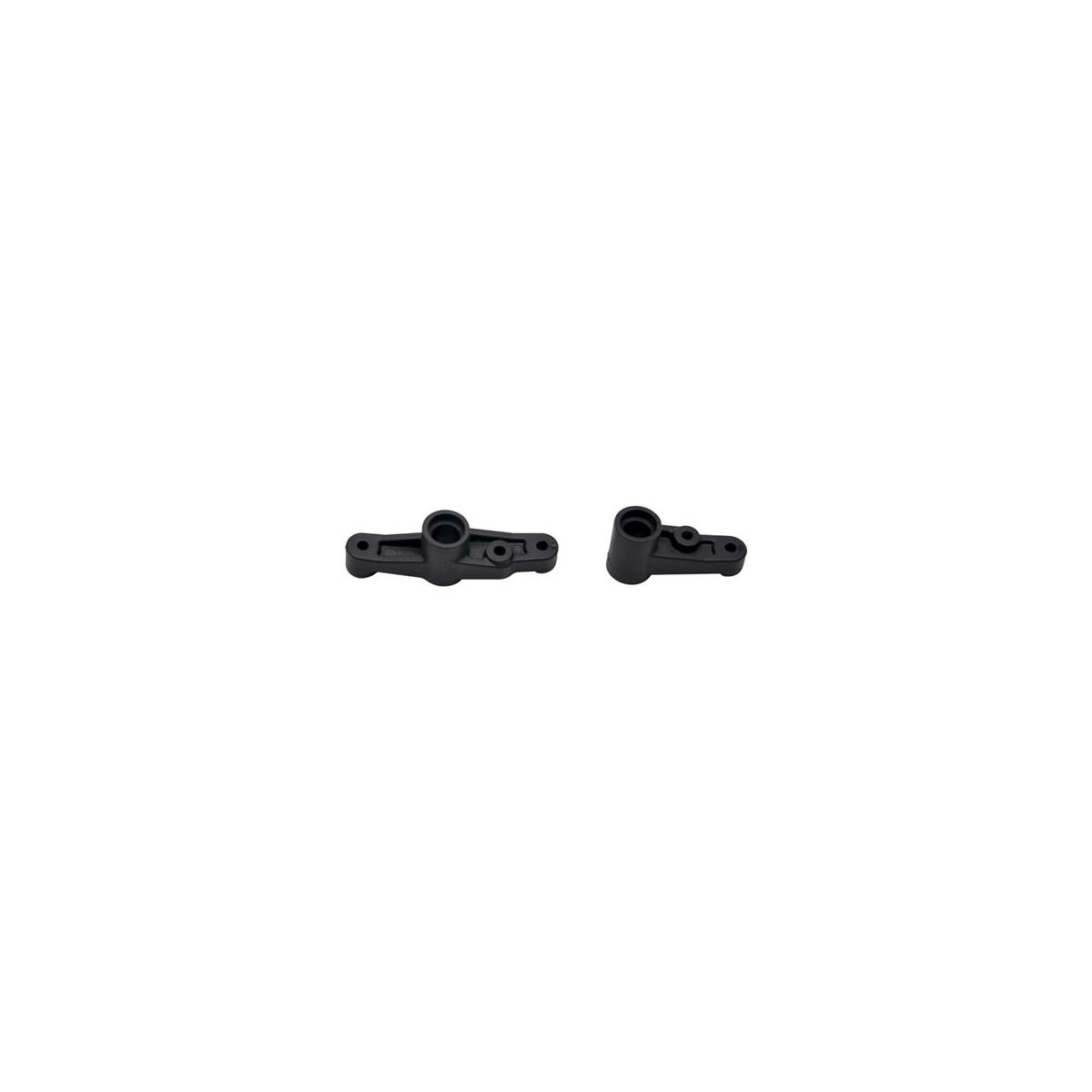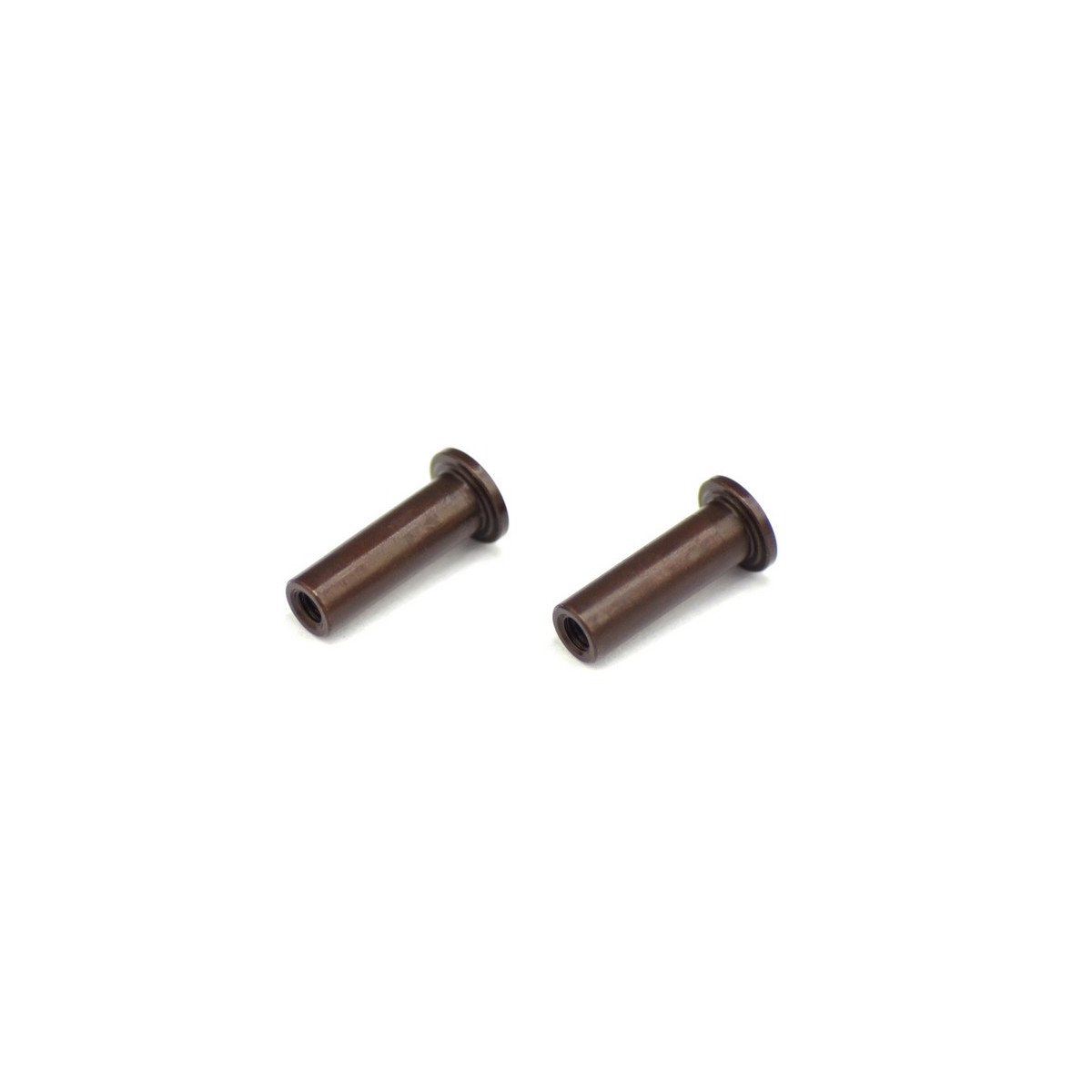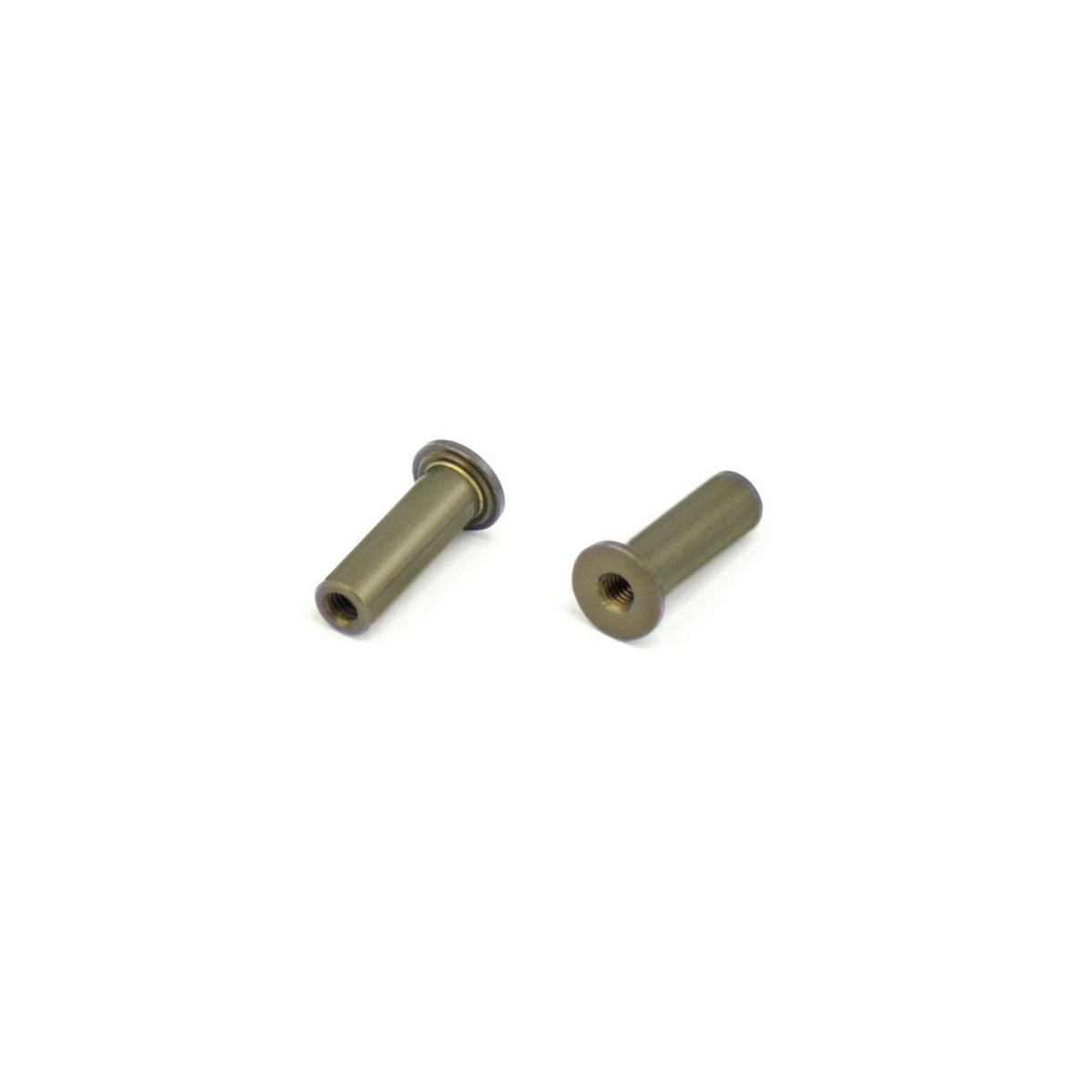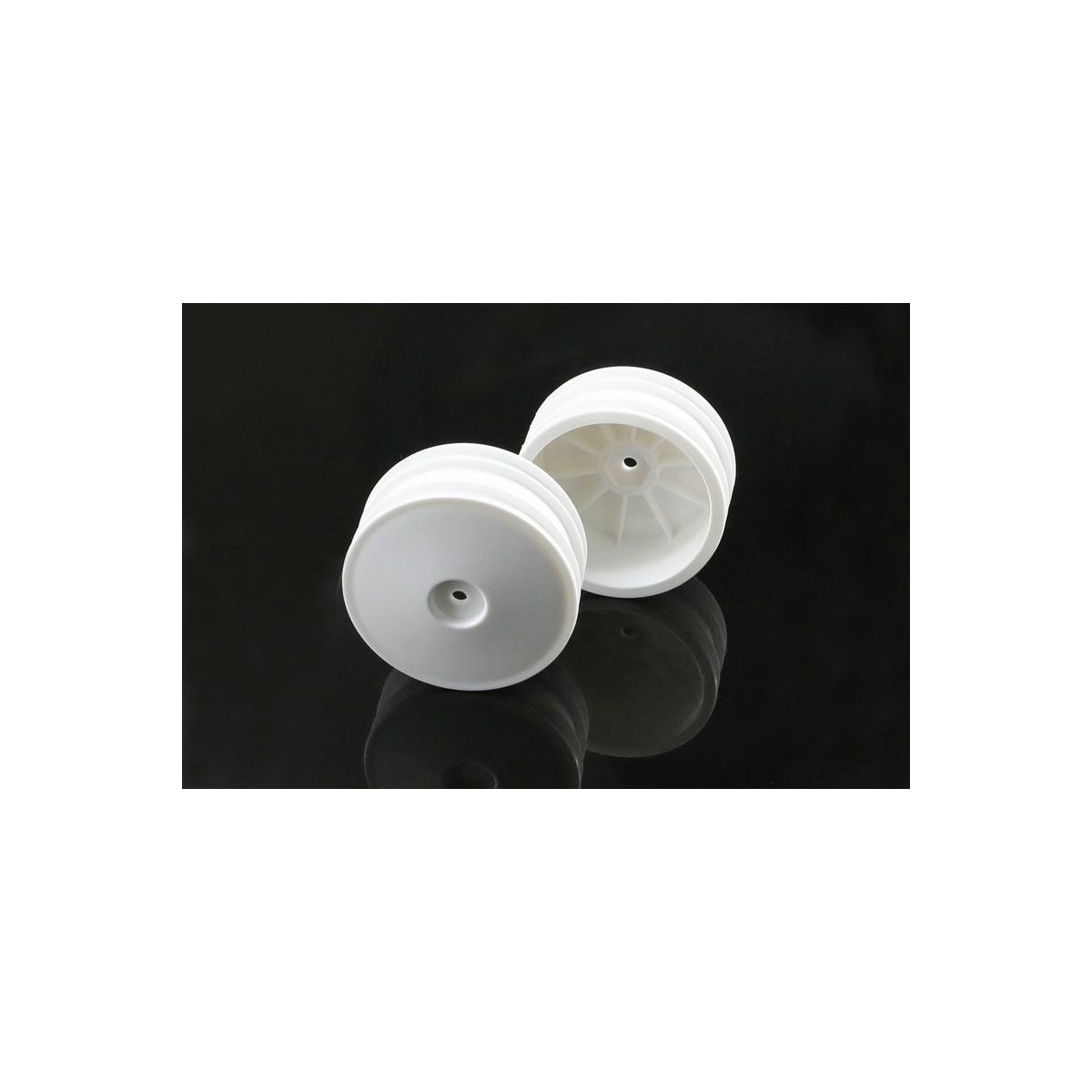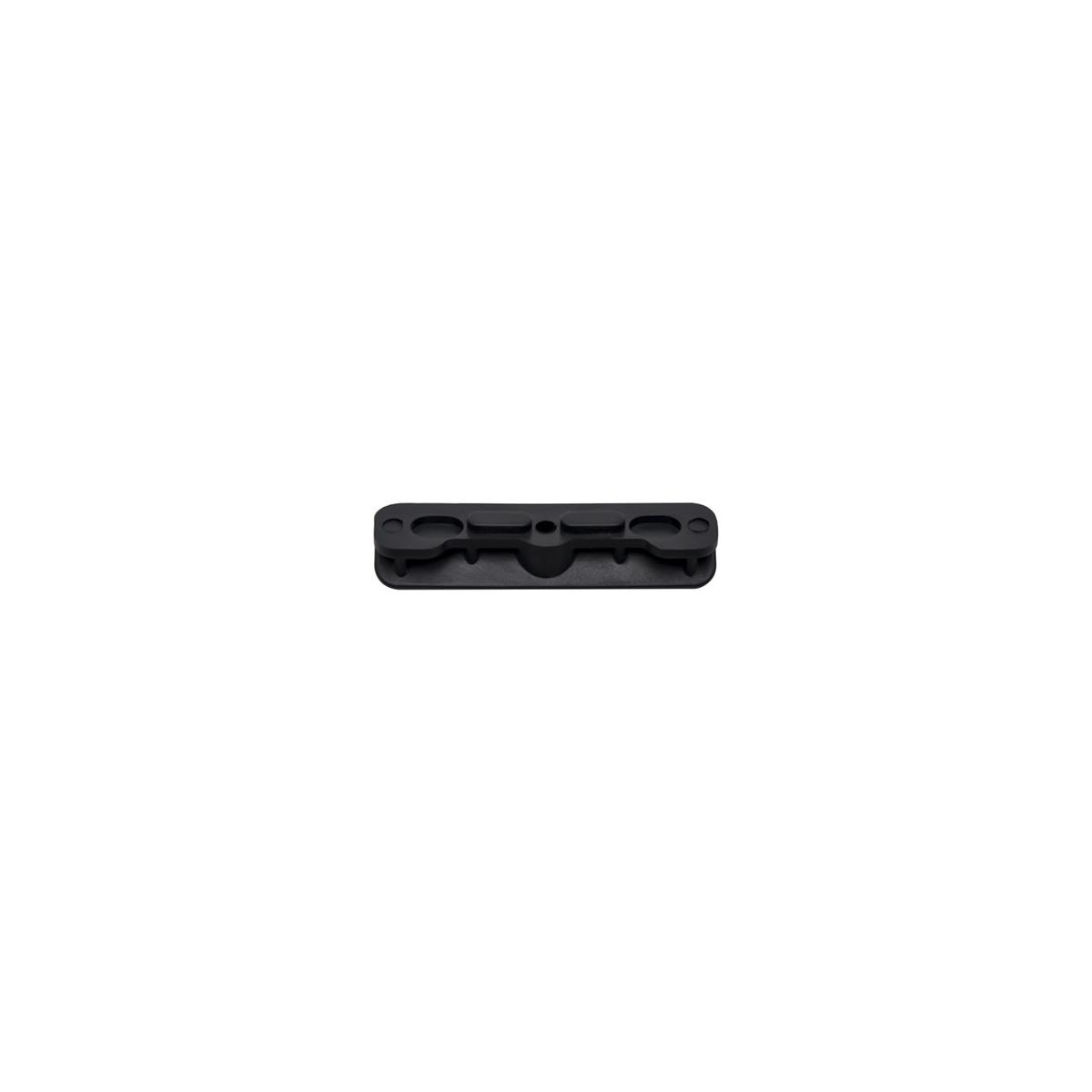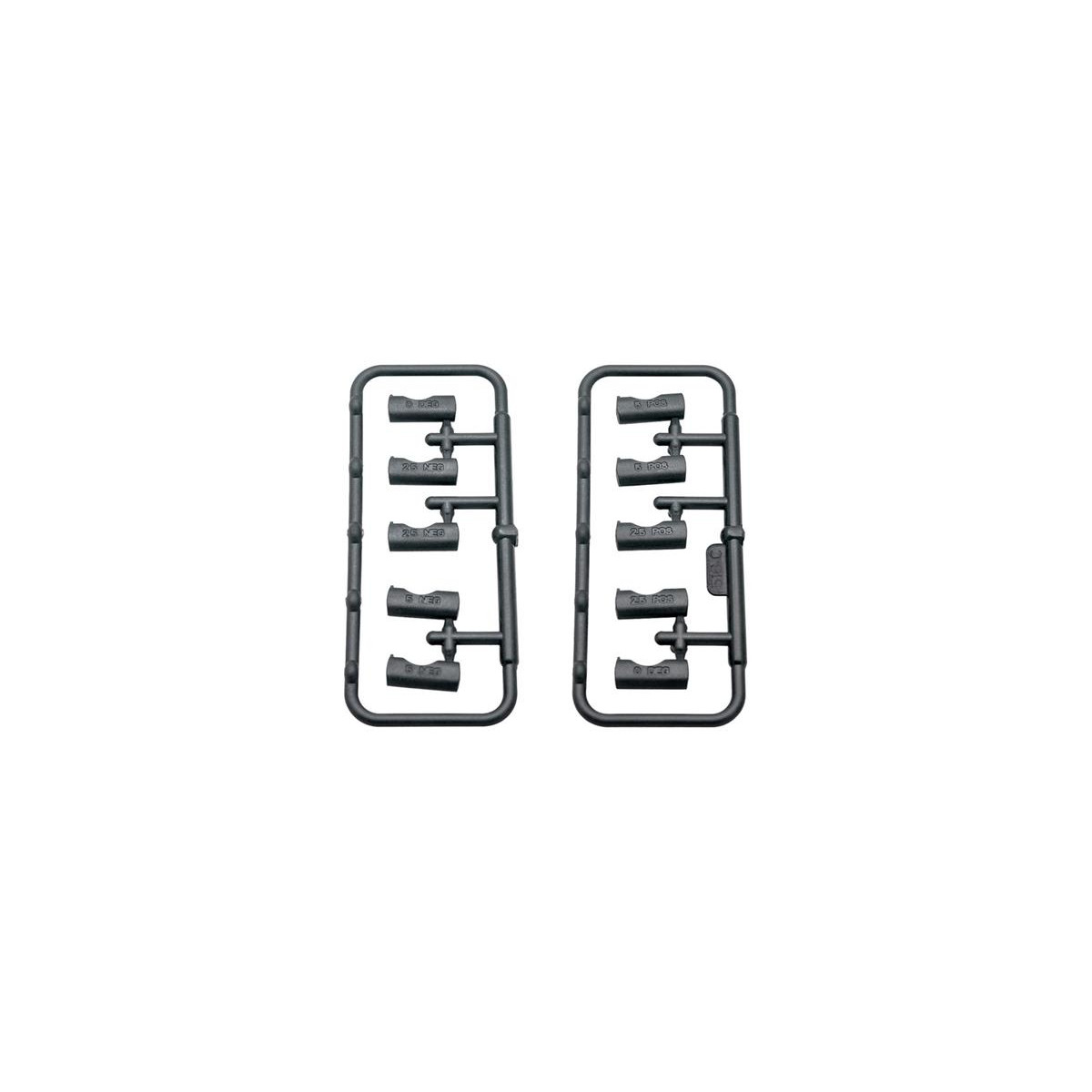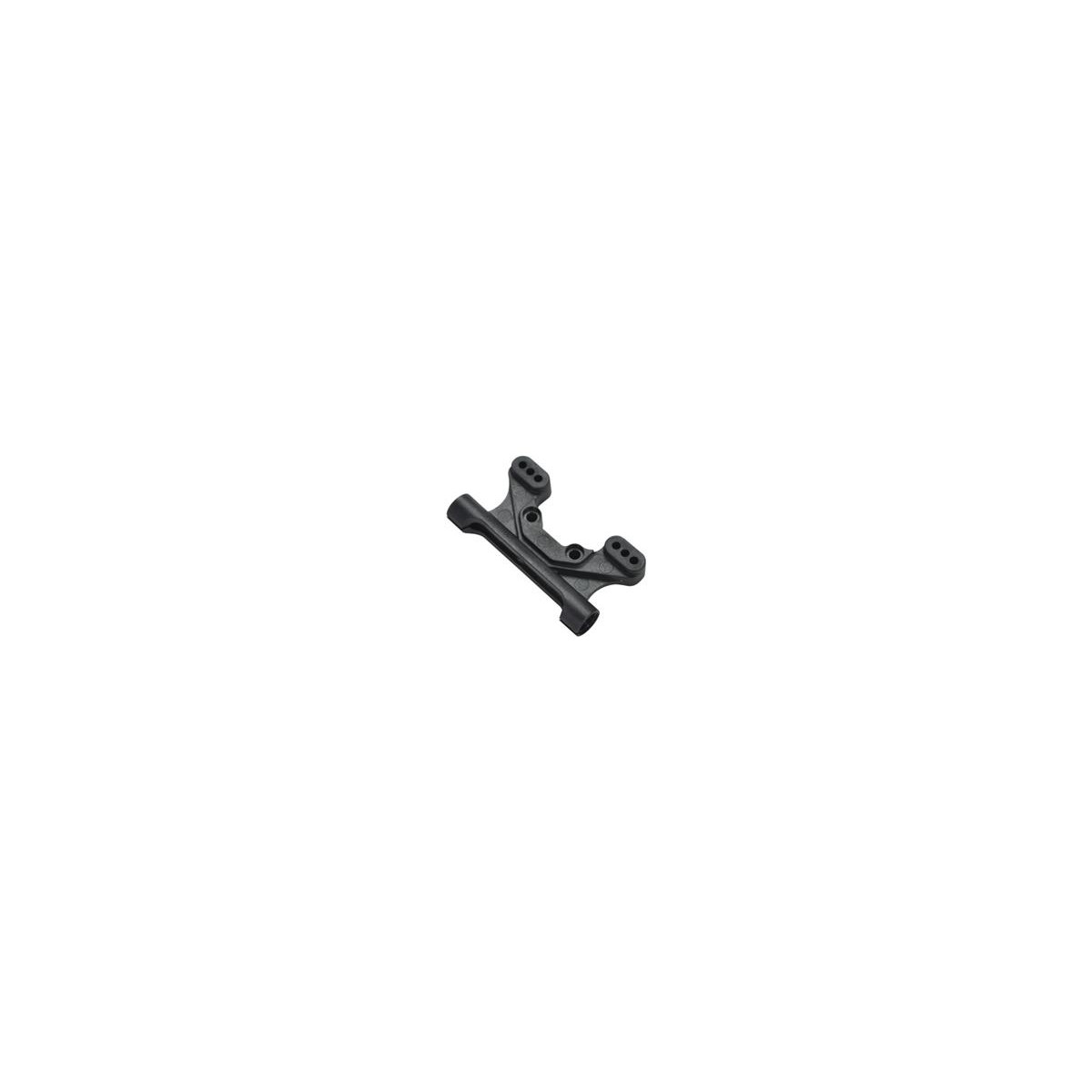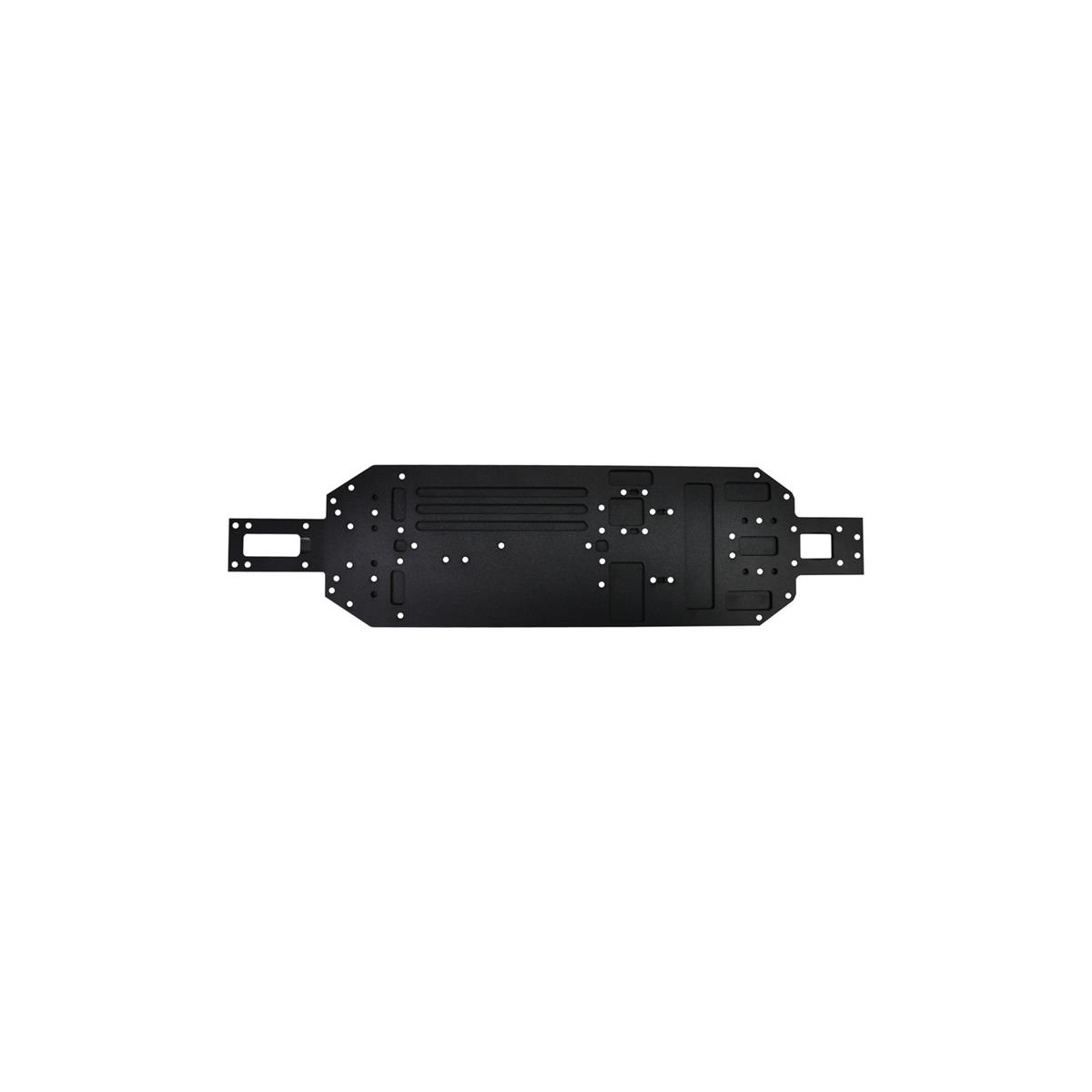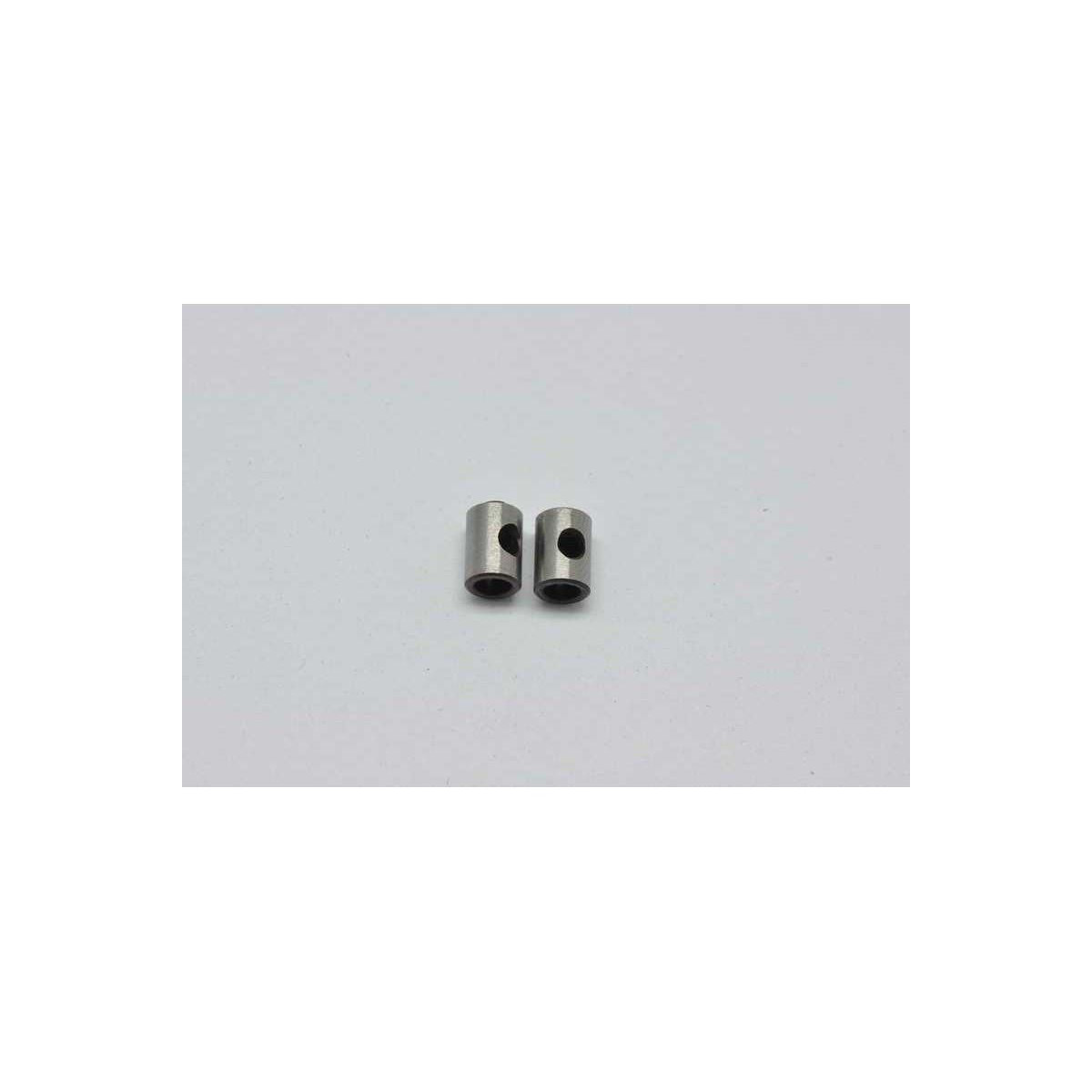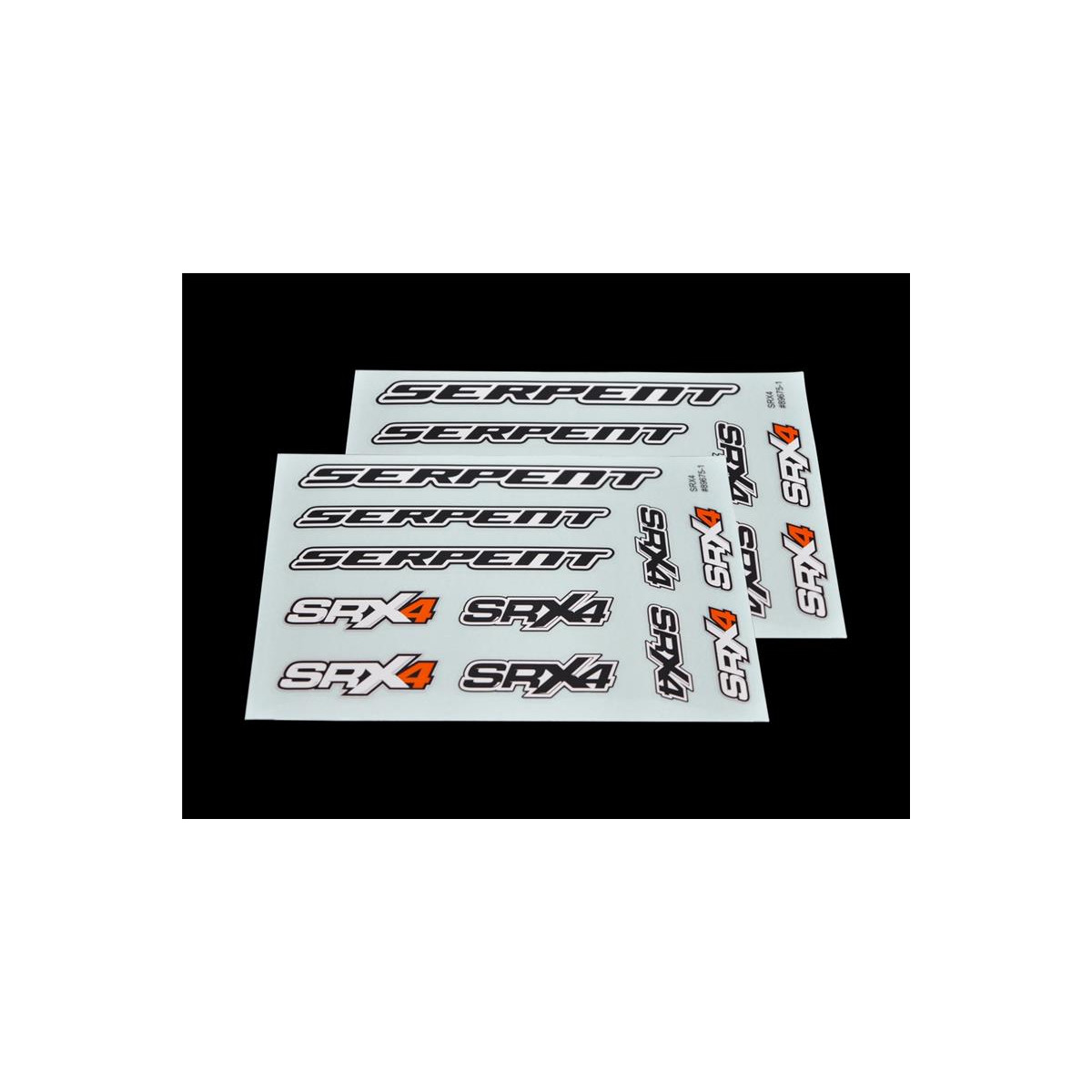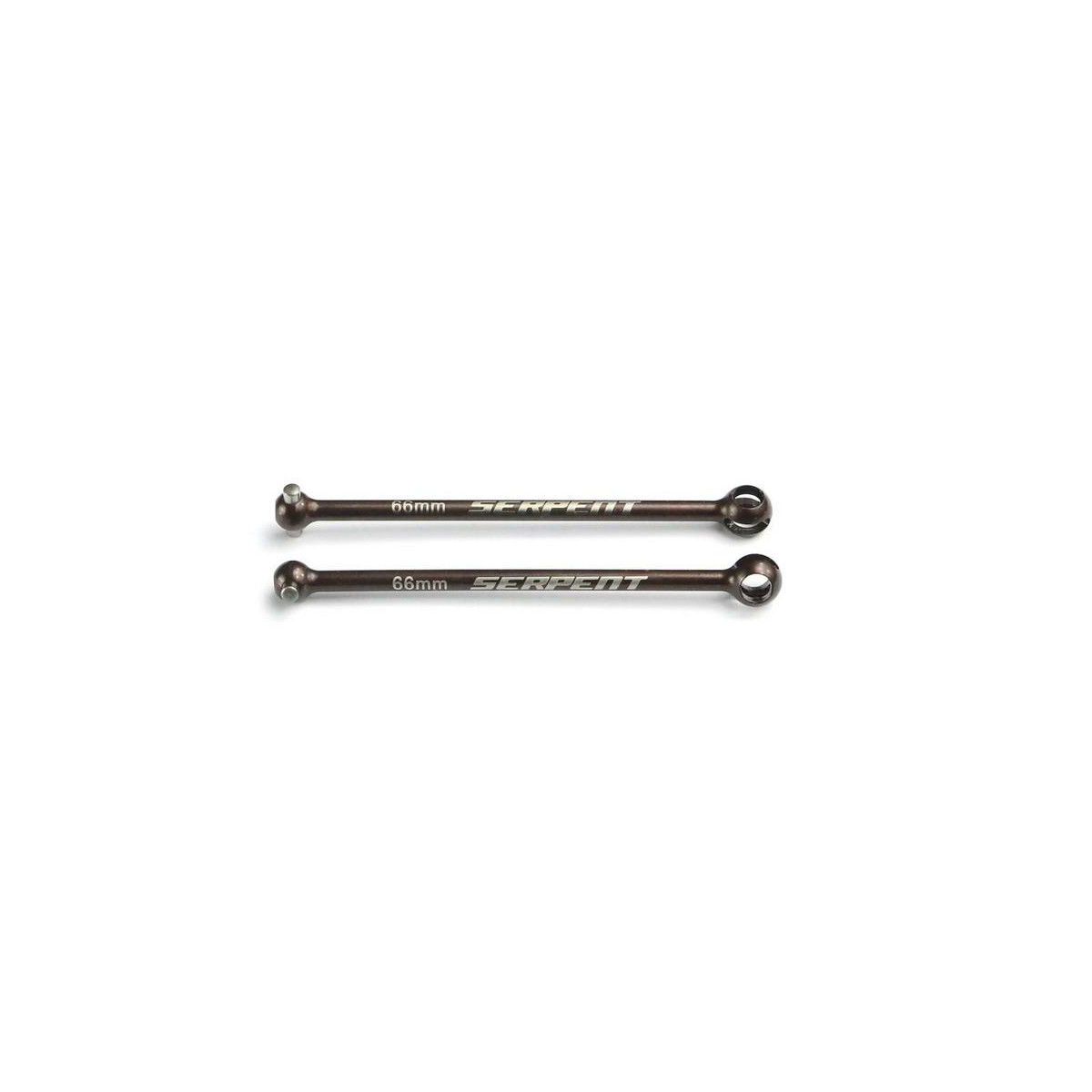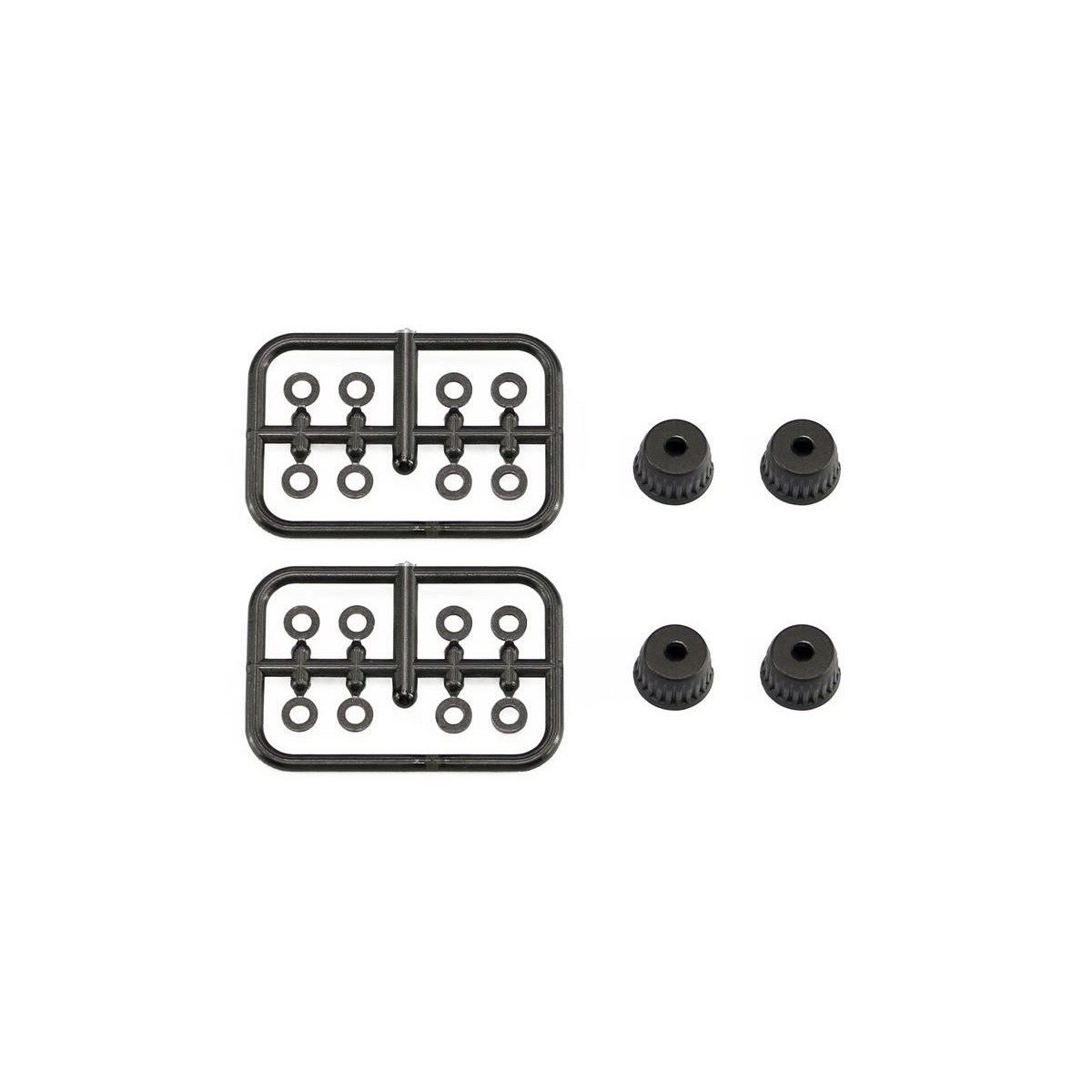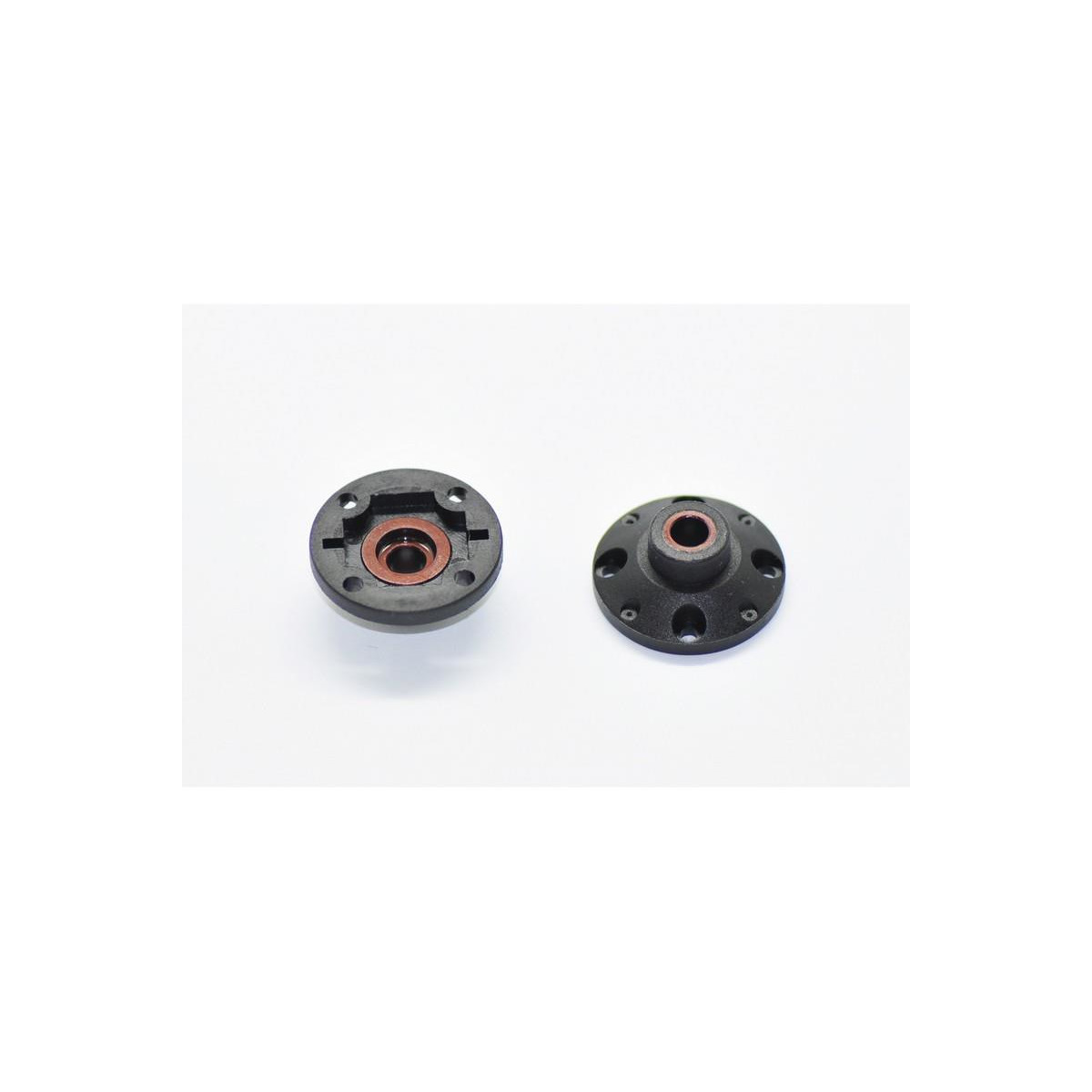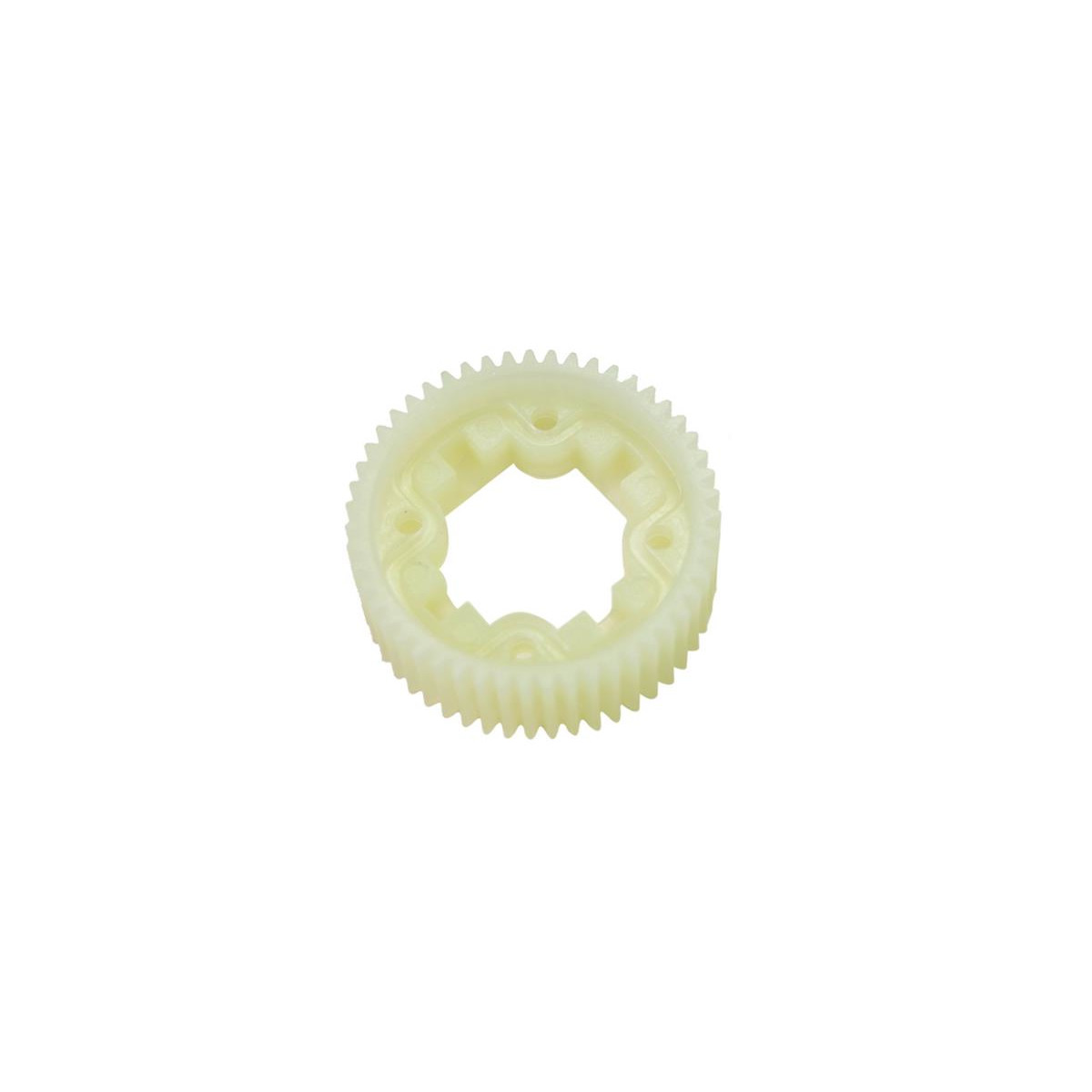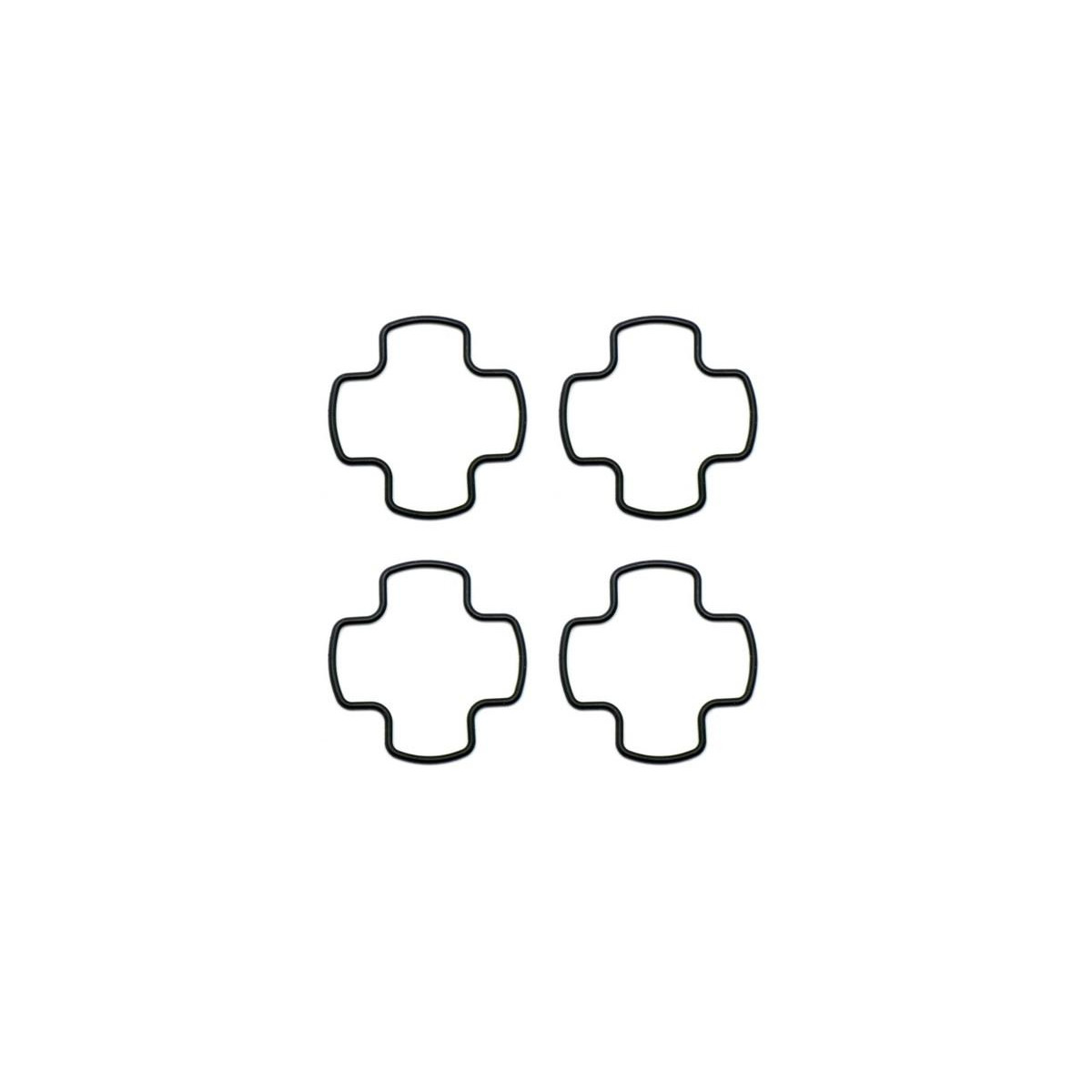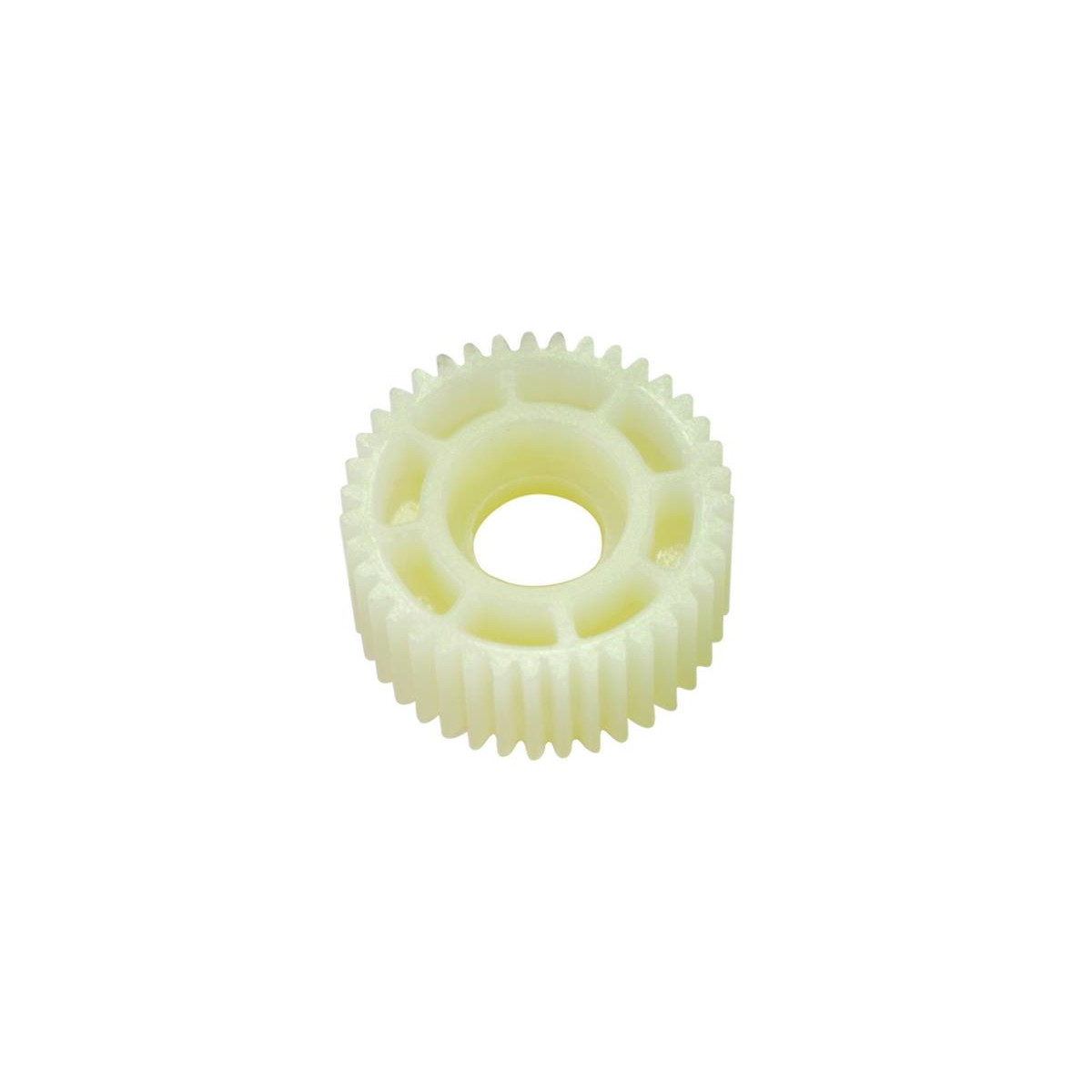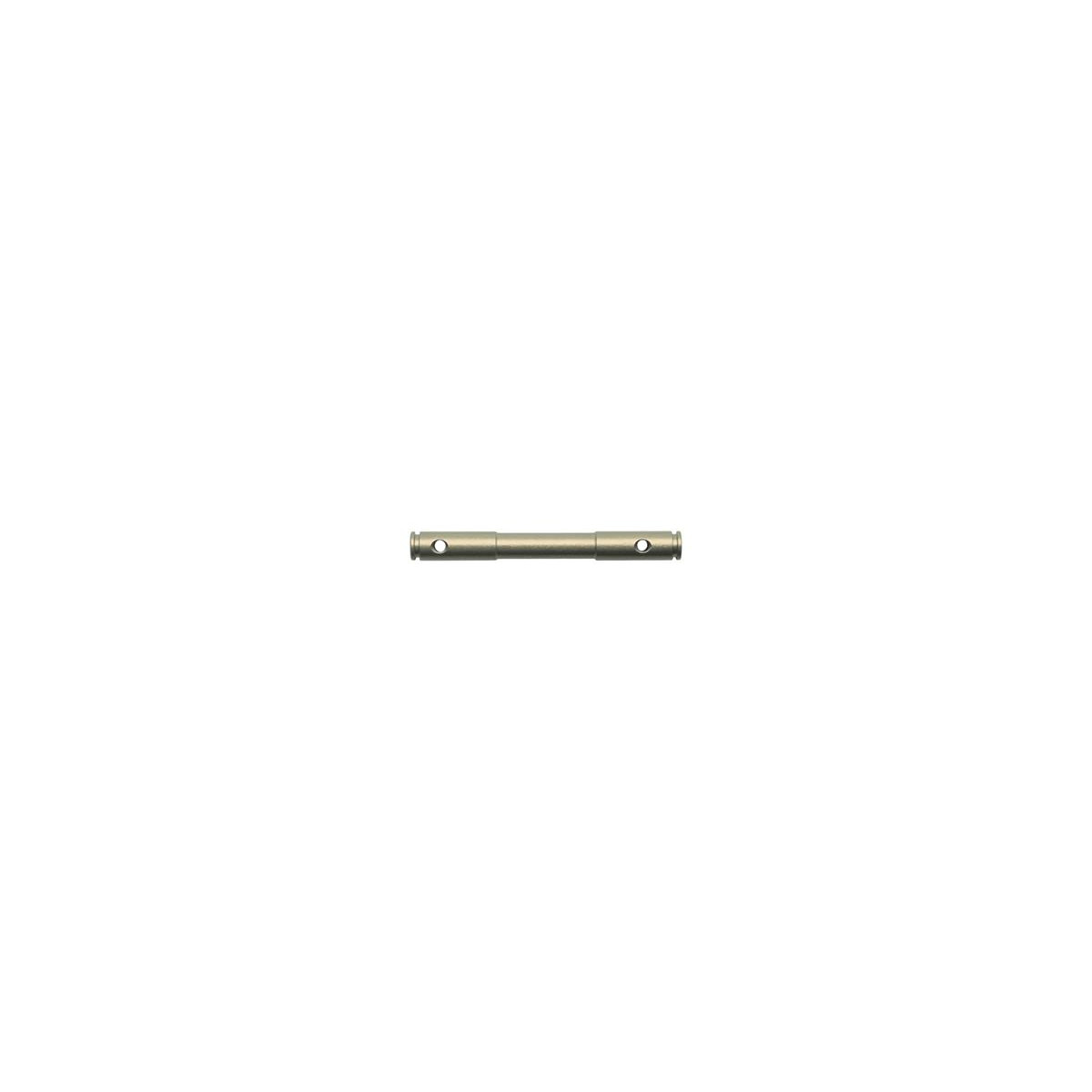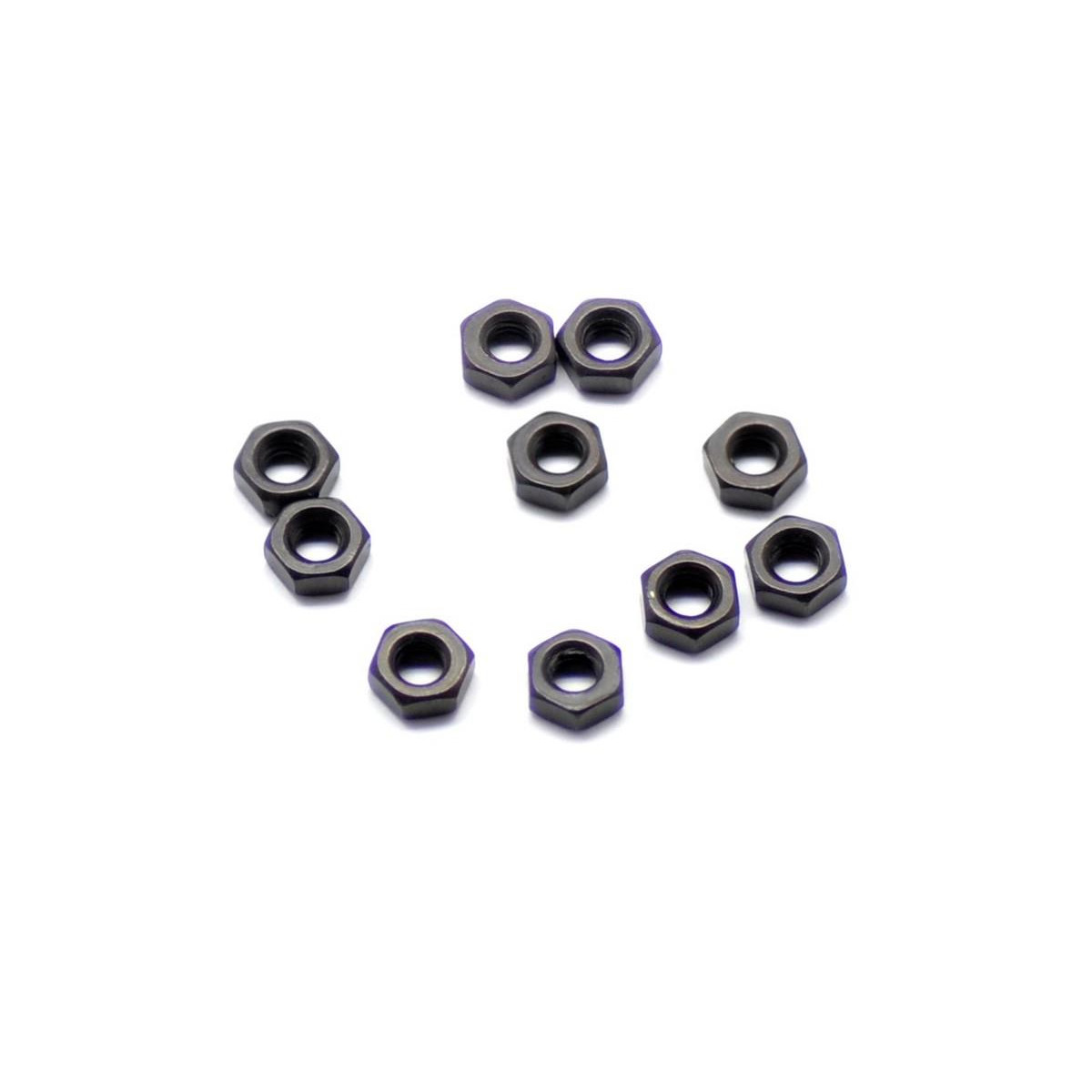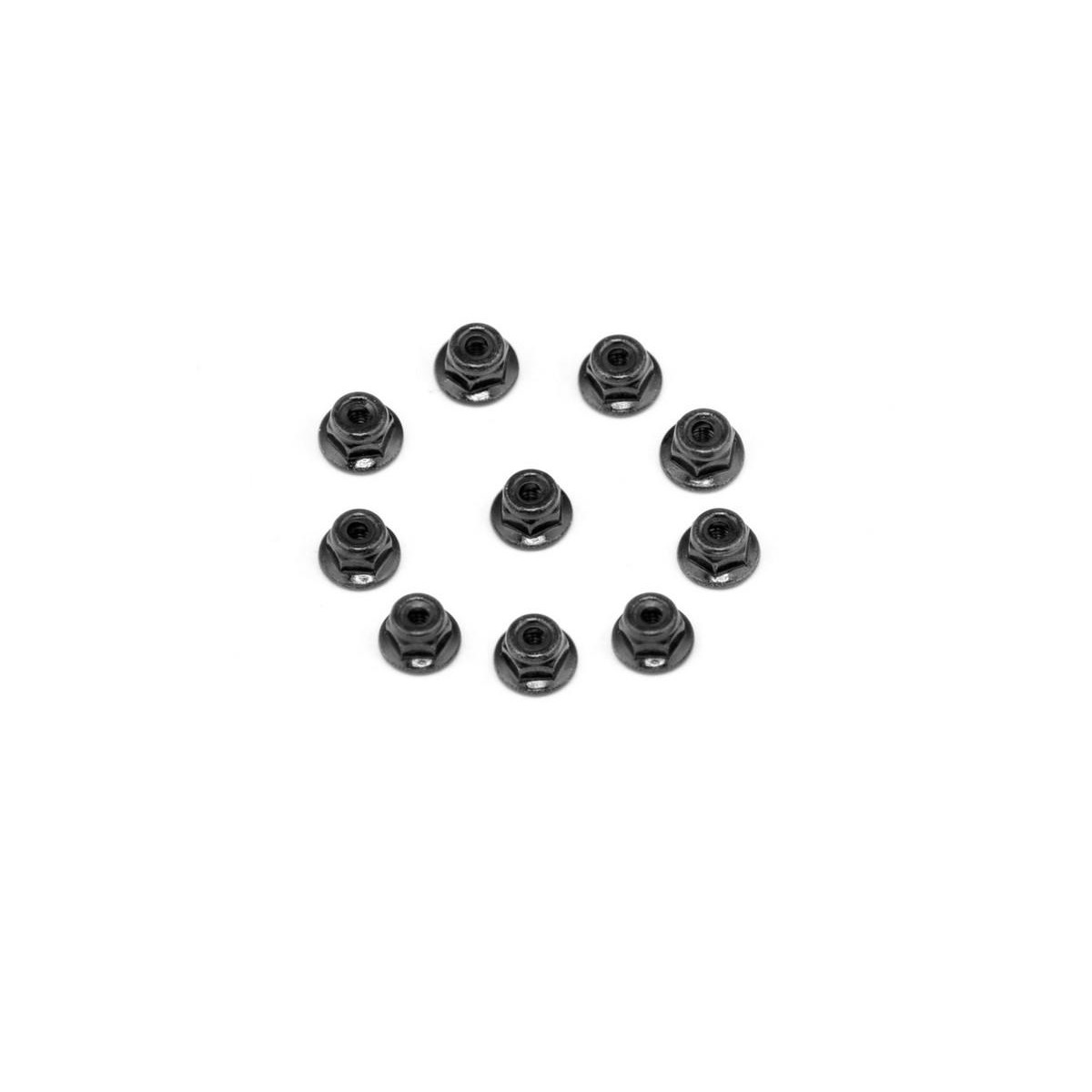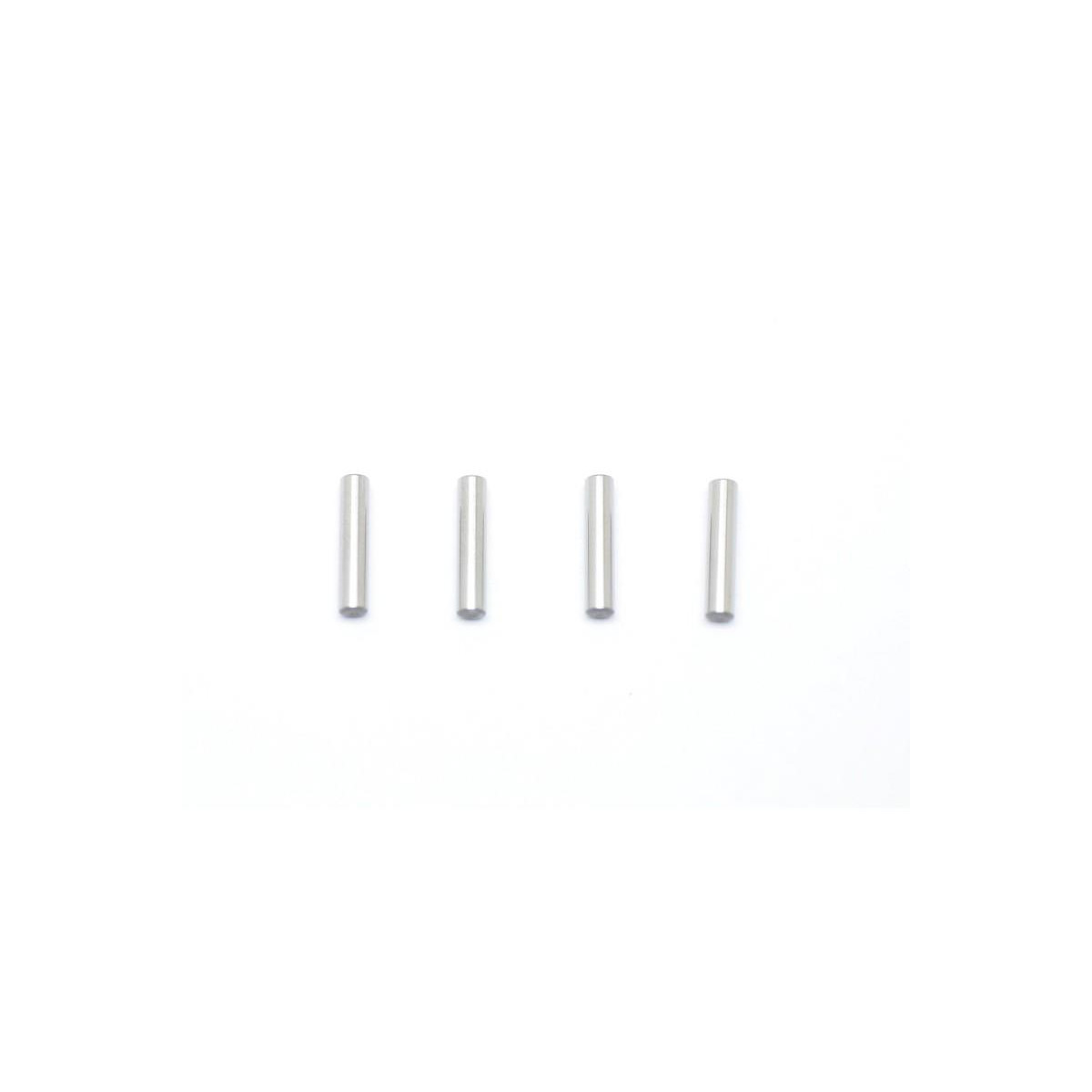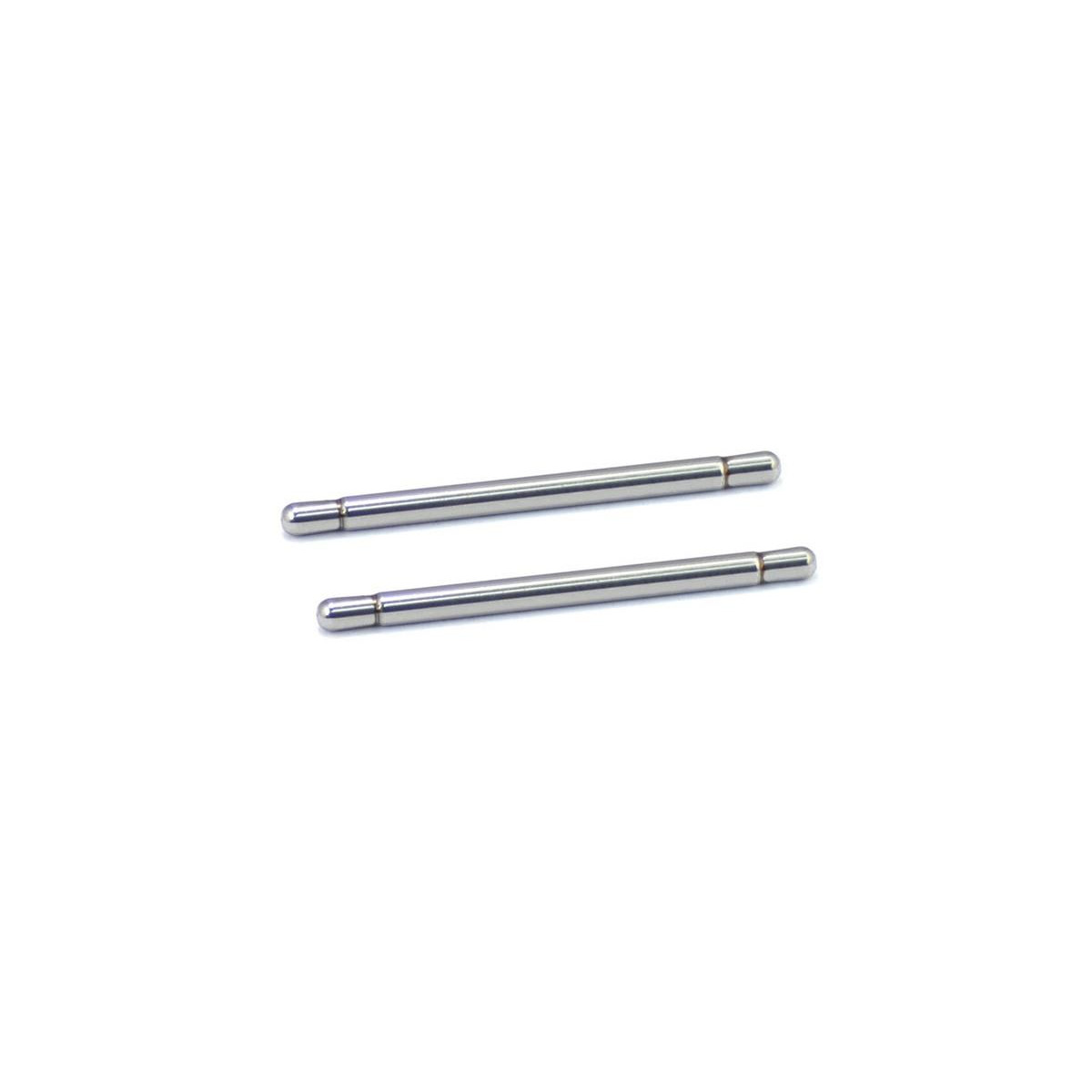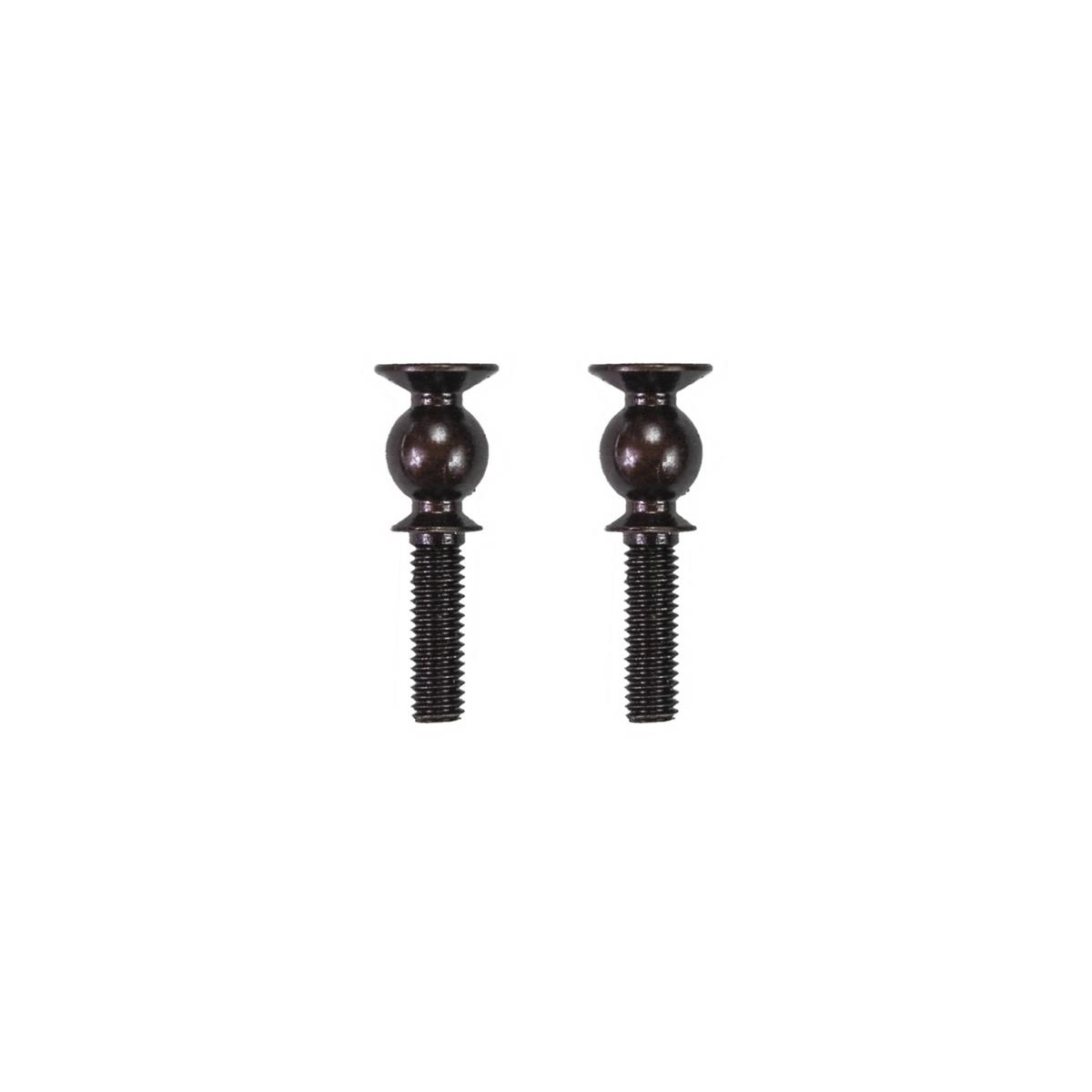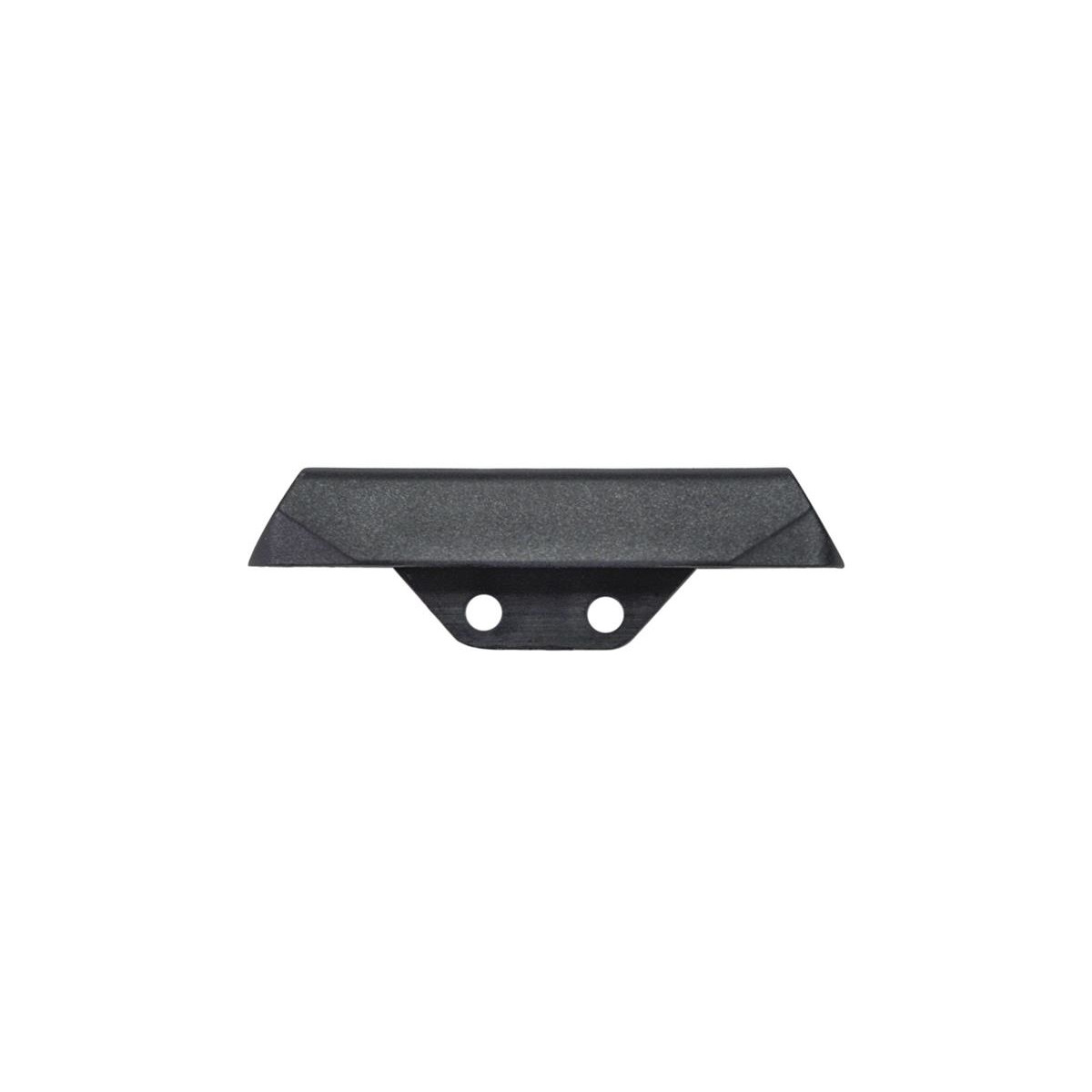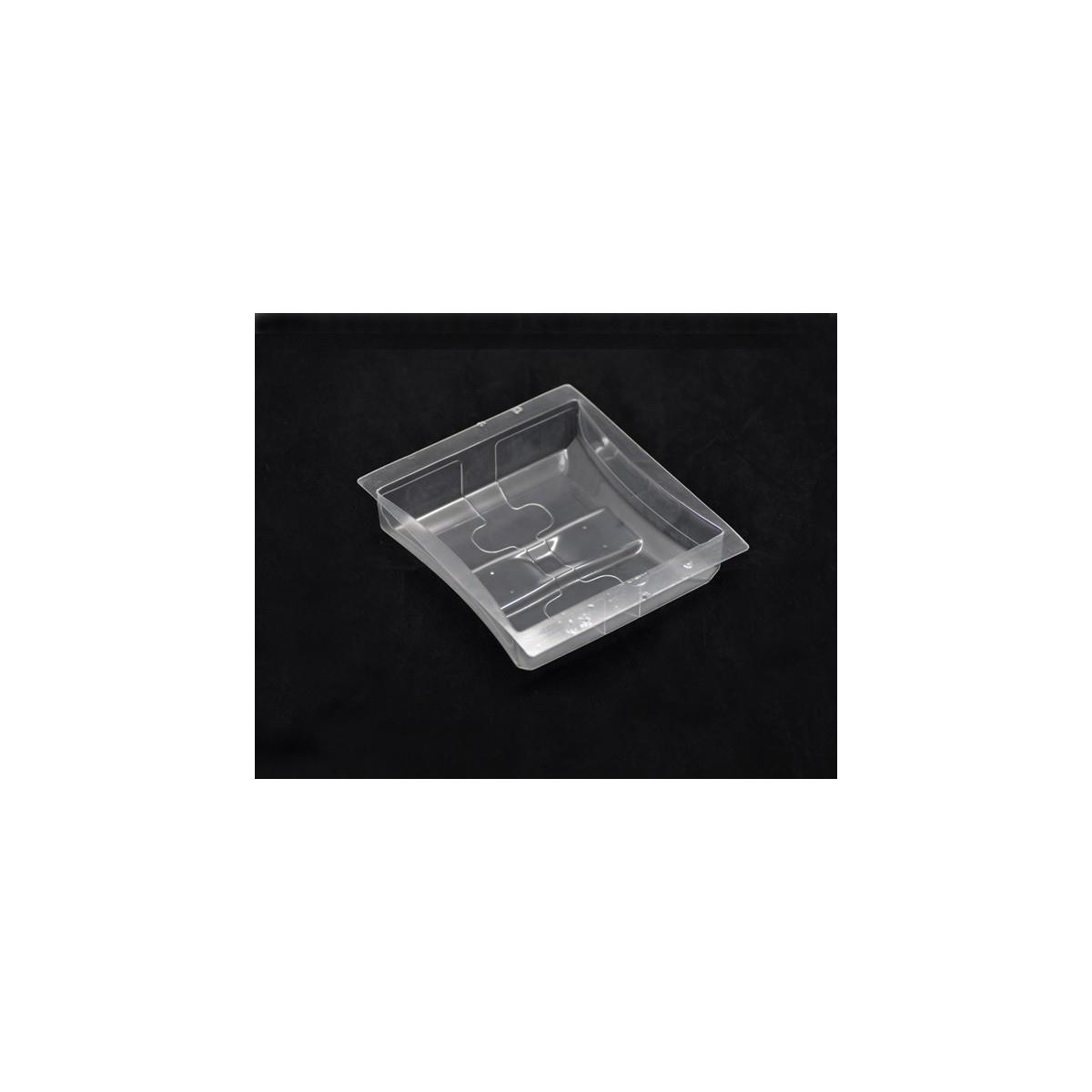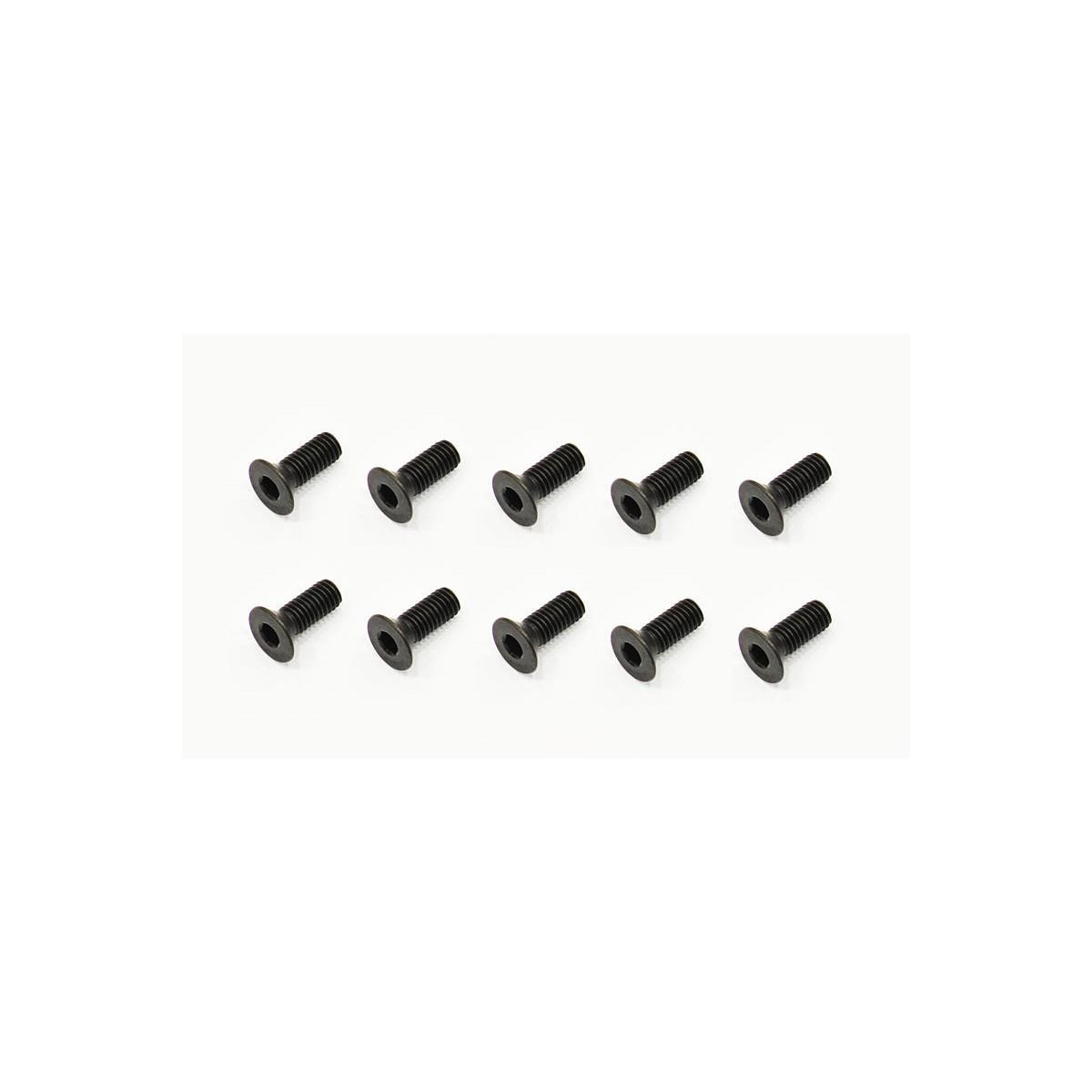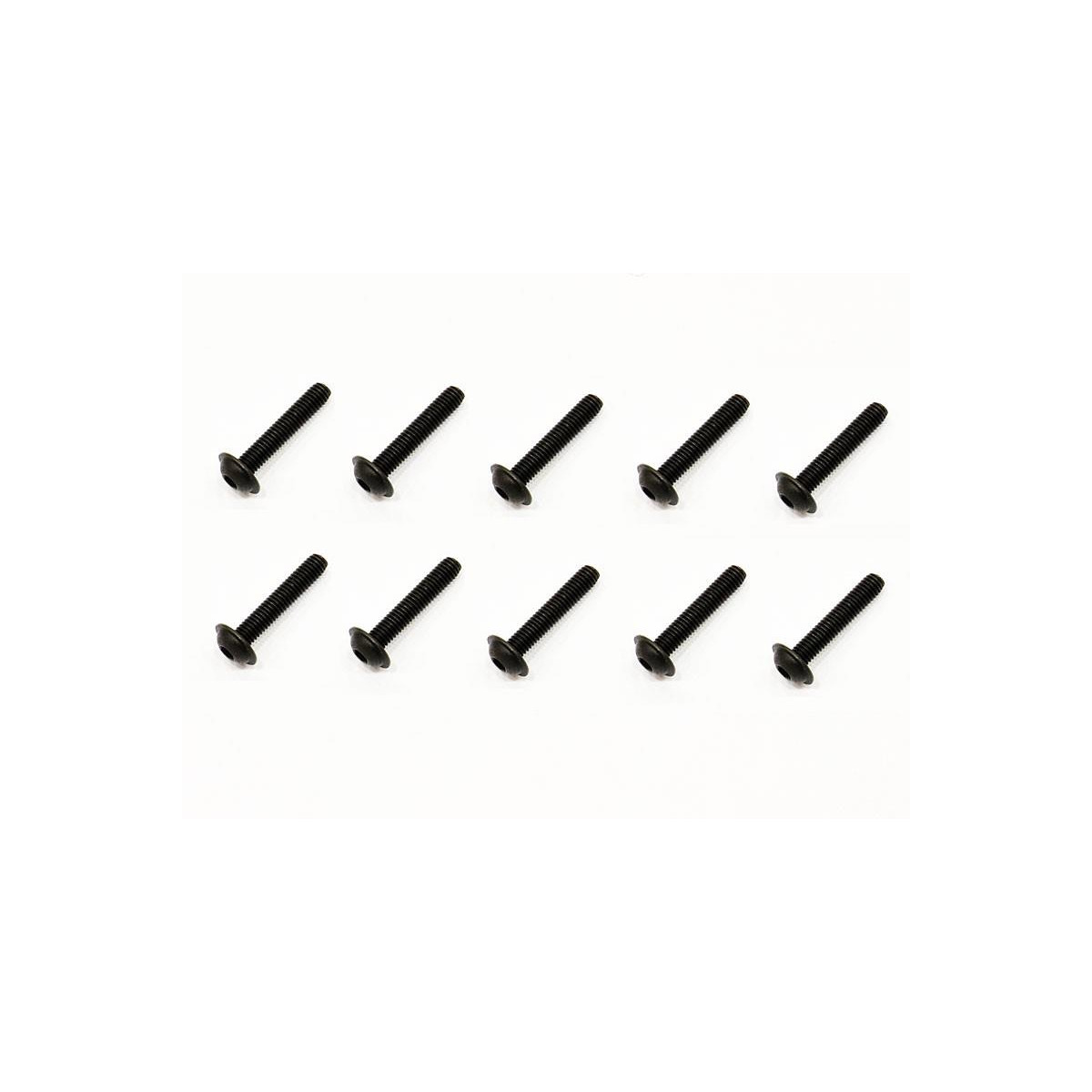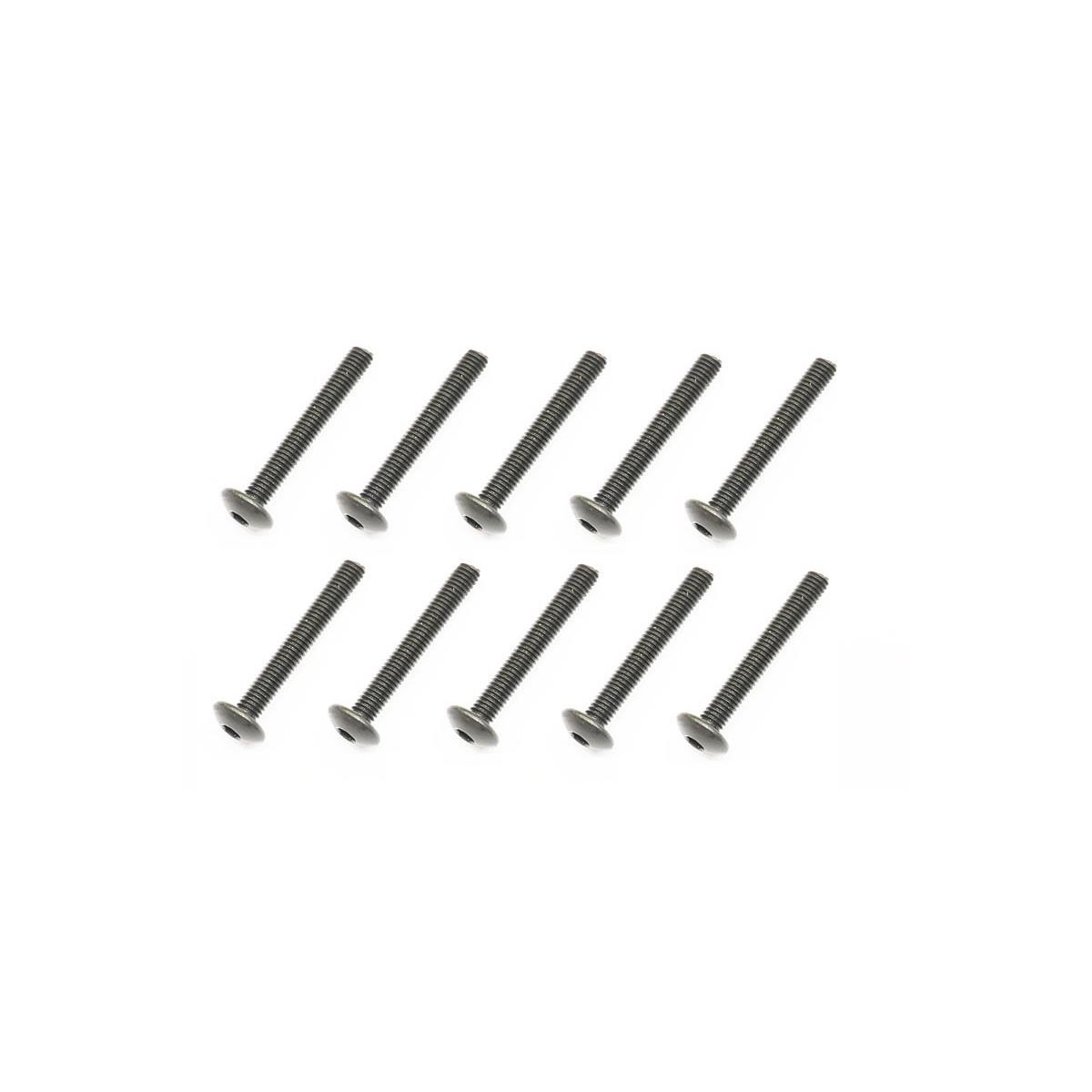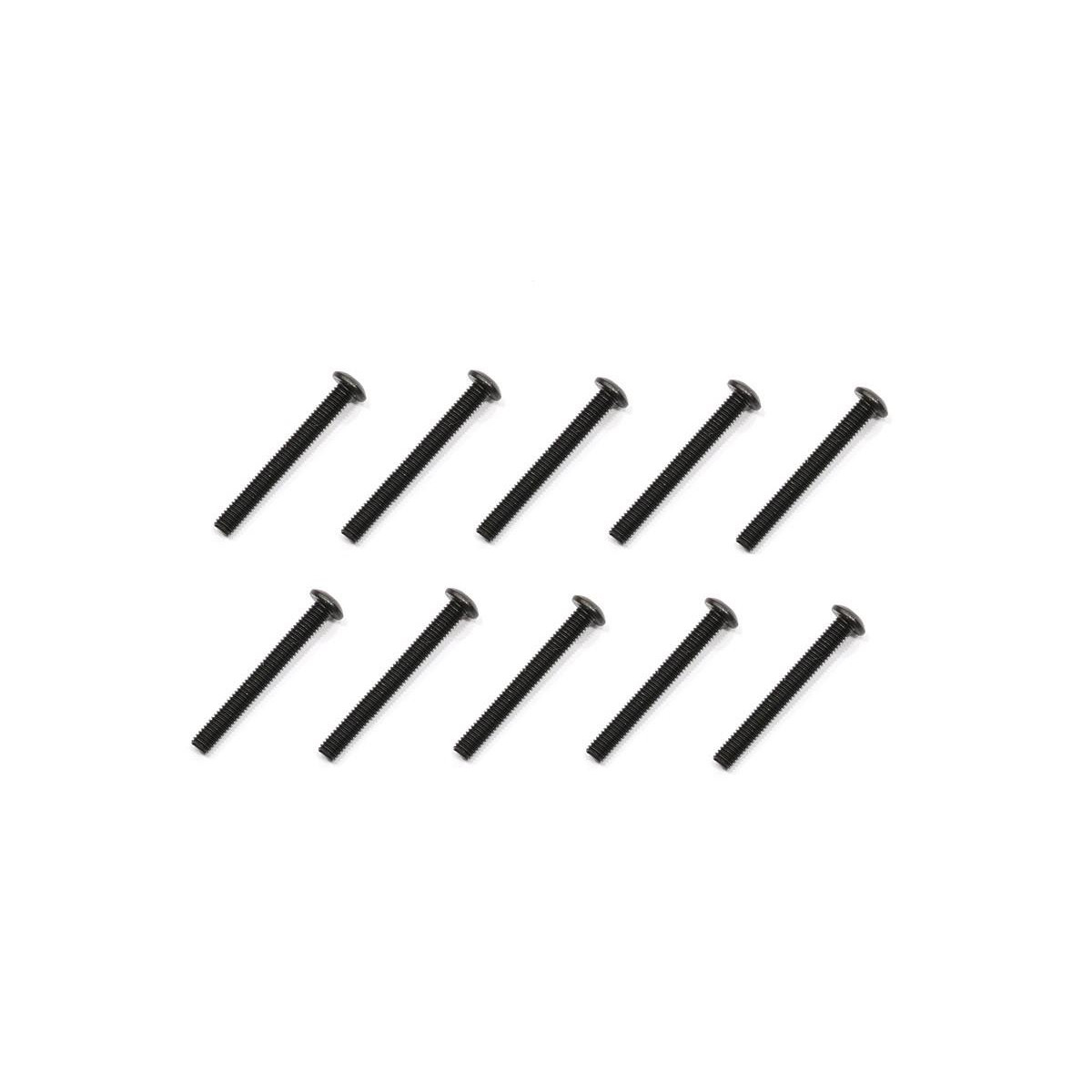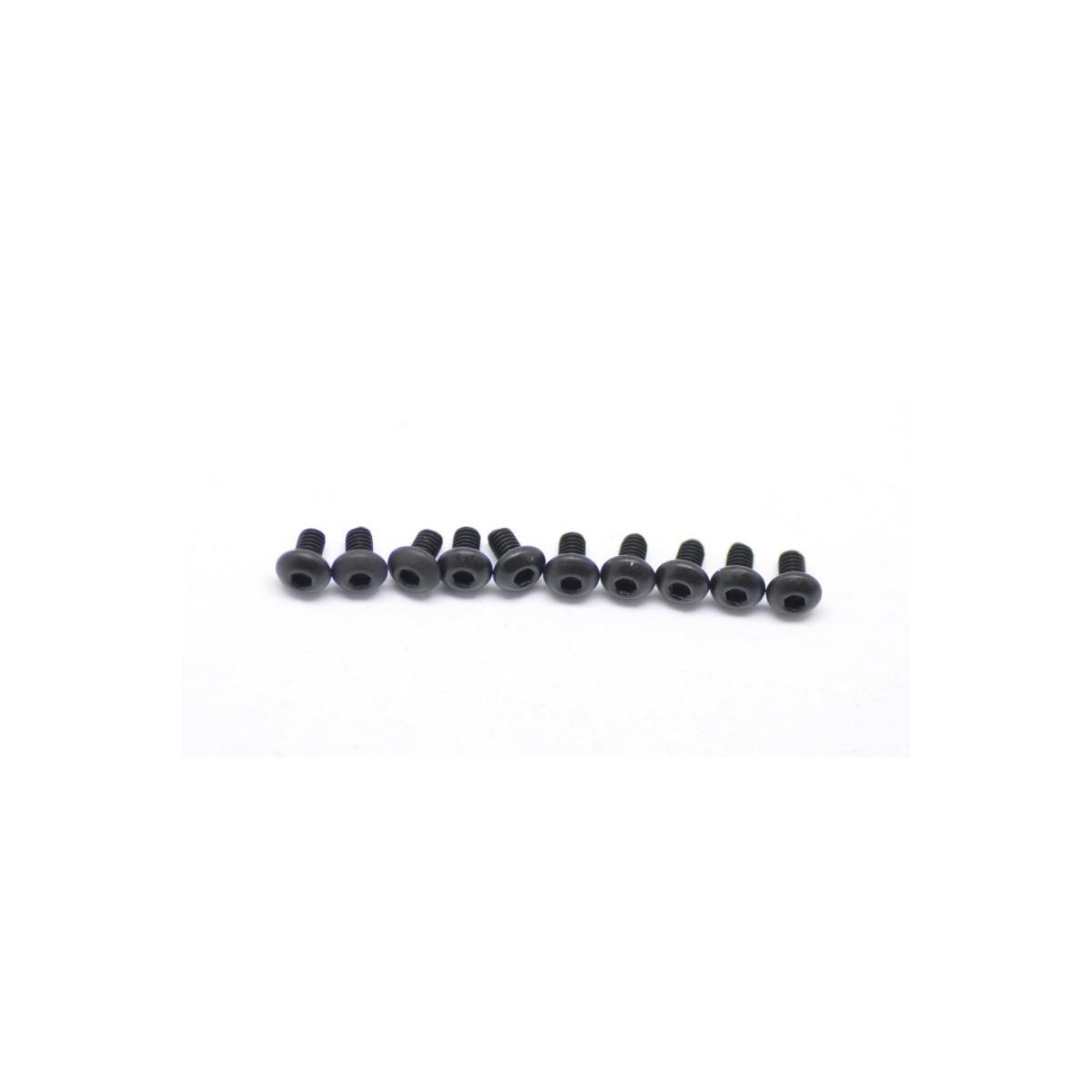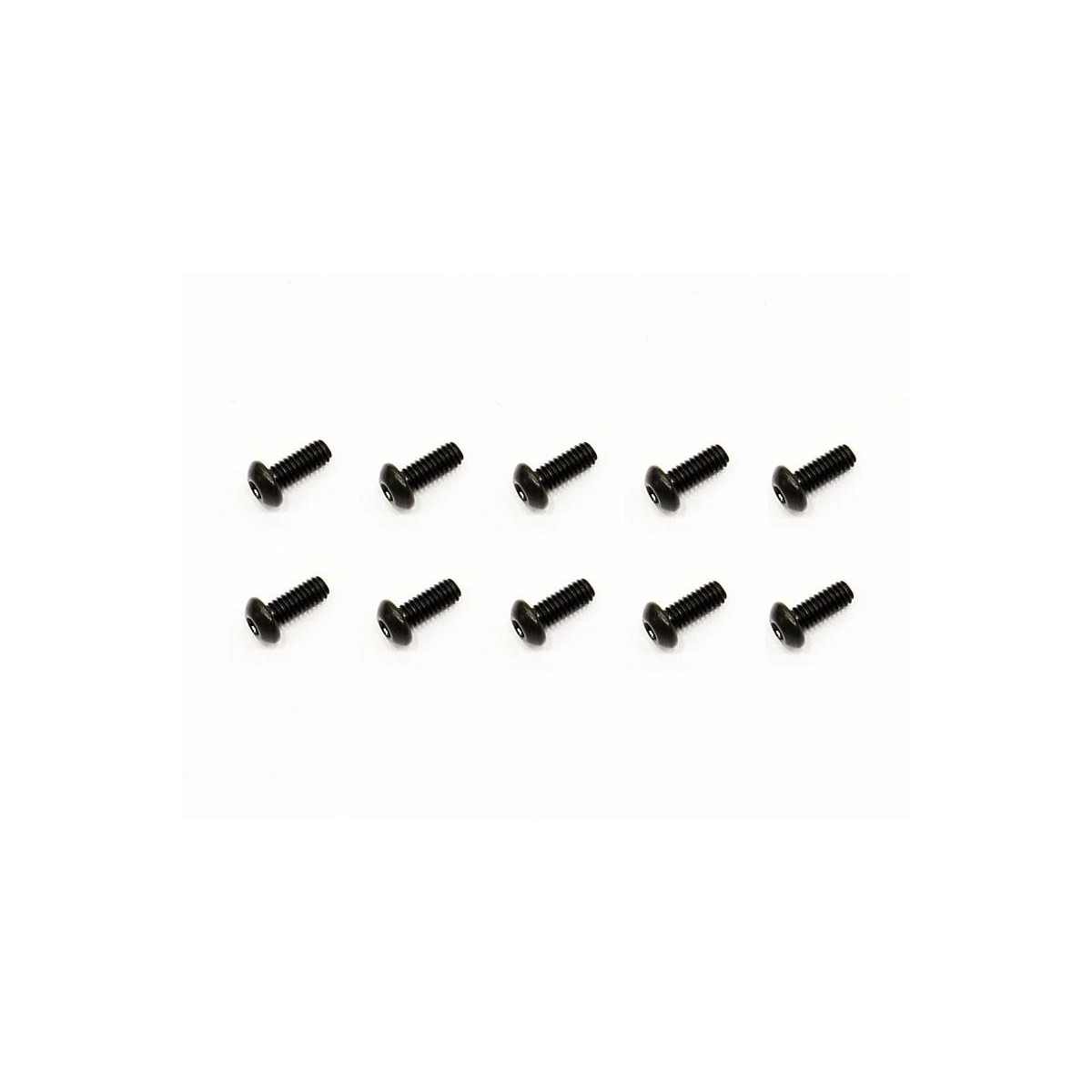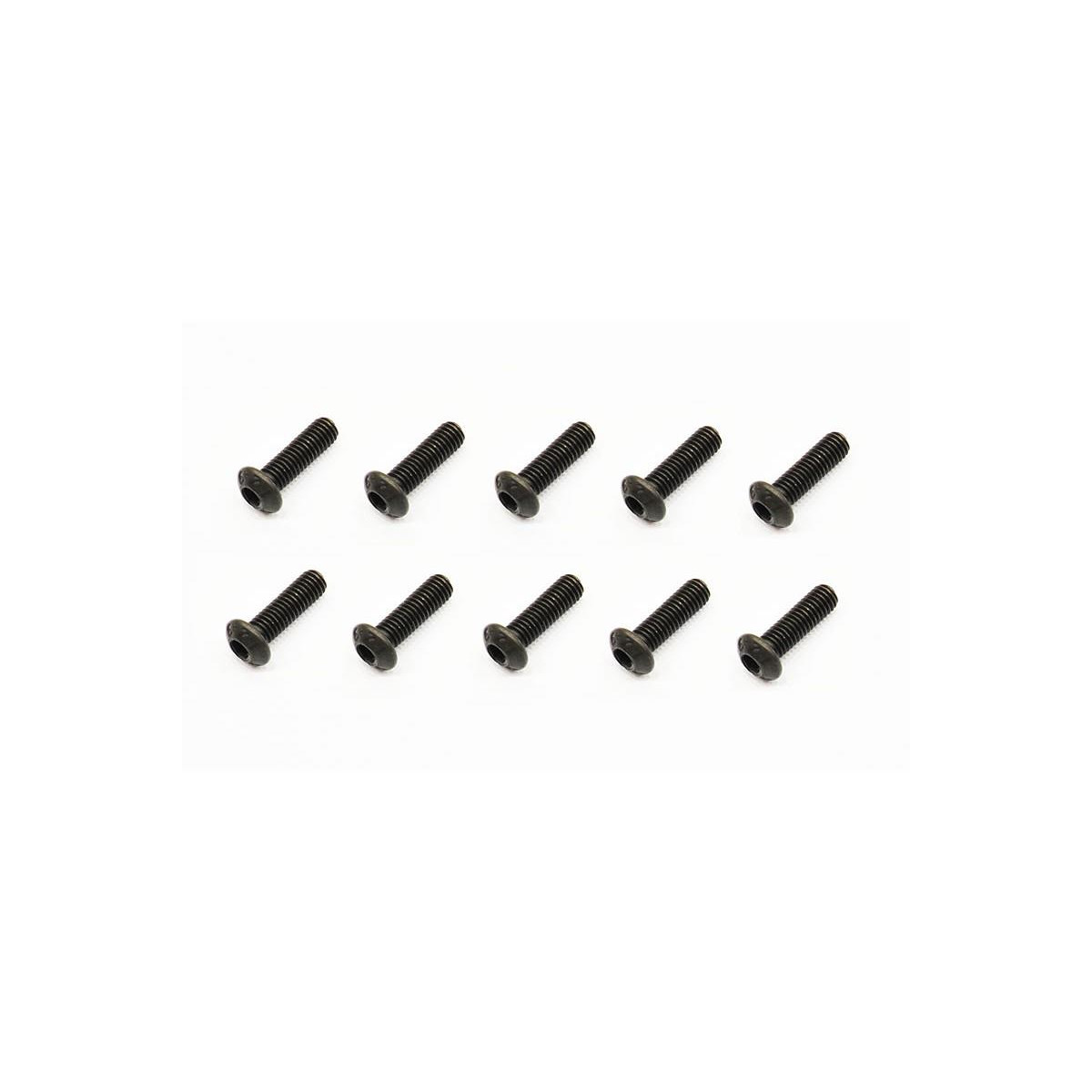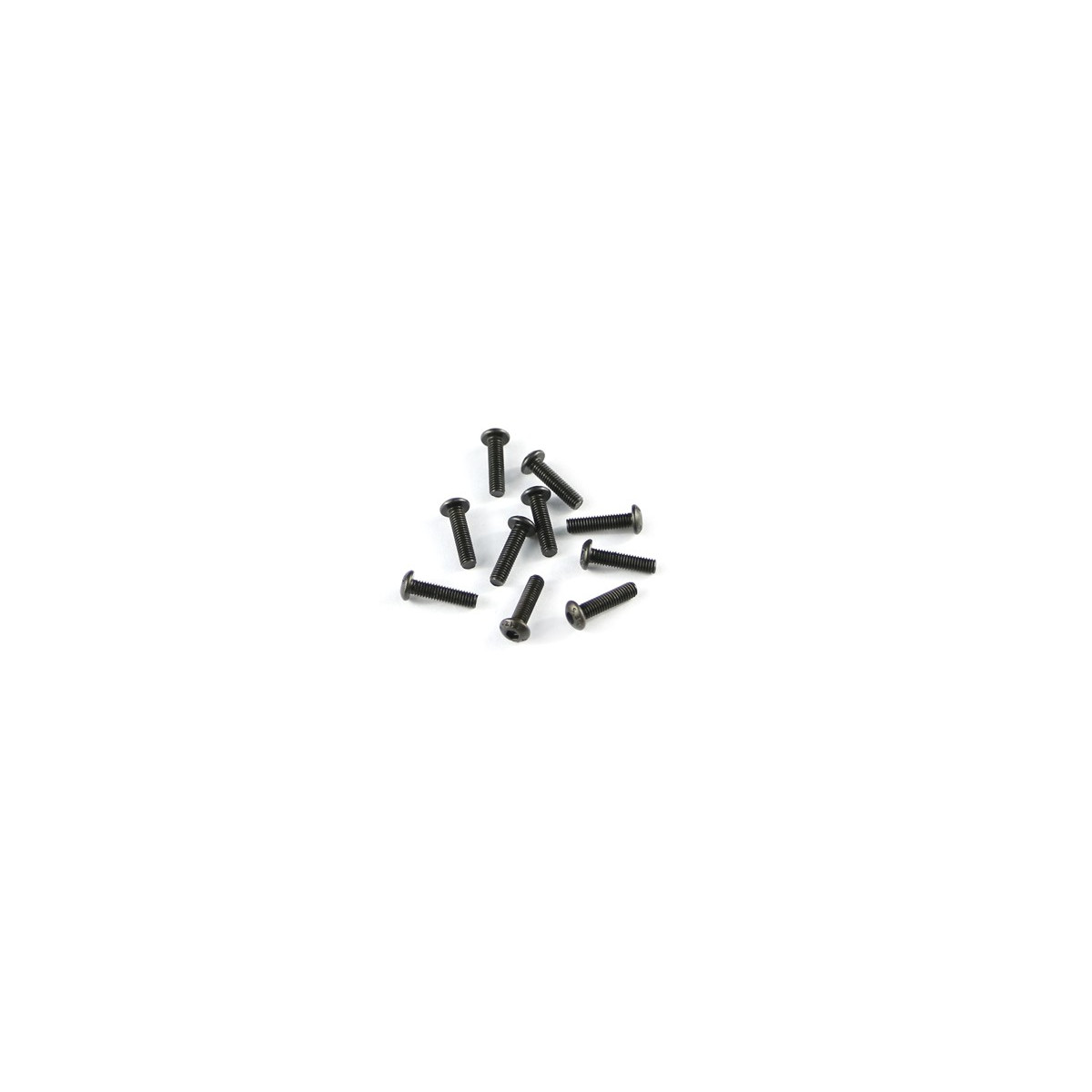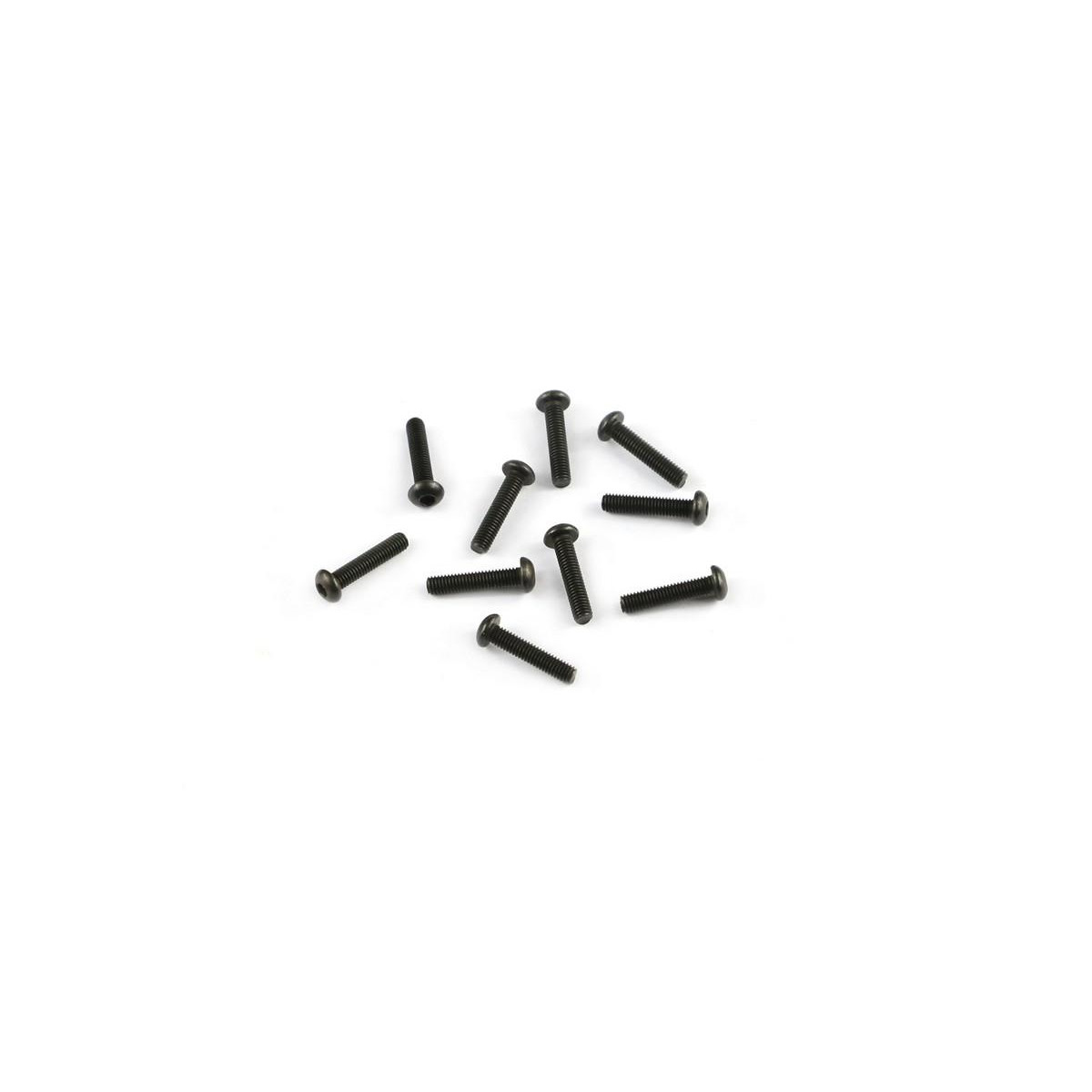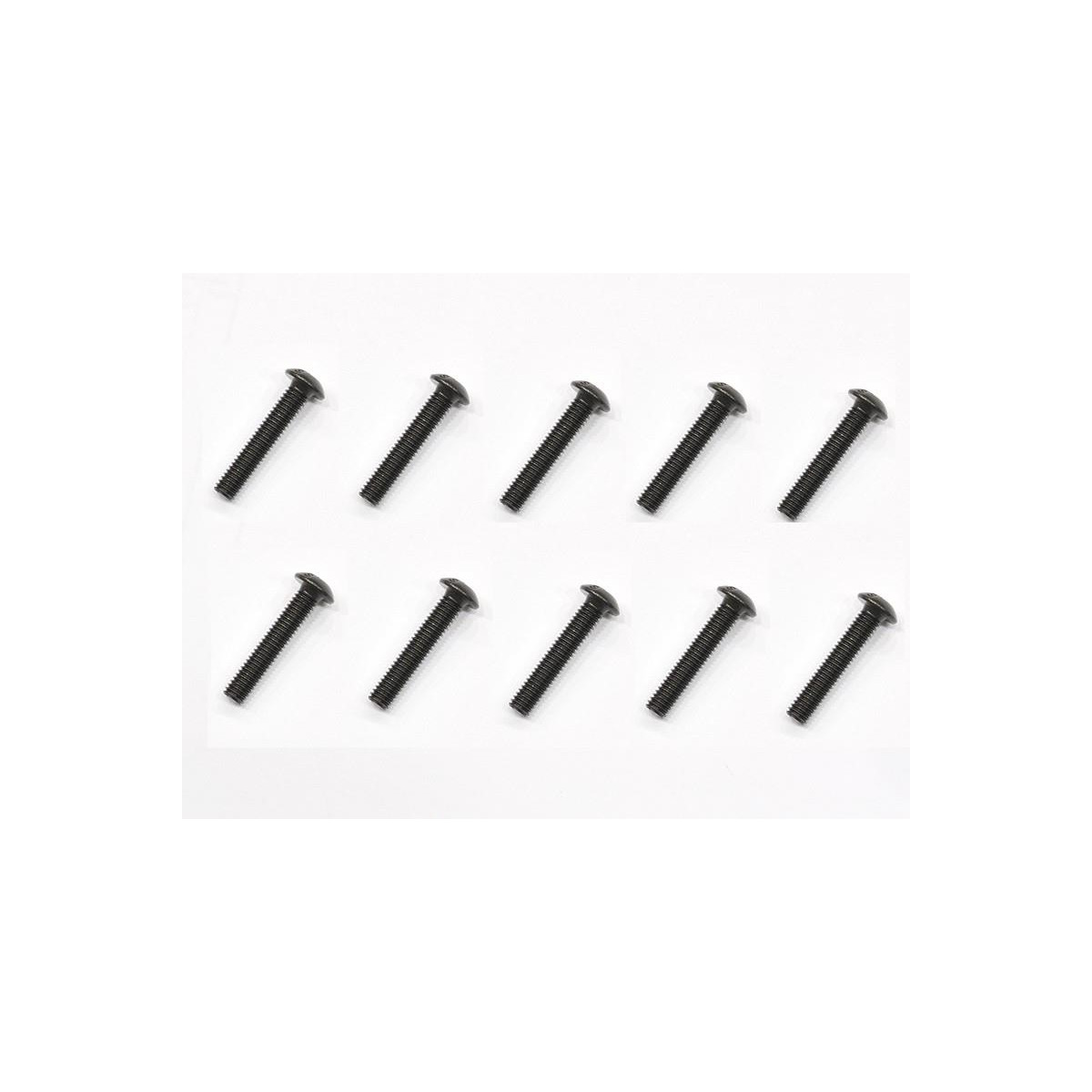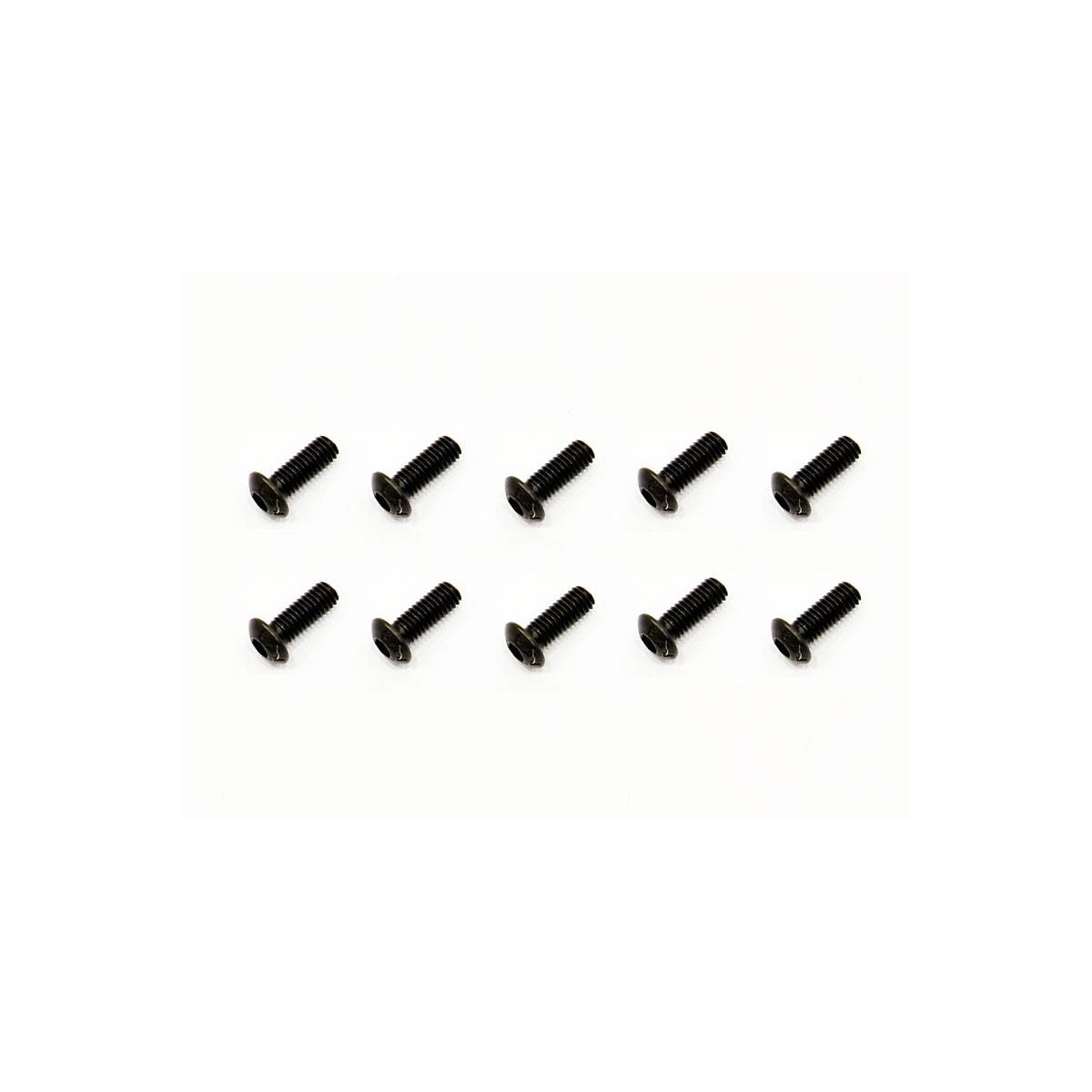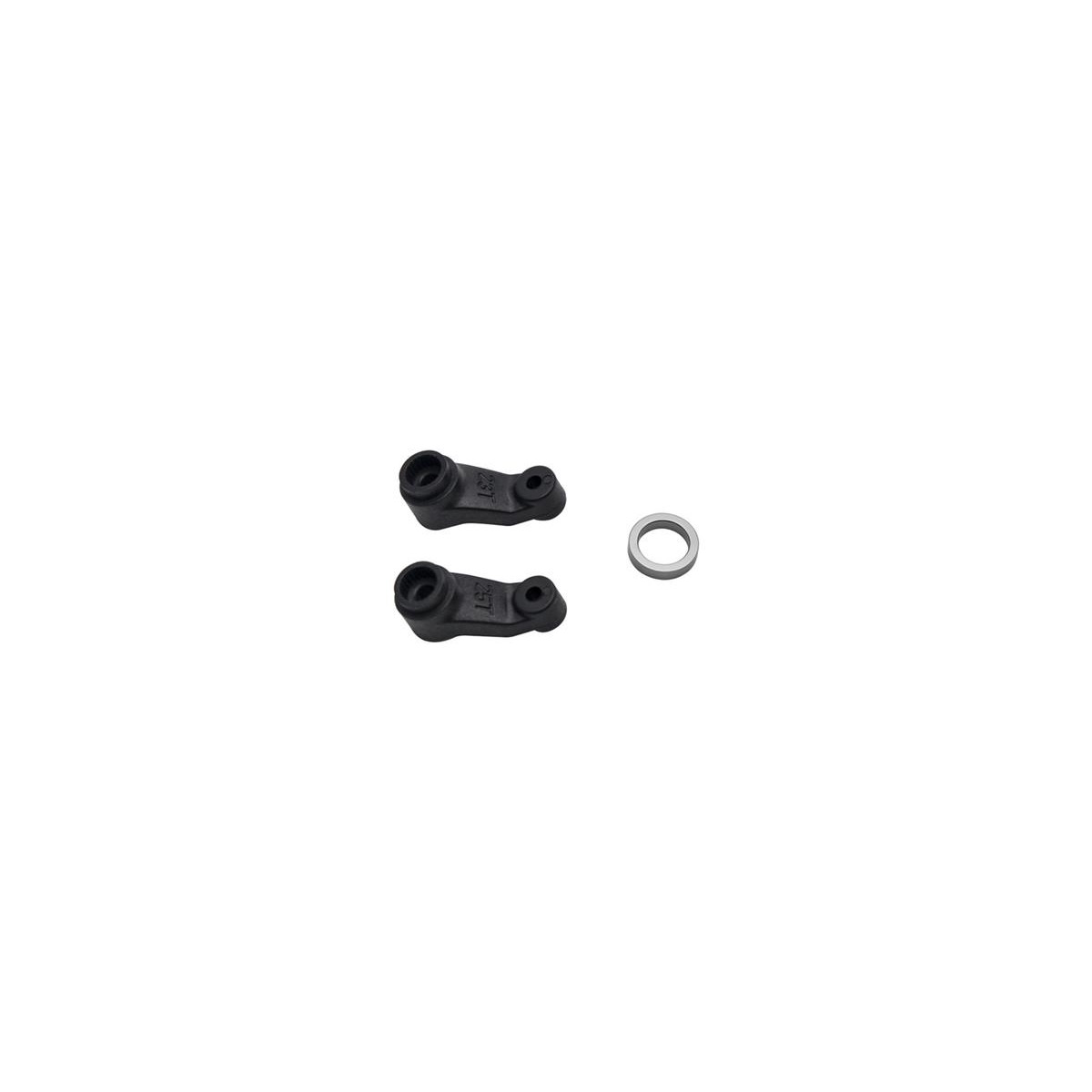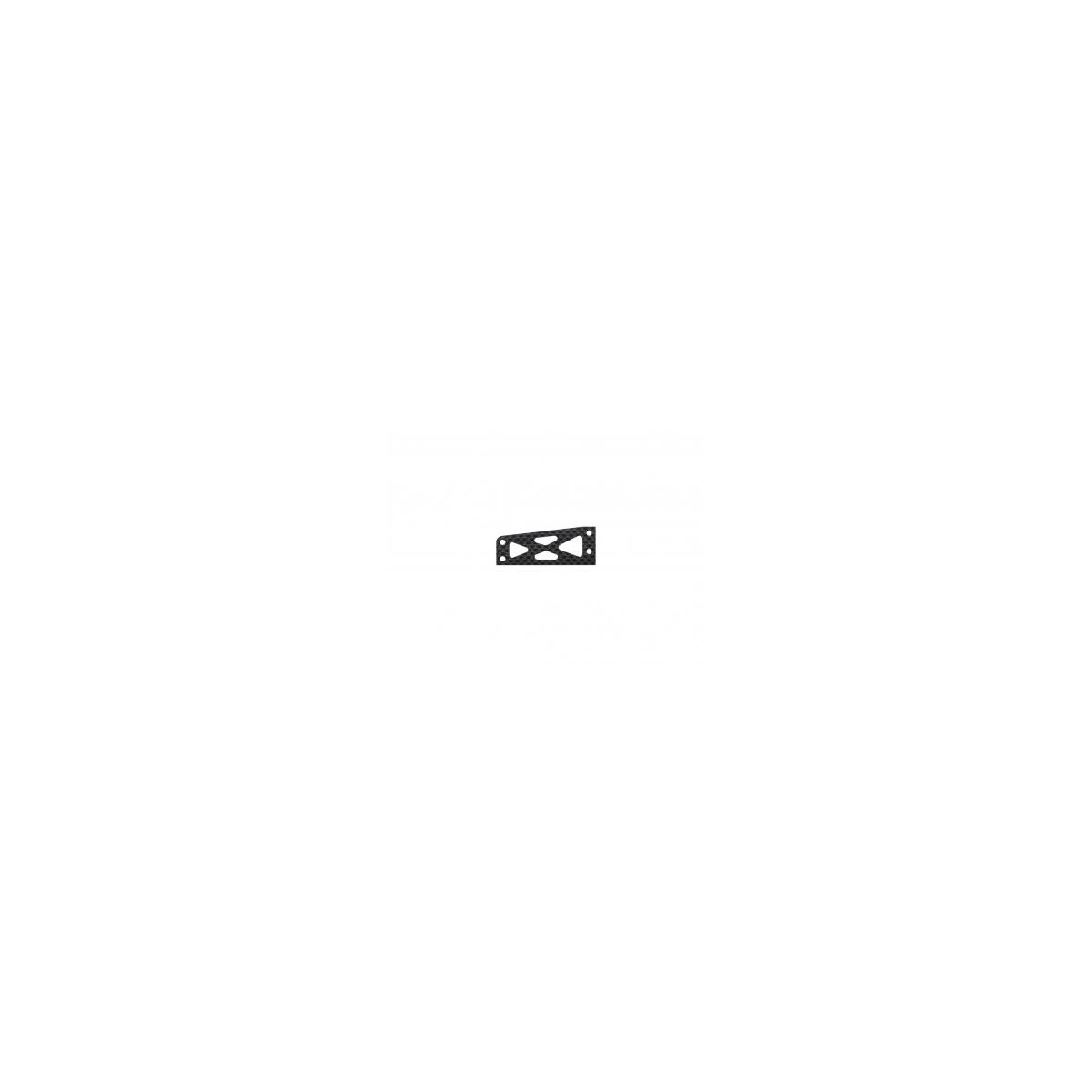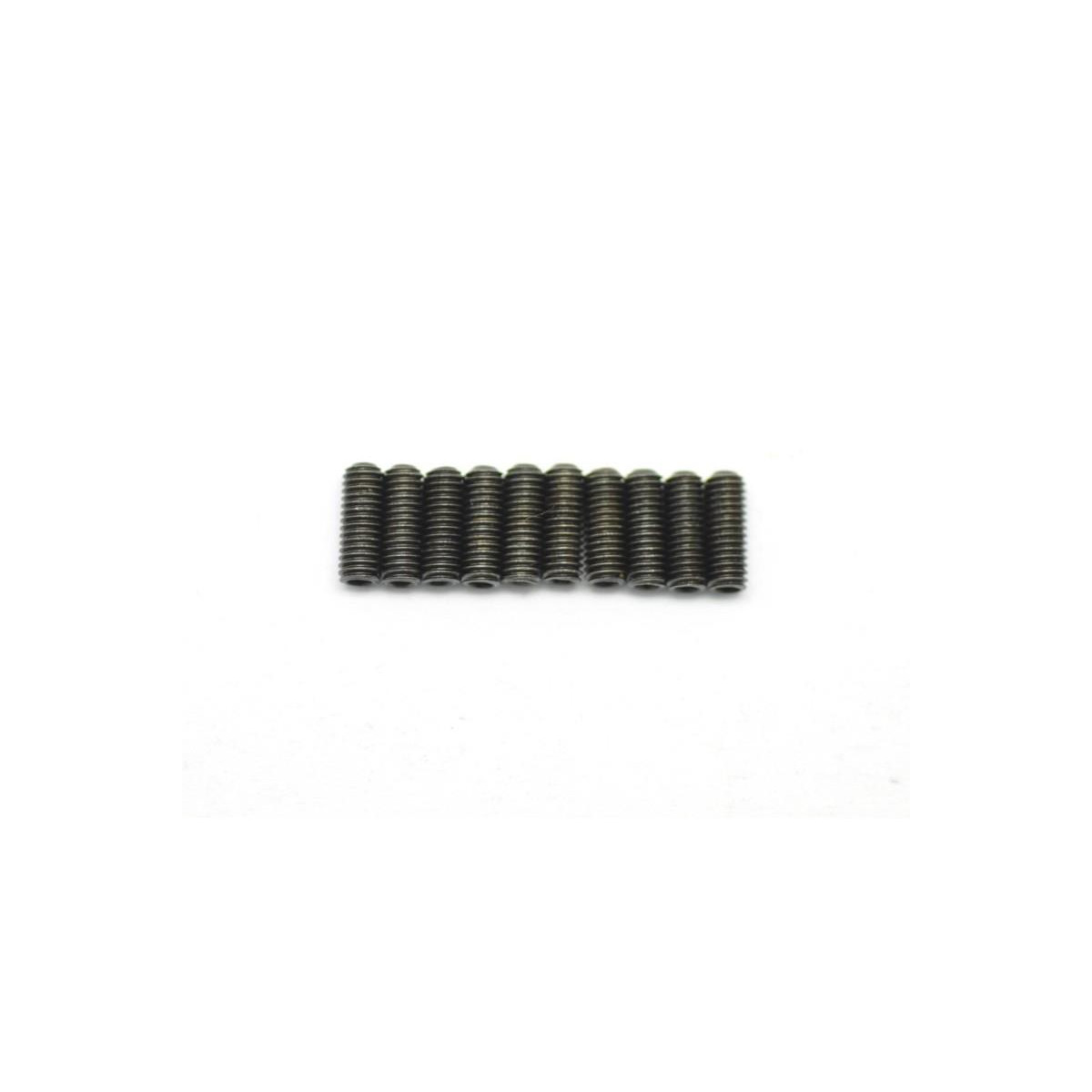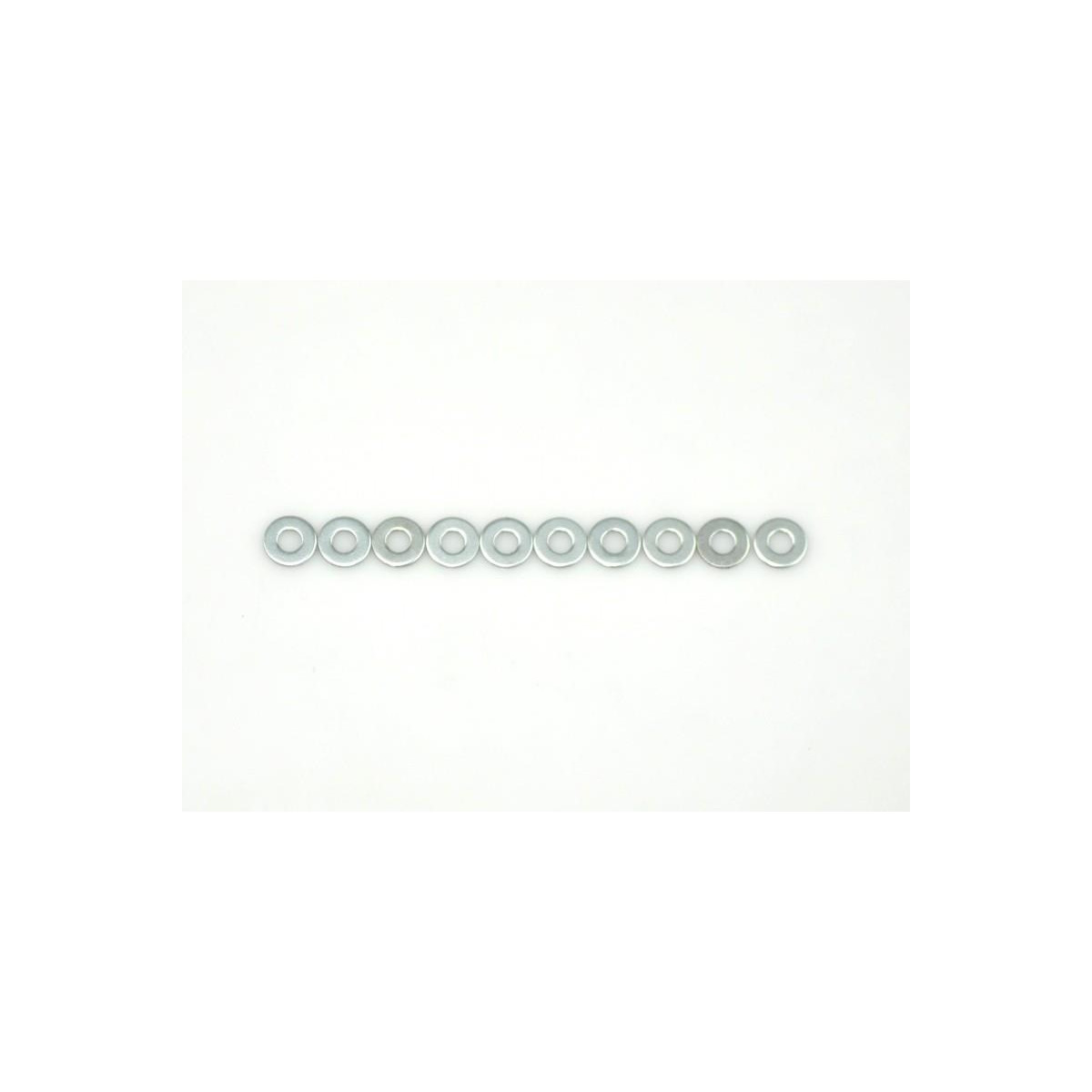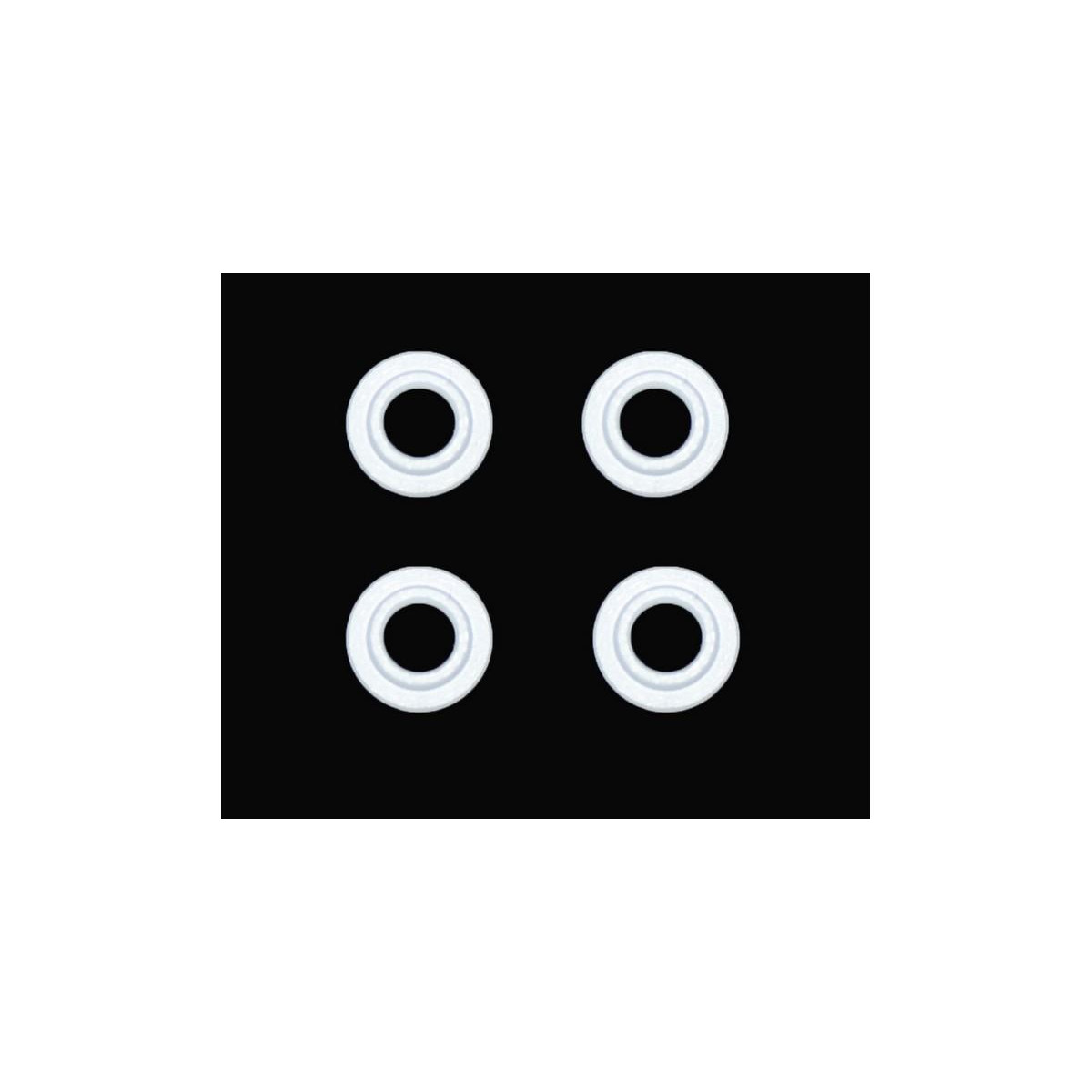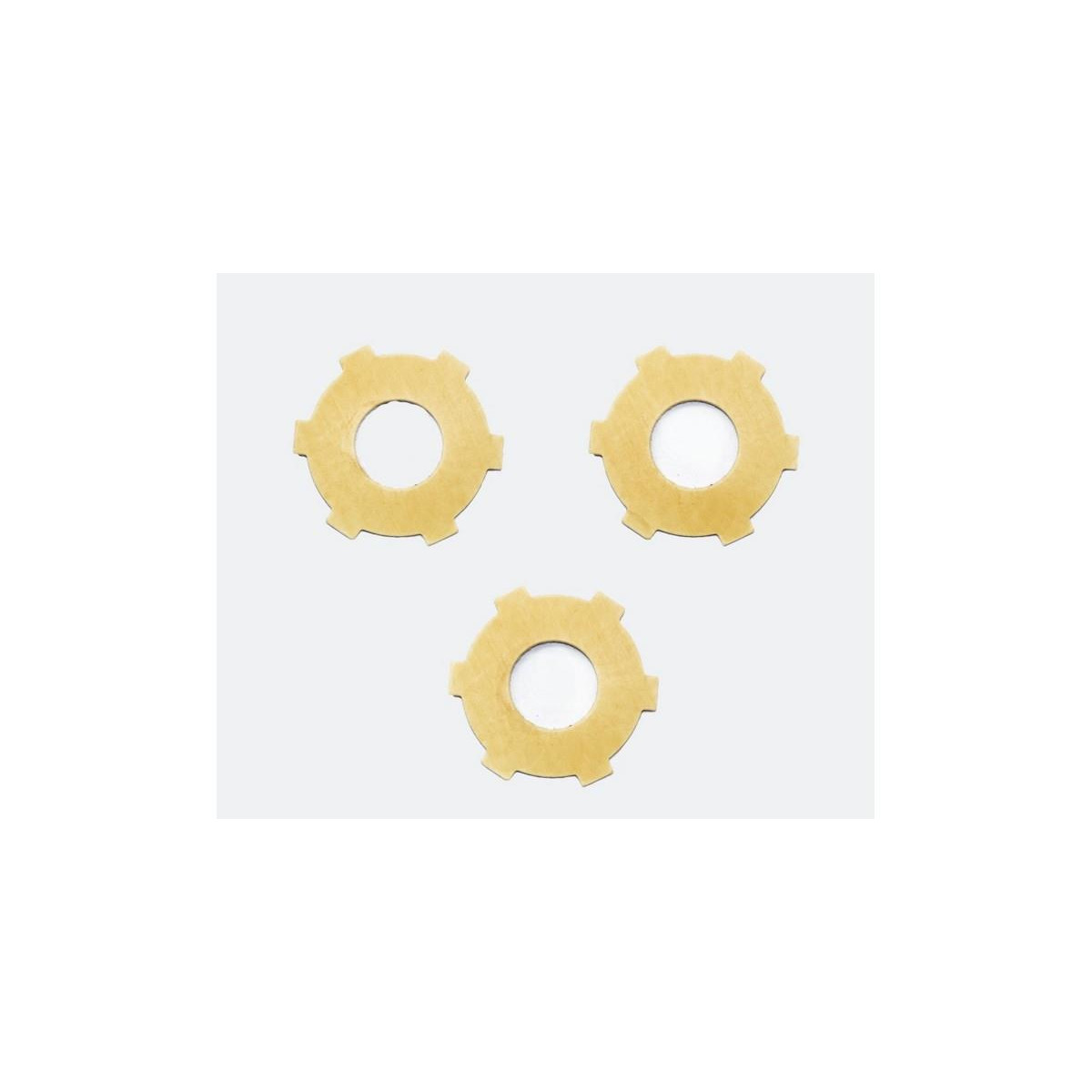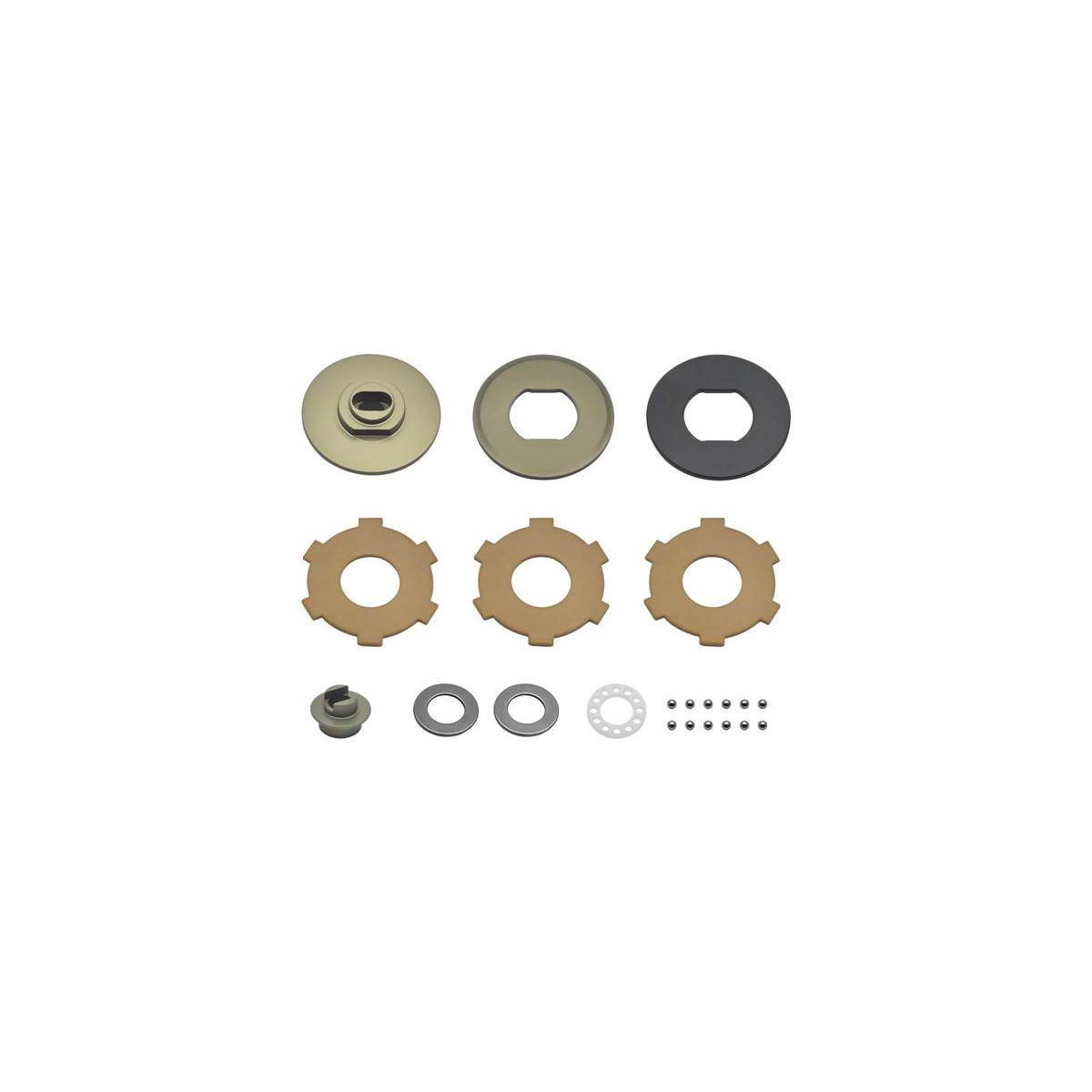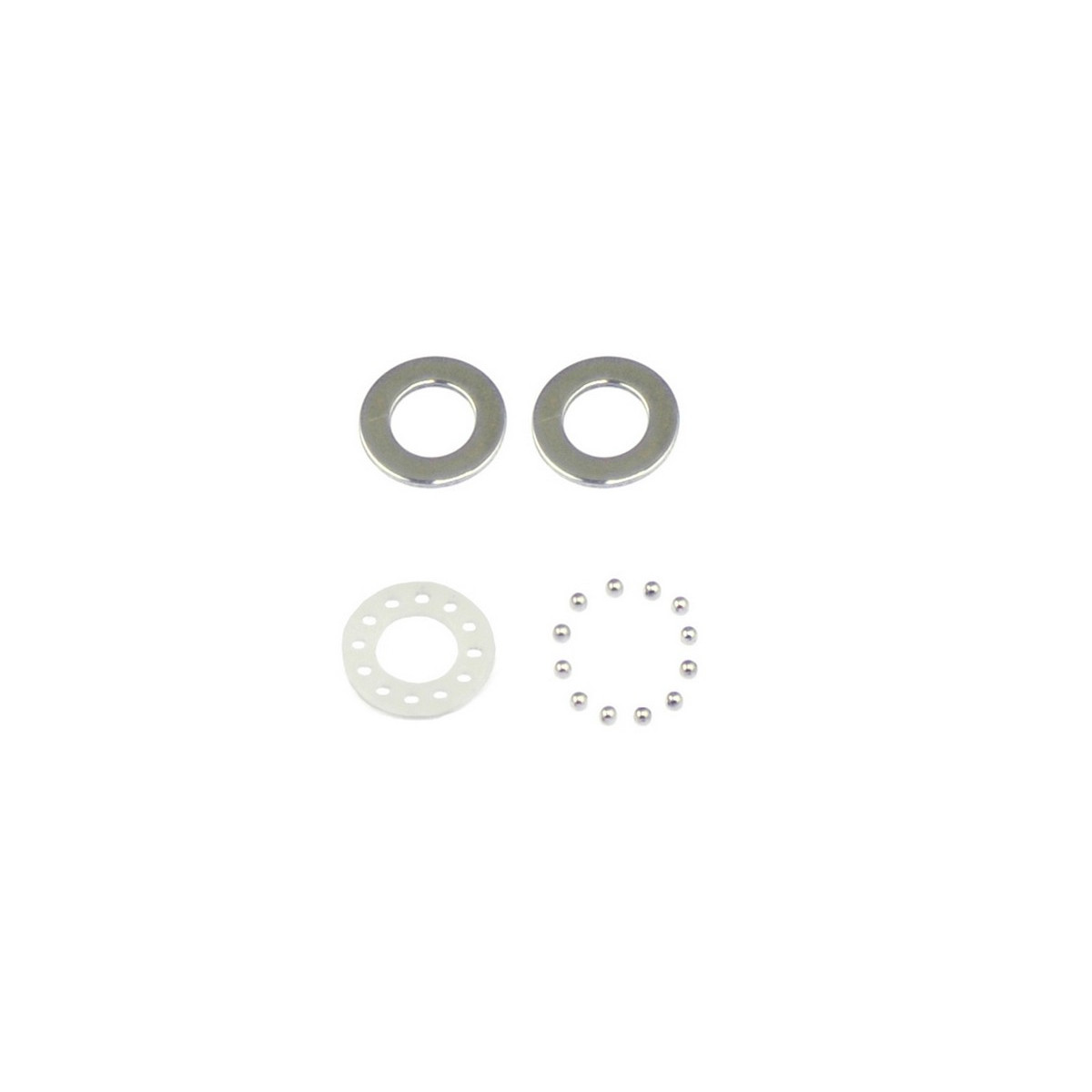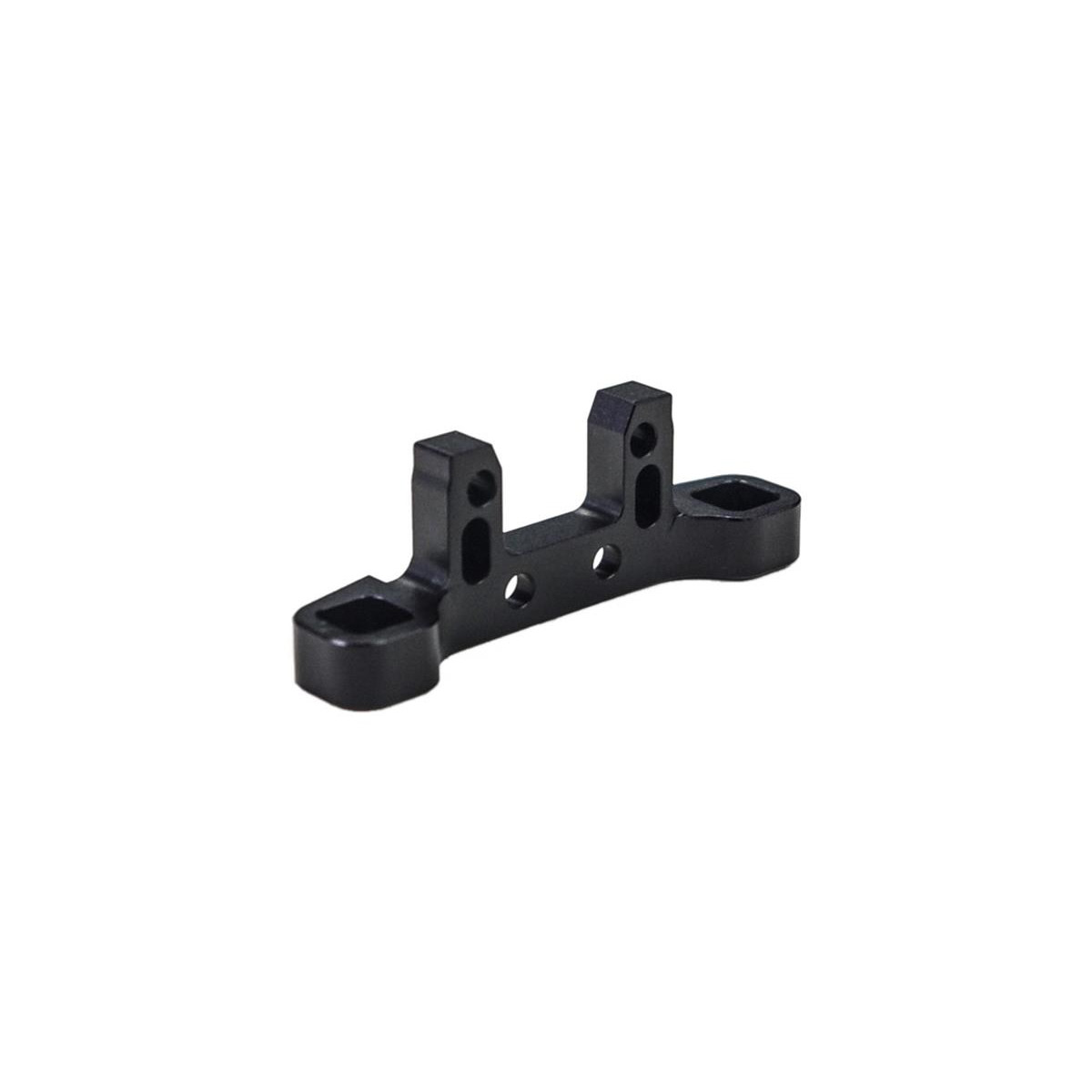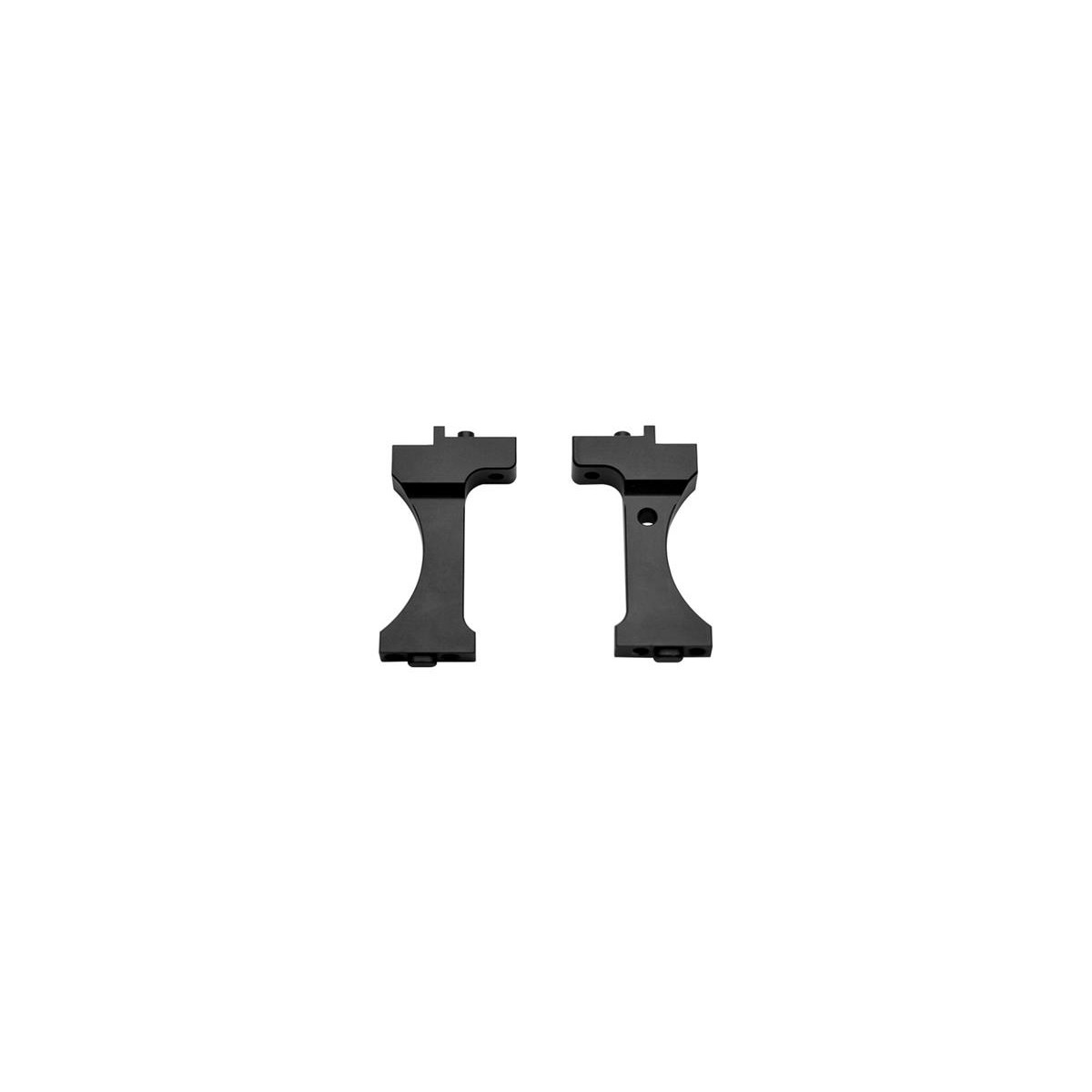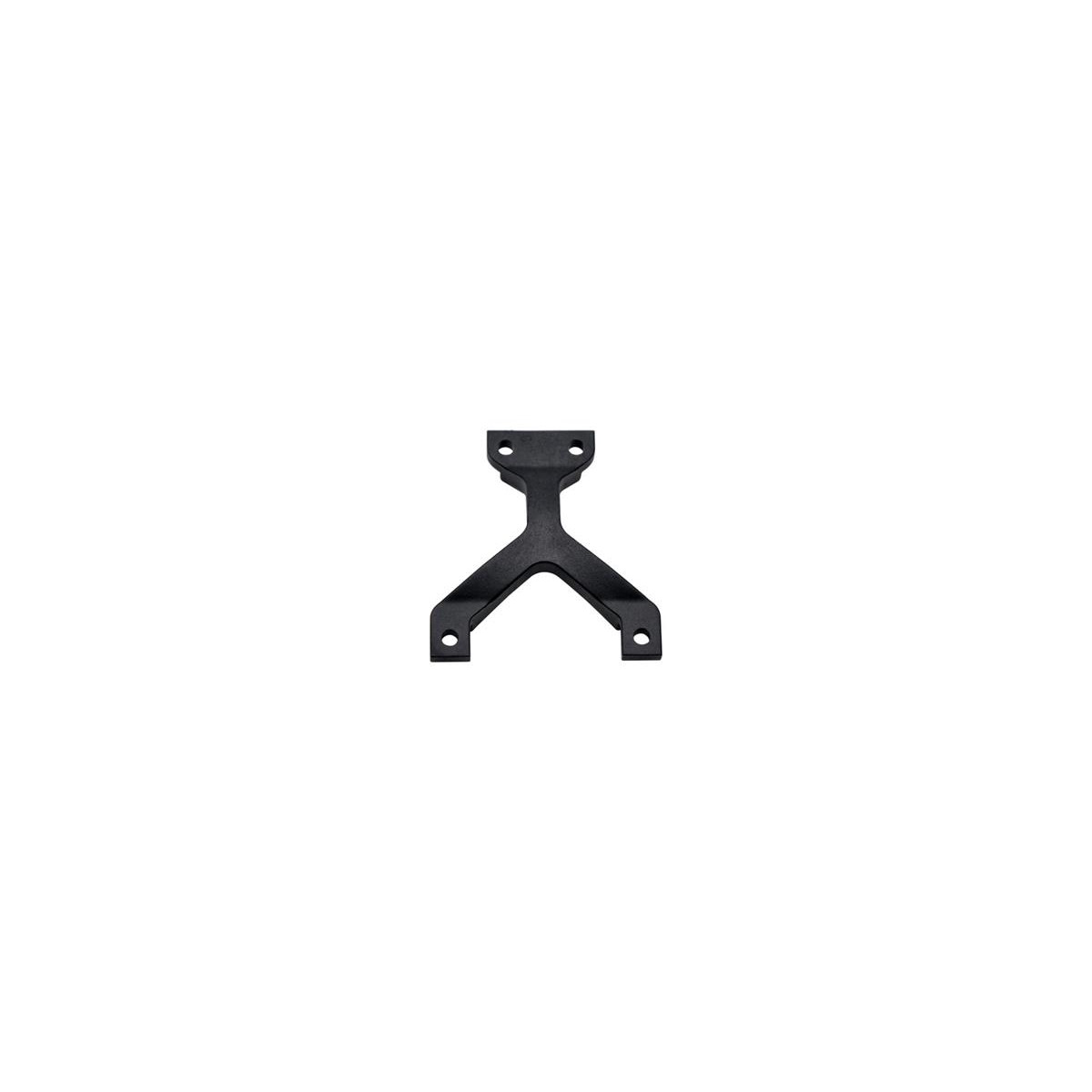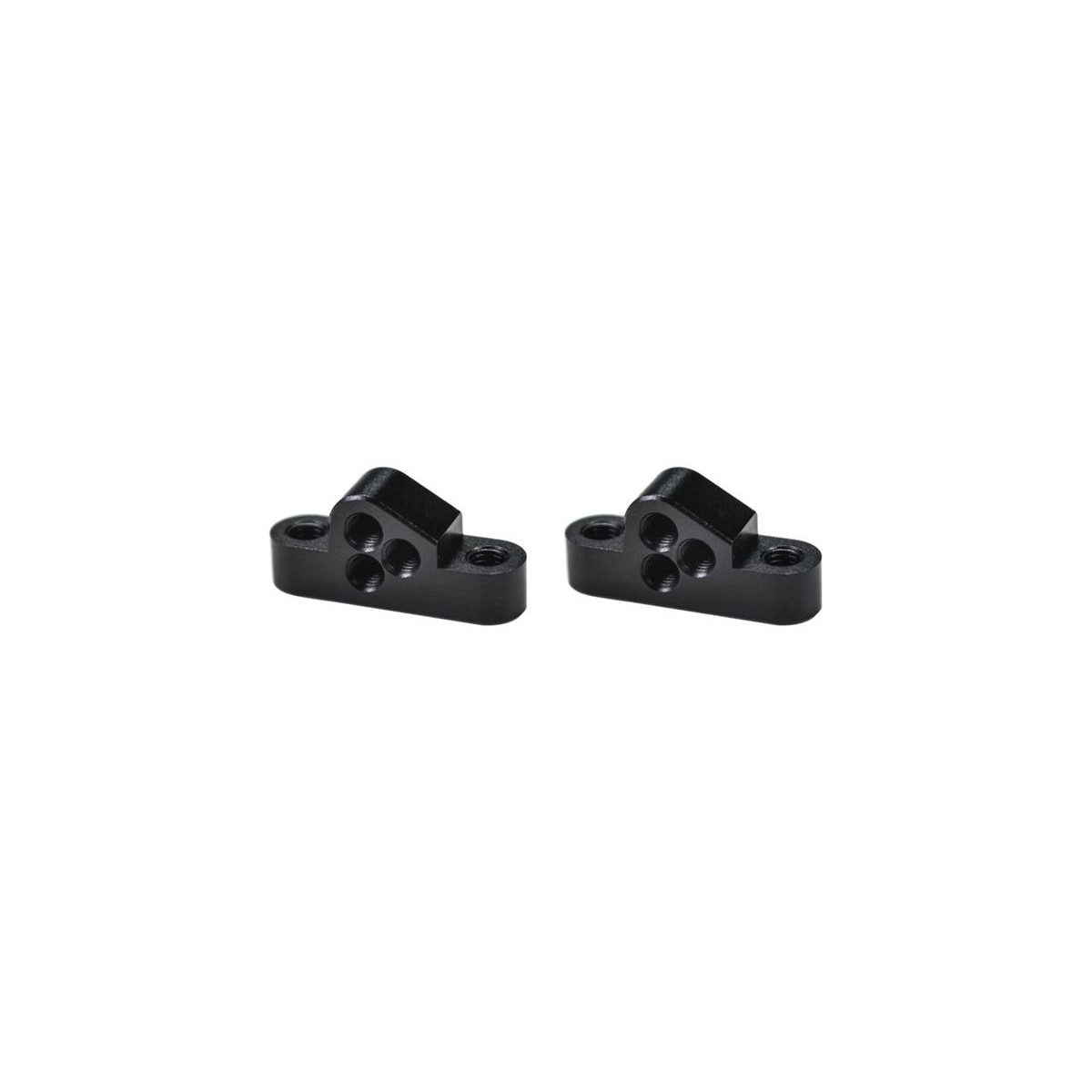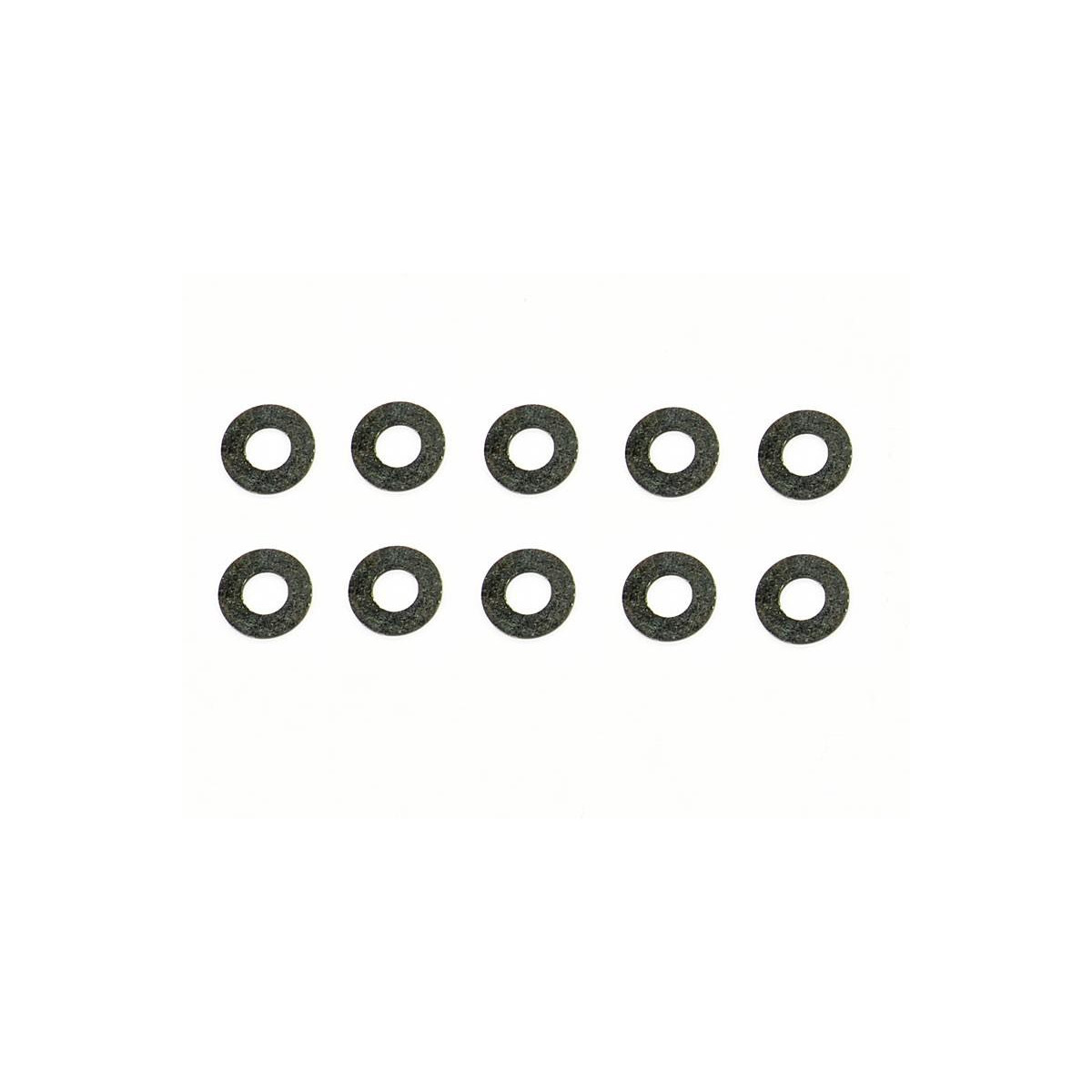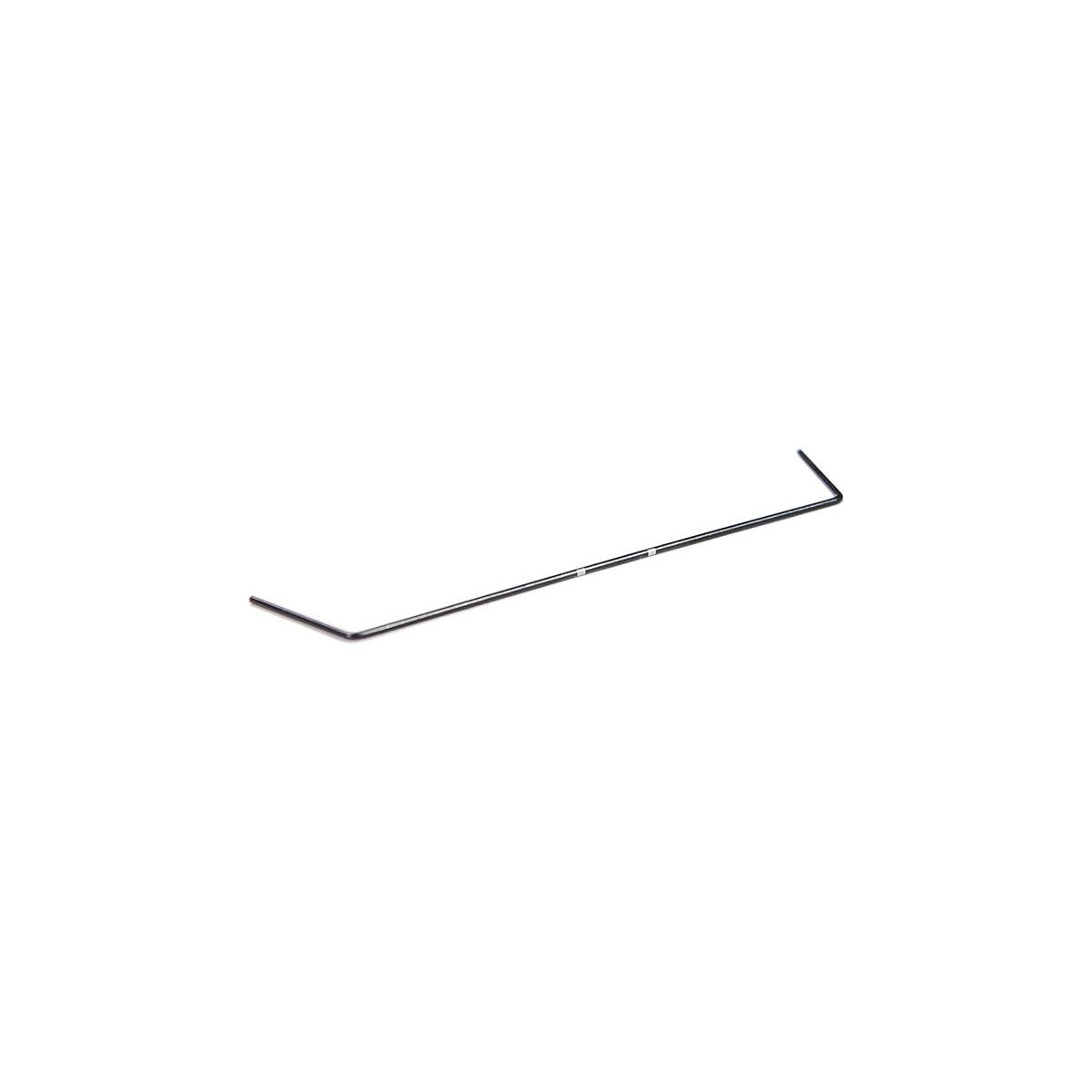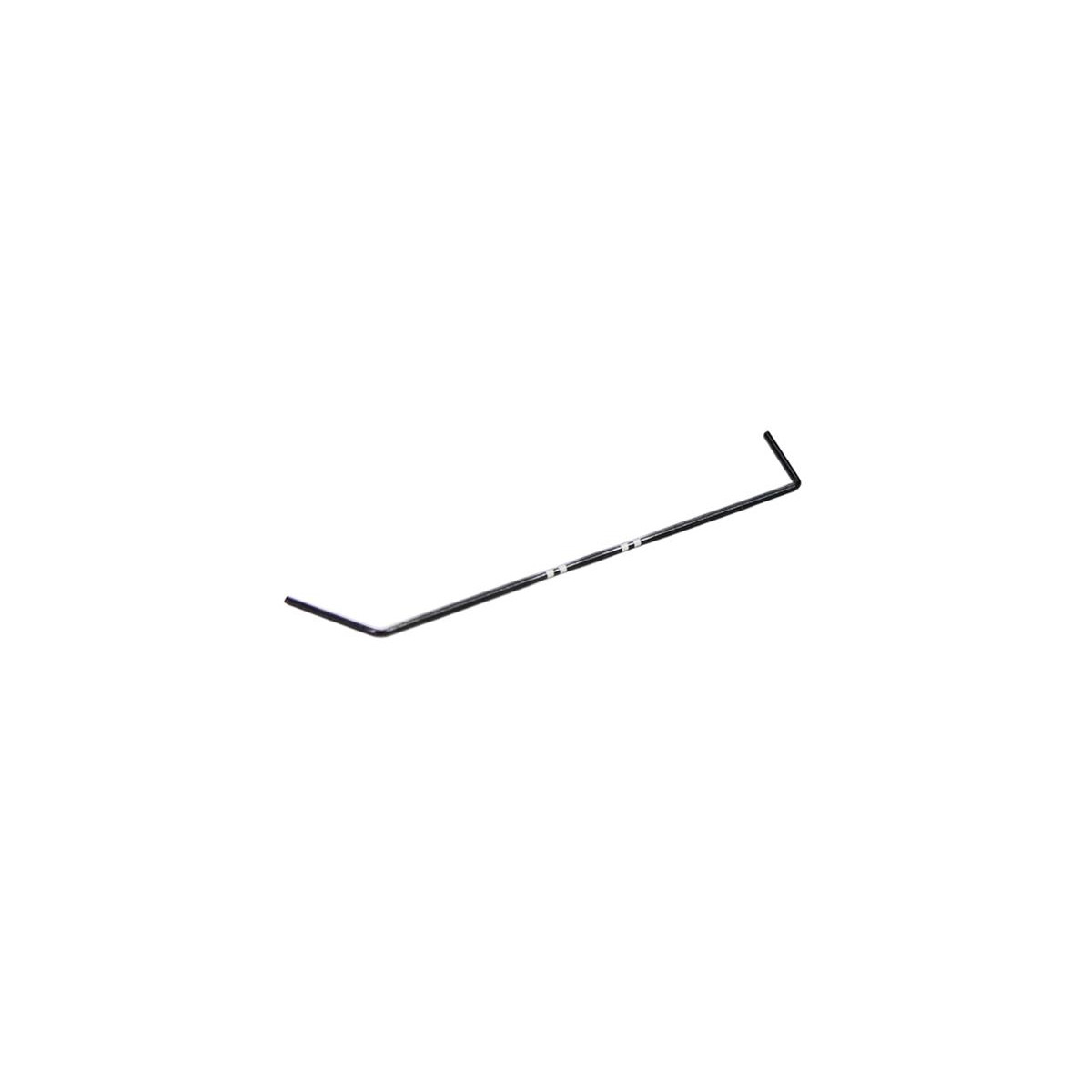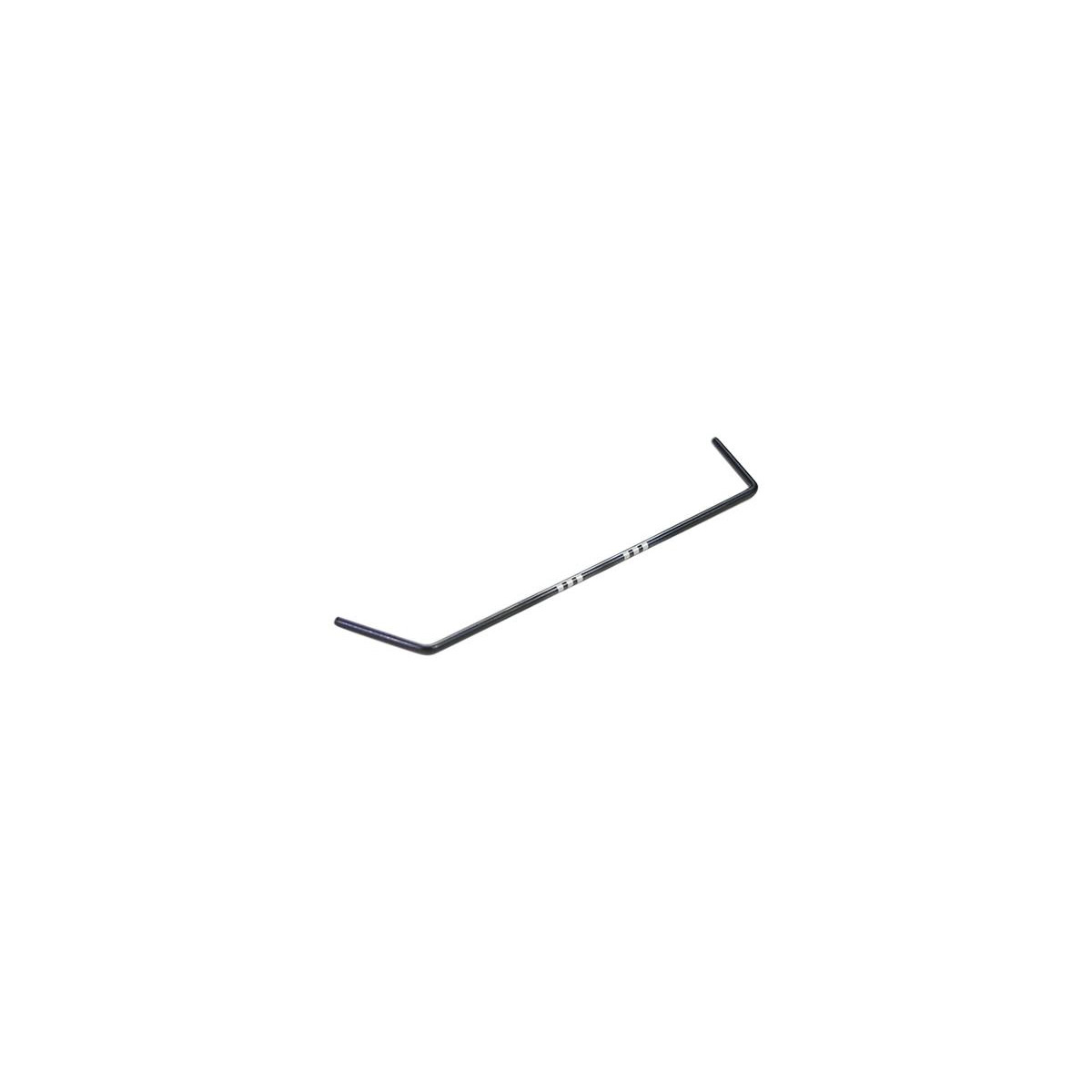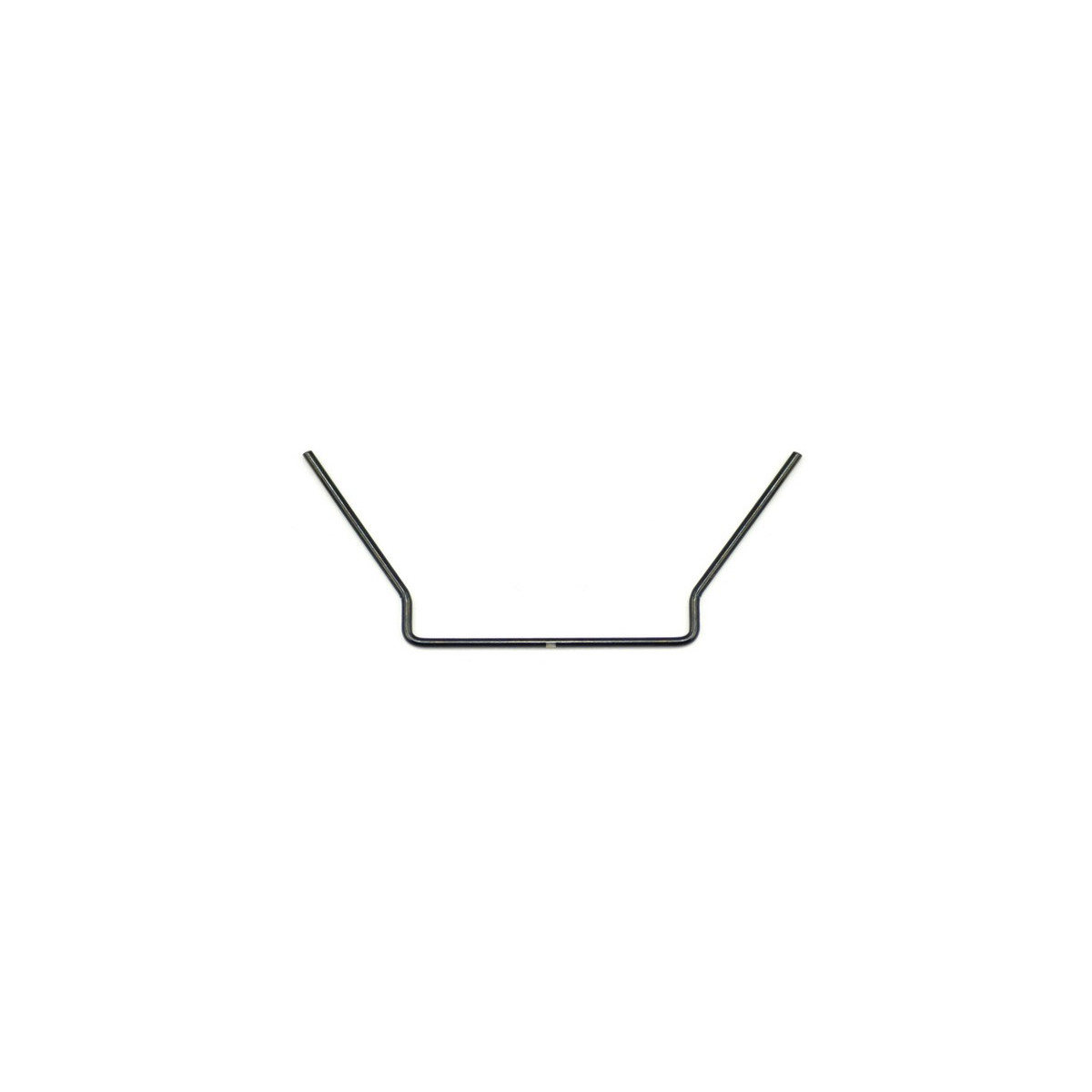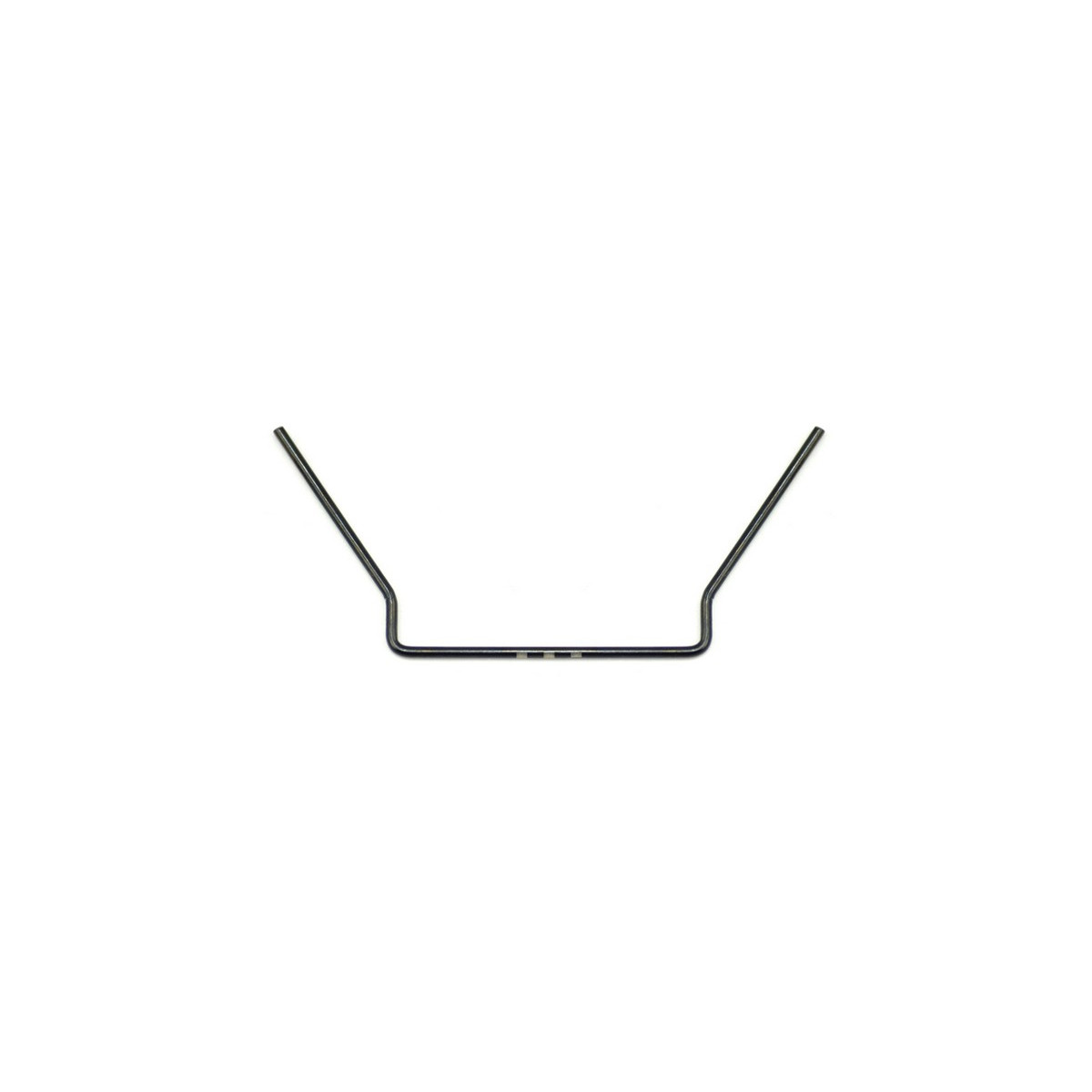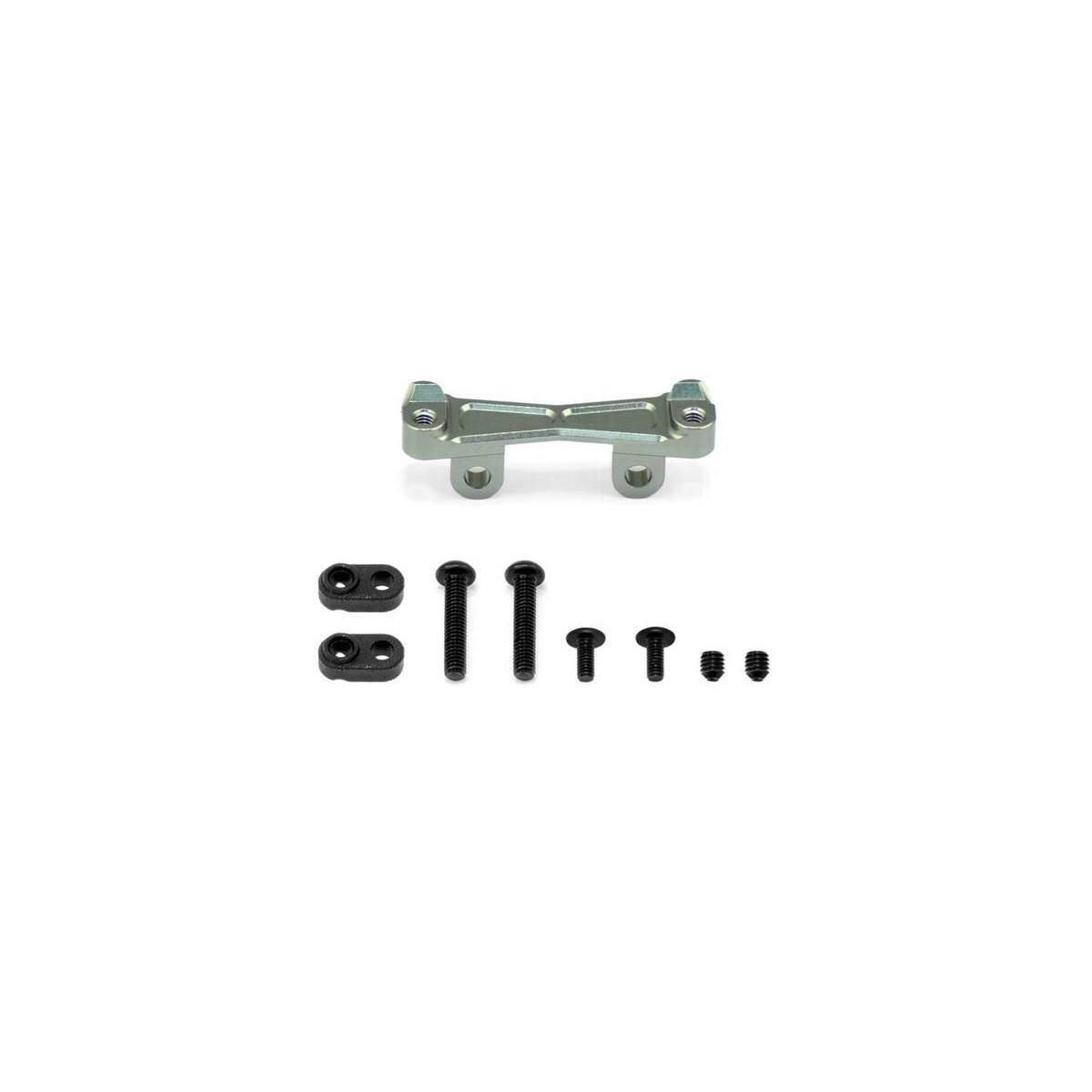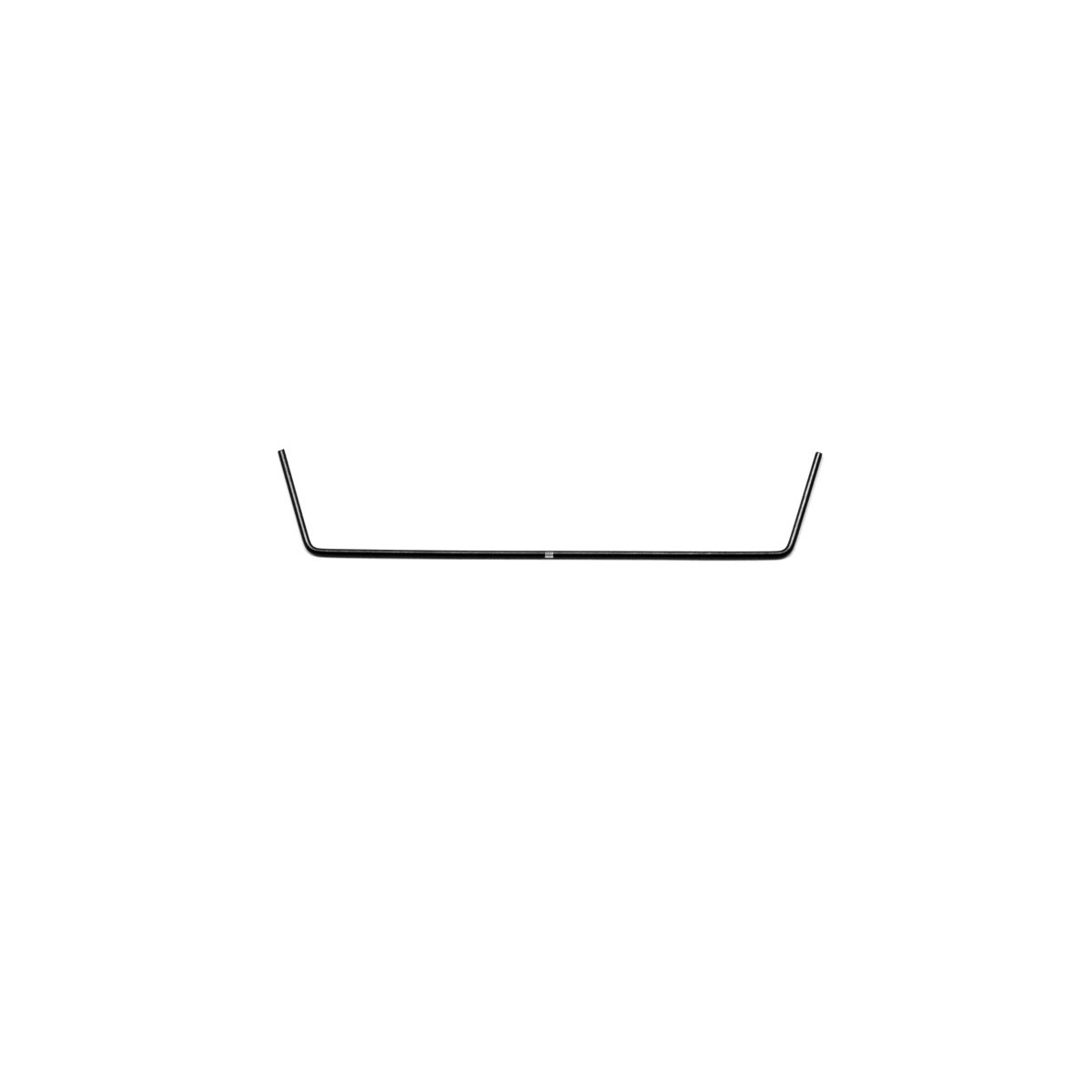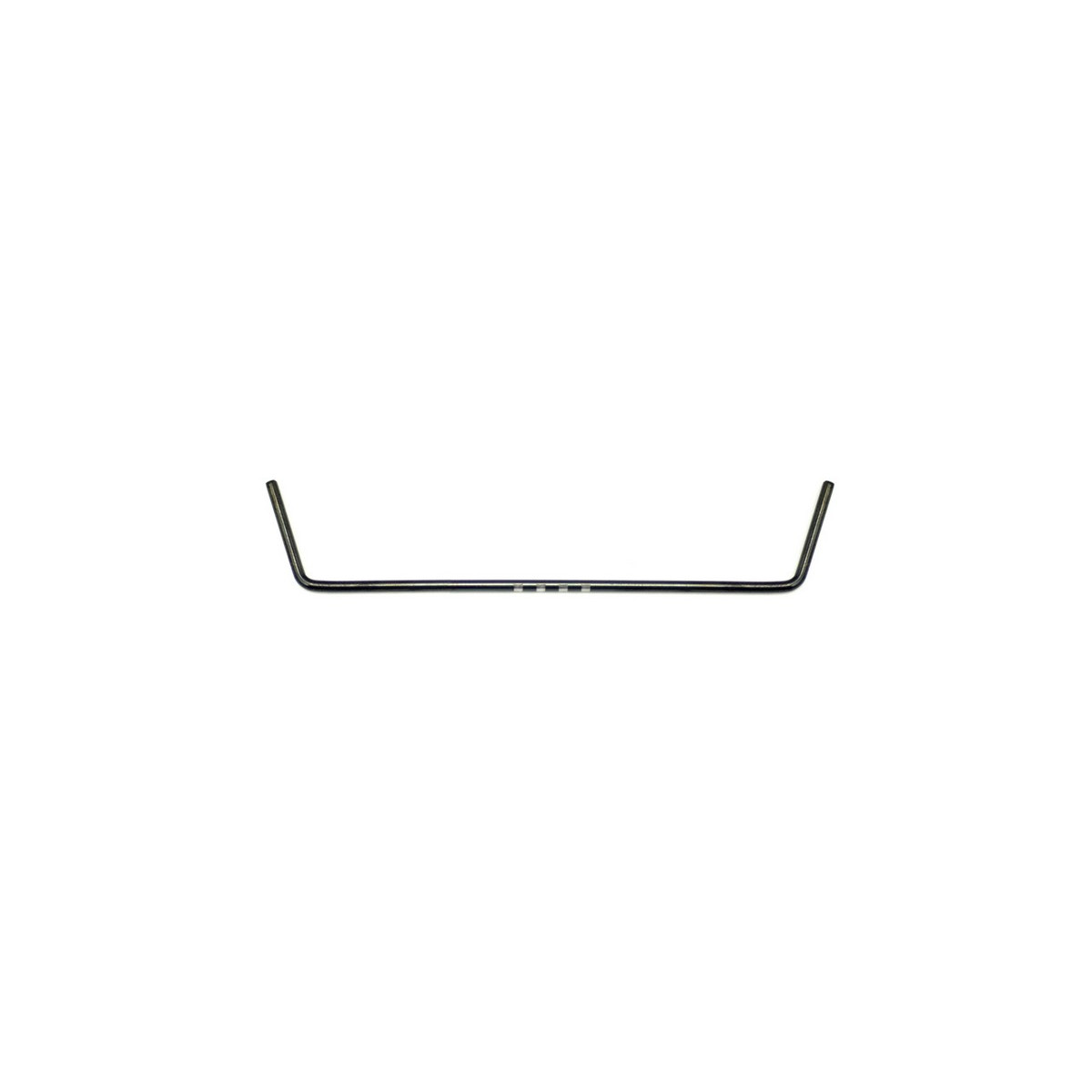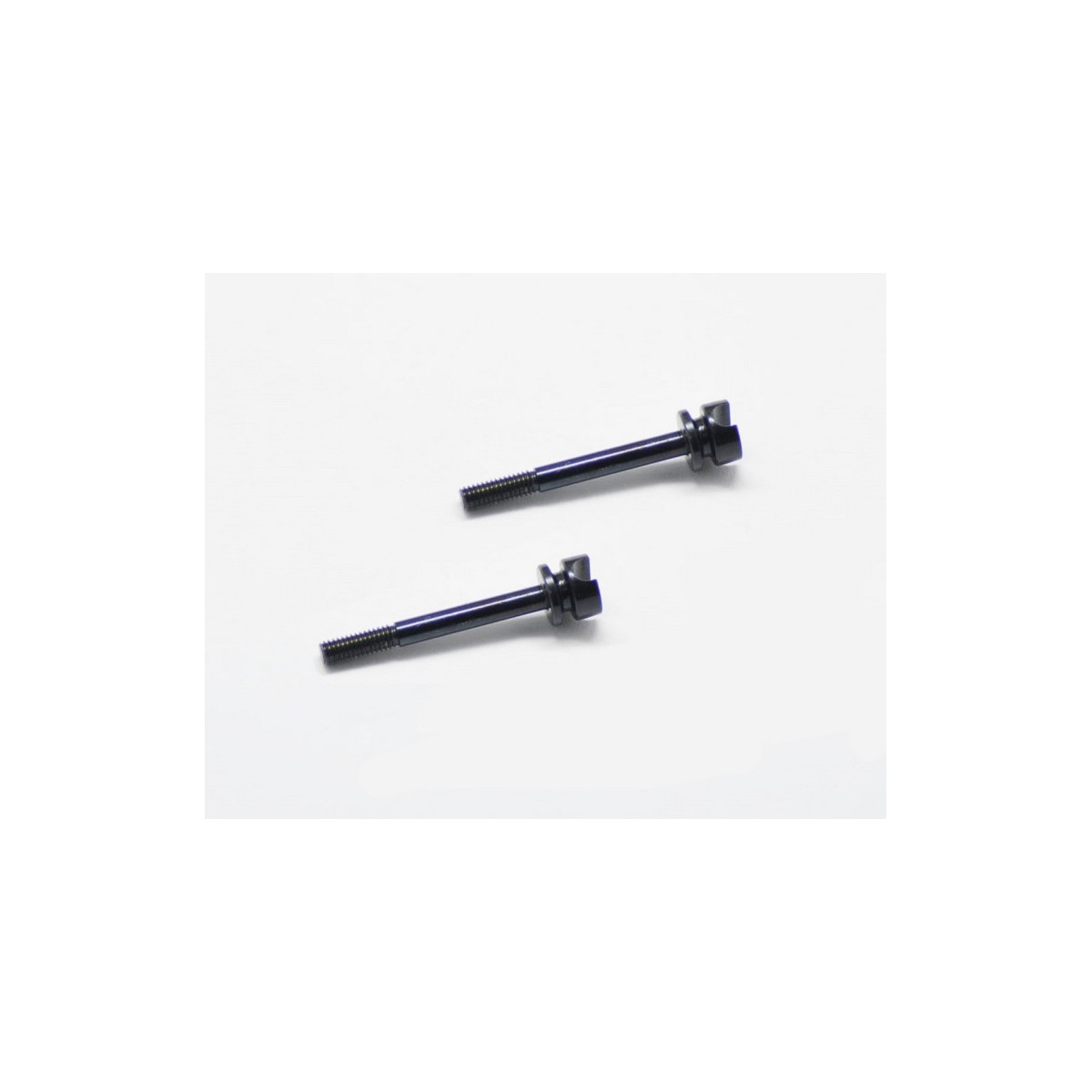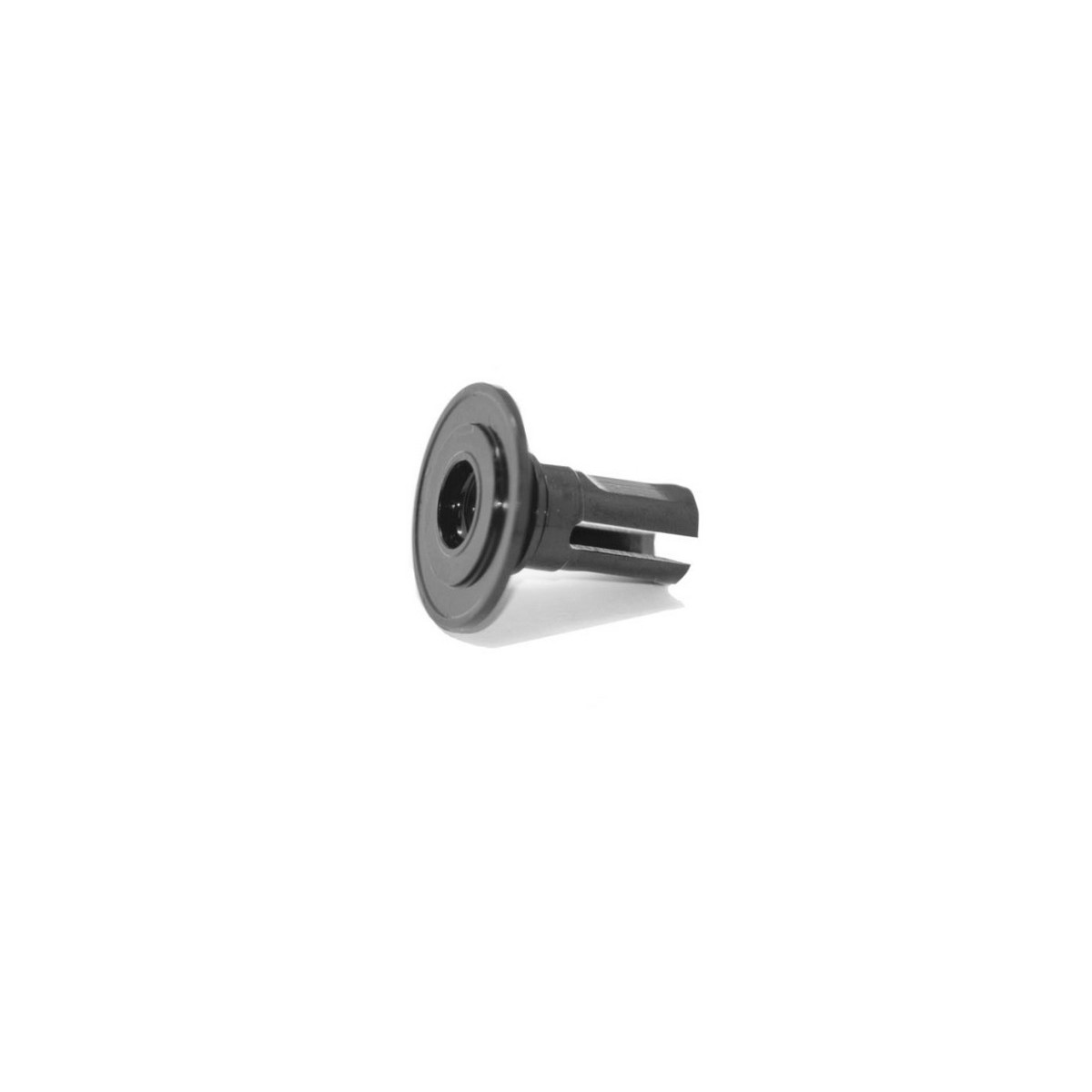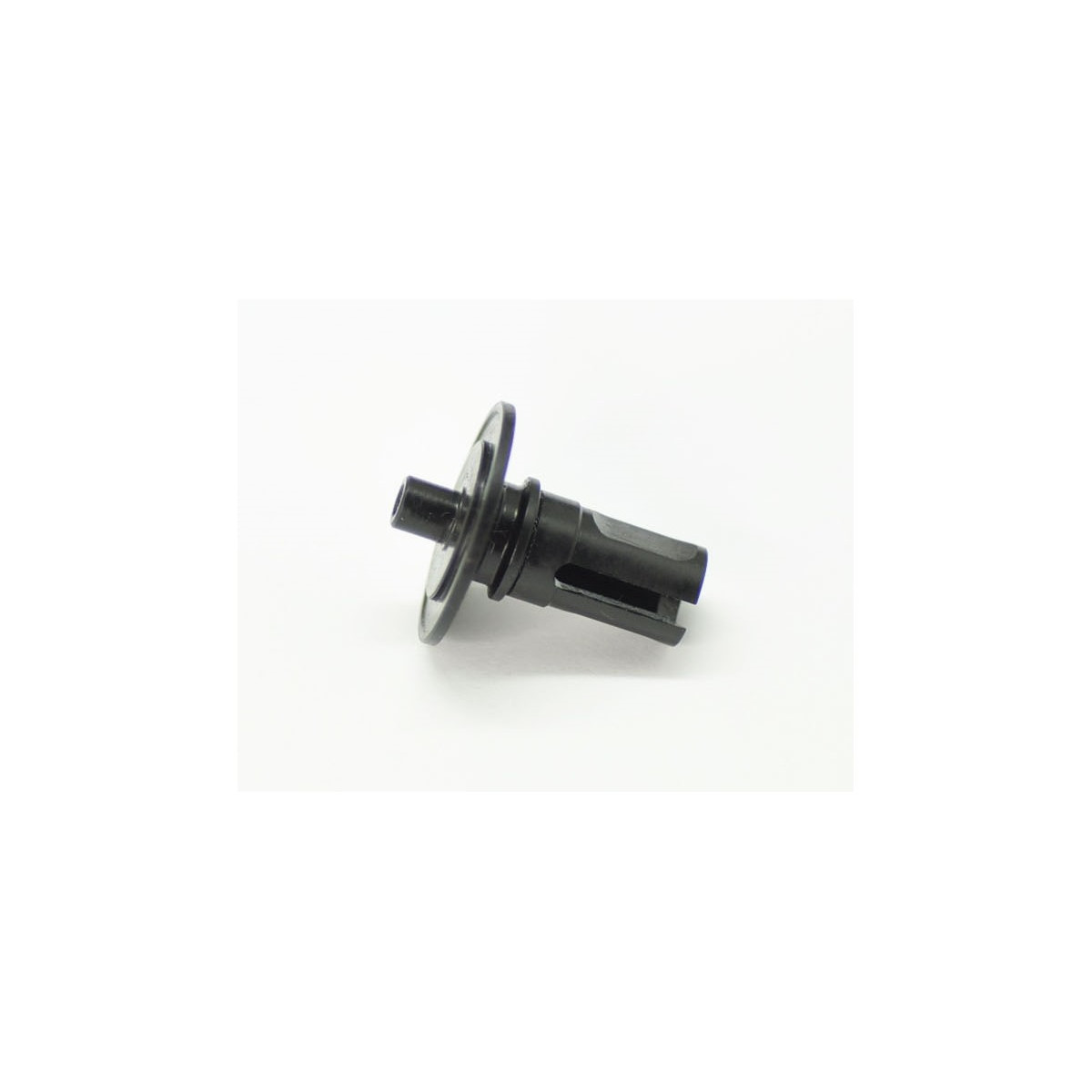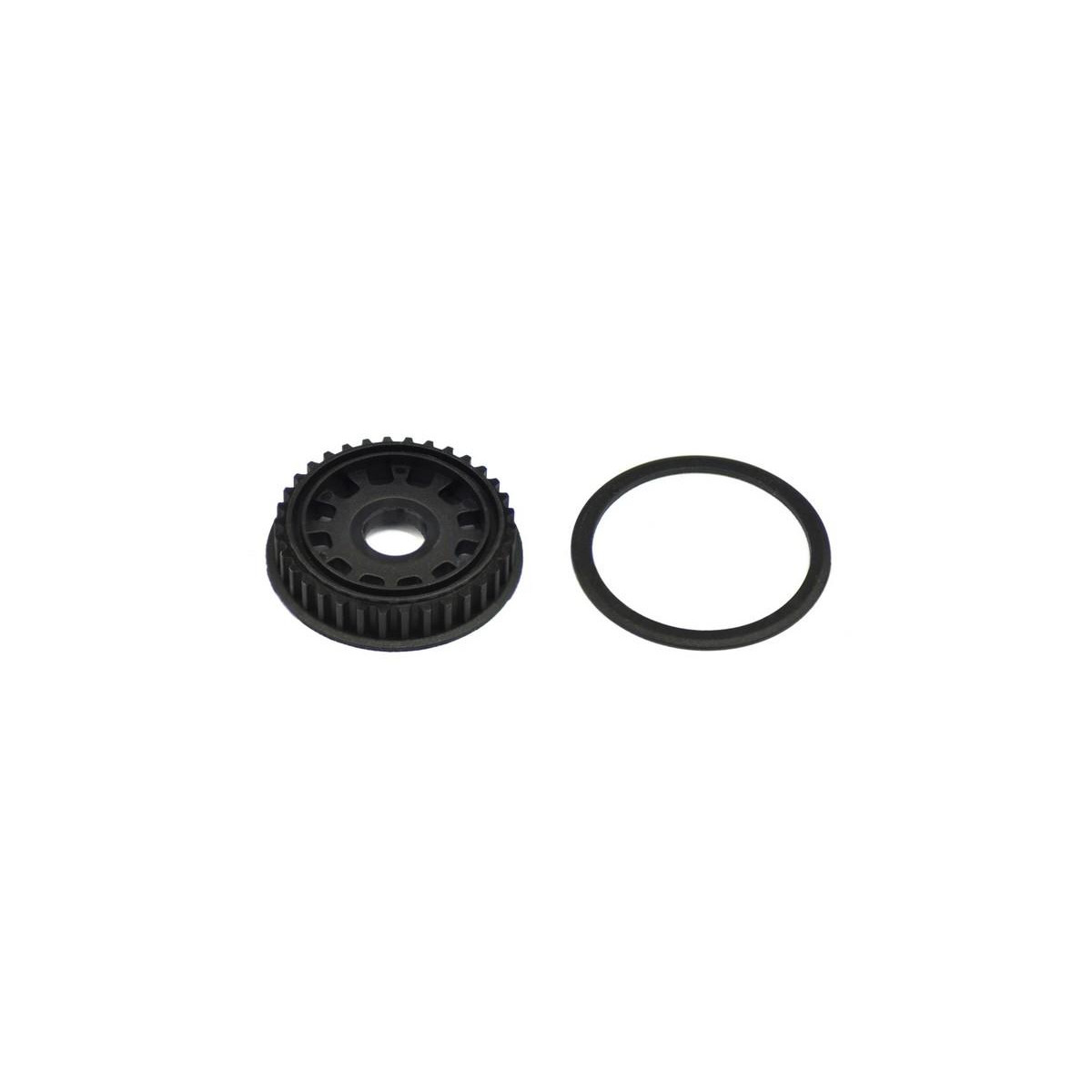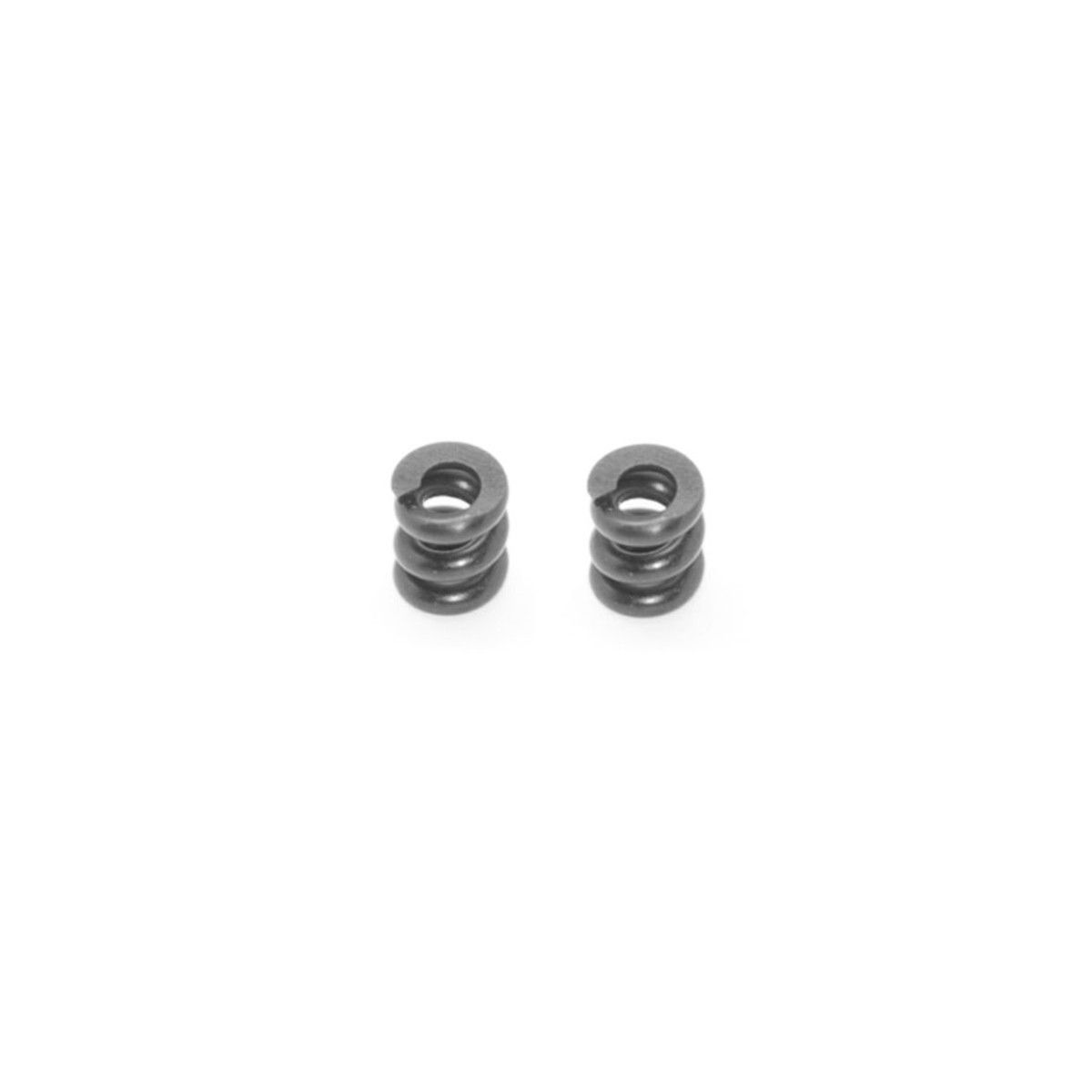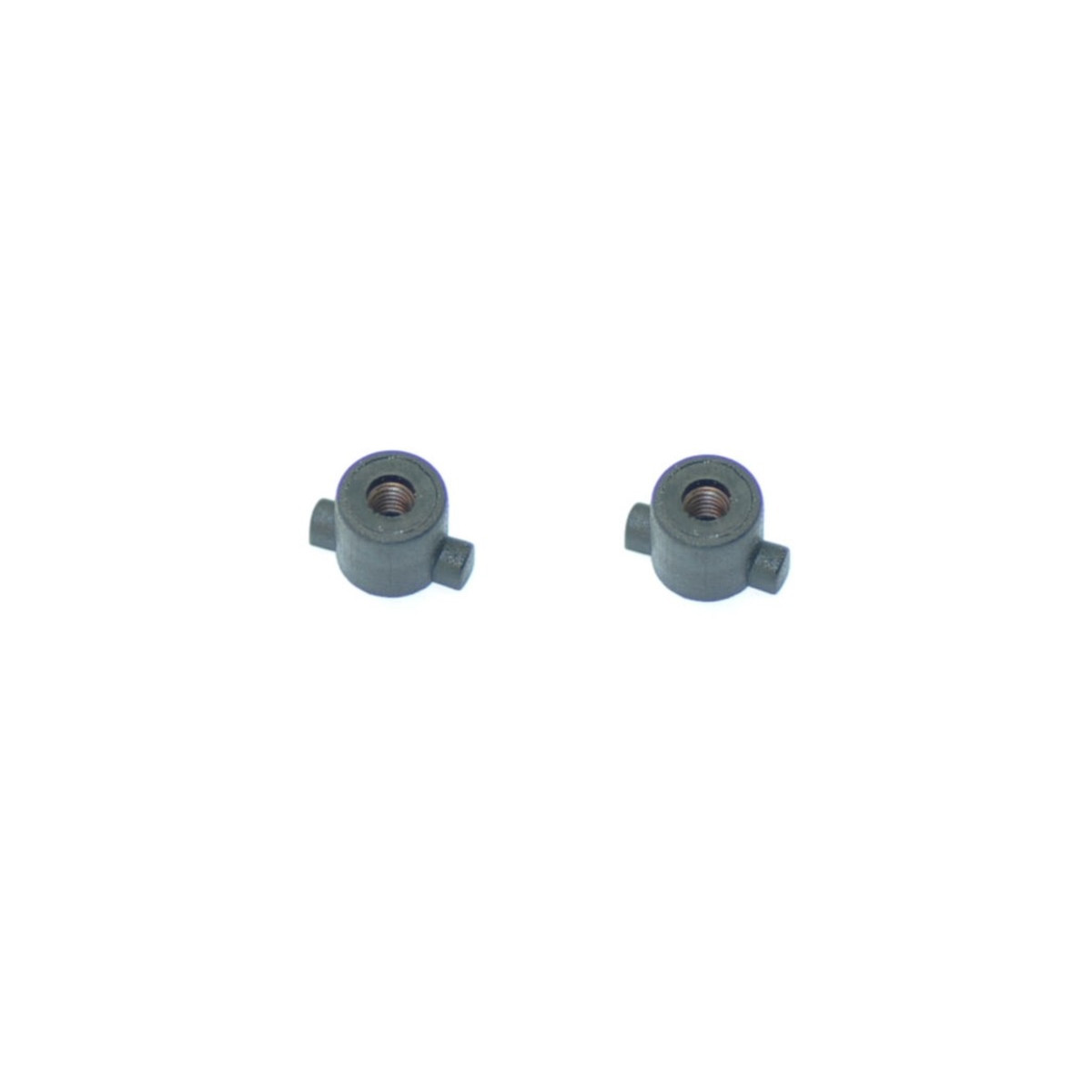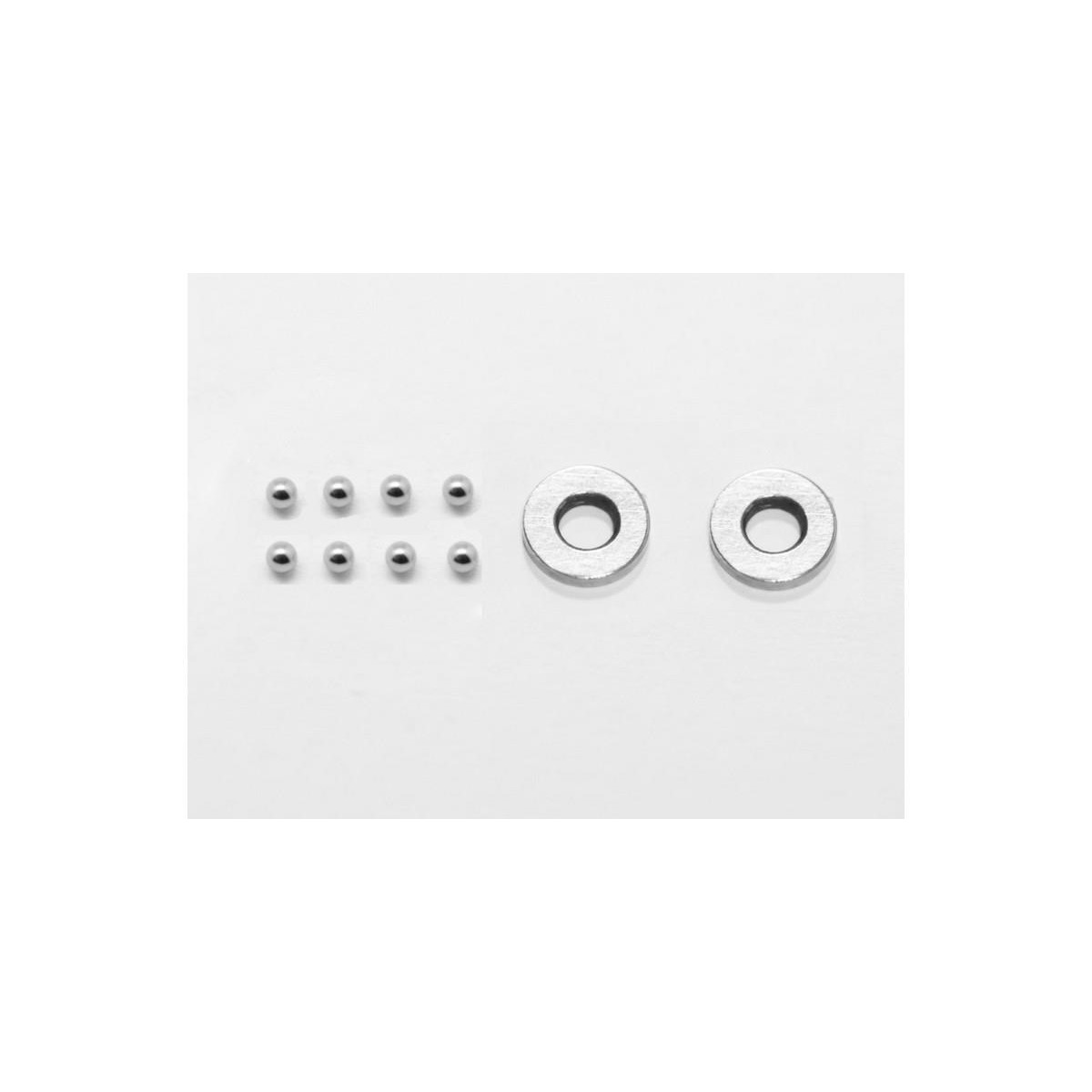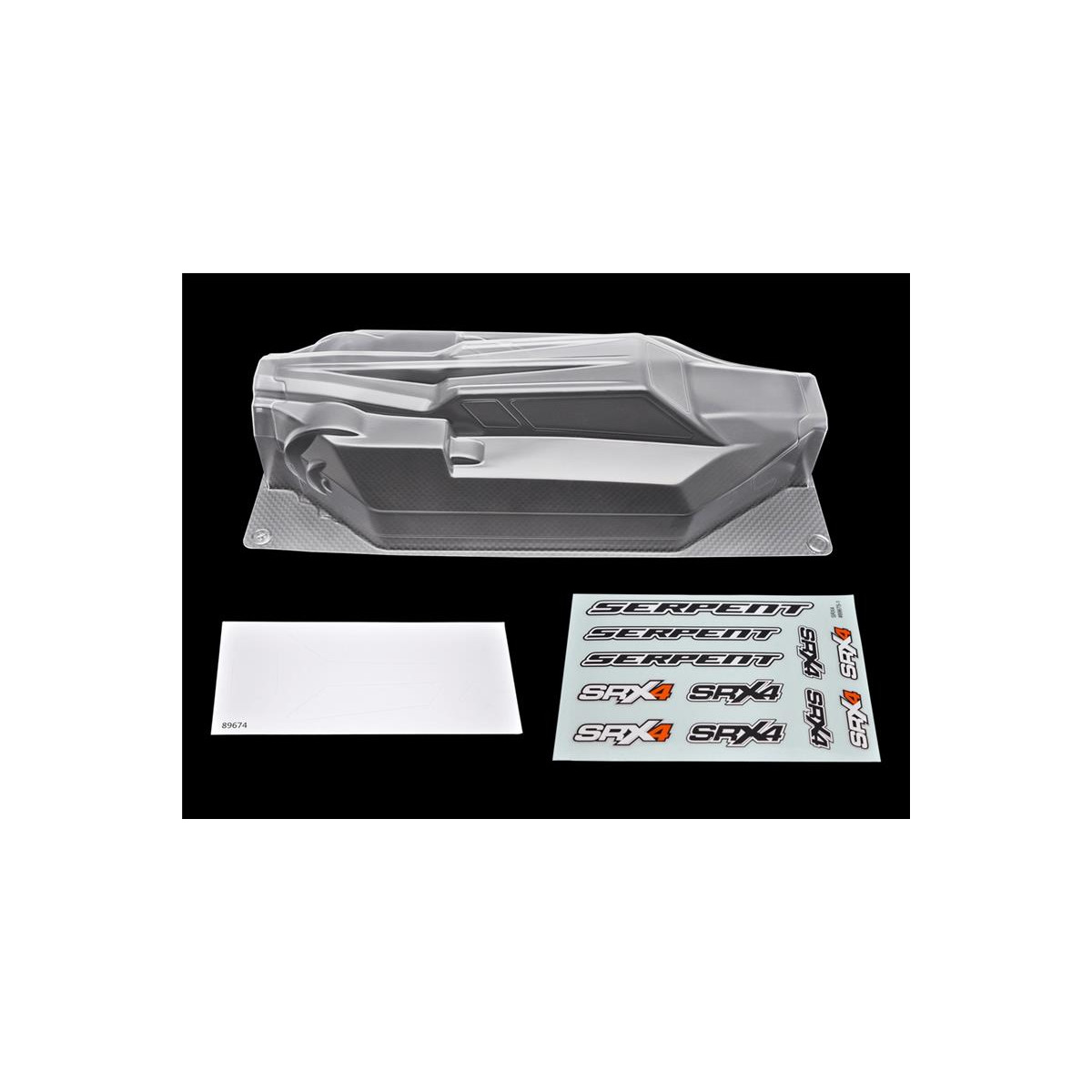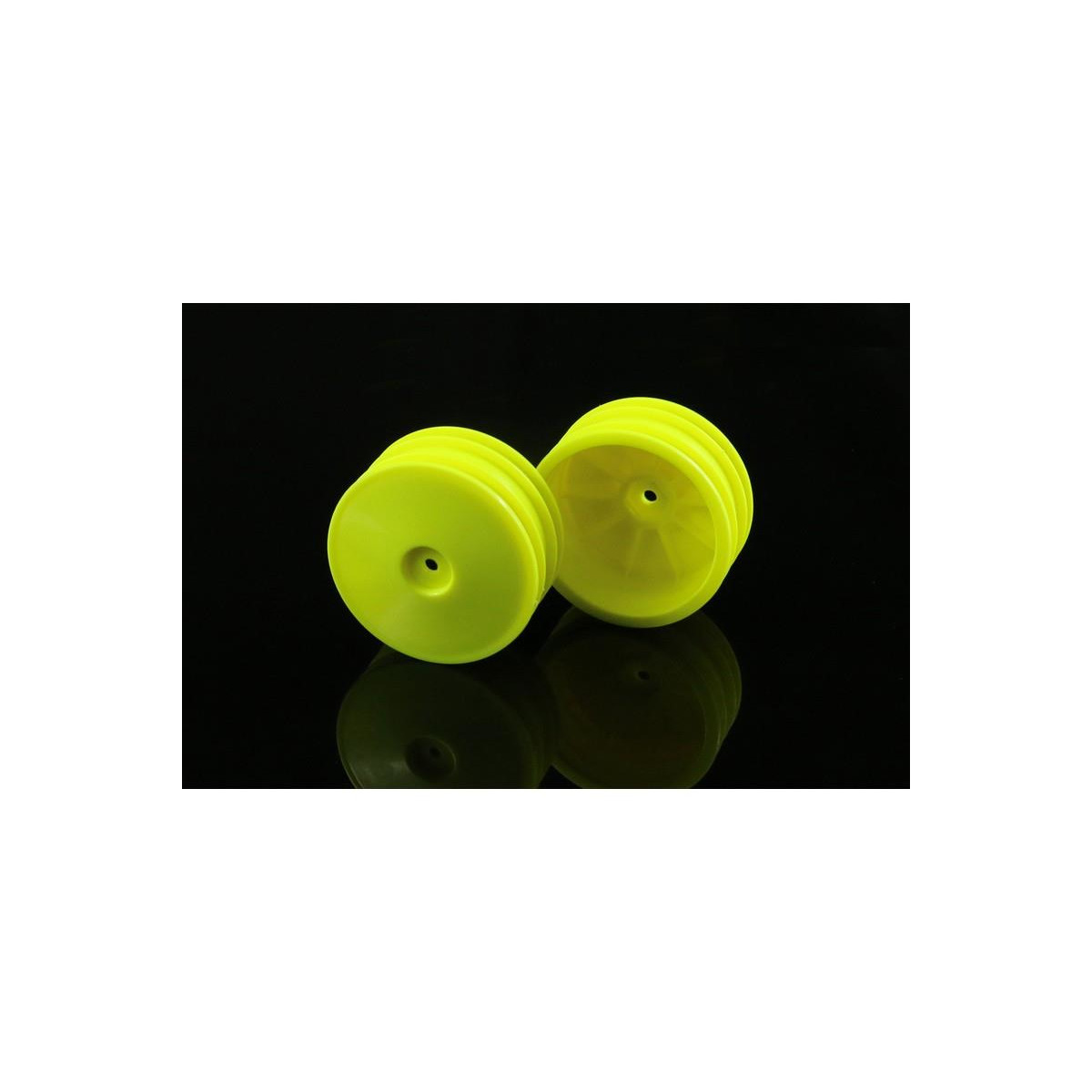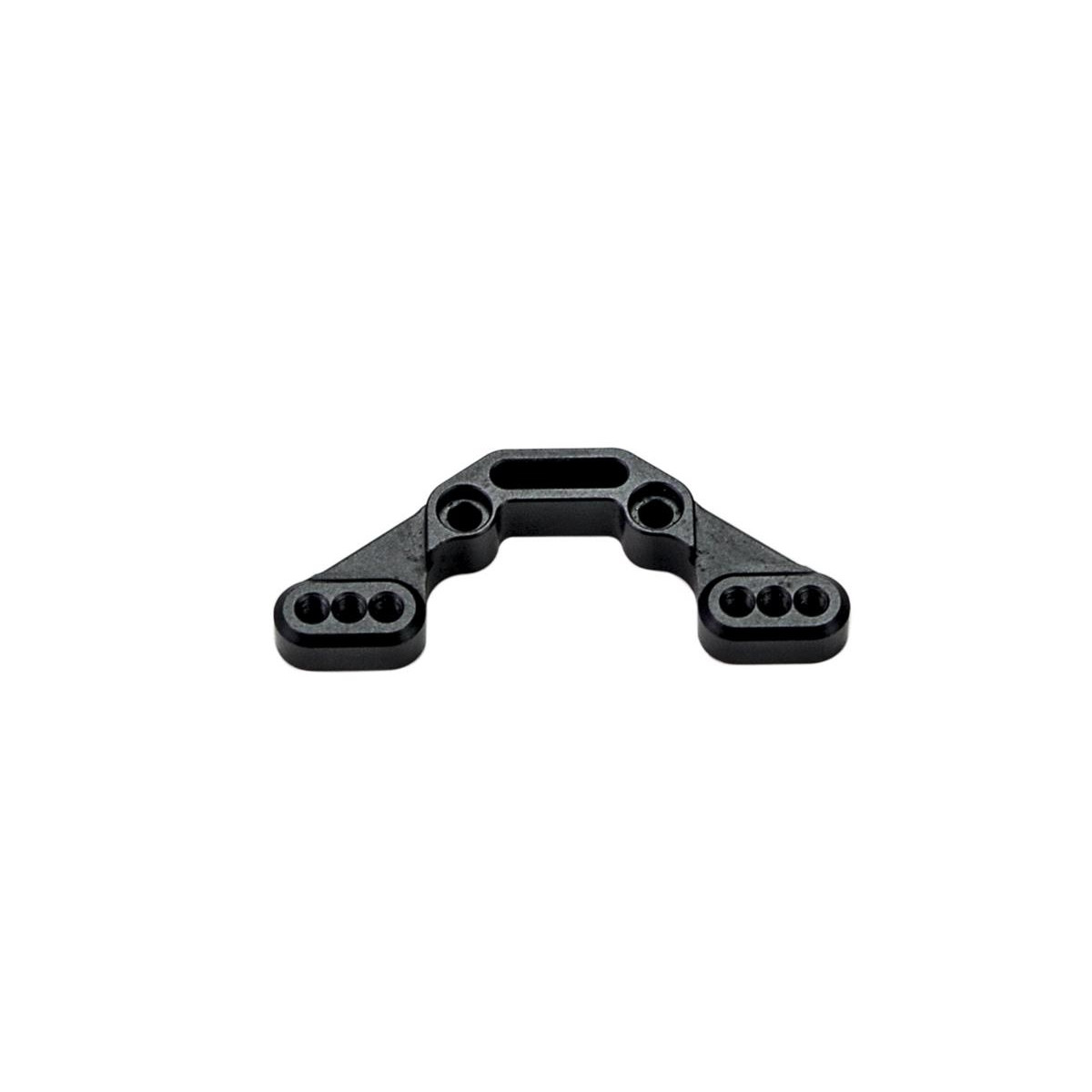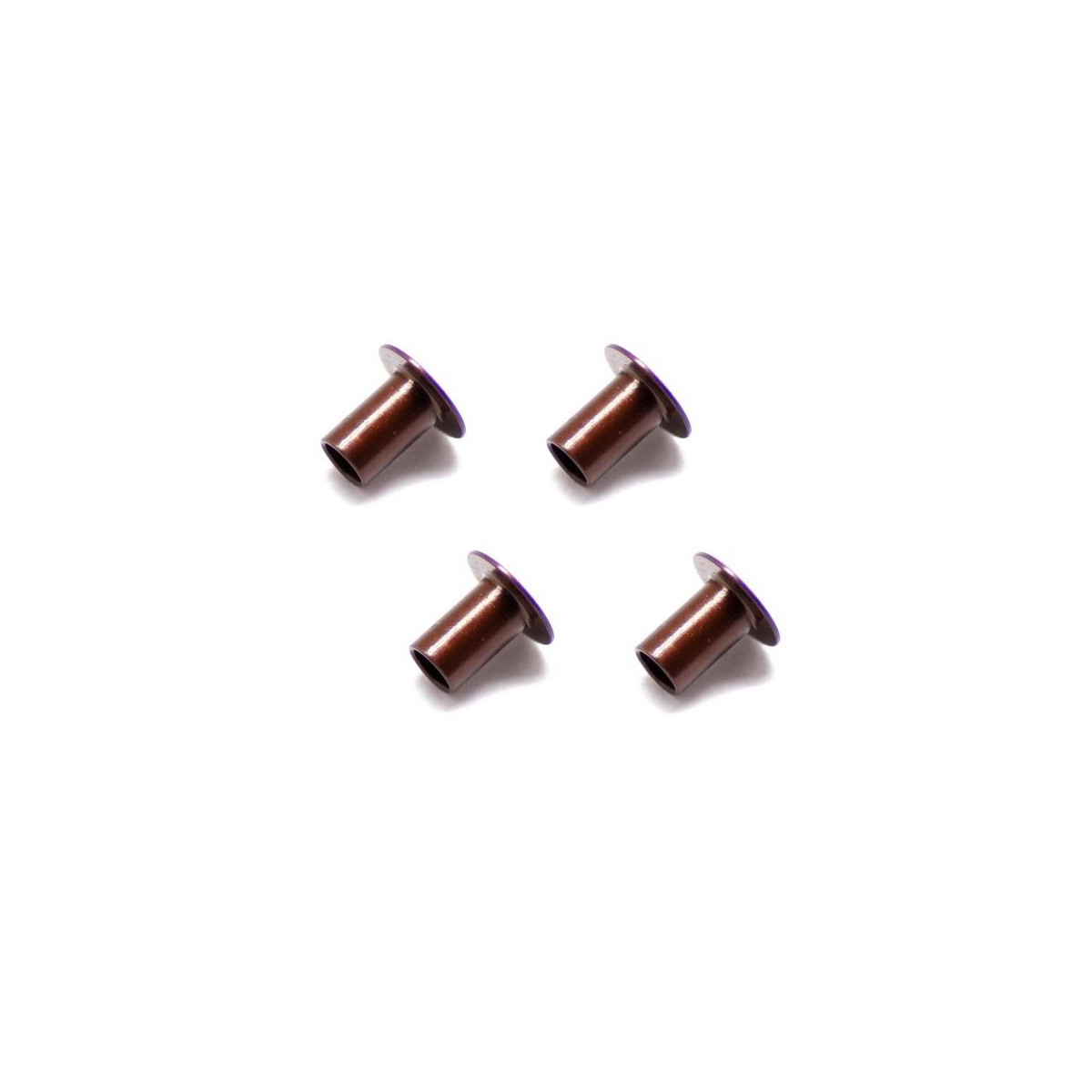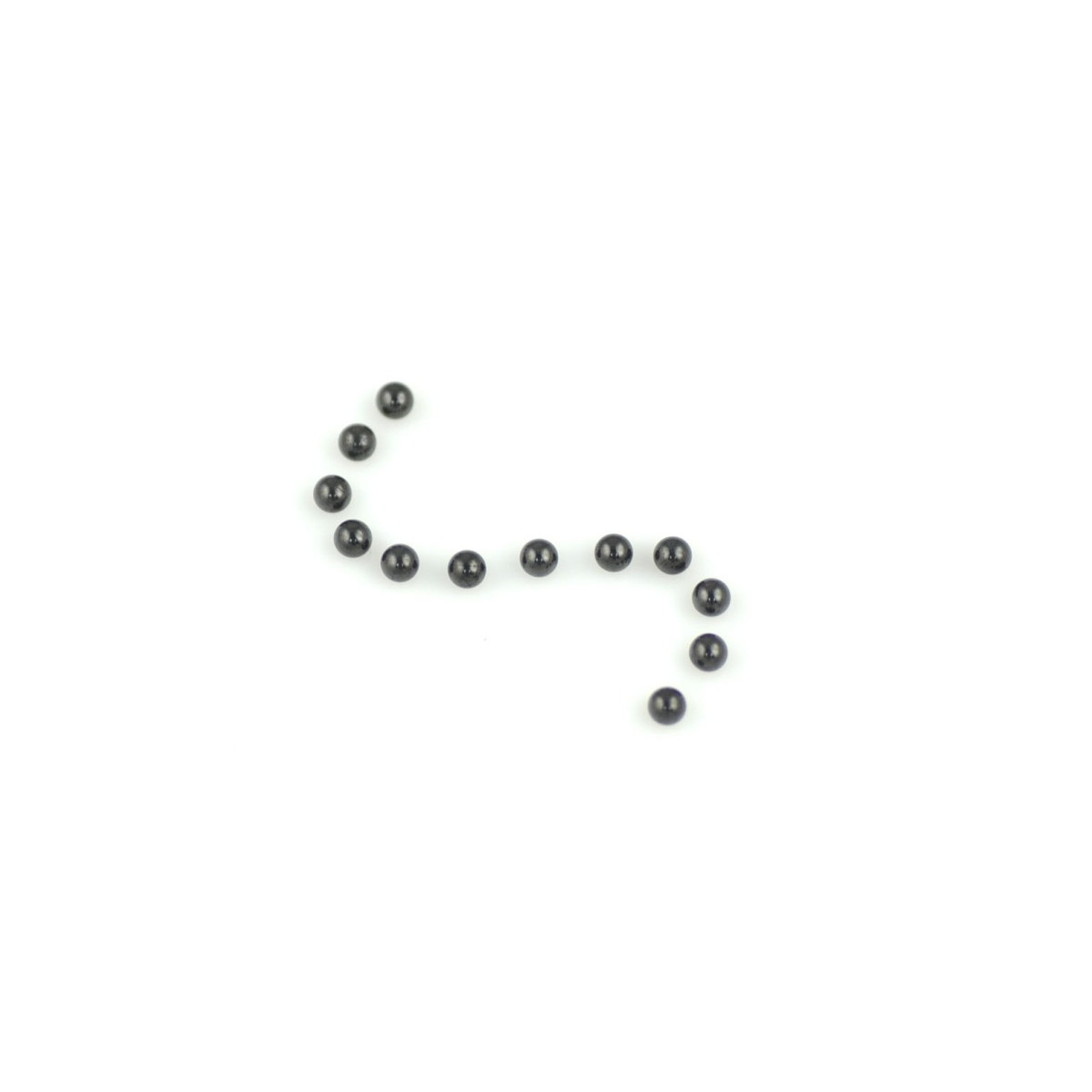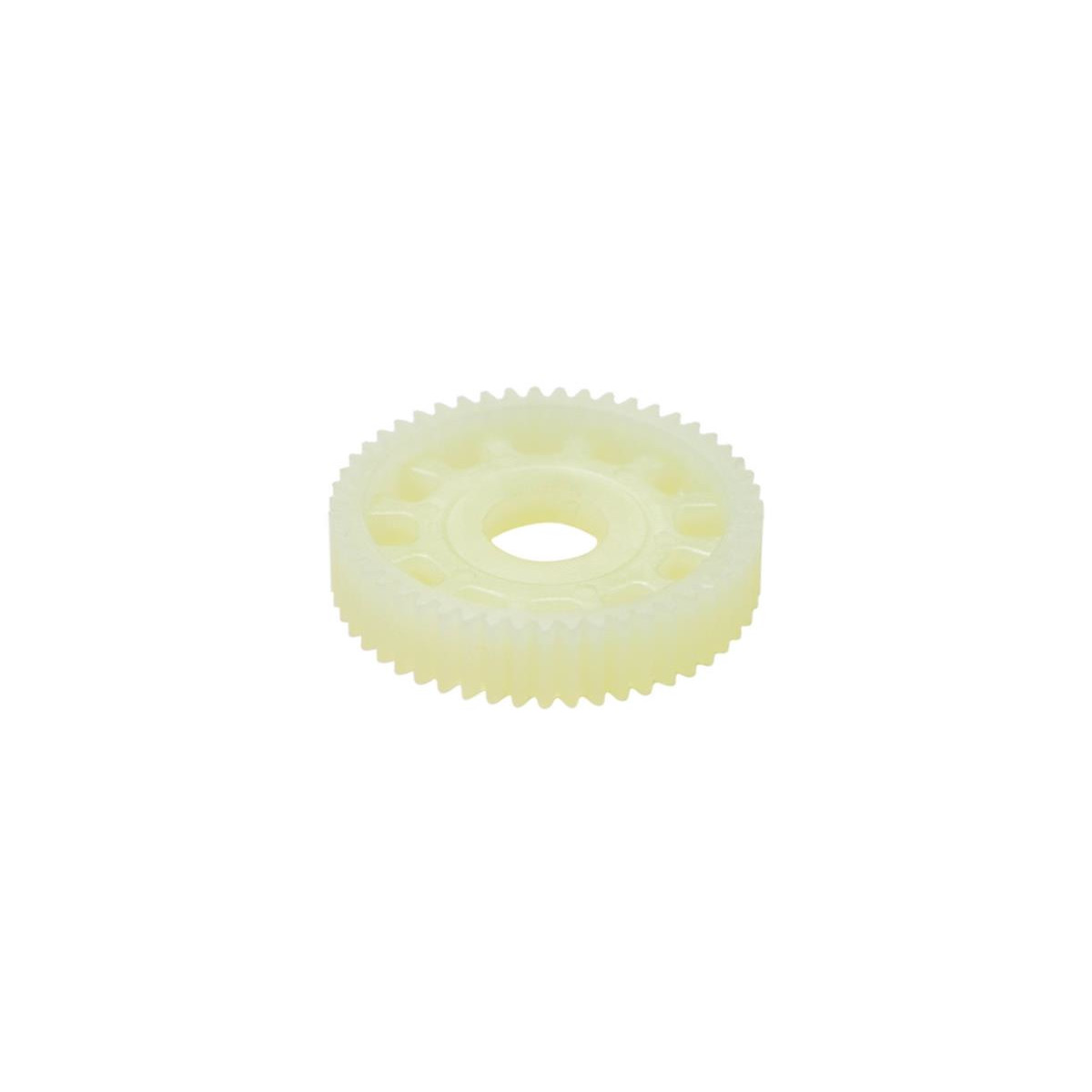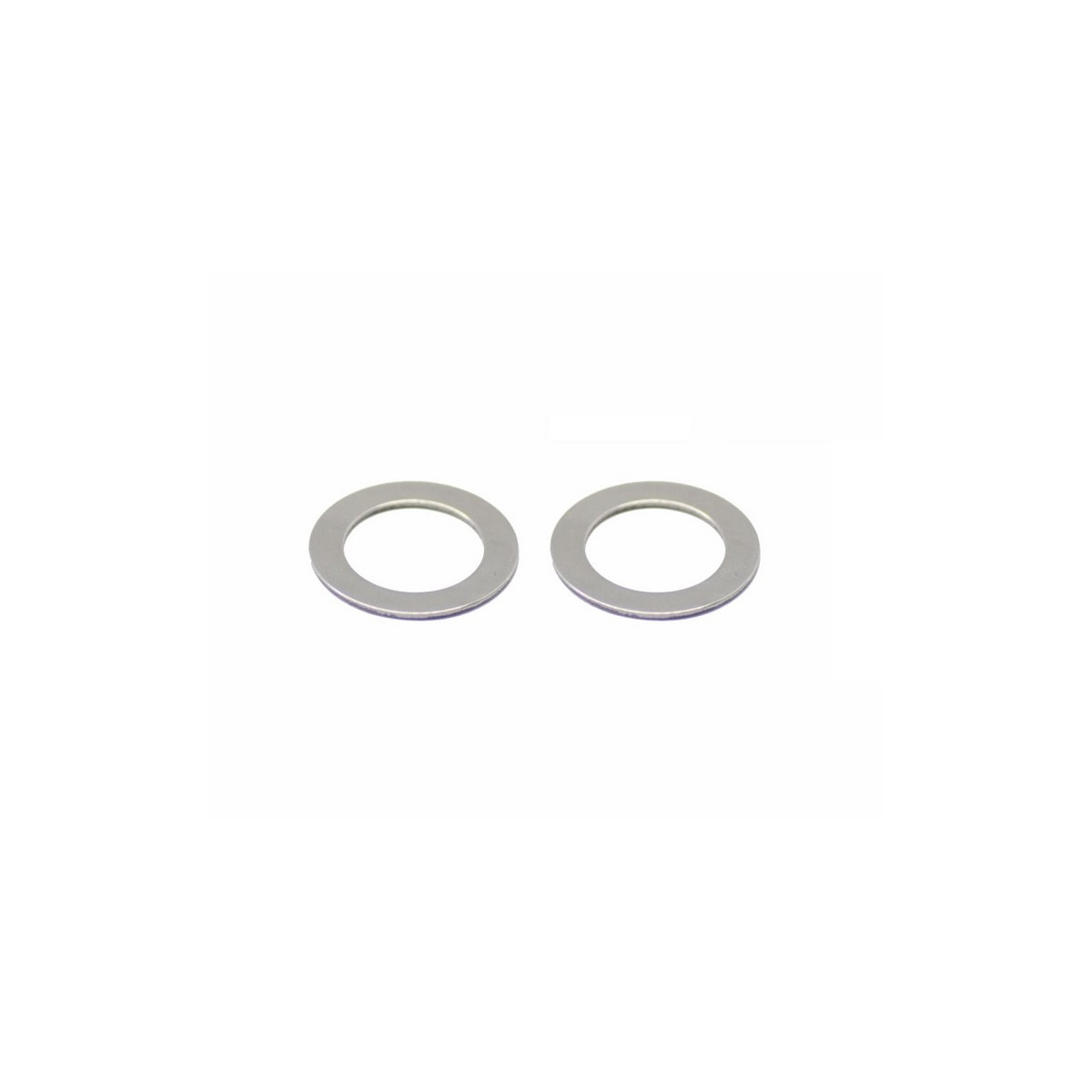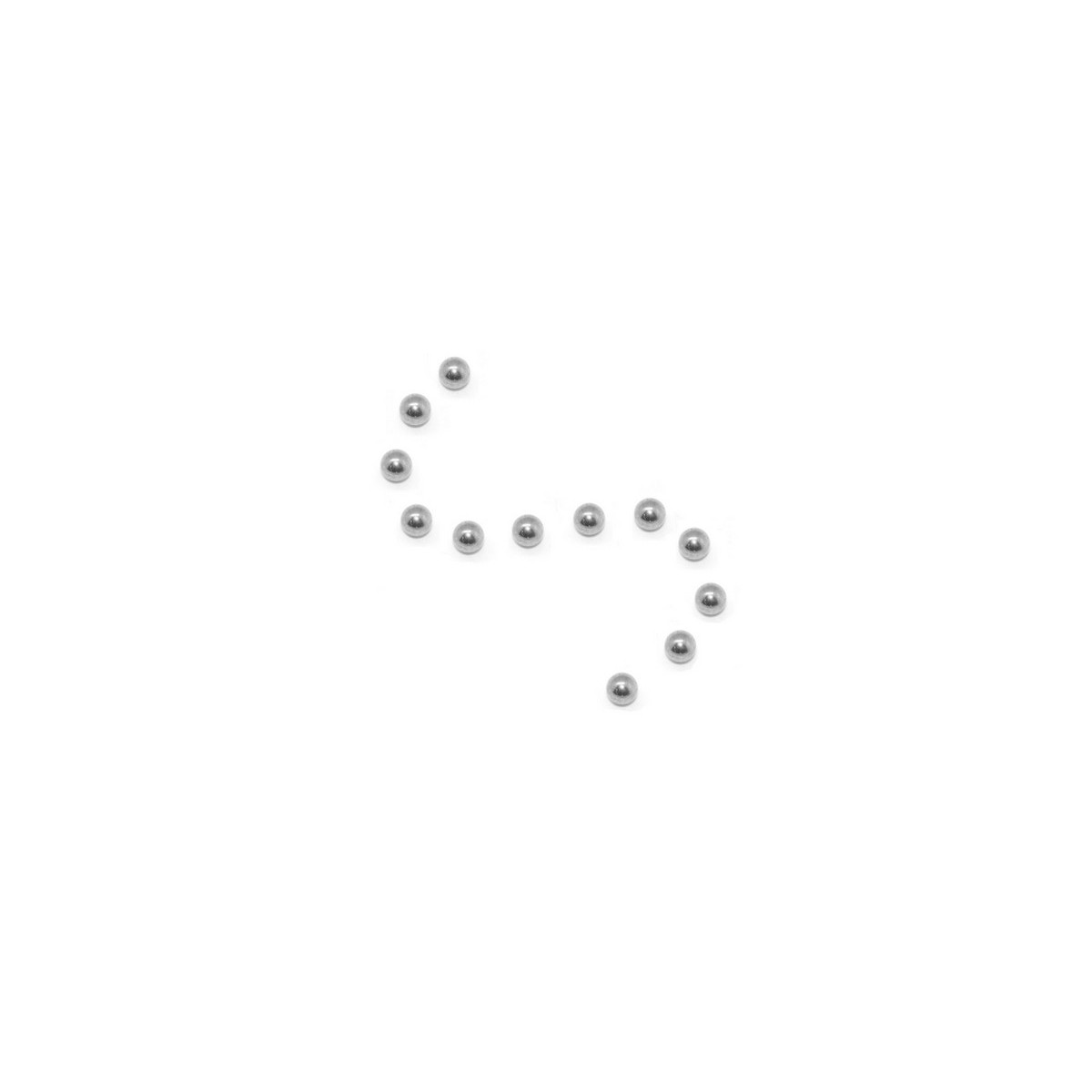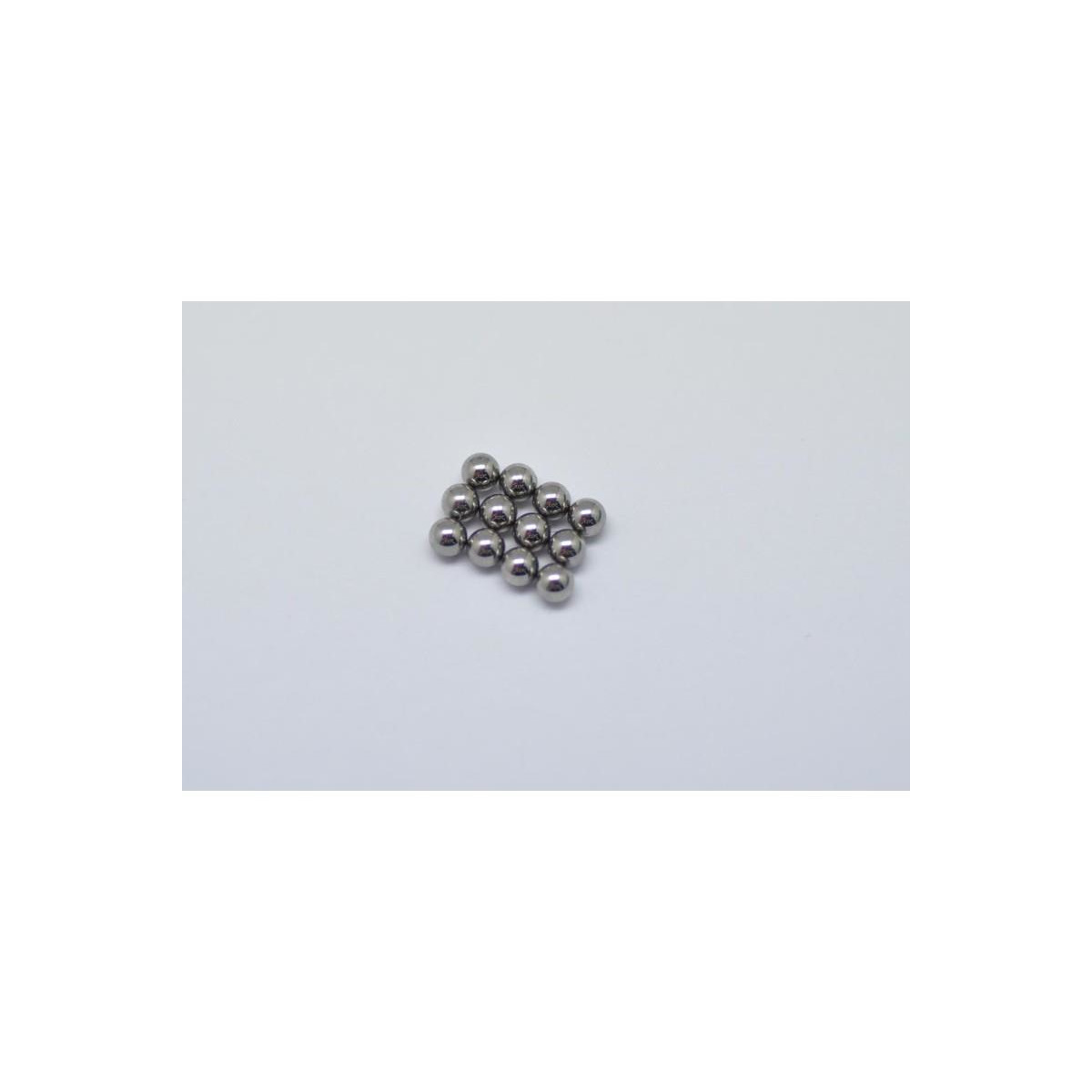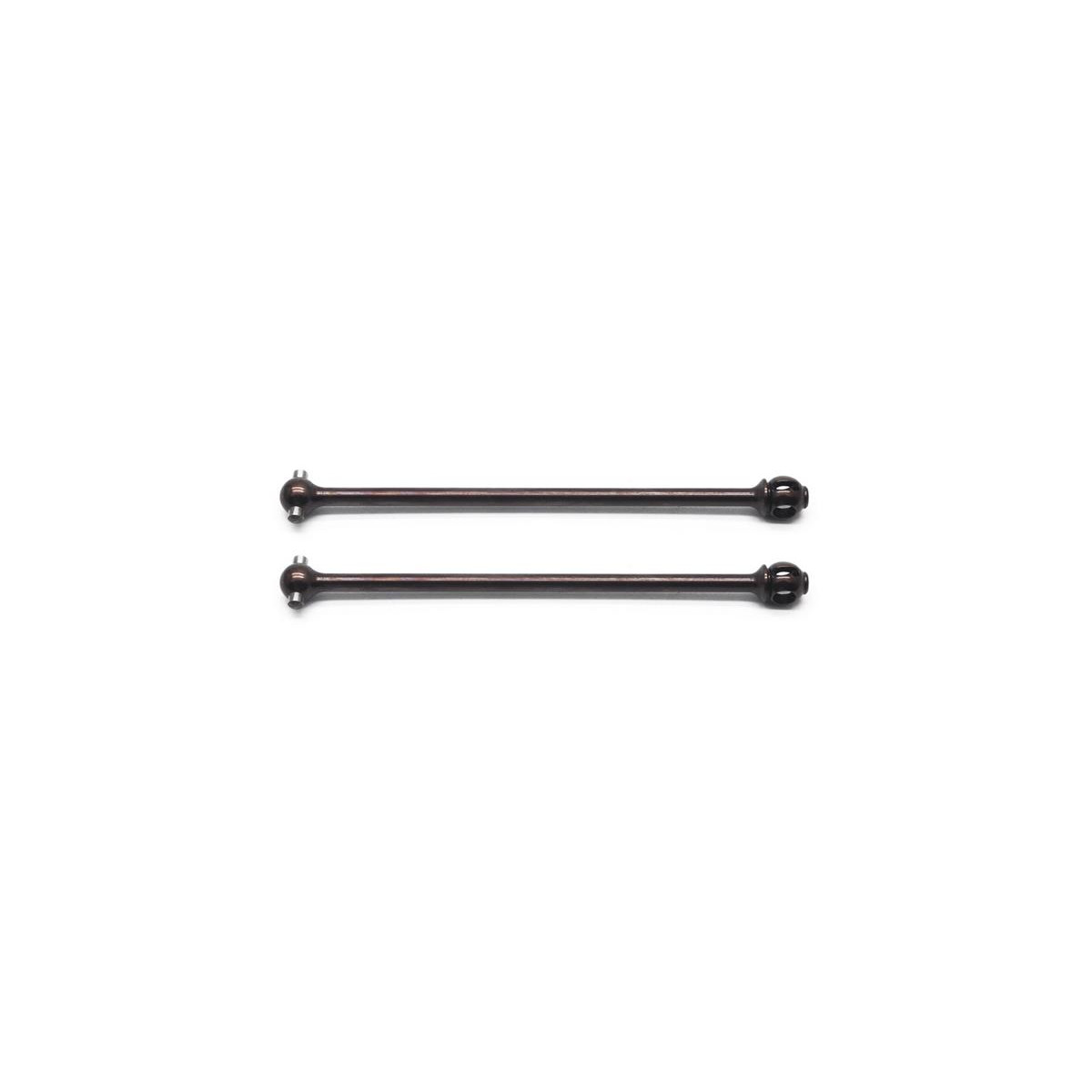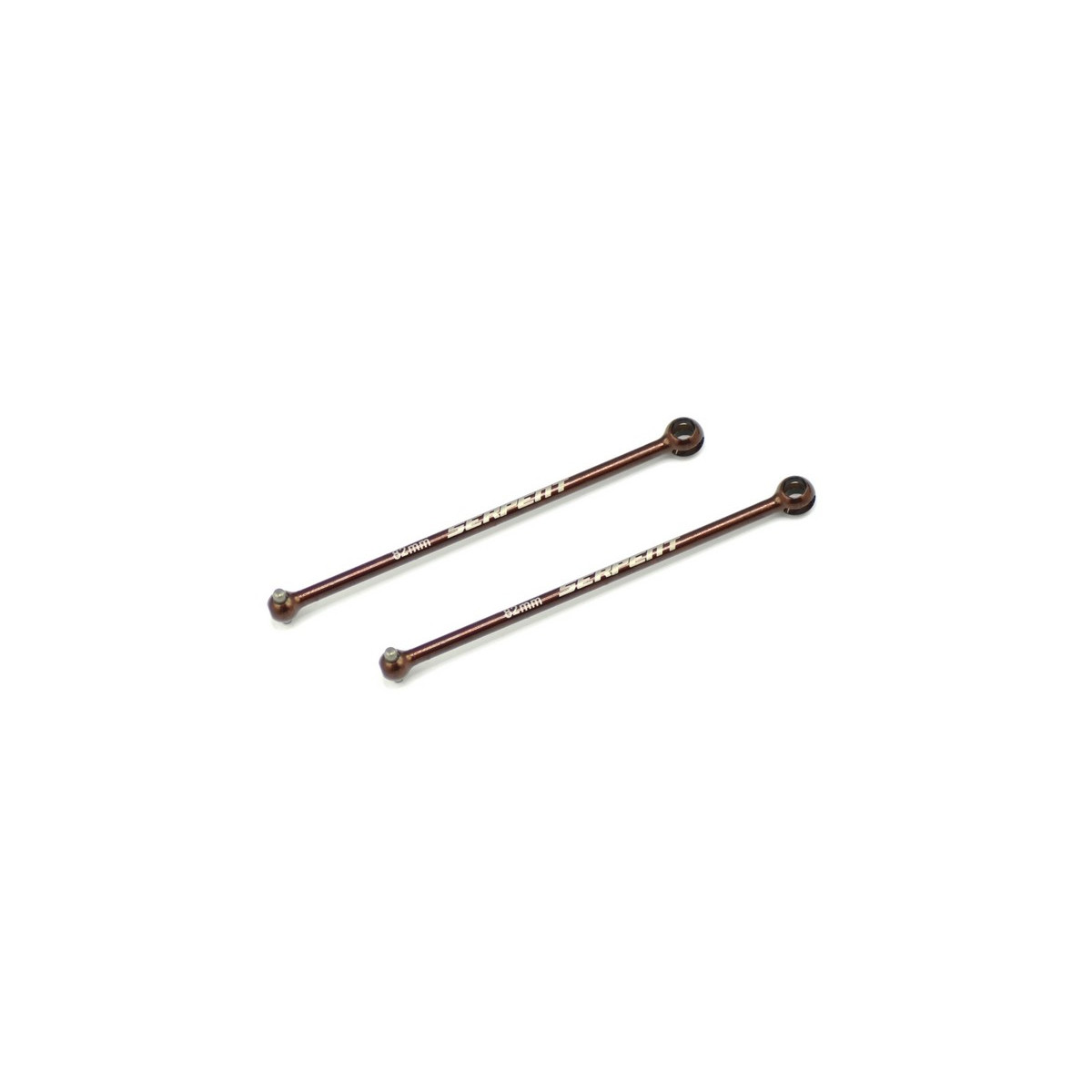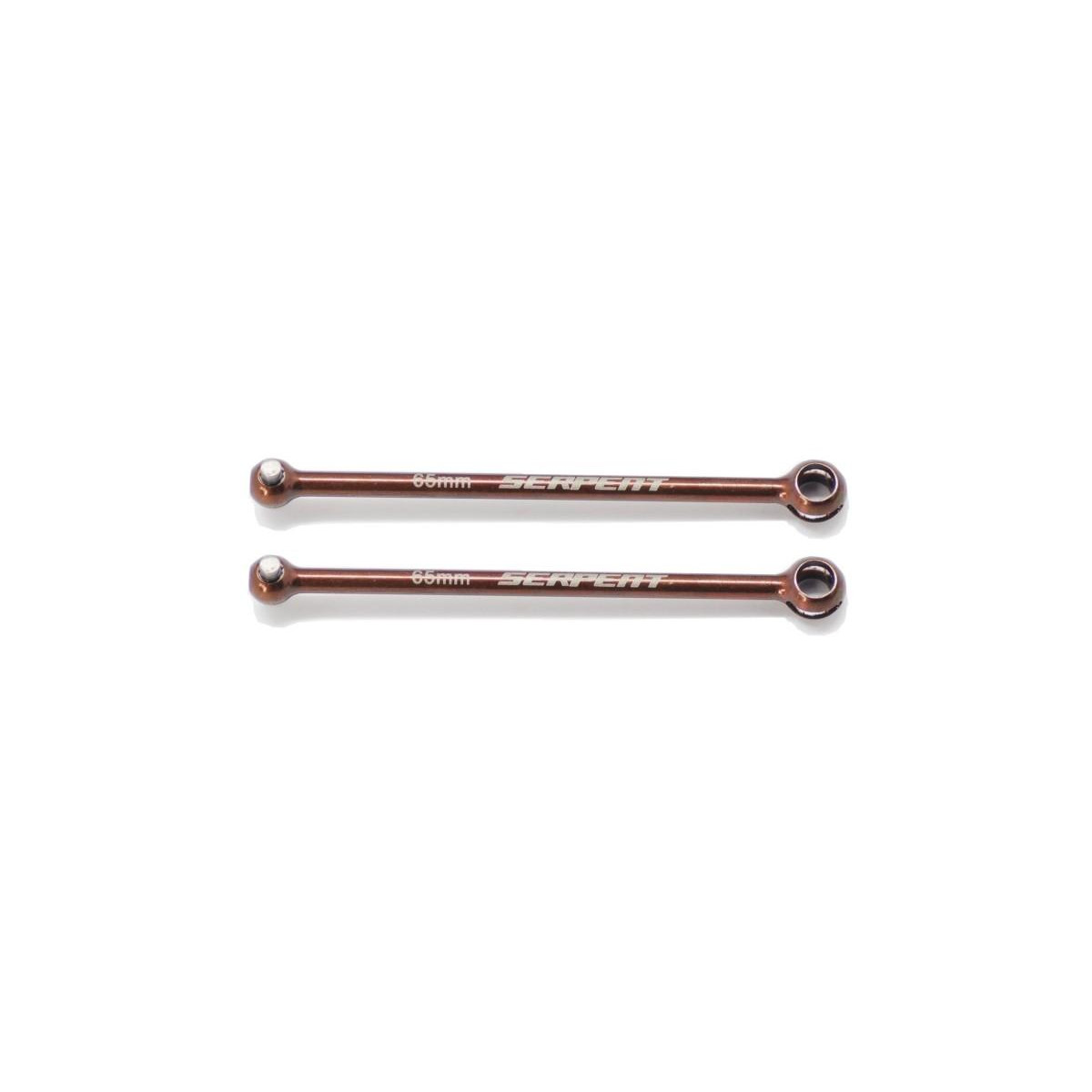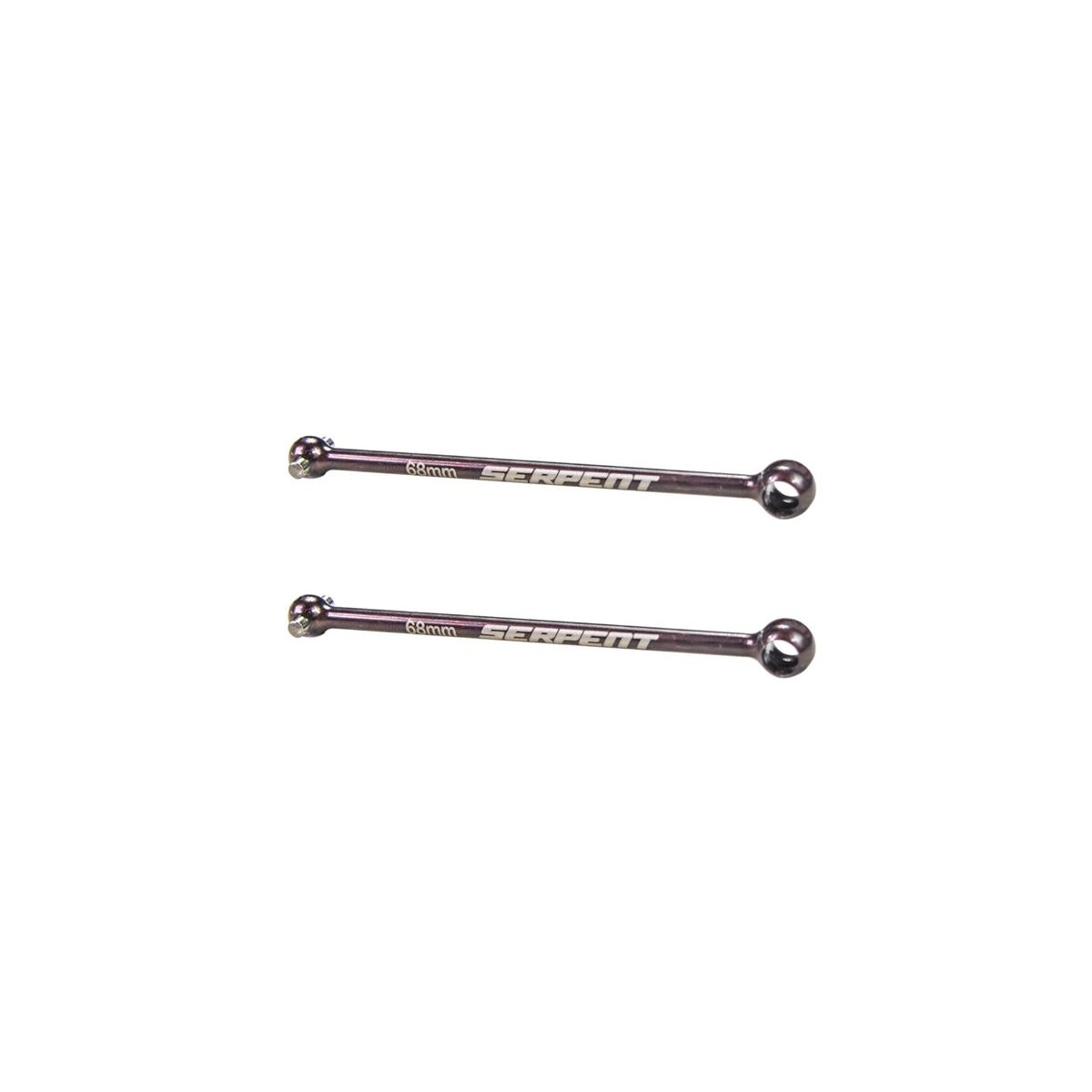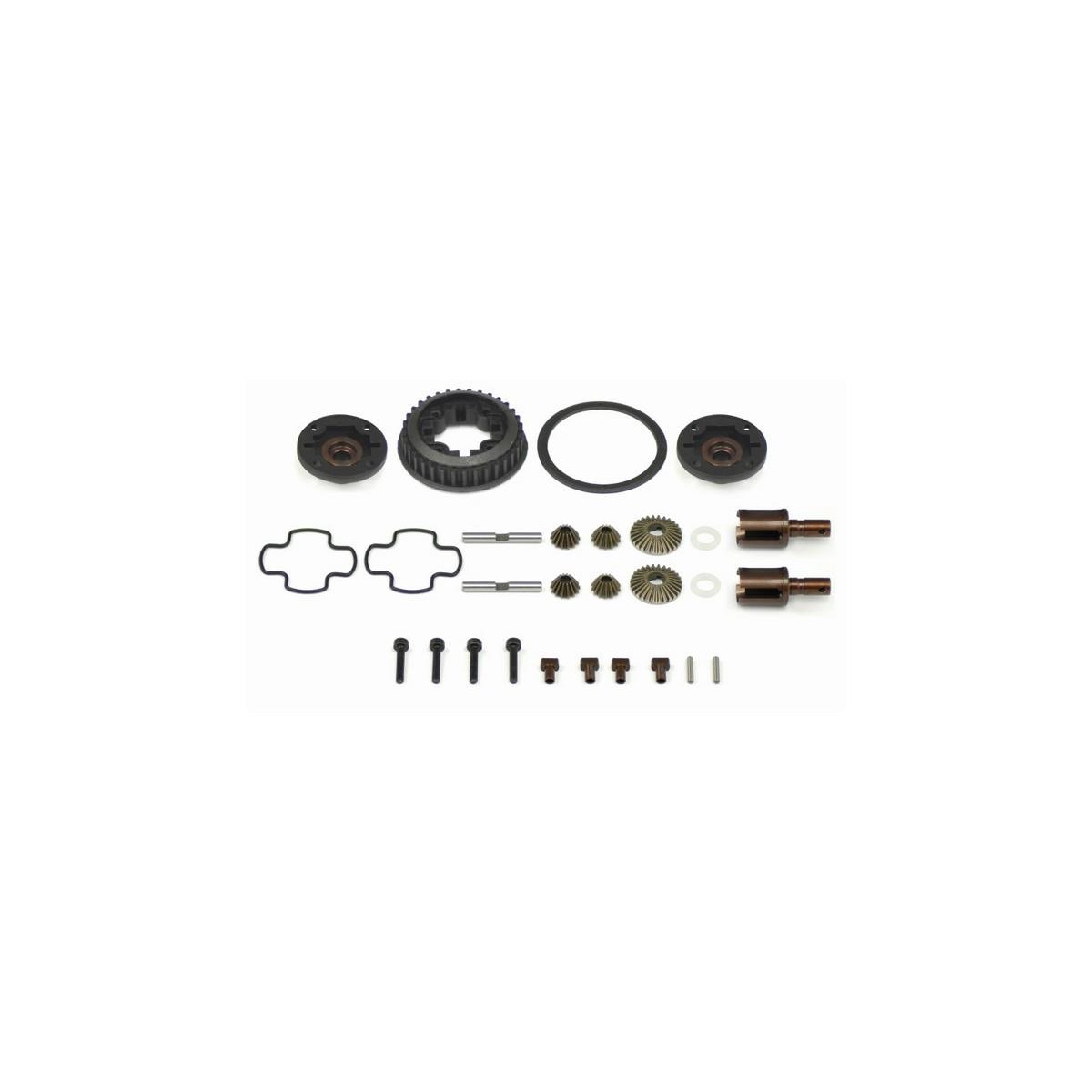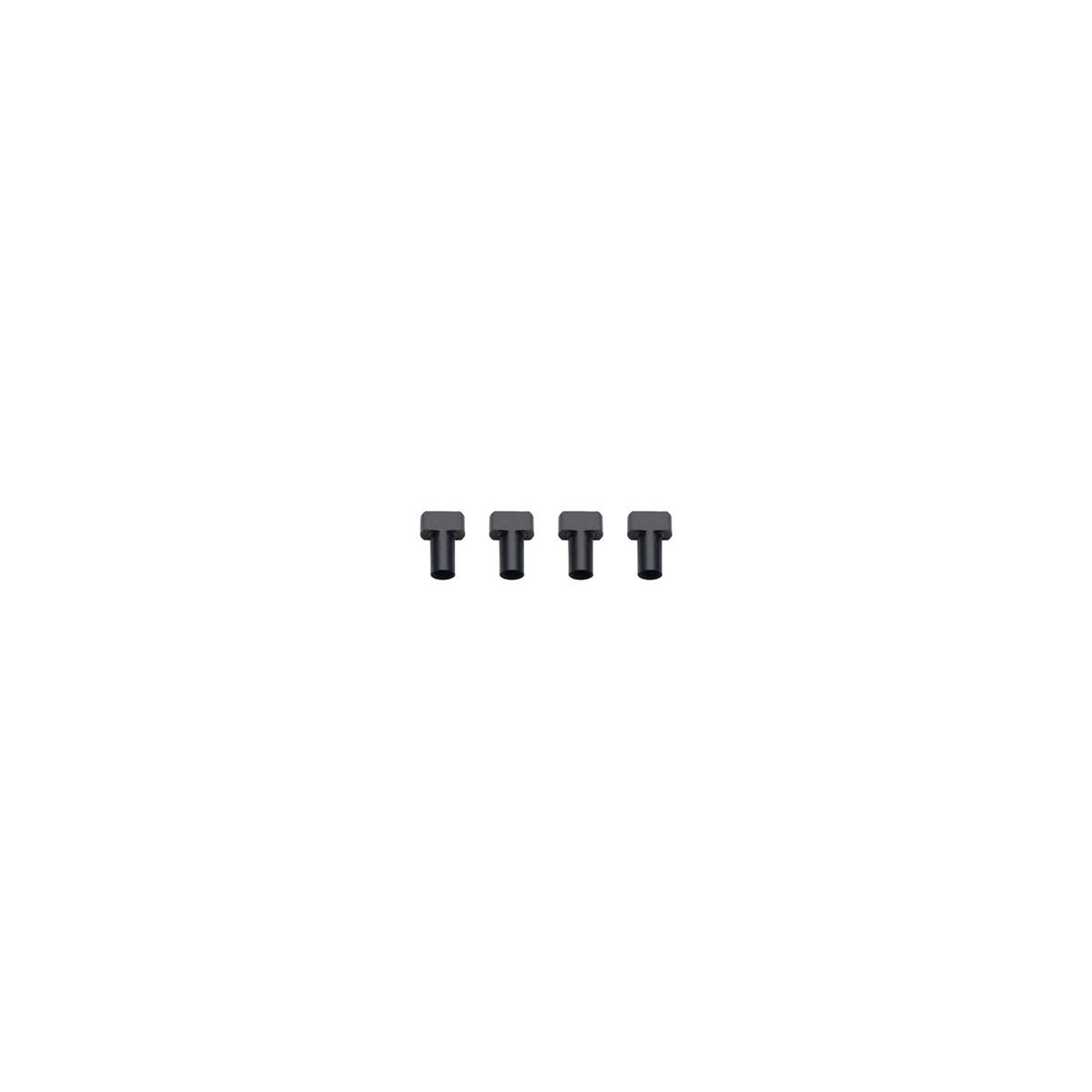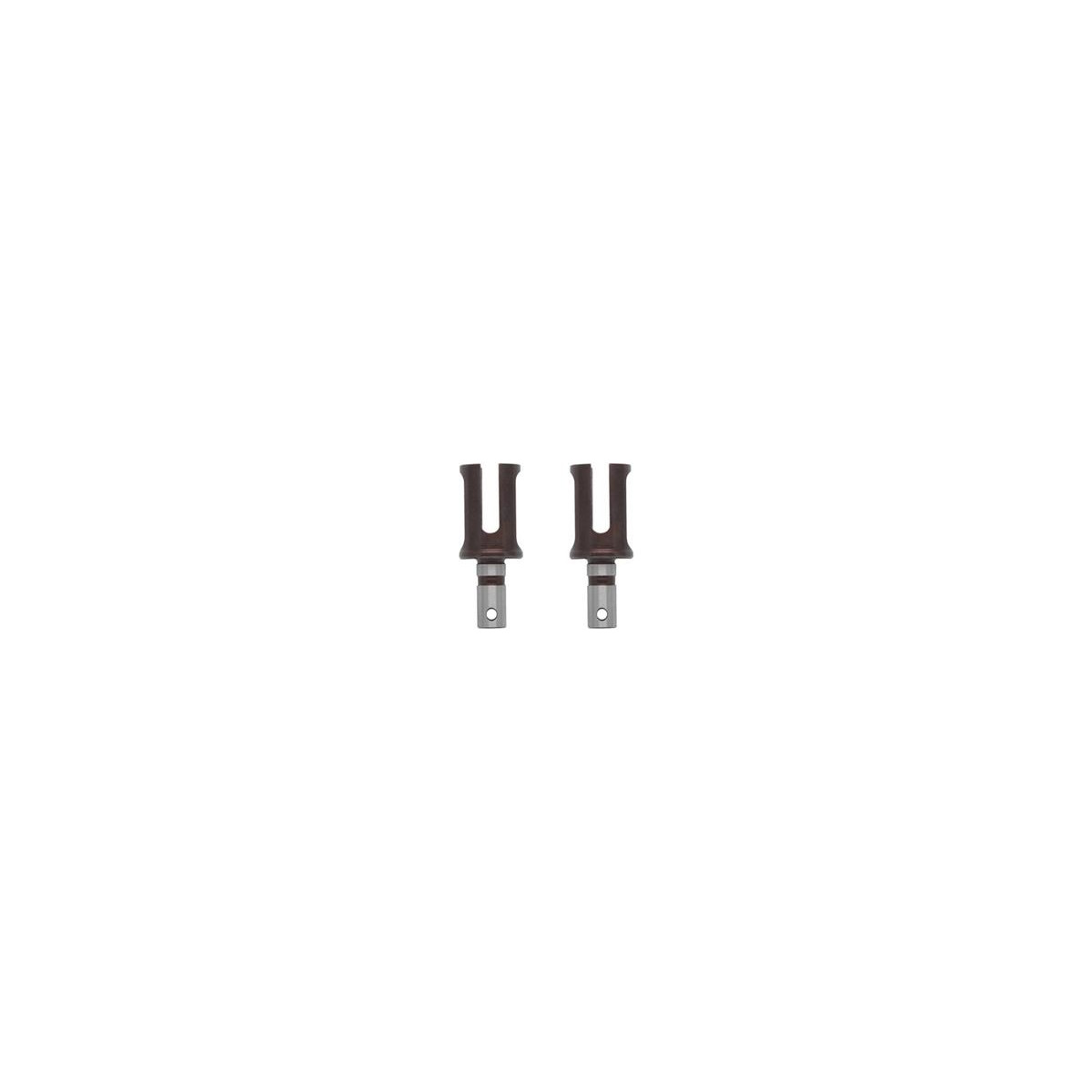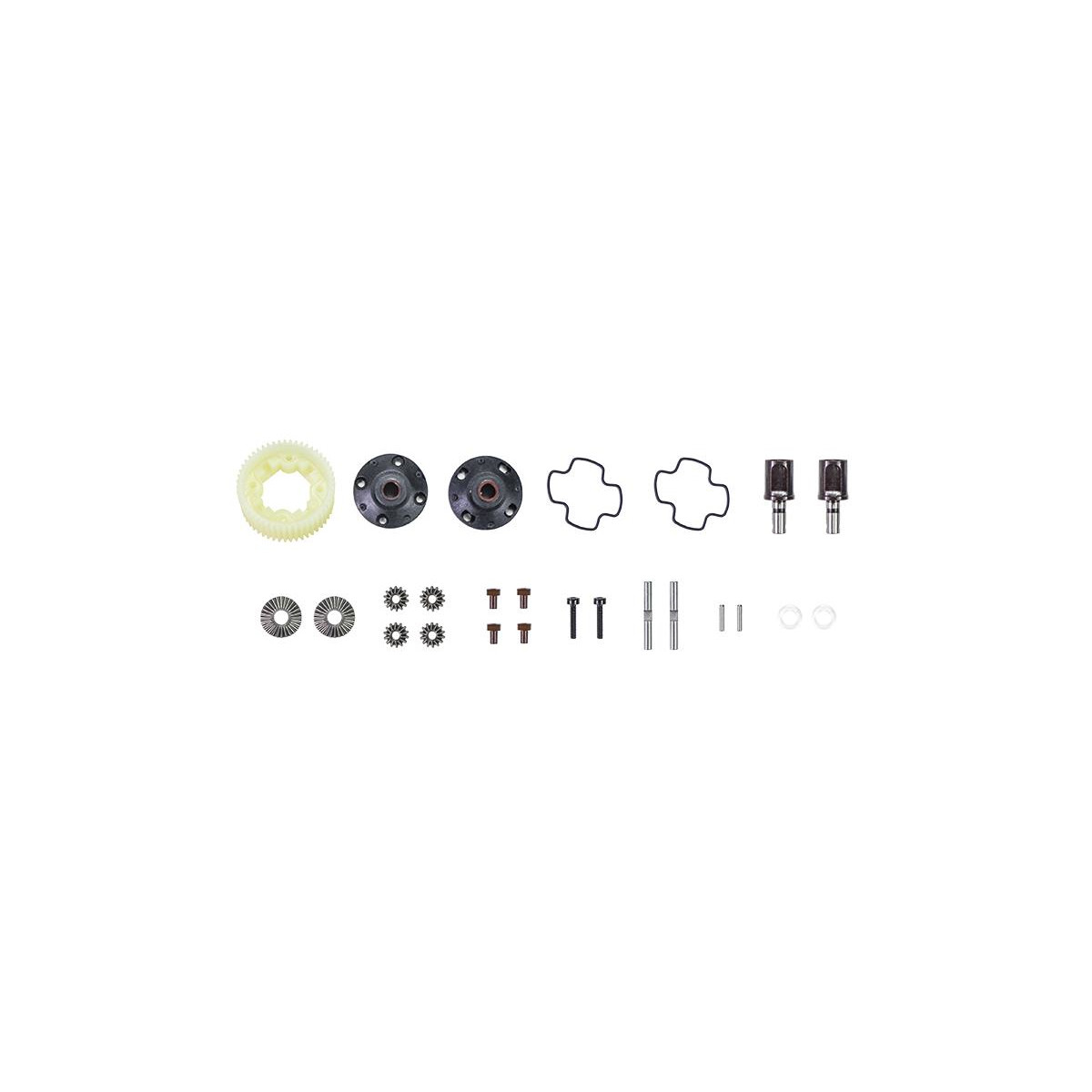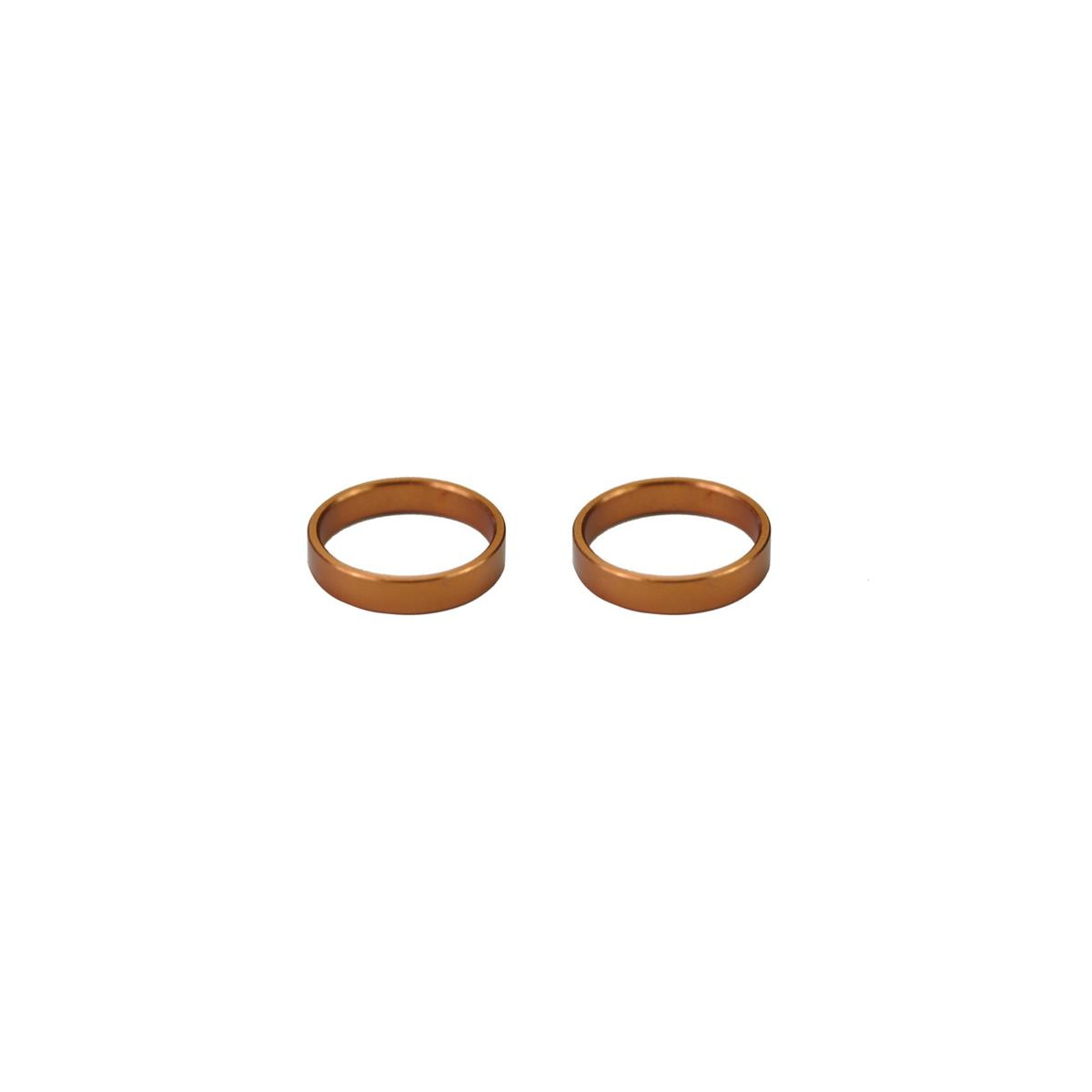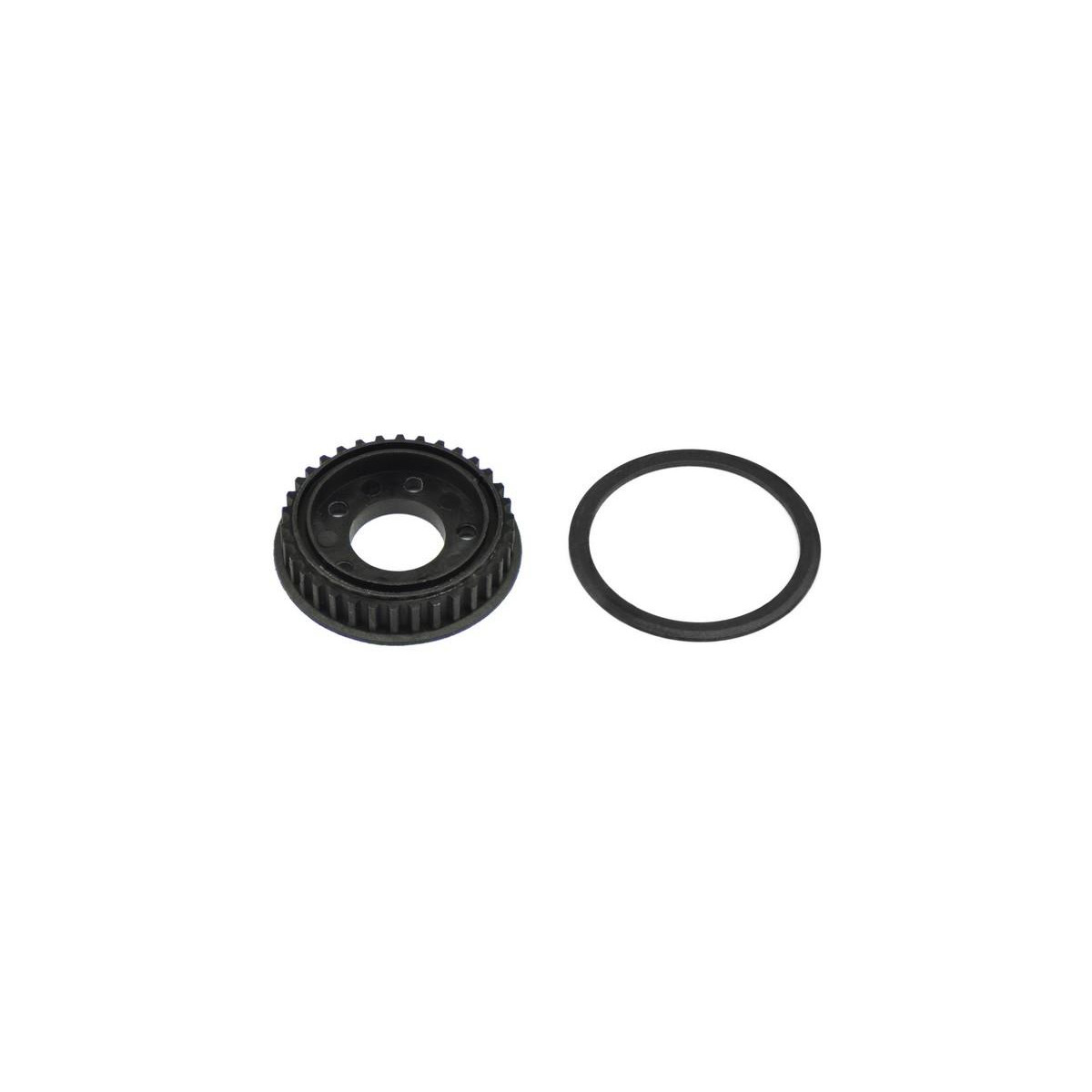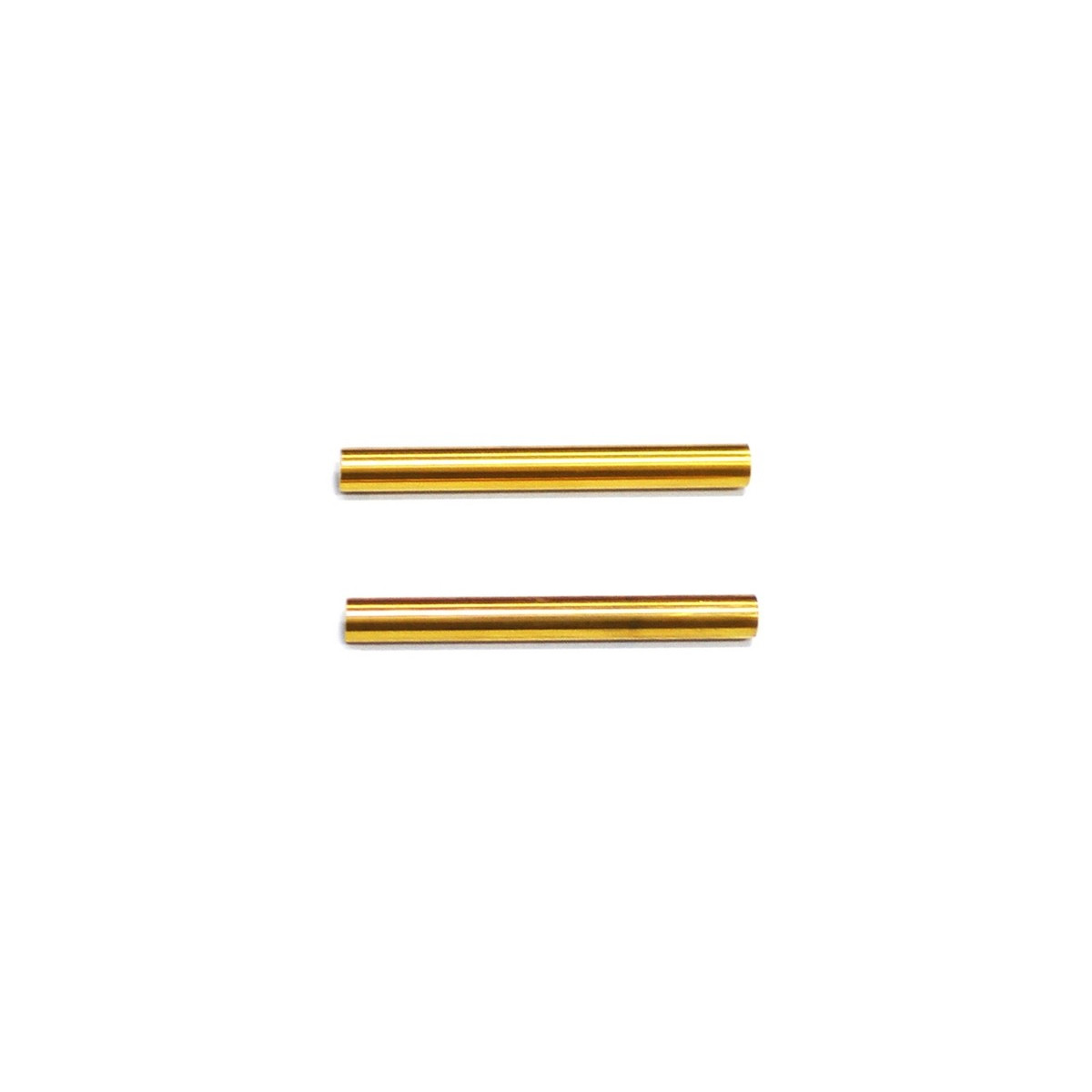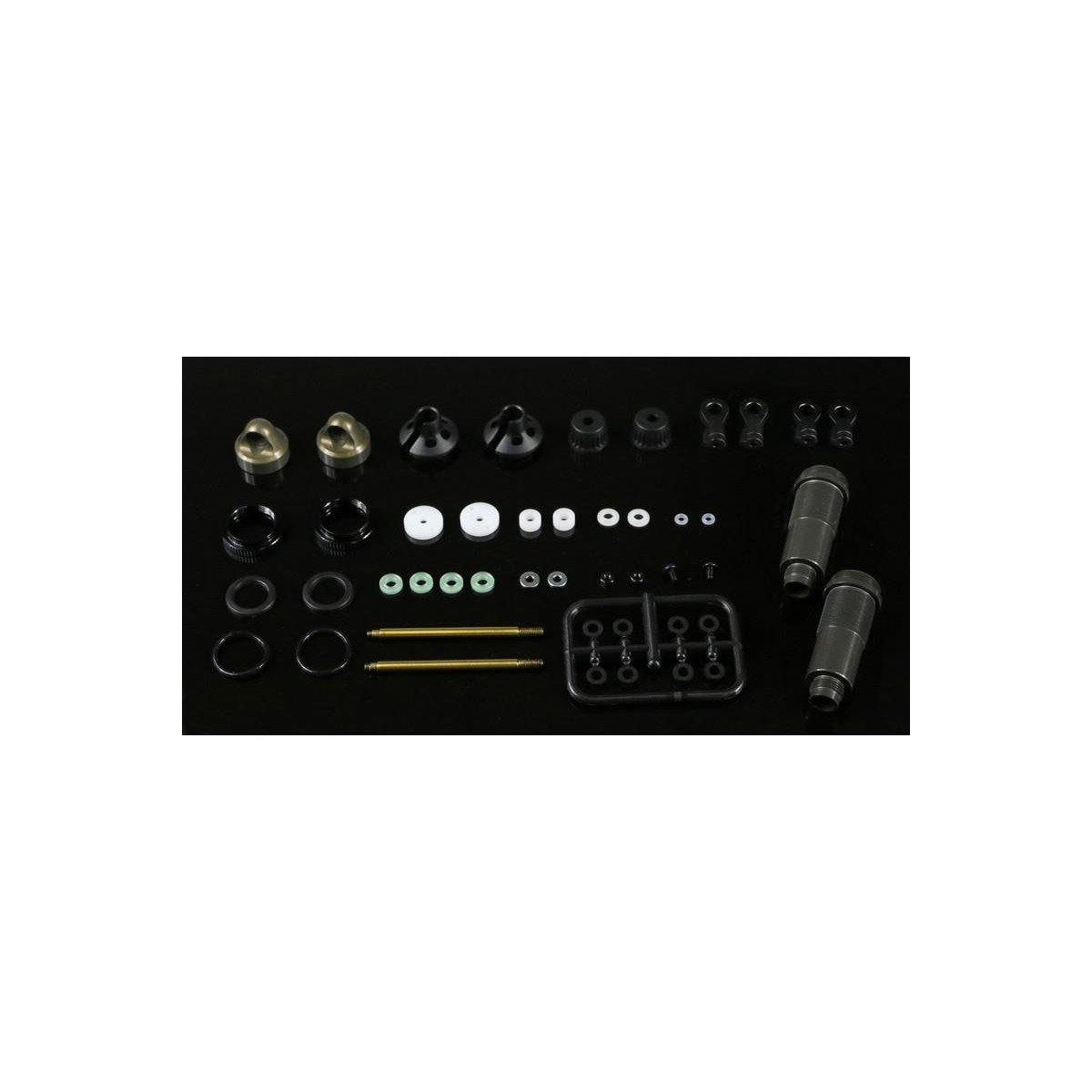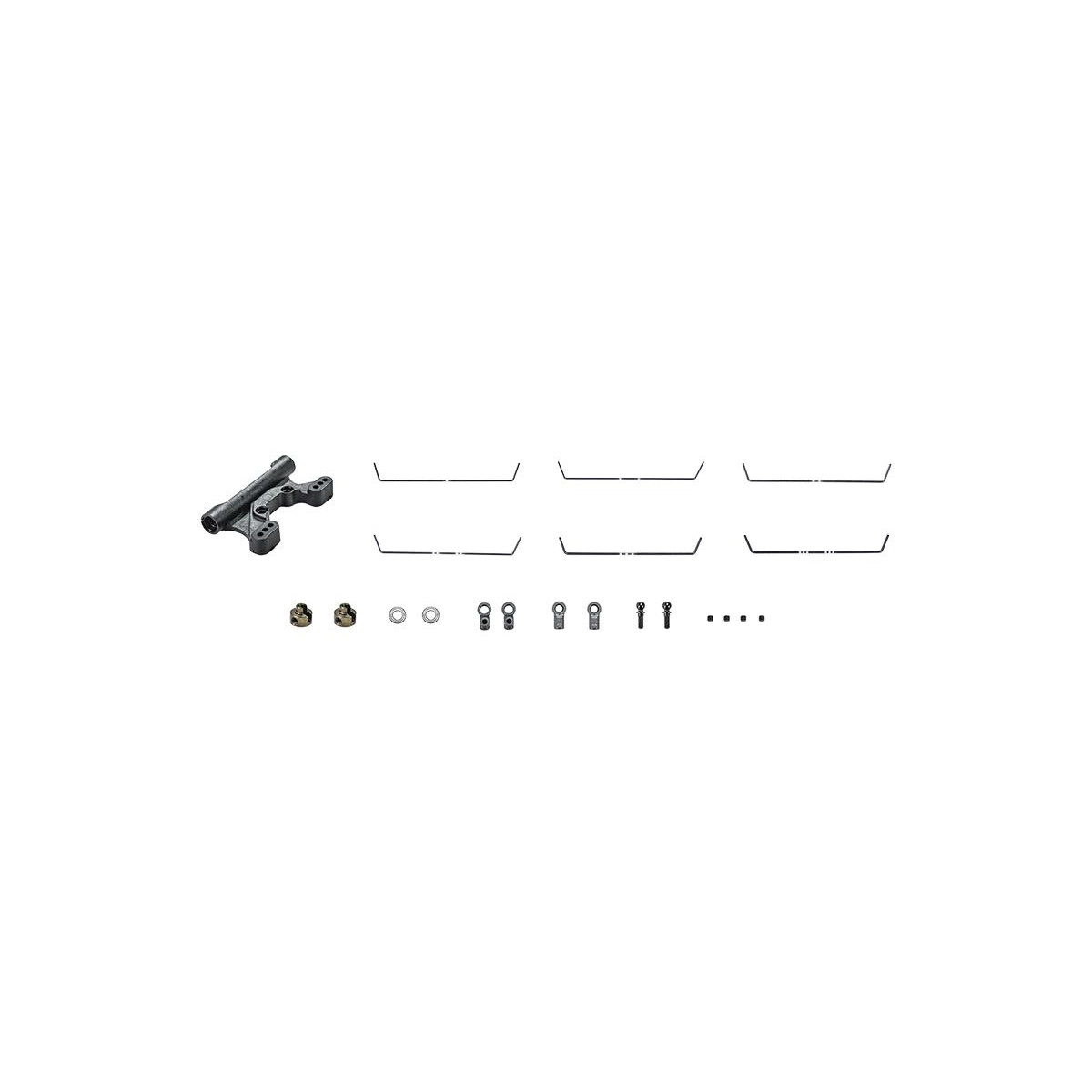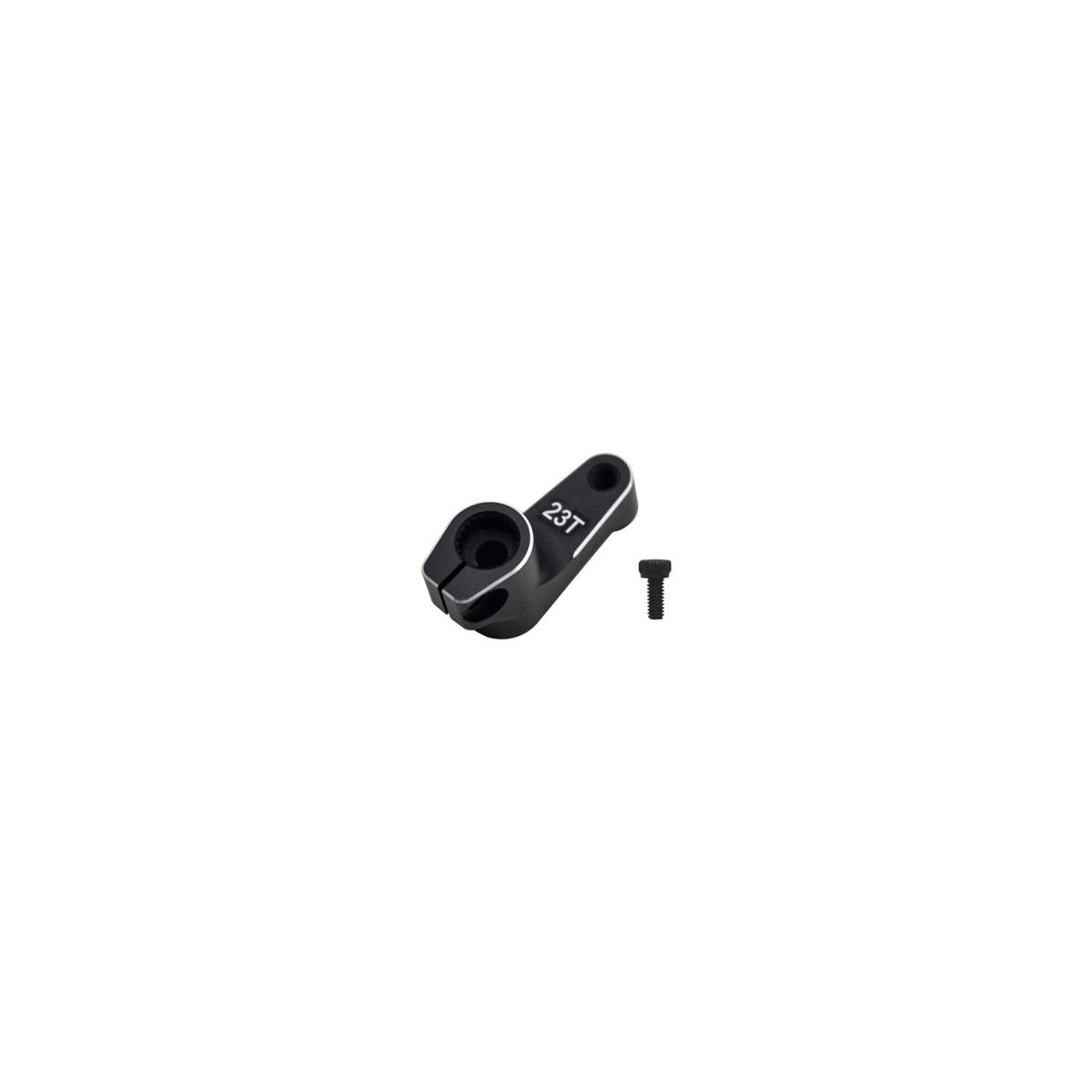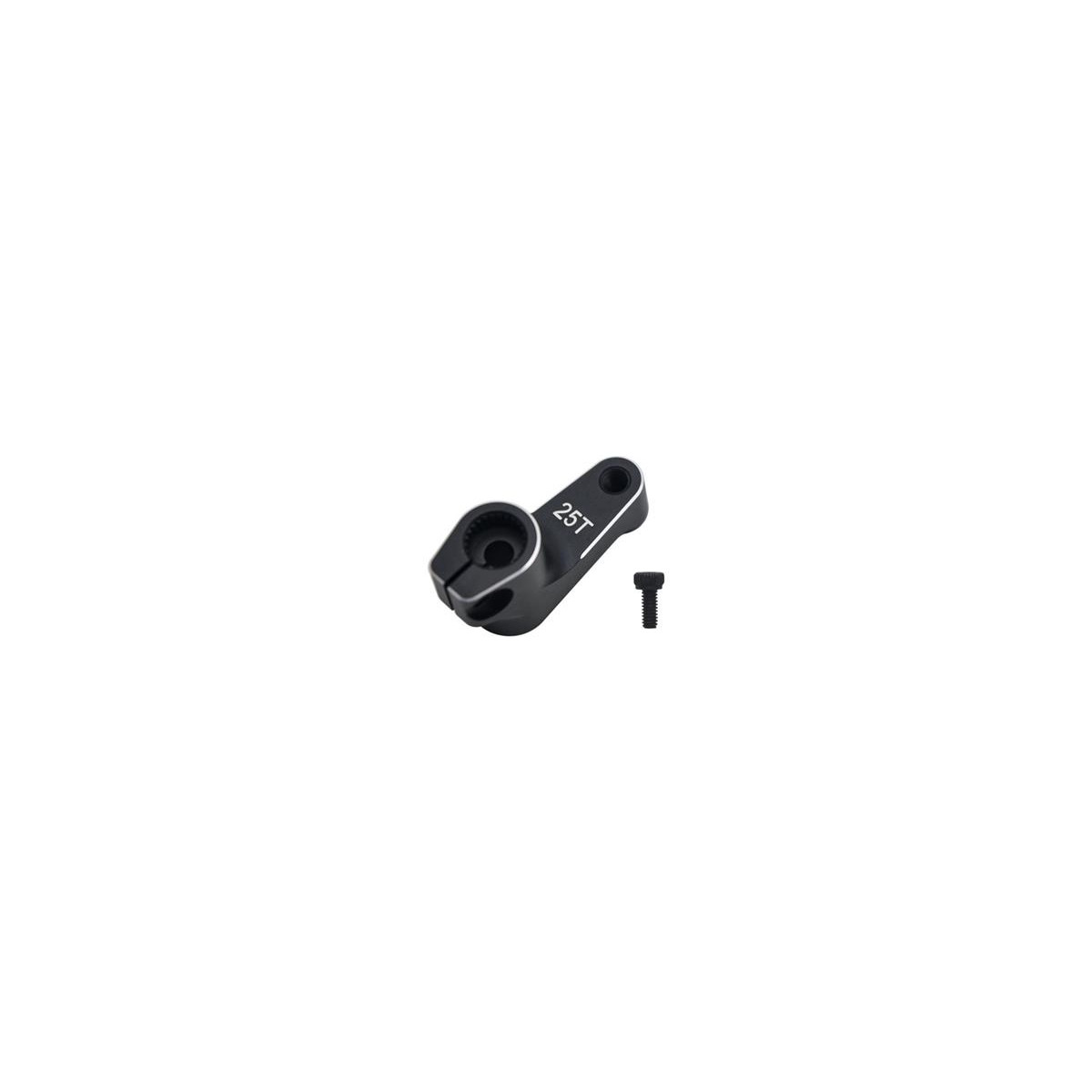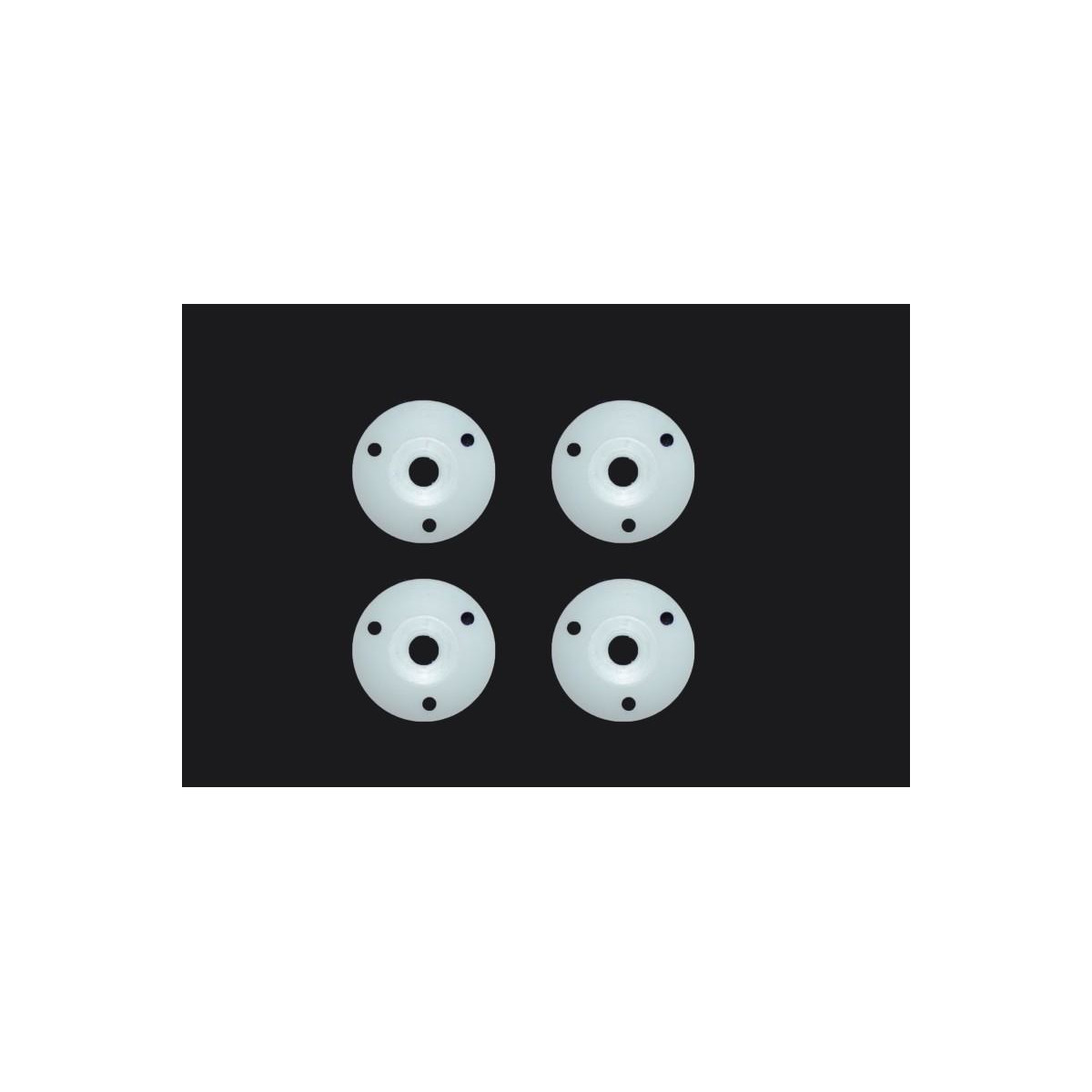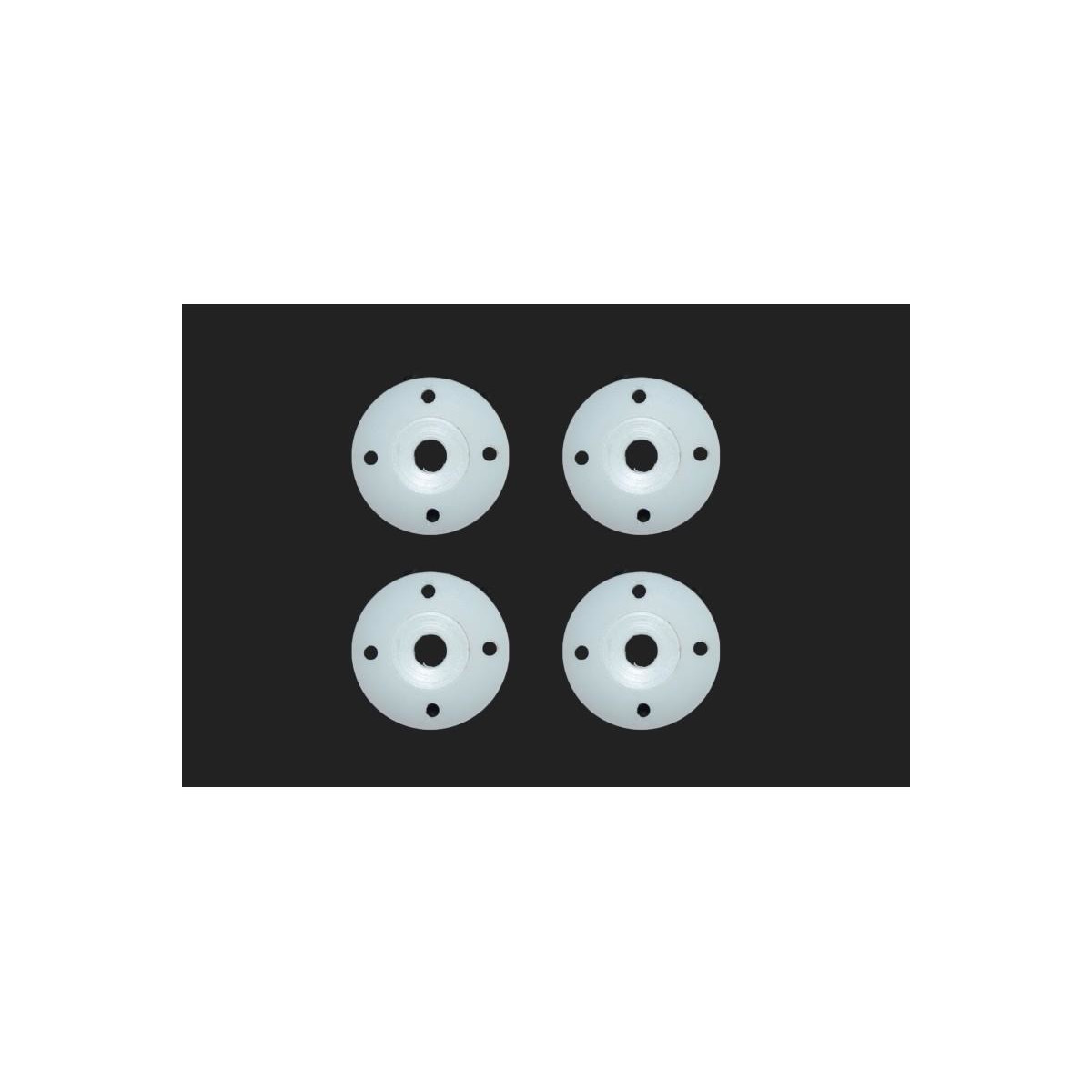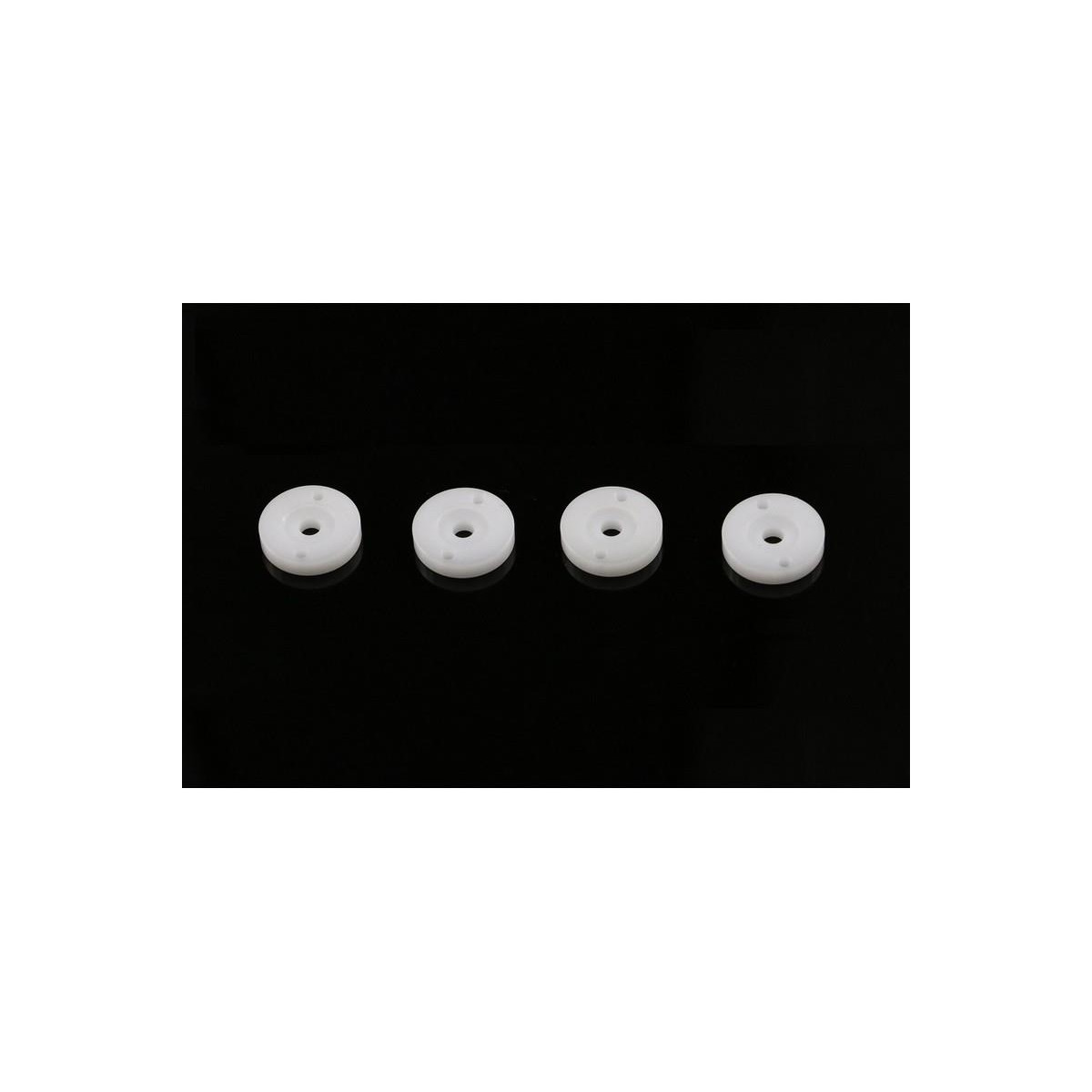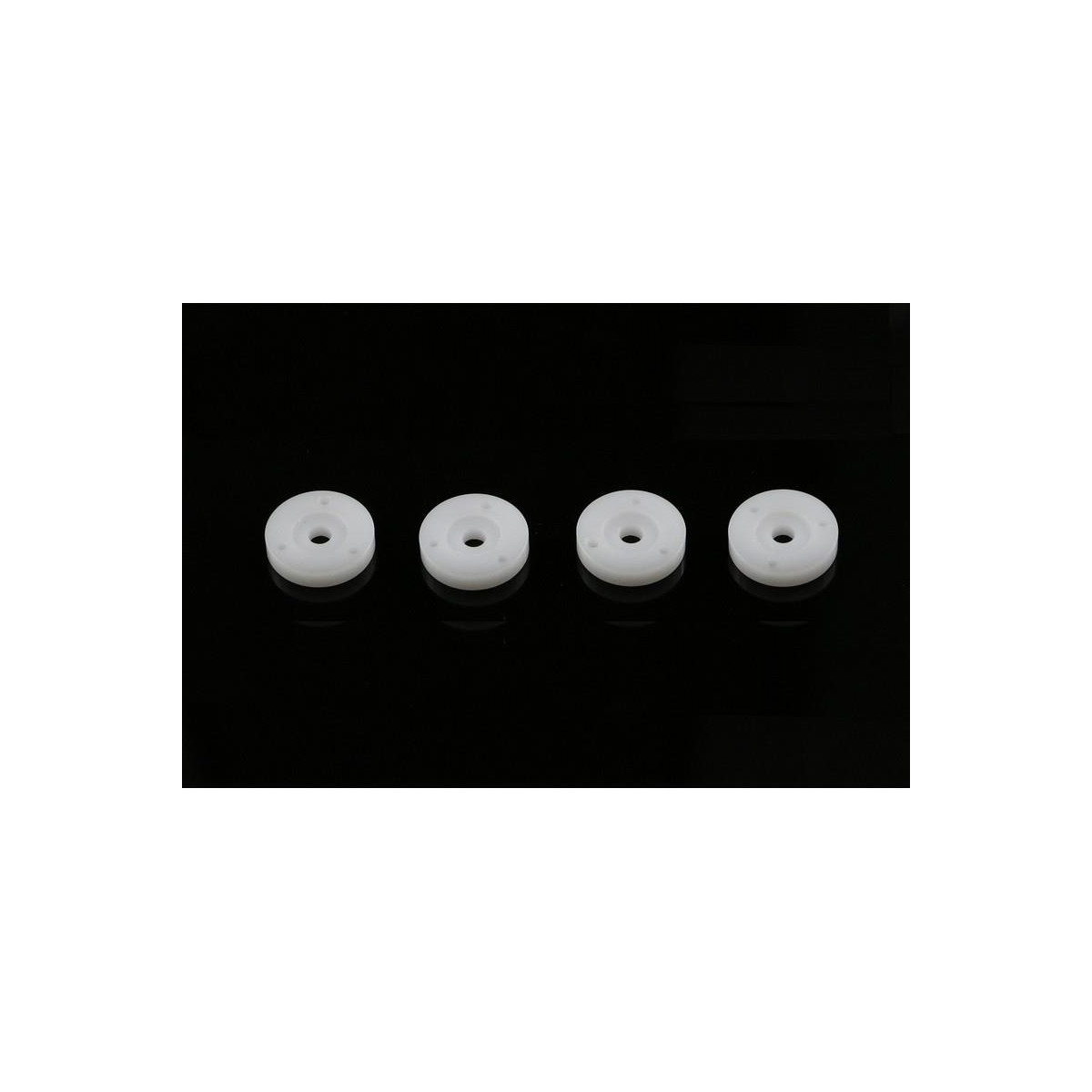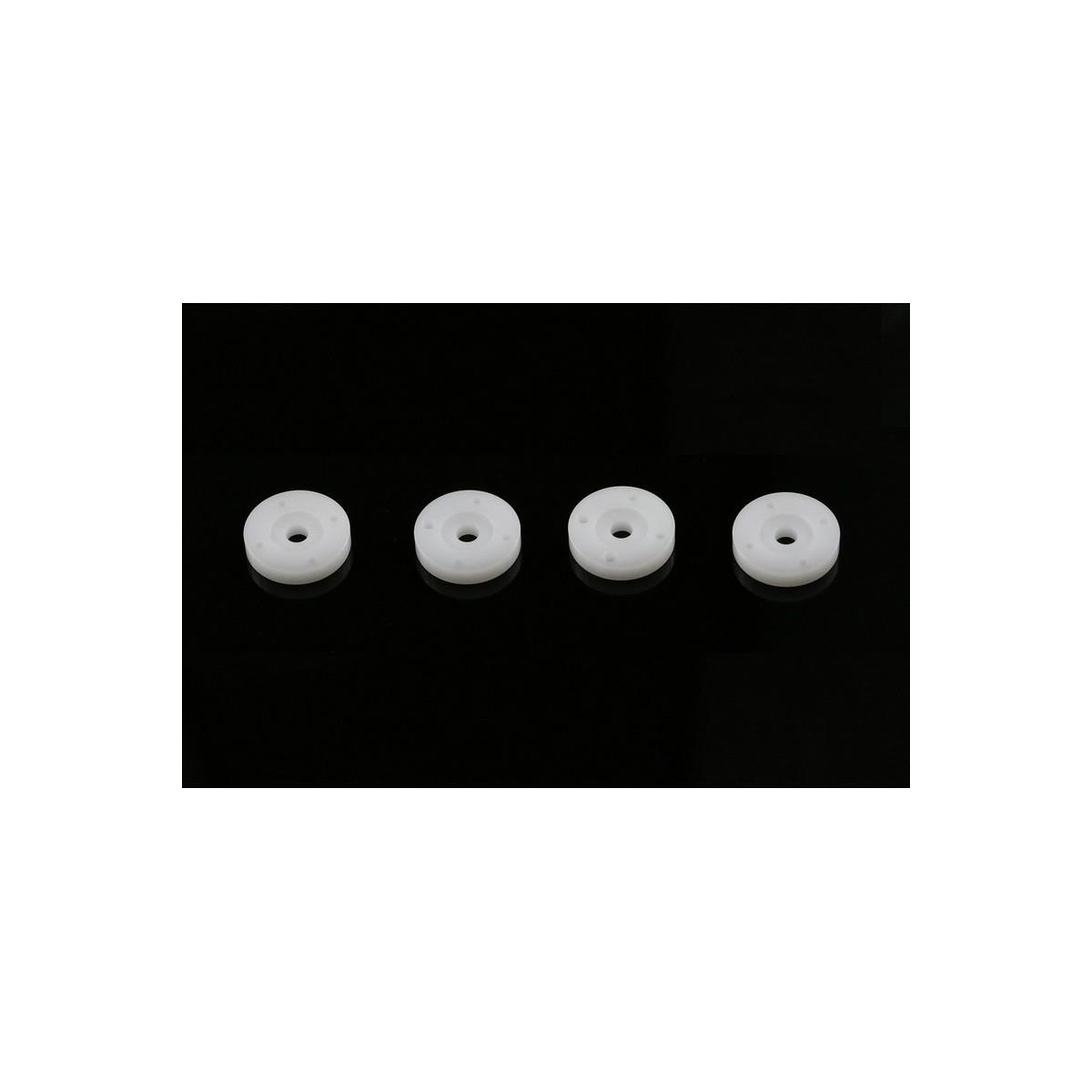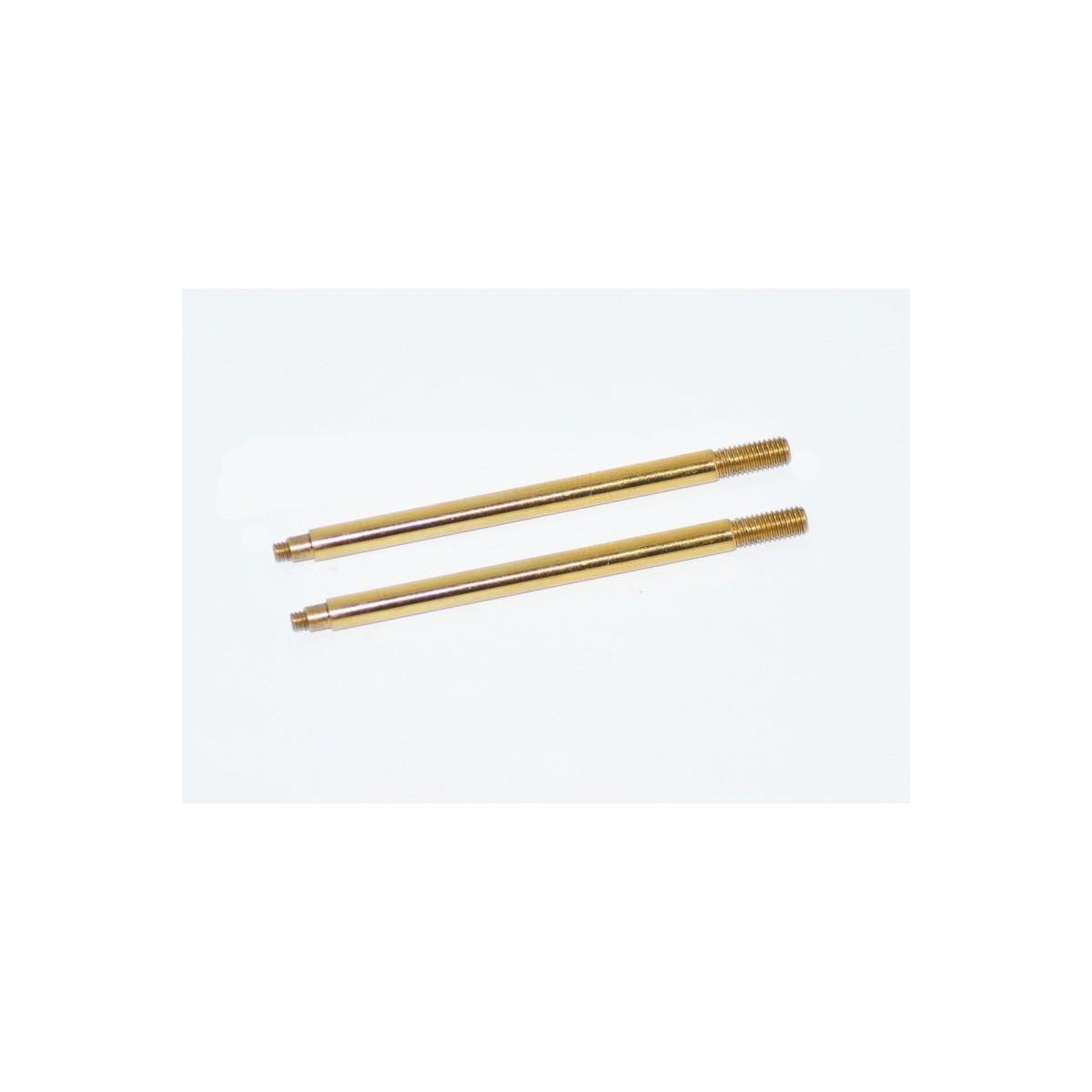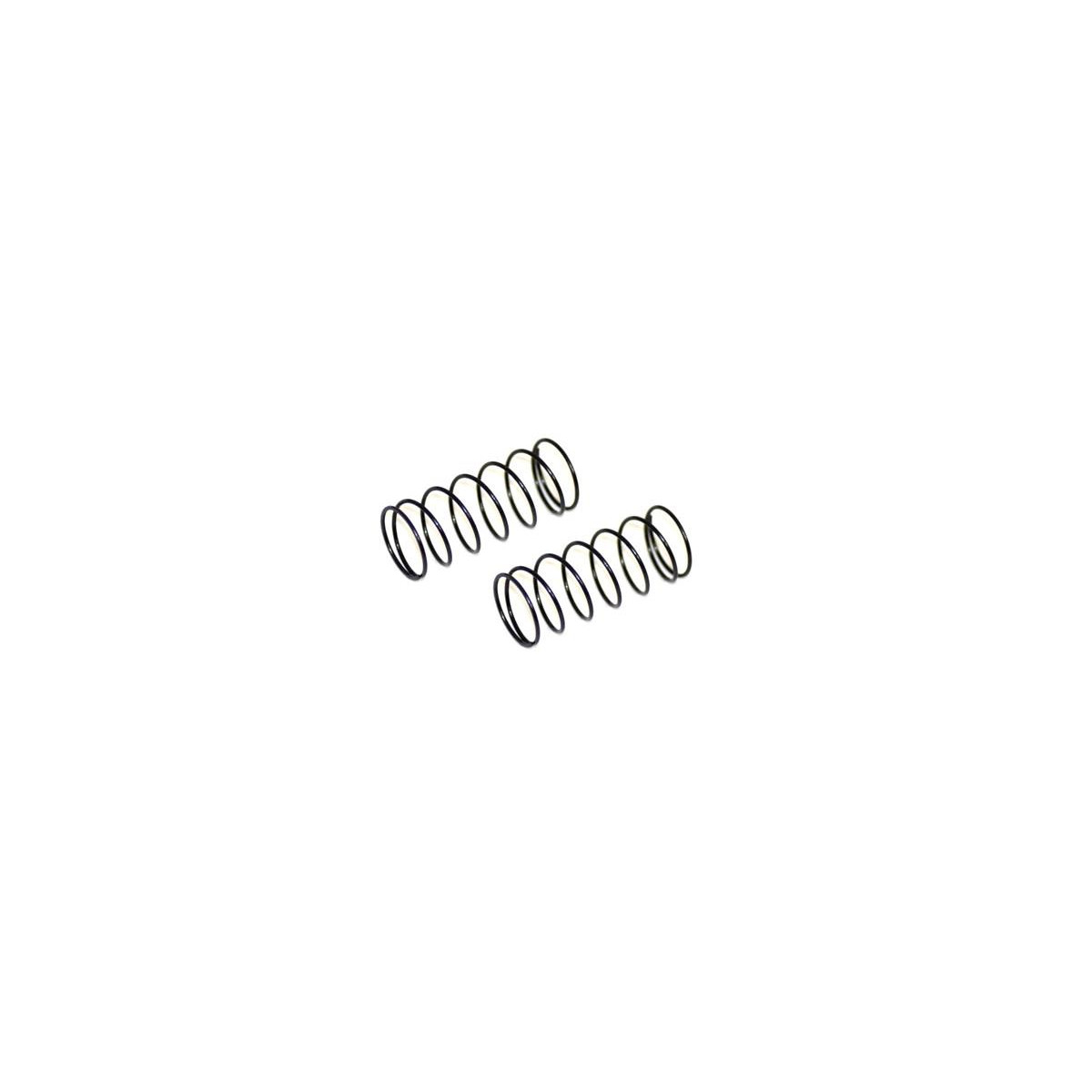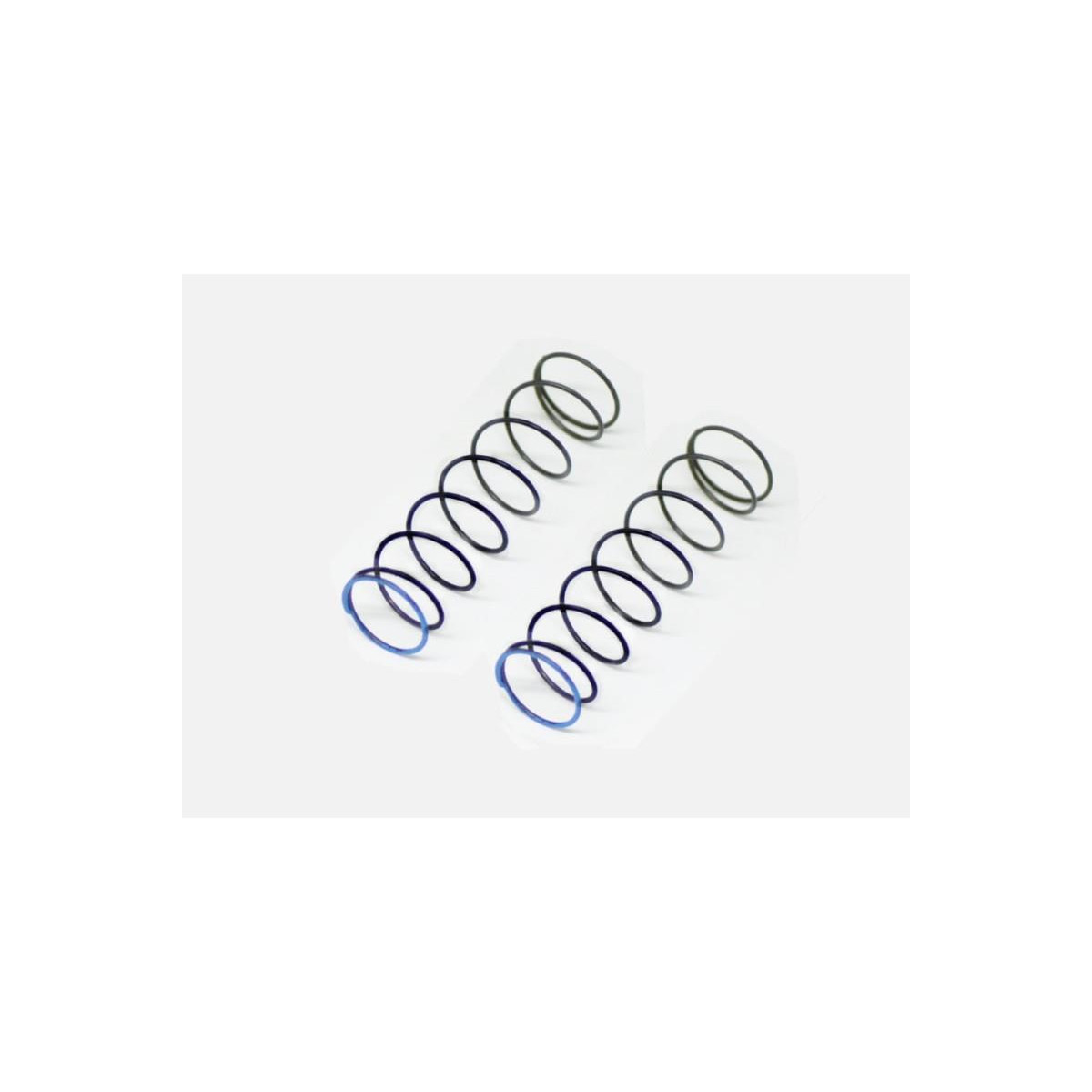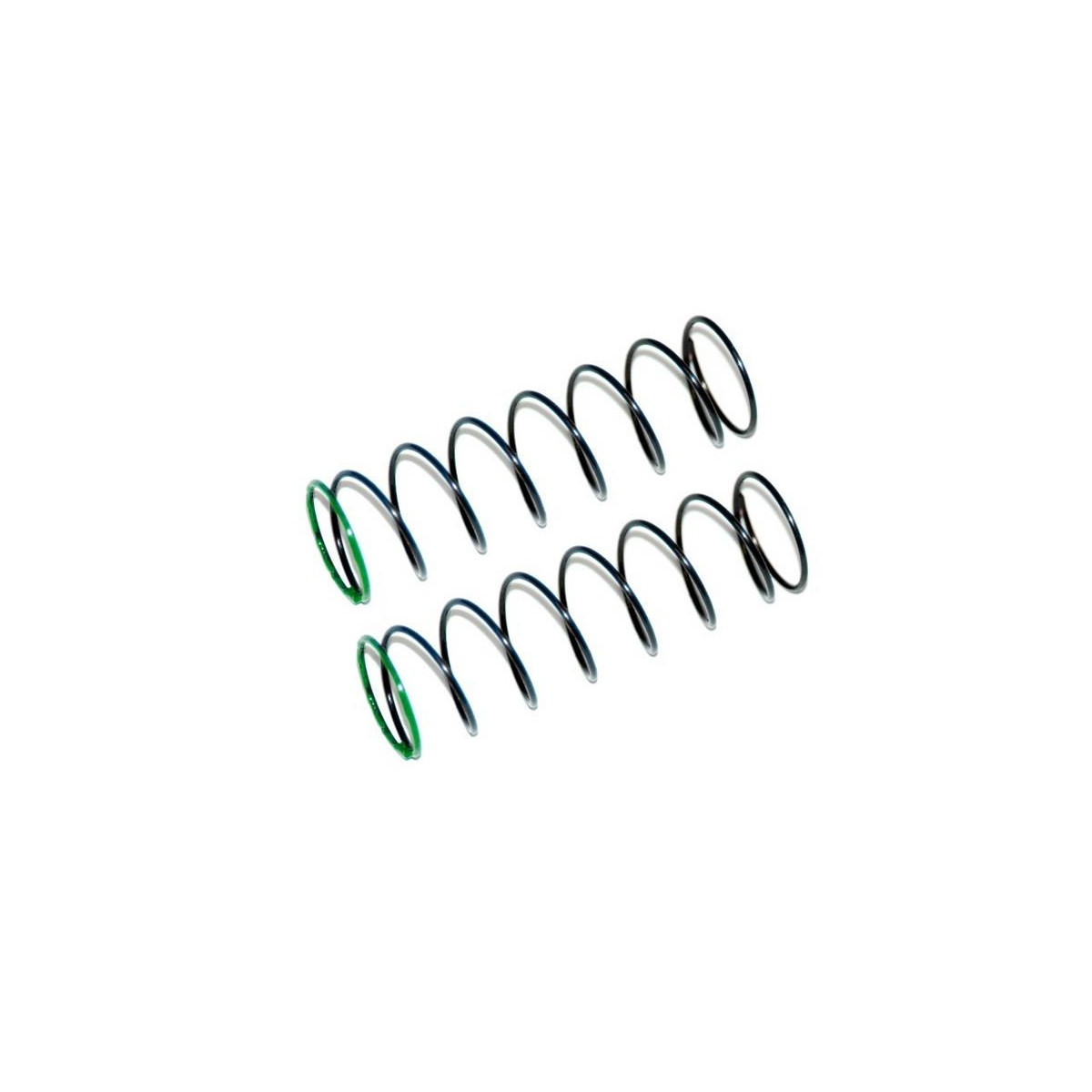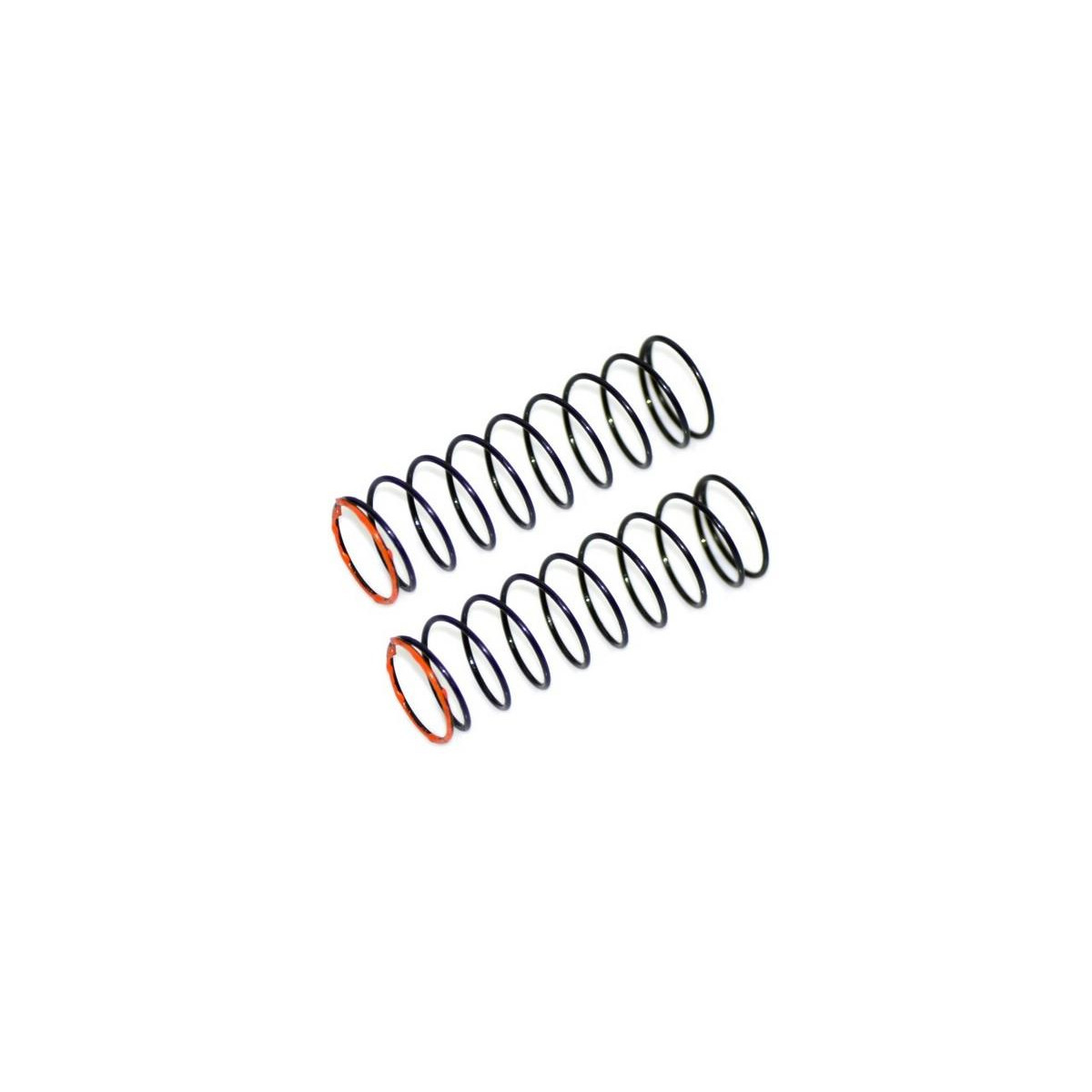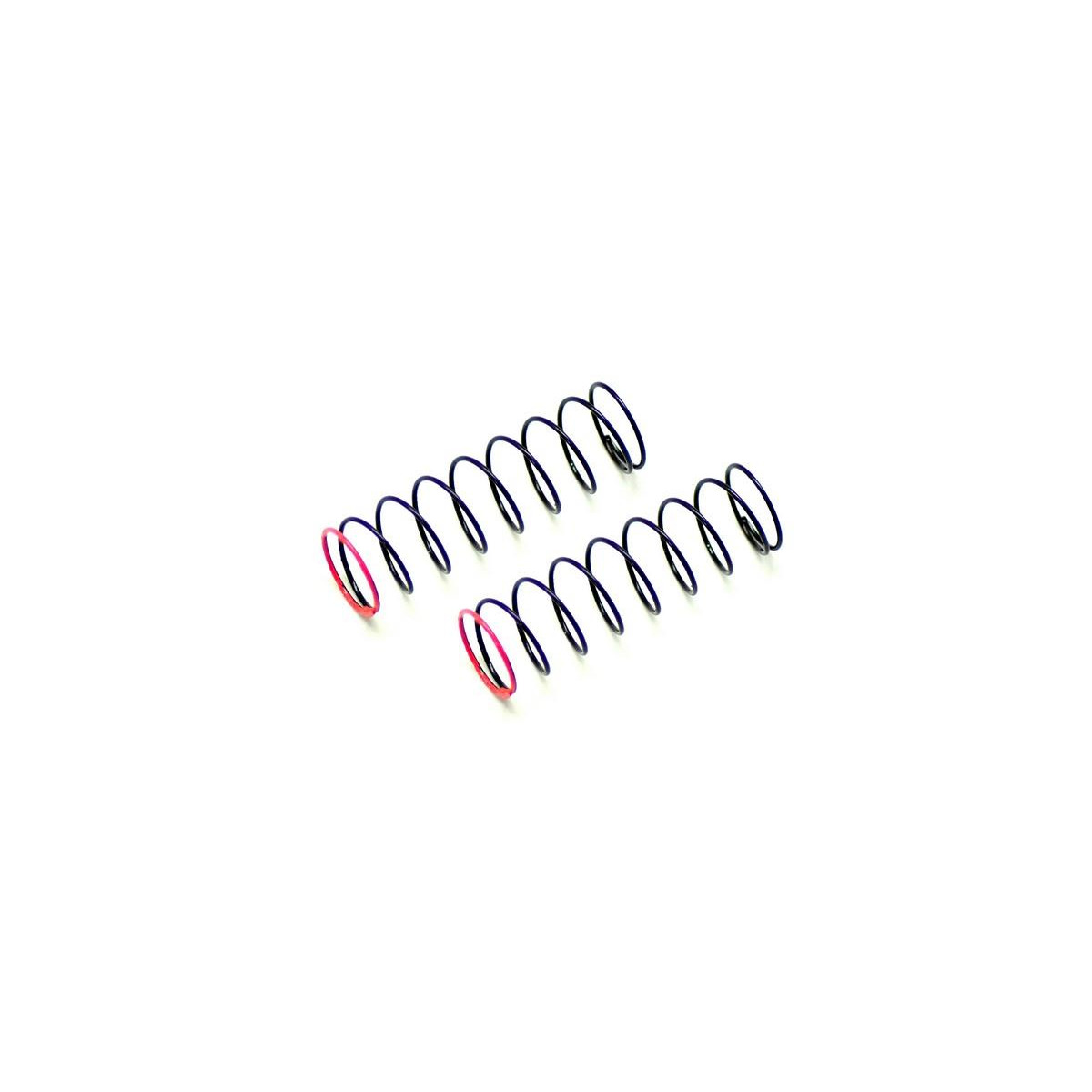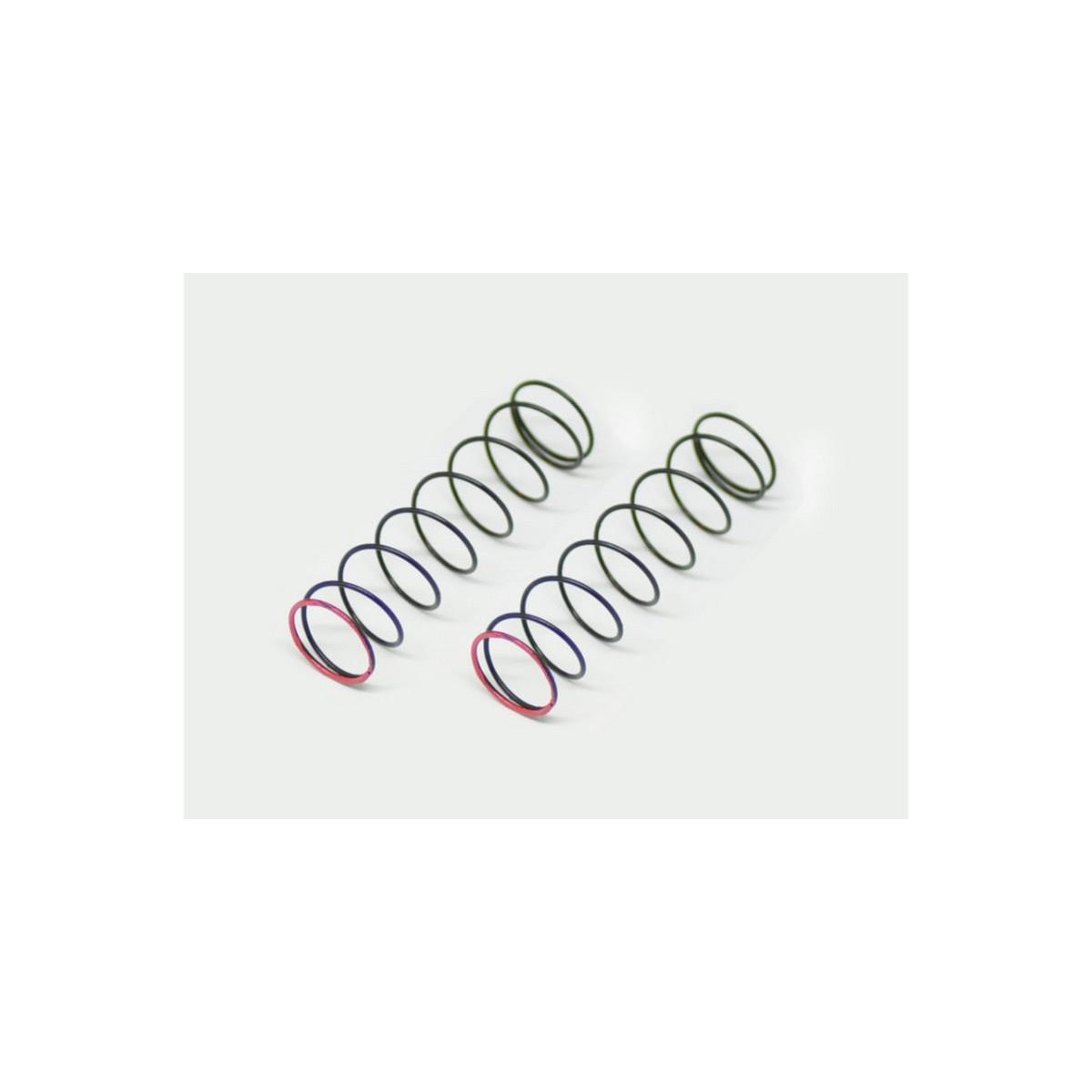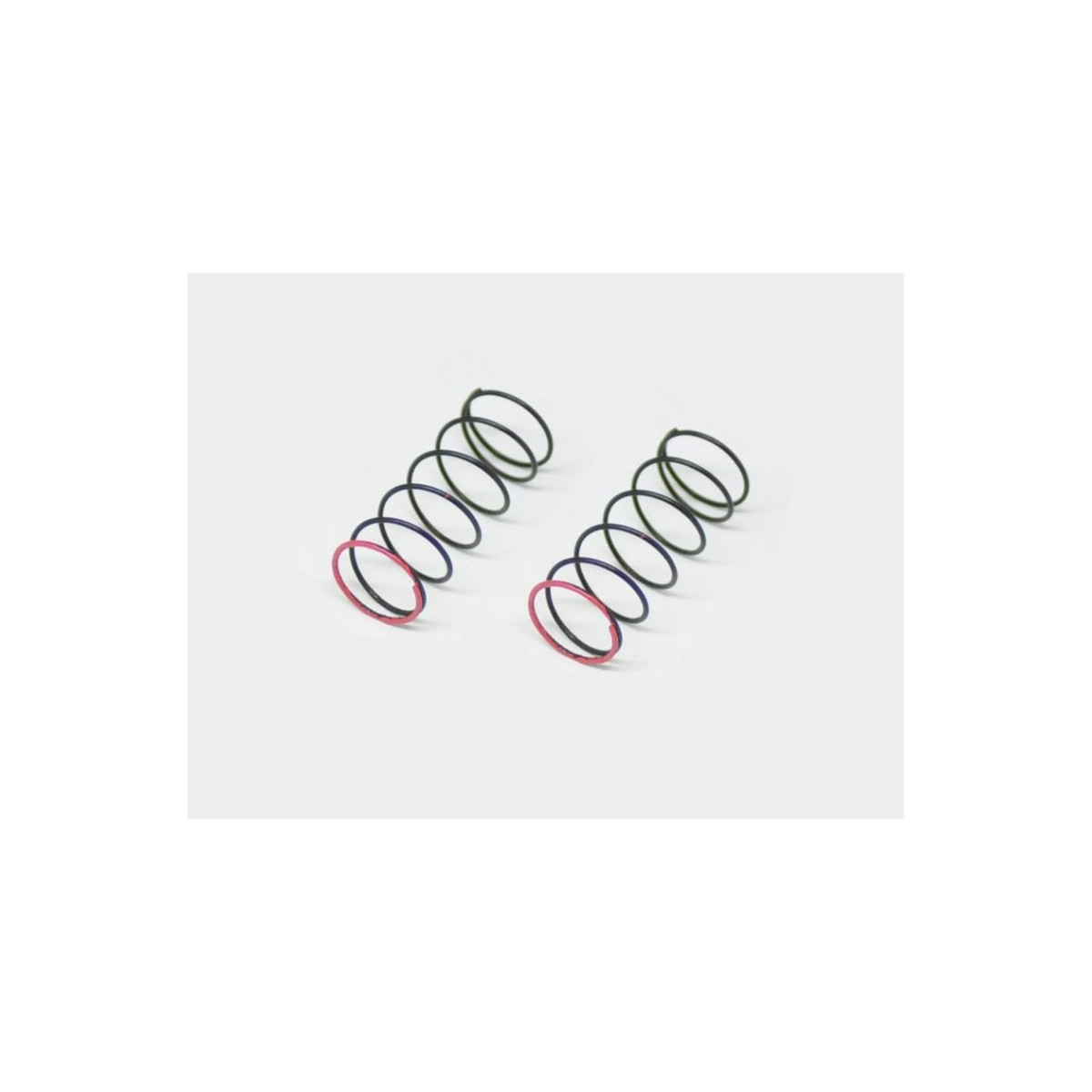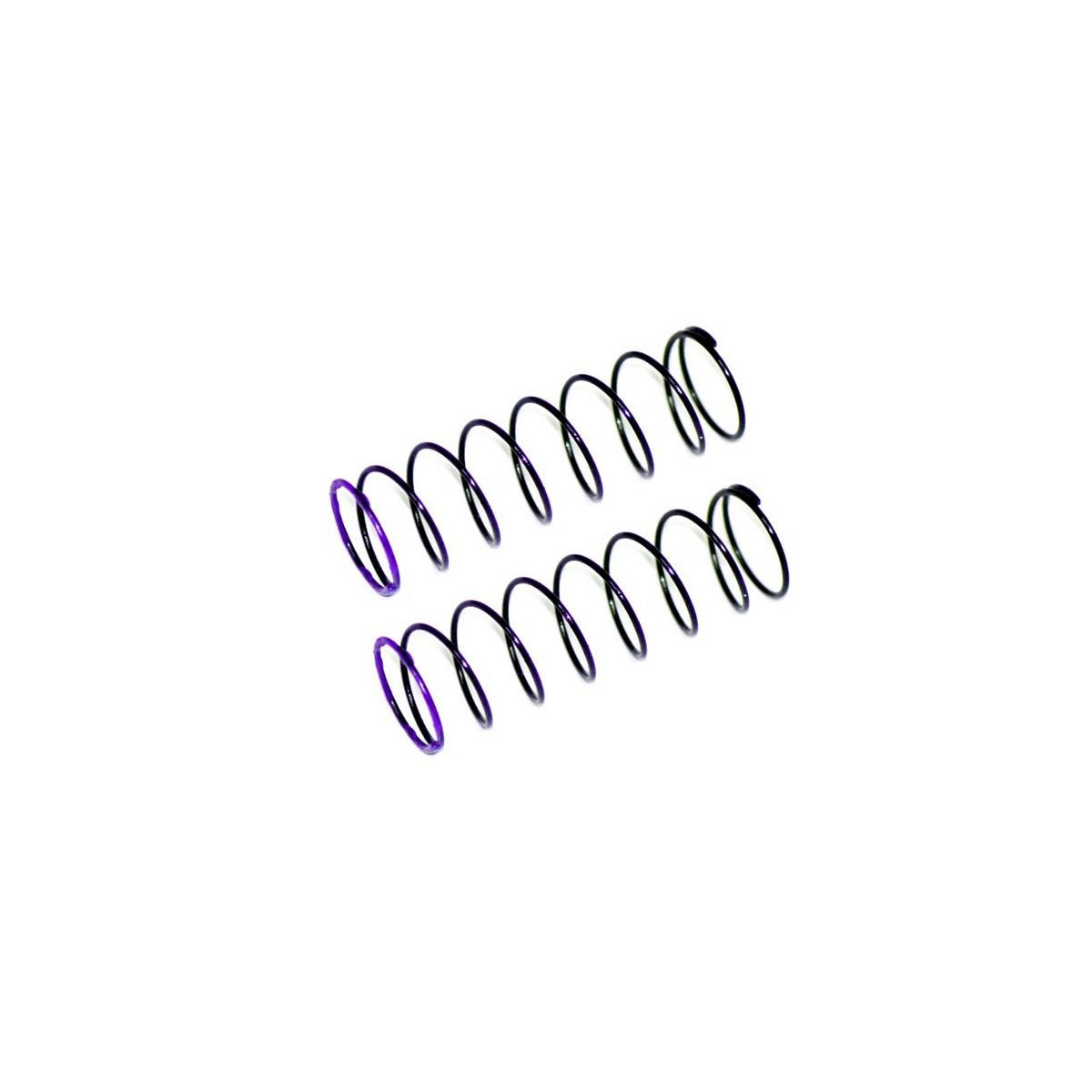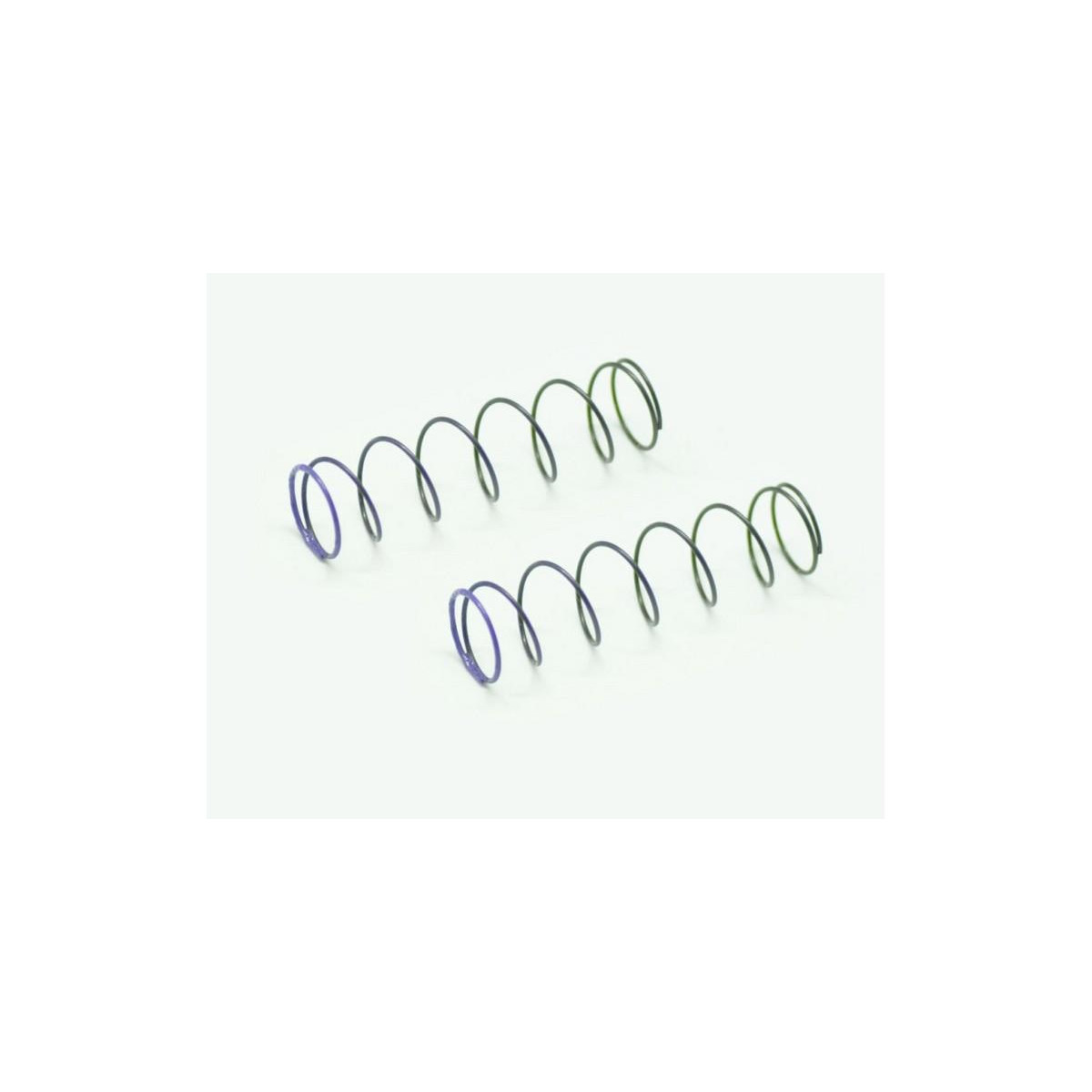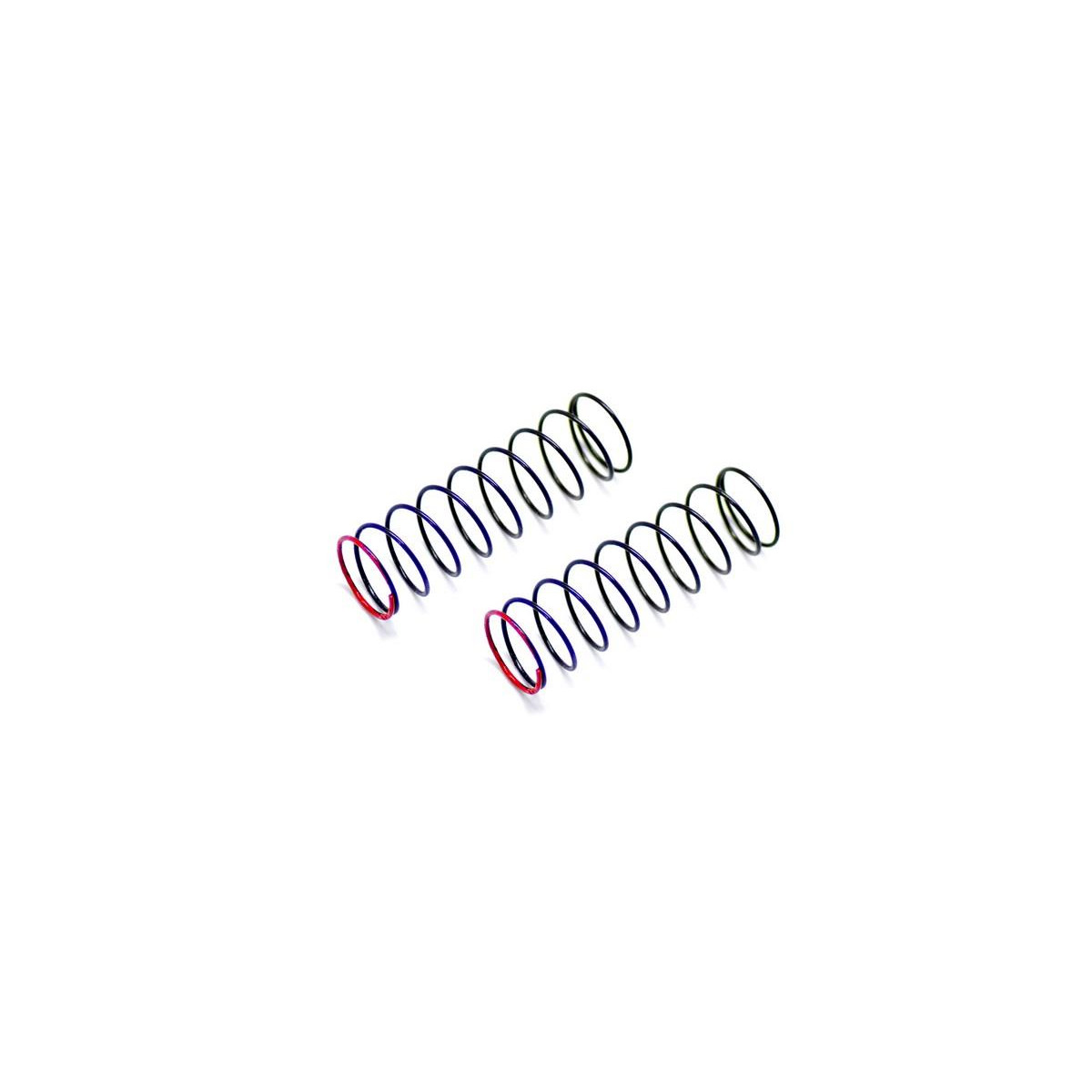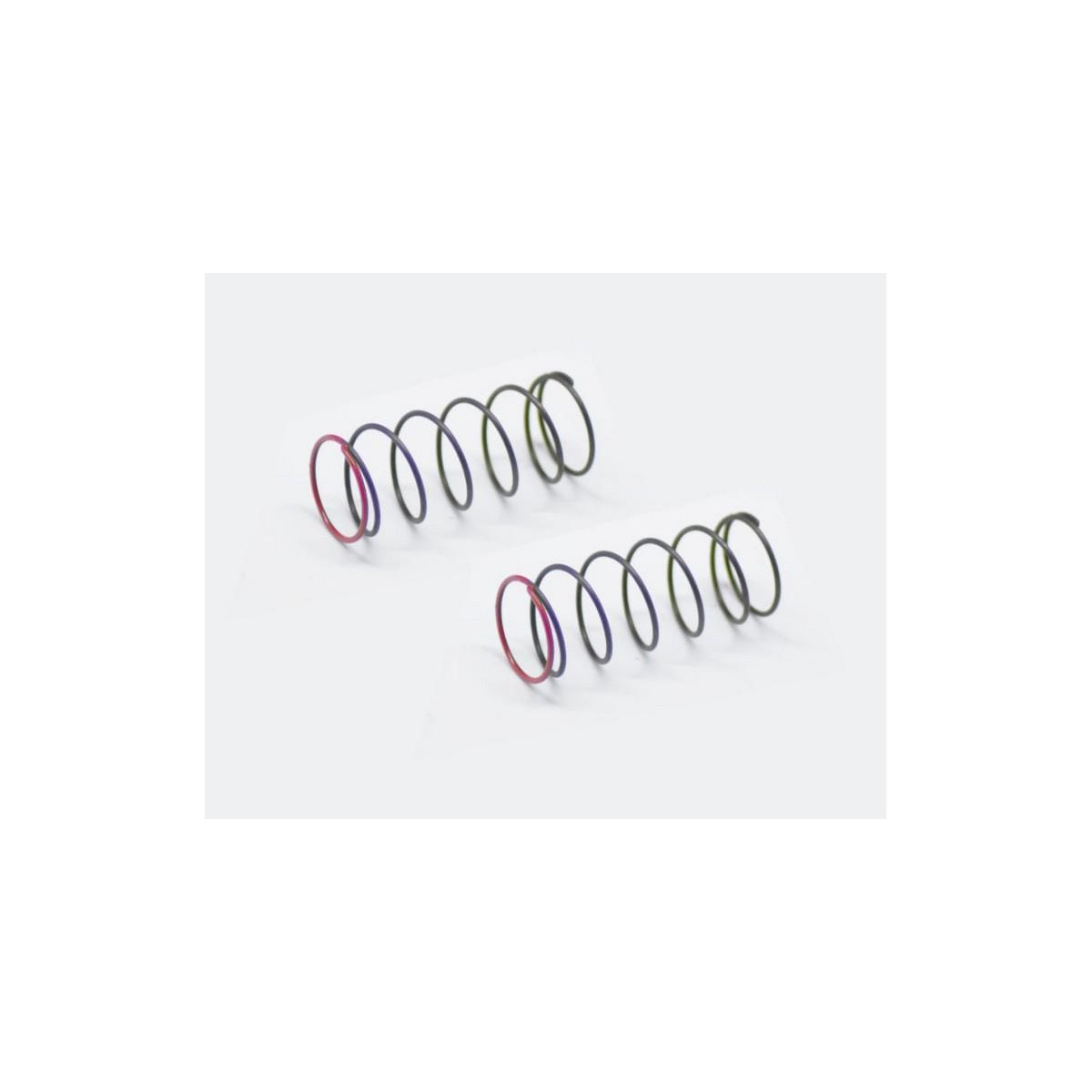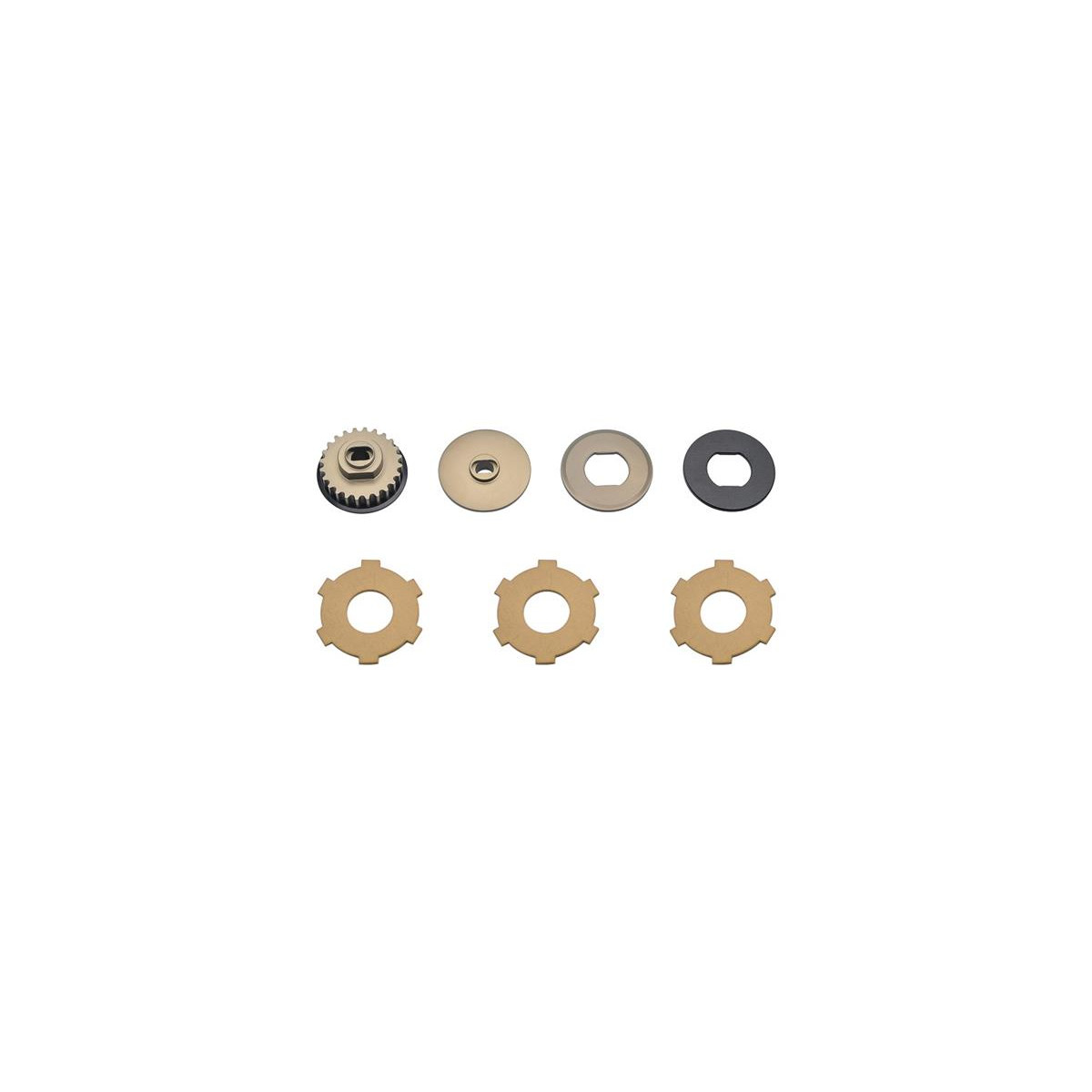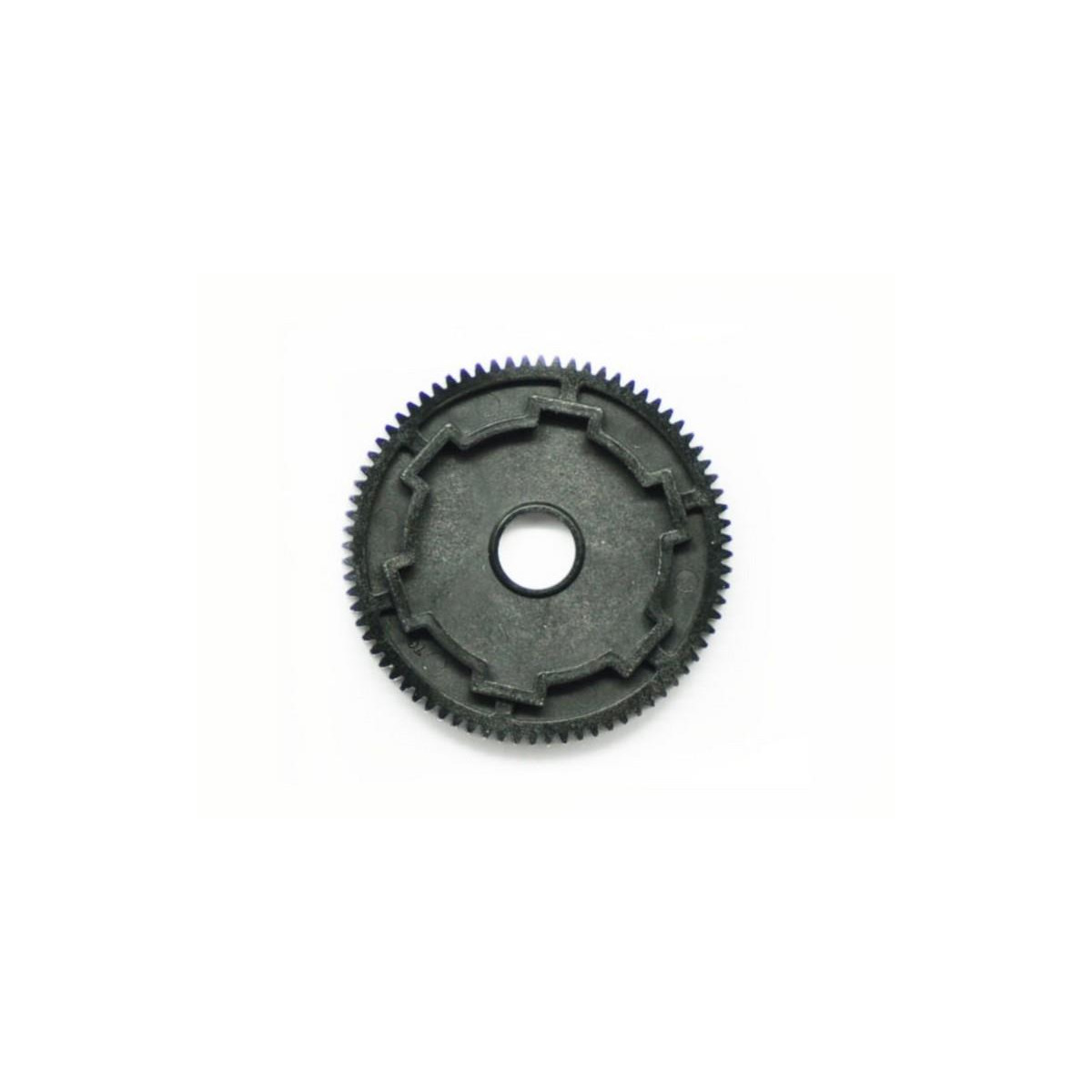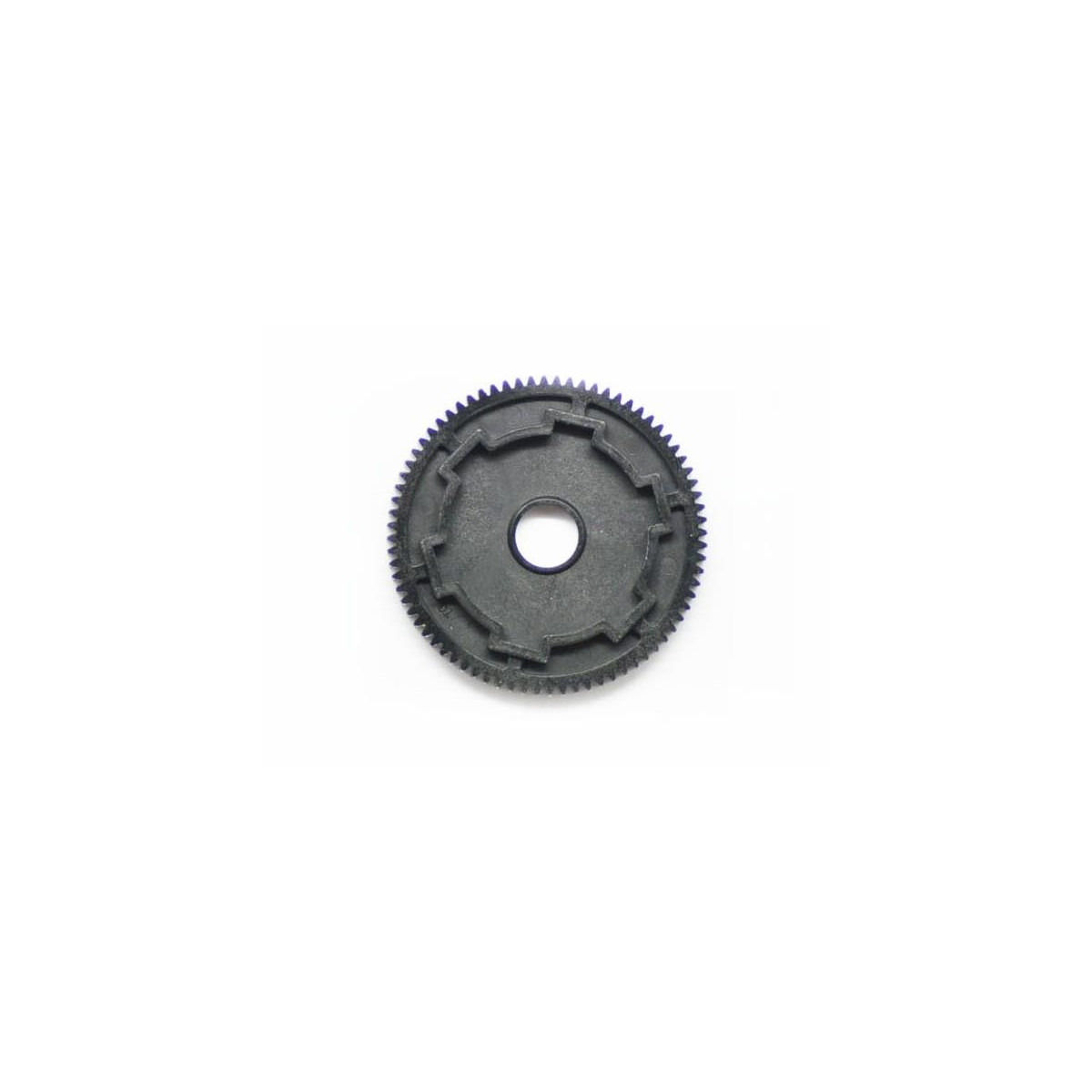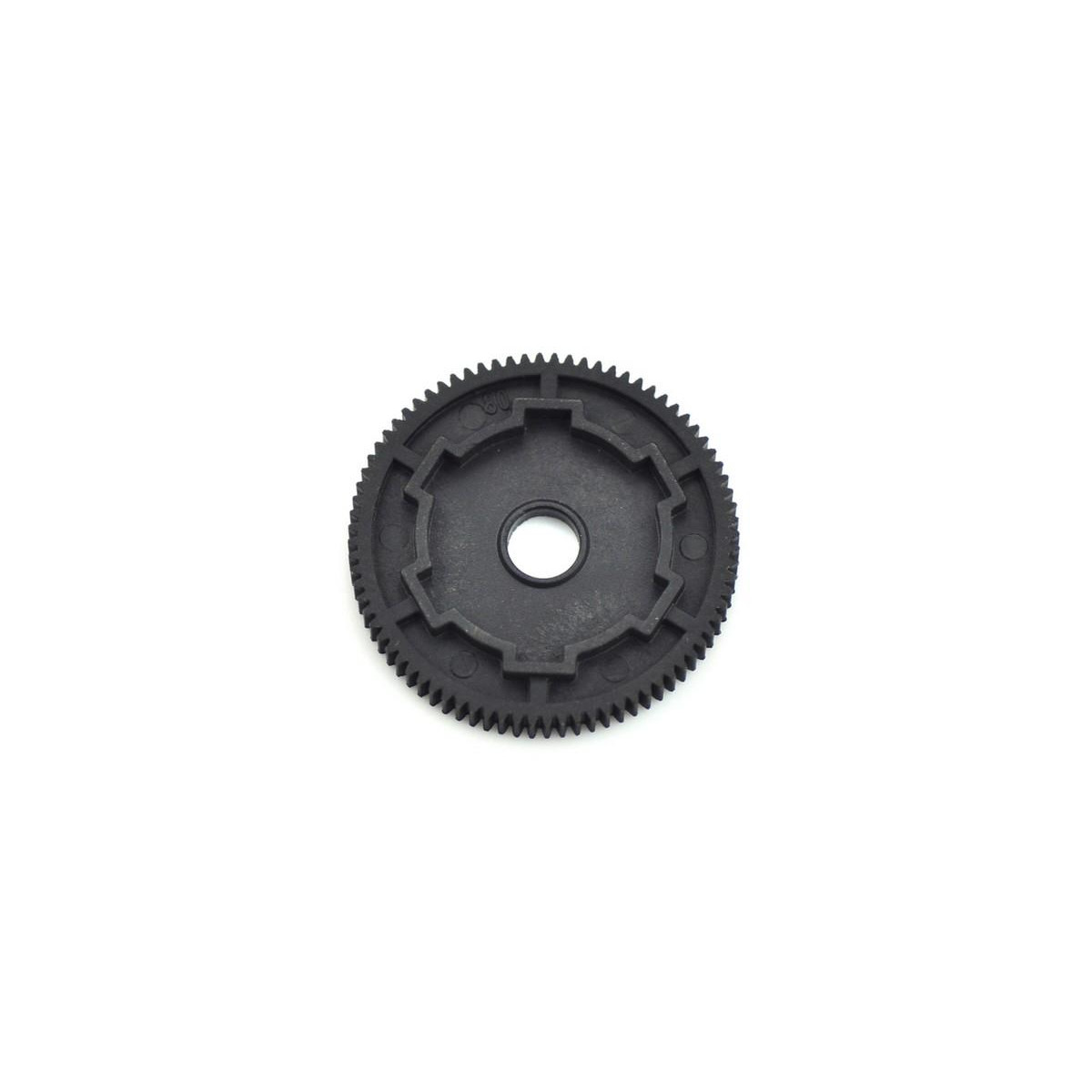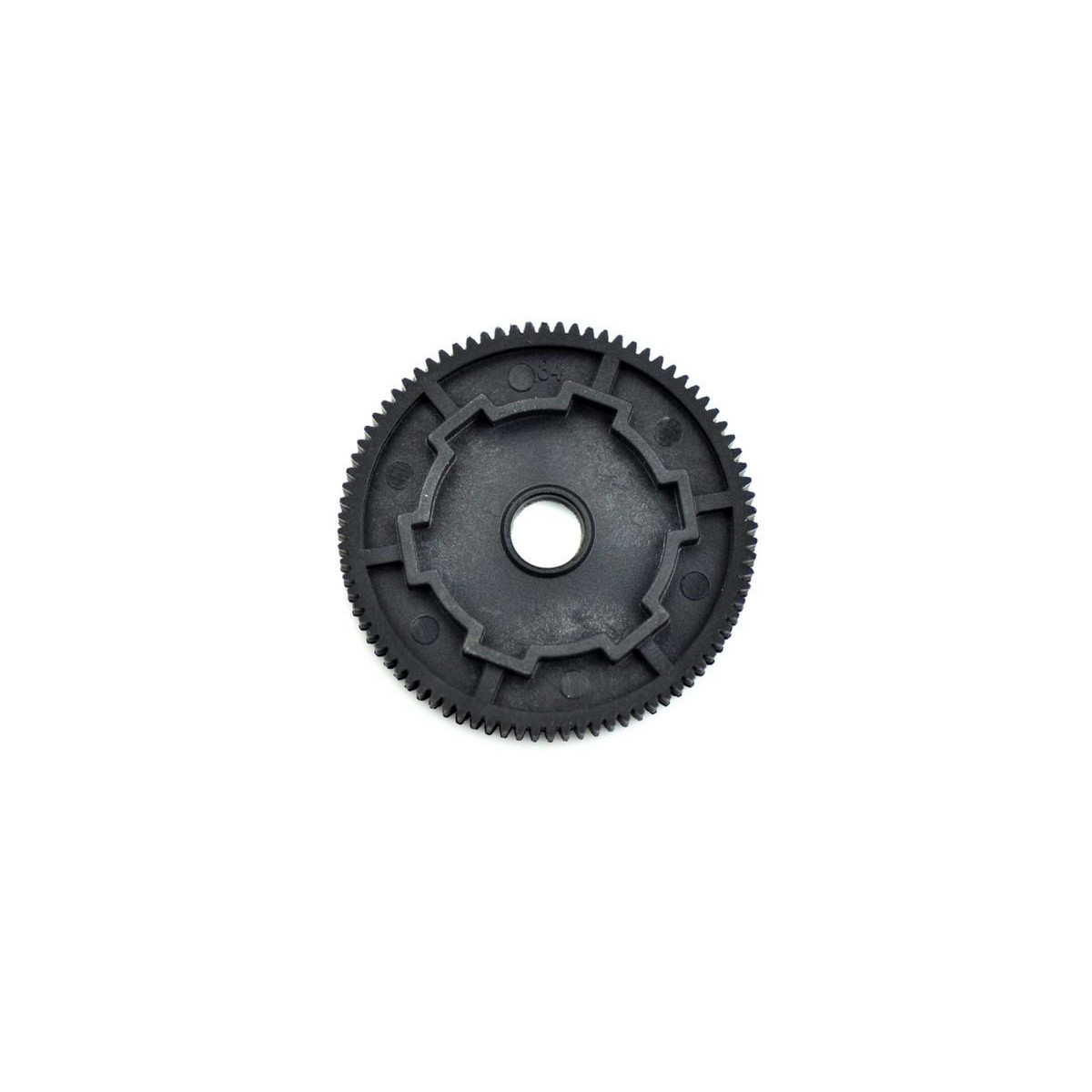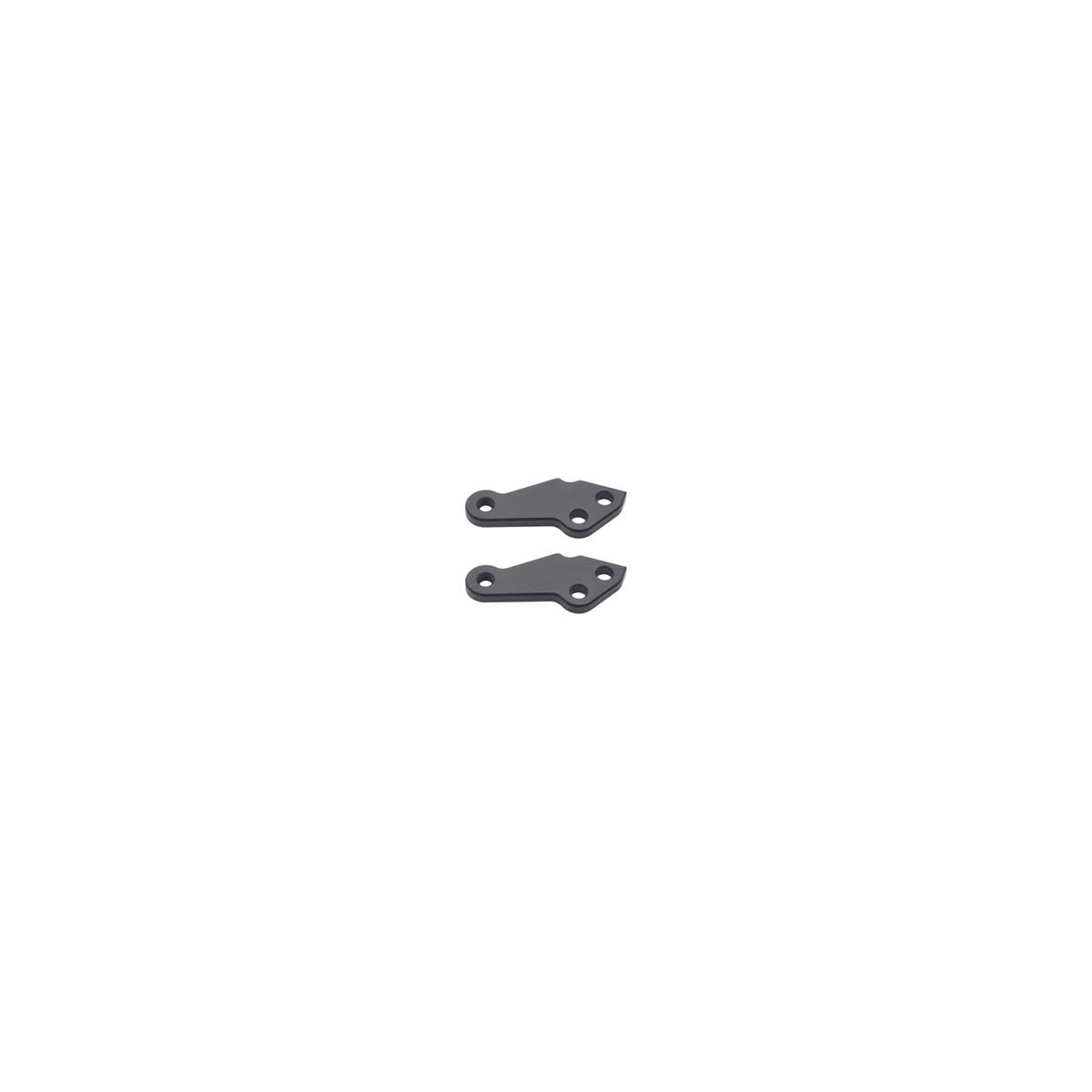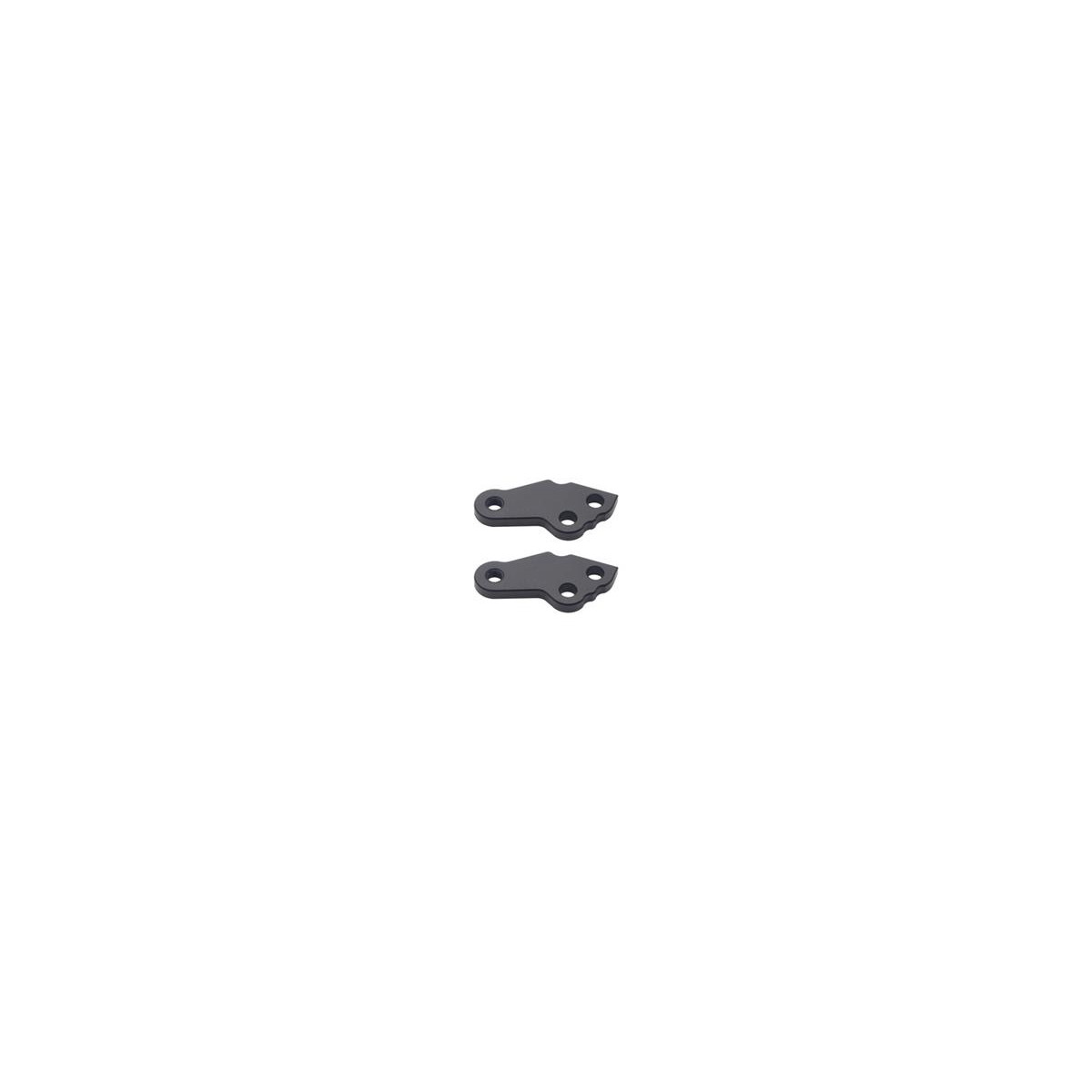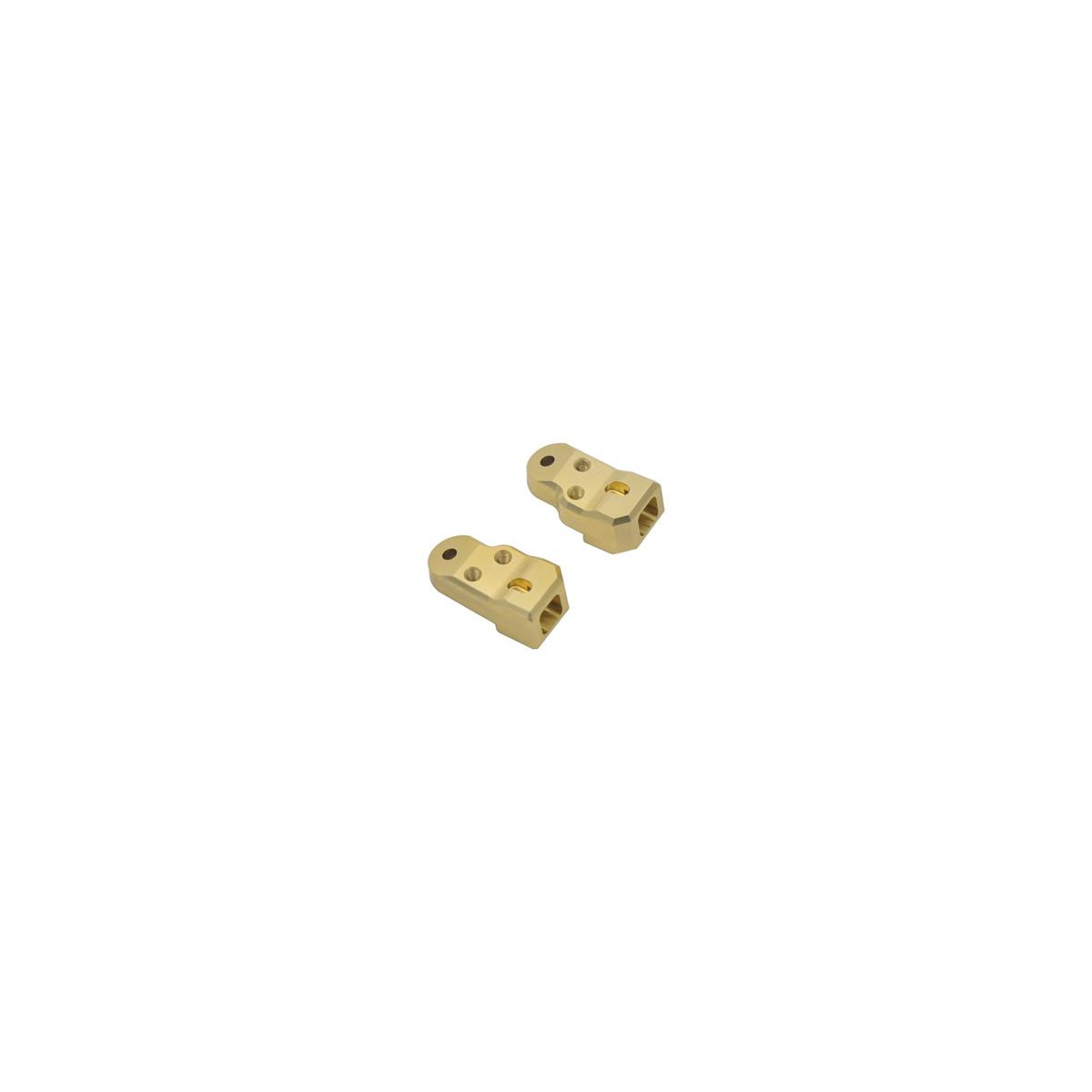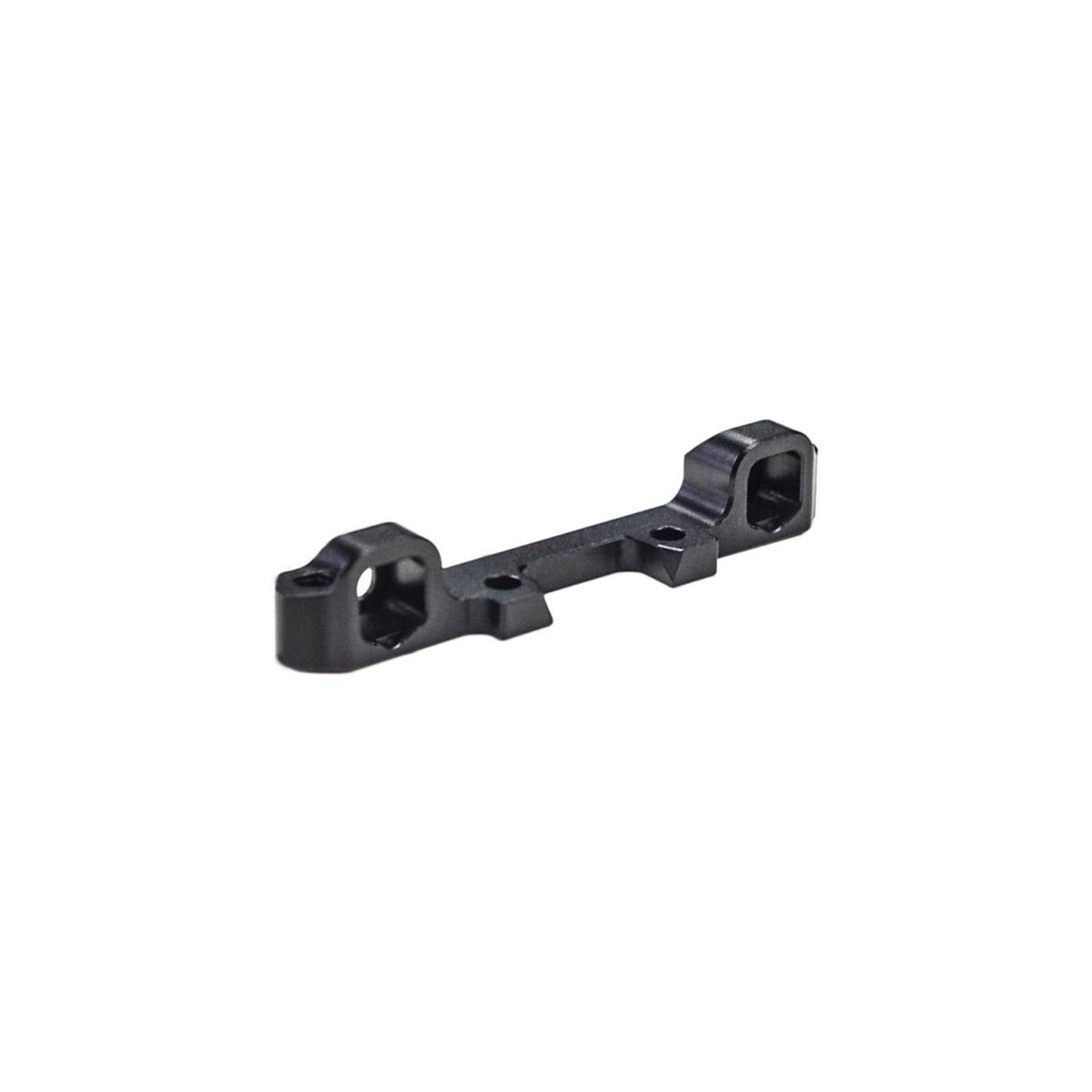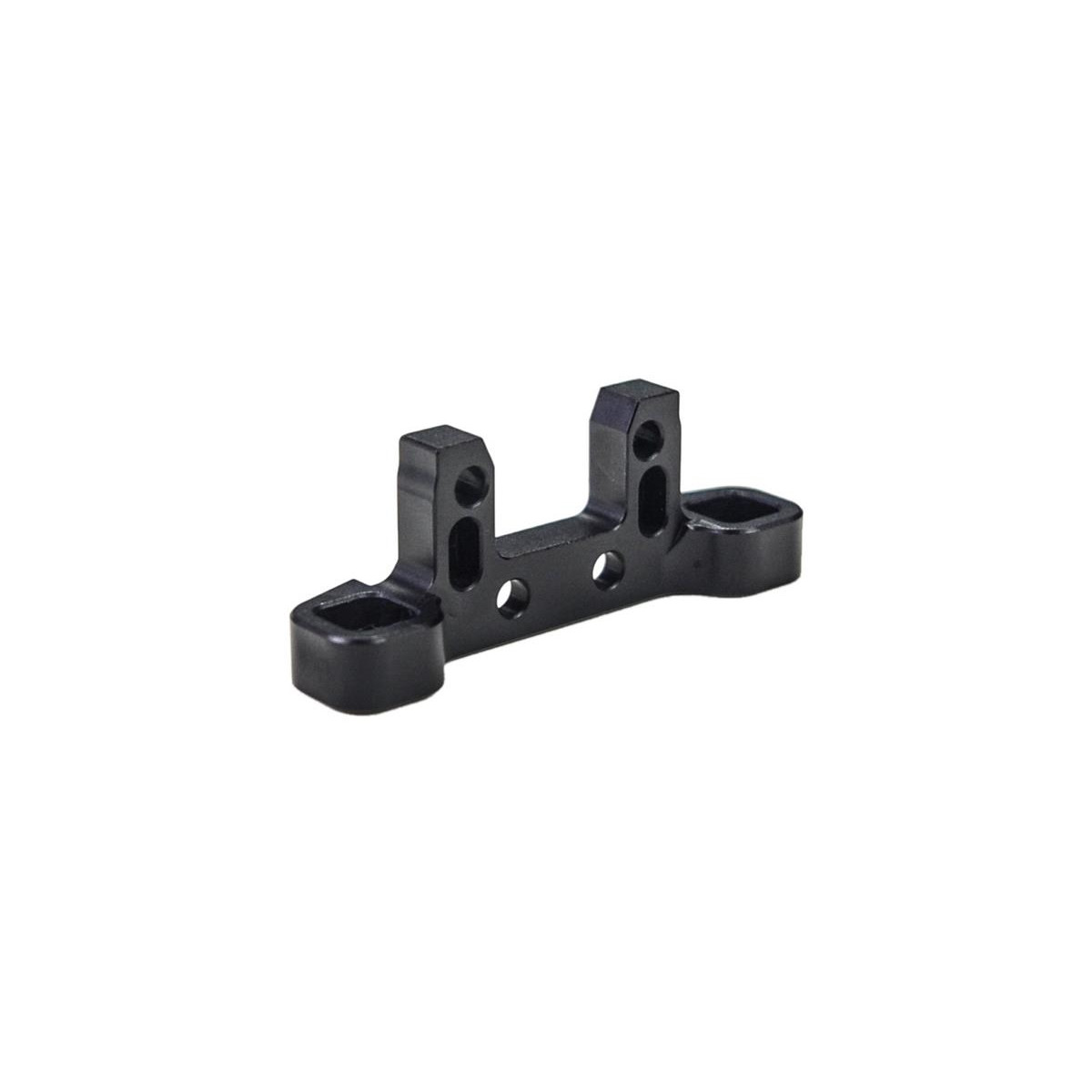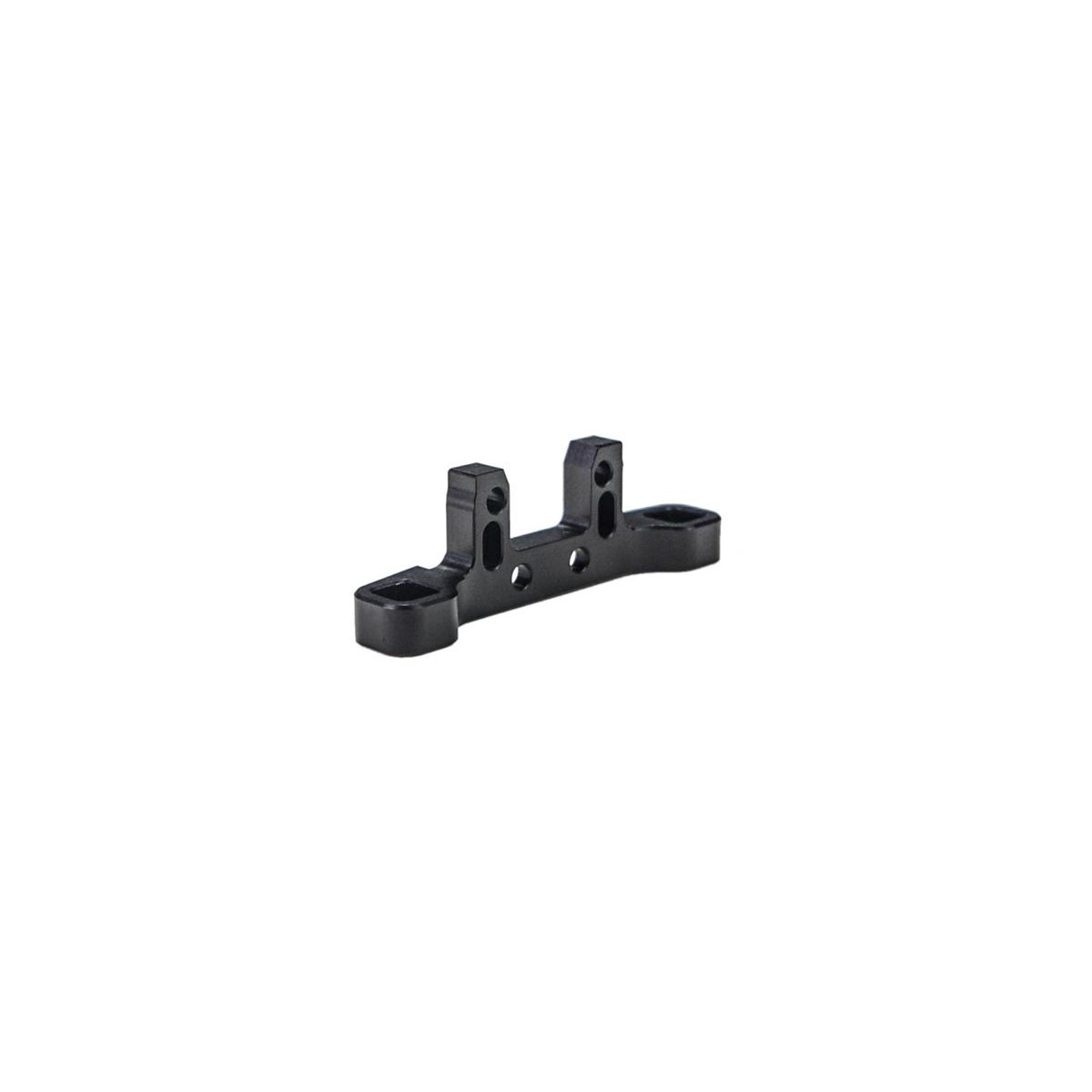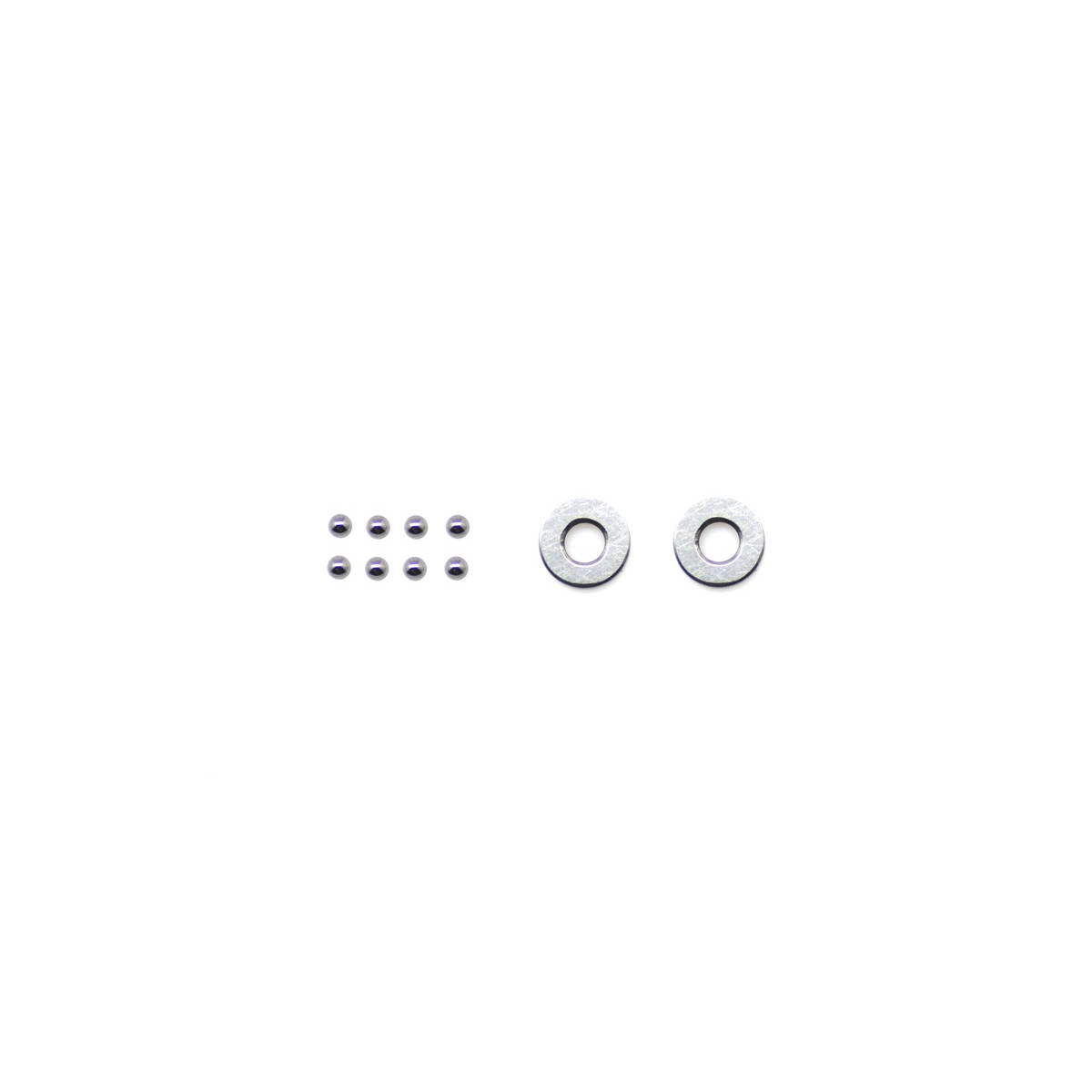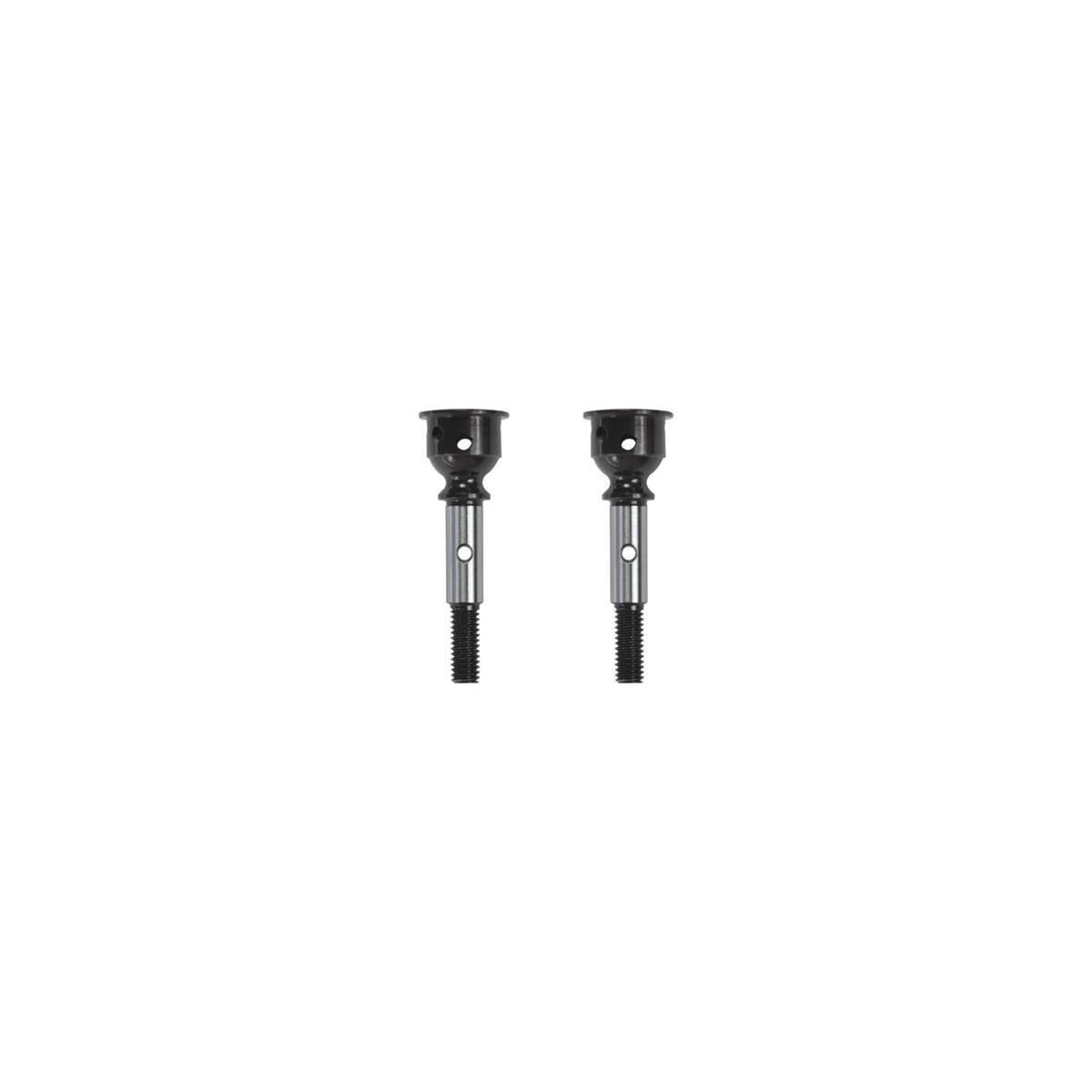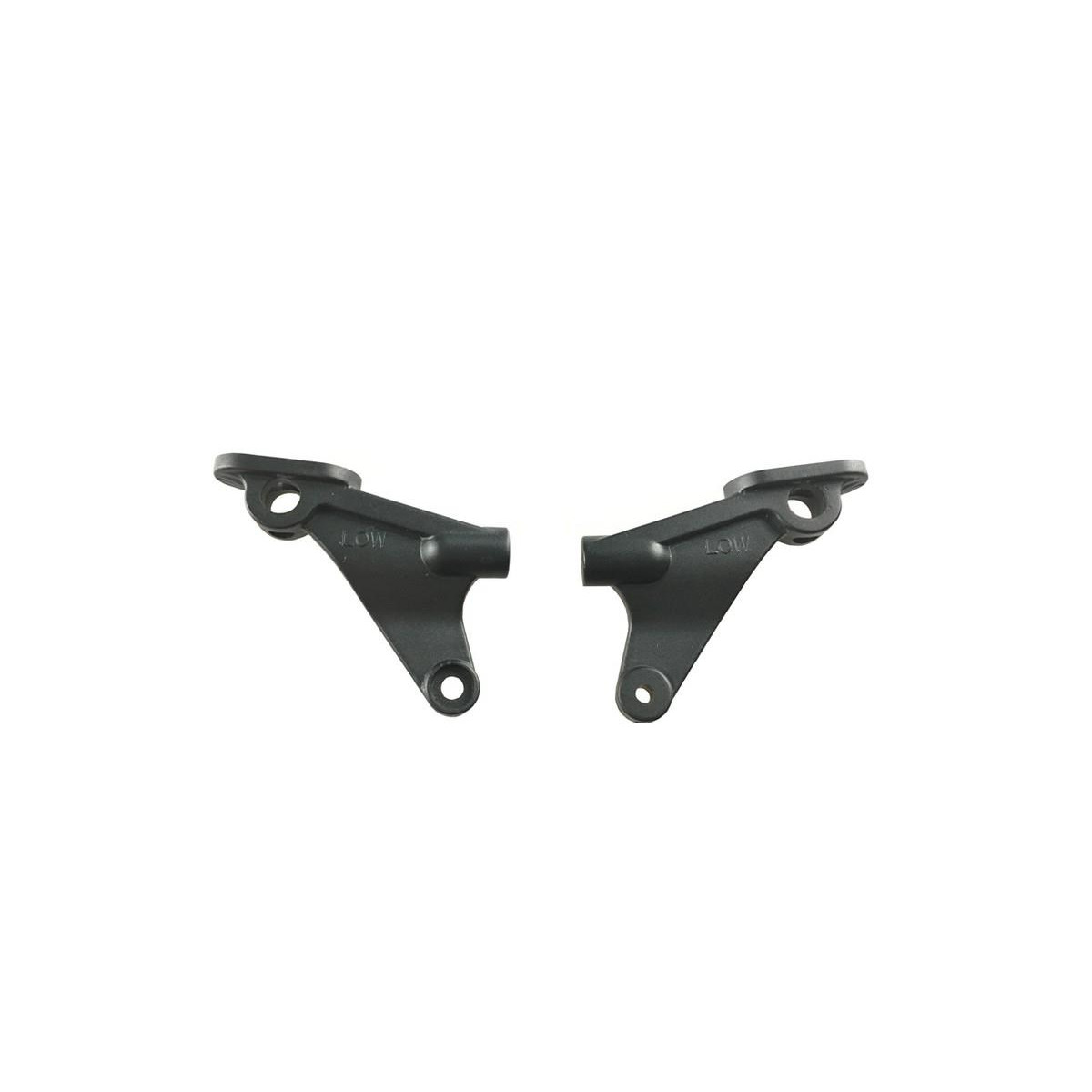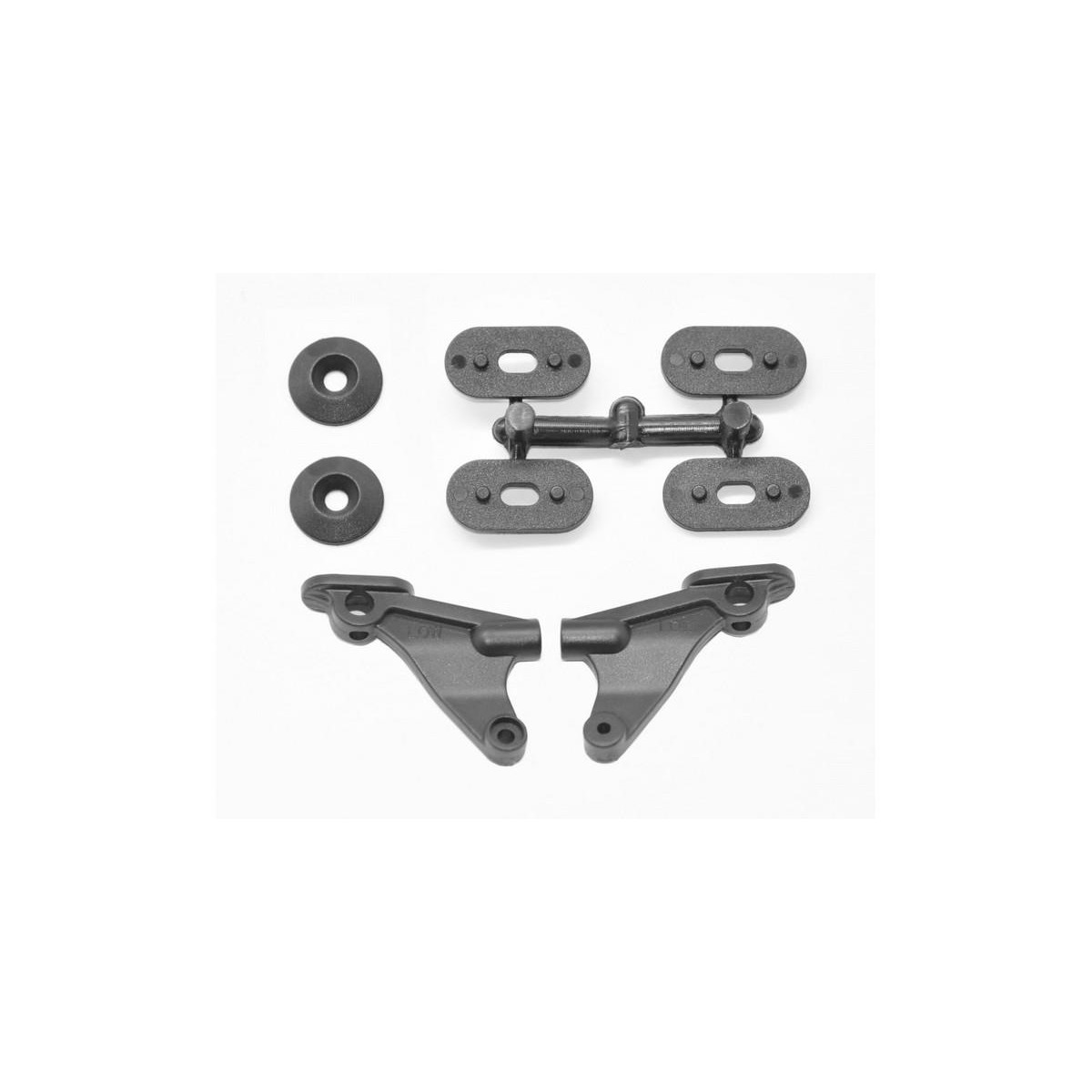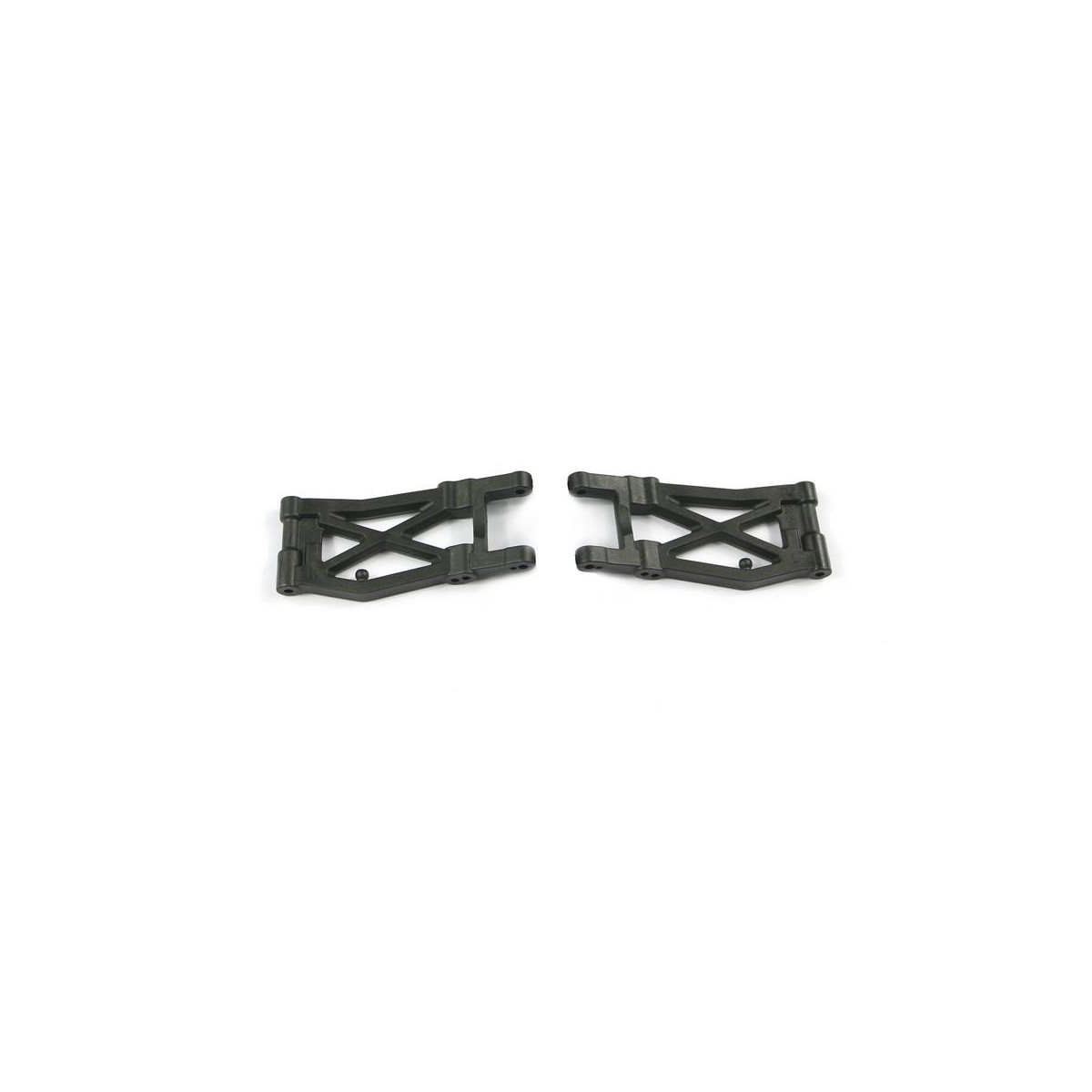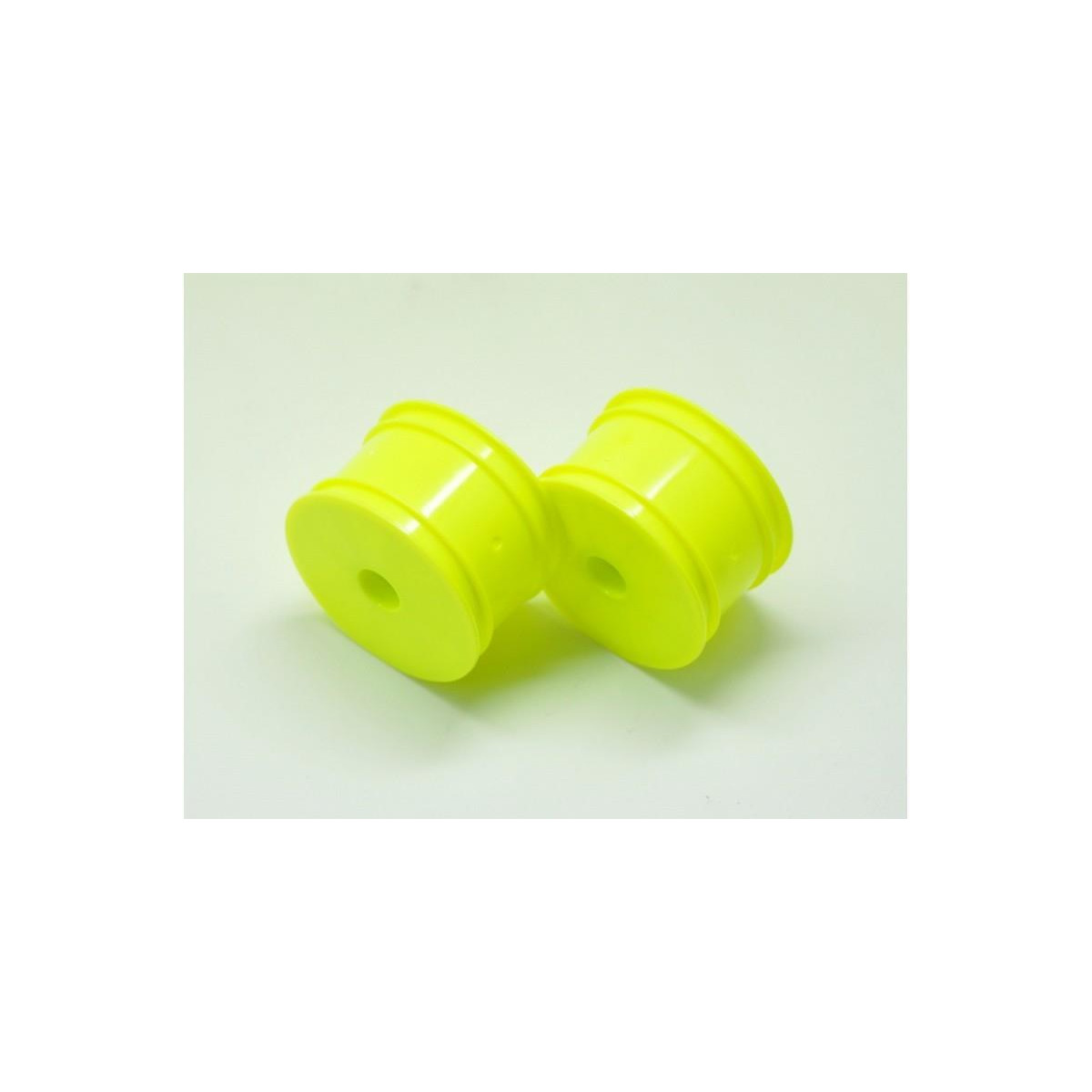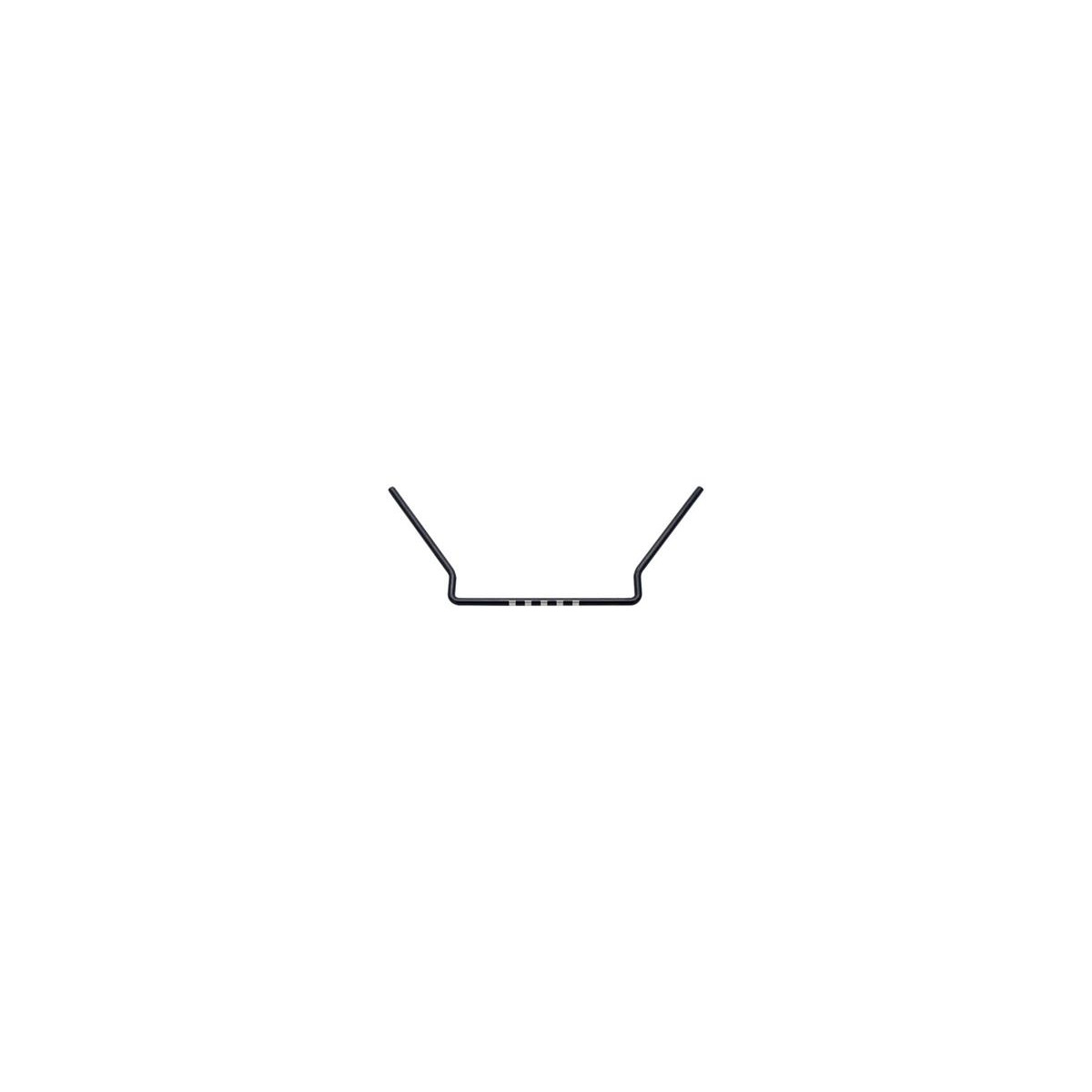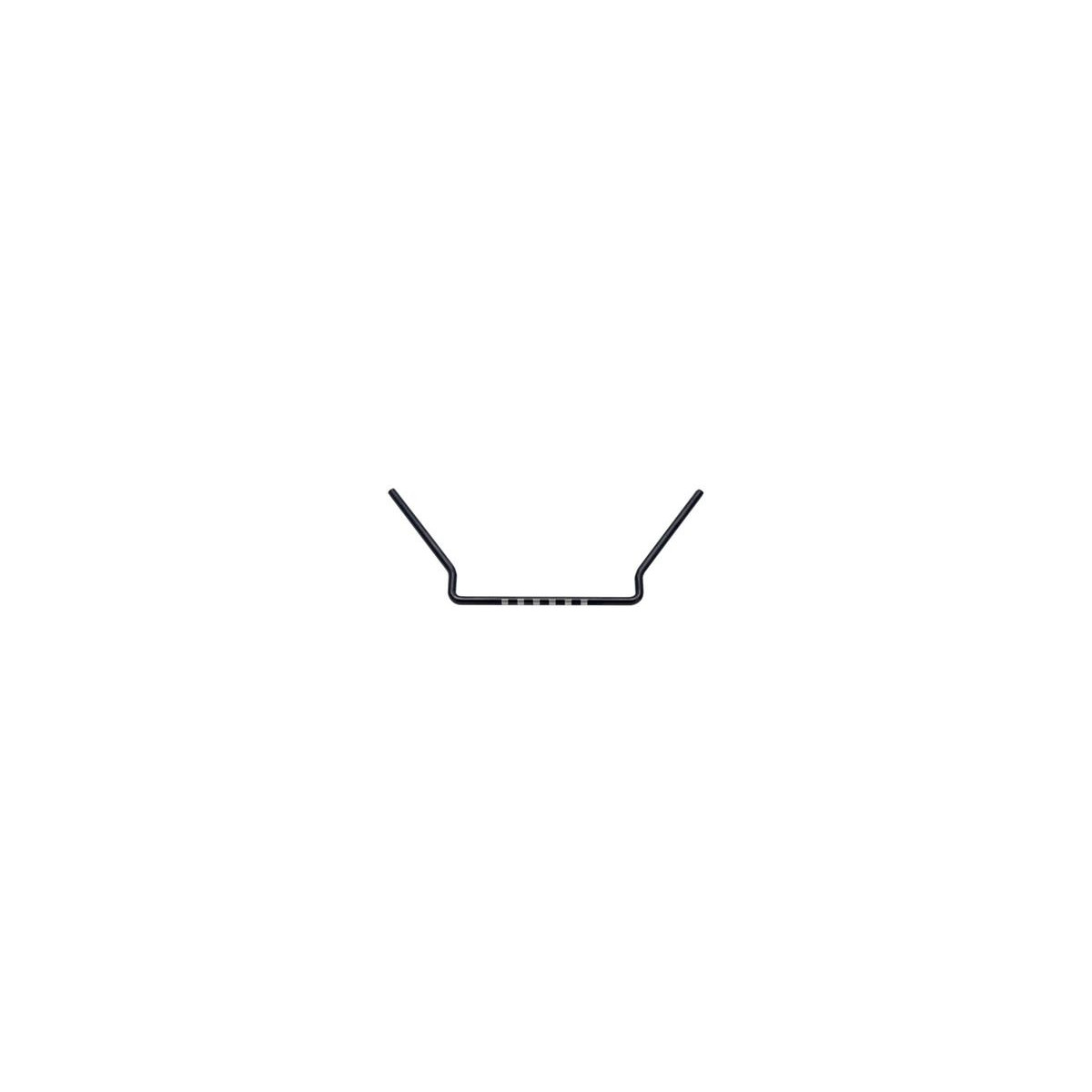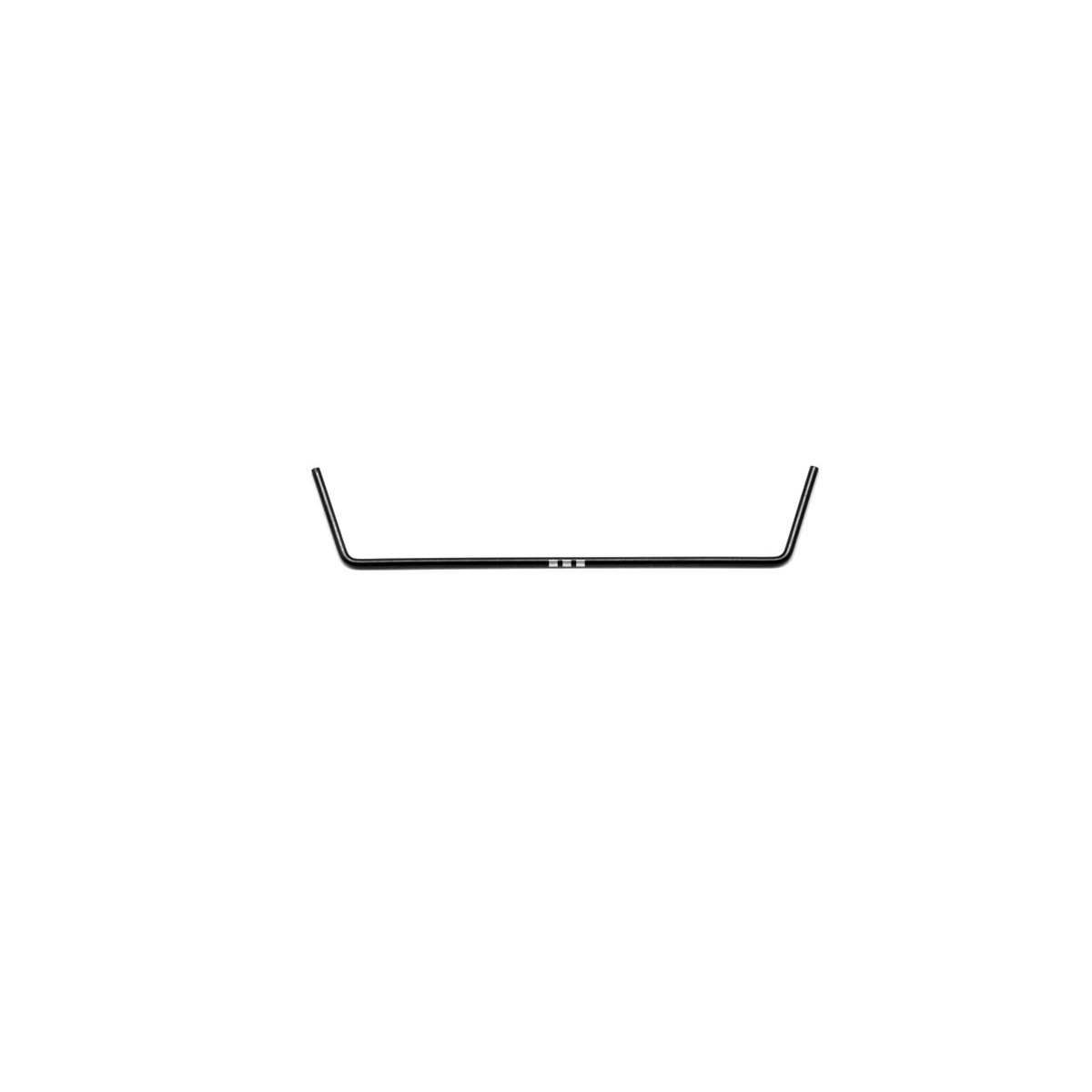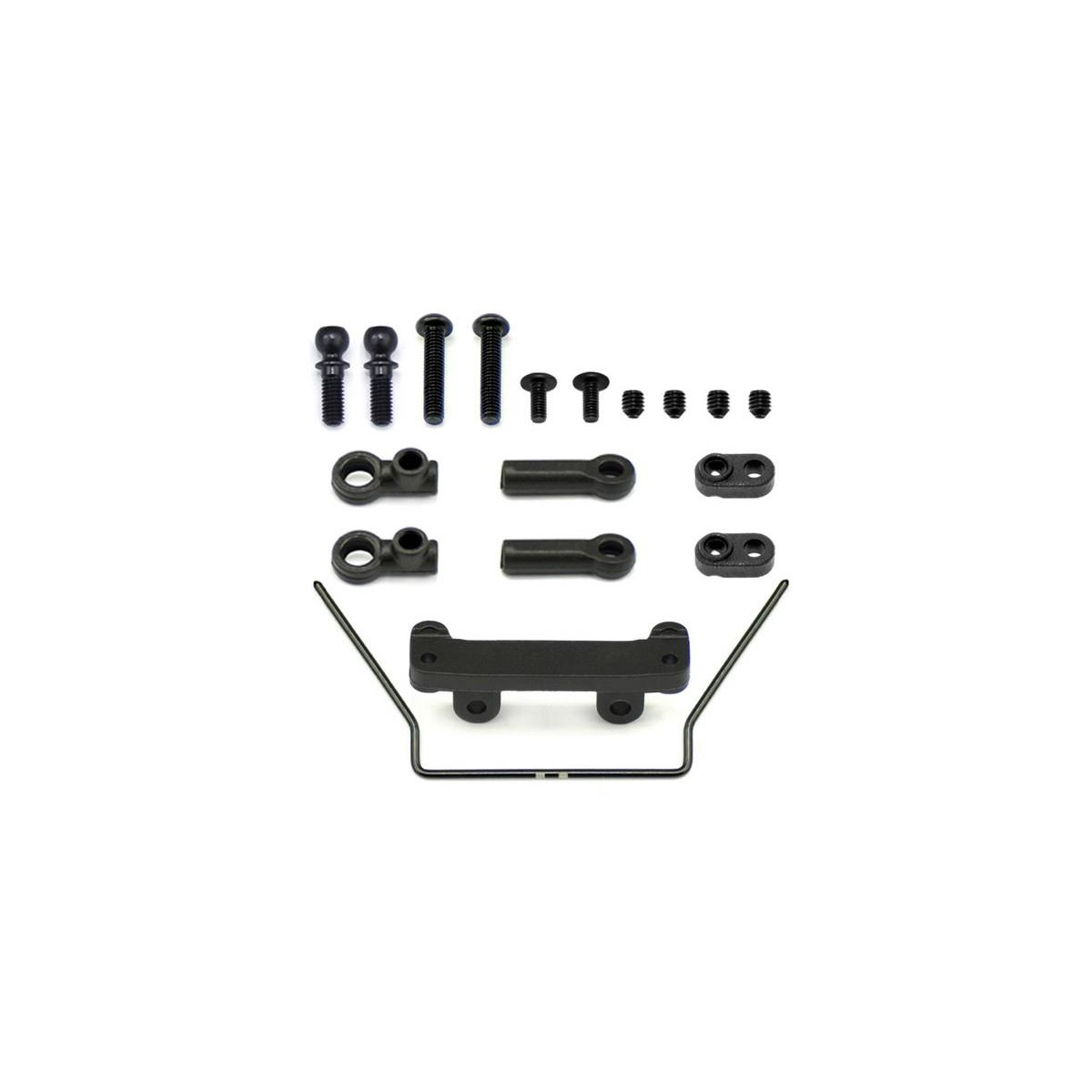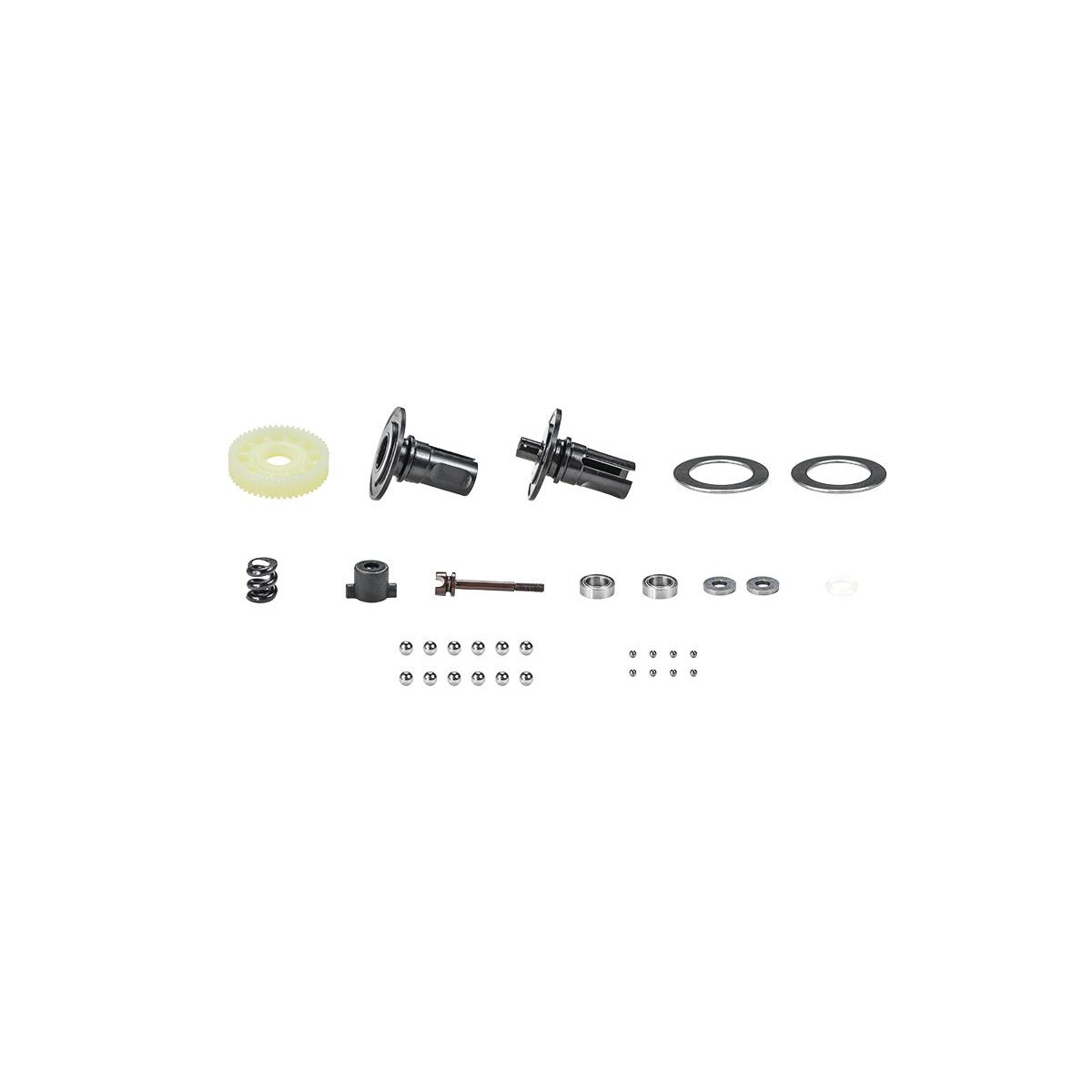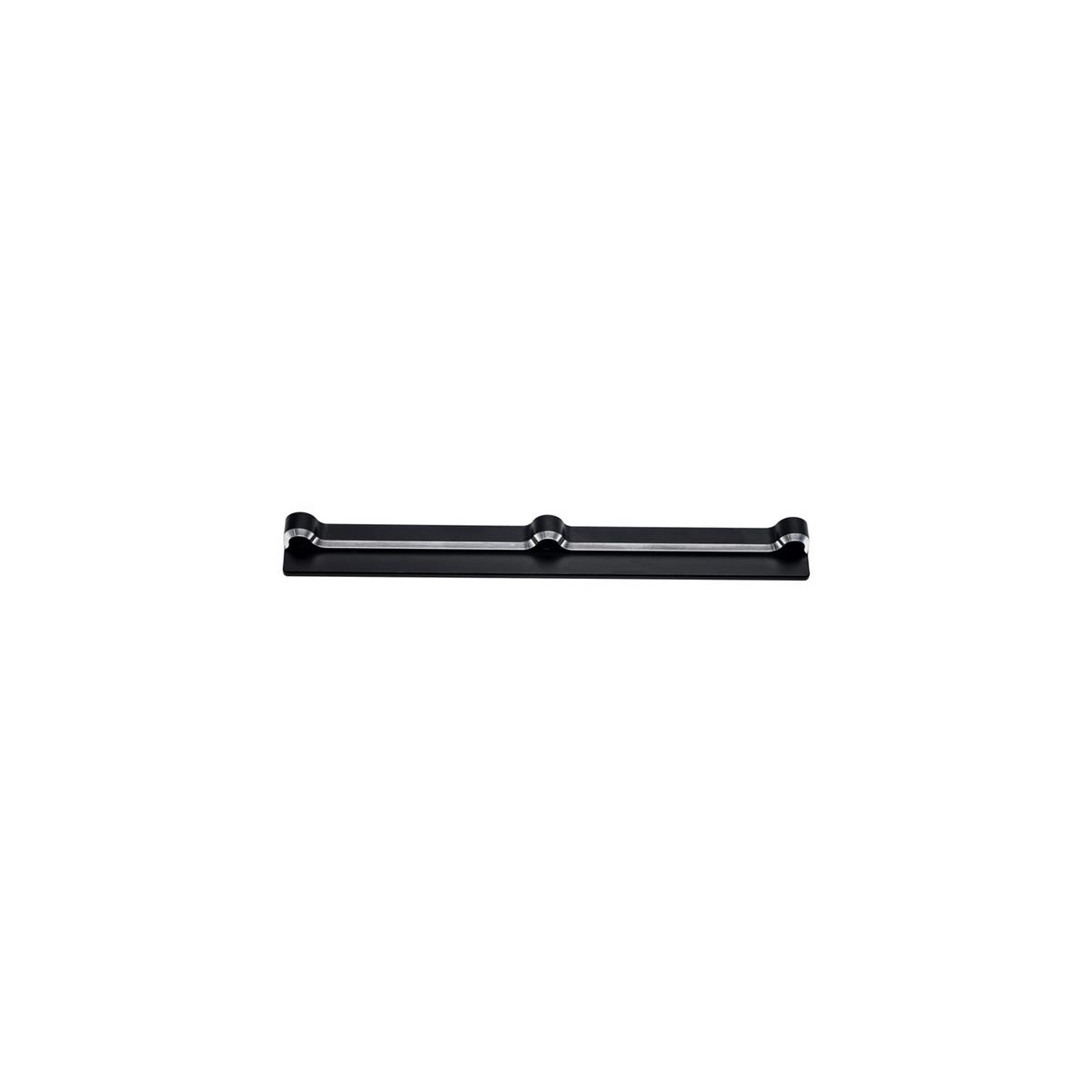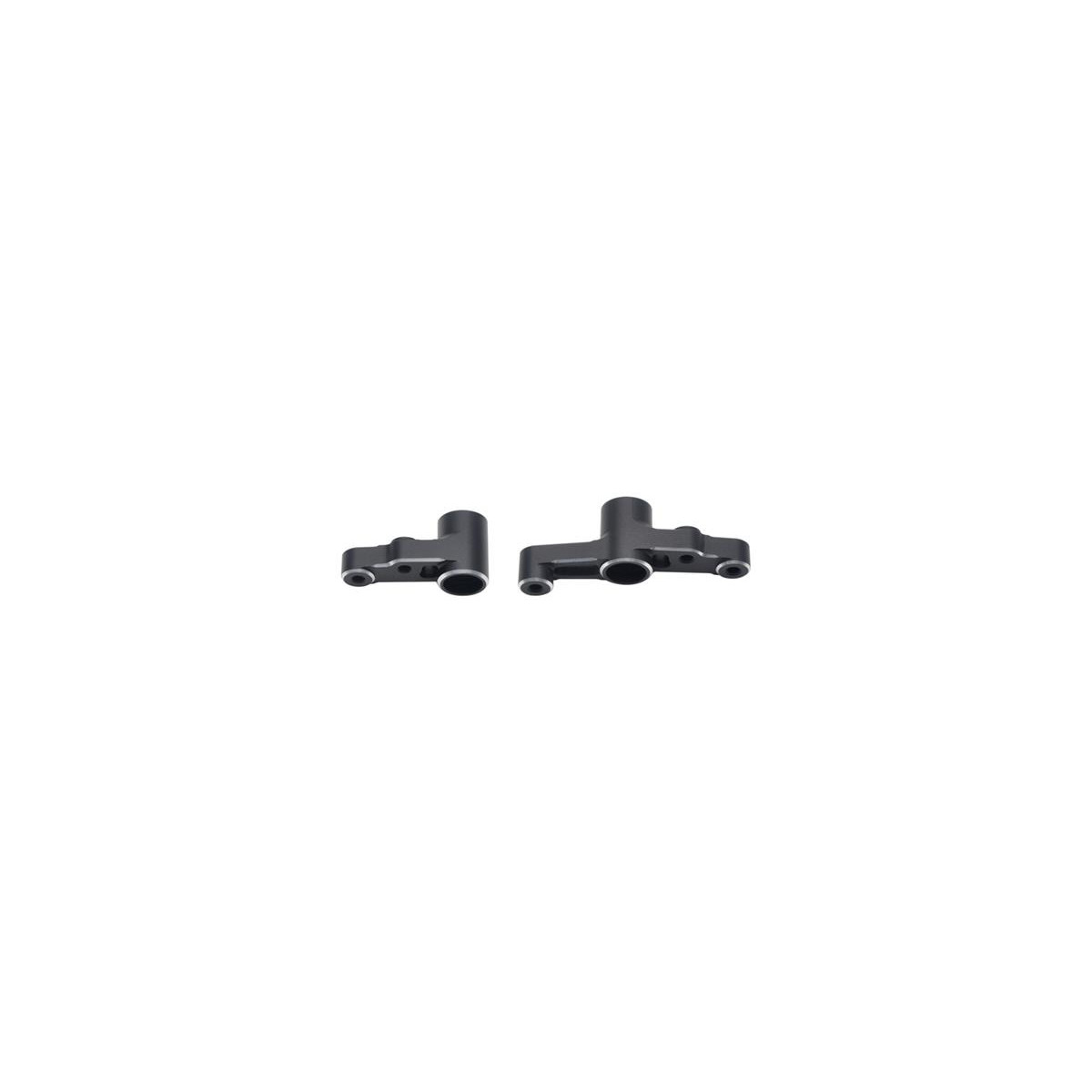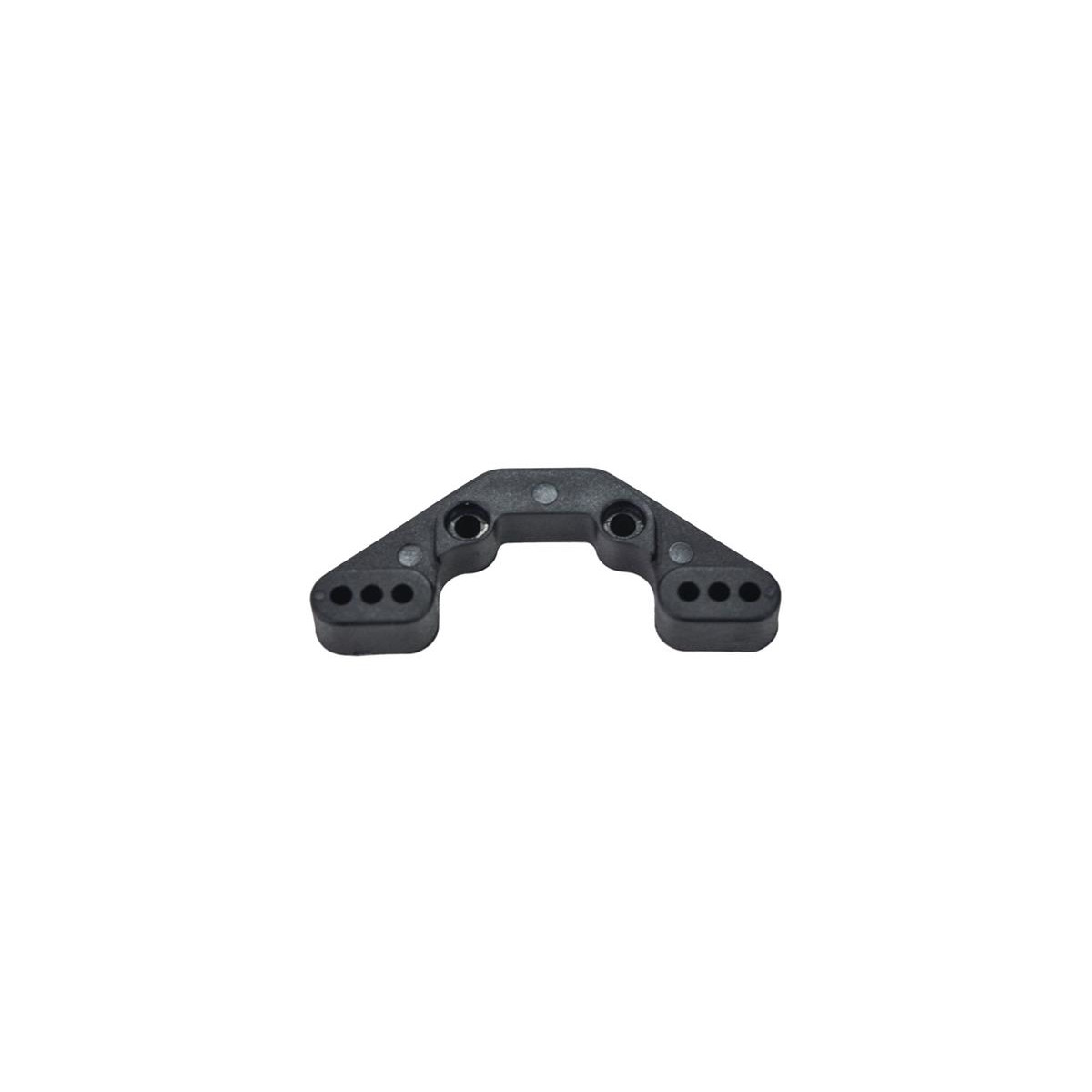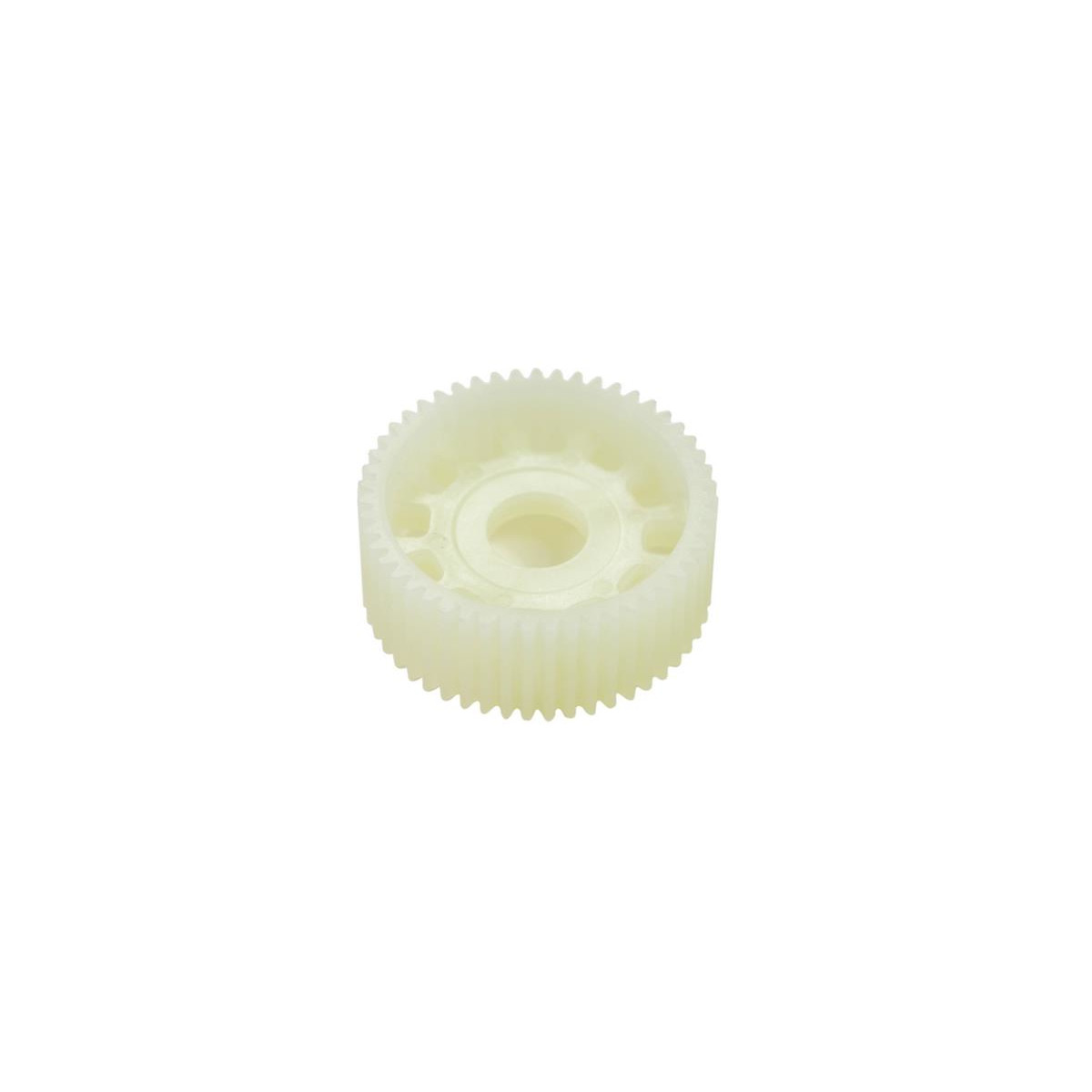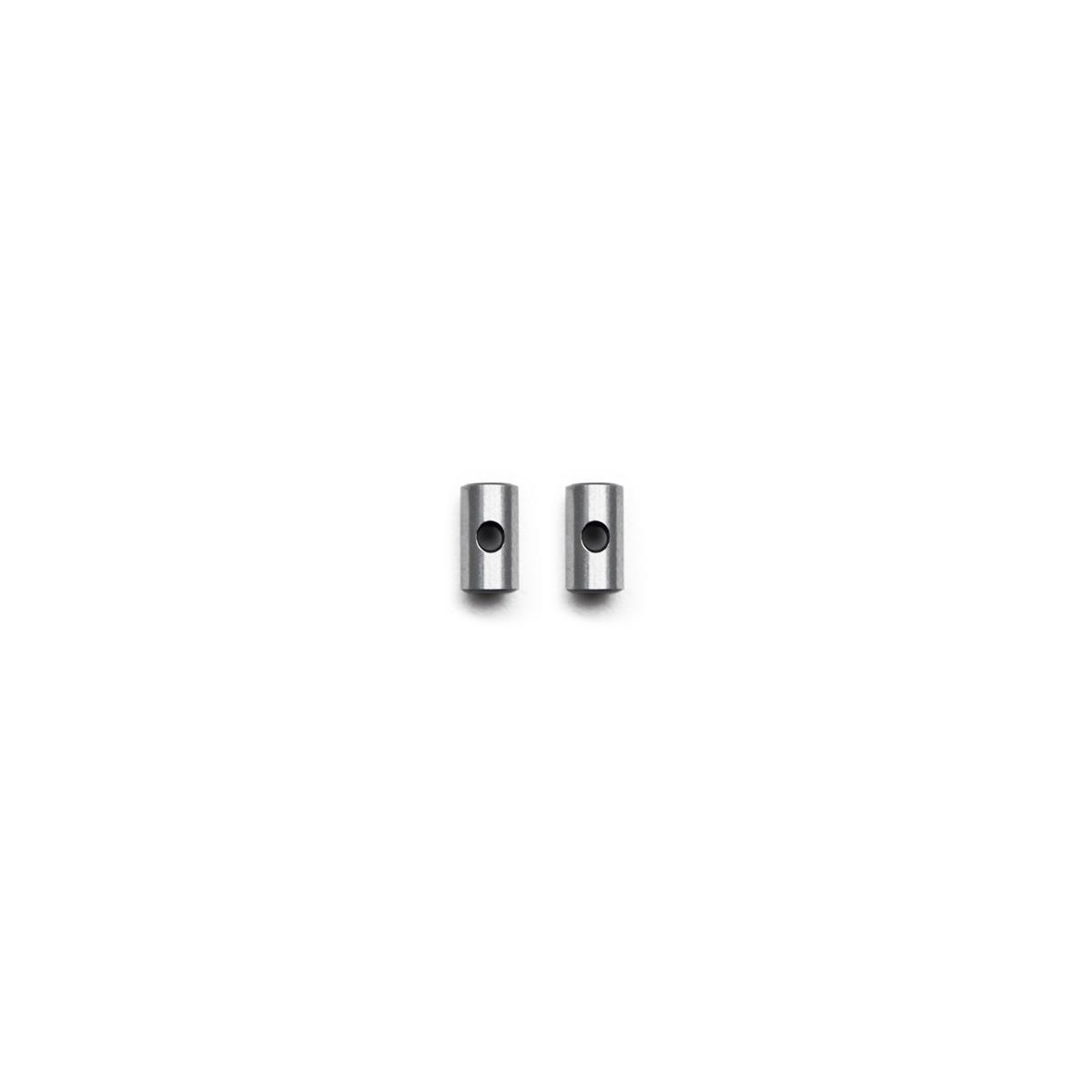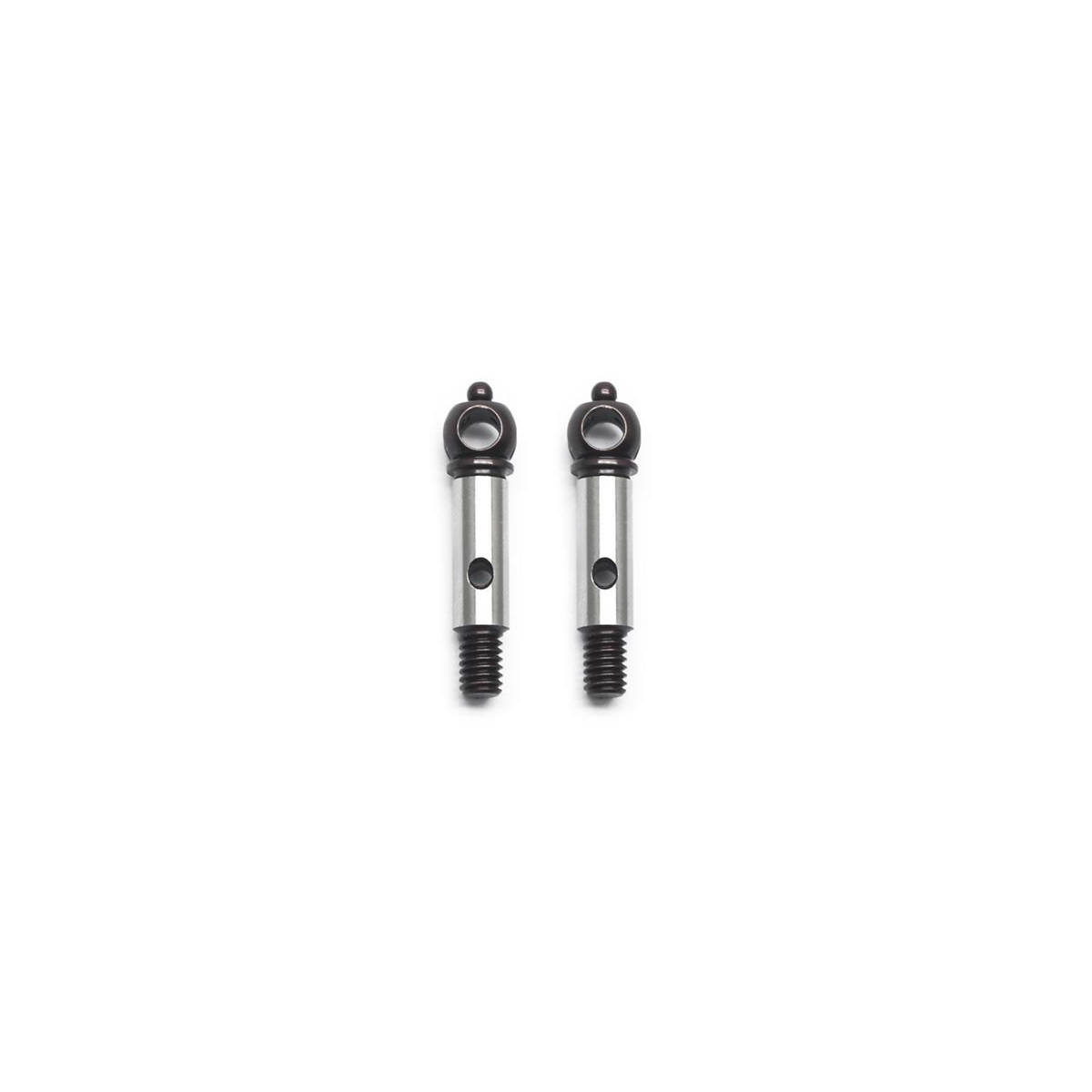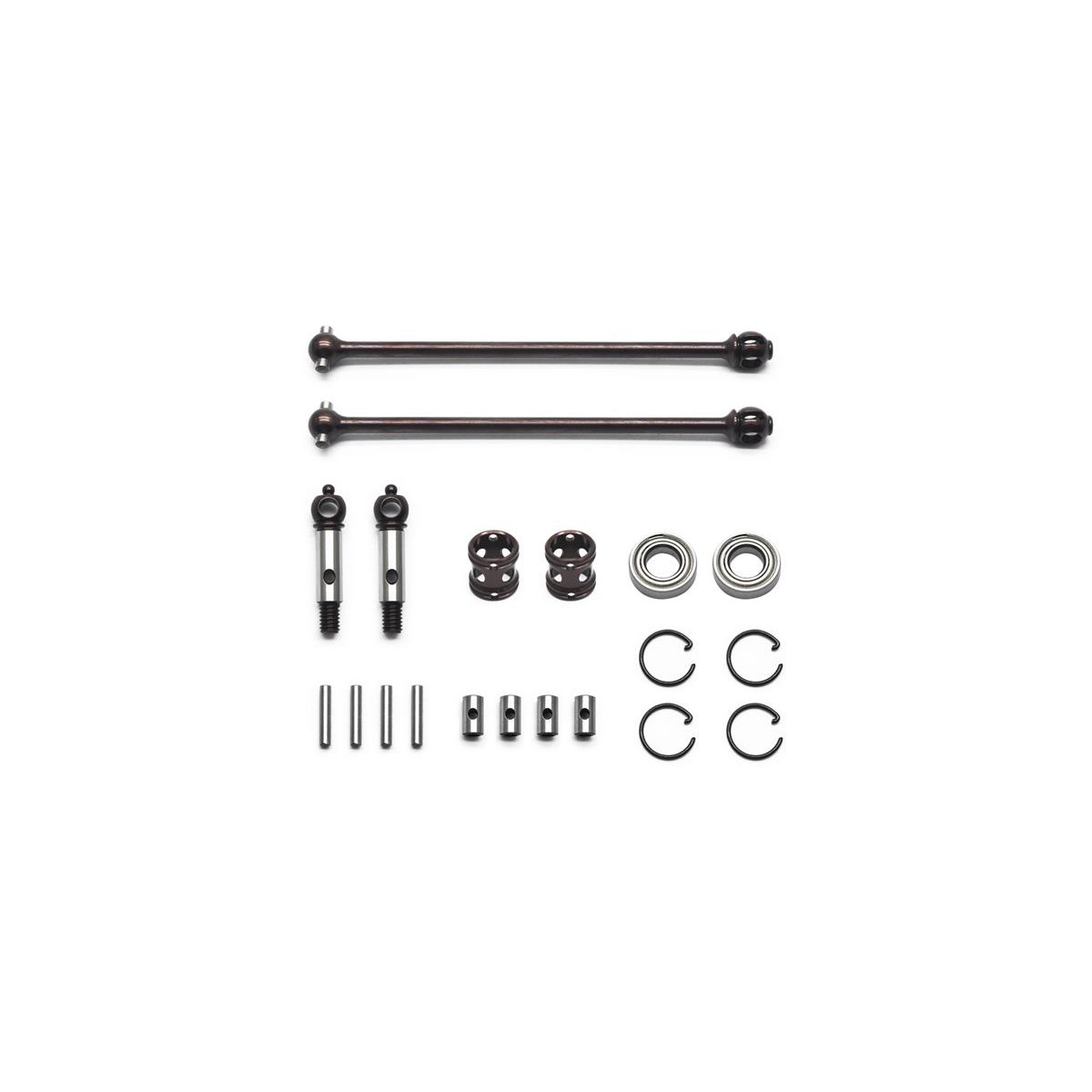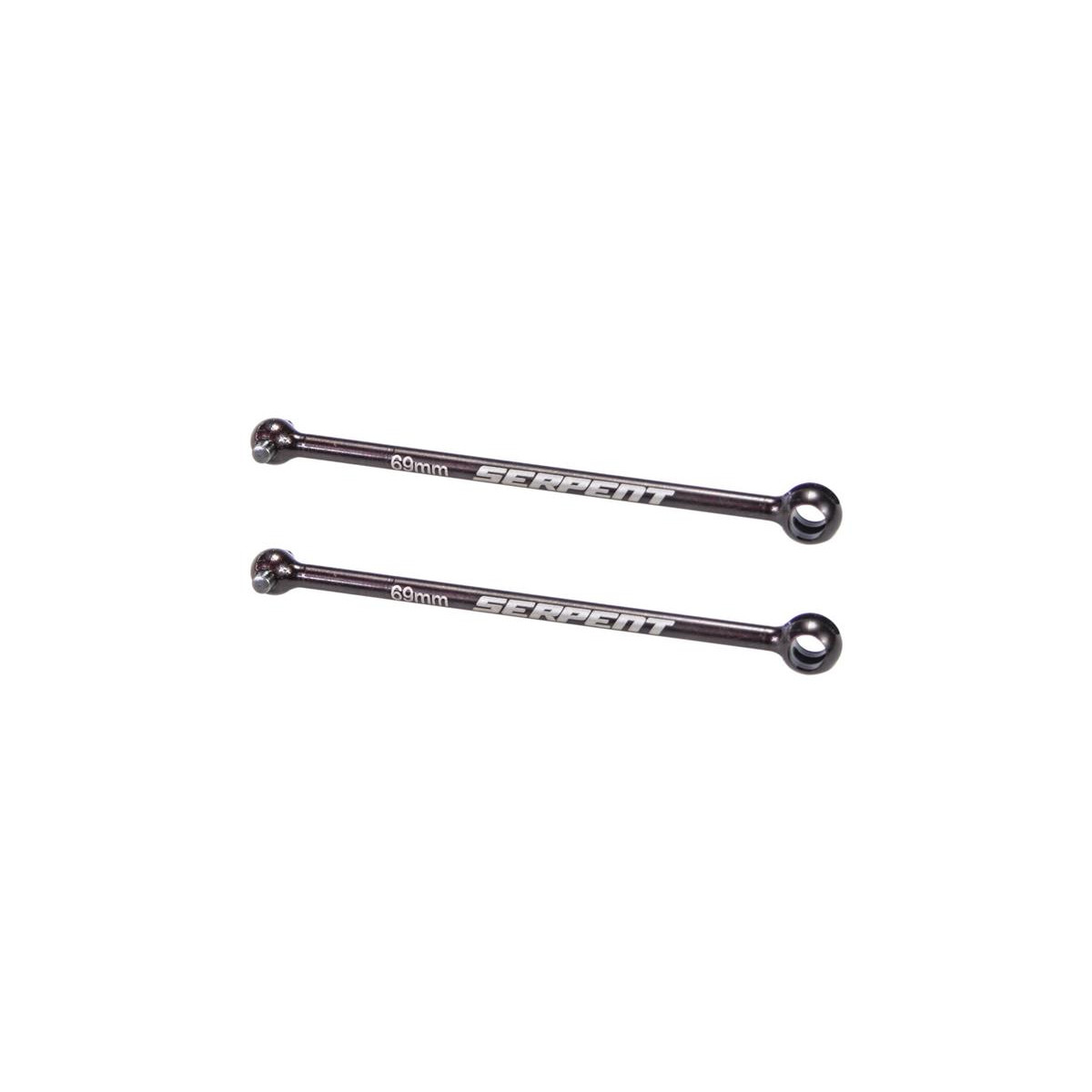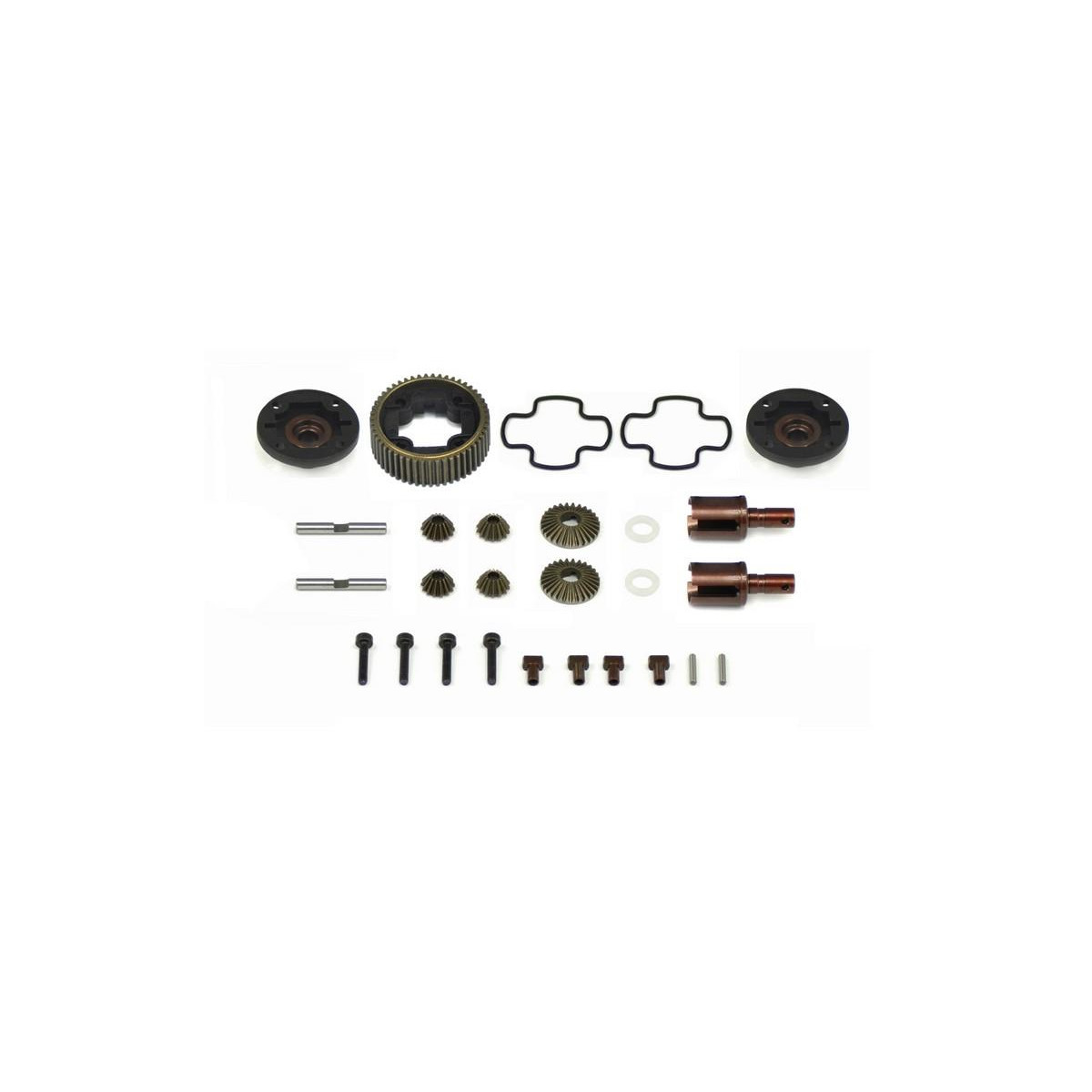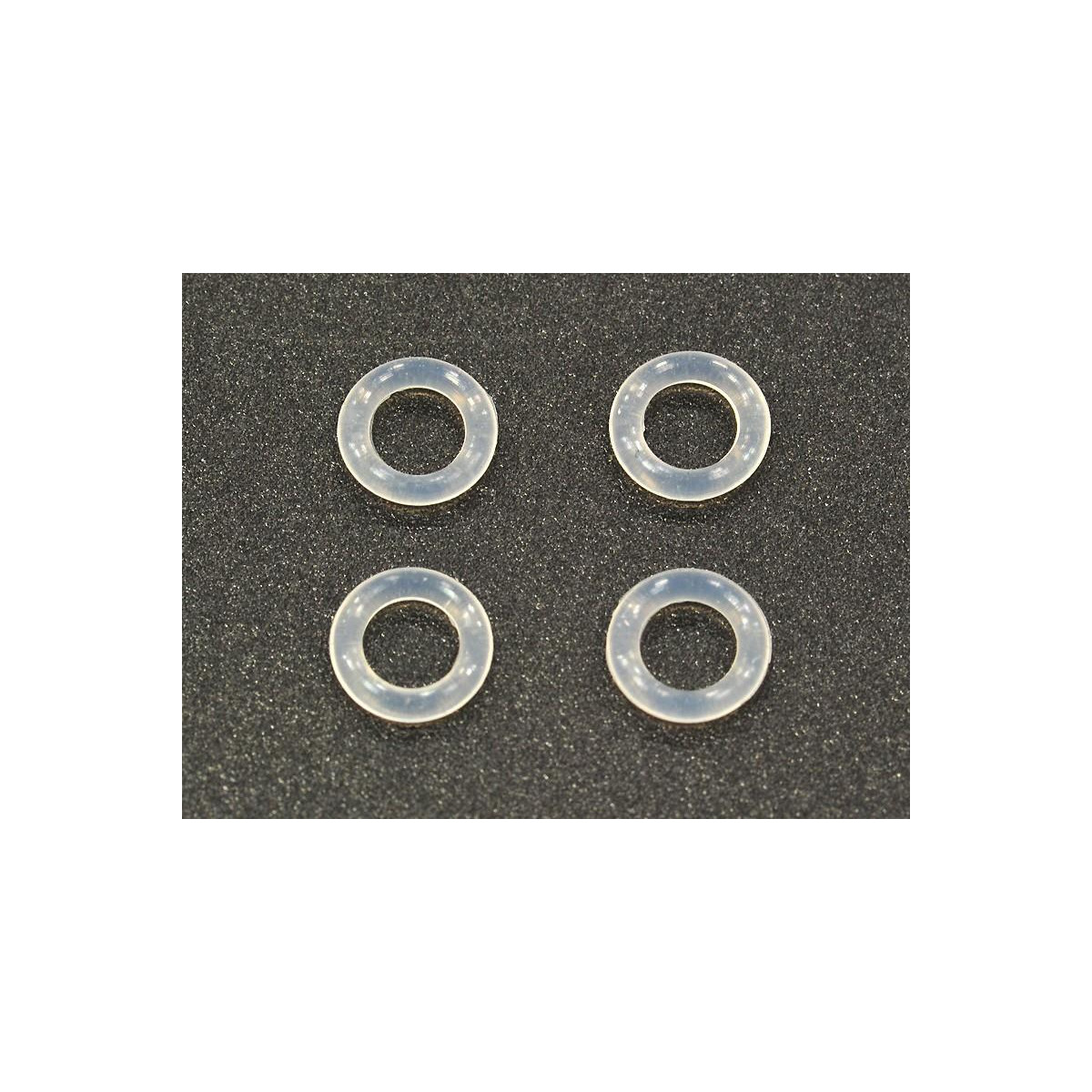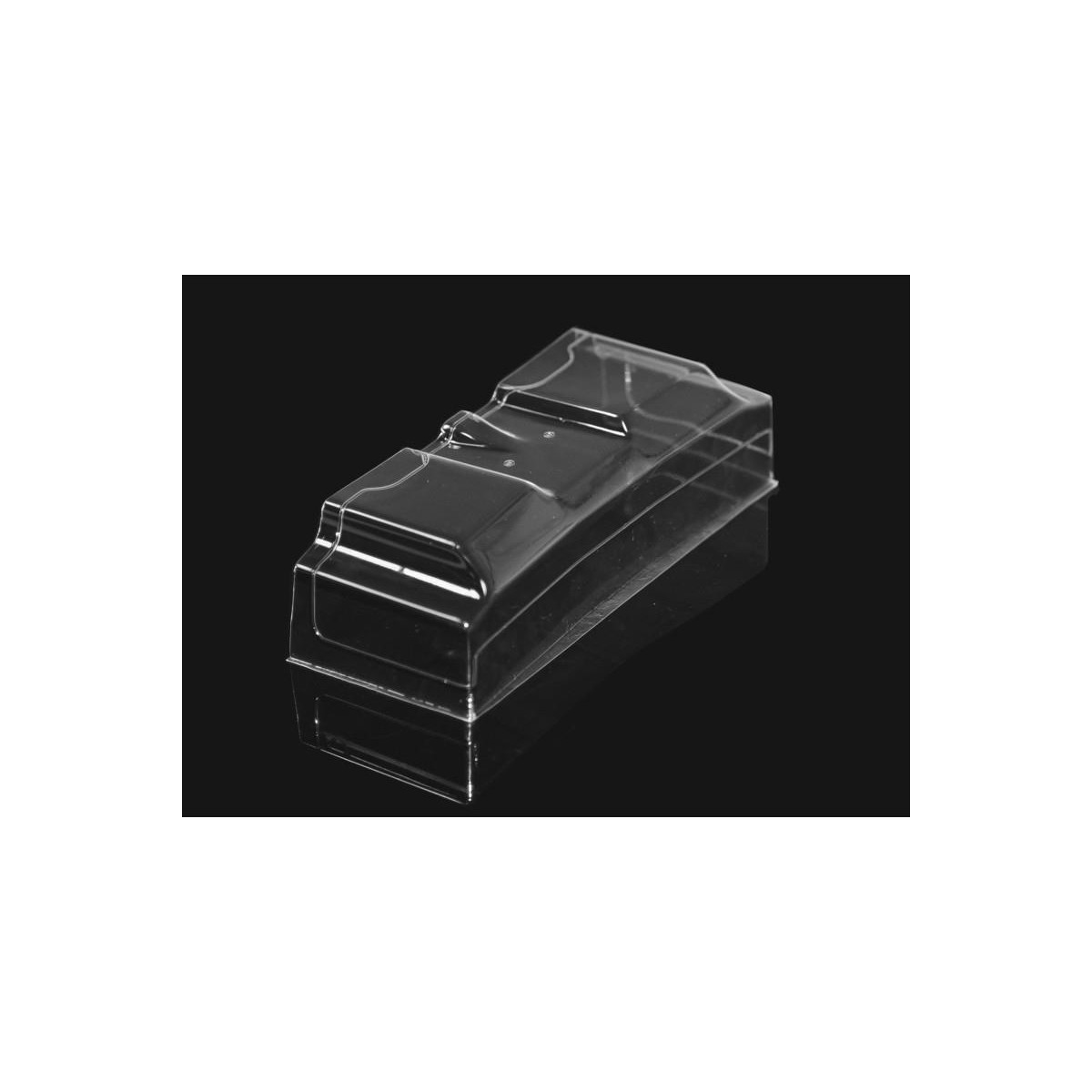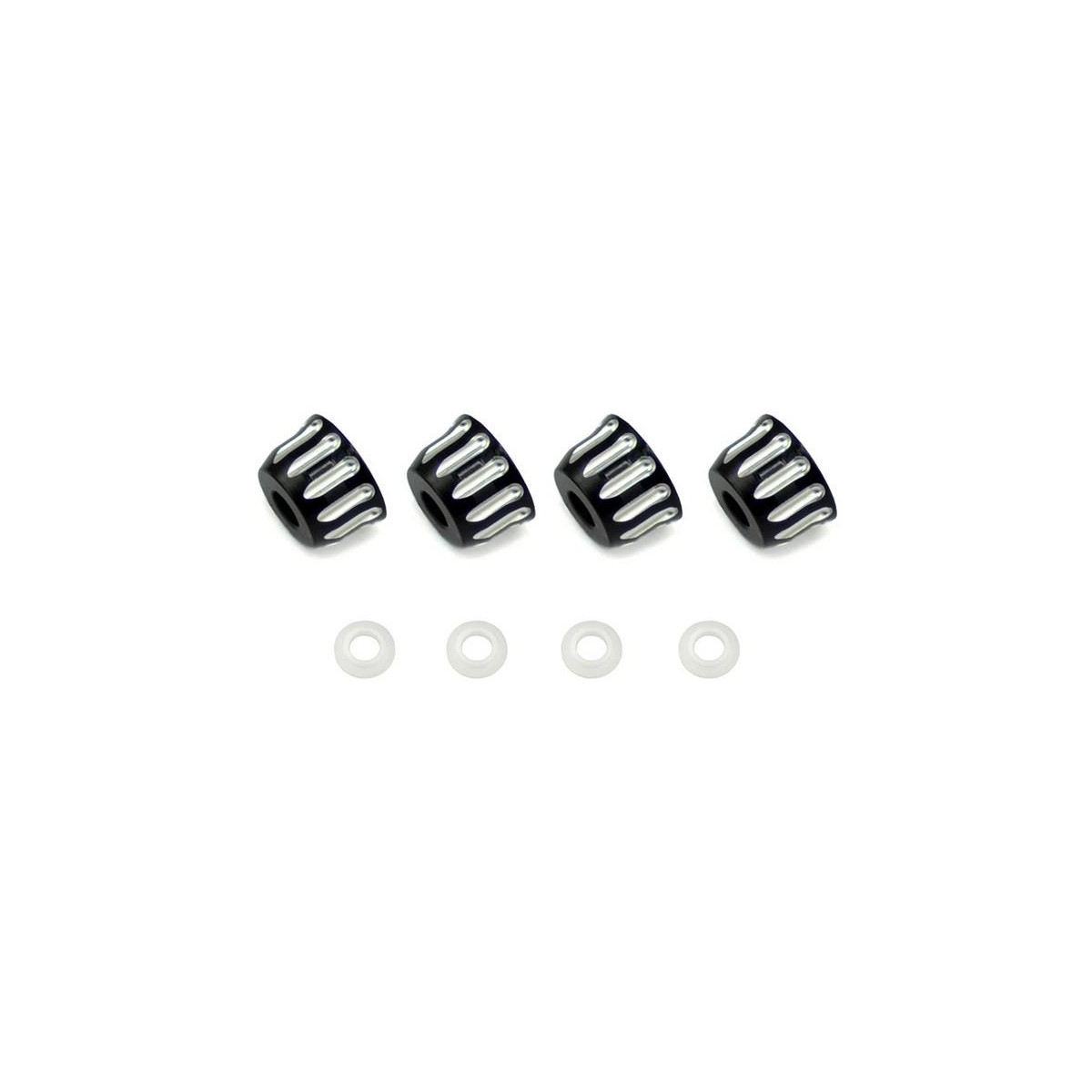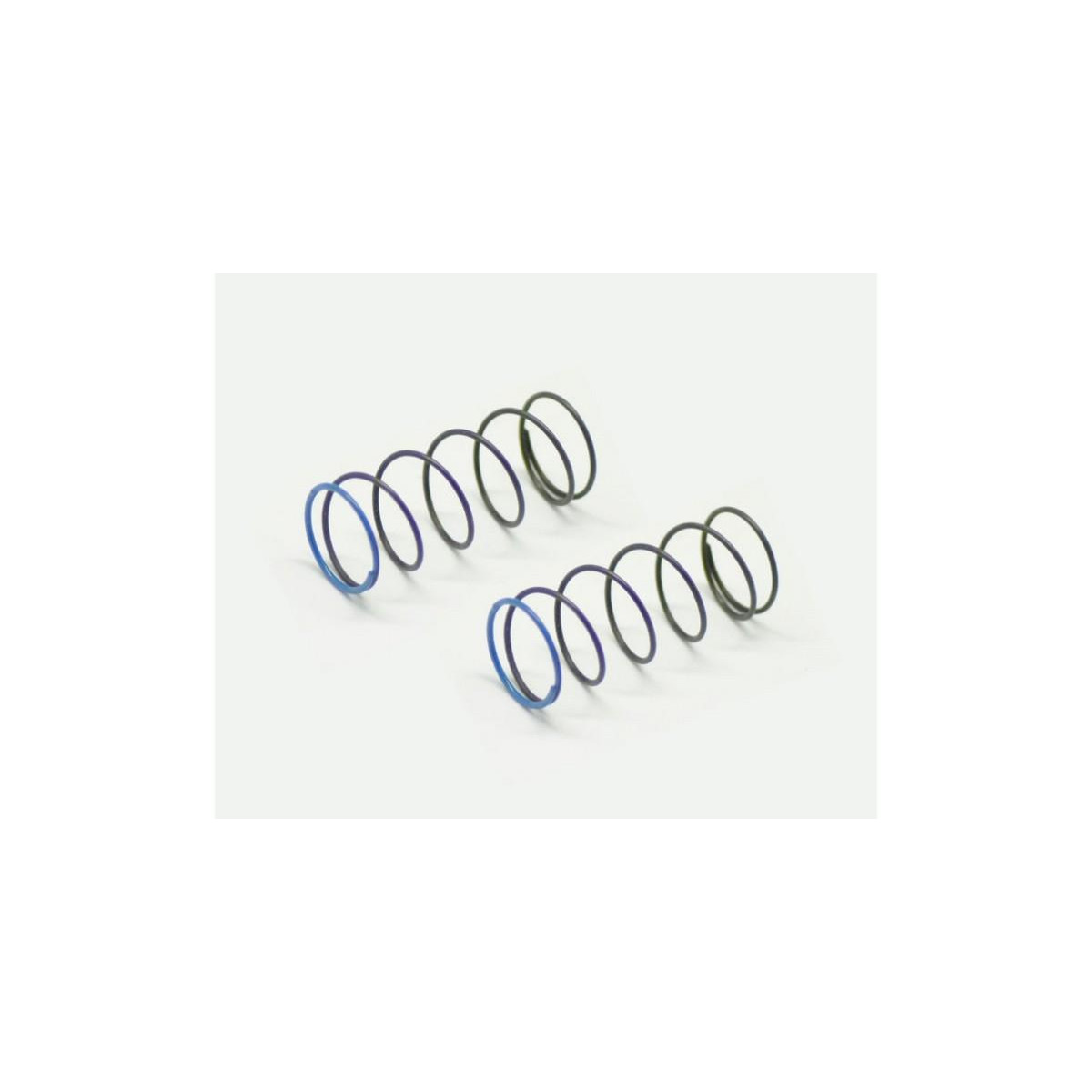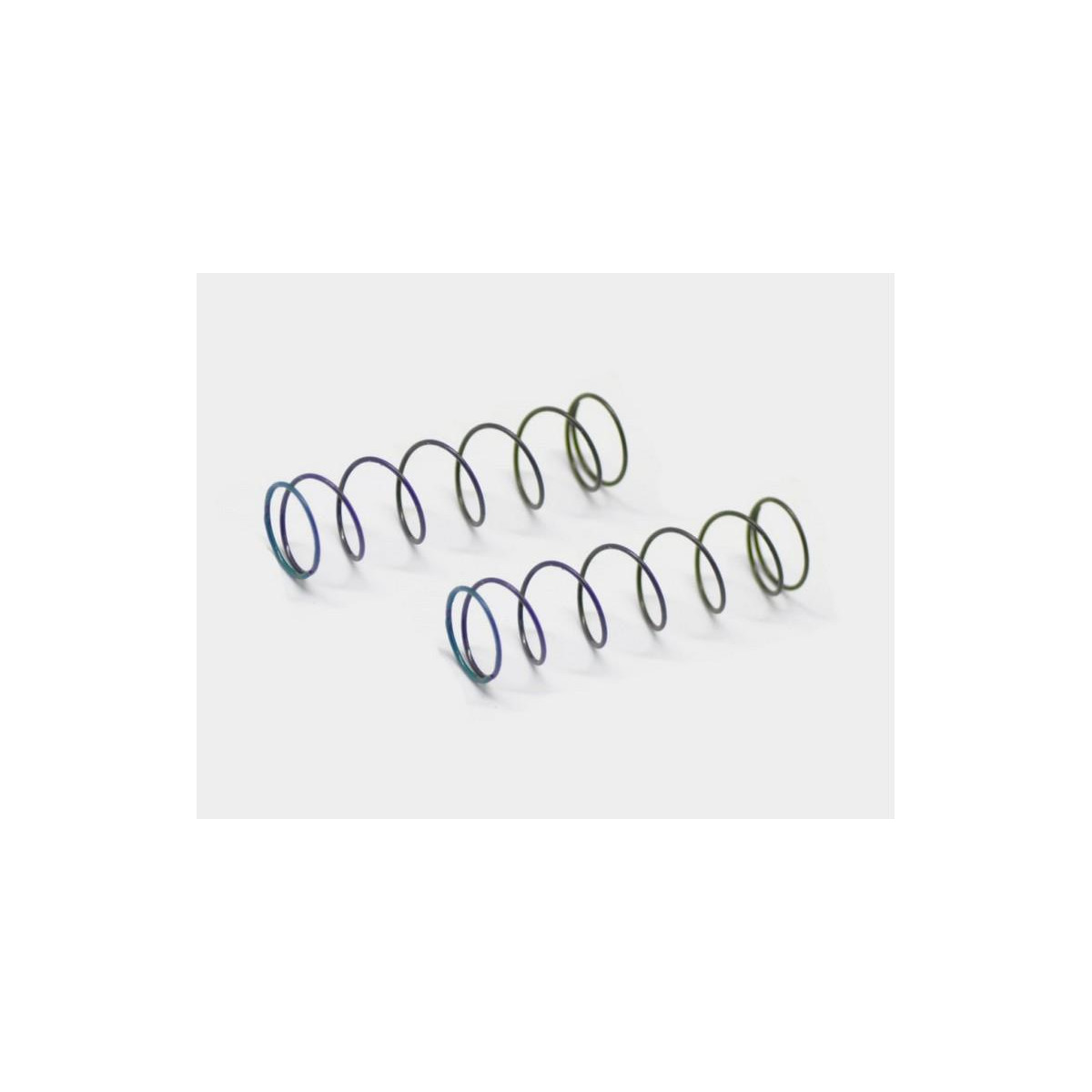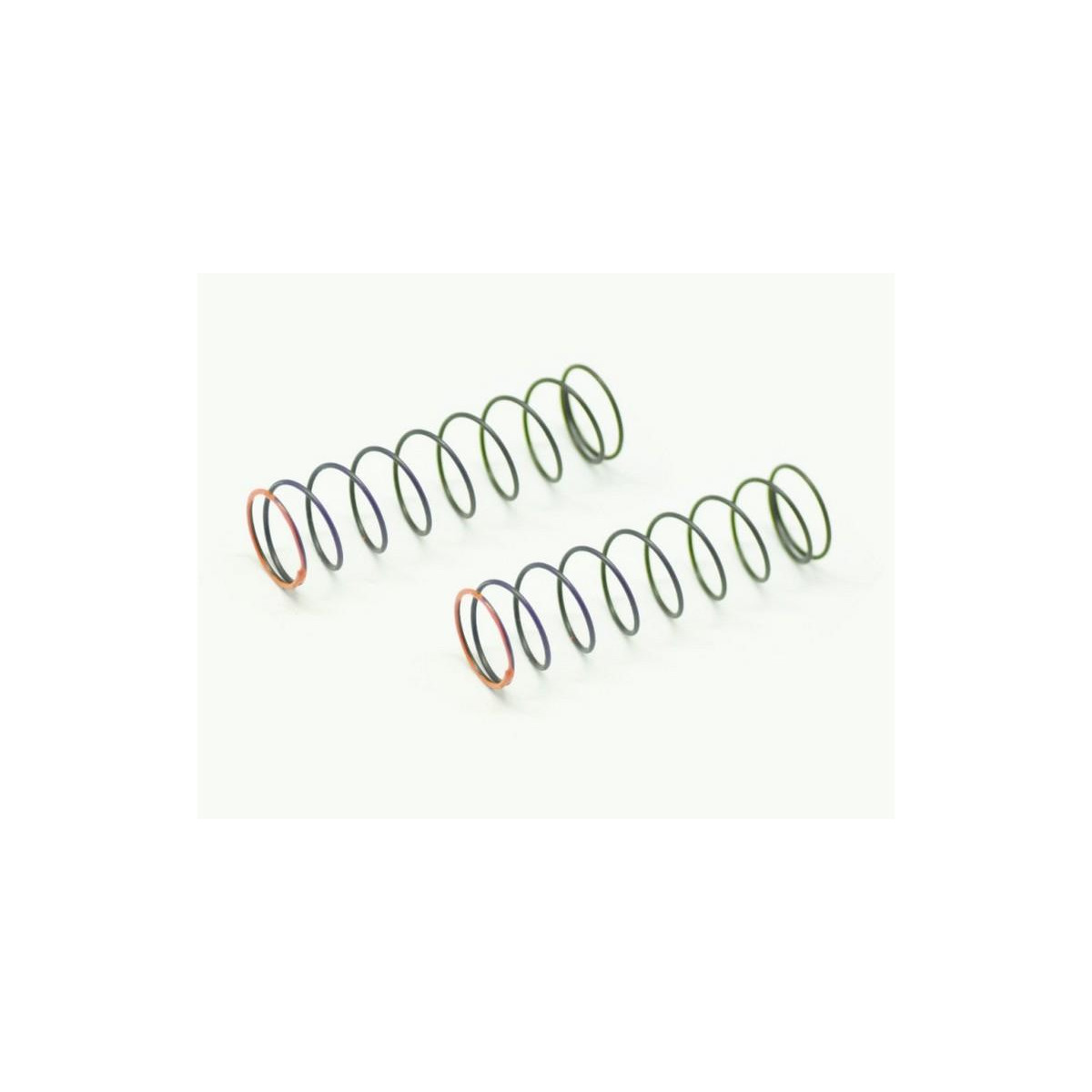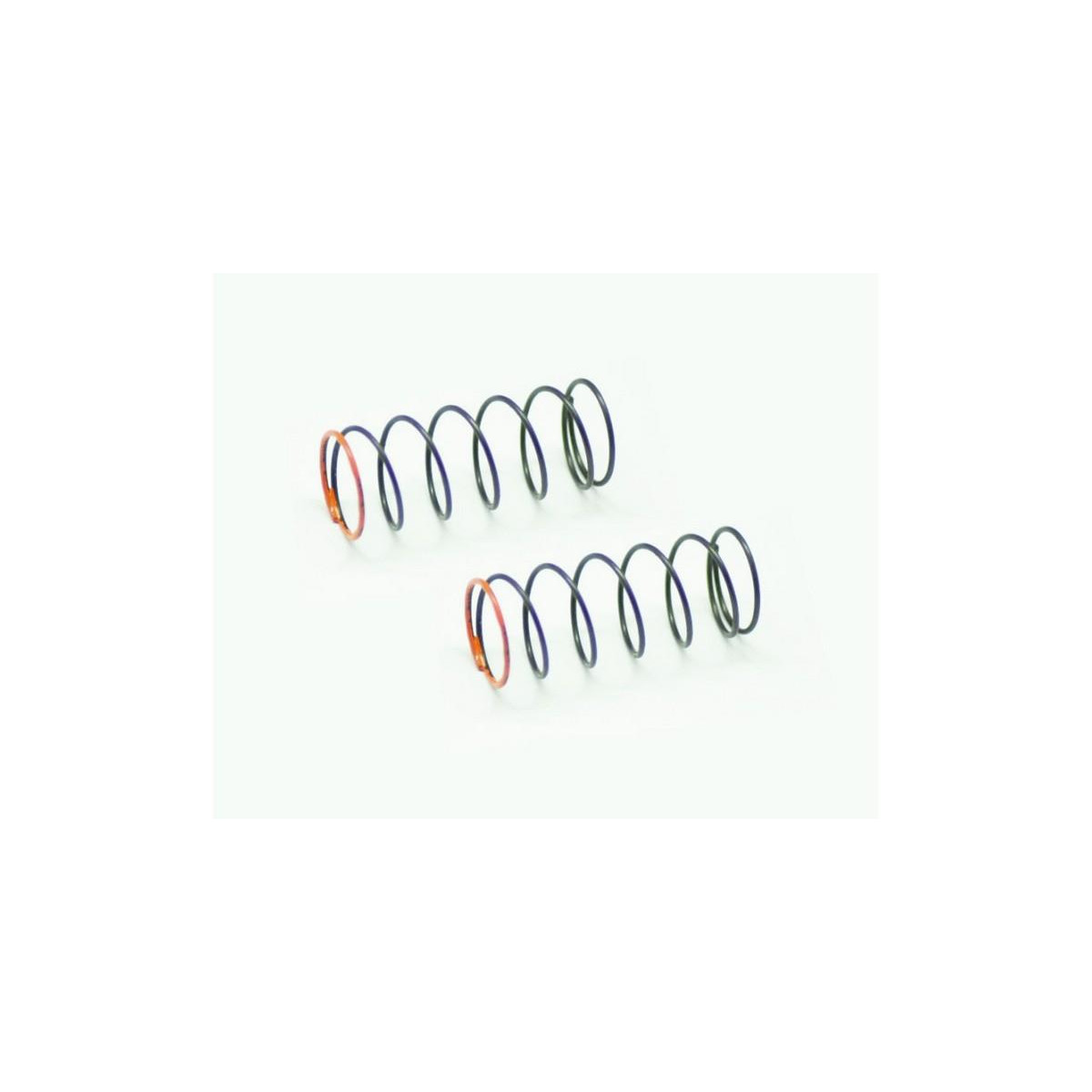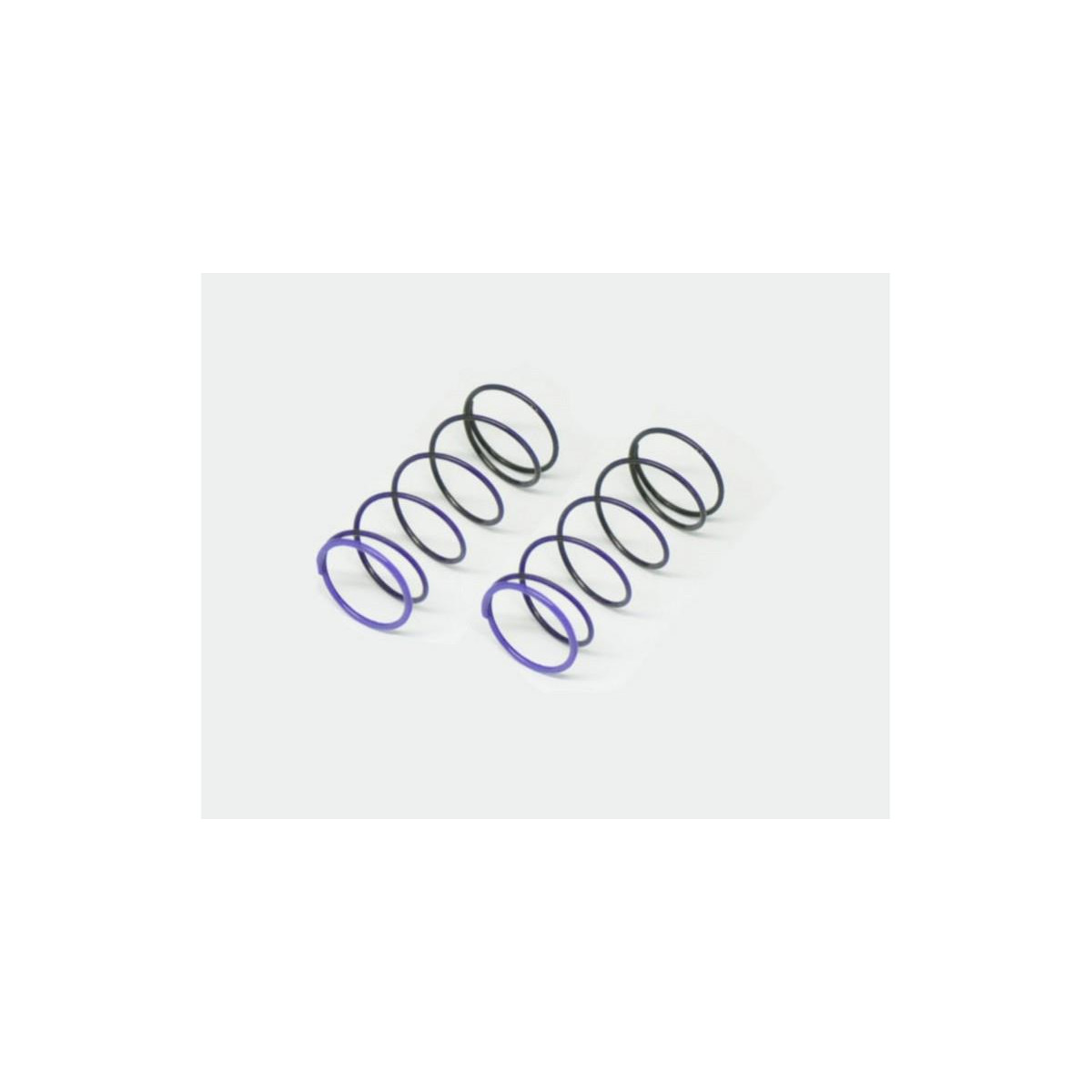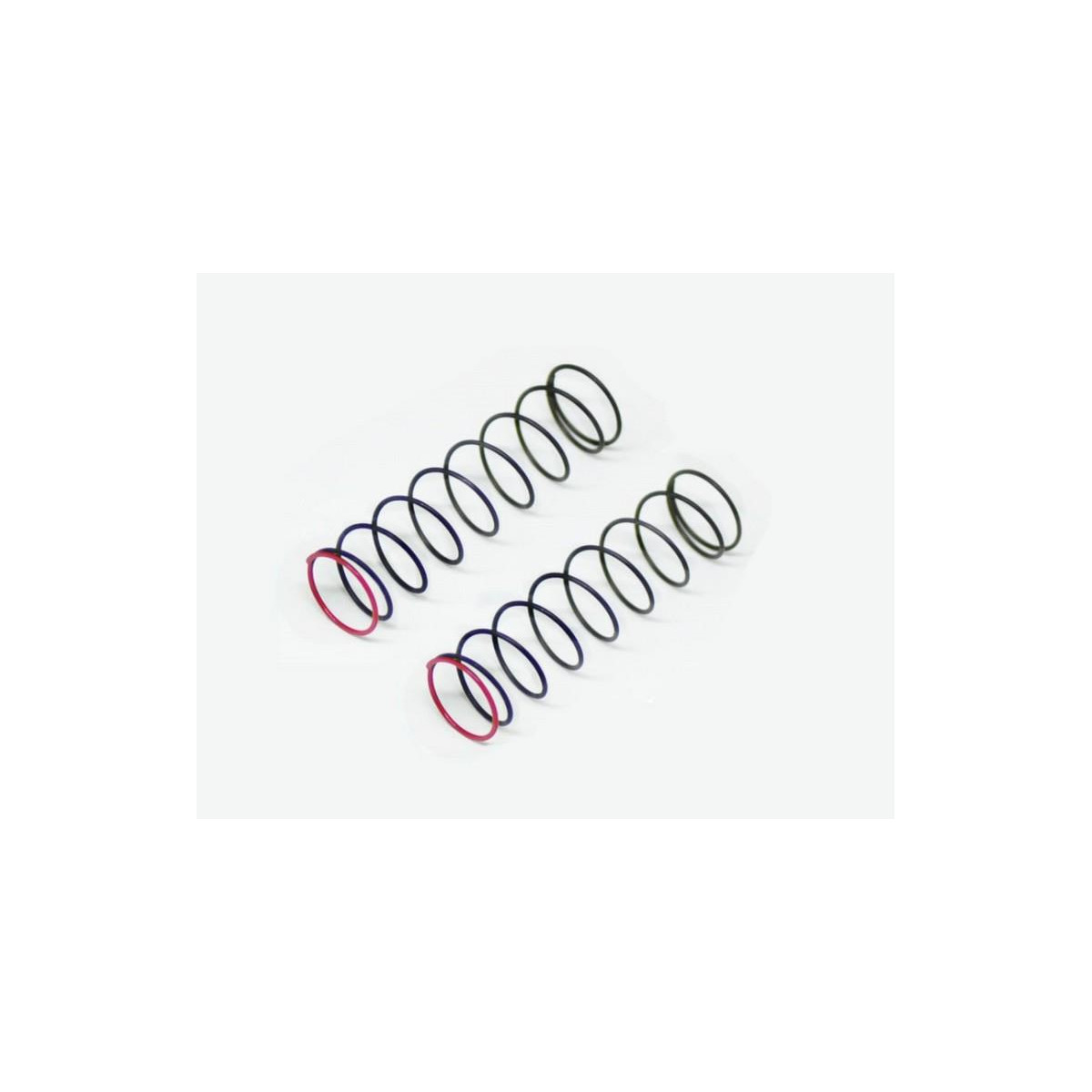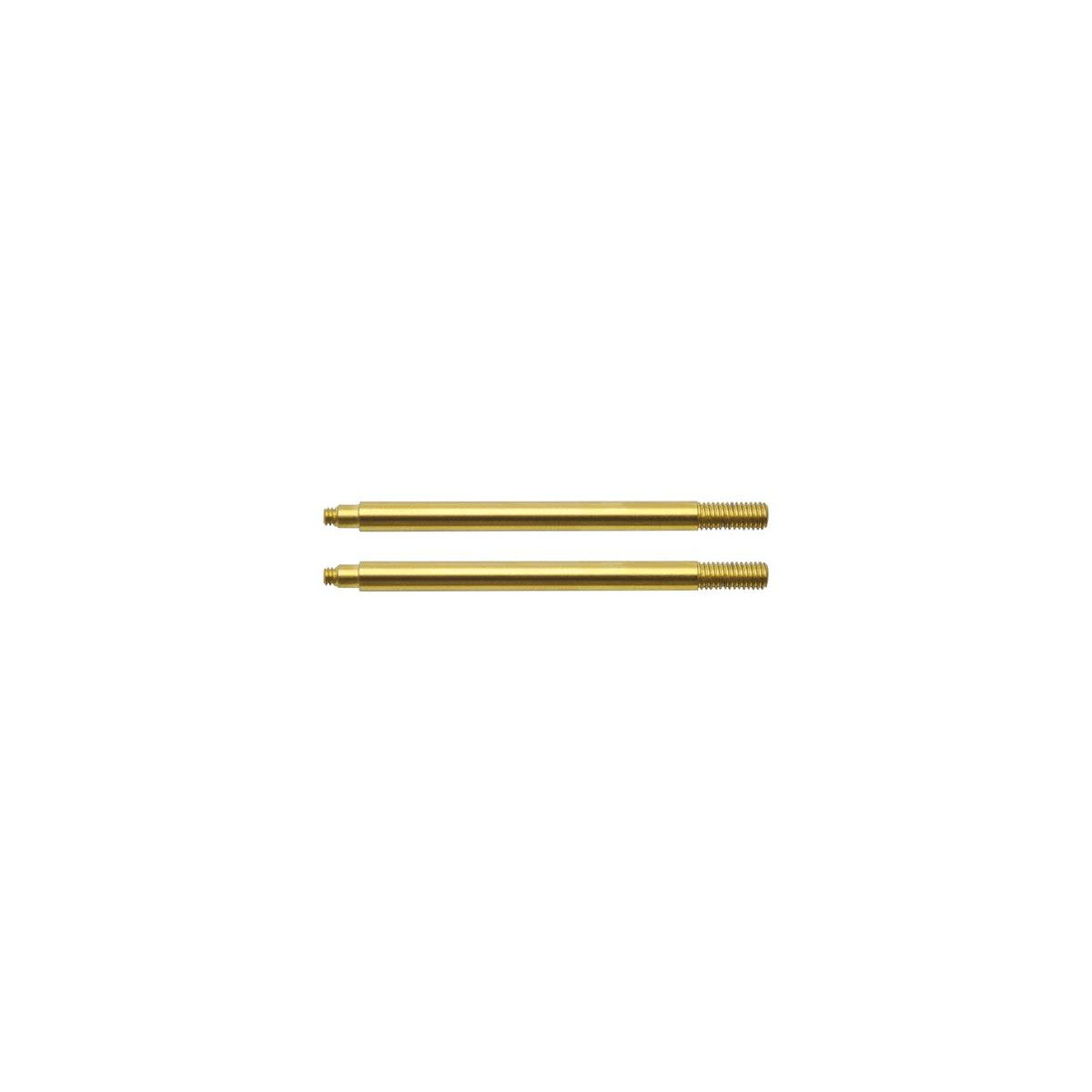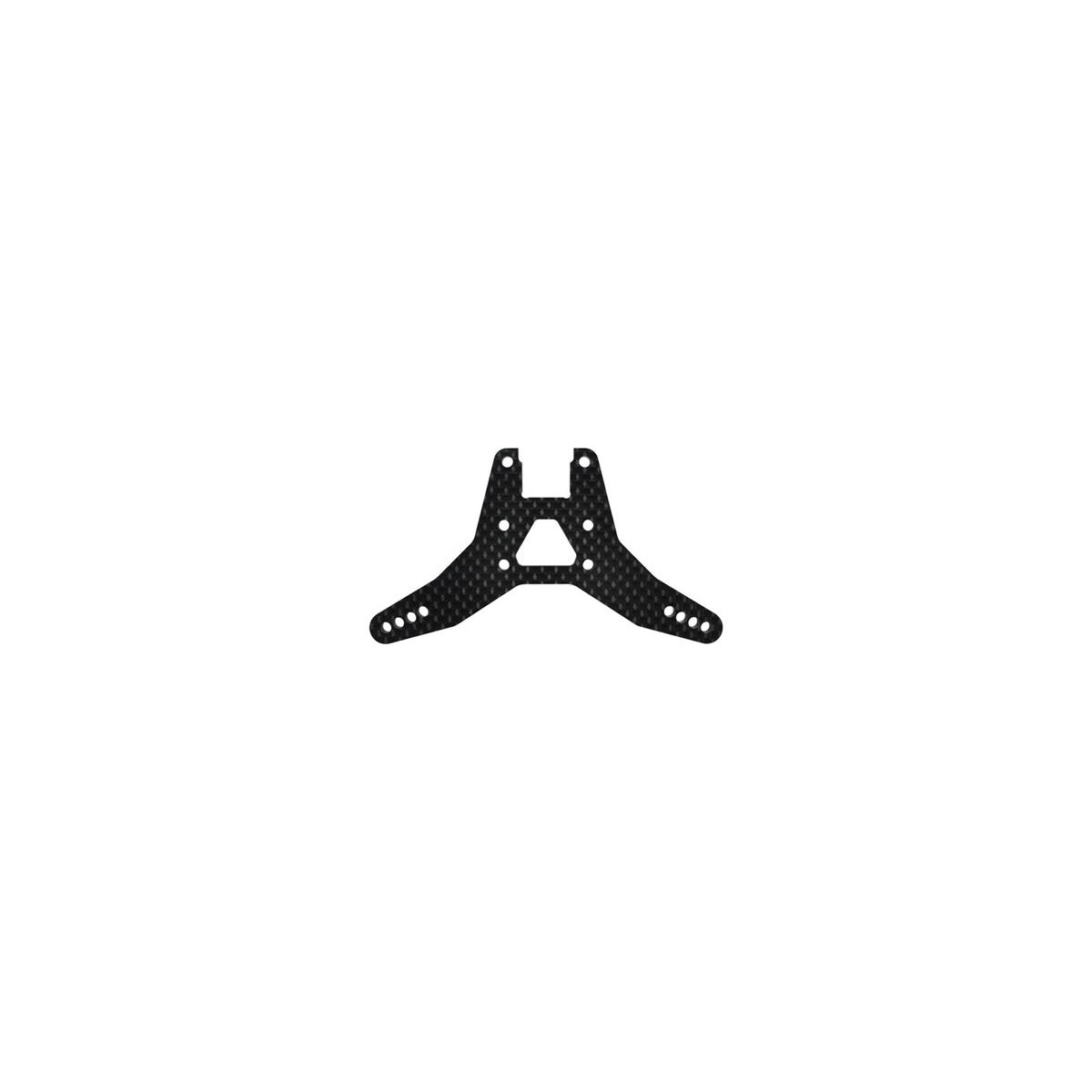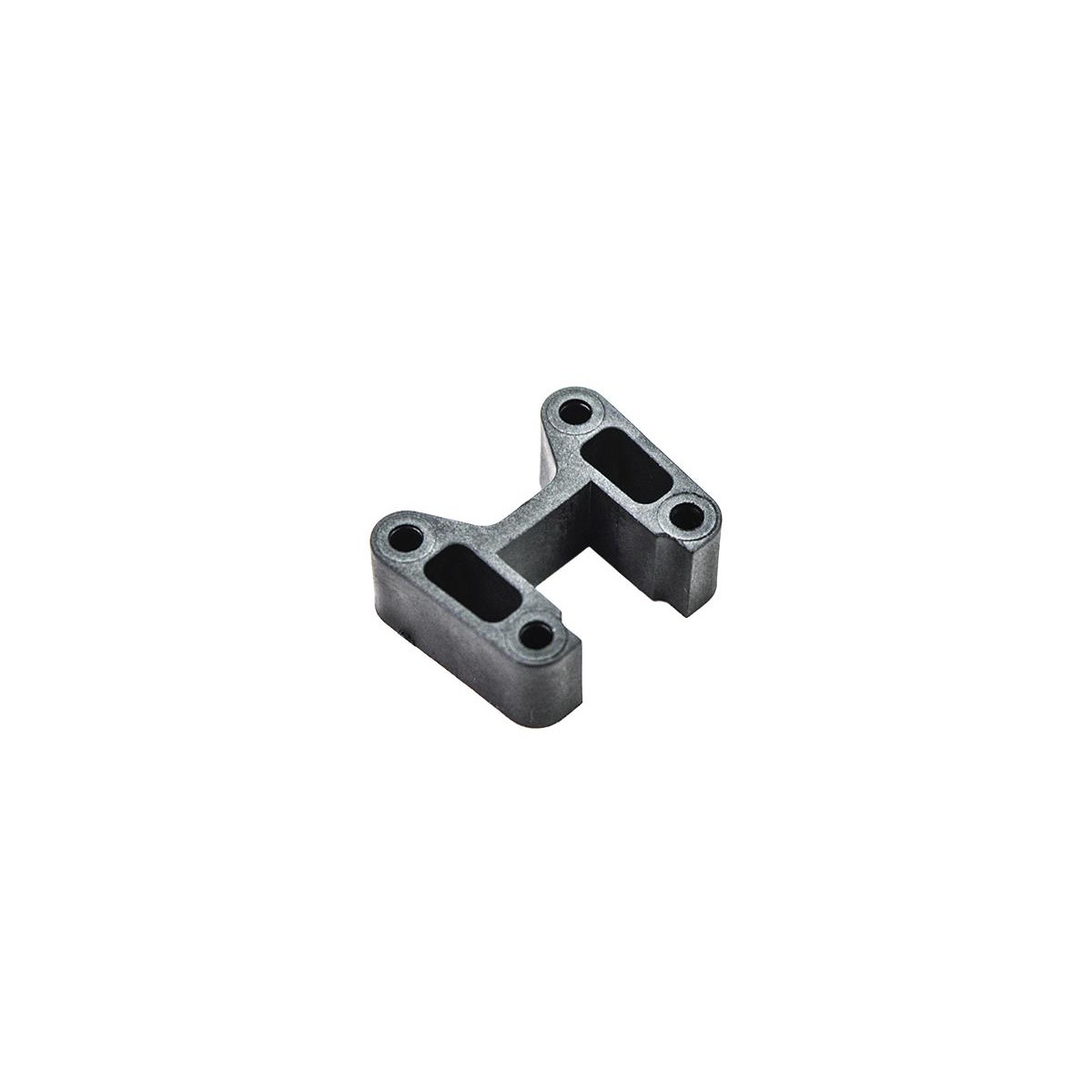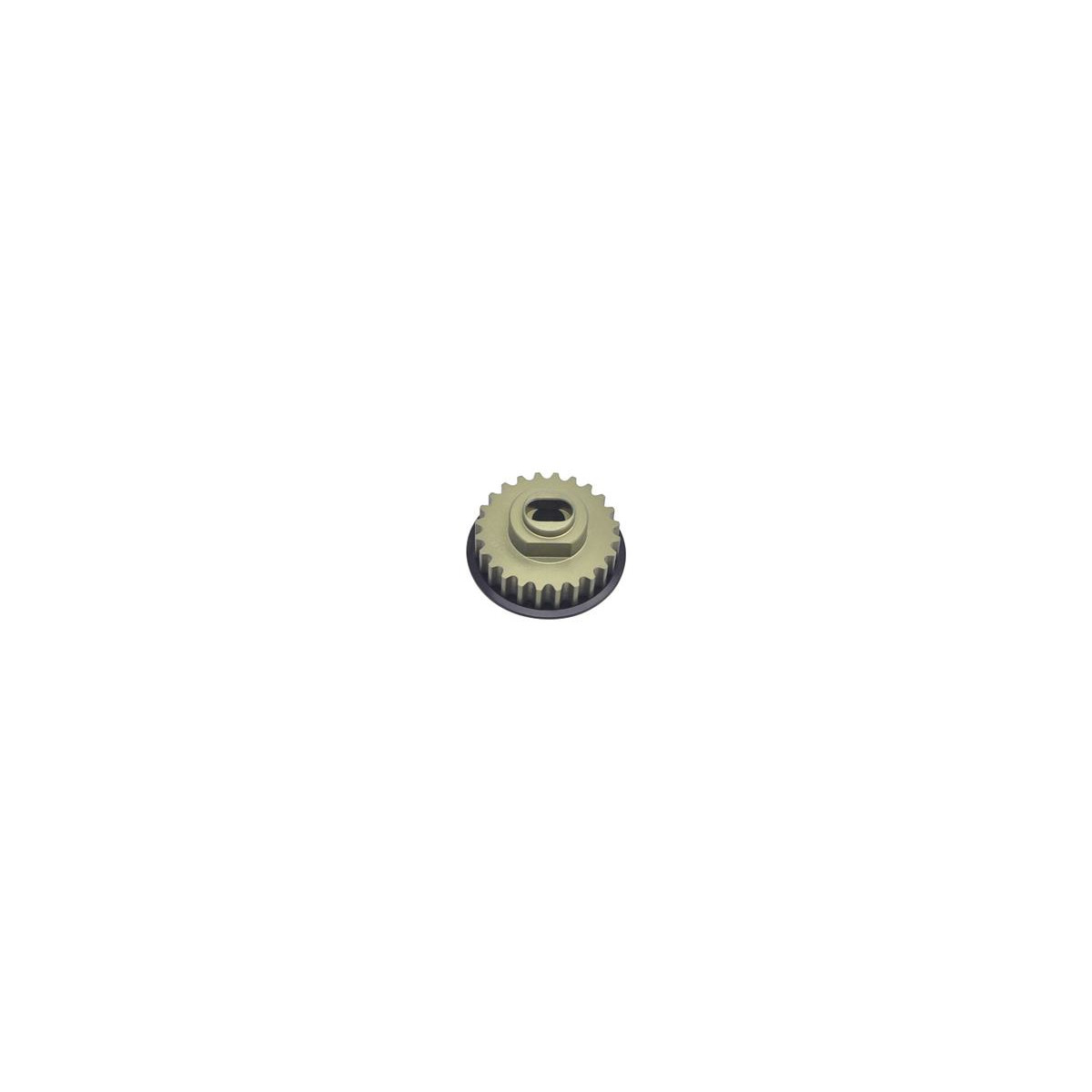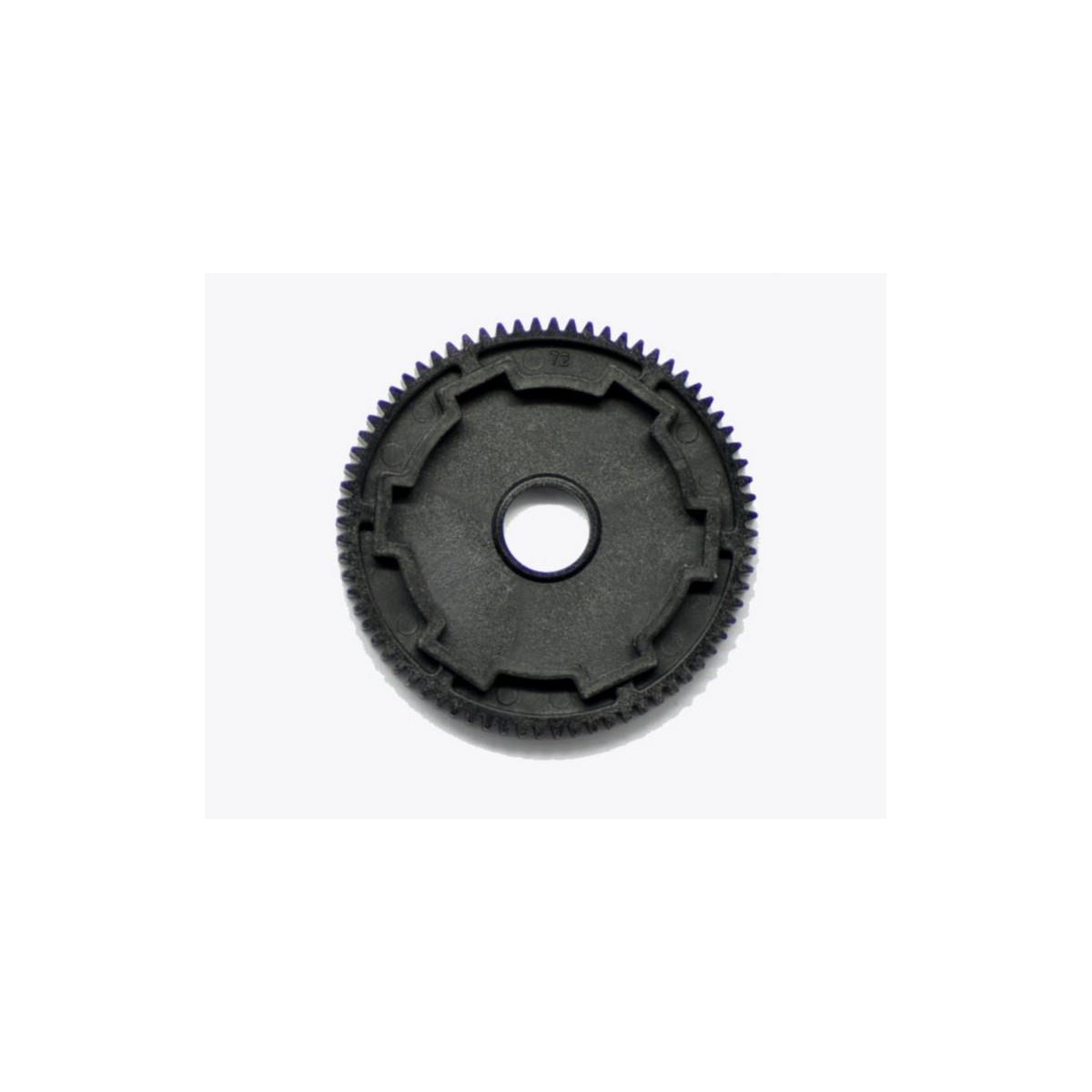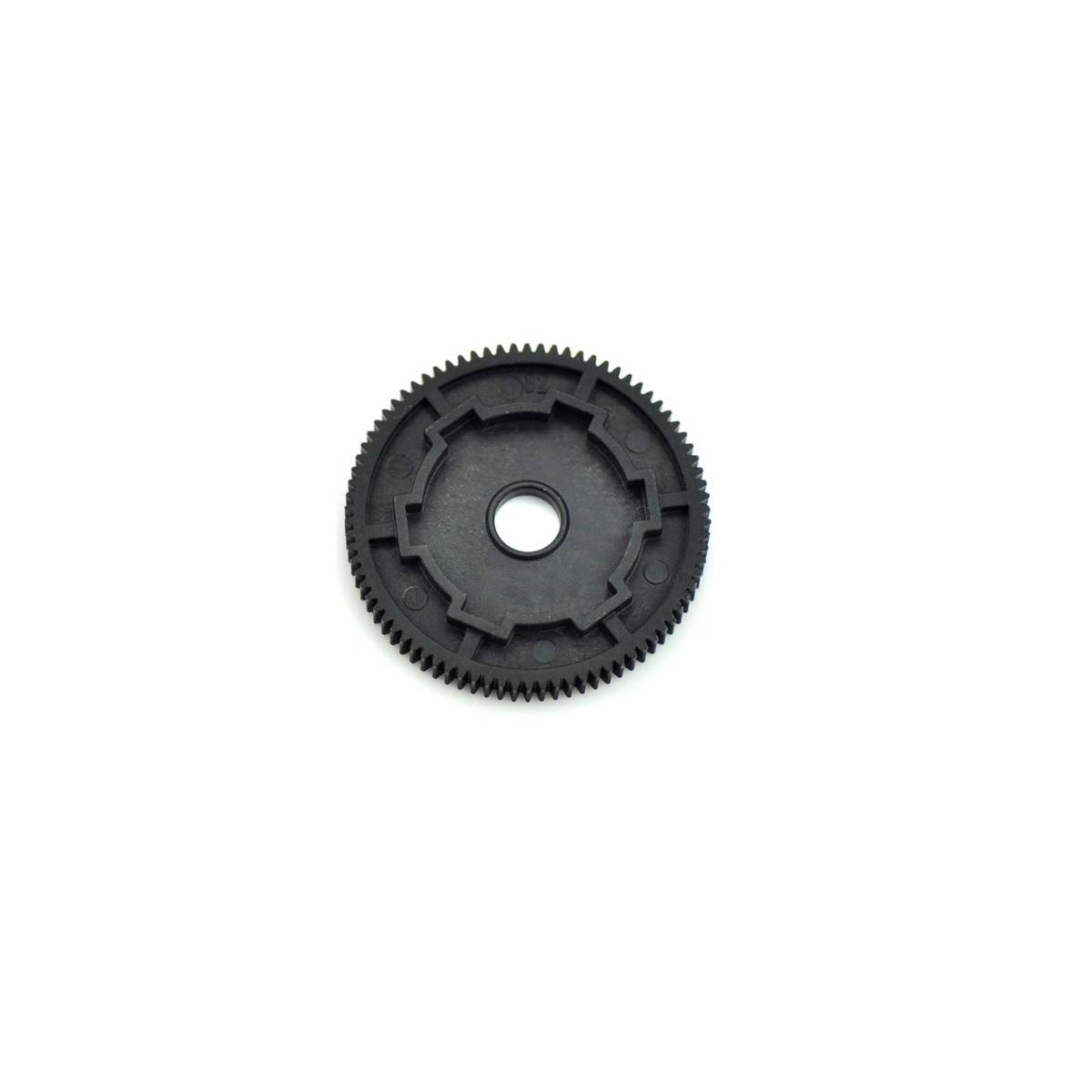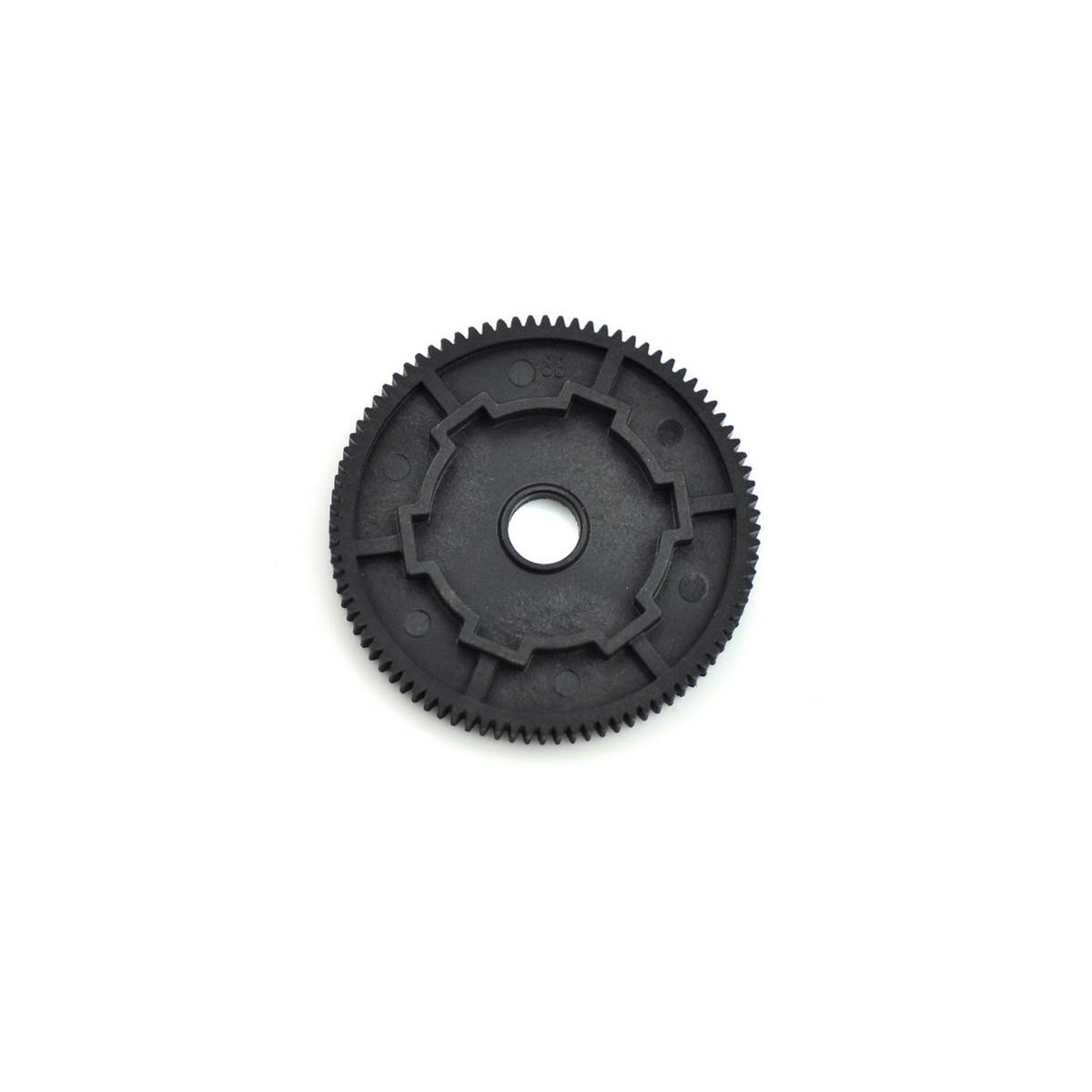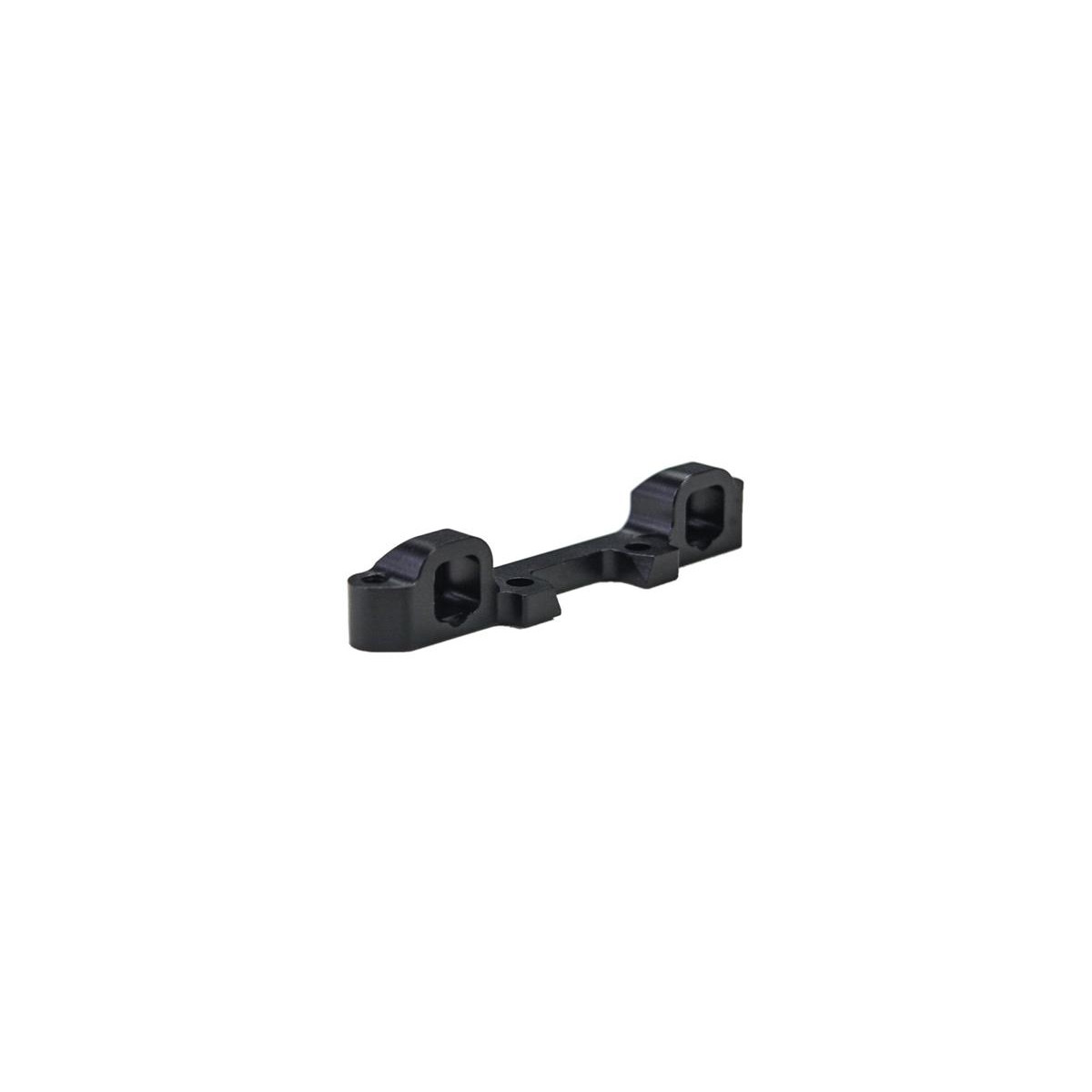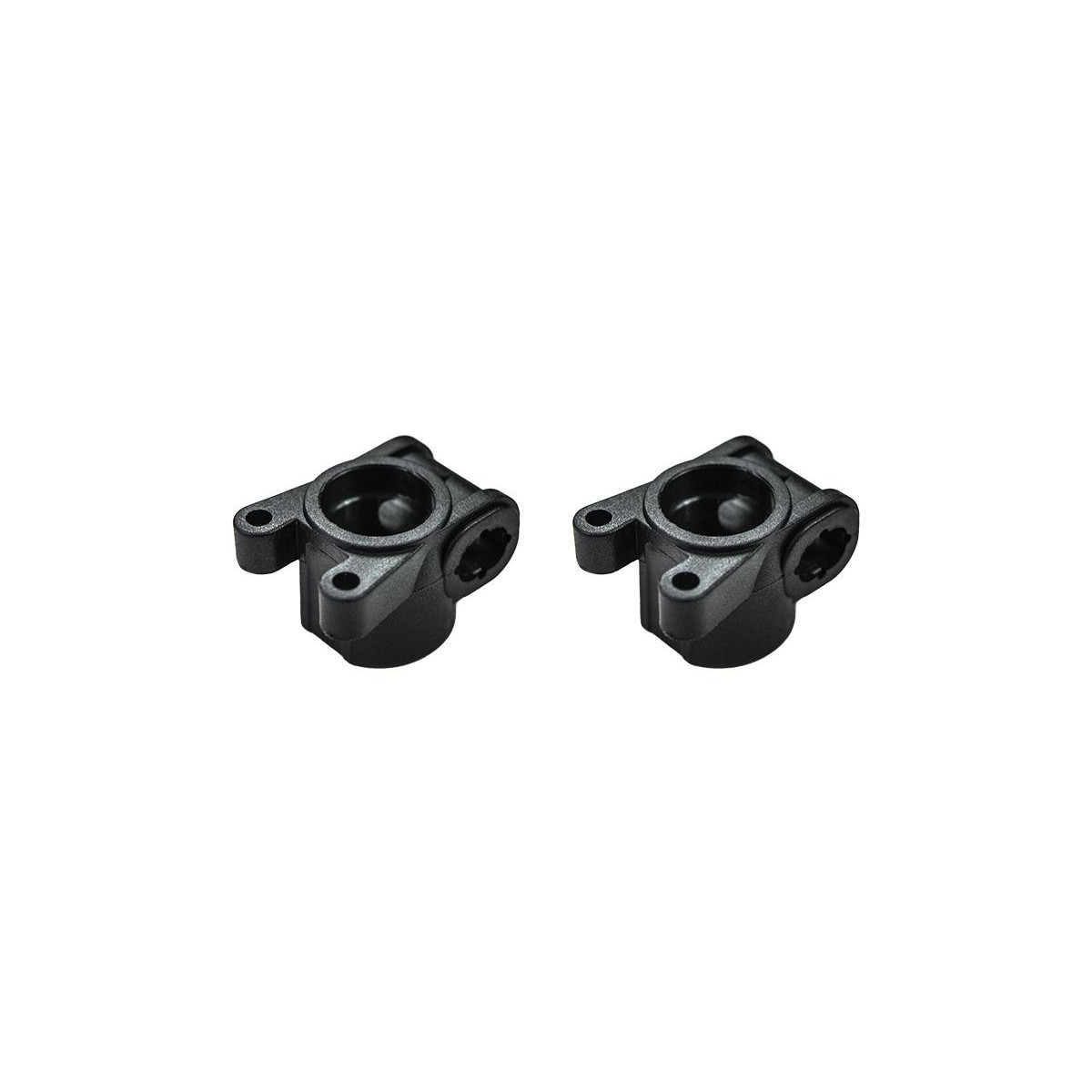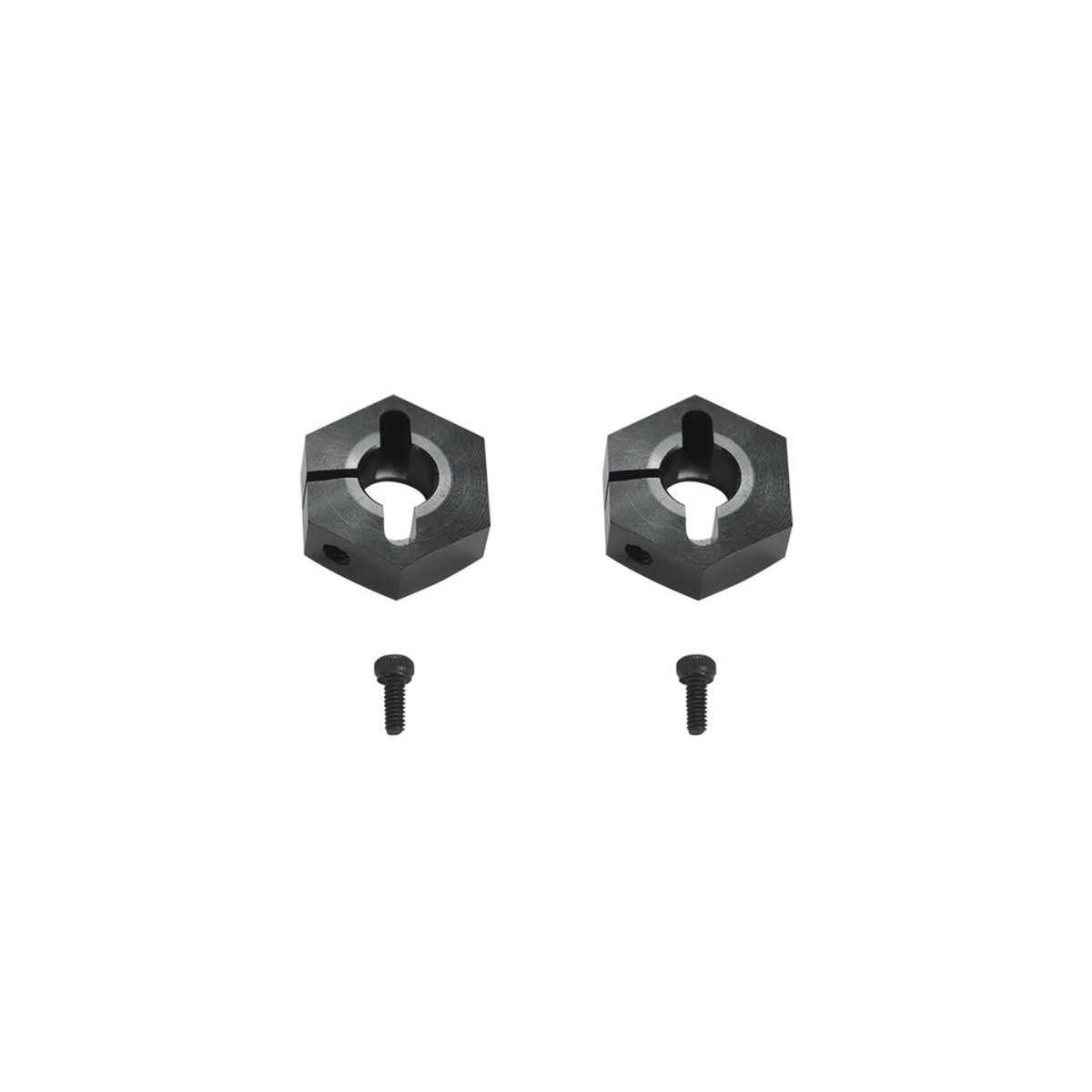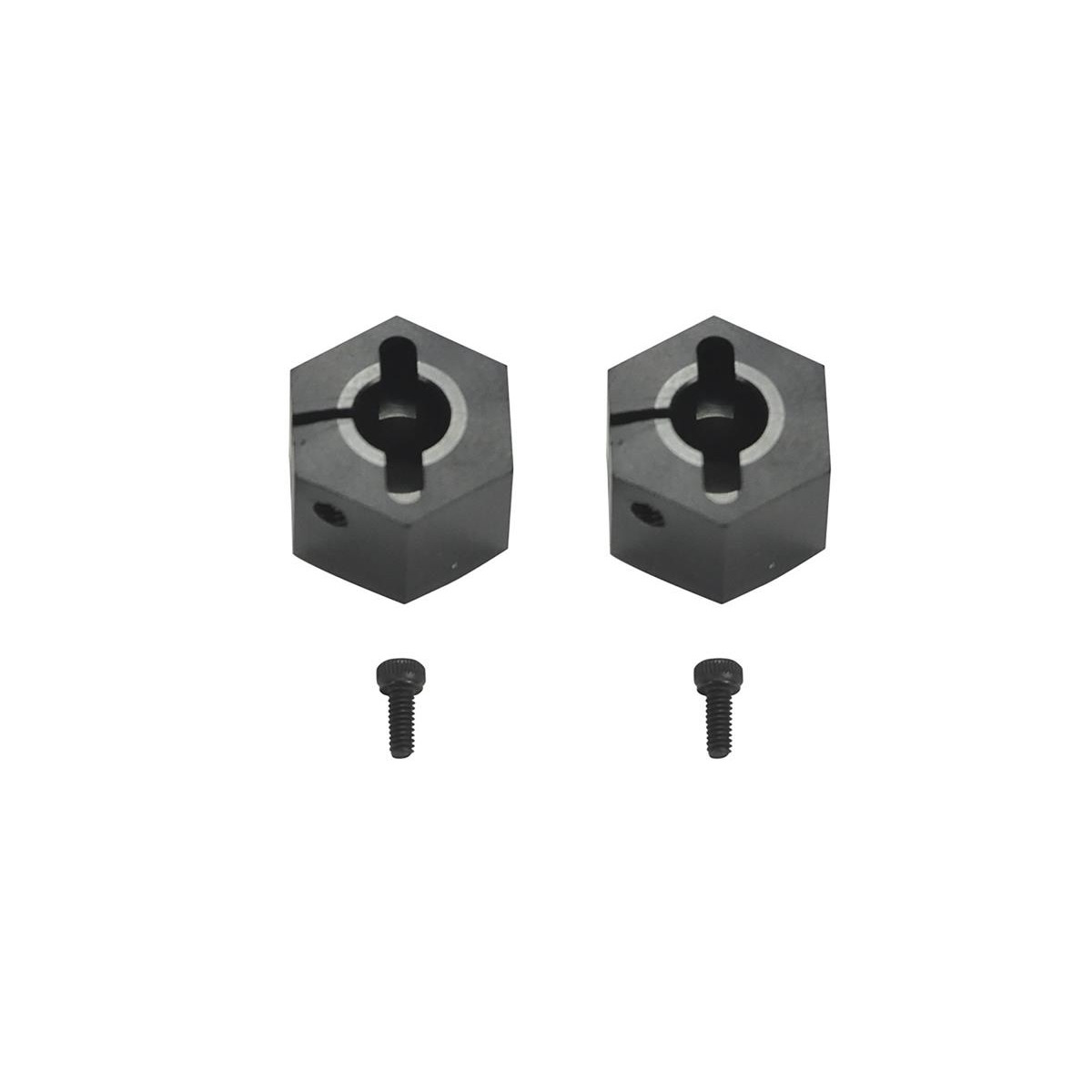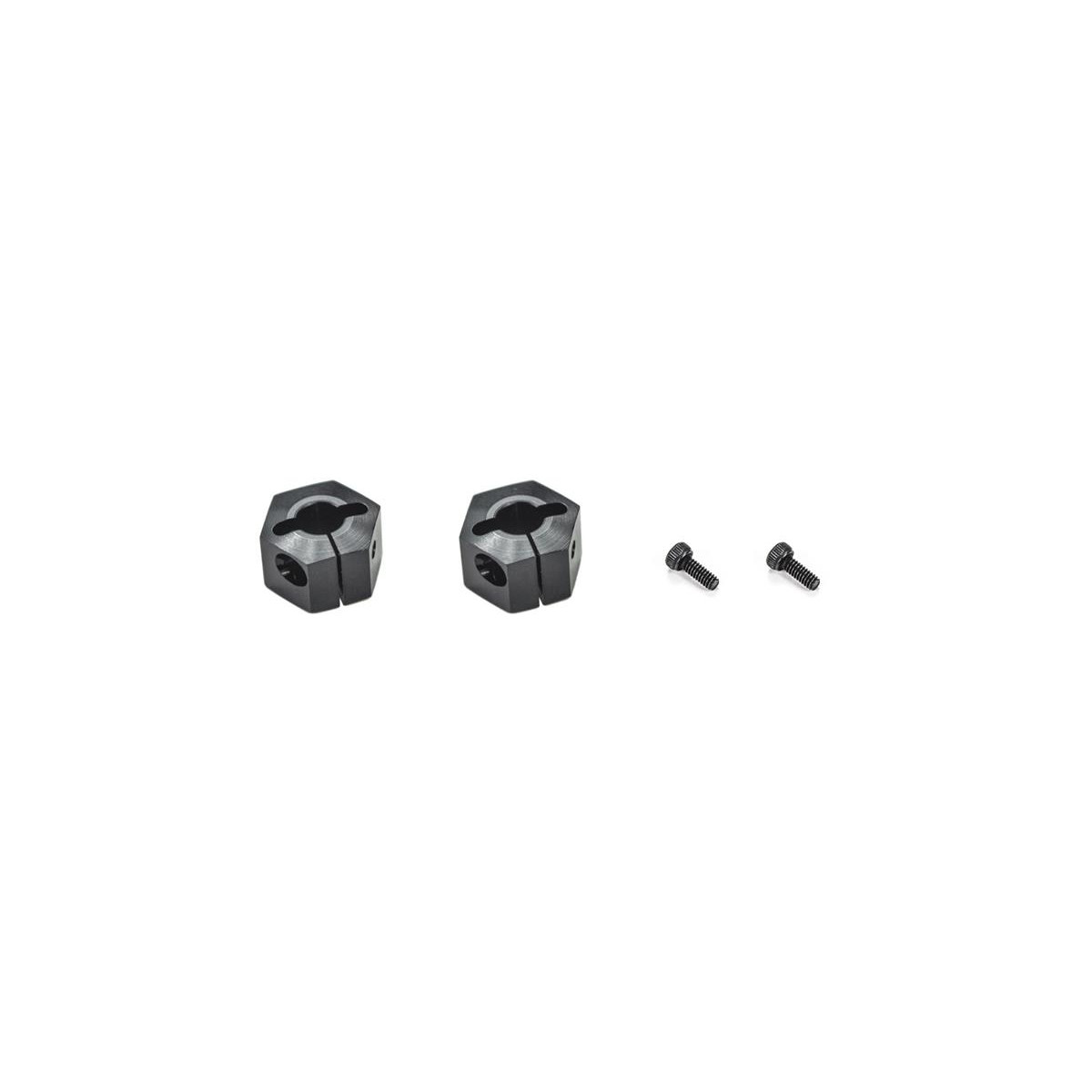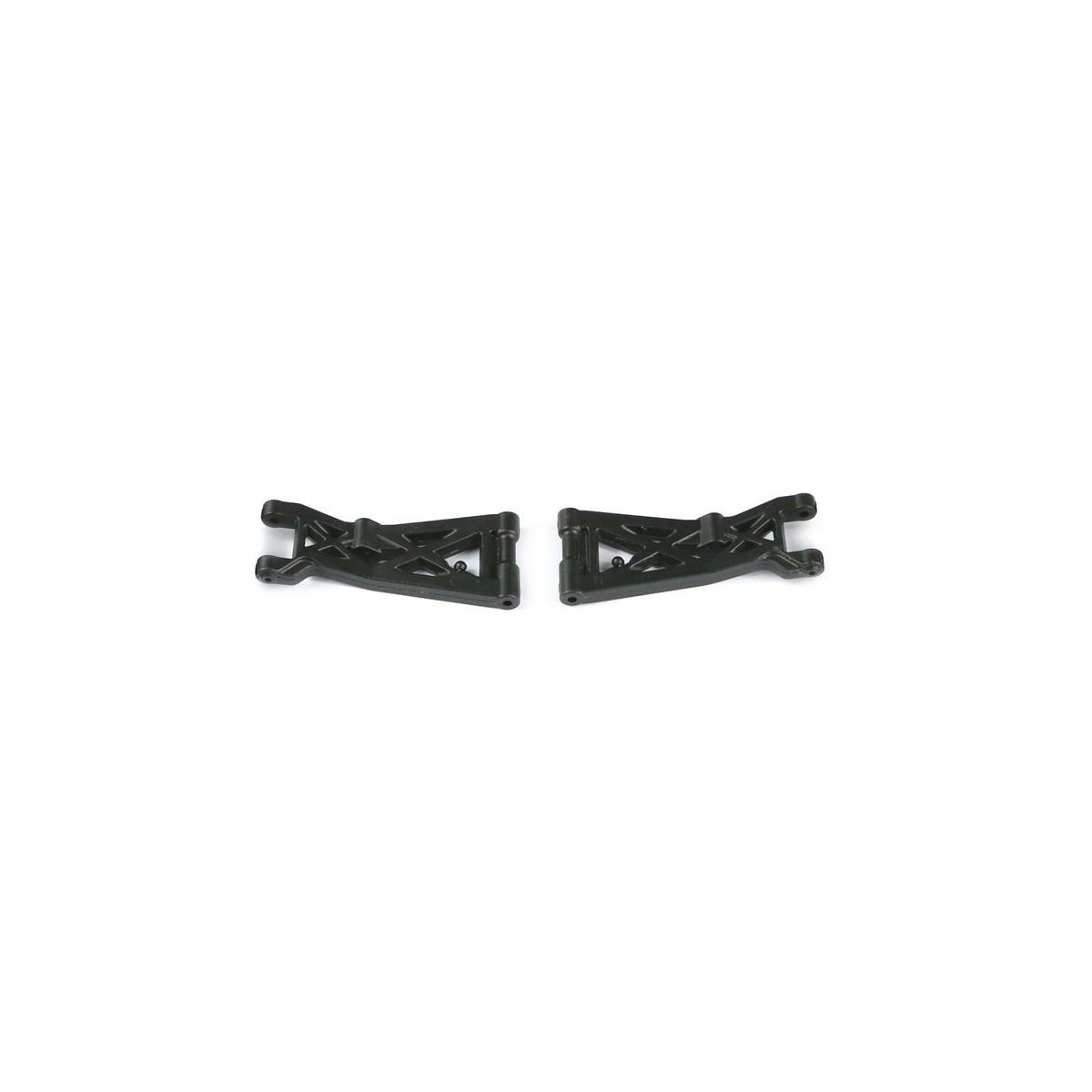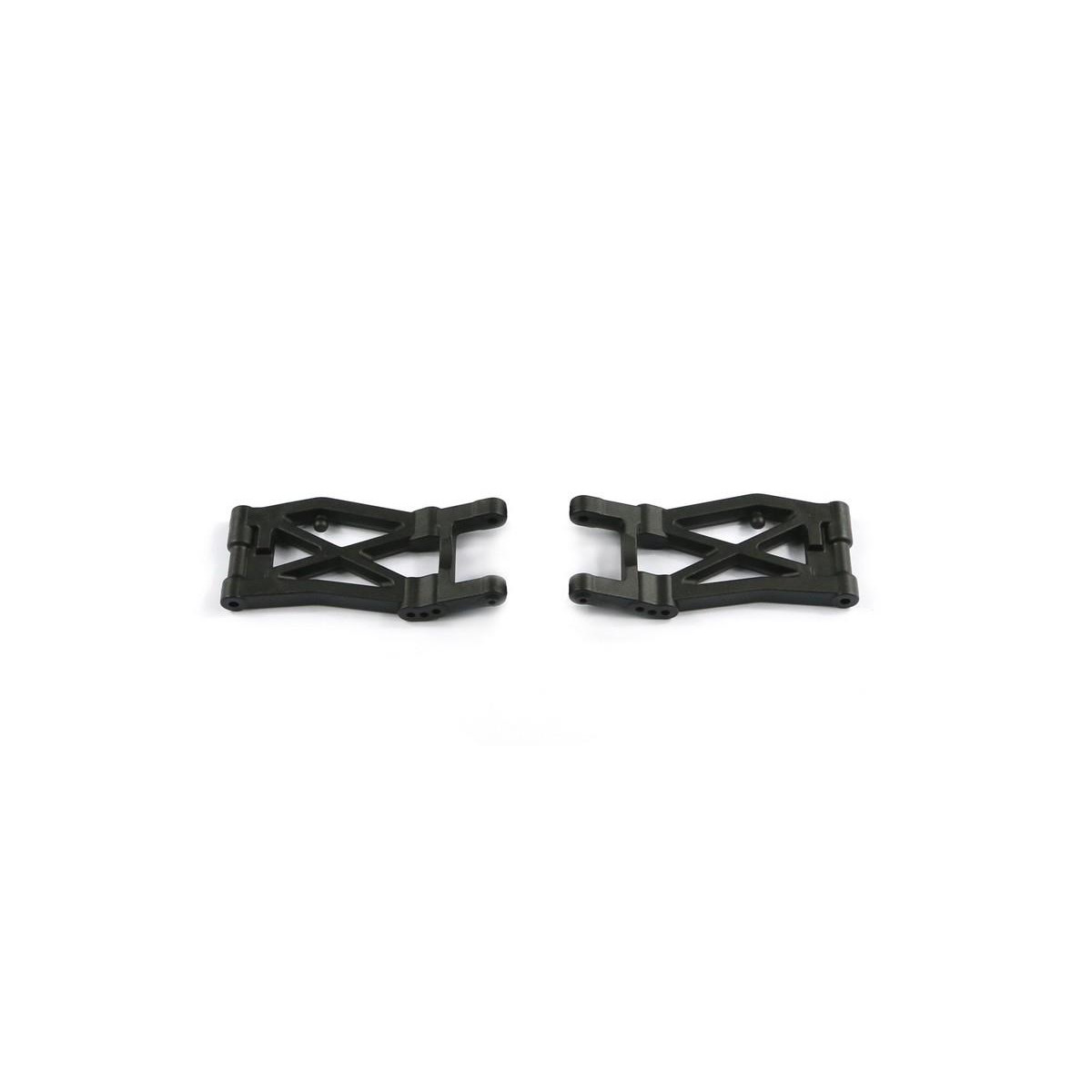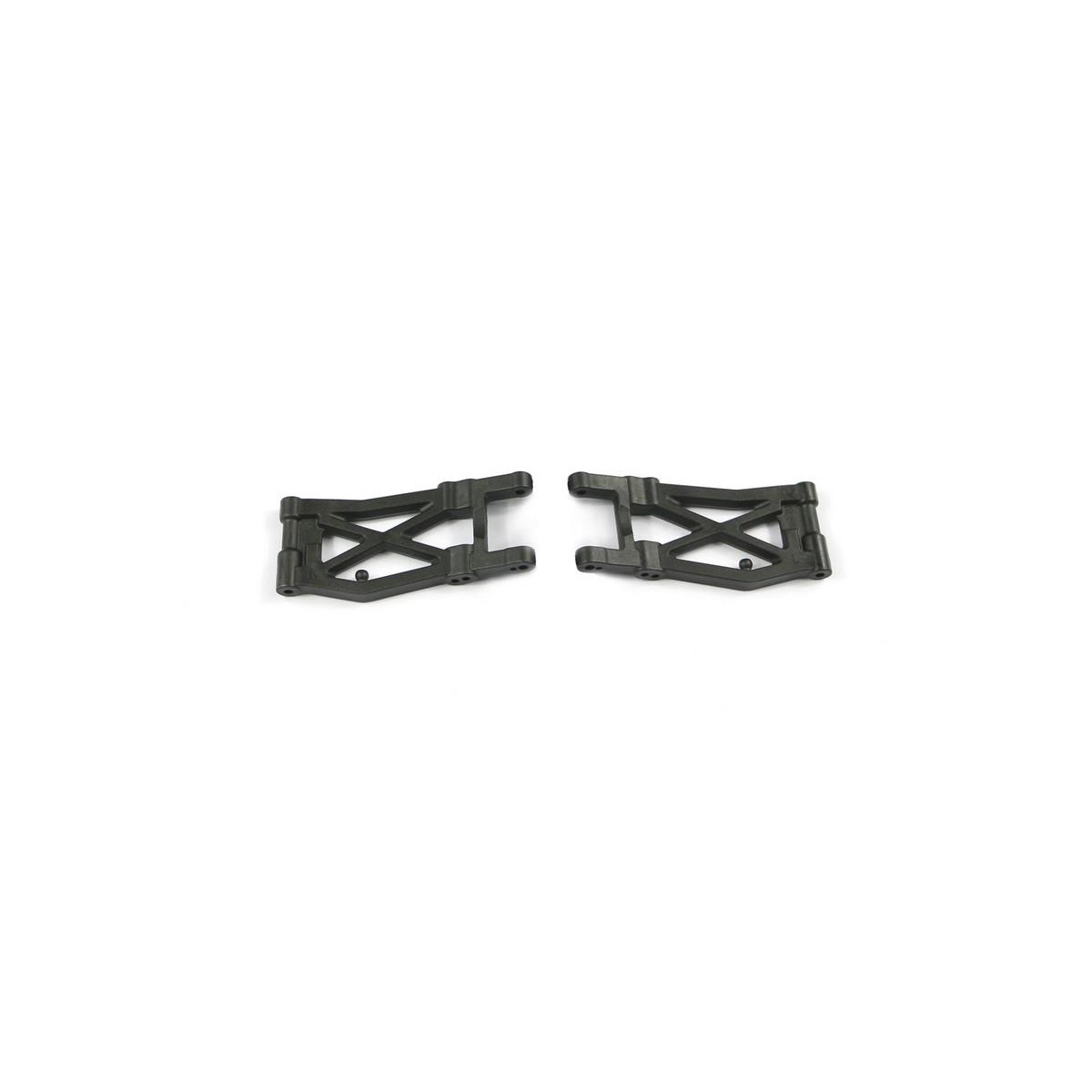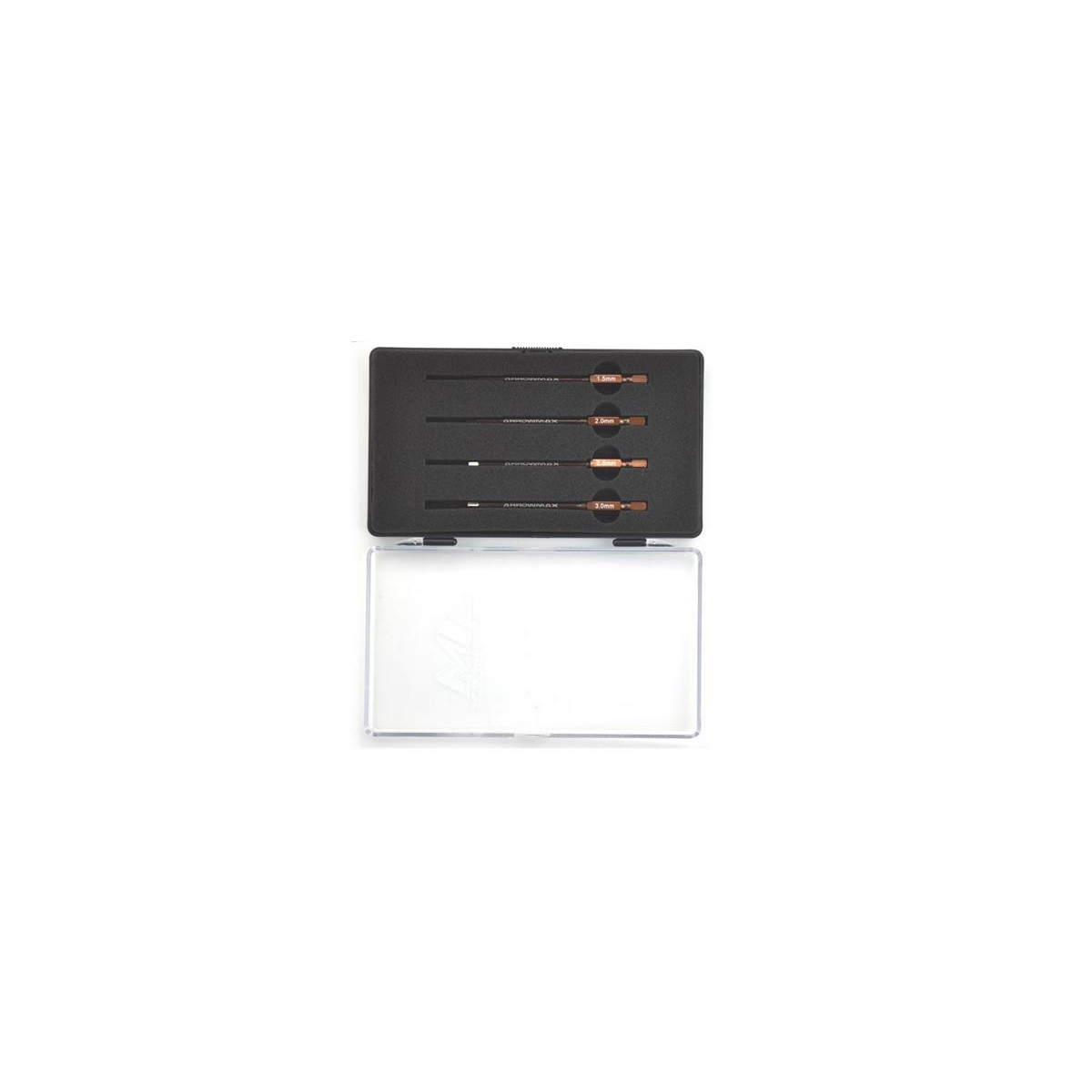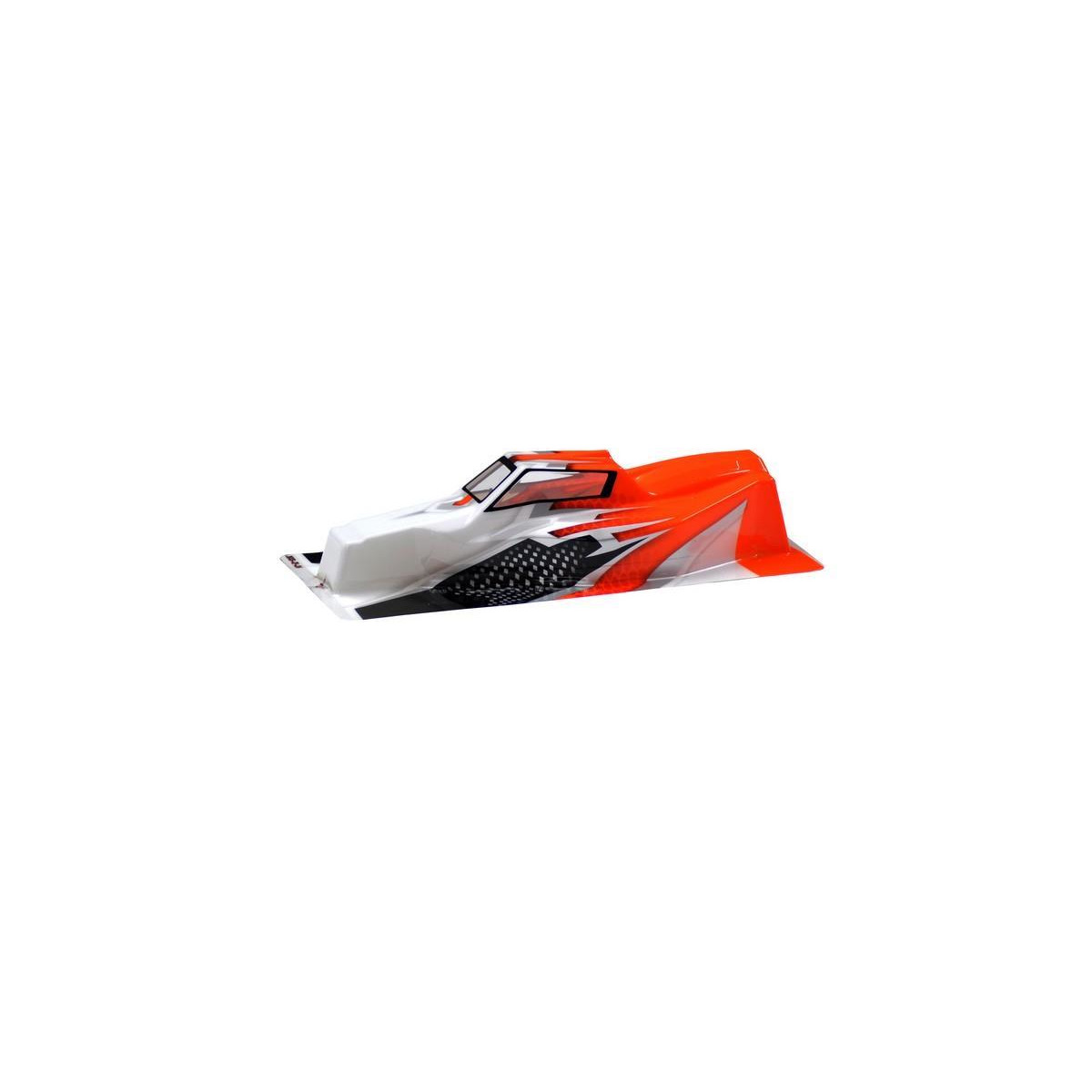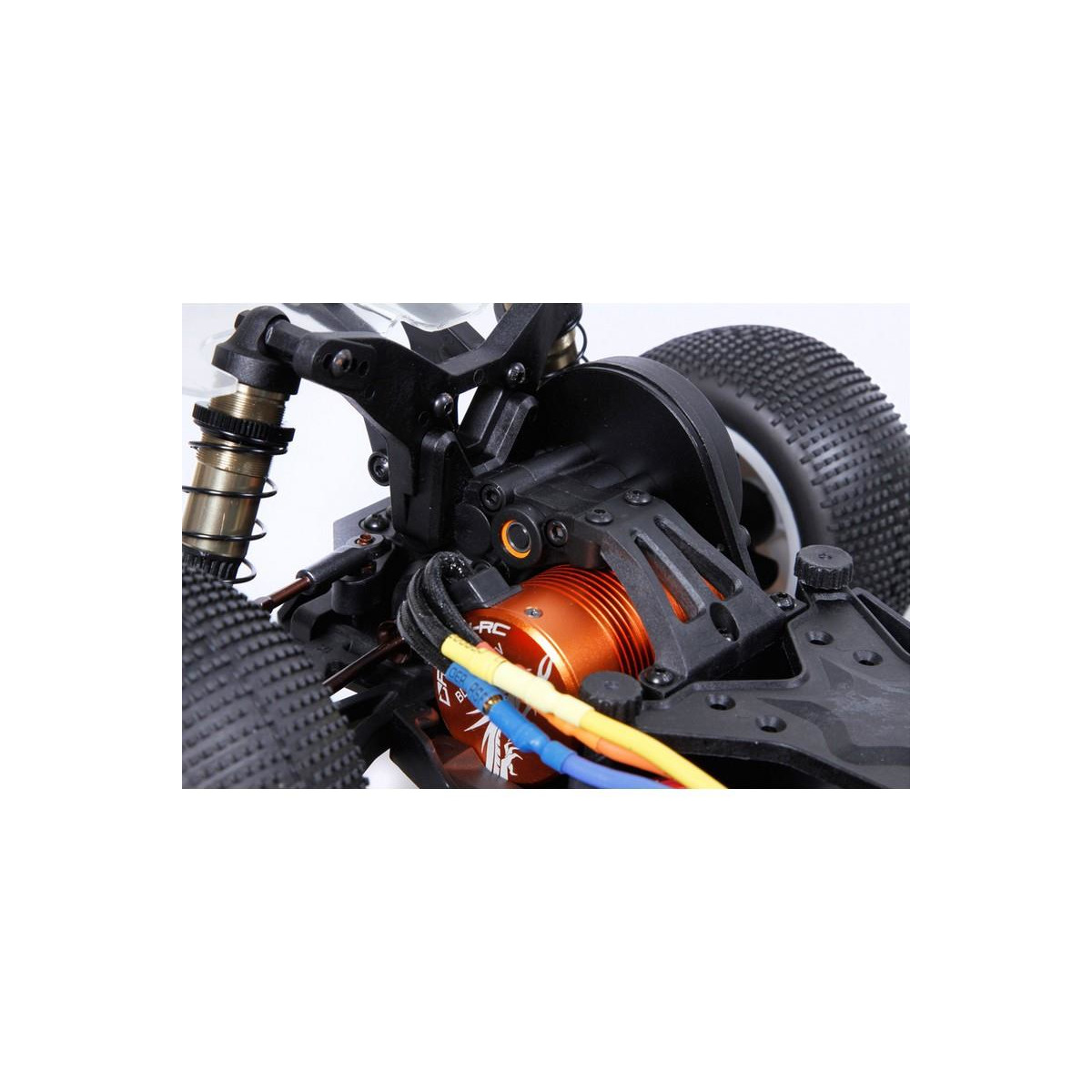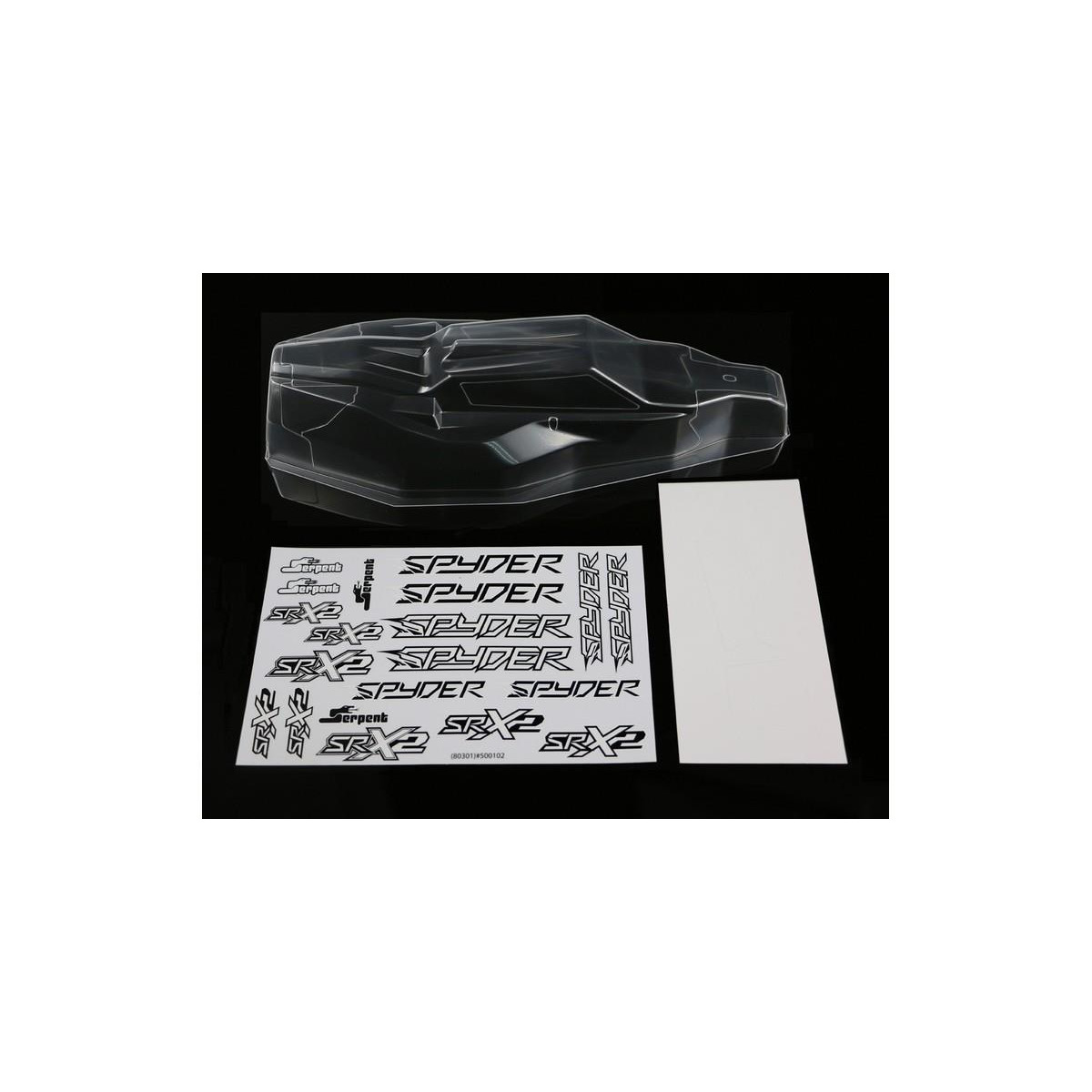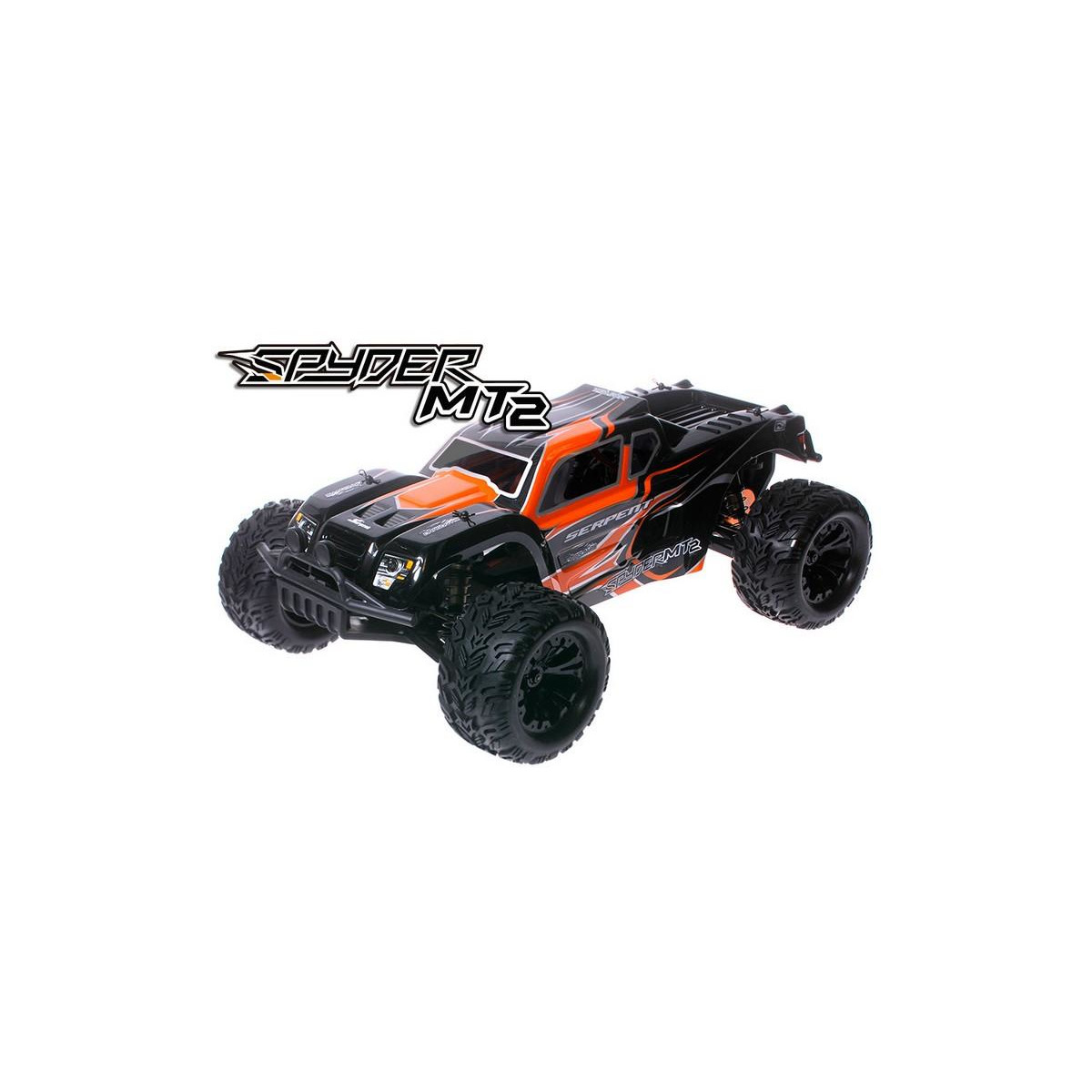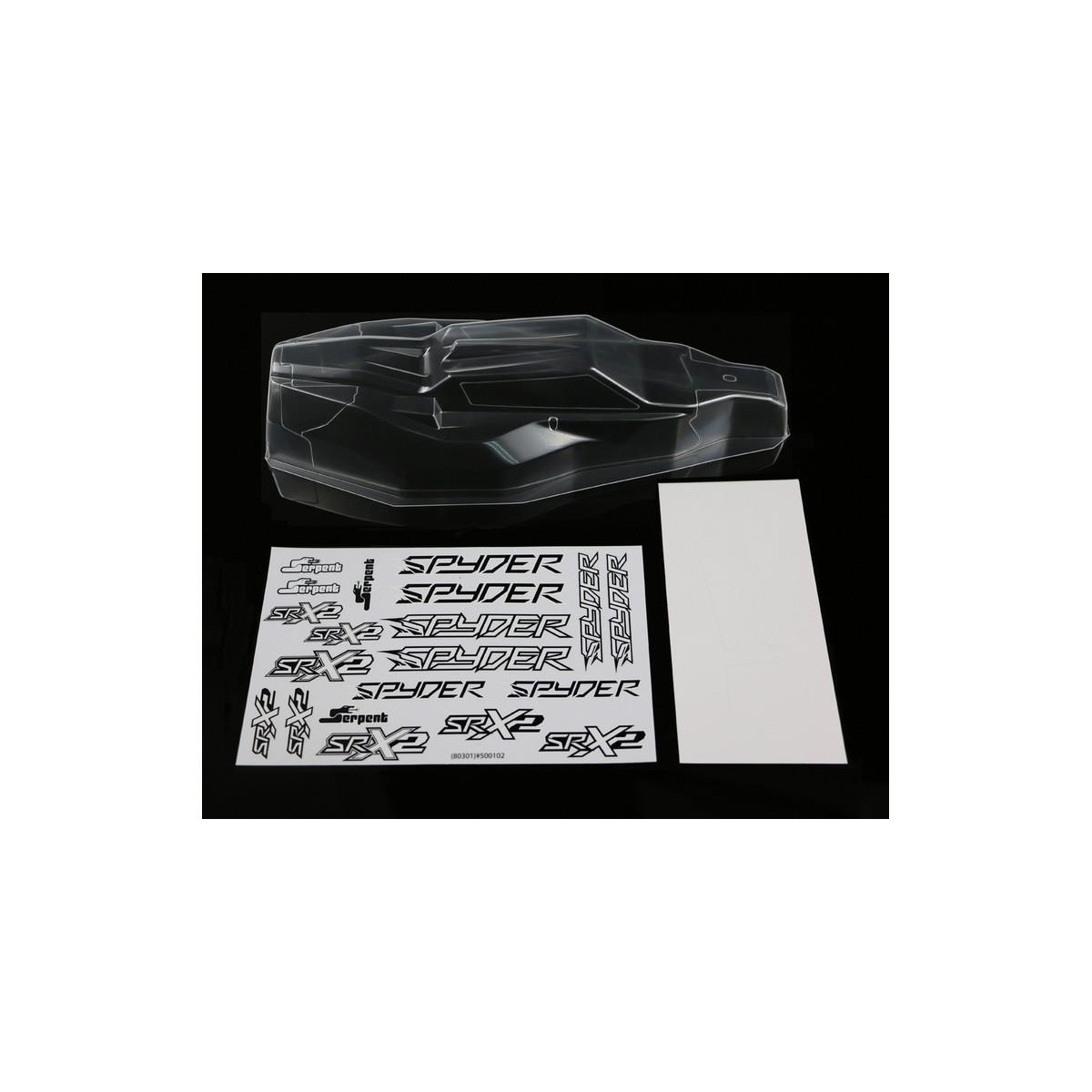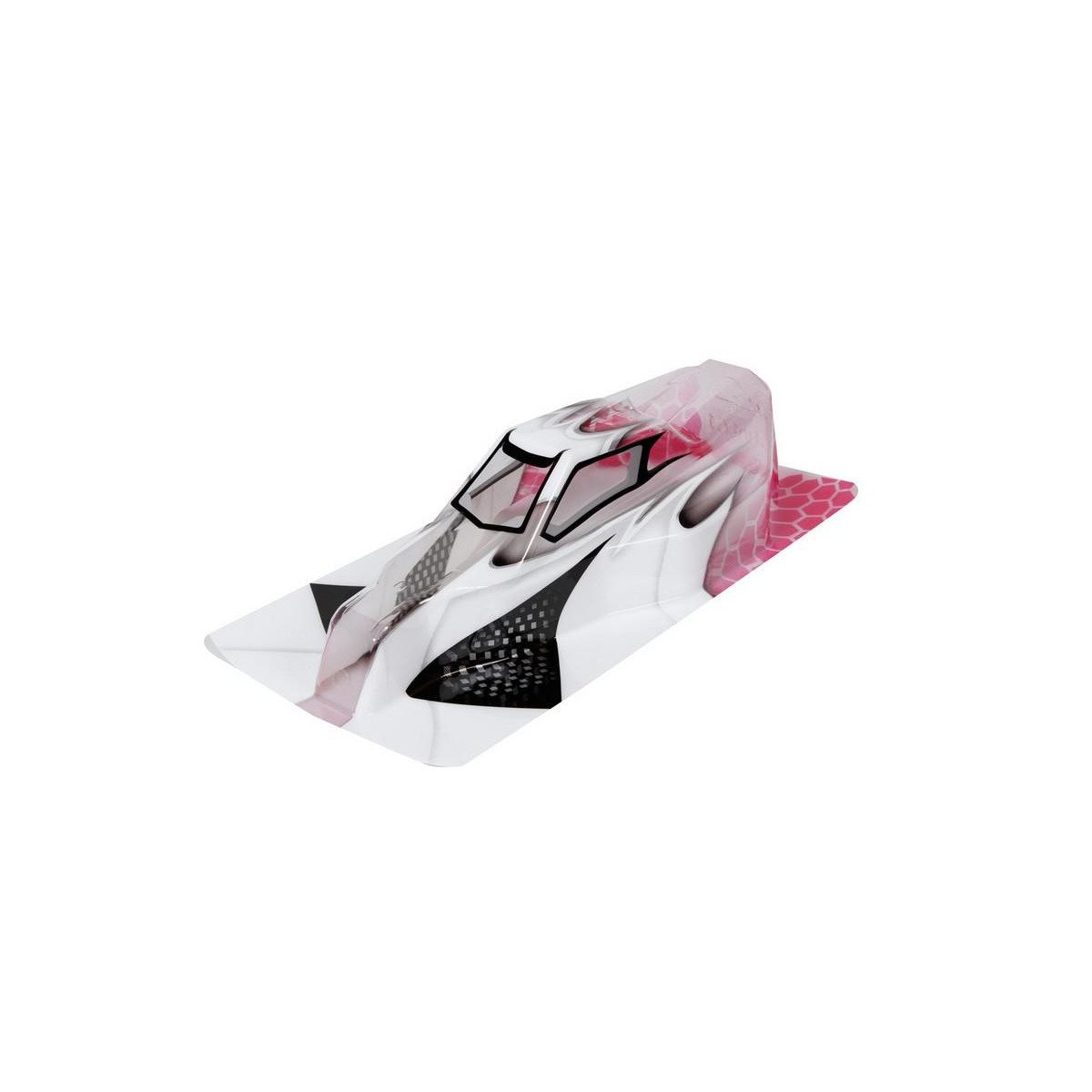Ersatzteile
Serpent
6,49 € *
- 7 Stk Auf Lager
-
Lieferzeit: 1 - 3 Tage (DE - Ausland abweichend)
Serpent
5,99 € *
- 2 Stk Auf Lager
-
Lieferzeit: 1 - 3 Tage (DE - Ausland abweichend)
Serpent
9,99 € *
- 6 Stk Auf Lager
-
Lieferzeit: 1 - 3 Tage (DE - Ausland abweichend)
Serpent
18,49 € *
- 2 Stk Auf Lager
-
Lieferzeit: 1 - 3 Tage (DE - Ausland abweichend)
Serpent
11,49 € *
- 15 Stk Auf Lager
-
Lieferzeit: 1 - 3 Tage (DE - Ausland abweichend)
Serpent
13,49 € *
- 5 Stk Auf Lager
-
Lieferzeit: 1 - 3 Tage (DE - Ausland abweichend)
Serpent
16,99 € *
- 2 Stk Auf Lager
-
Lieferzeit: 1 - 3 Tage (DE - Ausland abweichend)
Serpent
11,49 € *
- 1 Stk Auf Lager
-
Lieferzeit: 1 - 3 Tage (DE - Ausland abweichend)
Serpent
13,49 € *
- 10 Stk Auf Lager
-
Lieferzeit: 1 - 3 Tage (DE - Ausland abweichend)
Serpent
49,99 € *
- 2 Stk Auf Lager
-
Lieferzeit: 1 - 3 Tage (DE - Ausland abweichend)
Serpent
8,99 € *
- 7 Stk Auf Lager
-
Lieferzeit: 1 - 3 Tage (DE - Ausland abweichend)
Serpent
16,49 € *
- 1 Stk Auf Lager
-
Lieferzeit: 1 - 3 Tage (DE - Ausland abweichend)
Serpent
23,49 € *
- 2 Stk Auf Lager
-
Lieferzeit: 1 - 3 Tage (DE - Ausland abweichend)
Serpent
54,99 € *
- 5 Stk Auf Lager
-
Lieferzeit: 1 - 3 Tage (DE - Ausland abweichend)
Serpent
53,99 € *
- 1 Stk Auf Lager
-
Lieferzeit: 1 - 3 Tage (DE - Ausland abweichend)
Serpent
7,99 € *
- 1 Stk Auf Lager
-
Lieferzeit: 1 - 3 Tage (DE - Ausland abweichend)
Serpent
8,49 € *
- 3 Stk Auf Lager
-
Lieferzeit: 1 - 3 Tage (DE - Ausland abweichend)
Serpent
24,49 € *
- 1 Stk Auf Lager
-
Lieferzeit: 1 - 3 Tage (DE - Ausland abweichend)
Serpent
5,99 € *
- 1 Stk Auf Lager
-
Lieferzeit: 1 - 3 Tage (DE - Ausland abweichend)
Serpent
4,99 € *
- 1 Stk Auf Lager
-
Lieferzeit: 1 - 3 Tage (DE - Ausland abweichend)
Serpent
15,49 € *
- 1 Stk Auf Lager
-
Lieferzeit: 1 - 3 Tage (DE - Ausland abweichend)
Serpent
16,49 € *
- 2 Stk Auf Lager
-
Lieferzeit: 1 - 3 Tage (DE - Ausland abweichend)
Serpent
7,49 € *
- 3 Stk Auf Lager
-
Lieferzeit: 1 - 3 Tage (DE - Ausland abweichend)
Serpent
7,99 € *
- 1 Stk Auf Lager
-
Lieferzeit: 1 - 3 Tage (DE - Ausland abweichend)
Serpent
7,49 € *
- 7 Stk Auf Lager
-
Lieferzeit: 1 - 3 Tage (DE - Ausland abweichend)
Serpent
7,49 € *
- 5 Stk Auf Lager
-
Lieferzeit: 1 - 3 Tage (DE - Ausland abweichend)
Serpent
22,99 € *
- 1 Stk Auf Lager
-
Lieferzeit: 1 - 3 Tage (DE - Ausland abweichend)
Serpent
7,49 € *
- 3 Stk Auf Lager
-
Lieferzeit: 1 - 3 Tage (DE - Ausland abweichend)
Serpent
7,99 € *
- 1 Stk Auf Lager
-
Lieferzeit: 1 - 3 Tage (DE - Ausland abweichend)
Serpent
8,49 € *
- 4 Stk Auf Lager
-
Lieferzeit: 1 - 3 Tage (DE - Ausland abweichend)
Serpent
7,99 € *
- 1 Stk Auf Lager
-
Lieferzeit: 1 - 3 Tage (DE - Ausland abweichend)
Serpent
4,49 € *
- 1 Stk Auf Lager
-
Lieferzeit: 1 - 3 Tage (DE - Ausland abweichend)
Serpent
7,99 € *
- 4 Stk Auf Lager
-
Lieferzeit: 1 - 3 Tage (DE - Ausland abweichend)
Serpent
7,49 € *
- 1 Stk Auf Lager
-
Lieferzeit: 1 - 3 Tage (DE - Ausland abweichend)
Serpent
7,49 € *
- 4 Stk Auf Lager
-
Lieferzeit: 1 - 3 Tage (DE - Ausland abweichend)
Serpent
7,49 € *
- 5 Stk Auf Lager
-
Lieferzeit: 1 - 3 Tage (DE - Ausland abweichend)
Serpent
4,49 € *
- 4 Stk Auf Lager
-
Lieferzeit: 1 - 3 Tage (DE - Ausland abweichend)
Serpent
8,99 € *
- 2 Stk Auf Lager
-
Lieferzeit: 1 - 3 Tage (DE - Ausland abweichend)
Serpent
11,99 € *
- 3 Stk Auf Lager
-
Lieferzeit: 1 - 3 Tage (DE - Ausland abweichend)
Serpent
9,99 € *
- 3 Stk Auf Lager
-
Lieferzeit: 1 - 3 Tage (DE - Ausland abweichend)
Serpent
7,49 € *
- 5 Stk Auf Lager
-
Lieferzeit: 1 - 3 Tage (DE - Ausland abweichend)
Serpent
7,49 € *
- 4 Stk Auf Lager
-
Lieferzeit: 1 - 3 Tage (DE - Ausland abweichend)
Serpent
8,99 € *
- 1 Stk Auf Lager
-
Lieferzeit: 1 - 3 Tage (DE - Ausland abweichend)
Serpent
7,99 € *
- 1 Stk Auf Lager
-
Lieferzeit: 1 - 3 Tage (DE - Ausland abweichend)
Serpent
3,49 € *
- 1 Stk Auf Lager
-
Lieferzeit: 1 - 3 Tage (DE - Ausland abweichend)
Serpent
7,99 € *
- 2 Stk Auf Lager
-
Lieferzeit: 1 - 3 Tage (DE - Ausland abweichend)
Serpent
7,99 € *
- 1 Stk Auf Lager
-
Lieferzeit: 1 - 3 Tage (DE - Ausland abweichend)
Serpent
7,99 € *
- 7 Stk Auf Lager
-
Lieferzeit: 1 - 3 Tage (DE - Ausland abweichend)
Serpent
7,99 € *
- 2 Stk Auf Lager
-
Lieferzeit: 1 - 3 Tage (DE - Ausland abweichend)
Serpent
8,49 € *
- 1 Stk Auf Lager
-
Lieferzeit: 1 - 3 Tage (DE - Ausland abweichend)
Serpent
5,99 € *
- 1 Stk Auf Lager
-
Lieferzeit: 1 - 3 Tage (DE - Ausland abweichend)
Serpent
18,49 € *
- 1 Stk Auf Lager
-
Lieferzeit: 1 - 3 Tage (DE - Ausland abweichend)
Serpent
21,99 € *
- 1 Stk Auf Lager
-
Lieferzeit: 1 - 3 Tage (DE - Ausland abweichend)
Serpent
7,49 € *
- 3 Stk Auf Lager
-
Lieferzeit: 1 - 3 Tage (DE - Ausland abweichend)
Serpent
4,99 € *
- 1 Stk Auf Lager
-
Lieferzeit: 1 - 3 Tage (DE - Ausland abweichend)
Serpent
9,99 € *
- 1 Stk Auf Lager
-
Lieferzeit: 1 - 3 Tage (DE - Ausland abweichend)
Serpent
16,49 € *
- 4 Stk Auf Lager
-
Lieferzeit: 1 - 3 Tage (DE - Ausland abweichend)
Serpent
9,49 € *
- 2 Stk Auf Lager
-
Lieferzeit: 1 - 3 Tage (DE - Ausland abweichend)
Serpent
16,99 € *
- 4 Stk Auf Lager
-
Lieferzeit: 1 - 3 Tage (DE - Ausland abweichend)
Serpent
12,99 € *
- 9 Stk Auf Lager
-
Lieferzeit: 1 - 3 Tage (DE - Ausland abweichend)
Serpent
21,99 € *
- 2 Stk Auf Lager
-
Lieferzeit: 1 - 3 Tage (DE - Ausland abweichend)
Serpent
23,49 € *
- 1 Stk Auf Lager
-
Lieferzeit: 1 - 3 Tage (DE - Ausland abweichend)
Serpent
7,99 € *
- 2 Stk Auf Lager
-
Lieferzeit: 1 - 3 Tage (DE - Ausland abweichend)
Serpent
13,49 € *
- 1 Stk Auf Lager
-
Lieferzeit: 1 - 3 Tage (DE - Ausland abweichend)
Serpent
11,99 € *
- 2 Stk Auf Lager
-
Lieferzeit: 1 - 3 Tage (DE - Ausland abweichend)
Serpent
12,99 € *
- 1 Stk Auf Lager
-
Lieferzeit: 1 - 3 Tage (DE - Ausland abweichend)
Serpent
21,49 € *
- 4 Stk Auf Lager
-
Lieferzeit: 1 - 3 Tage (DE - Ausland abweichend)
Serpent
6,49 € *
- 2 Stk Auf Lager
-
Lieferzeit: 1 - 3 Tage (DE - Ausland abweichend)
Serpent
16,99 € *
- 8 Stk Auf Lager
-
Lieferzeit: 1 - 3 Tage (DE - Ausland abweichend)
Serpent
7,99 € *
- 6 Stk Auf Lager
-
Lieferzeit: 1 - 3 Tage (DE - Ausland abweichend)
Serpent
7,99 € *
- 8 Stk Auf Lager
-
Lieferzeit: 1 - 3 Tage (DE - Ausland abweichend)
Serpent
5,99 € *
- 4 Stk Auf Lager
-
Lieferzeit: 1 - 3 Tage (DE - Ausland abweichend)
Serpent
30,99 € *
- 1 Stk Auf Lager
-
Lieferzeit: 1 - 3 Tage (DE - Ausland abweichend)
Serpent
4,49 € *
- 2 Stk Auf Lager
-
Lieferzeit: 1 - 3 Tage (DE - Ausland abweichend)
Serpent
35,99 € *
- 1 Stk Auf Lager
-
Lieferzeit: 1 - 3 Tage (DE - Ausland abweichend)
Serpent
16,49 € *
- 1 Stk Auf Lager
-
Lieferzeit: 1 - 3 Tage (DE - Ausland abweichend)
Serpent
50,99 € *
- 3 Stk Auf Lager
-
Lieferzeit: 1 - 3 Tage (DE - Ausland abweichend)
Serpent
8,99 € *
- 3 Stk Auf Lager
-
Lieferzeit: 1 - 3 Tage (DE - Ausland abweichend)
Serpent
18,99 € *
- 1 Stk Auf Lager
-
Lieferzeit: 1 - 3 Tage (DE - Ausland abweichend)
Serpent
34,49 € *
- 2 Stk Auf Lager
-
Lieferzeit: 1 - 3 Tage (DE - Ausland abweichend)
Serpent
7,49 € *
- 2 Stk Auf Lager
-
Lieferzeit: 1 - 3 Tage (DE - Ausland abweichend)
Serpent
7,49 € *
- 3 Stk Auf Lager
-
Lieferzeit: 1 - 3 Tage (DE - Ausland abweichend)
Serpent
7,49 € *
- 2 Stk Auf Lager
-
Lieferzeit: 1 - 3 Tage (DE - Ausland abweichend)
Serpent
24,49 € *
- 1 Stk Auf Lager
-
Lieferzeit: 1 - 3 Tage (DE - Ausland abweichend)
Serpent
4,49 € *
- 3 Stk Auf Lager
-
Lieferzeit: 1 - 3 Tage (DE - Ausland abweichend)
Serpent
11,99 € *
- 3 Stk Auf Lager
-
Lieferzeit: 1 - 3 Tage (DE - Ausland abweichend)
Serpent
4,99 € *
- 1 Stk Auf Lager
-
Lieferzeit: 1 - 3 Tage (DE - Ausland abweichend)
Serpent
13,49 € *
- 2 Stk Auf Lager
-
Lieferzeit: 1 - 3 Tage (DE - Ausland abweichend)
Serpent
34,49 € *
- 1 Stk Auf Lager
-
Lieferzeit: 1 - 3 Tage (DE - Ausland abweichend)
Serpent
44,99 € *
- 2 Stk Auf Lager
-
Lieferzeit: 1 - 3 Tage (DE - Ausland abweichend)
Serpent
29,49 € *
- 1 Stk Auf Lager
-
Lieferzeit: 1 - 3 Tage (DE - Ausland abweichend)
Serpent
11,99 € *
- 4 Stk Auf Lager
-
Lieferzeit: 1 - 3 Tage (DE - Ausland abweichend)
Serpent
31,99 € *
- 1 Stk Auf Lager
-
Lieferzeit: 1 - 3 Tage (DE - Ausland abweichend)
Serpent
13,99 € *
- 1 Stk Auf Lager
-
Lieferzeit: 1 - 3 Tage (DE - Ausland abweichend)
Serpent
15,99 € *
- 2 Stk Auf Lager
-
Lieferzeit: 1 - 3 Tage (DE - Ausland abweichend)
Serpent
15,99 € *
- 1 Stk Auf Lager
-
Lieferzeit: 1 - 3 Tage (DE - Ausland abweichend)
Serpent
10,49 € *
- 4 Stk Auf Lager
-
Lieferzeit: 1 - 3 Tage (DE - Ausland abweichend)
Serpent
7,49 € *
- 2 Stk Auf Lager
-
Lieferzeit: 1 - 3 Tage (DE - Ausland abweichend)
Serpent
7,49 € *
- 3 Stk Auf Lager
-
Lieferzeit: 1 - 3 Tage (DE - Ausland abweichend)
Serpent
21,49 € *
- 9 Stk Auf Lager
-
Lieferzeit: 1 - 3 Tage (DE - Ausland abweichend)
Serpent
27,99 € *
- 3 Stk Auf Lager
-
Lieferzeit: 1 - 3 Tage (DE - Ausland abweichend)
Serpent
14,99 € *
- 3 Stk Auf Lager
-
Lieferzeit: 1 - 3 Tage (DE - Ausland abweichend)
Serpent
13,49 € *
- 1 Stk Auf Lager
-
Lieferzeit: 1 - 3 Tage (DE - Ausland abweichend)
Serpent
7,99 € *
- 1 Stk Auf Lager
-
Lieferzeit: 1 - 3 Tage (DE - Ausland abweichend)
Serpent
11,49 € *
- 3 Stk Auf Lager
-
Lieferzeit: 1 - 3 Tage (DE - Ausland abweichend)
Serpent
4,49 € *
- 2 Stk Auf Lager
-
Lieferzeit: 1 - 3 Tage (DE - Ausland abweichend)
Serpent
7,99 € *
- 3 Stk Auf Lager
-
Lieferzeit: 1 - 3 Tage (DE - Ausland abweichend)
Serpent
10,49 € *
- 3 Stk Auf Lager
-
Lieferzeit: 1 - 3 Tage (DE - Ausland abweichend)
Serpent
9,99 € *
- 6 Stk Auf Lager
-
Lieferzeit: 1 - 3 Tage (DE - Ausland abweichend)
Serpent
6,49 € *
- Artikel vergriffen
Serpent
6,49 € *
- Artikel vergriffen
Serpent
7,99 € *
- Artikel vergriffen
Serpent
3,99 € *
- Artikel vergriffen
Serpent
10,99 € *
- Artikel vergriffen
Serpent
9,99 € *
- Artikel vergriffen
Serpent
13,99 € *
- Artikel vergriffen
Serpent
29,99 € *
- Artikel vergriffen
Serpent
15,49 € *
- Artikel vergriffen
Serpent
36,49 € *
- Artikel vergriffen
Option Parts
Serpent
6,49 € *
- 2 Stk Auf Lager
-
Lieferzeit: 1 - 3 Tage (DE - Ausland abweichend)
Serpent
6,49 € *
- 3 Stk Auf Lager
-
Lieferzeit: 1 - 3 Tage (DE - Ausland abweichend)
Serpent
6,49 € *
- 1 Stk Auf Lager
-
Lieferzeit: 1 - 3 Tage (DE - Ausland abweichend)
Serpent
6,49 € *
- 10 Stk Auf Lager
-
Lieferzeit: 1 - 3 Tage (DE - Ausland abweichend)
Serpent
6,49 € *
- 1 Stk Auf Lager
-
Lieferzeit: 1 - 3 Tage (DE - Ausland abweichend)
Serpent
29,49 € *
- 1 Stk Auf Lager
-
Lieferzeit: 1 - 3 Tage (DE - Ausland abweichend)
Serpent
5,99 € *
- 3 Stk Auf Lager
-
Lieferzeit: 1 - 3 Tage (DE - Ausland abweichend)
Serpent
5,99 € *
- 3 Stk Auf Lager
-
Lieferzeit: 1 - 3 Tage (DE - Ausland abweichend)
Serpent
15,99 € *
- 1 Stk Auf Lager
-
Lieferzeit: 1 - 3 Tage (DE - Ausland abweichend)
Serpent
15,99 € *
- 1 Stk Auf Lager
-
Lieferzeit: 1 - 3 Tage (DE - Ausland abweichend)
Serpent
15,99 € *
- 1 Stk Auf Lager
-
Lieferzeit: 1 - 3 Tage (DE - Ausland abweichend)
Serpent
7,99 € *
- 1 Stk Auf Lager
-
Lieferzeit: 1 - 3 Tage (DE - Ausland abweichend)
Serpent
6,49 € *
- 5 Stk Auf Lager
-
Lieferzeit: 1 - 3 Tage (DE - Ausland abweichend)
Serpent
6,49 € *
- 7 Stk Auf Lager
-
Lieferzeit: 1 - 3 Tage (DE - Ausland abweichend)
Serpent
6,99 € *
- 5 Stk Auf Lager
-
Lieferzeit: 1 - 3 Tage (DE - Ausland abweichend)
Serpent
32,99 € *
- 2 Stk Auf Lager
-
Lieferzeit: 1 - 3 Tage (DE - Ausland abweichend)
Serpent
9,99 € *
- 4 Stk Auf Lager
-
Lieferzeit: 1 - 3 Tage (DE - Ausland abweichend)
Serpent
43,99 € *
- 3 Stk Auf Lager
-
Lieferzeit: 1 - 3 Tage (DE - Ausland abweichend)
Serpent
14,49 € *
- 1 Stk Auf Lager
-
Lieferzeit: 1 - 3 Tage (DE - Ausland abweichend)
Serpent
15,49 € *
- 1 Stk Auf Lager
-
Lieferzeit: 1 - 3 Tage (DE - Ausland abweichend)
Serpent
7,49 € *
- 2 Stk Auf Lager
-
Lieferzeit: 1 - 3 Tage (DE - Ausland abweichend)
Serpent
7,49 € *
- 1 Stk Auf Lager
-
Lieferzeit: 1 - 3 Tage (DE - Ausland abweichend)
Serpent
11,99 € *
- 3 Stk Auf Lager
-
Lieferzeit: 1 - 3 Tage (DE - Ausland abweichend)
Serpent
15,49 € *
- 1 Stk Auf Lager
-
Lieferzeit: 1 - 3 Tage (DE - Ausland abweichend)
Serpent
11,49 € *
- 4 Stk Auf Lager
-
Lieferzeit: 1 - 3 Tage (DE - Ausland abweichend)
Serpent
27,99 € *
- 3 Stk Auf Lager
-
Lieferzeit: 1 - 3 Tage (DE - Ausland abweichend)
Serpent
7,49 € *
- 4 Stk Auf Lager
-
Lieferzeit: 1 - 3 Tage (DE - Ausland abweichend)
Serpent
23,49 € *
- 3 Stk Auf Lager
-
Lieferzeit: 1 - 3 Tage (DE - Ausland abweichend)
Serpent
23,49 € *
- 7 Stk Auf Lager
-
Lieferzeit: 1 - 3 Tage (DE - Ausland abweichend)
Serpent
30,99 € *
- 2 Stk Auf Lager
-
Lieferzeit: 1 - 3 Tage (DE - Ausland abweichend)
Serpent
62,99 € *
- 3 Stk Auf Lager
-
Lieferzeit: 1 - 3 Tage (DE - Ausland abweichend)
Serpent
19,49 € *
- 5 Stk Auf Lager
-
Lieferzeit: 1 - 3 Tage (DE - Ausland abweichend)
Serpent
16,99 € *
- 3 Stk Auf Lager
-
Lieferzeit: 1 - 3 Tage (DE - Ausland abweichend)
Serpent
24,49 € *
- 3 Stk Auf Lager
-
Lieferzeit: 1 - 3 Tage (DE - Ausland abweichend)
Serpent
63,49 € *
- 2 Stk Auf Lager
-
Lieferzeit: 1 - 3 Tage (DE - Ausland abweichend)
Serpent
10,49 € *
- 1 Stk Auf Lager
-
Lieferzeit: 1 - 3 Tage (DE - Ausland abweichend)
Serpent
7,99 € *
- 1 Stk Auf Lager
-
Lieferzeit: 1 - 3 Tage (DE - Ausland abweichend)
Serpent
16,49 € *
- 1 Stk Auf Lager
-
Lieferzeit: 1 - 3 Tage (DE - Ausland abweichend)
Serpent
82,49 € *
- 2 Stk Auf Lager
-
Lieferzeit: 1 - 3 Tage (DE - Ausland abweichend)
Serpent
40,49 € *
- 5 Stk Auf Lager
-
Lieferzeit: 1 - 3 Tage (DE - Ausland abweichend)
Serpent
22,49 € *
- 1 Stk Auf Lager
-
Lieferzeit: 1 - 3 Tage (DE - Ausland abweichend)
Serpent
22,49 € *
- 2 Stk Auf Lager
-
Lieferzeit: 1 - 3 Tage (DE - Ausland abweichend)
Serpent
8,49 € *
- 4 Stk Auf Lager
-
Lieferzeit: 1 - 3 Tage (DE - Ausland abweichend)
Serpent
6,49 € *
- 1 Stk Auf Lager
-
Lieferzeit: 1 - 3 Tage (DE - Ausland abweichend)
Serpent
19,49 € *
- 8 Stk Auf Lager
-
Lieferzeit: 1 - 3 Tage (DE - Ausland abweichend)
Serpent
19,49 € *
- 8 Stk Auf Lager
-
Lieferzeit: 1 - 3 Tage (DE - Ausland abweichend)
Serpent
19,49 € *
- 1 Stk Auf Lager
-
Lieferzeit: 1 - 3 Tage (DE - Ausland abweichend)
Serpent
11,49 € *
- 1 Stk Auf Lager
-
Lieferzeit: 1 - 3 Tage (DE - Ausland abweichend)
Serpent
11,49 € *
- 1 Stk Auf Lager
-
Lieferzeit: 1 - 3 Tage (DE - Ausland abweichend)
Serpent
11,49 € *
- 1 Stk Auf Lager
-
Lieferzeit: 1 - 3 Tage (DE - Ausland abweichend)
Serpent
21,99 € *
- 2 Stk Auf Lager
-
Lieferzeit: 1 - 3 Tage (DE - Ausland abweichend)
Serpent
7,99 € *
- 3 Stk Auf Lager
-
Lieferzeit: 1 - 3 Tage (DE - Ausland abweichend)
Serpent
7,99 € *
- 1 Stk Auf Lager
-
Lieferzeit: 1 - 3 Tage (DE - Ausland abweichend)
Serpent
7,99 € *
- 2 Stk Auf Lager
-
Lieferzeit: 1 - 3 Tage (DE - Ausland abweichend)
Serpent
7,99 € *
- 4 Stk Auf Lager
-
Lieferzeit: 1 - 3 Tage (DE - Ausland abweichend)
Serpent
7,99 € *
- 4 Stk Auf Lager
-
Lieferzeit: 1 - 3 Tage (DE - Ausland abweichend)
Serpent
7,99 € *
- 1 Stk Auf Lager
-
Lieferzeit: 1 - 3 Tage (DE - Ausland abweichend)
Serpent
7,99 € *
- 1 Stk Auf Lager
-
Lieferzeit: 1 - 3 Tage (DE - Ausland abweichend)
Serpent
7,99 € *
- 5 Stk Auf Lager
-
Lieferzeit: 1 - 3 Tage (DE - Ausland abweichend)
Serpent
7,99 € *
- 2 Stk Auf Lager
-
Lieferzeit: 1 - 3 Tage (DE - Ausland abweichend)
Serpent
7,99 € *
- 5 Stk Auf Lager
-
Lieferzeit: 1 - 3 Tage (DE - Ausland abweichend)
Serpent
7,99 € *
- 3 Stk Auf Lager
-
Lieferzeit: 1 - 3 Tage (DE - Ausland abweichend)
Serpent
7,99 € *
- 2 Stk Auf Lager
-
Lieferzeit: 1 - 3 Tage (DE - Ausland abweichend)
Serpent
53,99 € *
- 1 Stk Auf Lager
-
Lieferzeit: 1 - 3 Tage (DE - Ausland abweichend)
Serpent
7,49 € *
- 3 Stk Auf Lager
-
Lieferzeit: 1 - 3 Tage (DE - Ausland abweichend)
Serpent
7,49 € *
- 4 Stk Auf Lager
-
Lieferzeit: 1 - 3 Tage (DE - Ausland abweichend)
Serpent
7,49 € *
- 4 Stk Auf Lager
-
Lieferzeit: 1 - 3 Tage (DE - Ausland abweichend)
Serpent
7,49 € *
- 2 Stk Auf Lager
-
Lieferzeit: 1 - 3 Tage (DE - Ausland abweichend)
Serpent
15,99 € *
- 2 Stk Auf Lager
-
Lieferzeit: 1 - 3 Tage (DE - Ausland abweichend)
Serpent
15,99 € *
- 1 Stk Auf Lager
-
Lieferzeit: 1 - 3 Tage (DE - Ausland abweichend)
Serpent
71,49 € *
- 1 Stk Auf Lager
-
Lieferzeit: 1 - 3 Tage (DE - Ausland abweichend)
Serpent
34,49 € *
- 2 Stk Auf Lager
-
Lieferzeit: 1 - 3 Tage (DE - Ausland abweichend)
Serpent
41,49 € *
- 1 Stk Auf Lager
-
Lieferzeit: 1 - 3 Tage (DE - Ausland abweichend)
Serpent
41,49 € *
- 1 Stk Auf Lager
-
Lieferzeit: 1 - 3 Tage (DE - Ausland abweichend)
Serpent
13,49 € *
- 1 Stk Auf Lager
-
Lieferzeit: 1 - 3 Tage (DE - Ausland abweichend)
Serpent
30,99 € *
- 2 Stk Auf Lager
-
Lieferzeit: 1 - 3 Tage (DE - Ausland abweichend)
Serpent
14,99 € *
- 2 Stk Auf Lager
-
Lieferzeit: 1 - 3 Tage (DE - Ausland abweichend)
Serpent
21,99 € *
- 4 Stk Auf Lager
-
Lieferzeit: 1 - 3 Tage (DE - Ausland abweichend)
Serpent
7,99 € *
- 2 Stk Auf Lager
-
Lieferzeit: 1 - 3 Tage (DE - Ausland abweichend)
Serpent
11,99 € *
- 6 Stk Auf Lager
-
Lieferzeit: 1 - 3 Tage (DE - Ausland abweichend)
Serpent
9,99 € *
- 5 Stk Auf Lager
-
Lieferzeit: 1 - 3 Tage (DE - Ausland abweichend)
Serpent
71,49 € *
- Artikel vergriffen
Serpent
11,49 € *
- Artikel vergriffen
Serpent
10,49 € *
- Artikel vergriffen
Serpent
19,49 € *
- Artikel vergriffen
Serpent
53,49 € *
- Artikel vergriffen
Serpent
48,49 € *
- Artikel vergriffen
Serpent
48,49 € *
- Artikel vergriffen
Serpent
34,49 € *
- Artikel vergriffen
Serpent
54,99 € *
- Artikel vergriffen
Kunden kauften dazu folgende Artikel:
Serpent
6,49 € *
- 1 Stk Auf Lager
-
Lieferzeit: 1 - 3 Tage (DE - Ausland abweichend)
Serpent
6,49 € *
- 1 Stk Auf Lager
-
Lieferzeit: 1 - 3 Tage (DE - Ausland abweichend)
Serpent
13,49 € *
- 10 Stk Auf Lager
-
Lieferzeit: 1 - 3 Tage (DE - Ausland abweichend)
Serpent
8,99 € *
- 7 Stk Auf Lager
-
Lieferzeit: 1 - 3 Tage (DE - Ausland abweichend)
Arrowmax
20,99 € *
- Artikel vergriffen
Ähnliche Artikel
Serpent
38,99 € *
- 1 Stk Auf Lager
-
Lieferzeit: 1 - 3 Tage (DE - Ausland abweichend)
Serpent
349,99 € *
- 1 Stk Auf Lager
-
Lieferzeit: 1 - 3 Tage (DE - Ausland abweichend)
Serpent
399,99 € *
- 2 Stk Auf Lager
-
Lieferzeit: 1 - 3 Tage (DE - Ausland abweichend)
Serpent
41,99 € *
- 5 Stk Auf Lager
-
Lieferzeit: 1 - 3 Tage (DE - Ausland abweichend)
Frage zum Artikel
Stk
